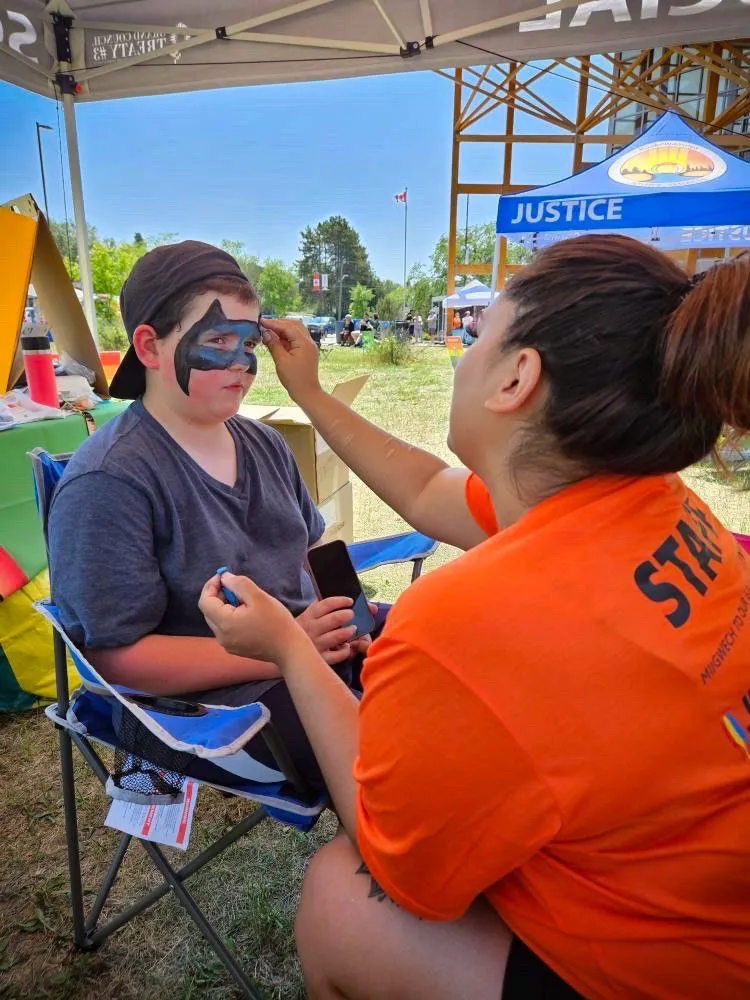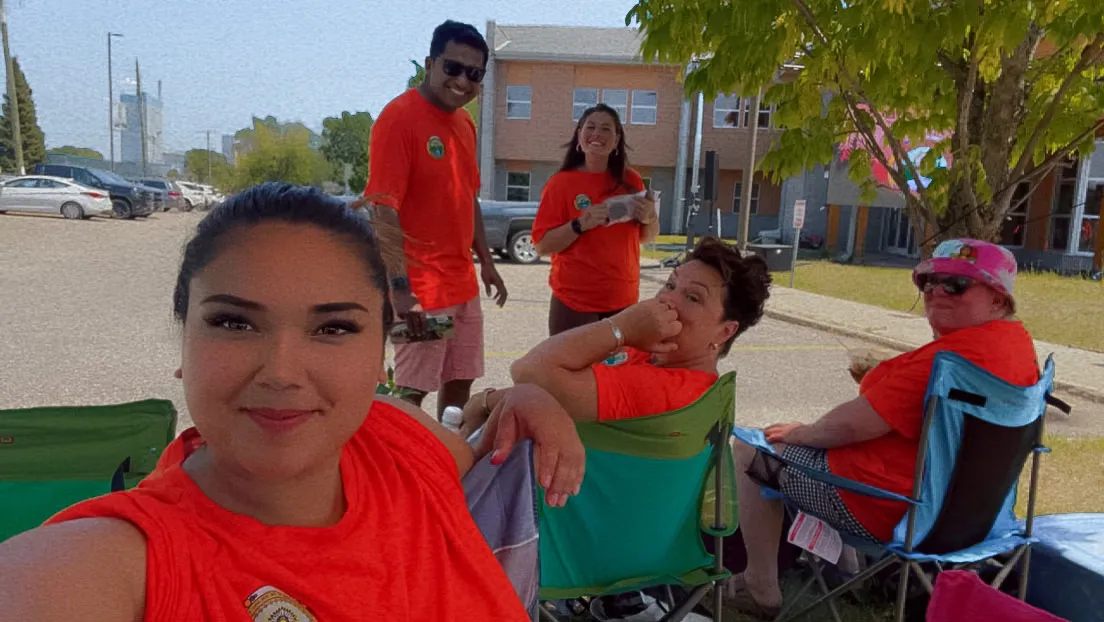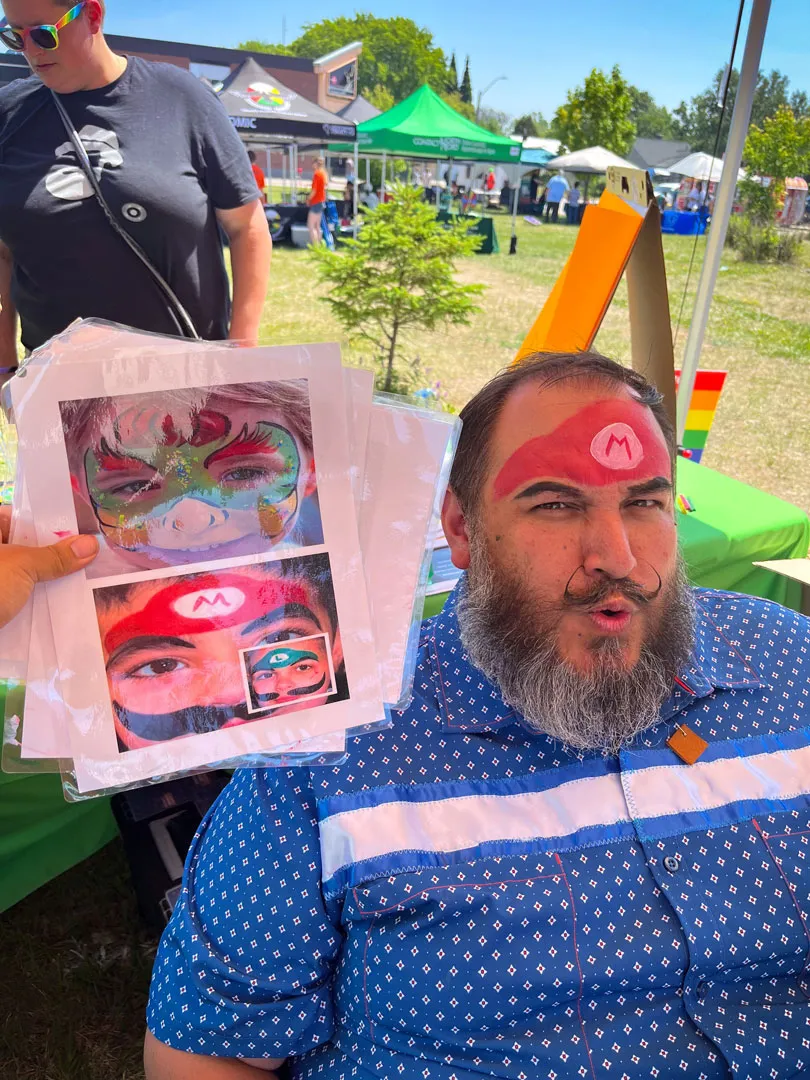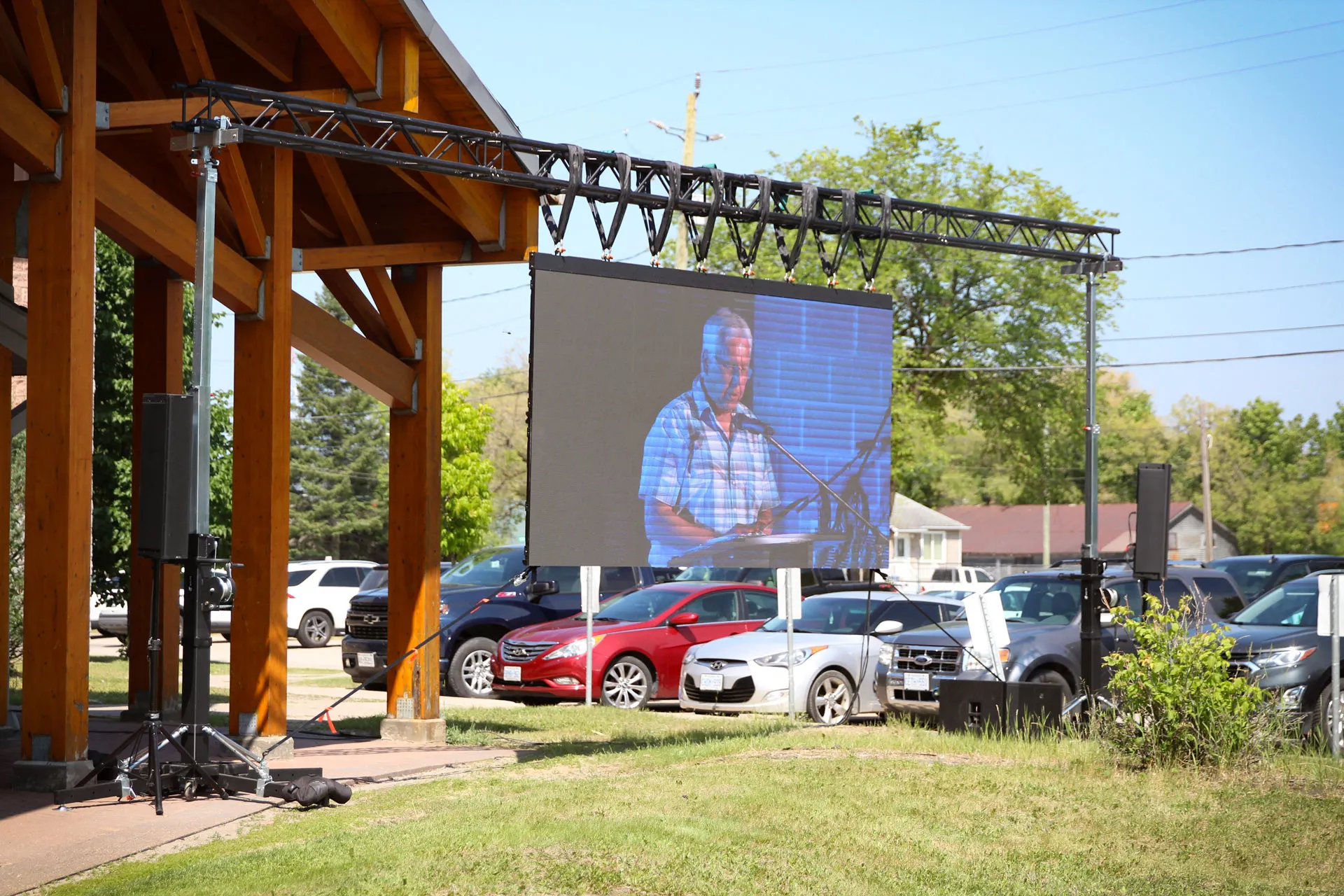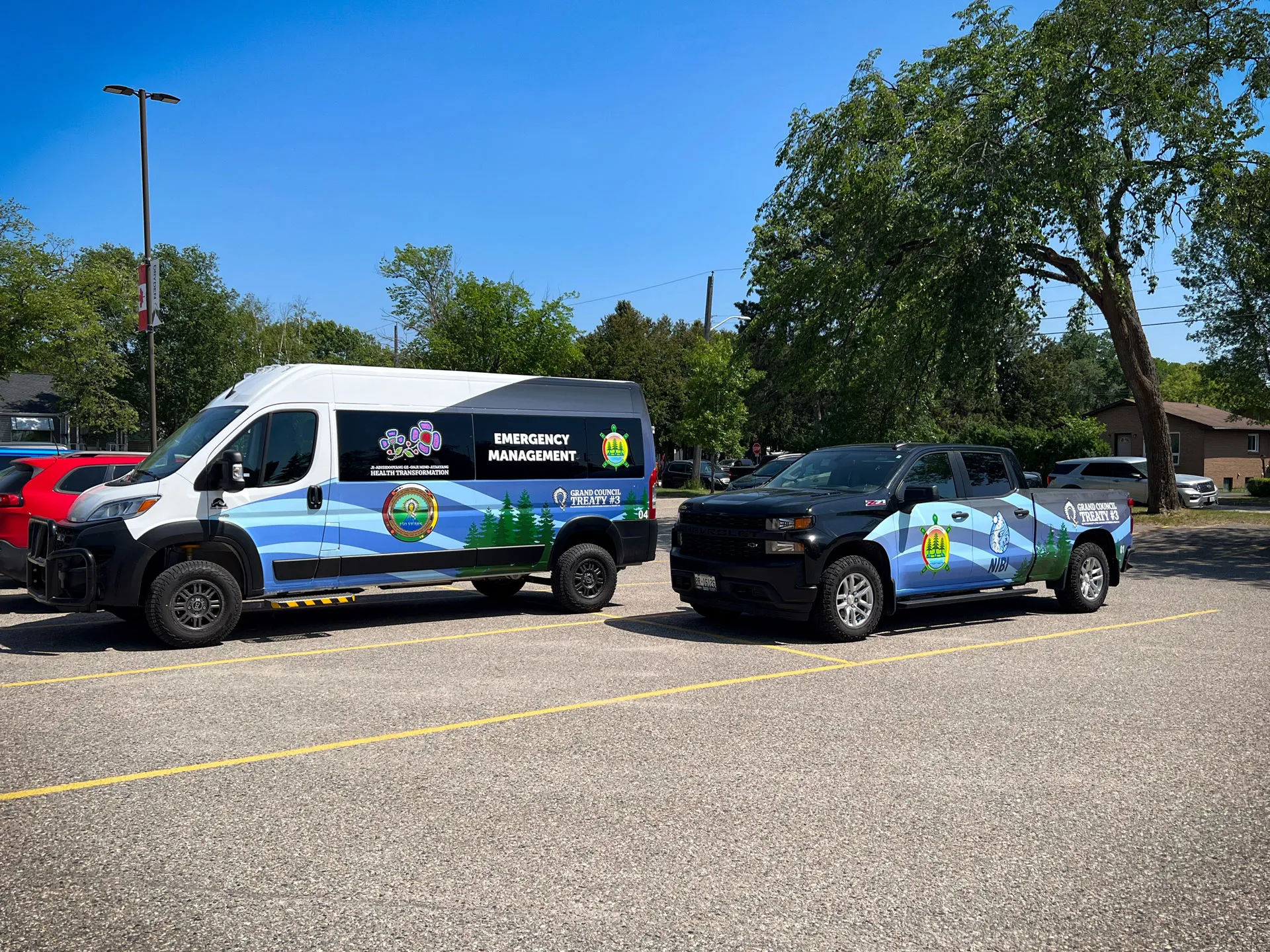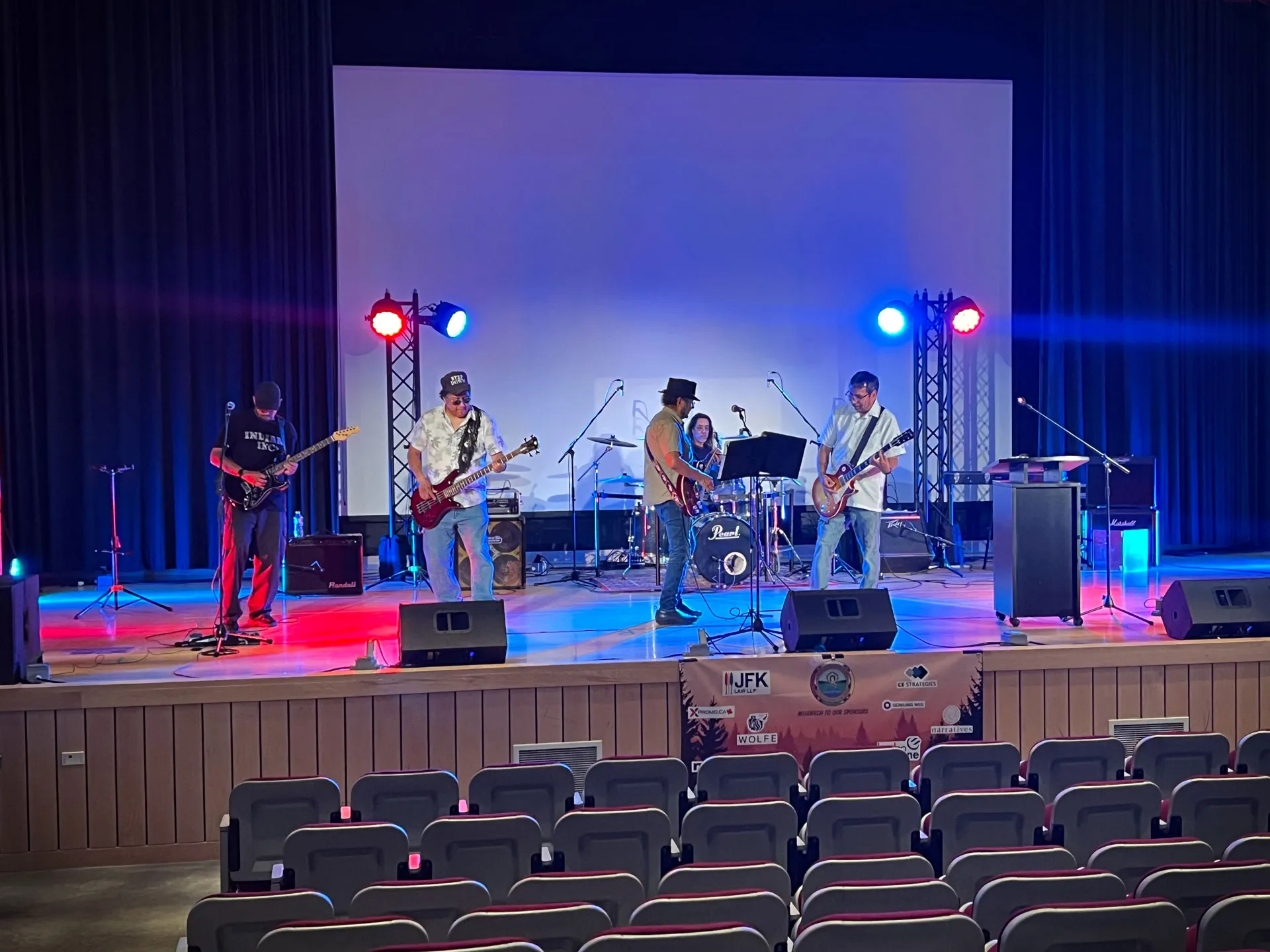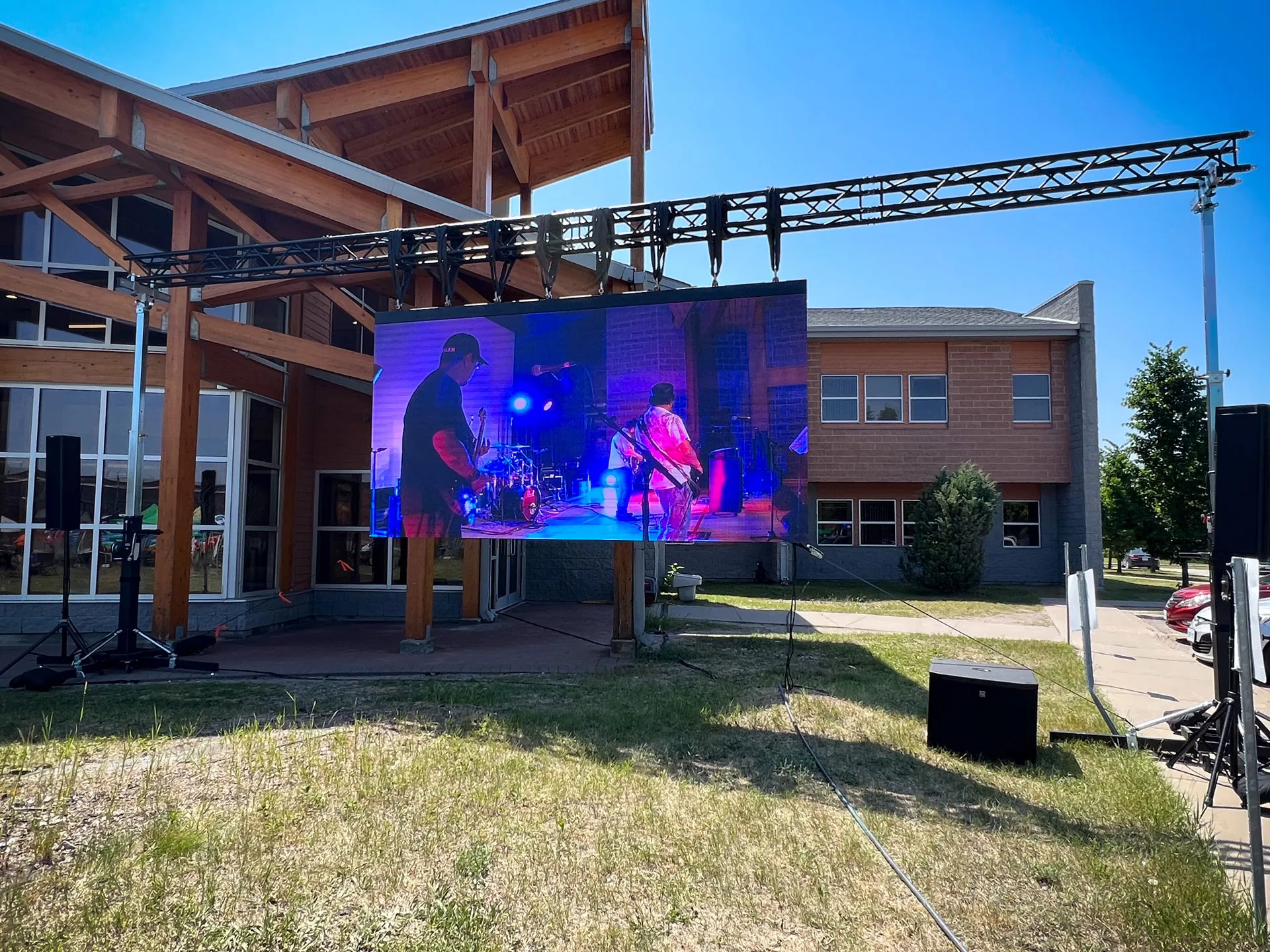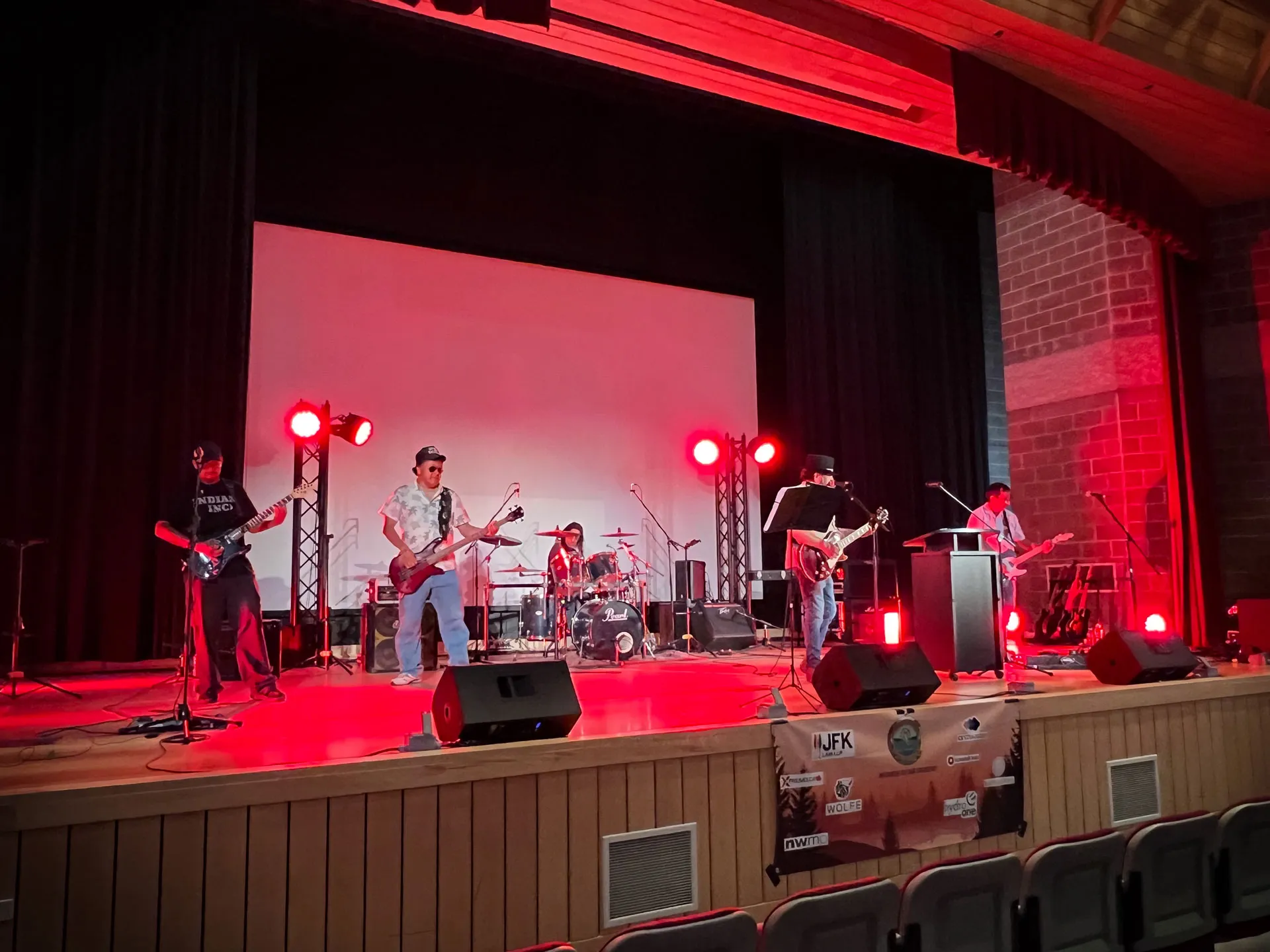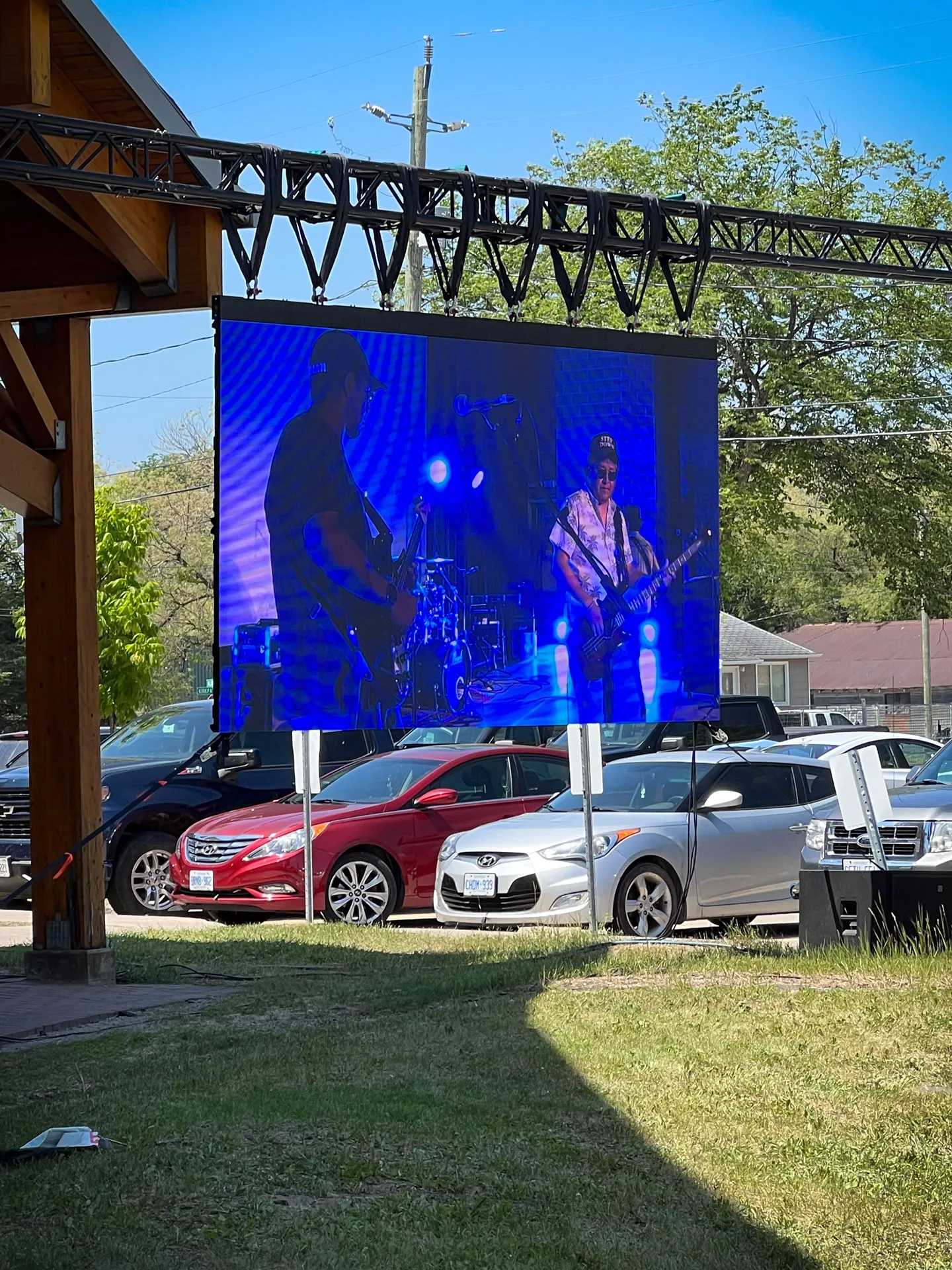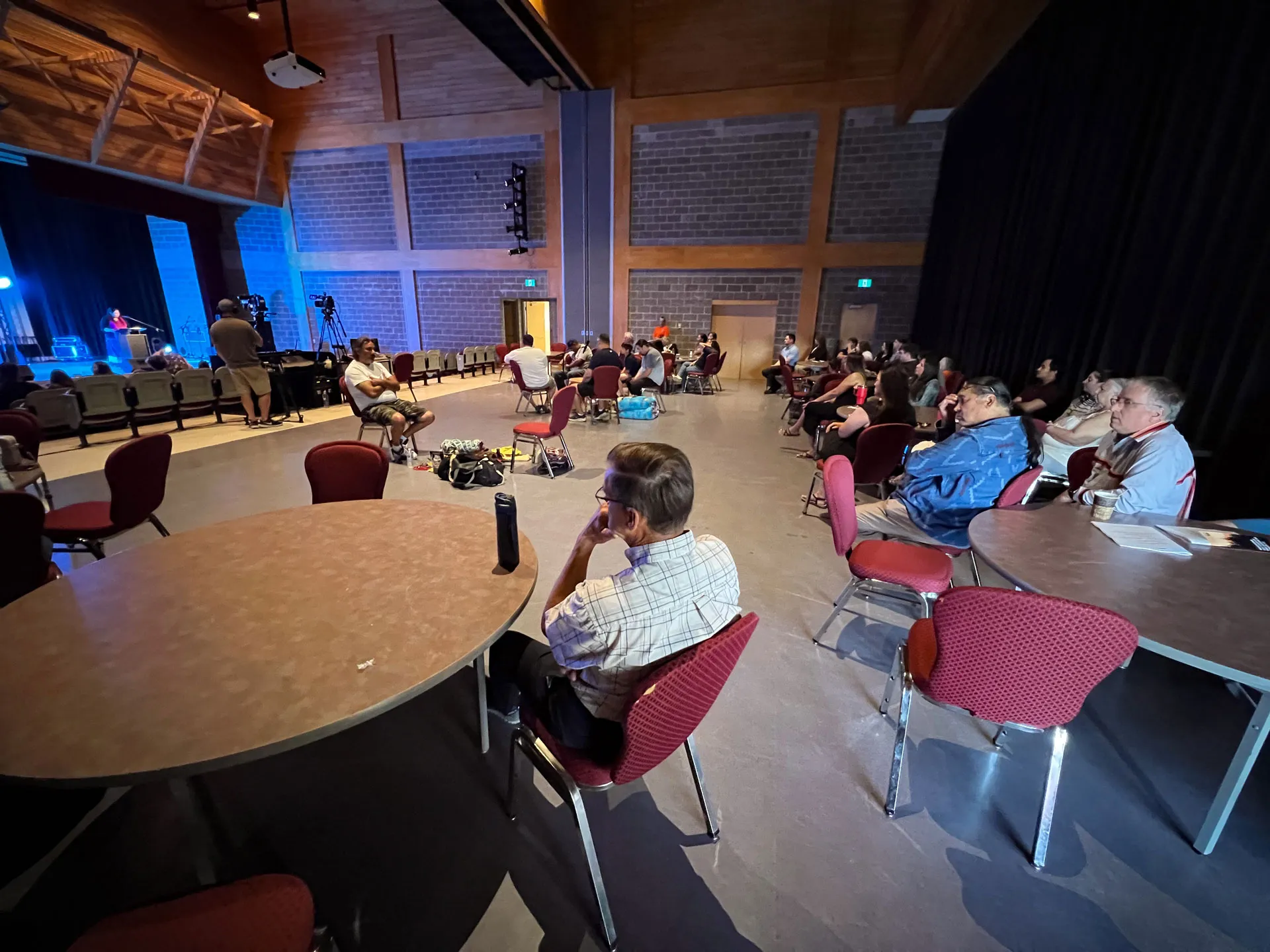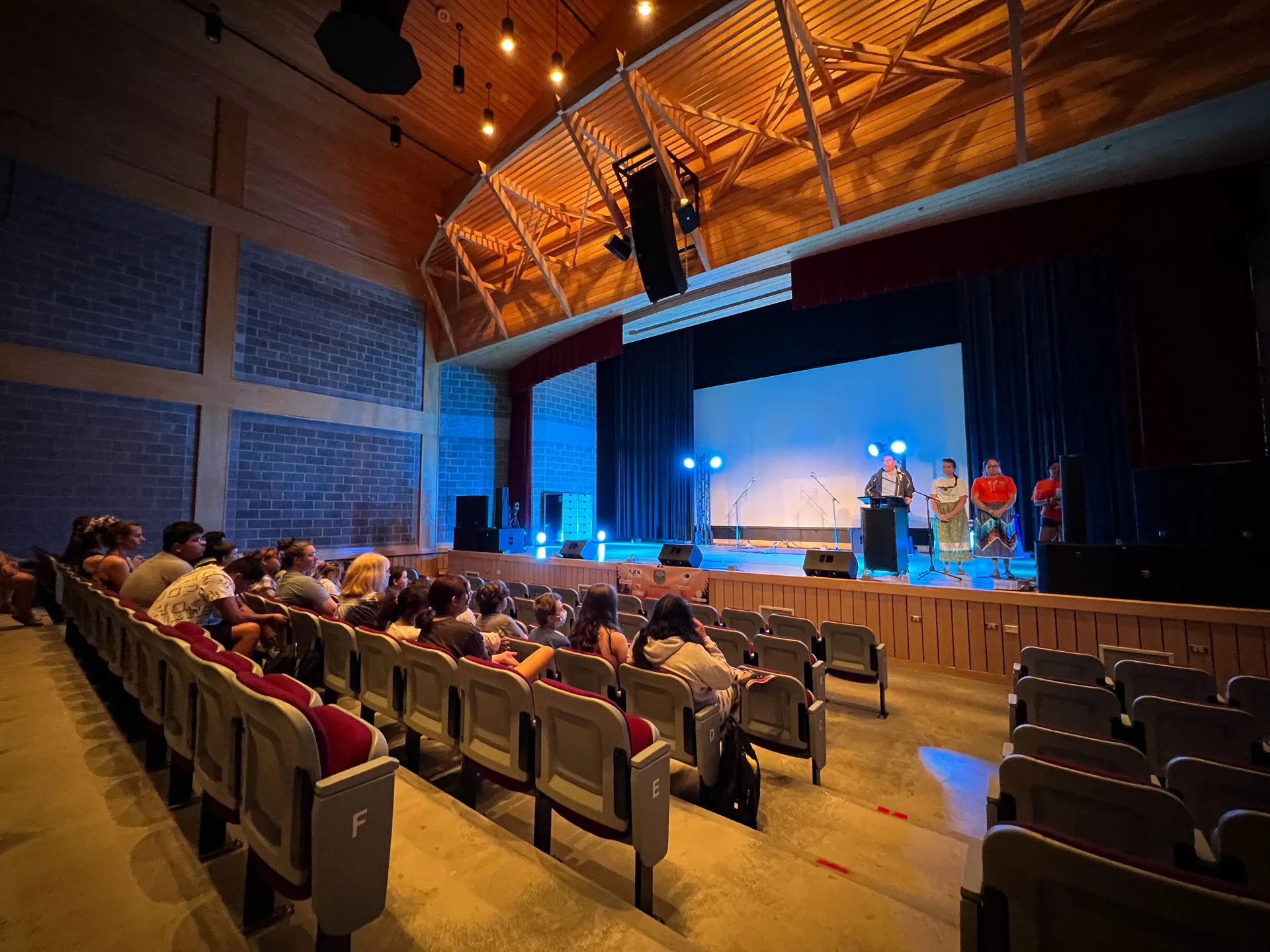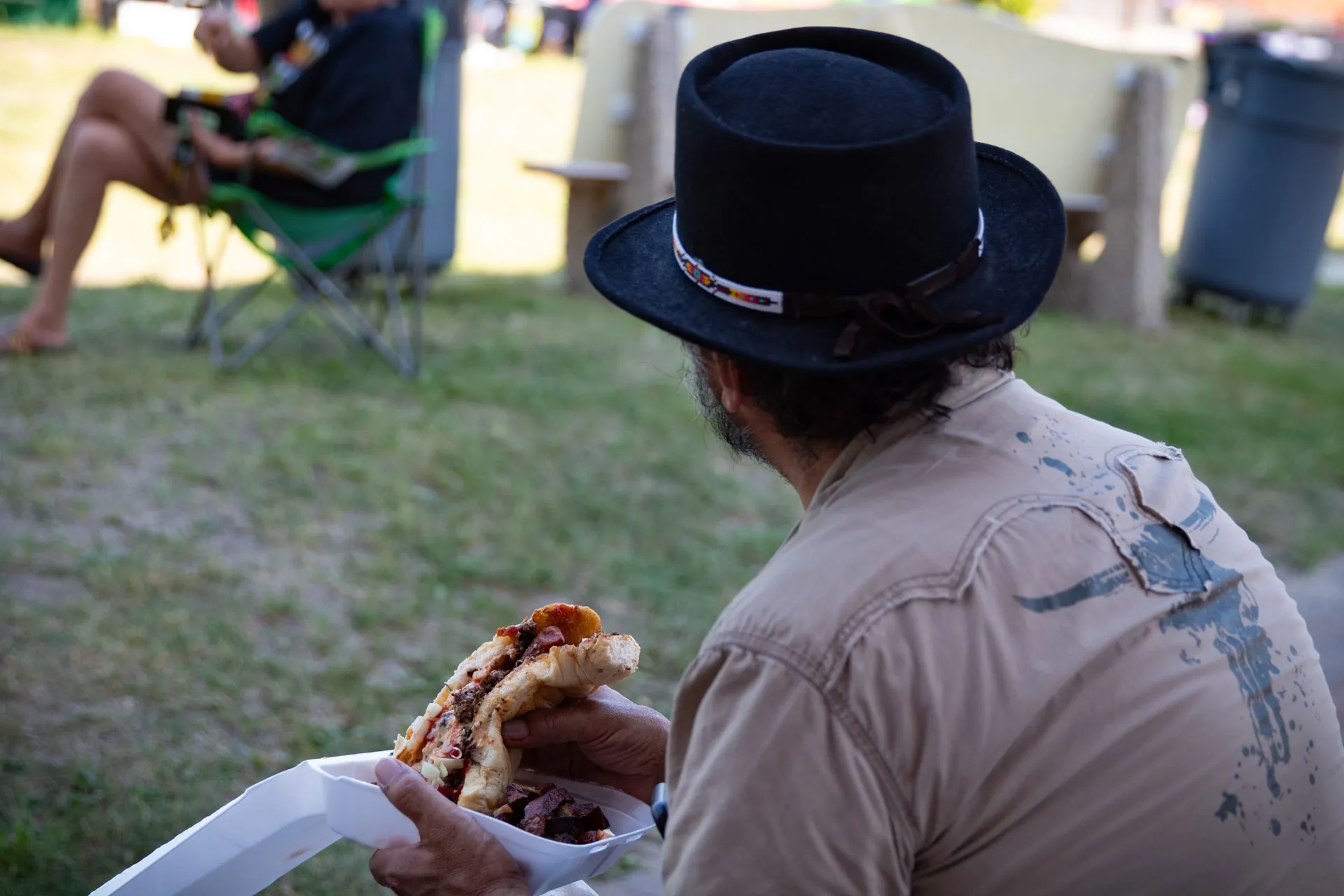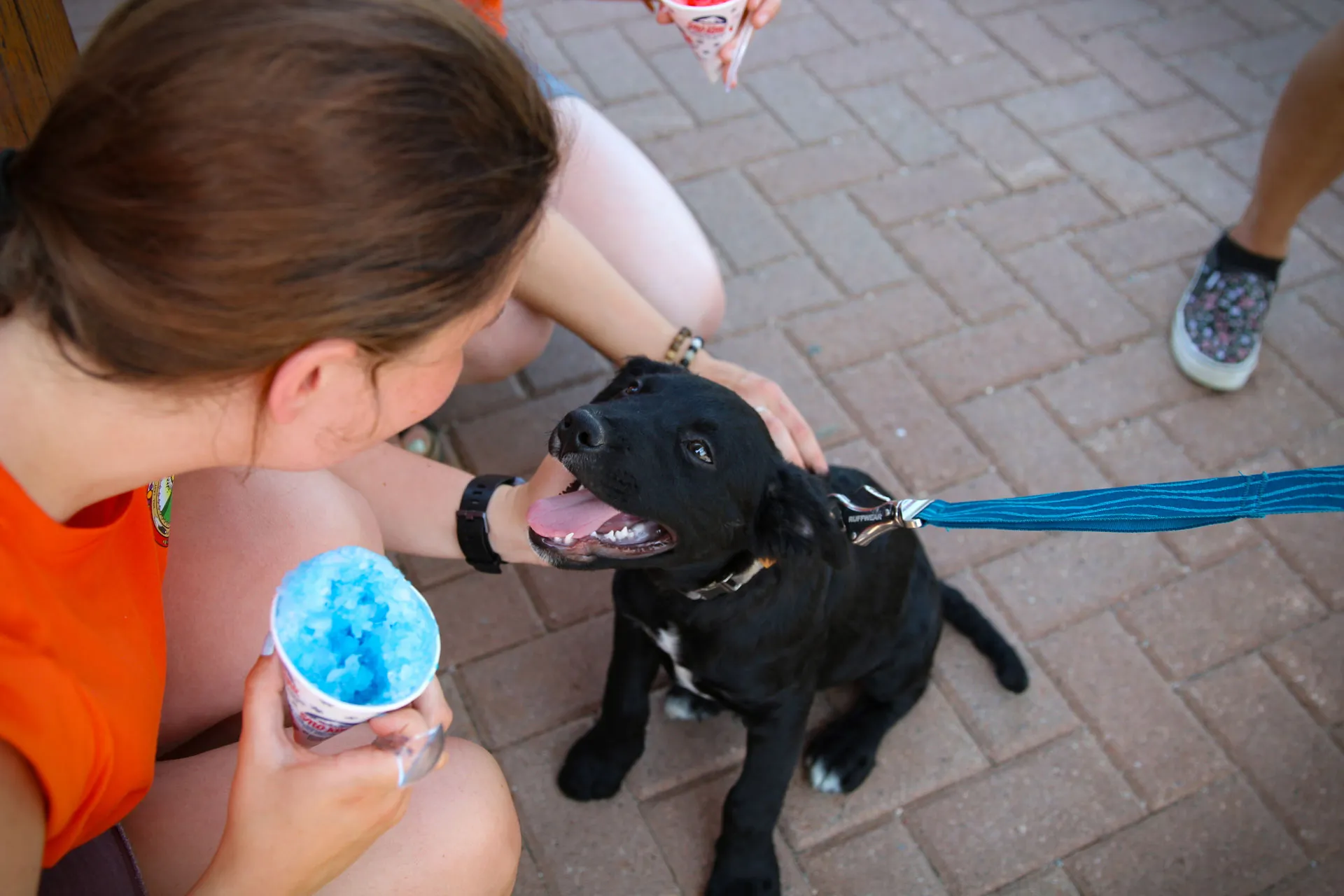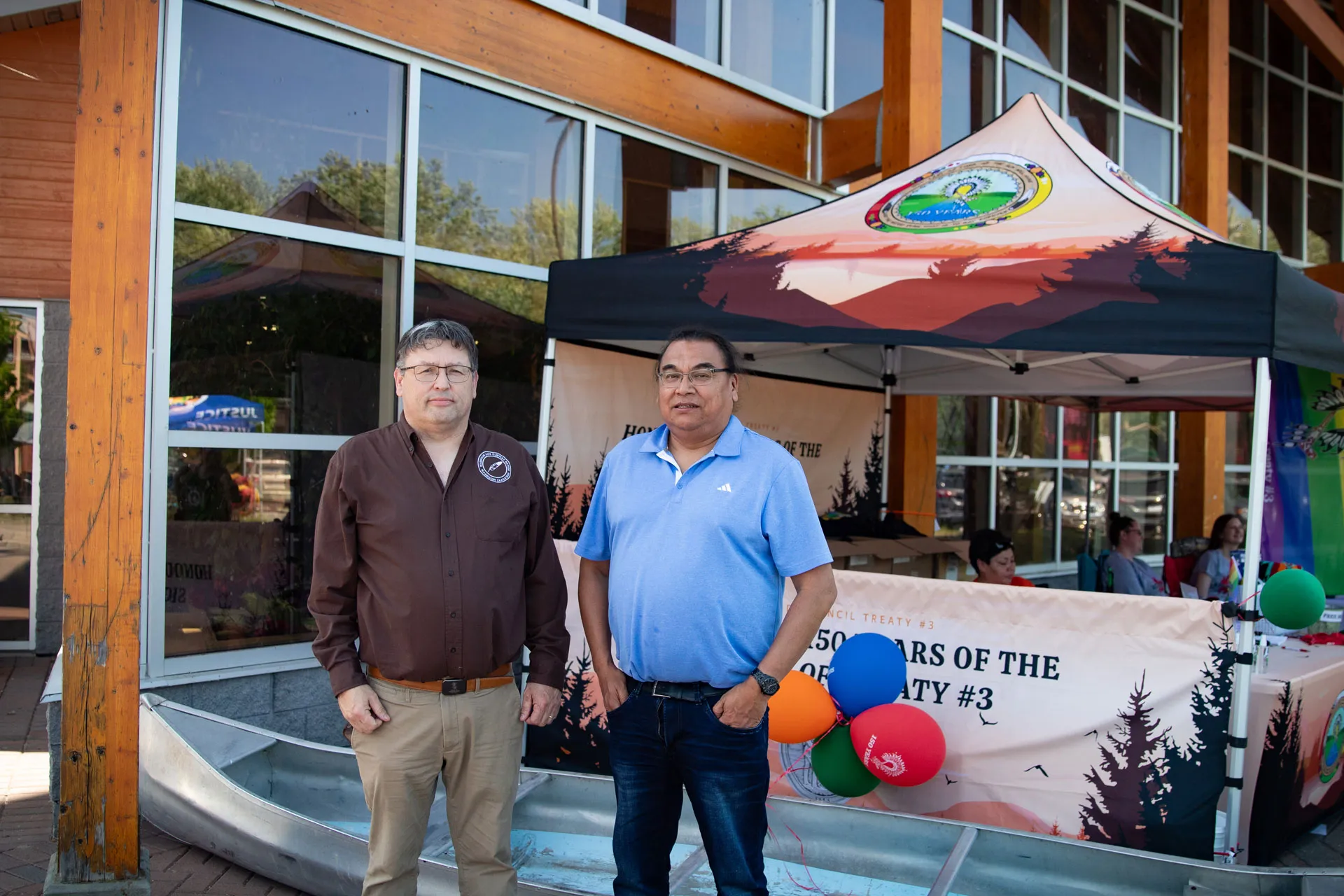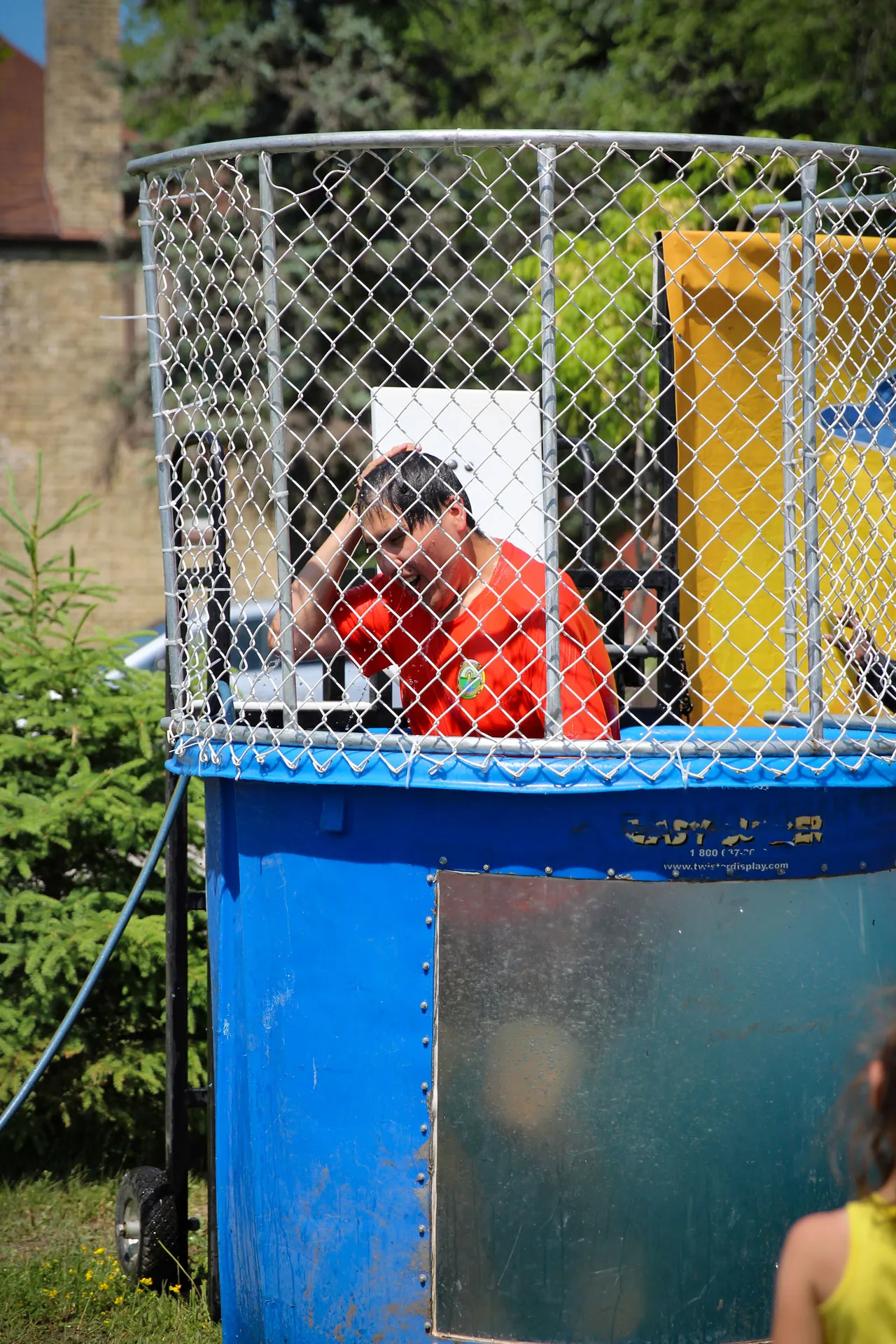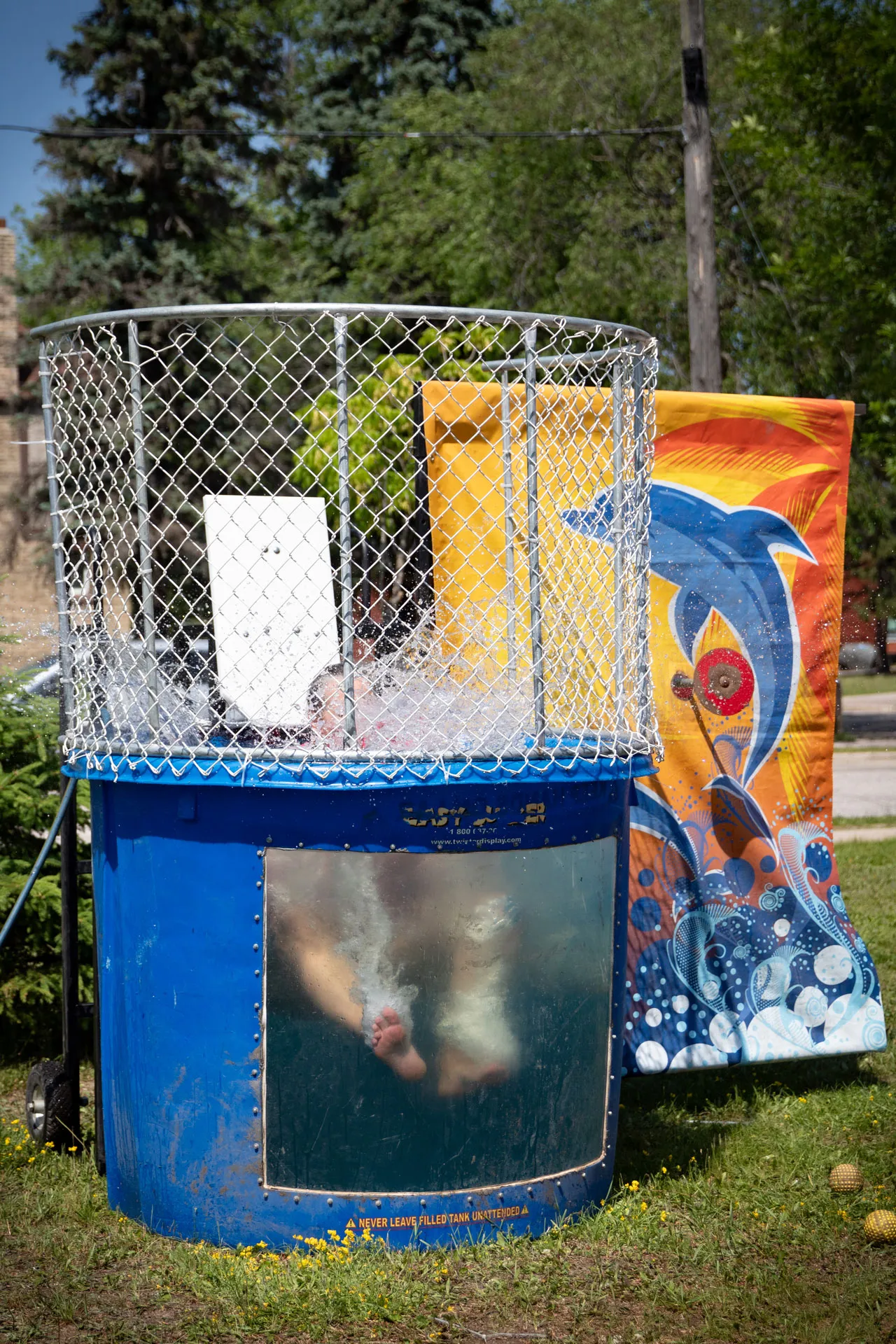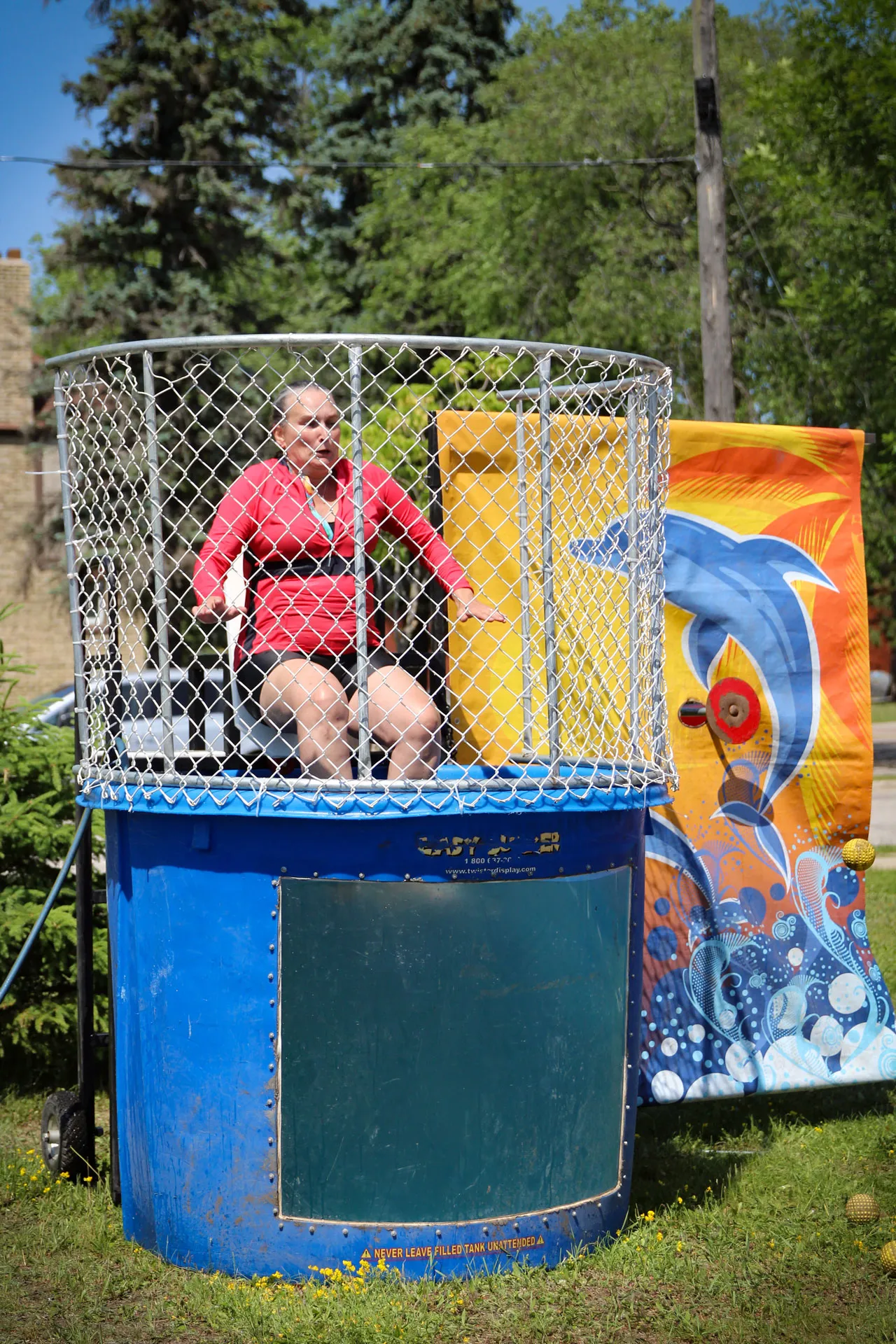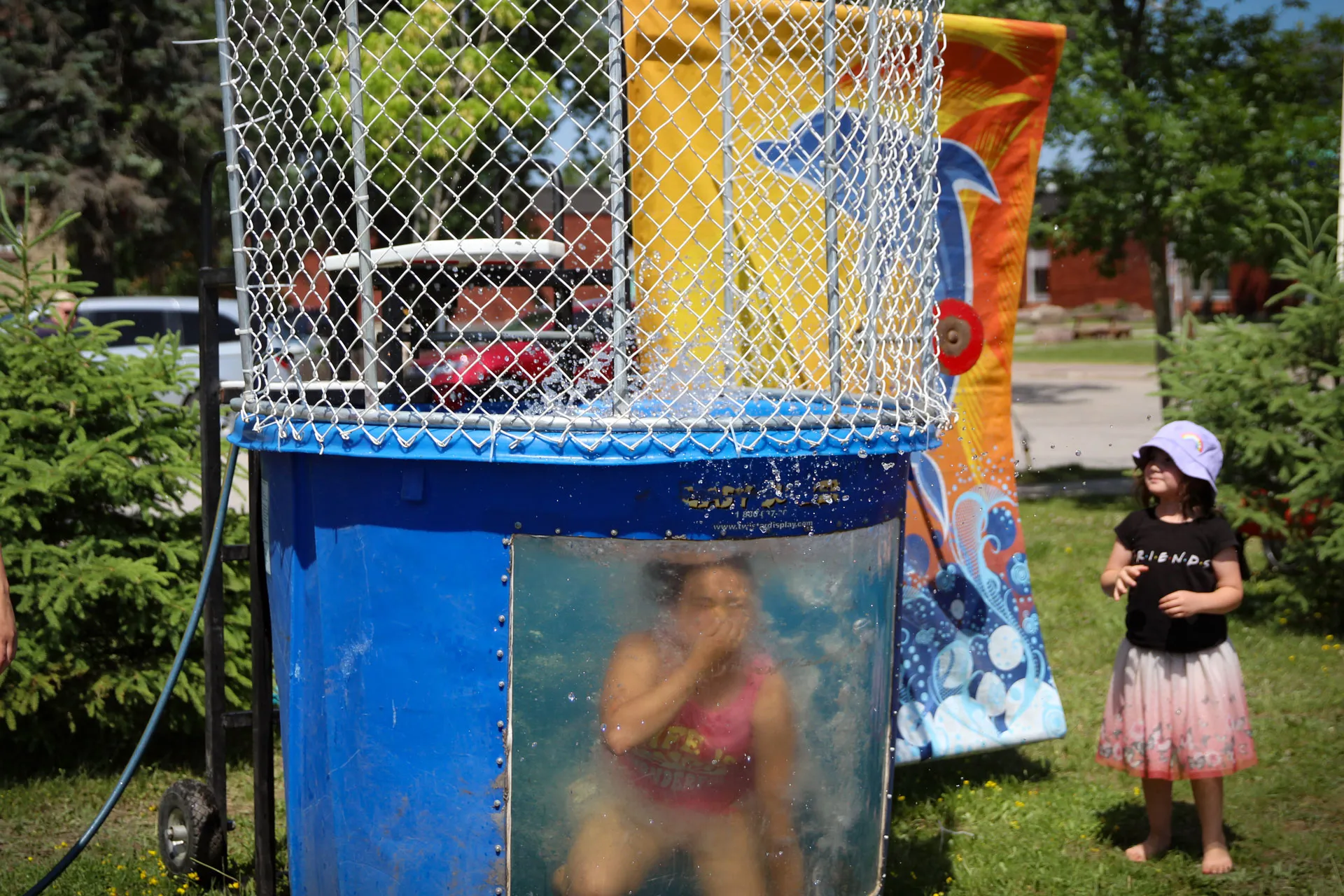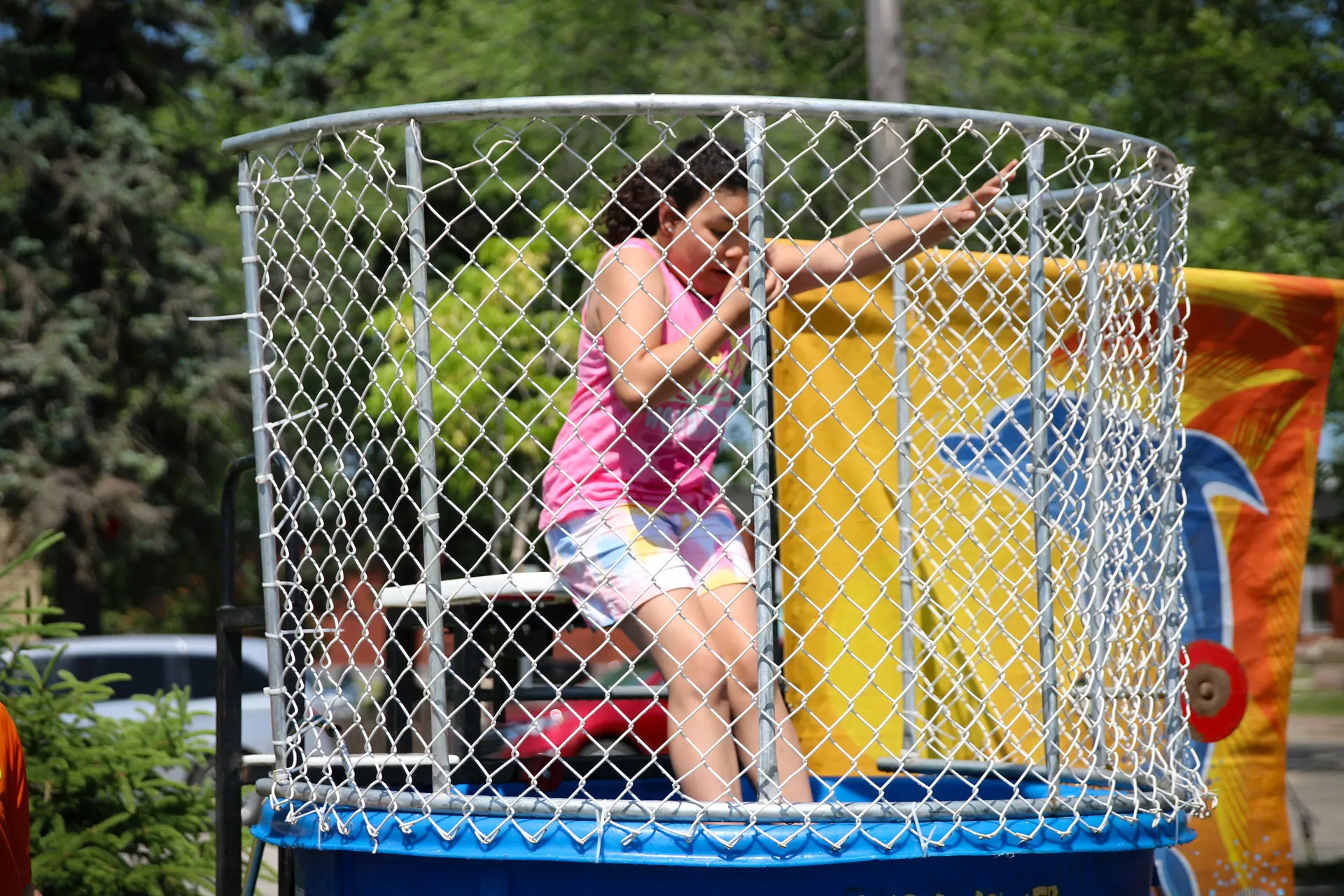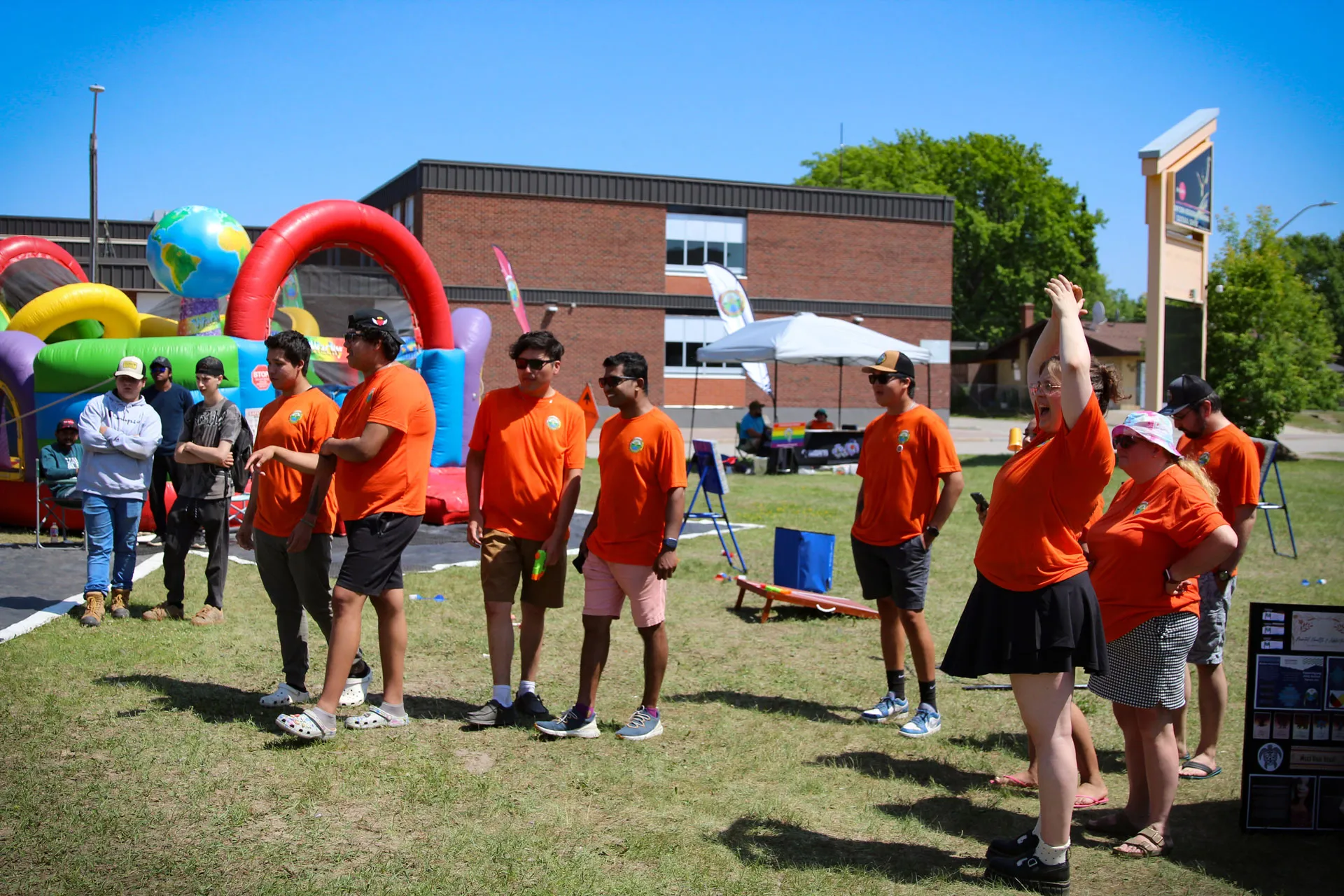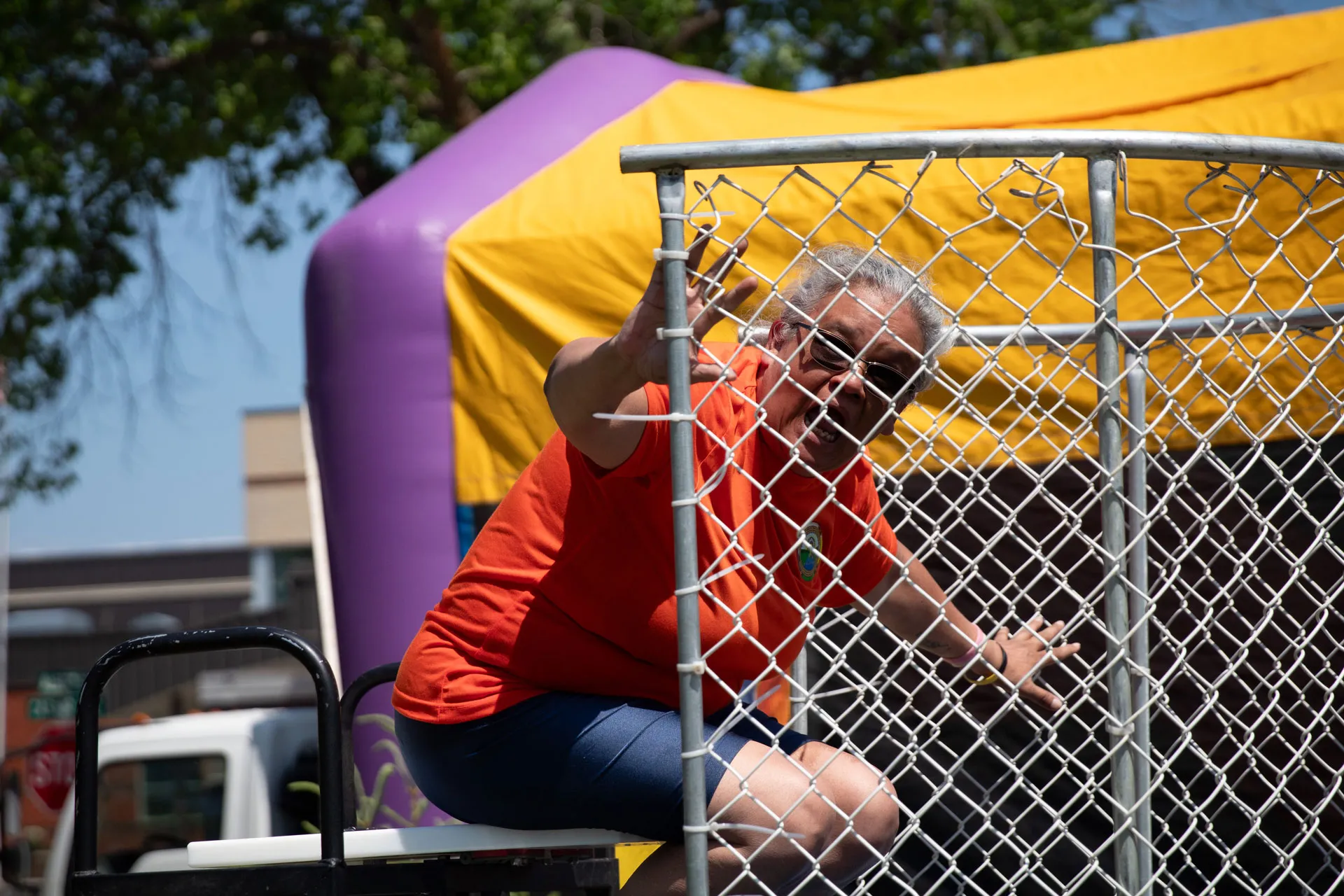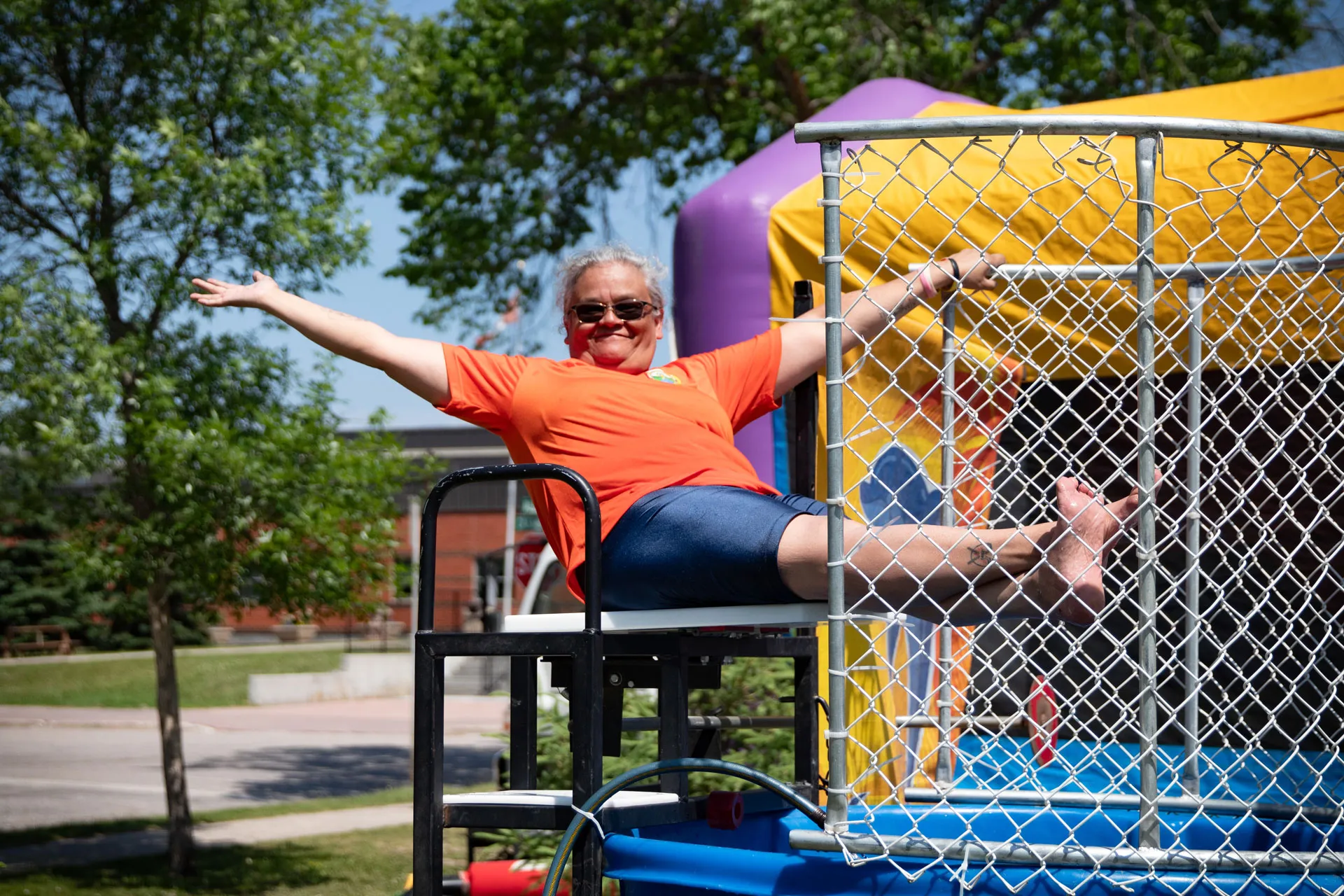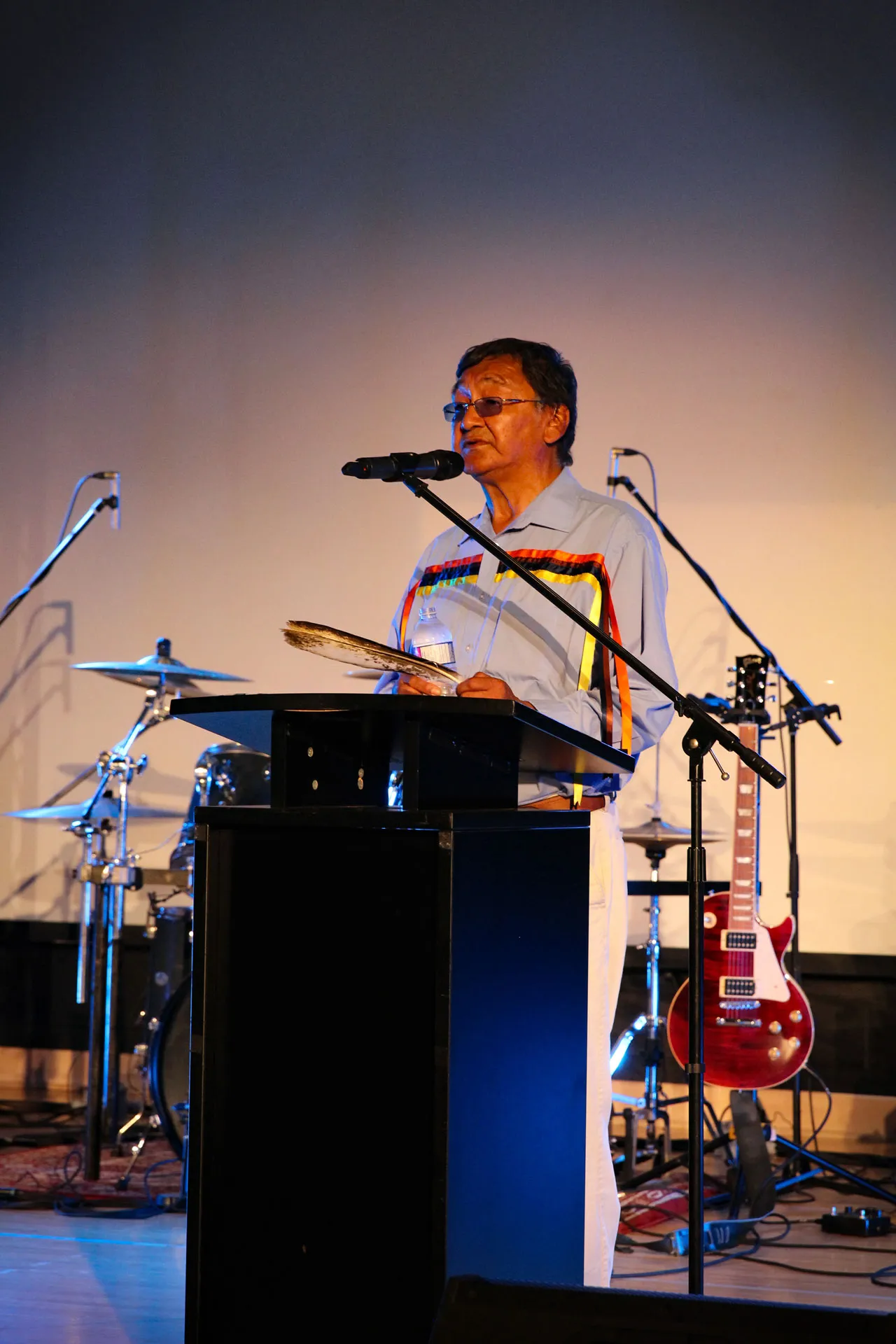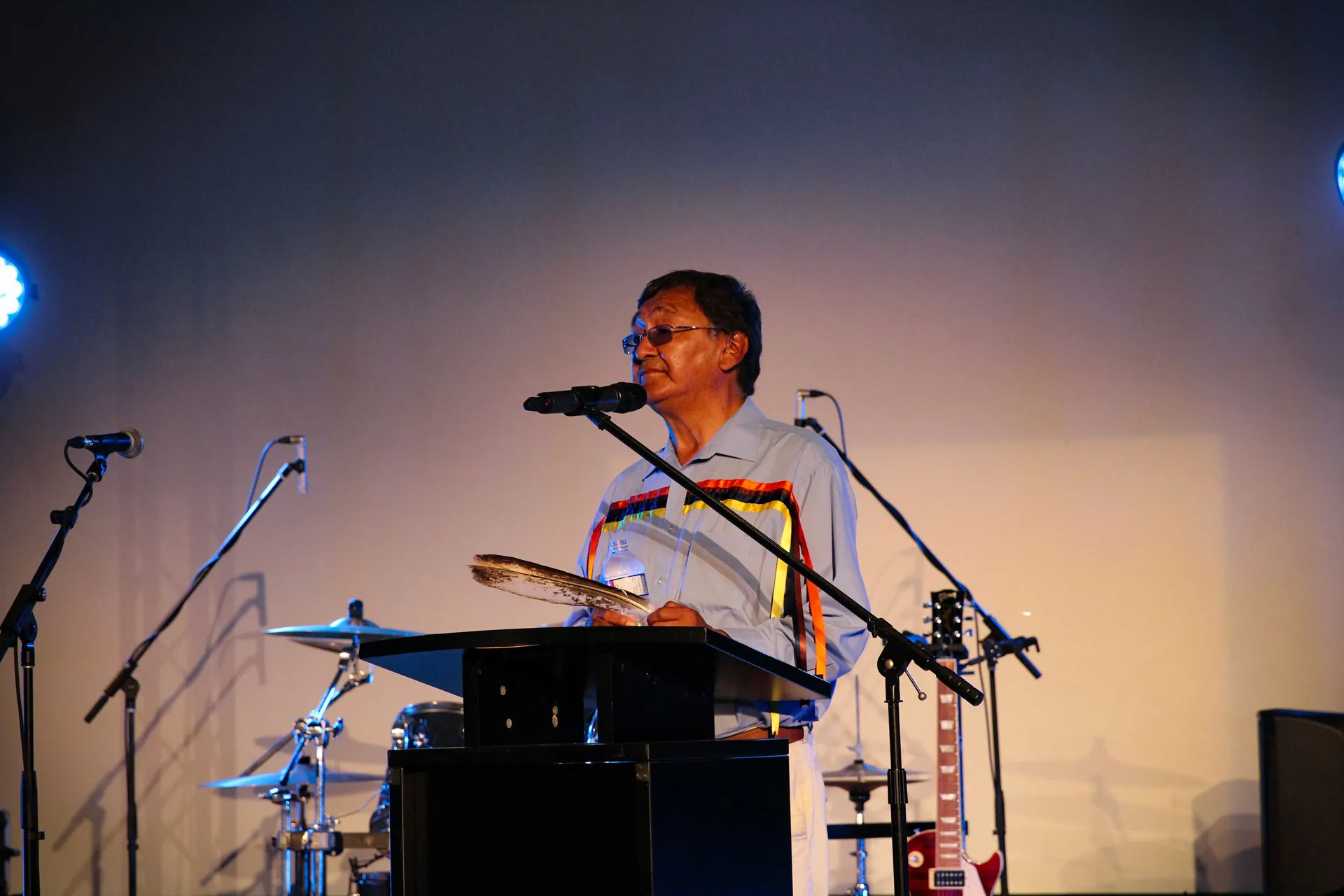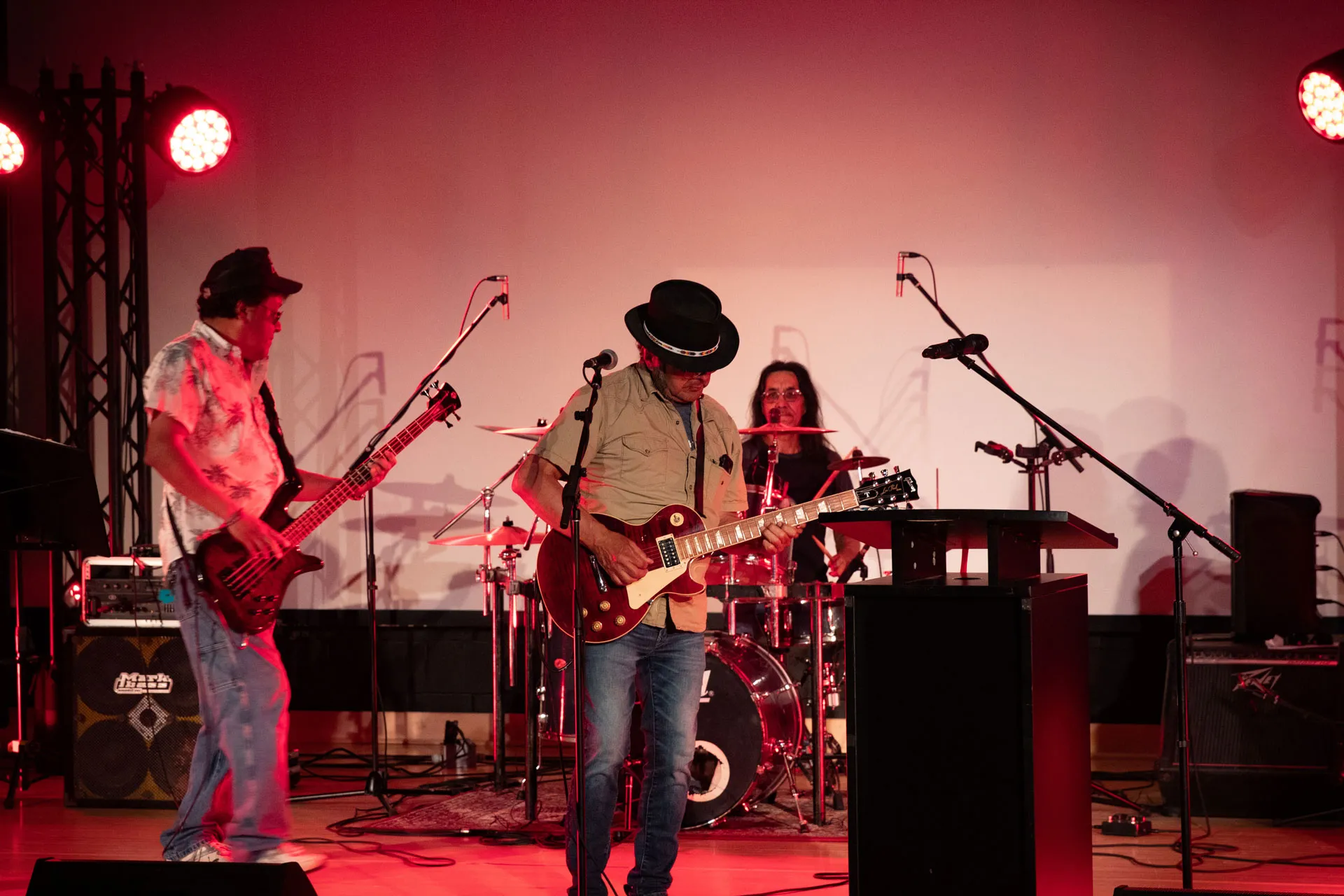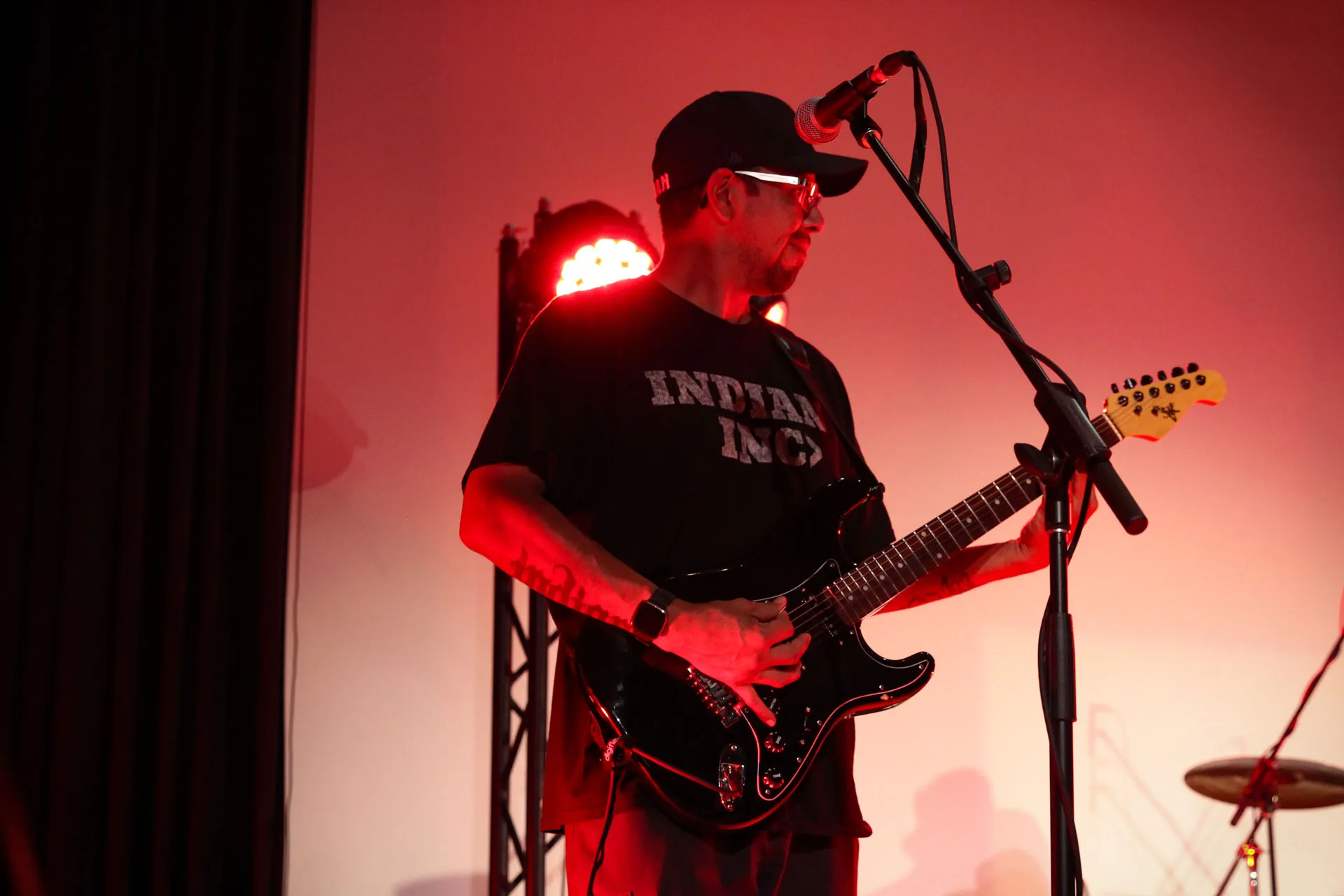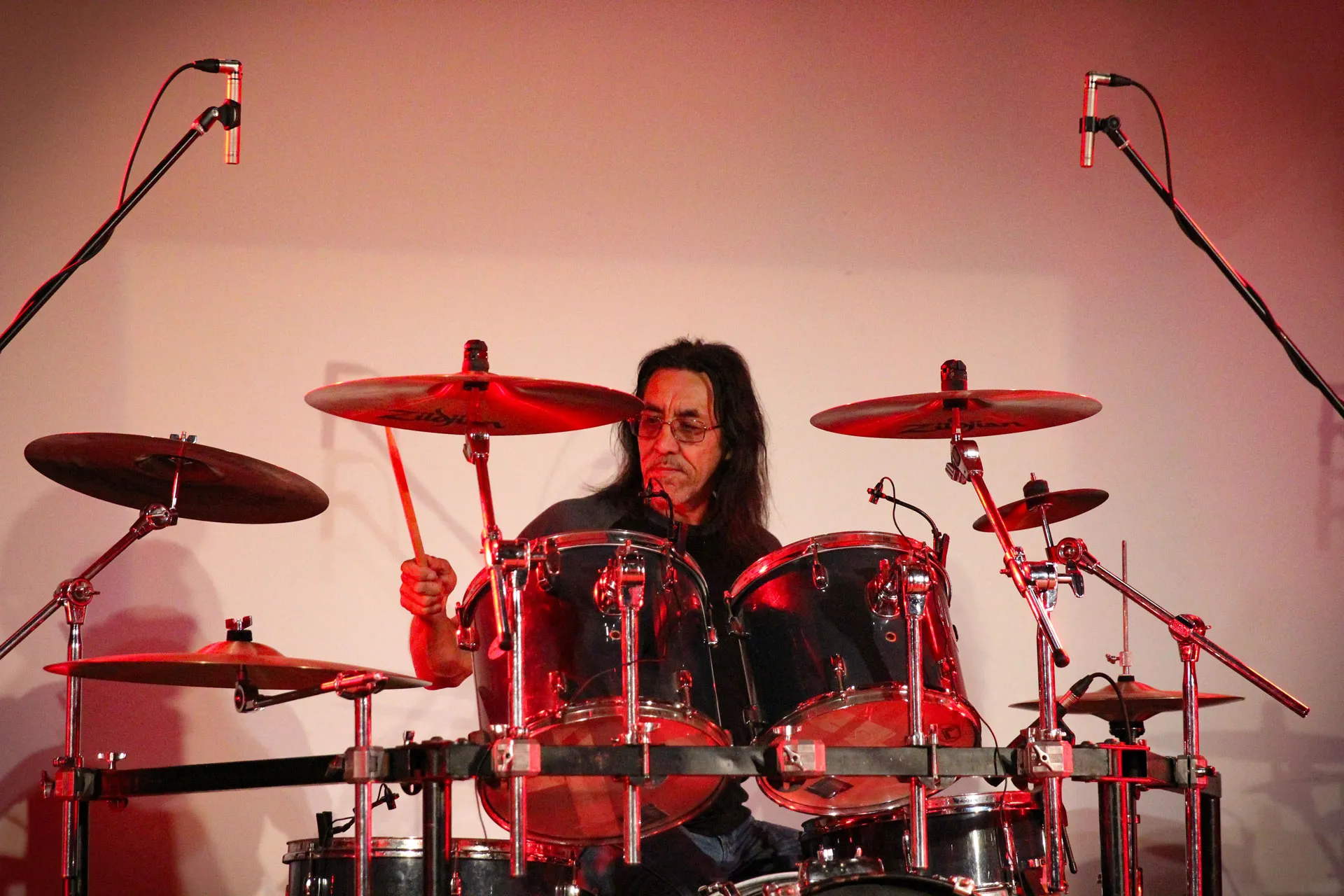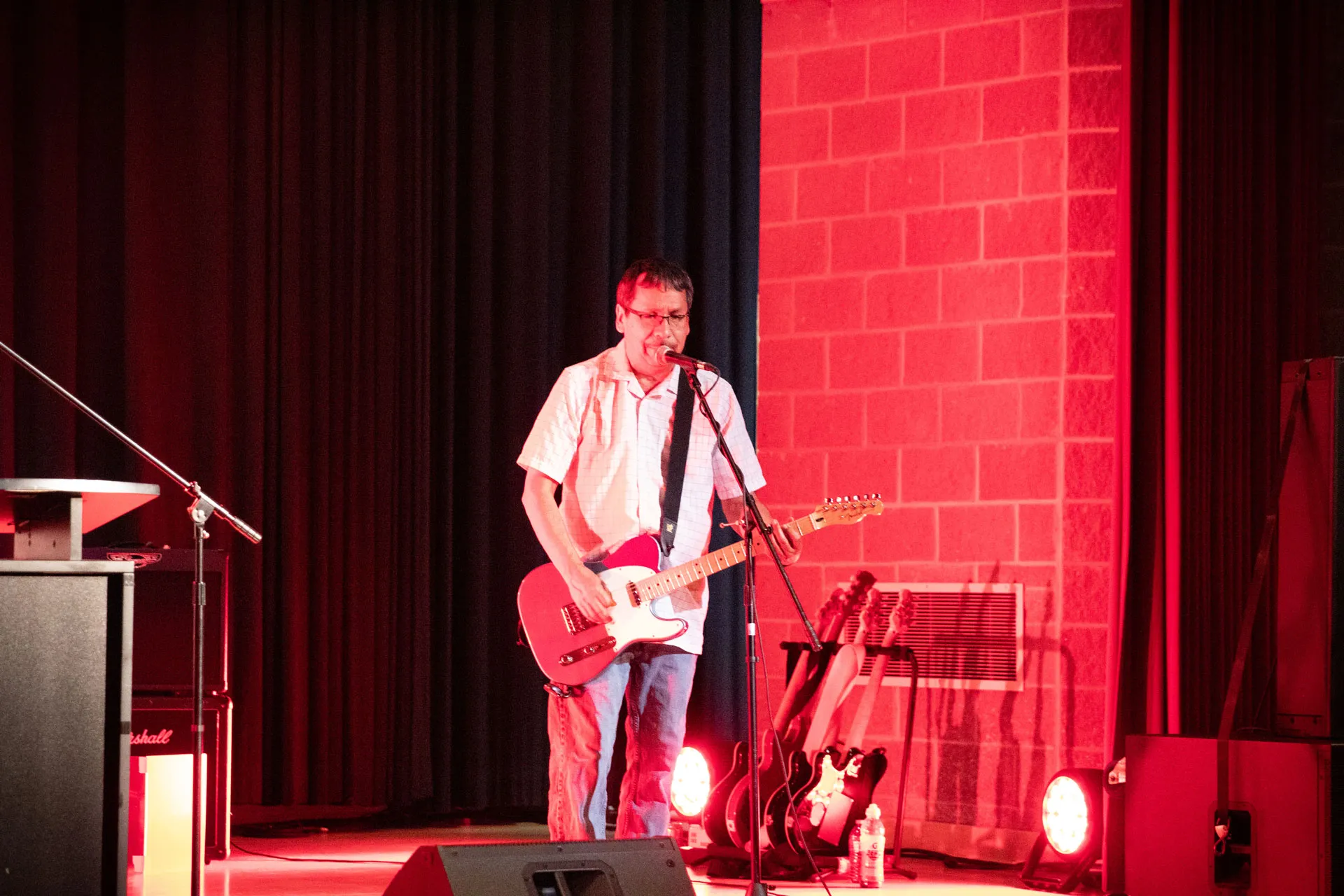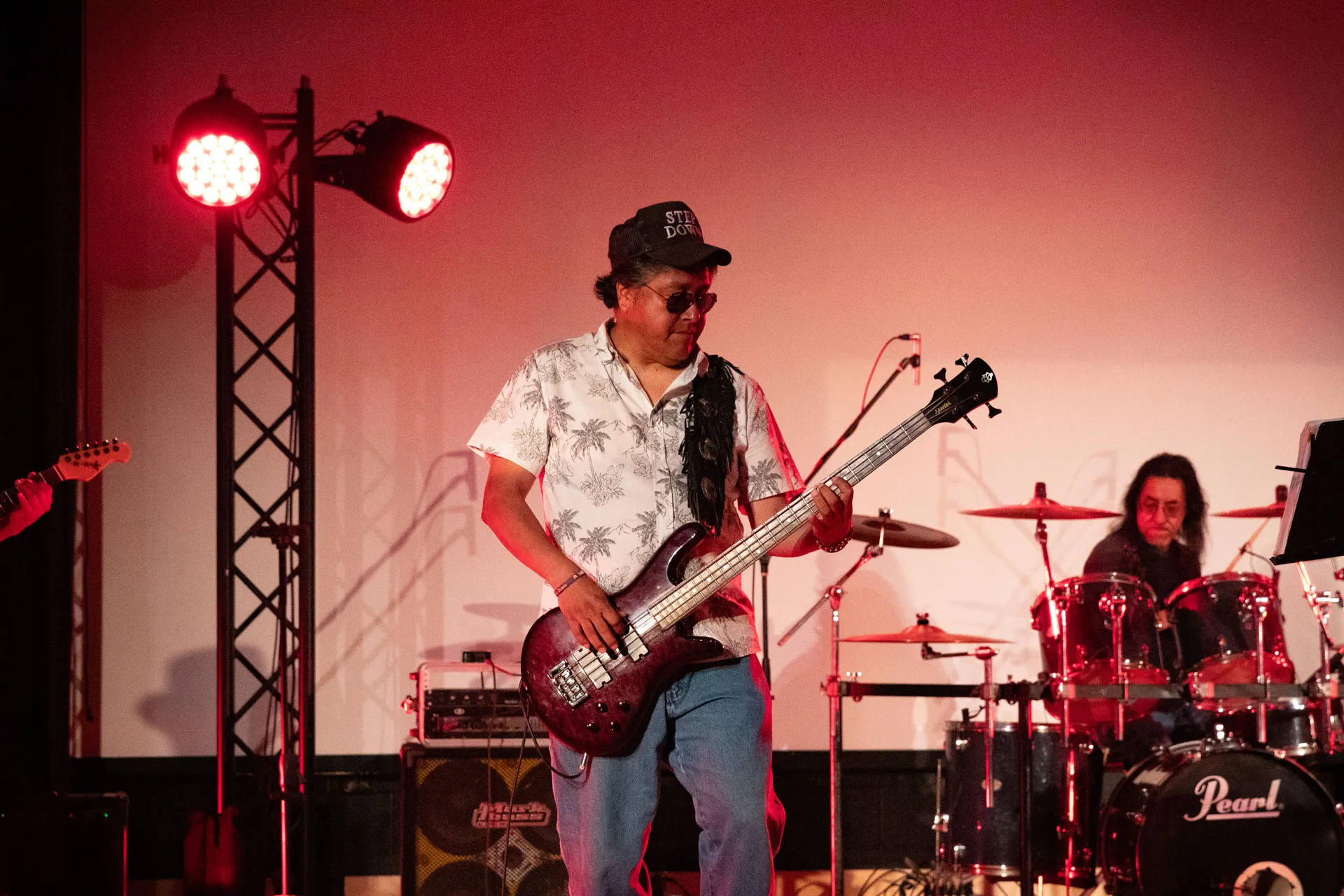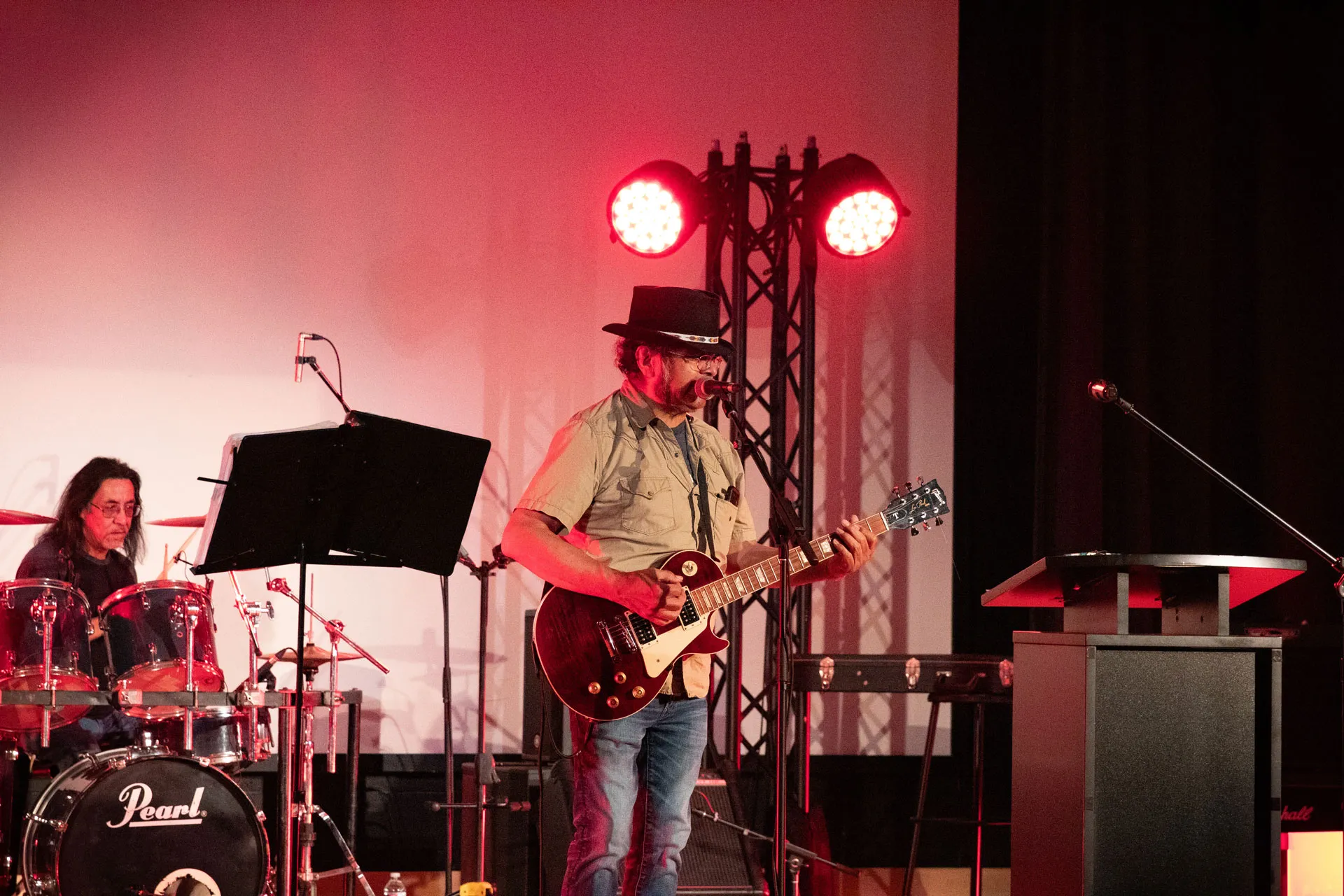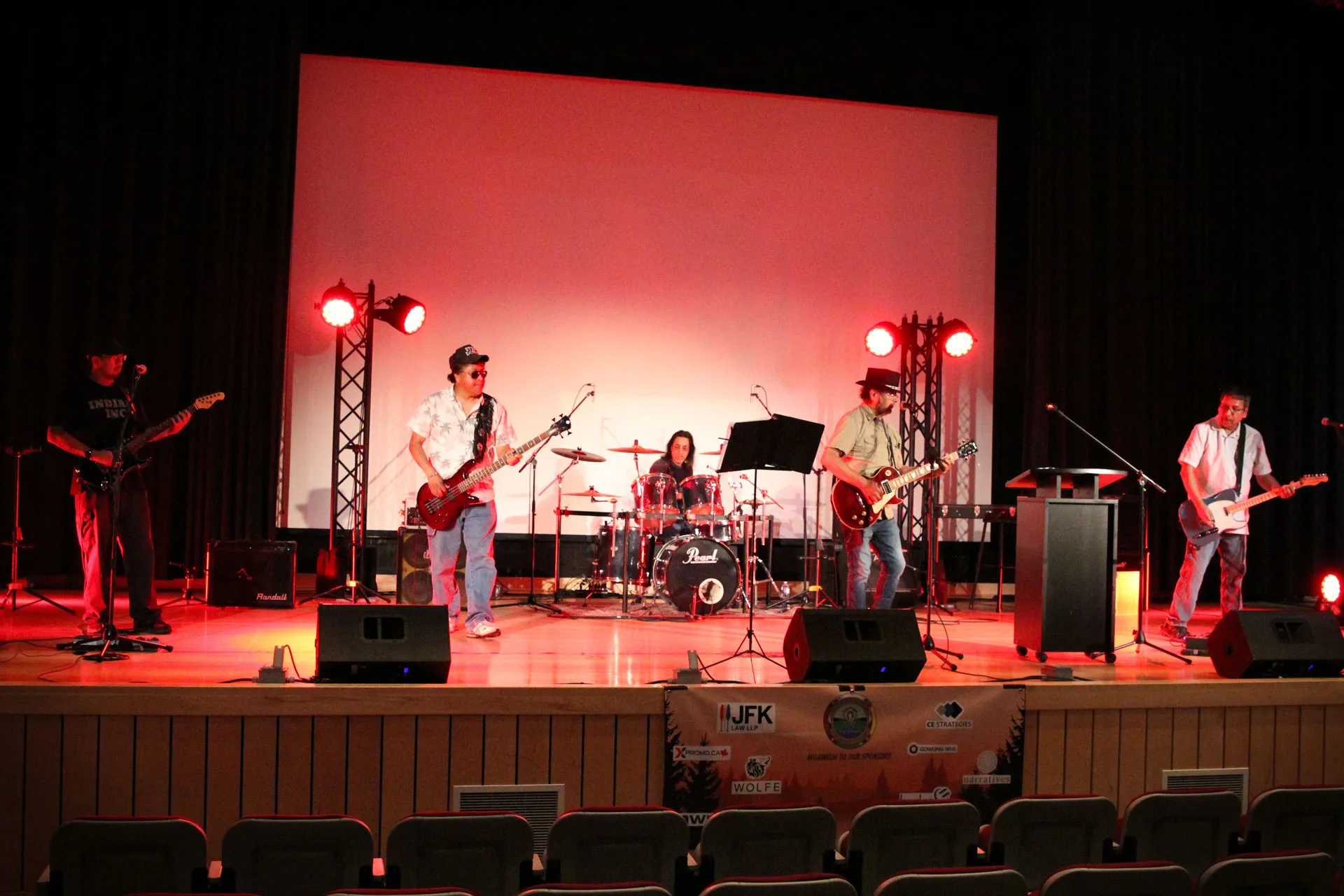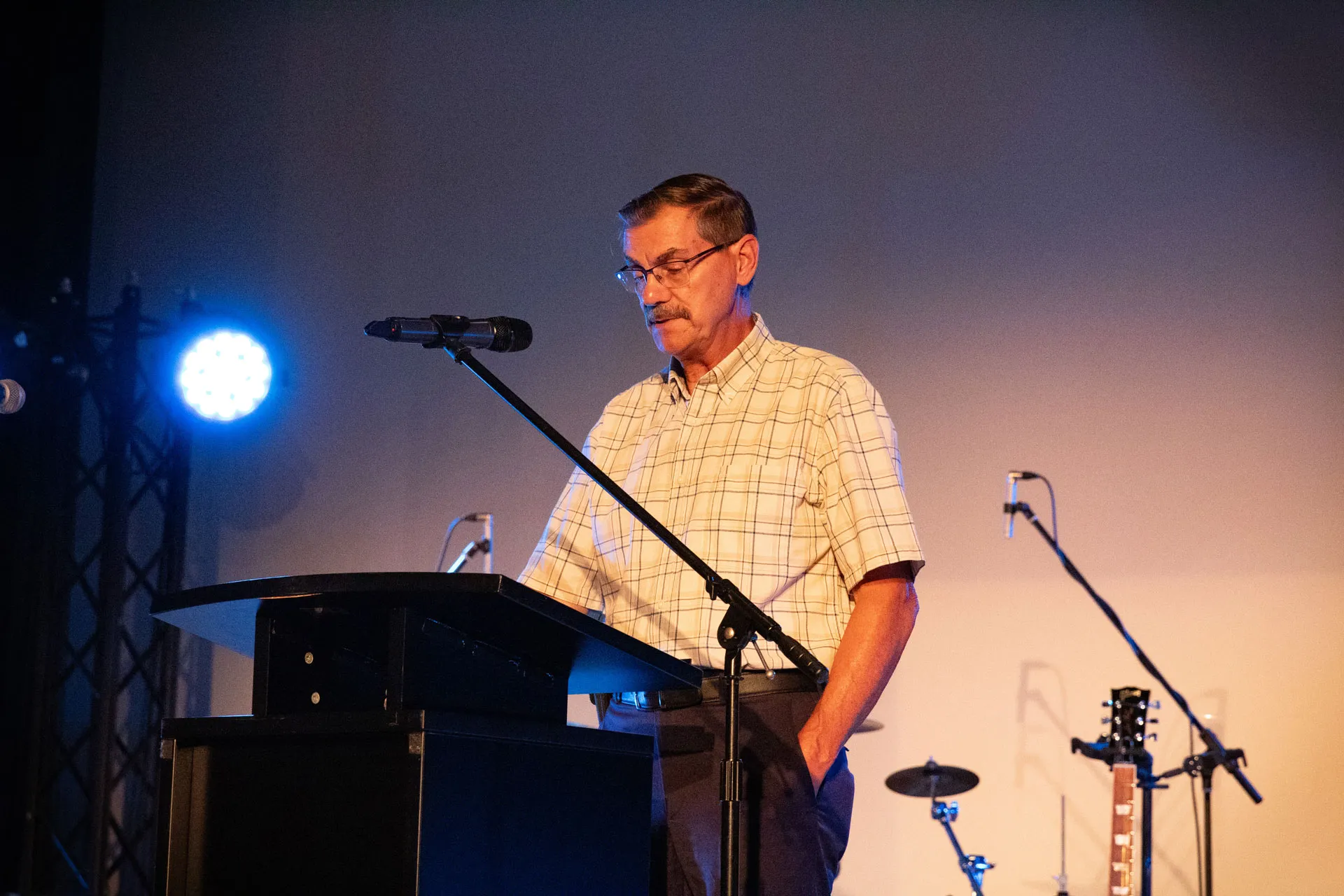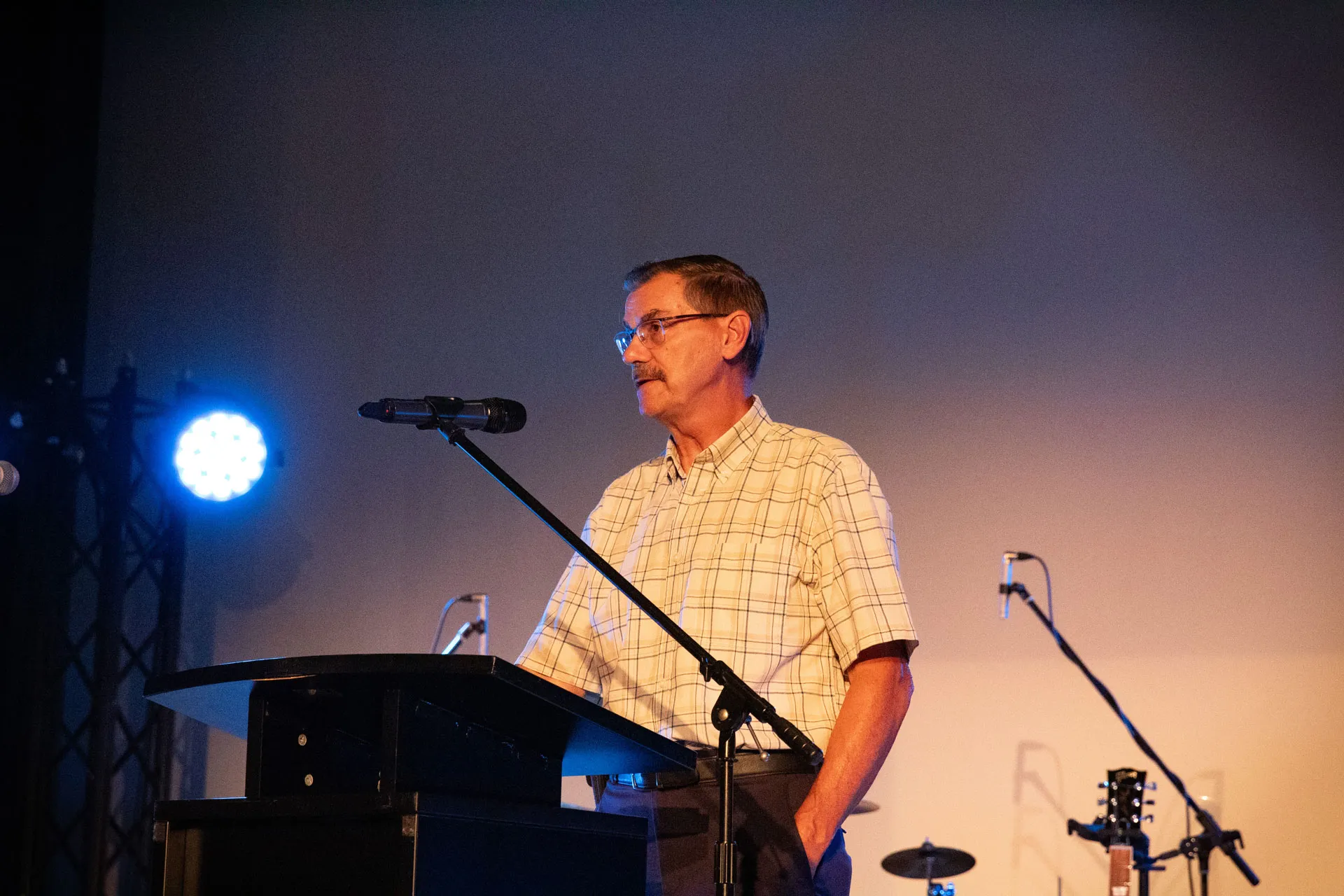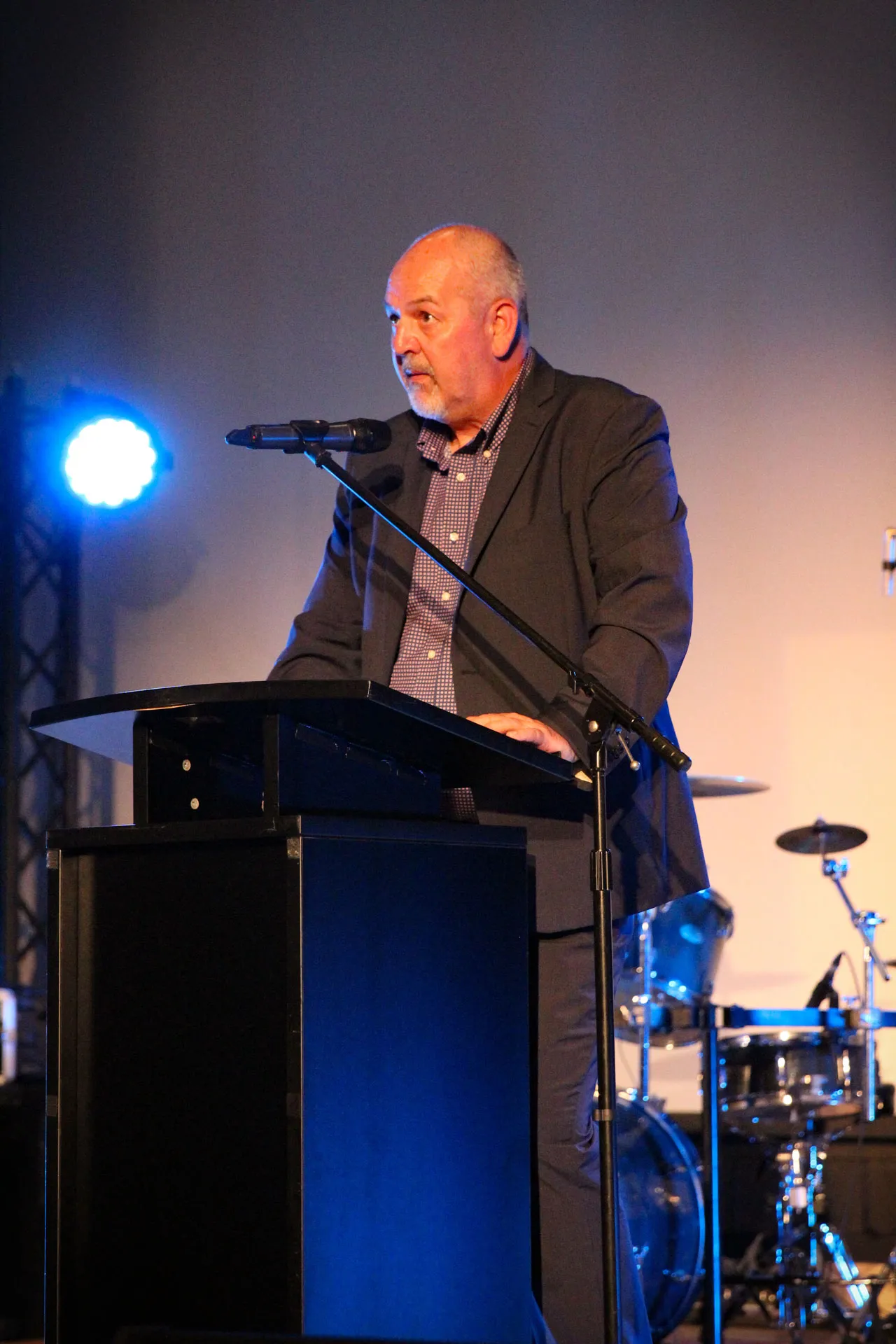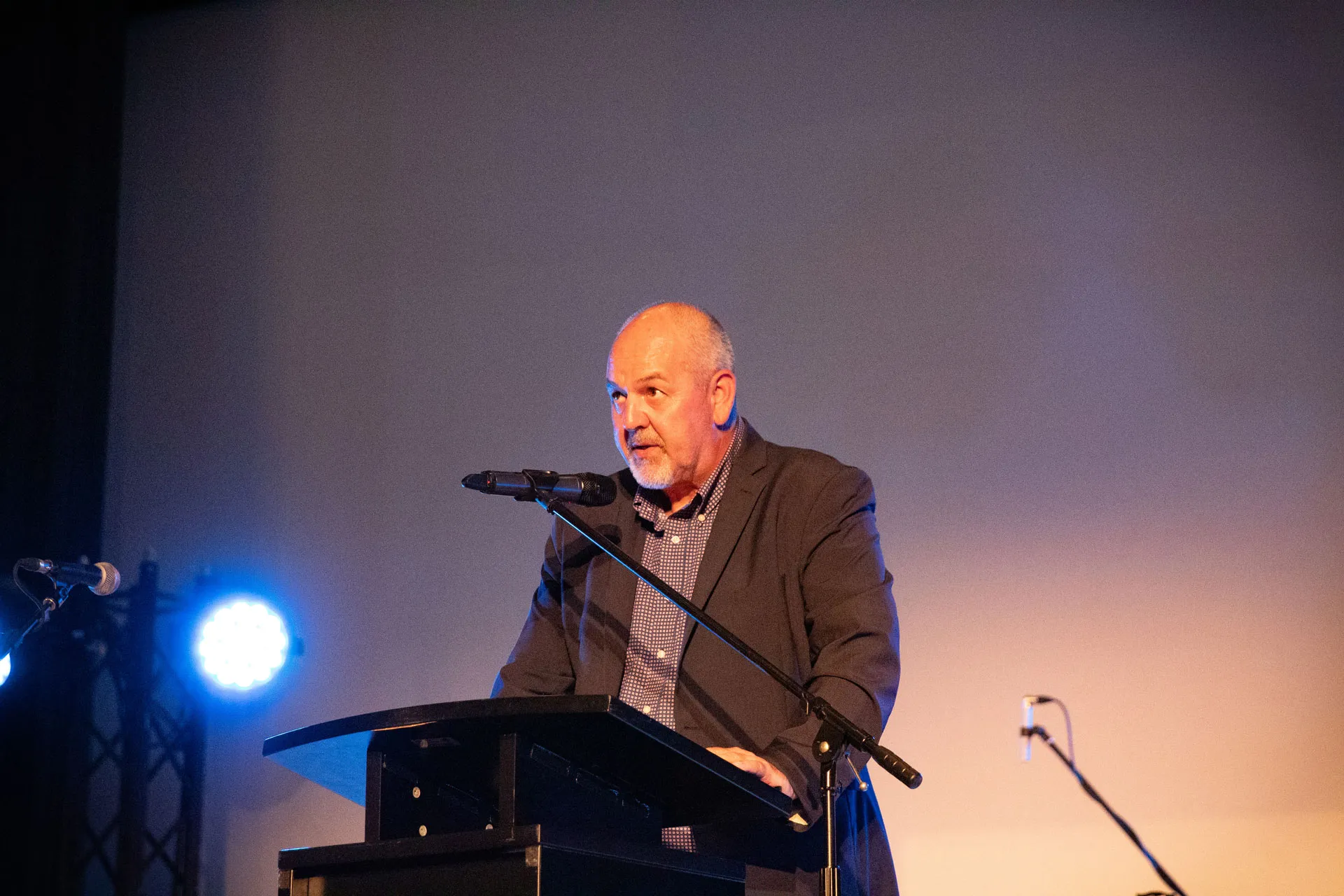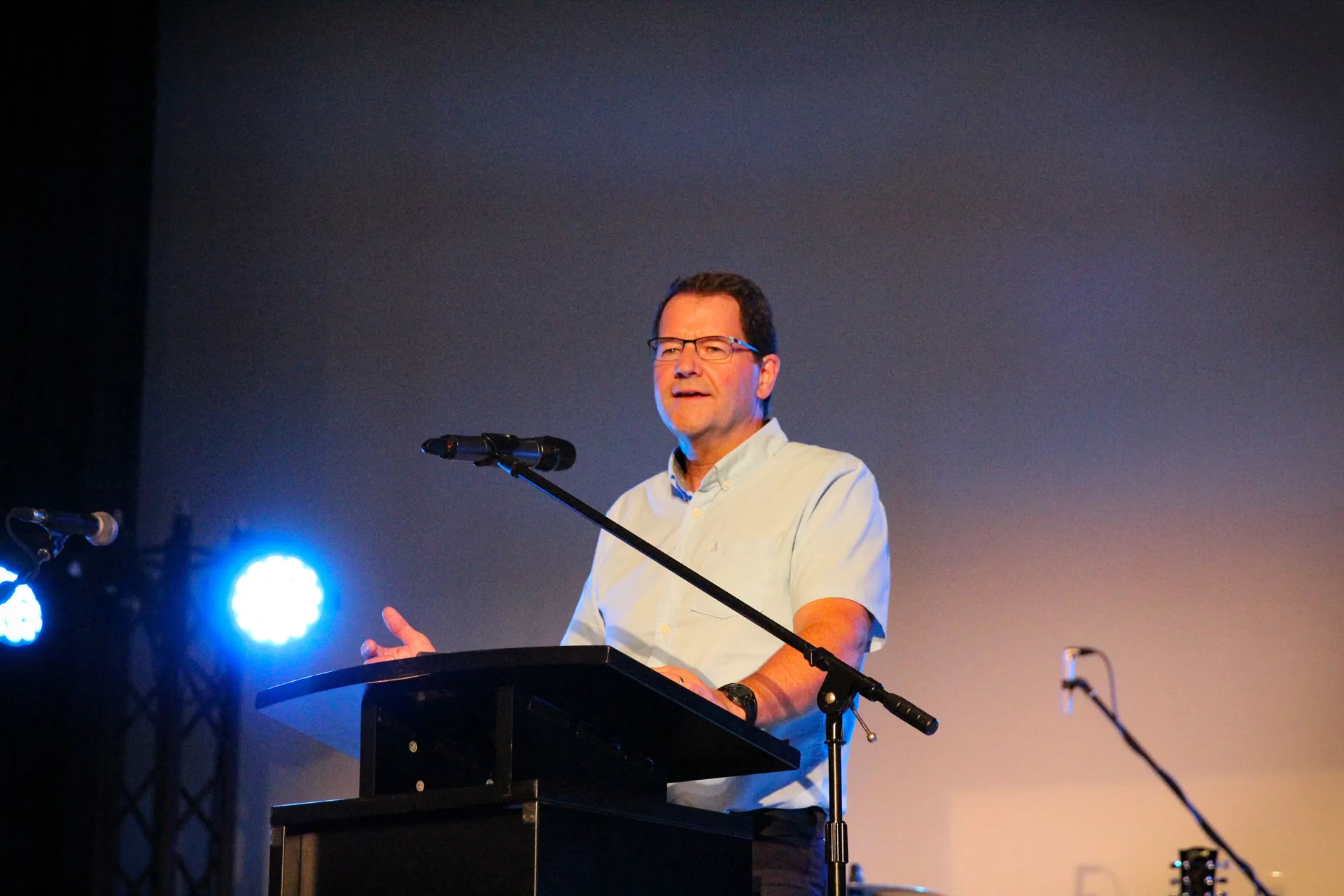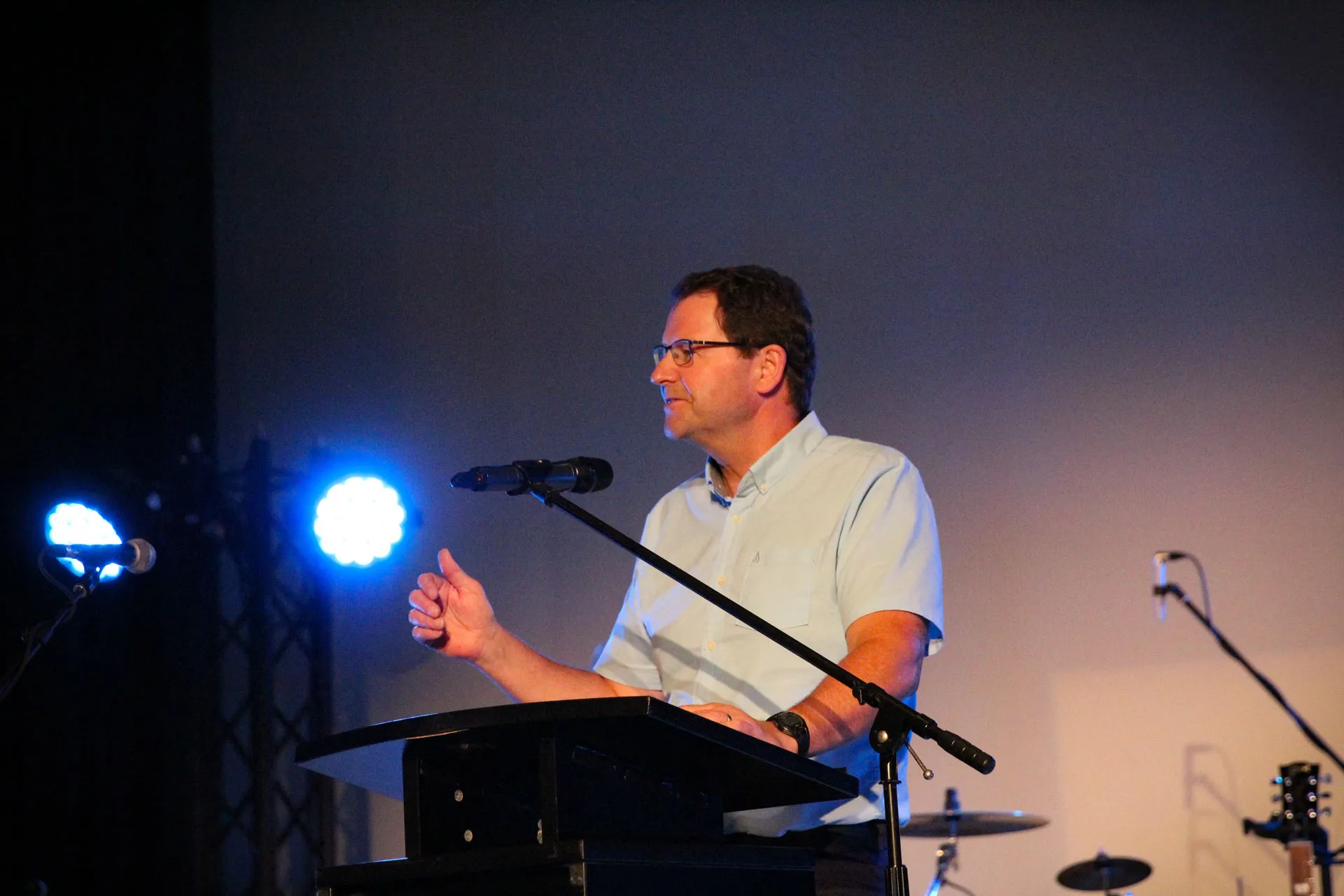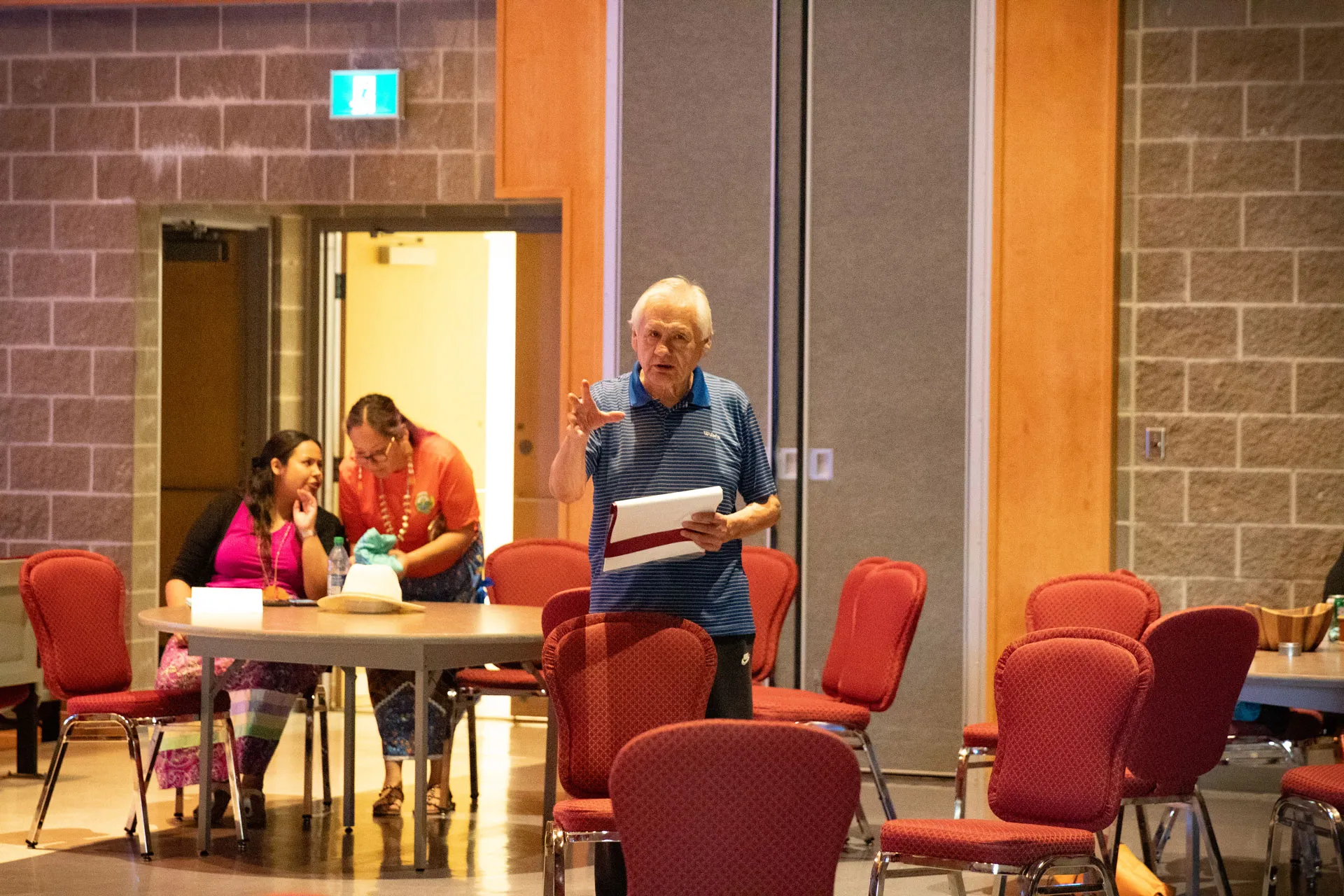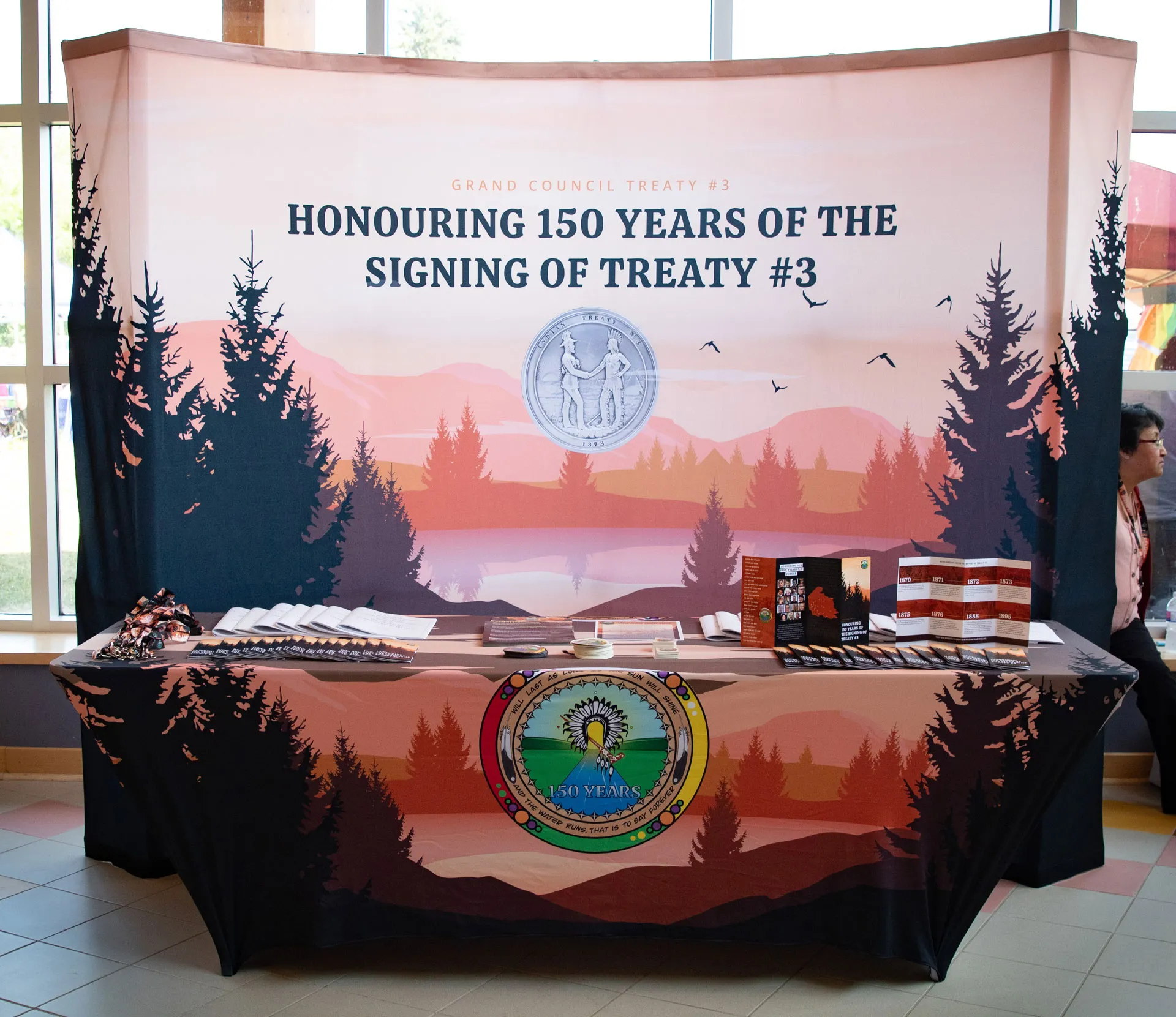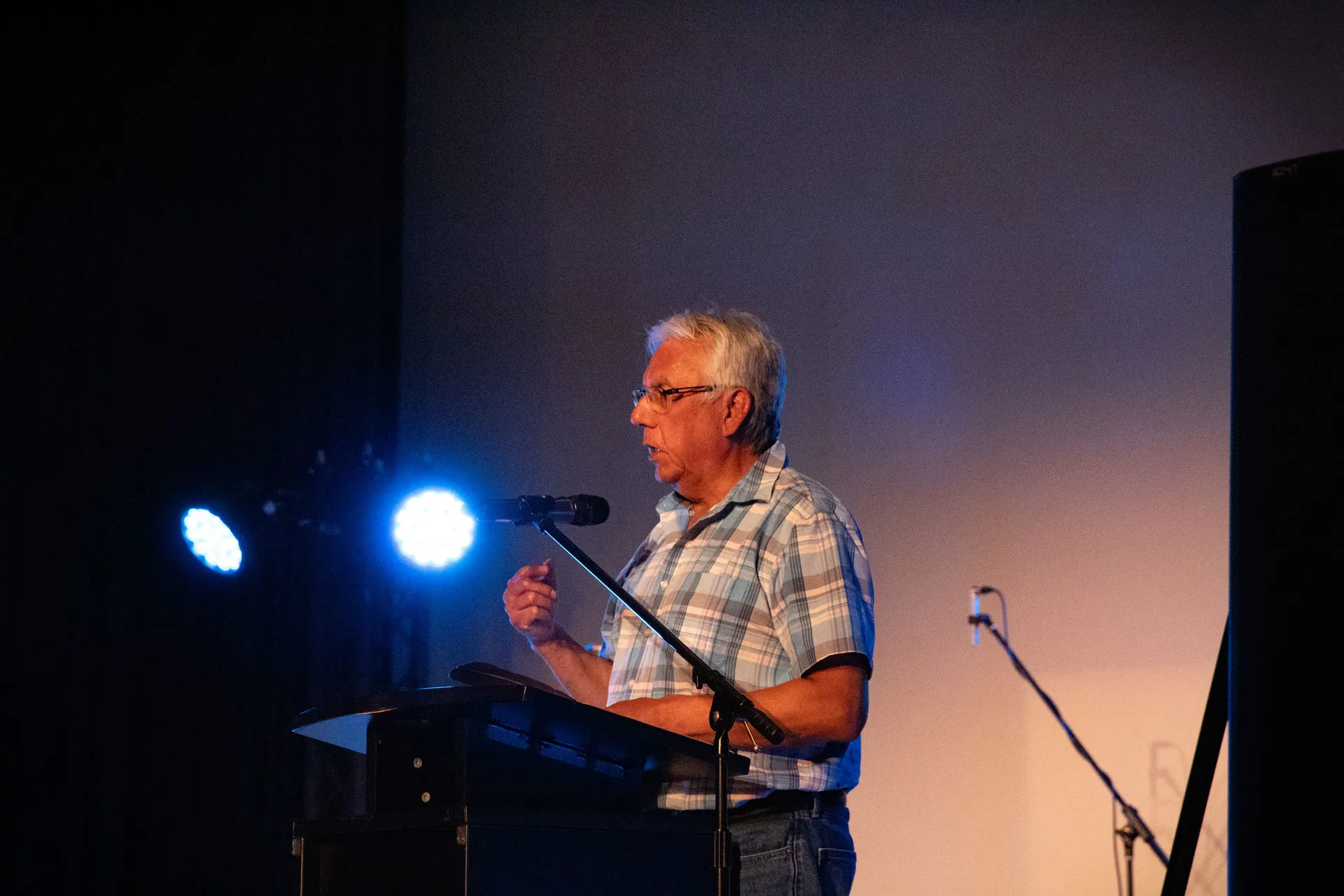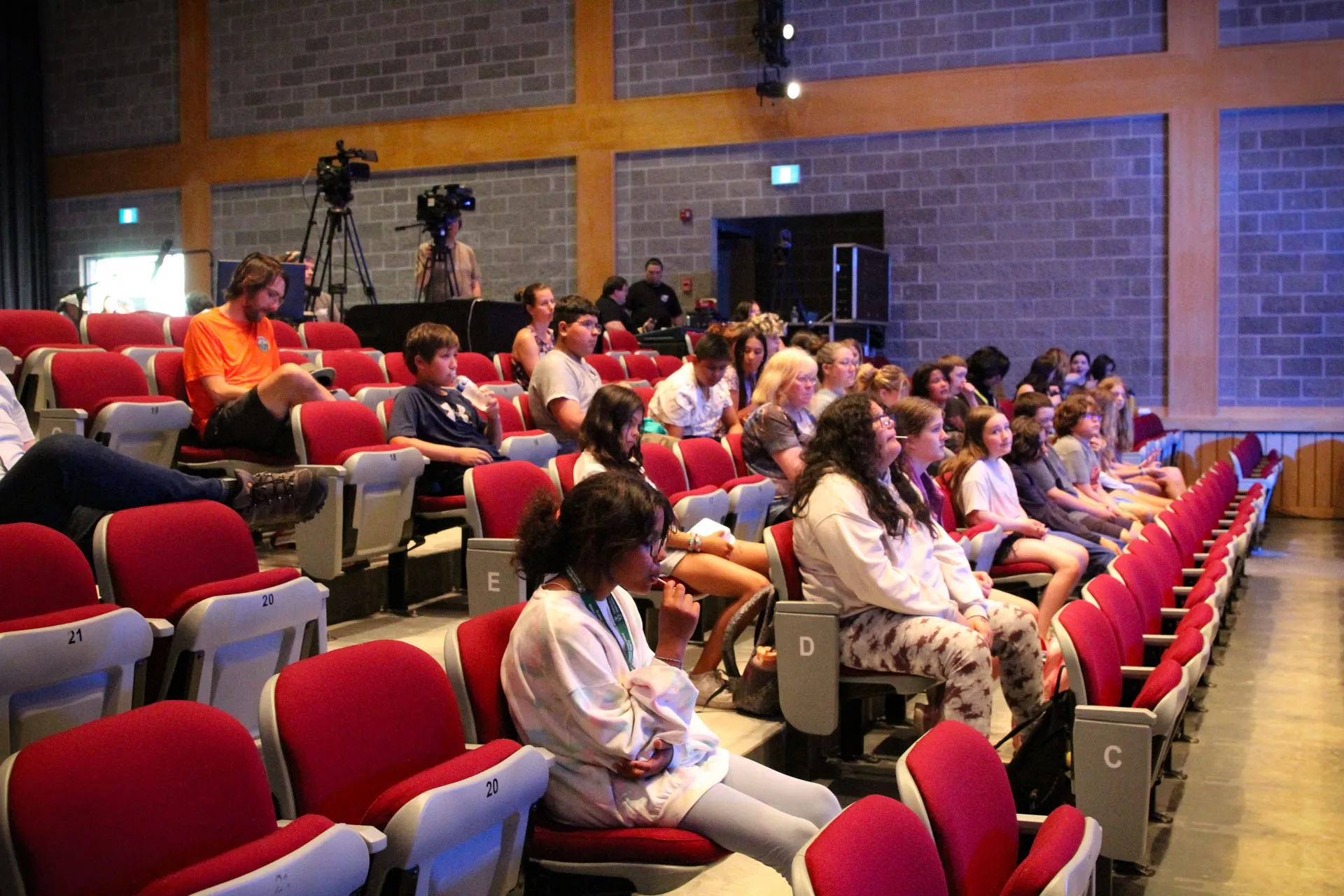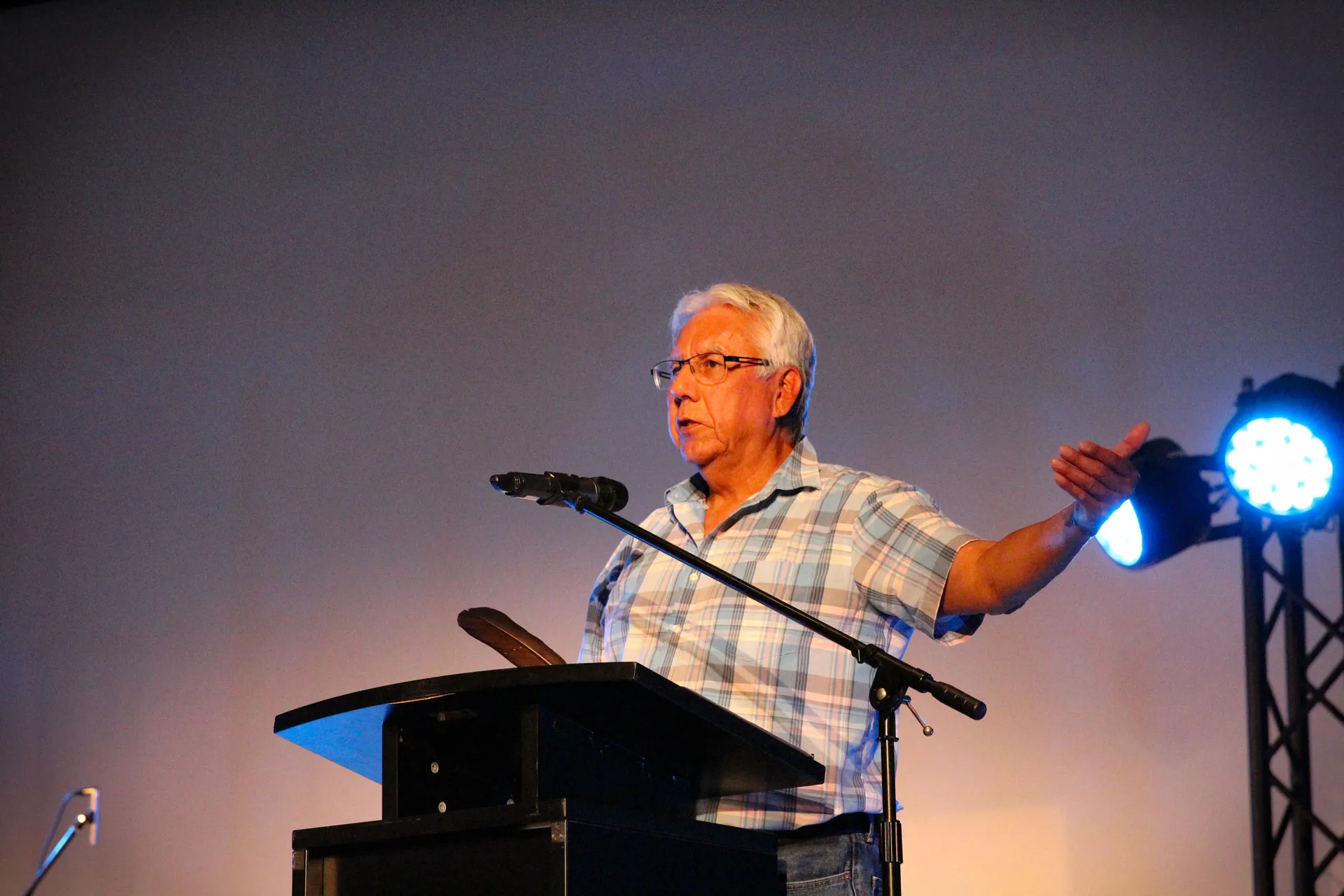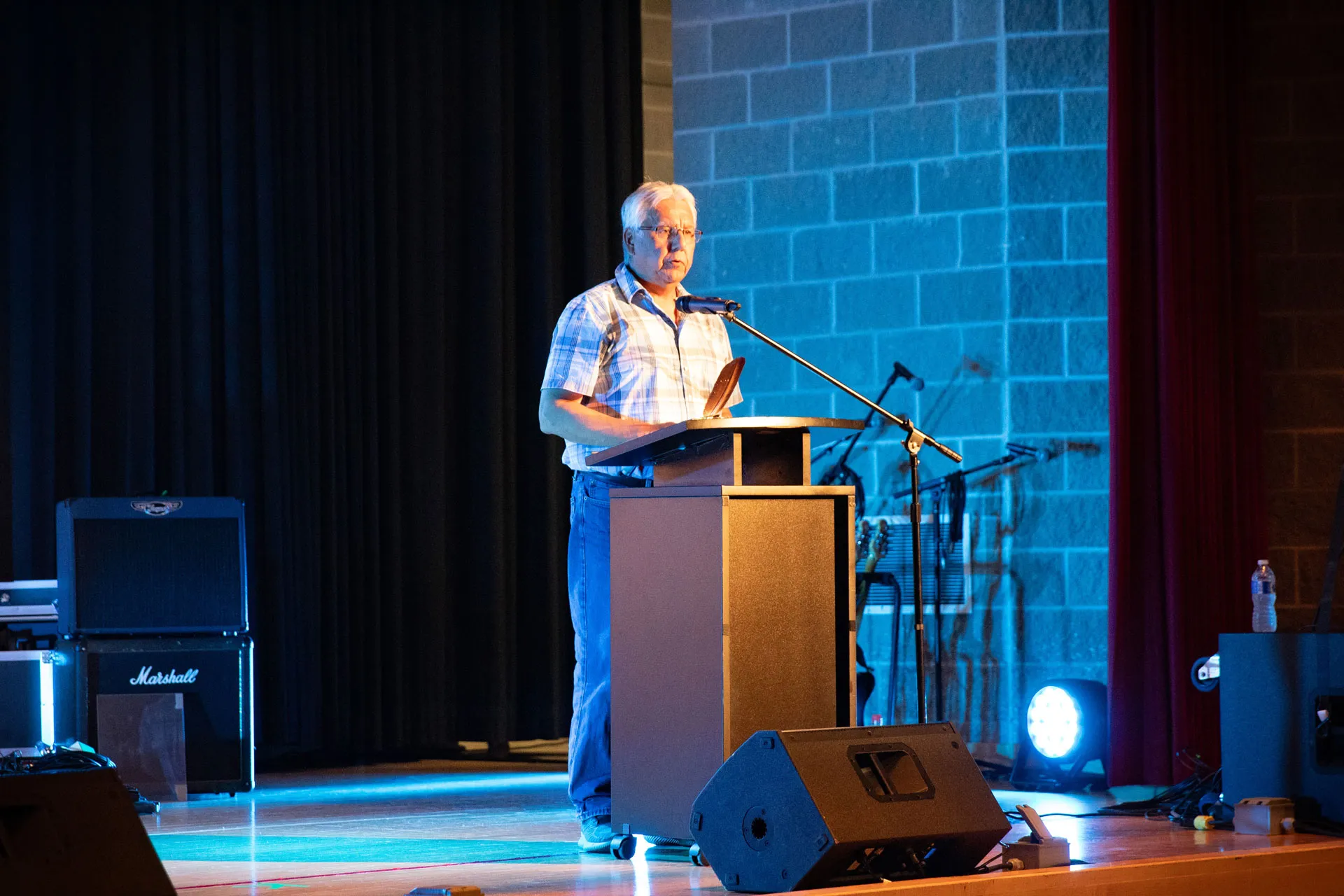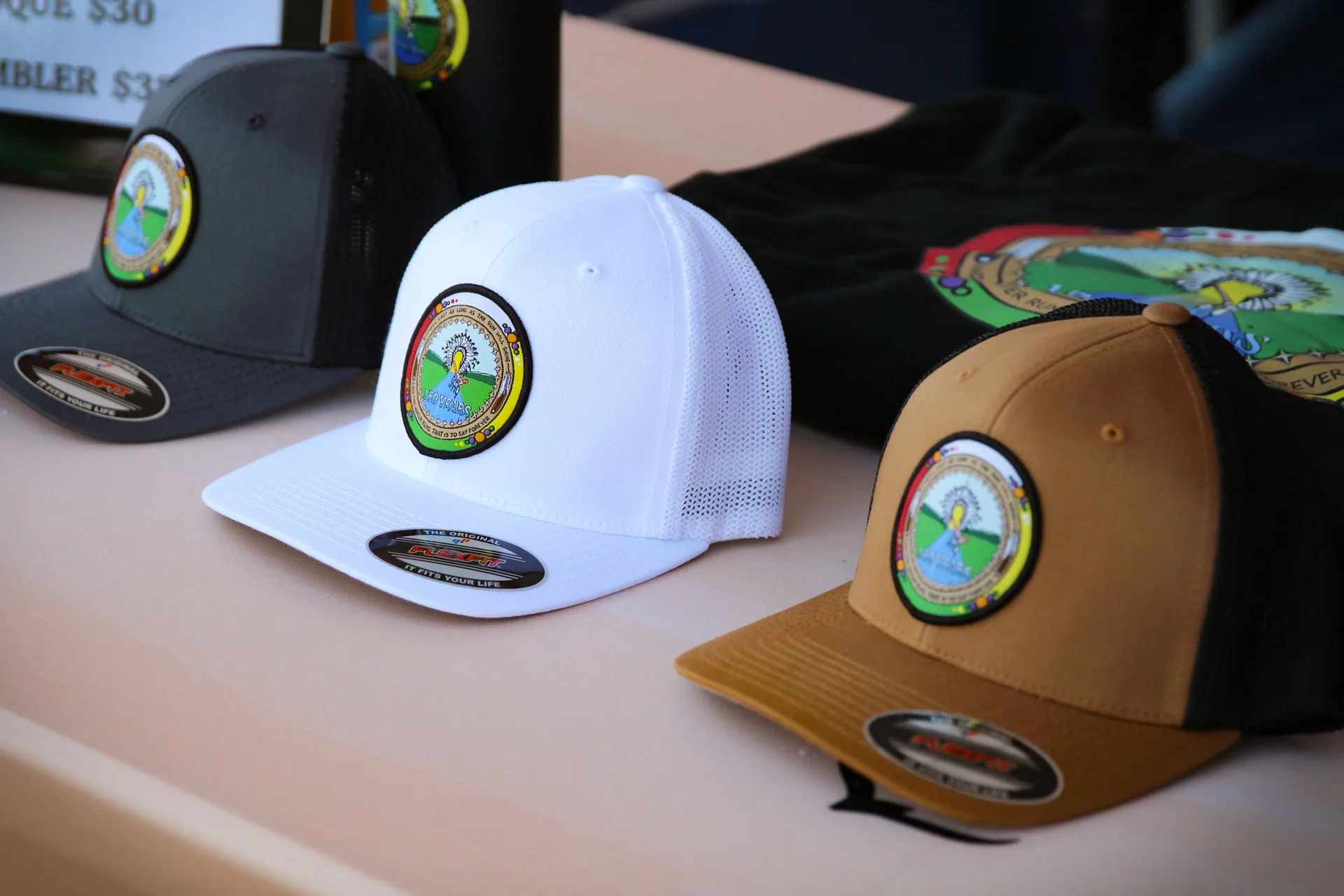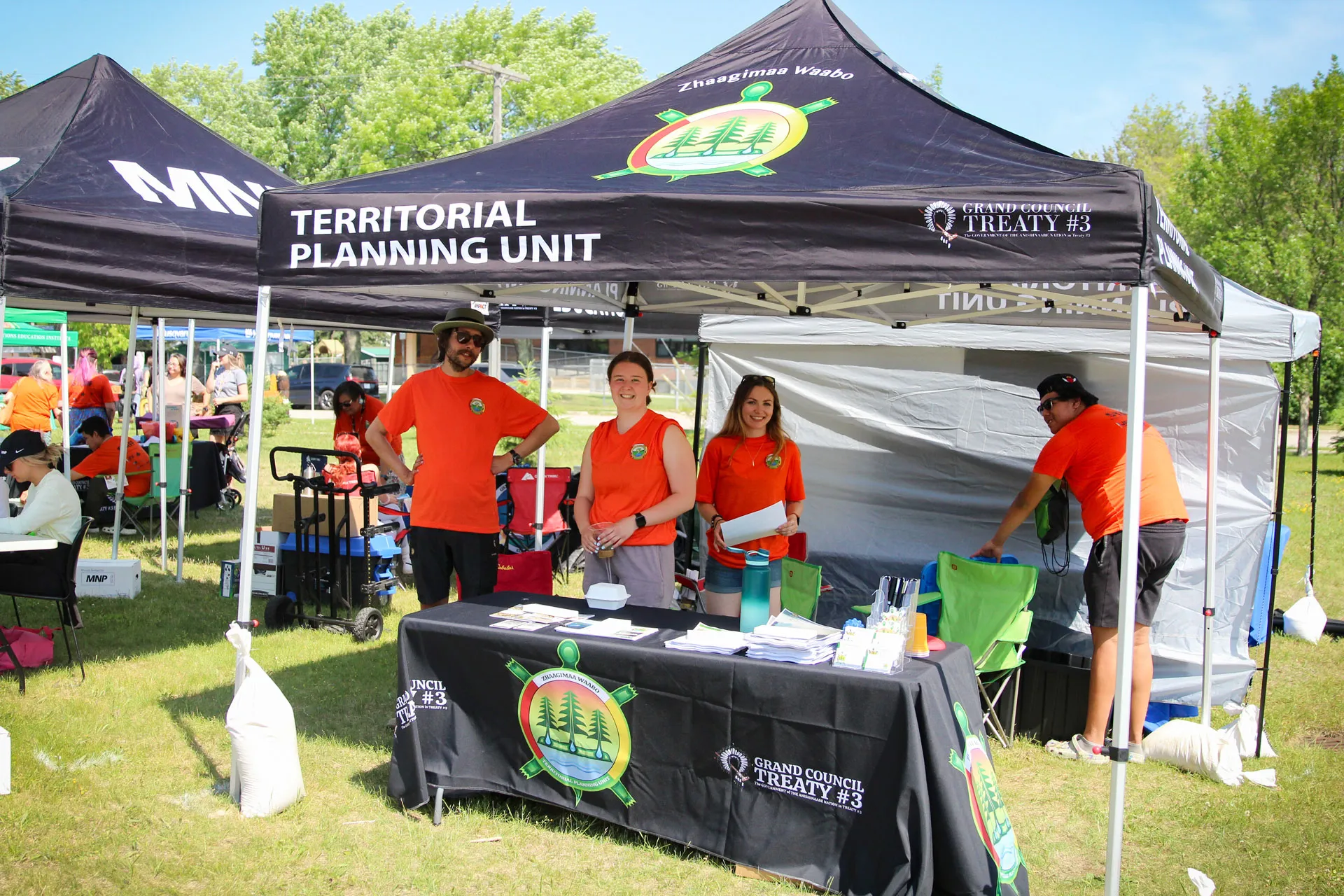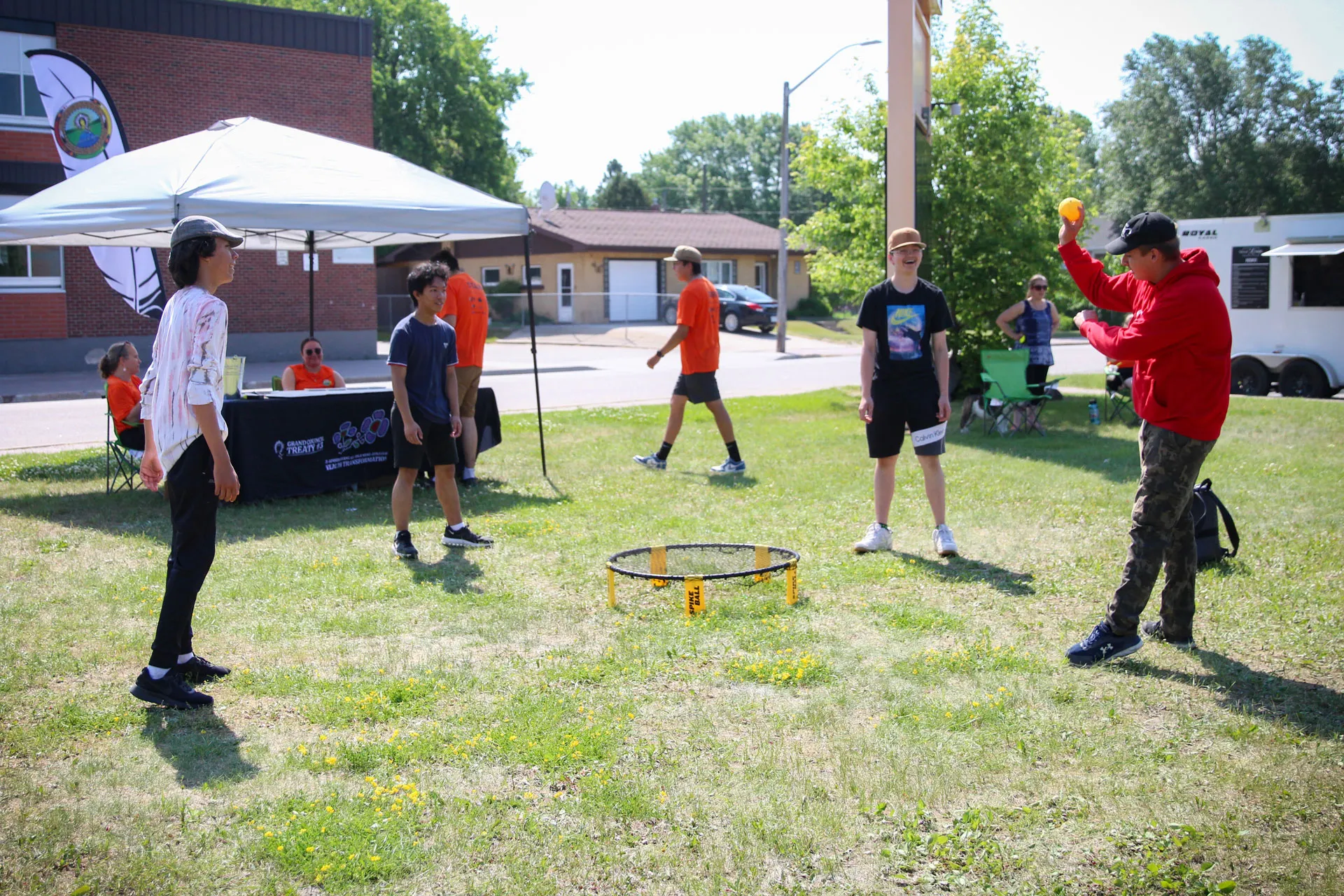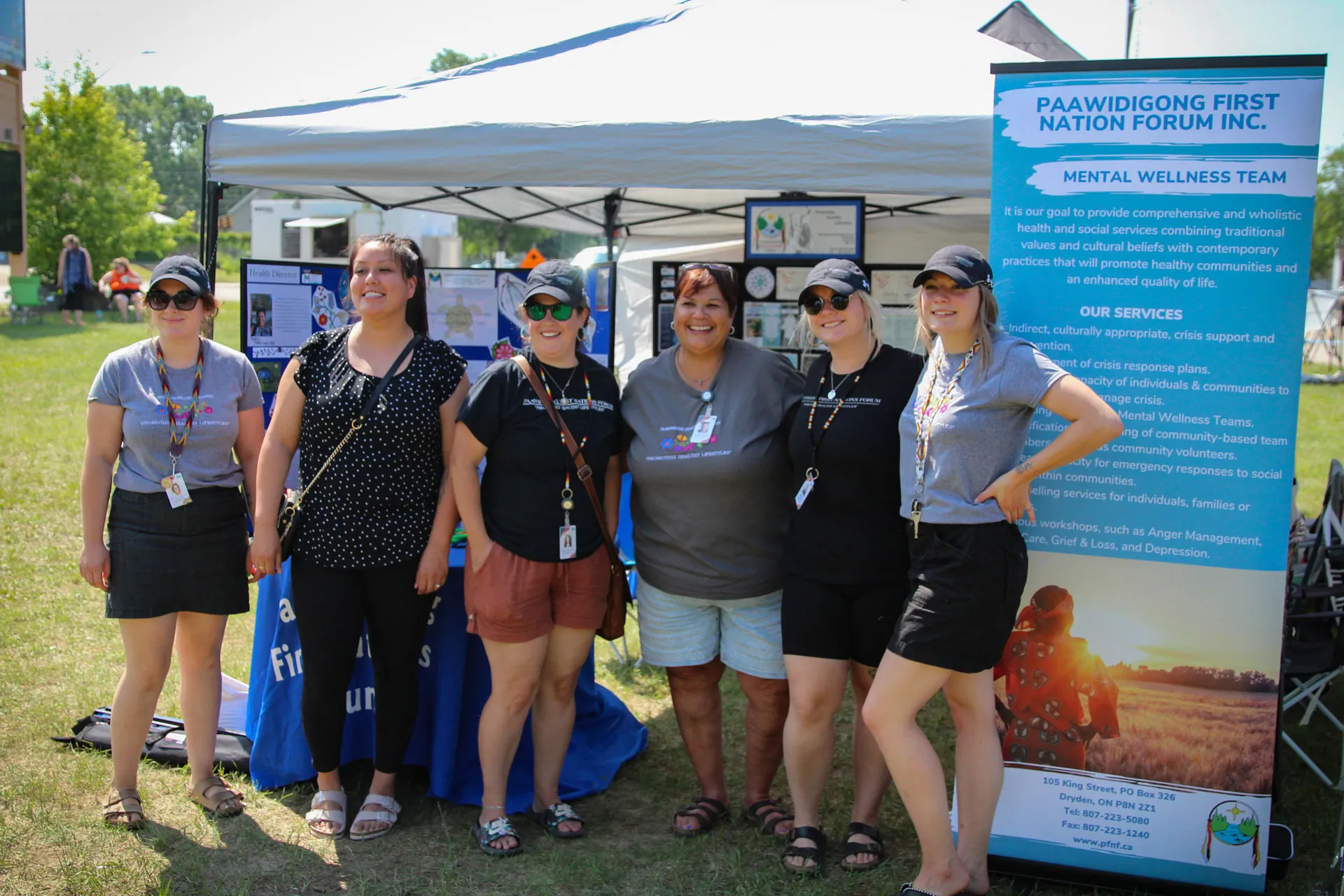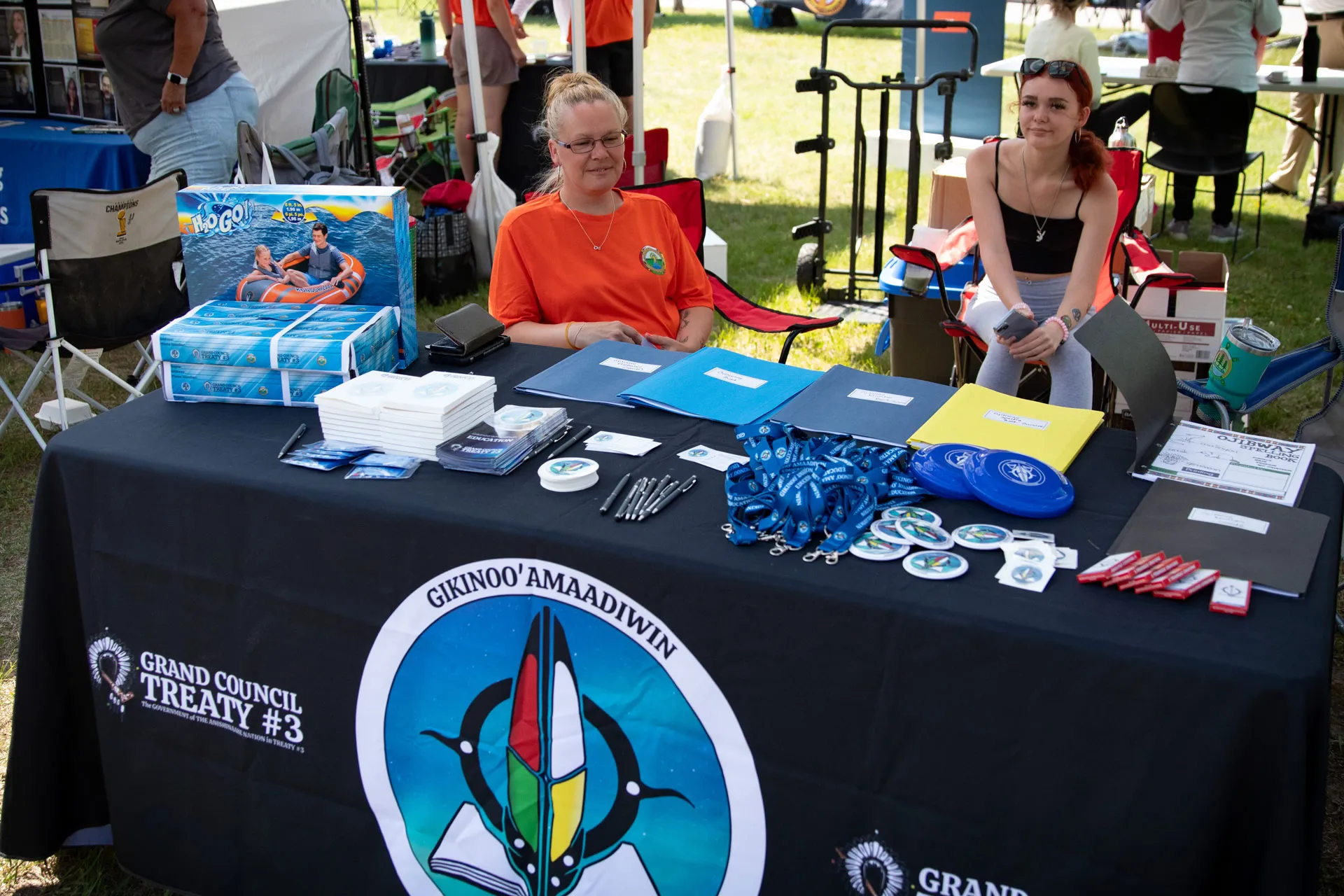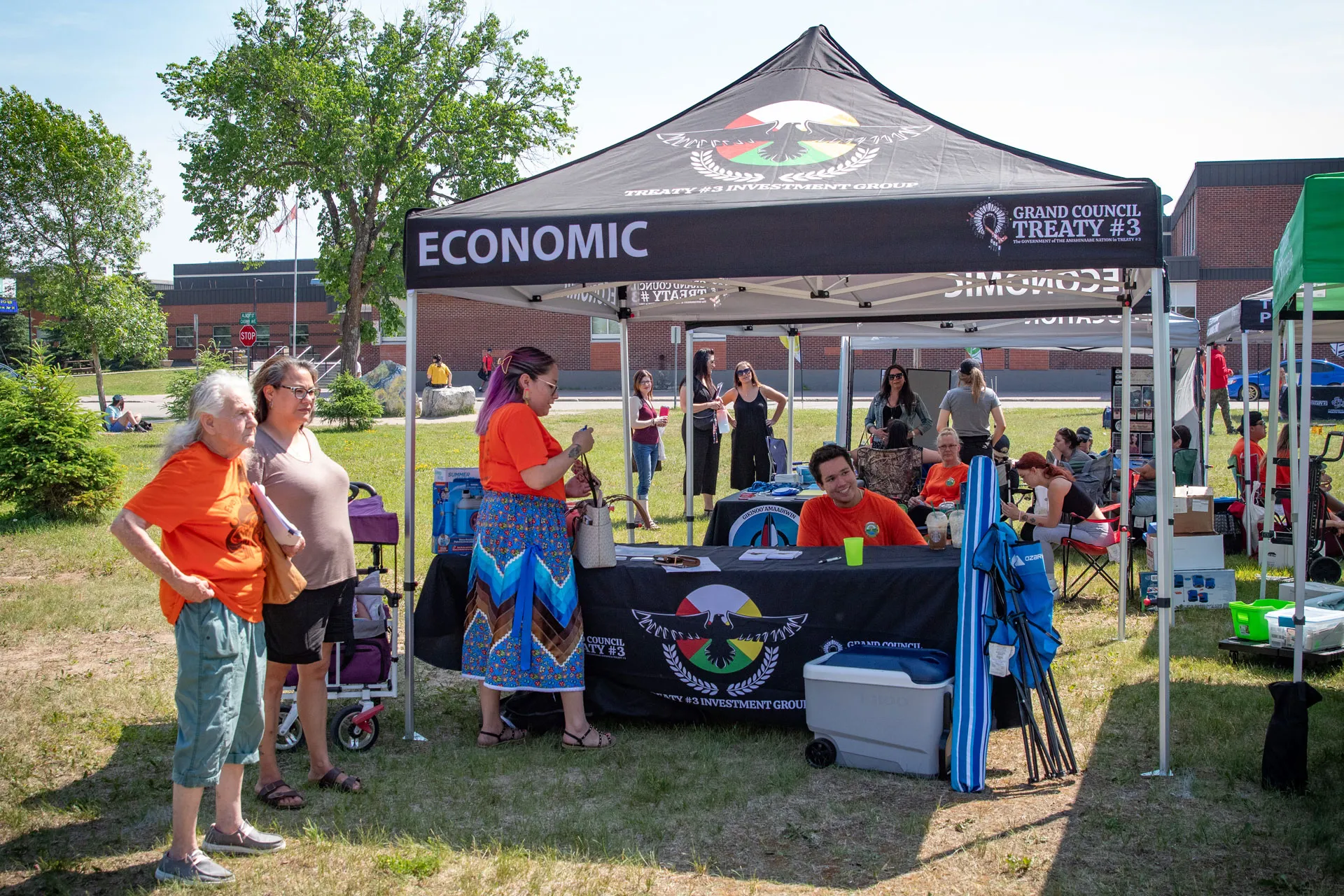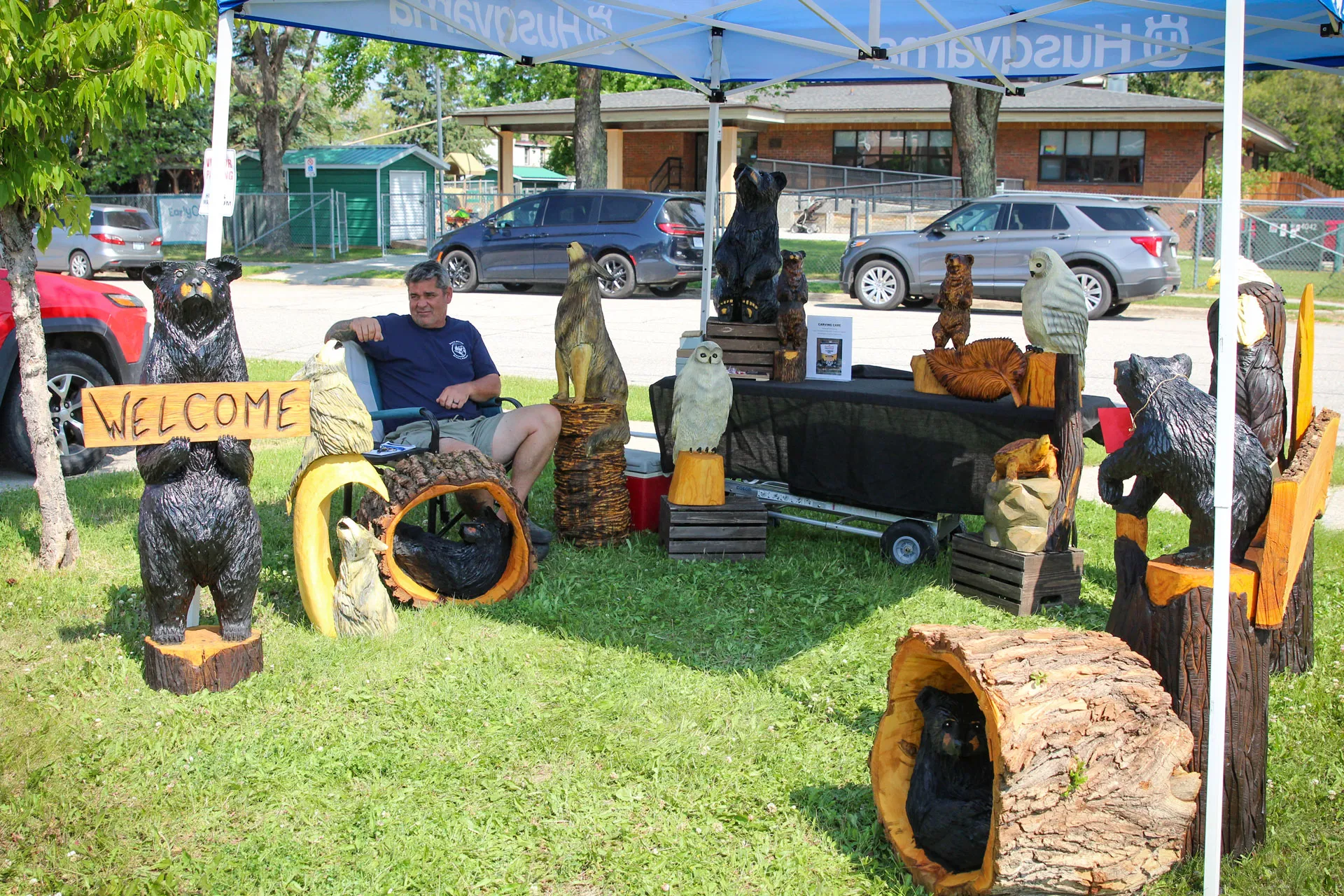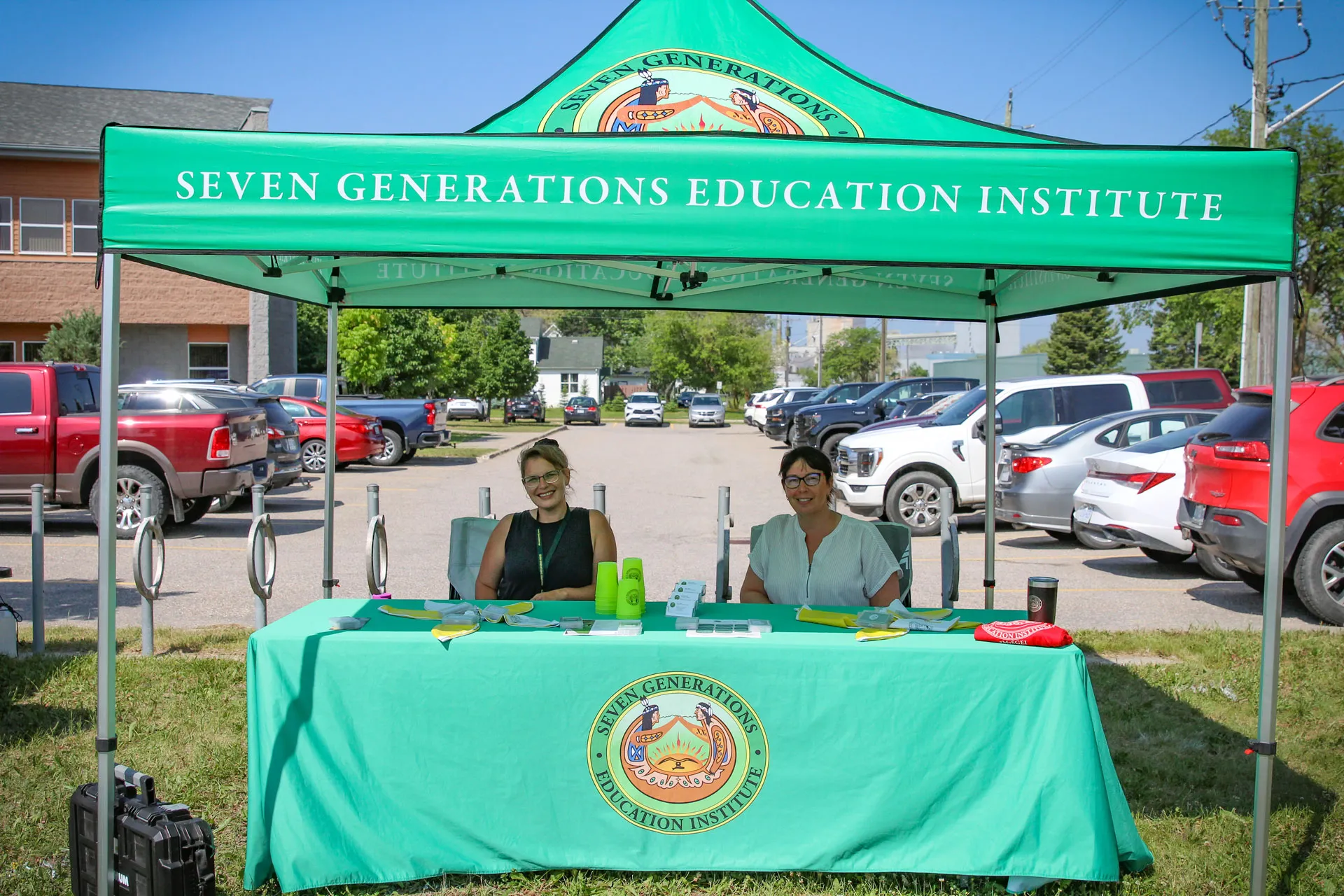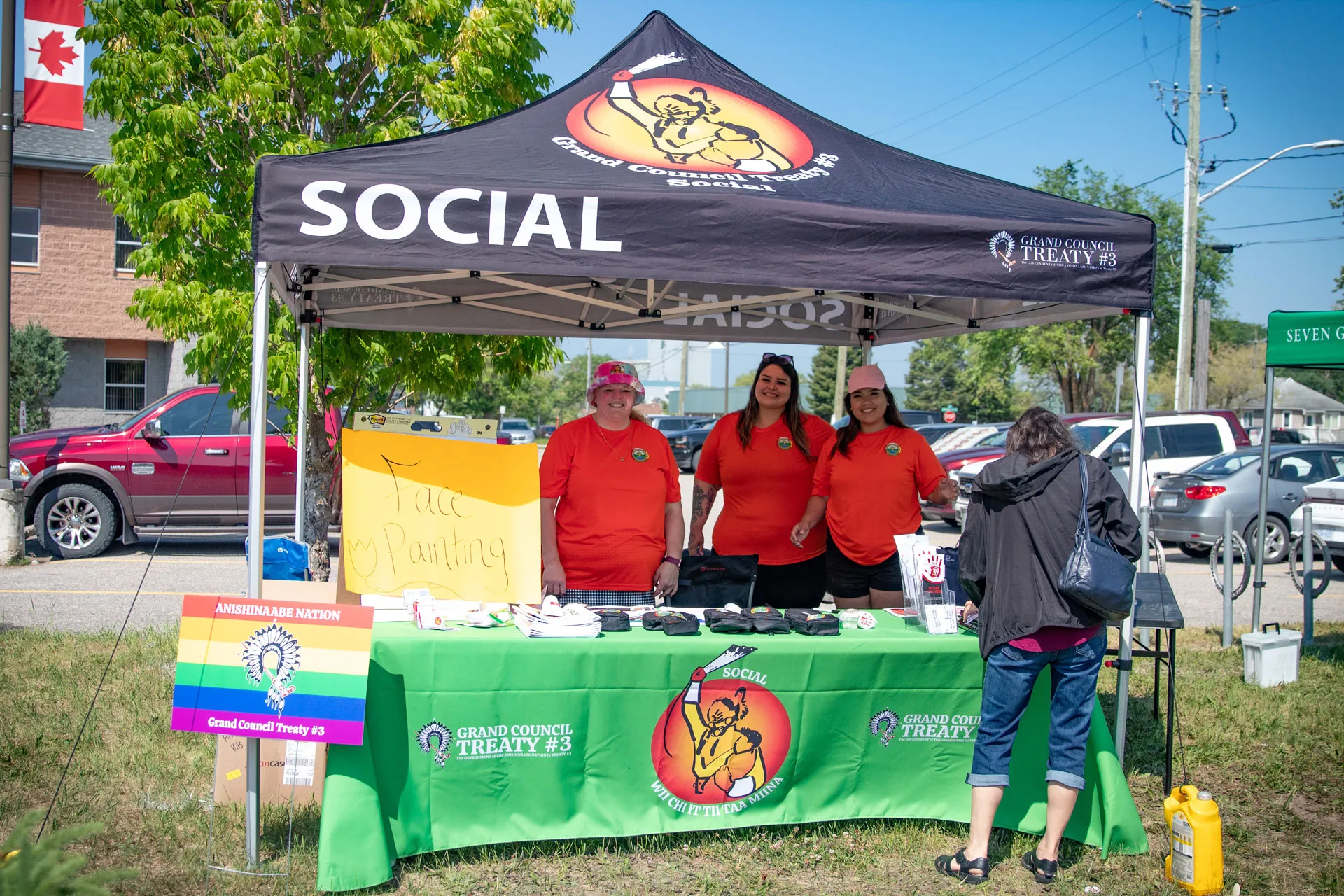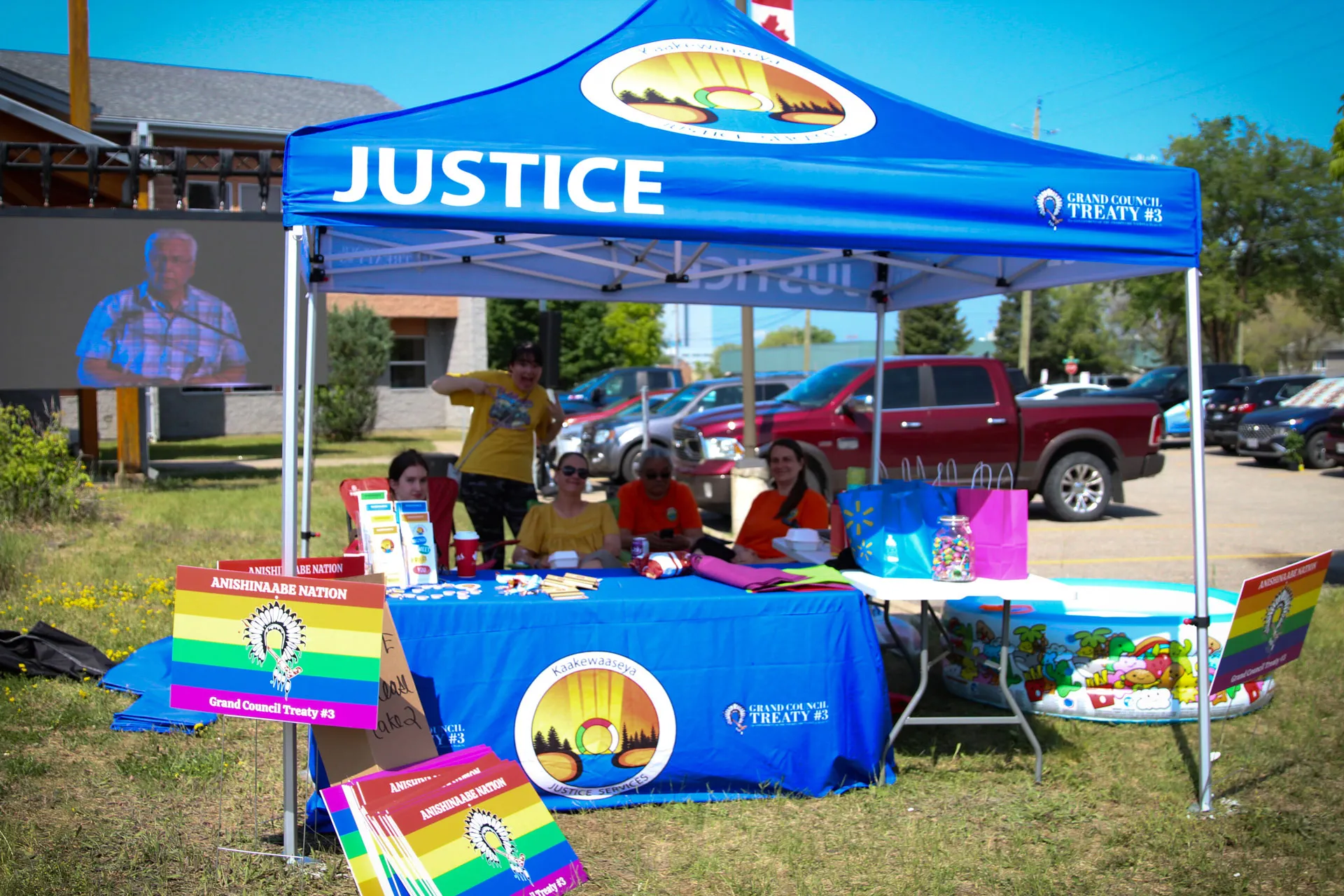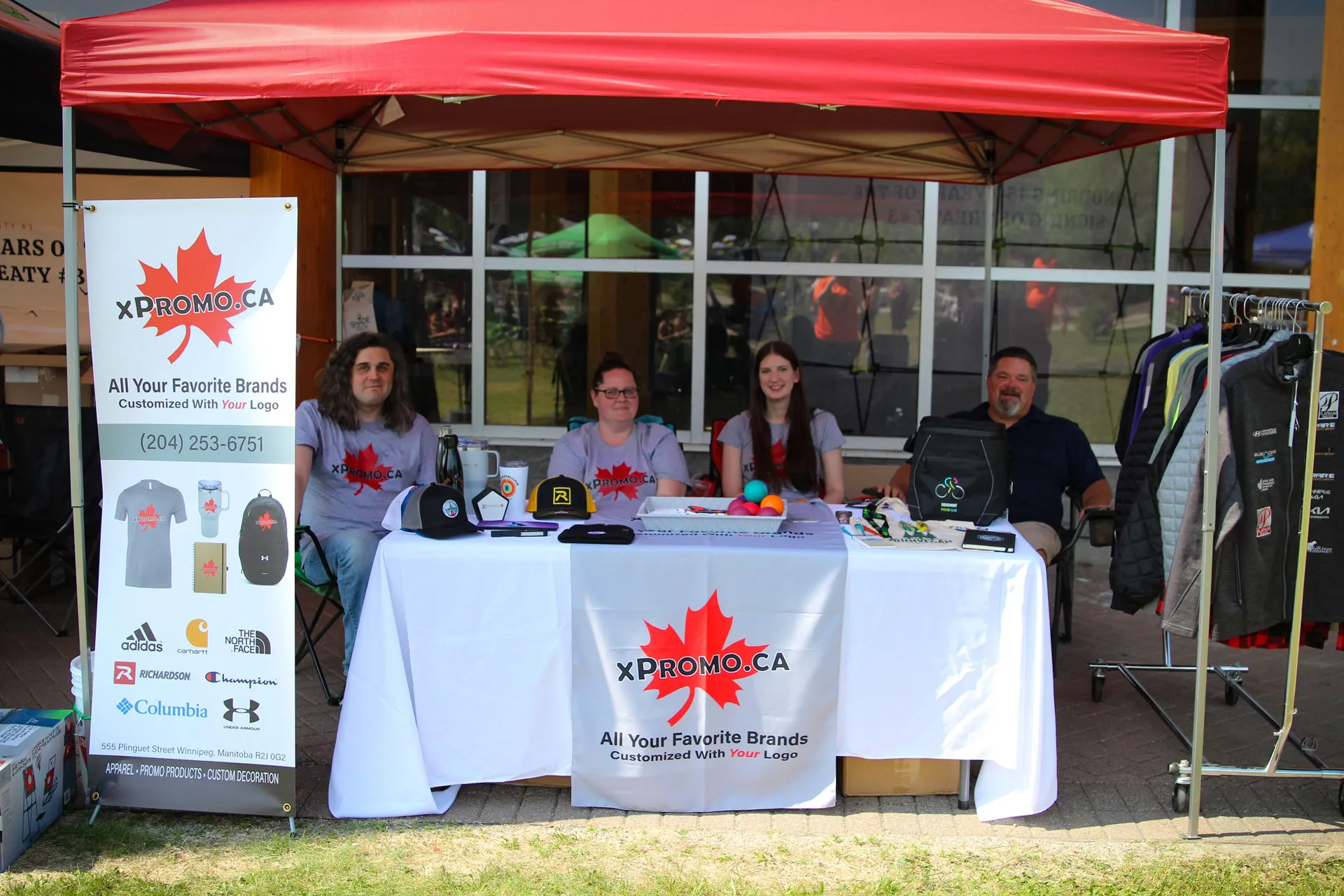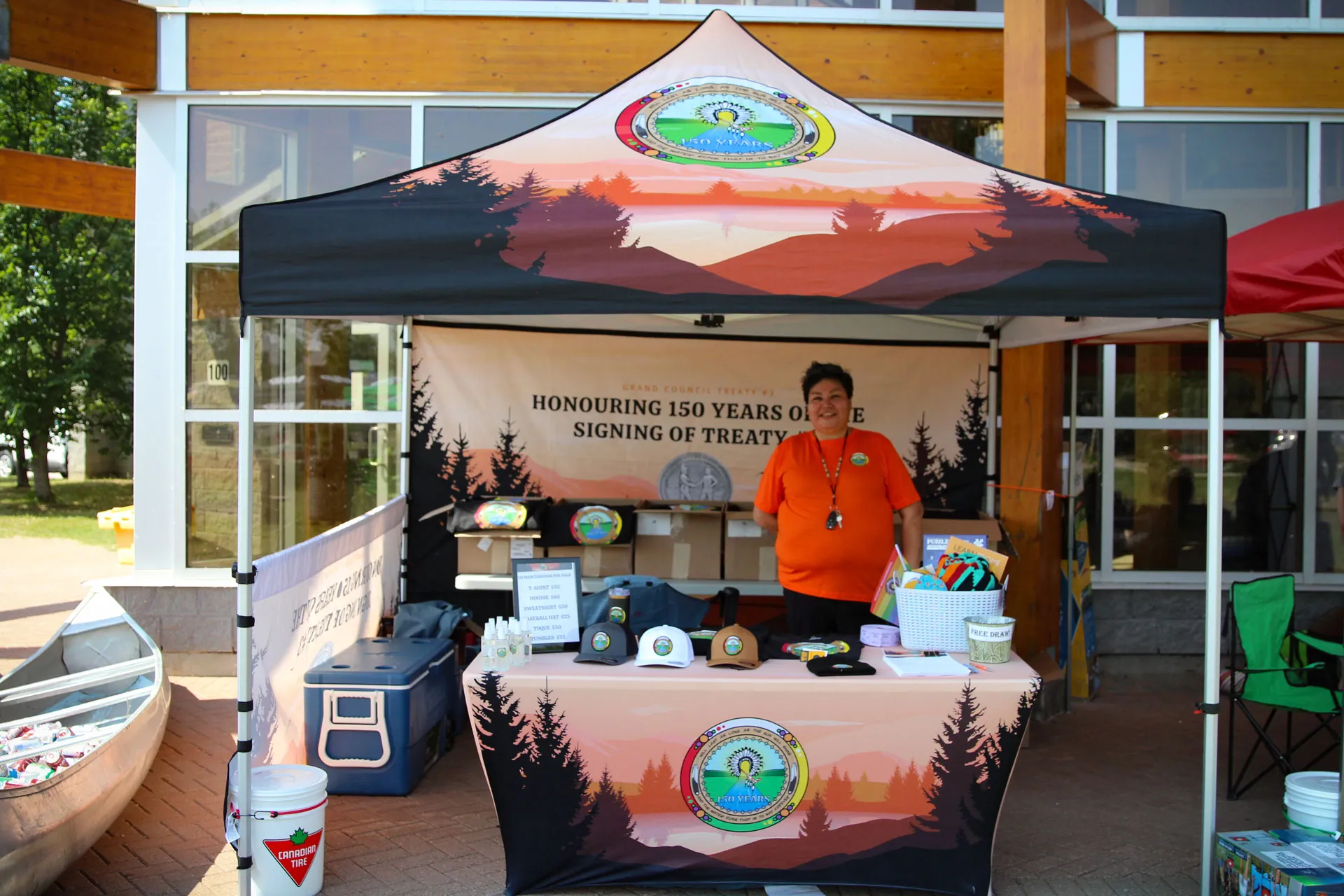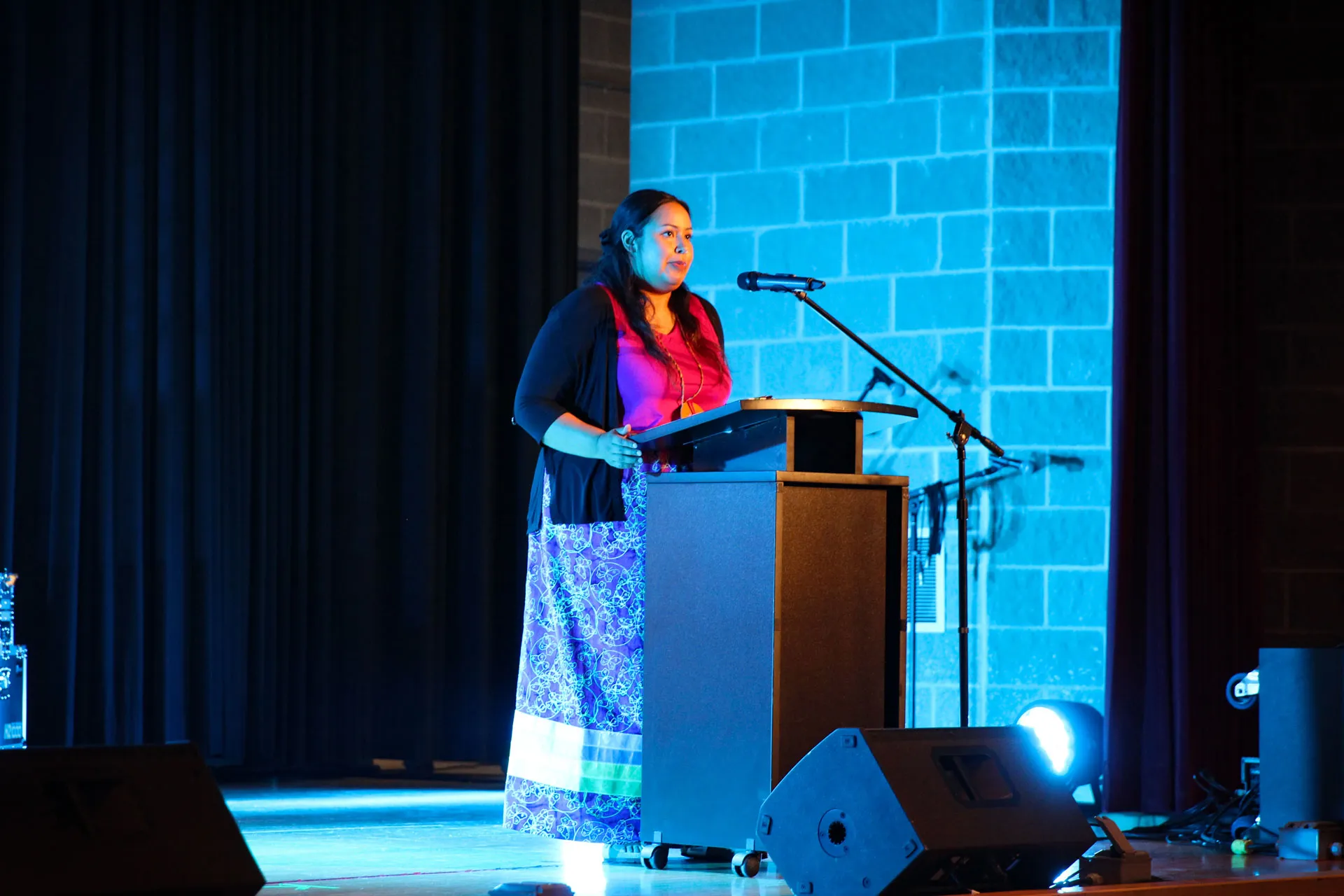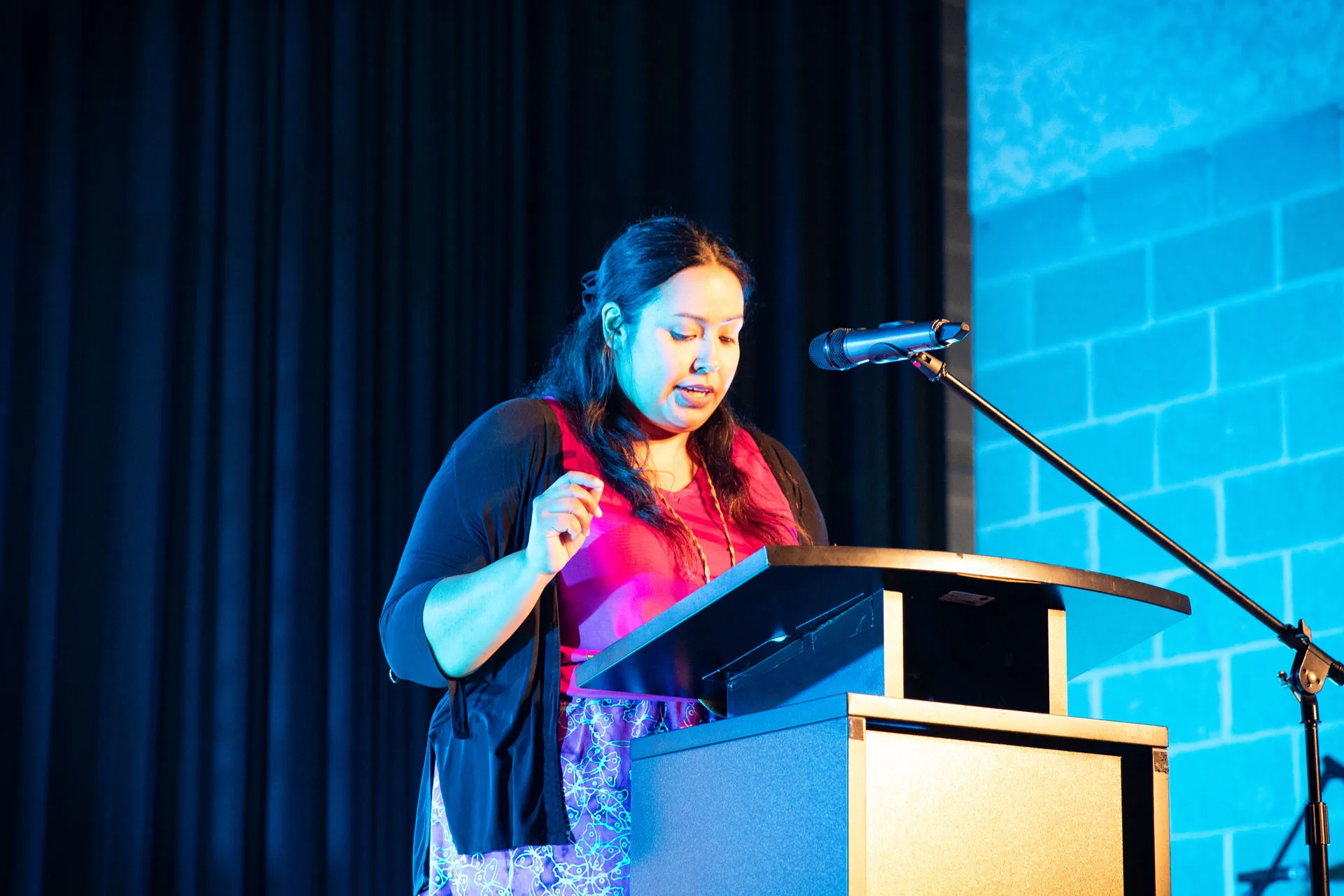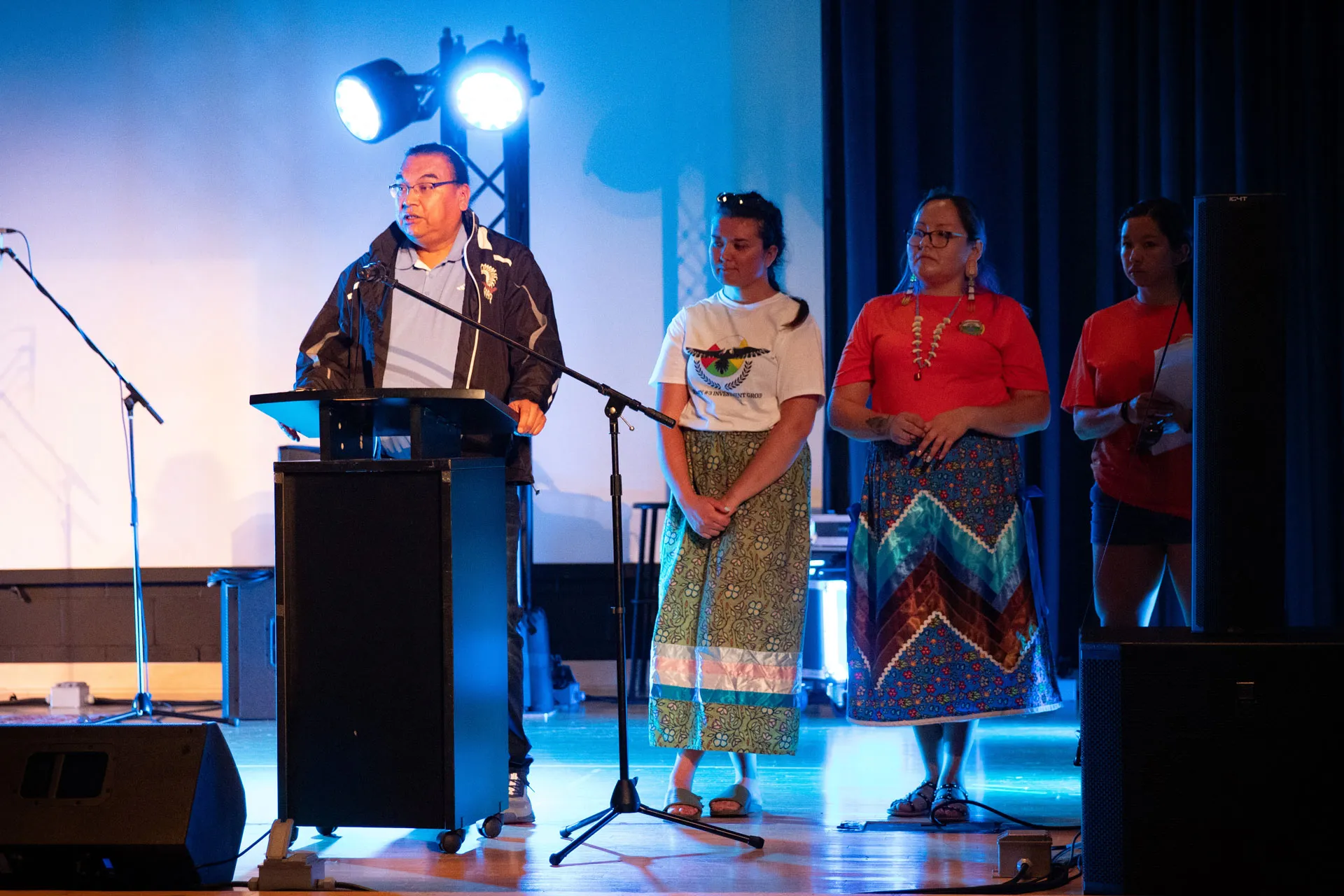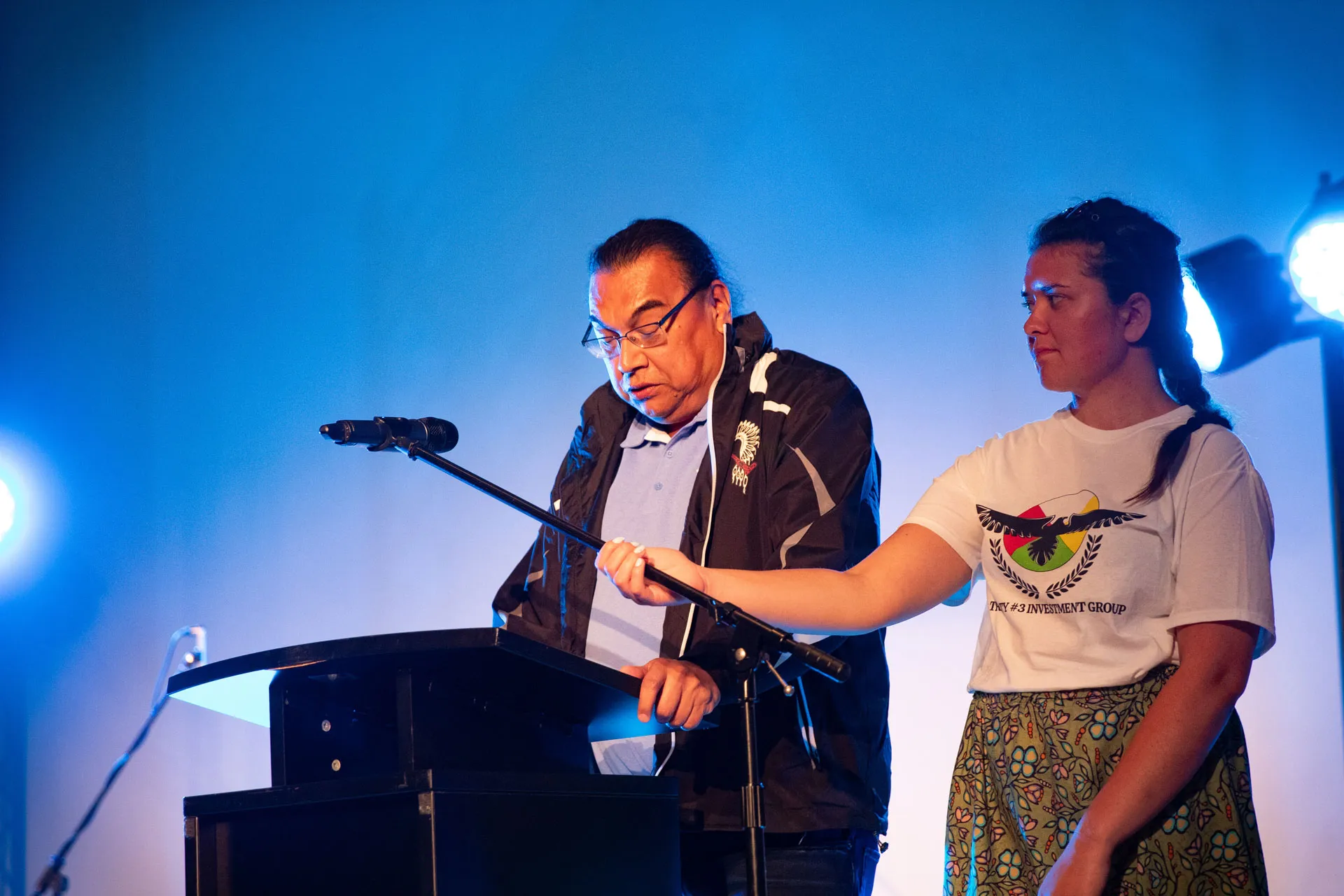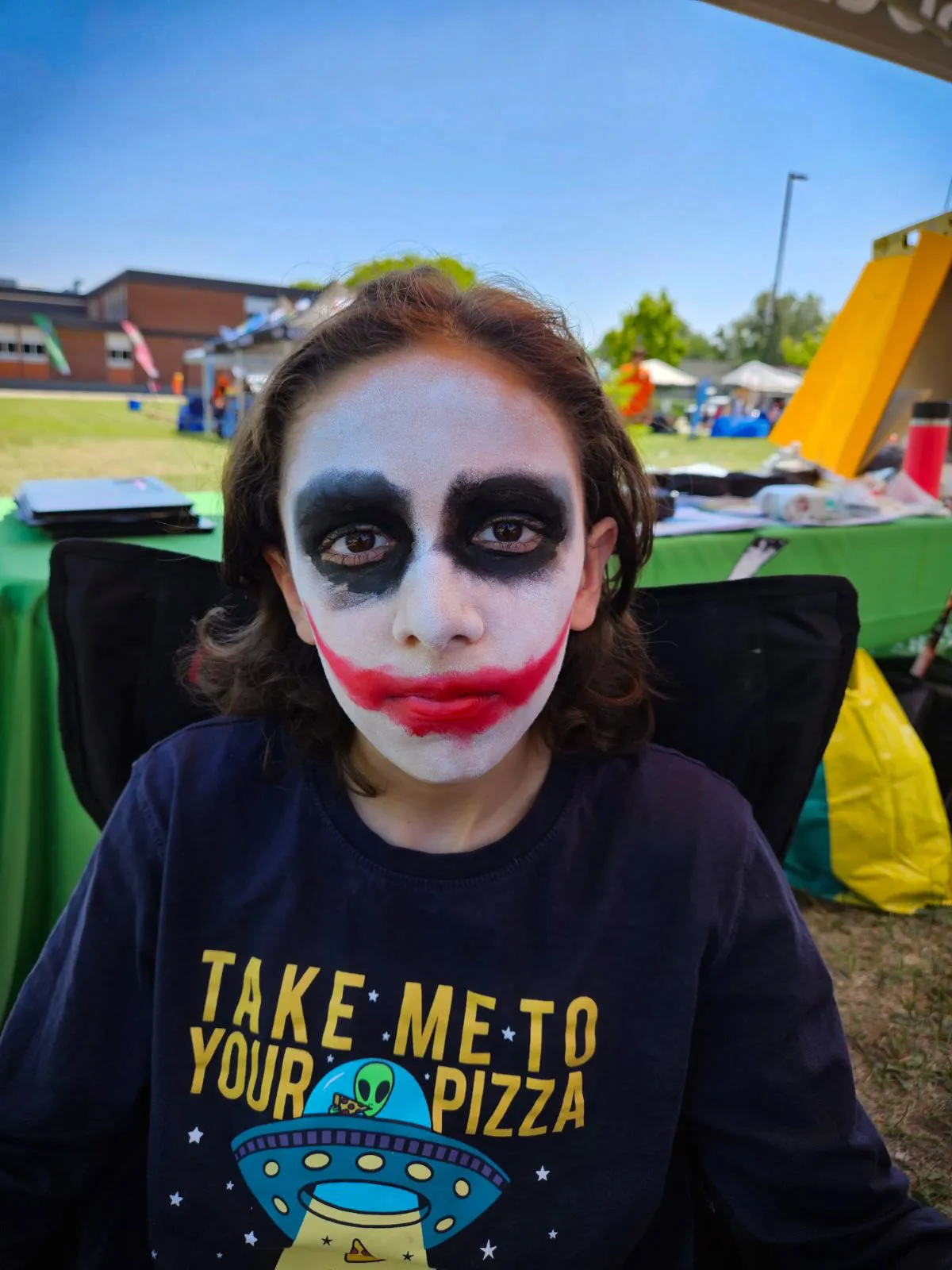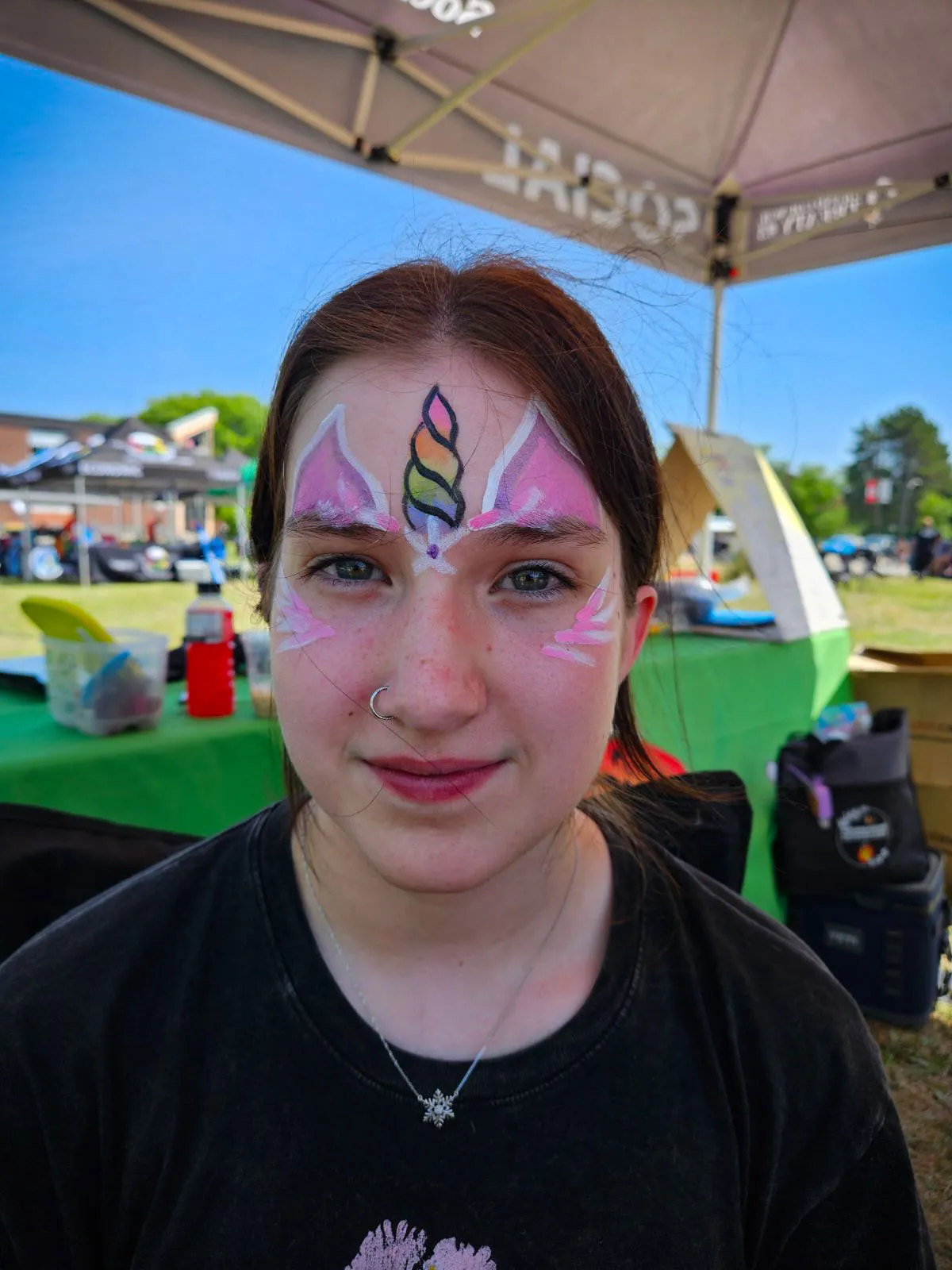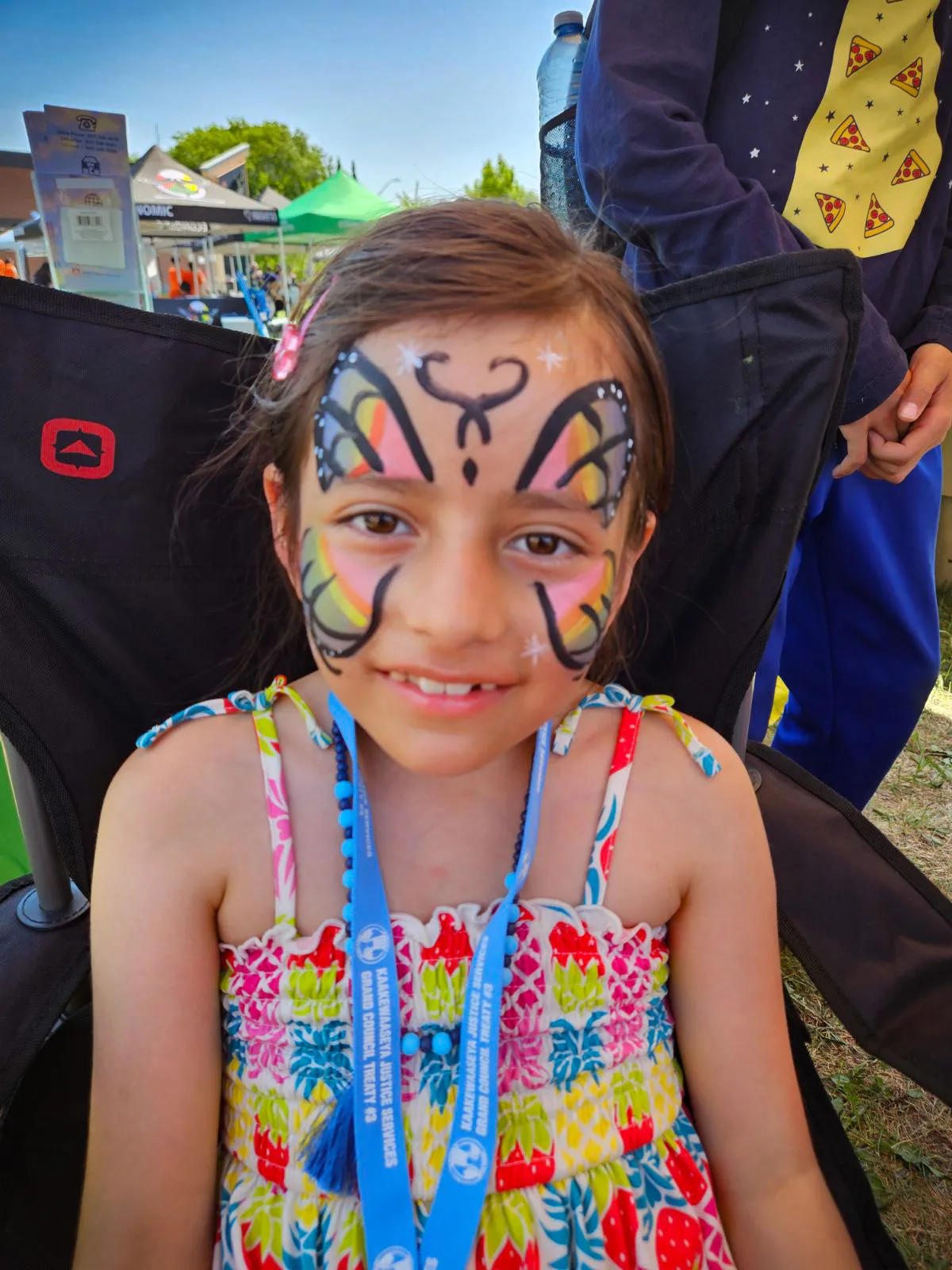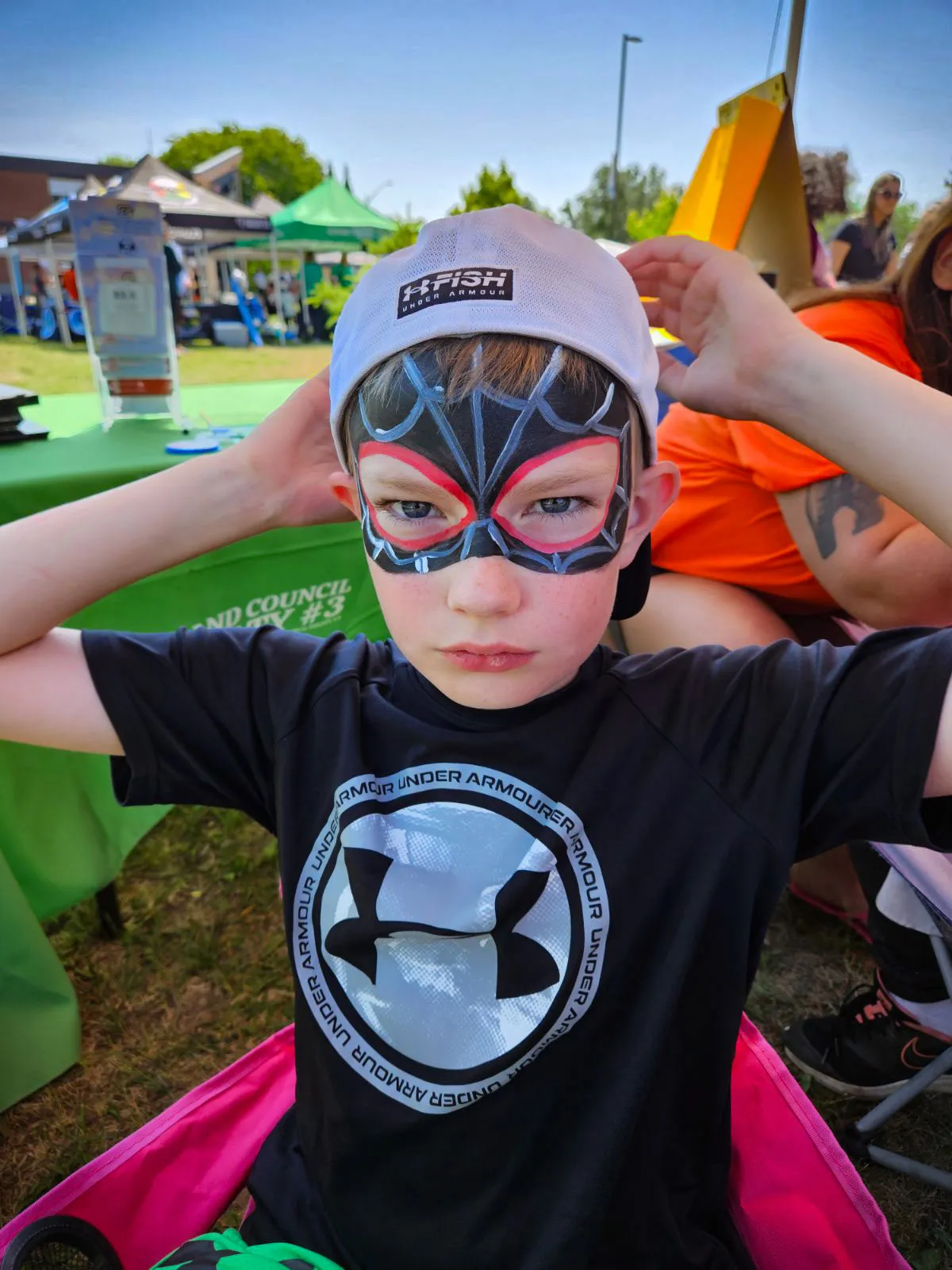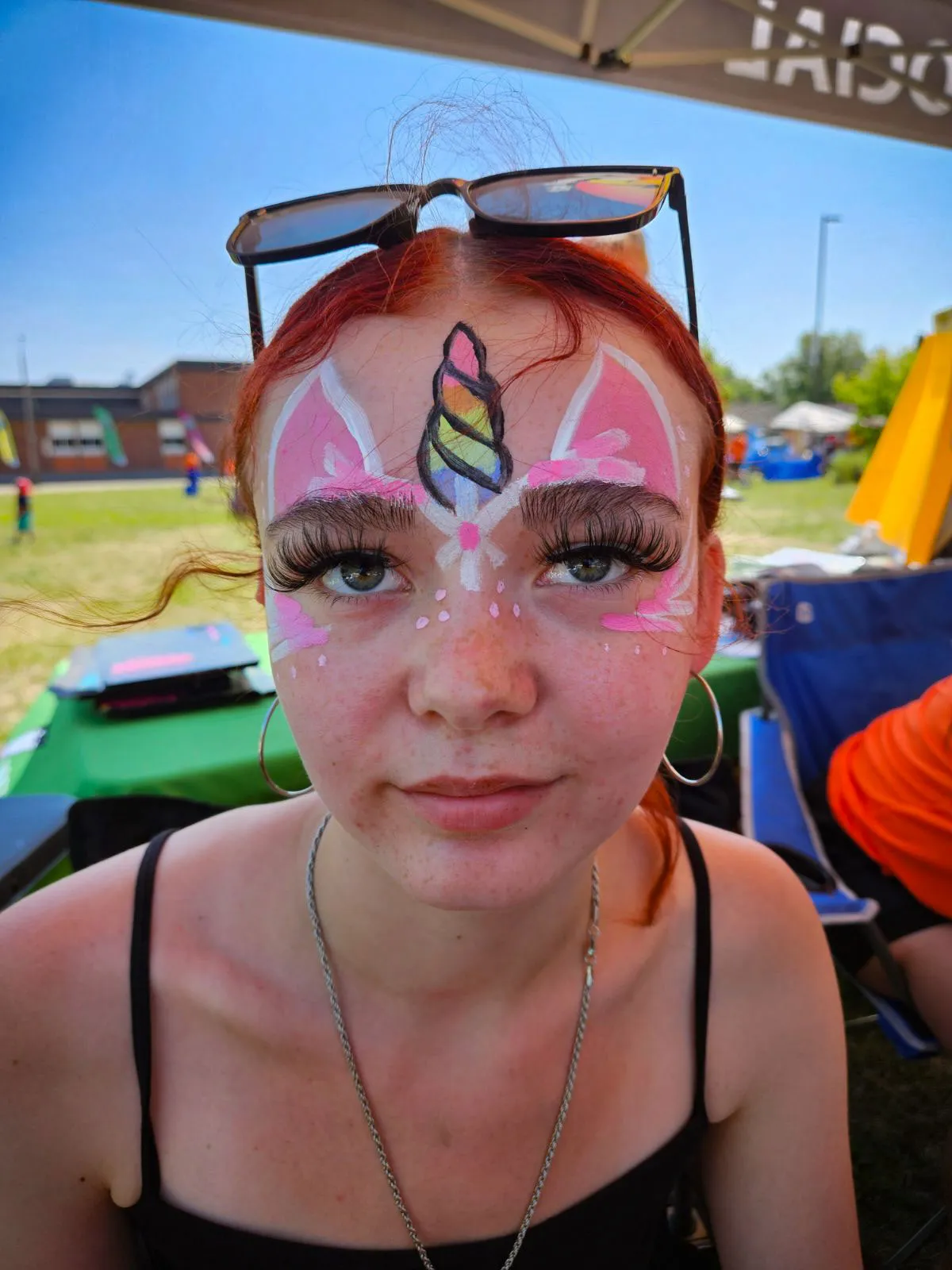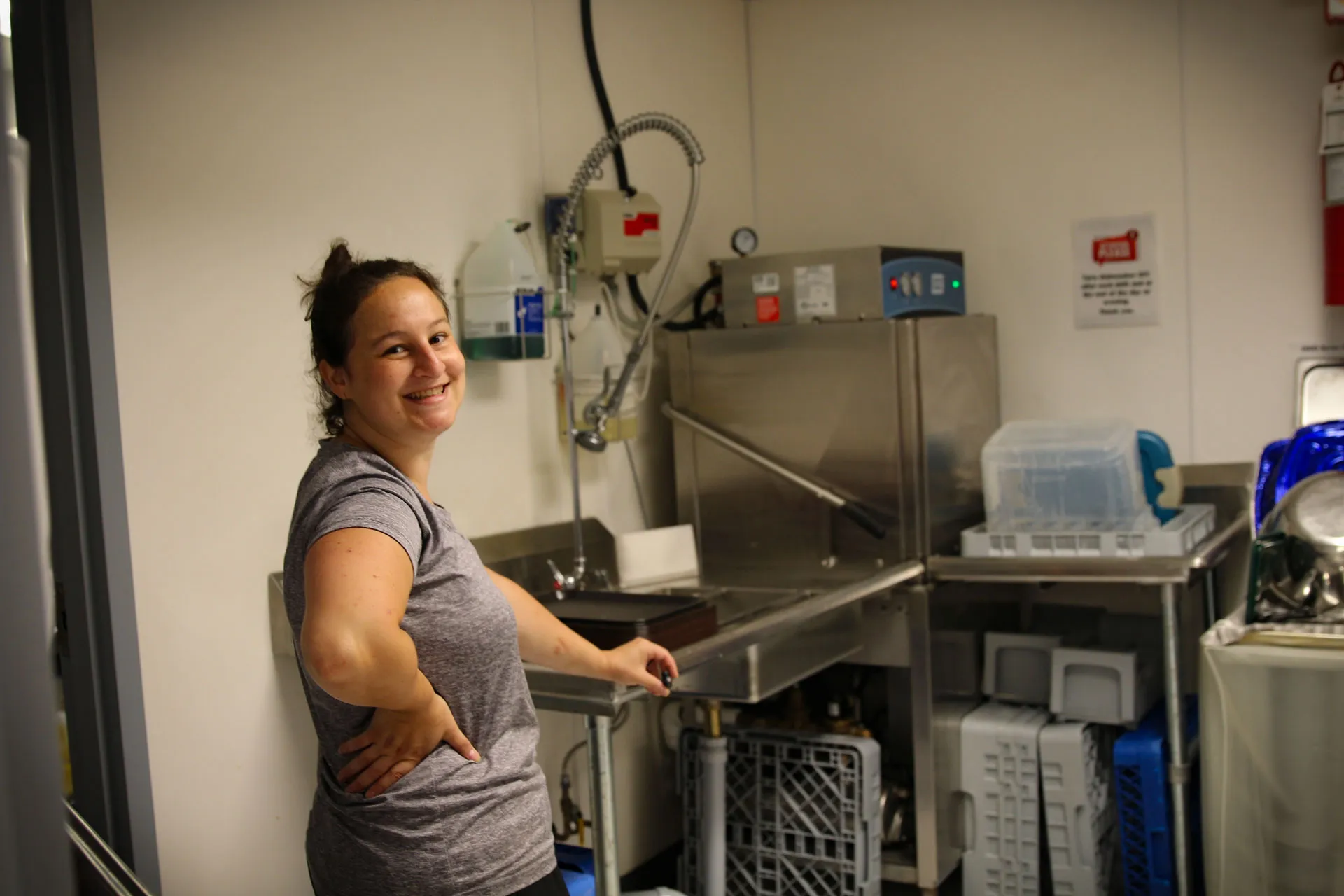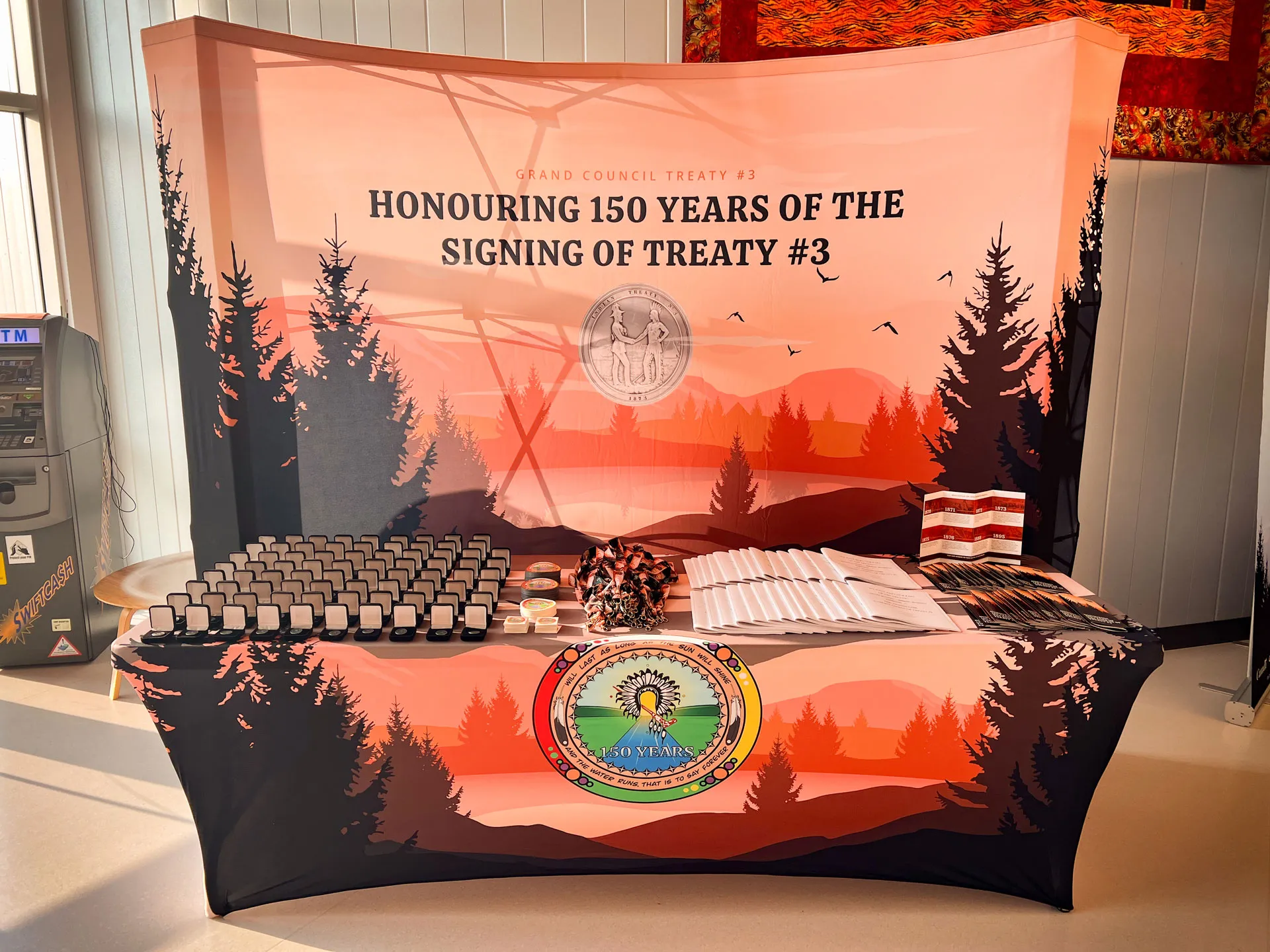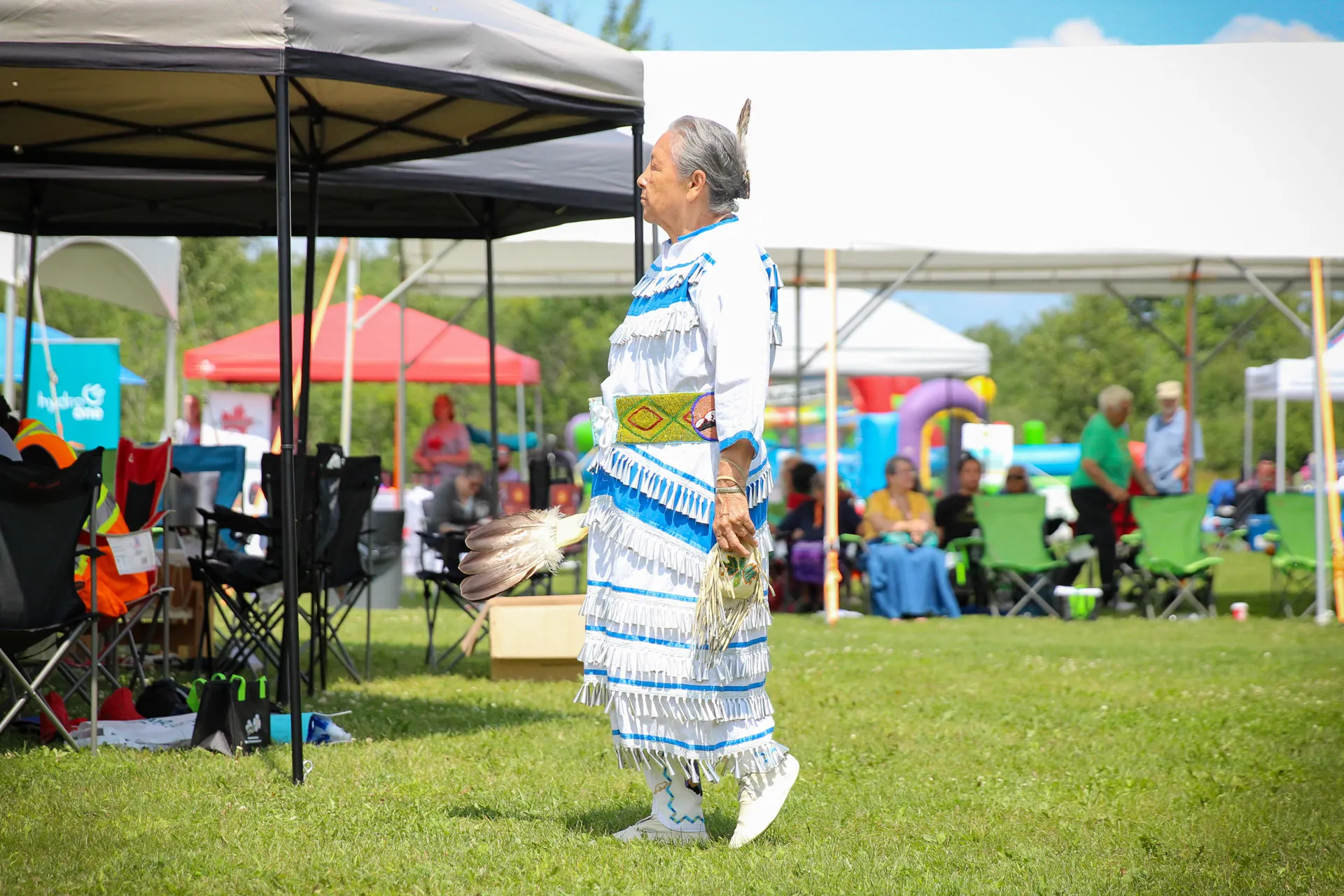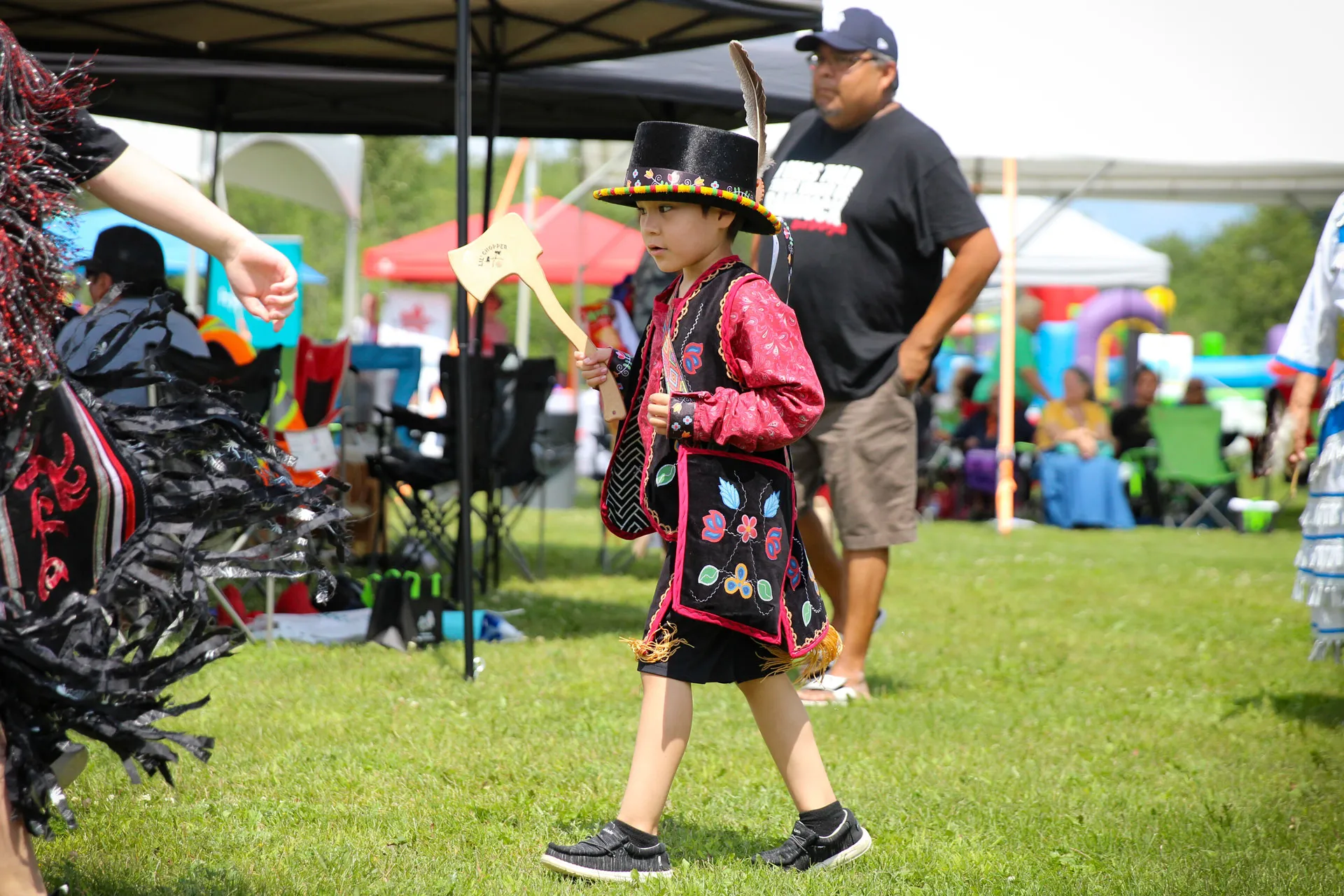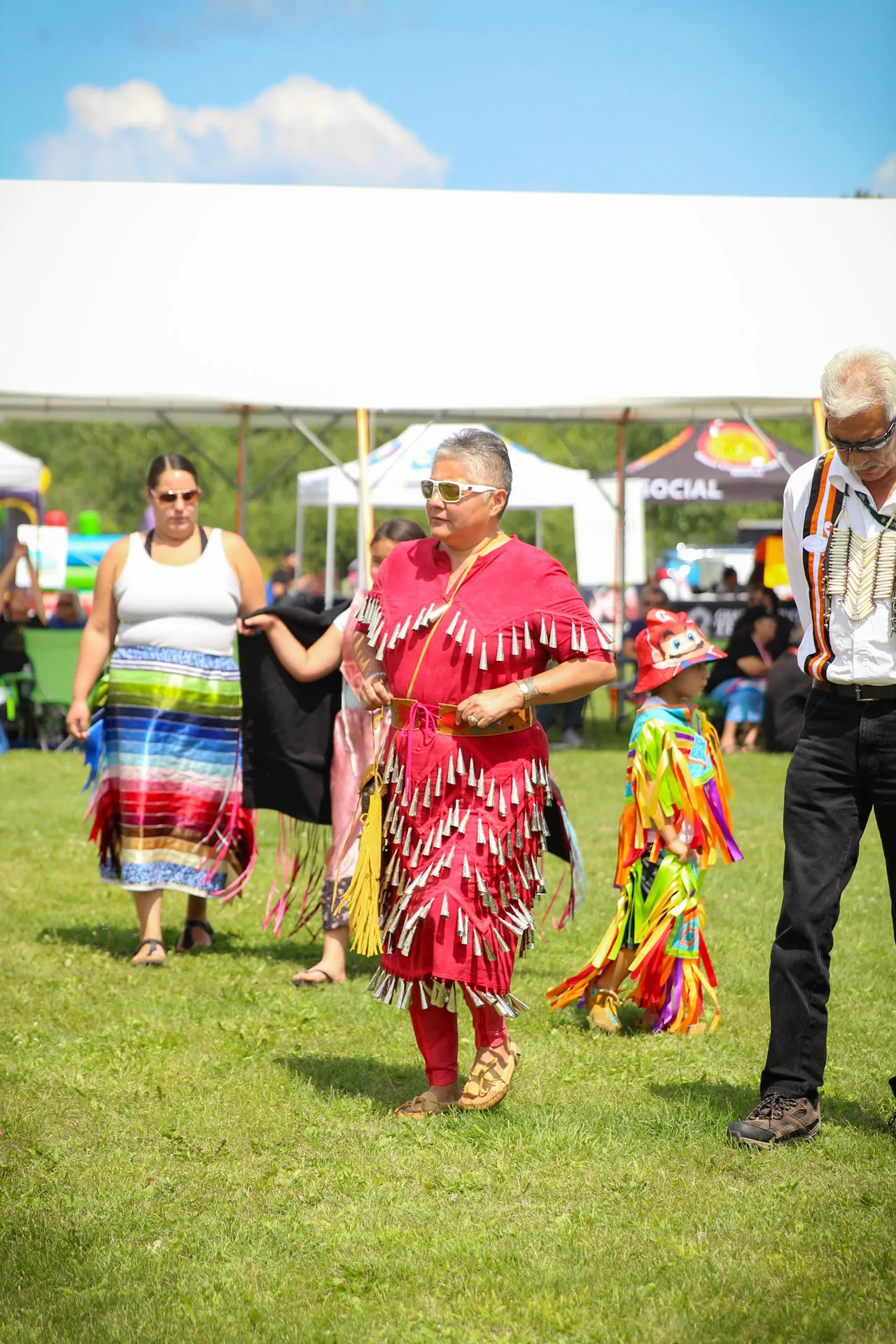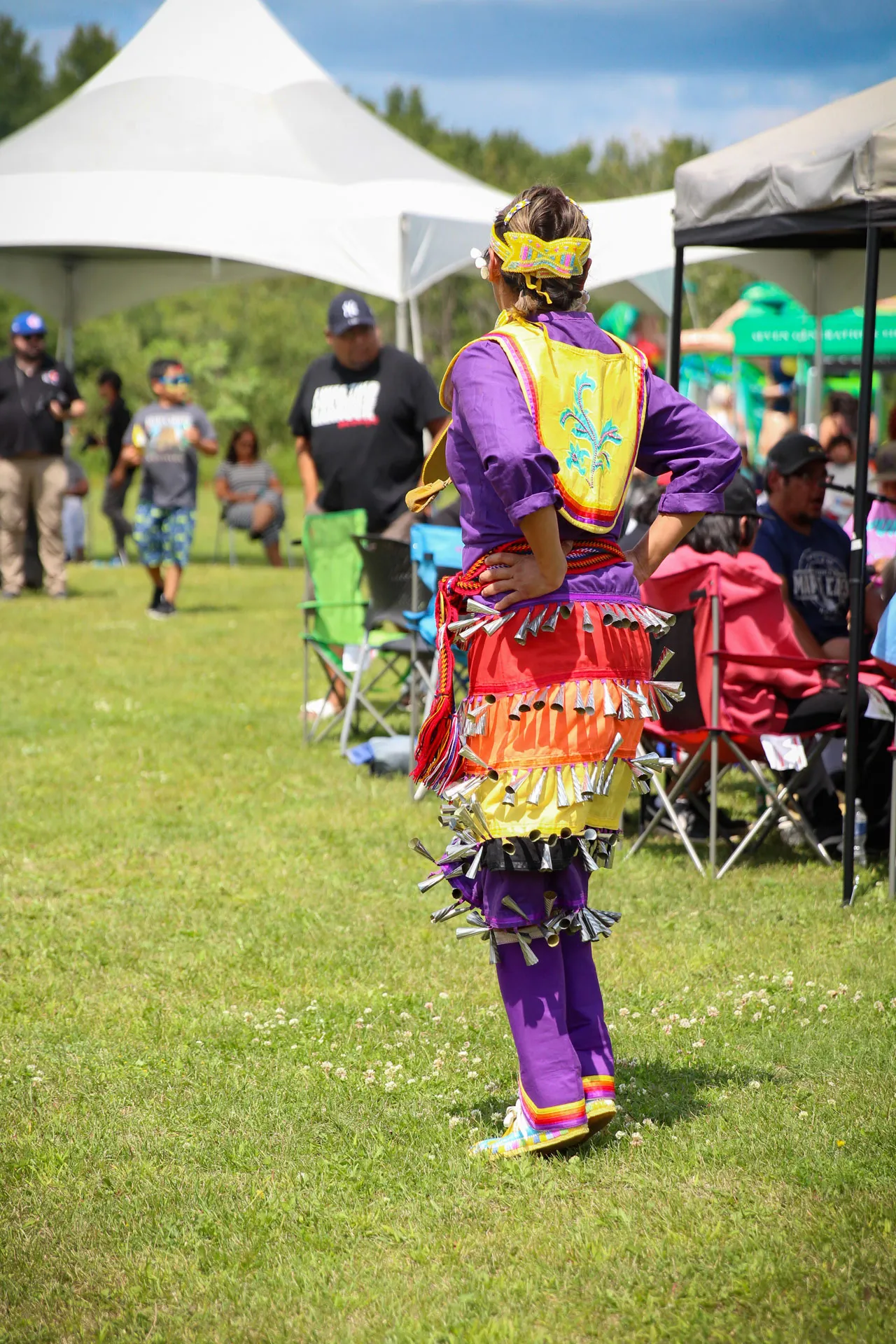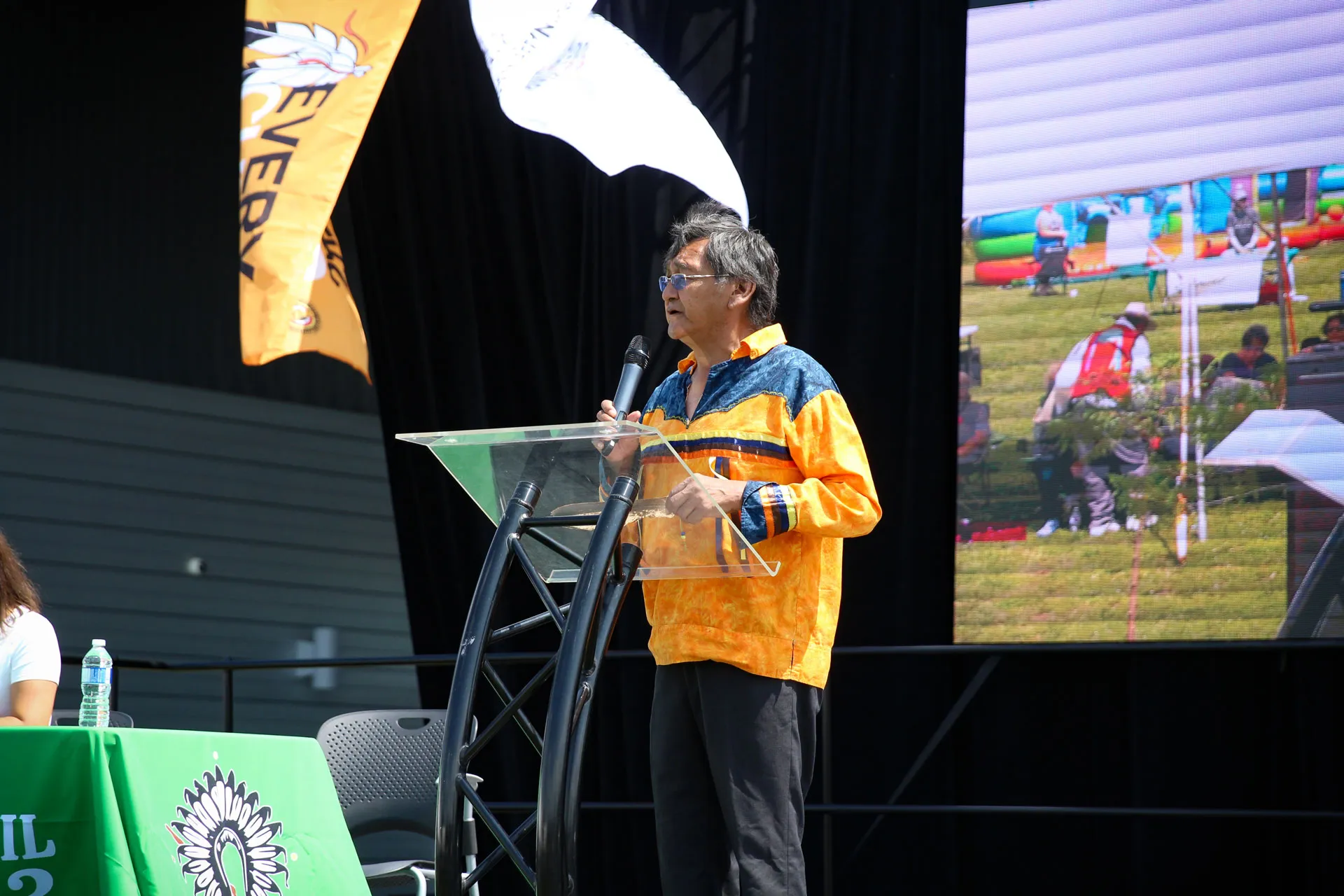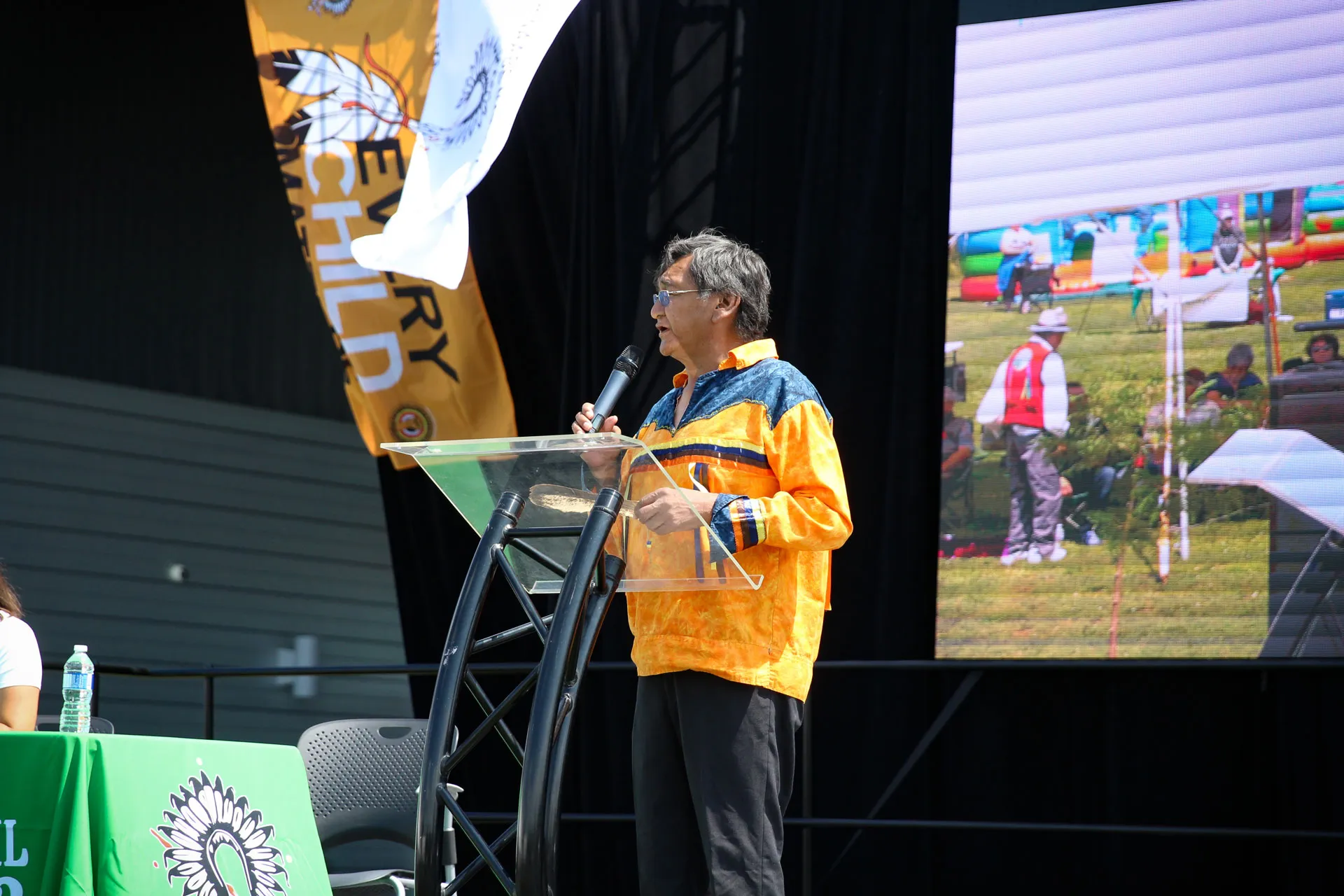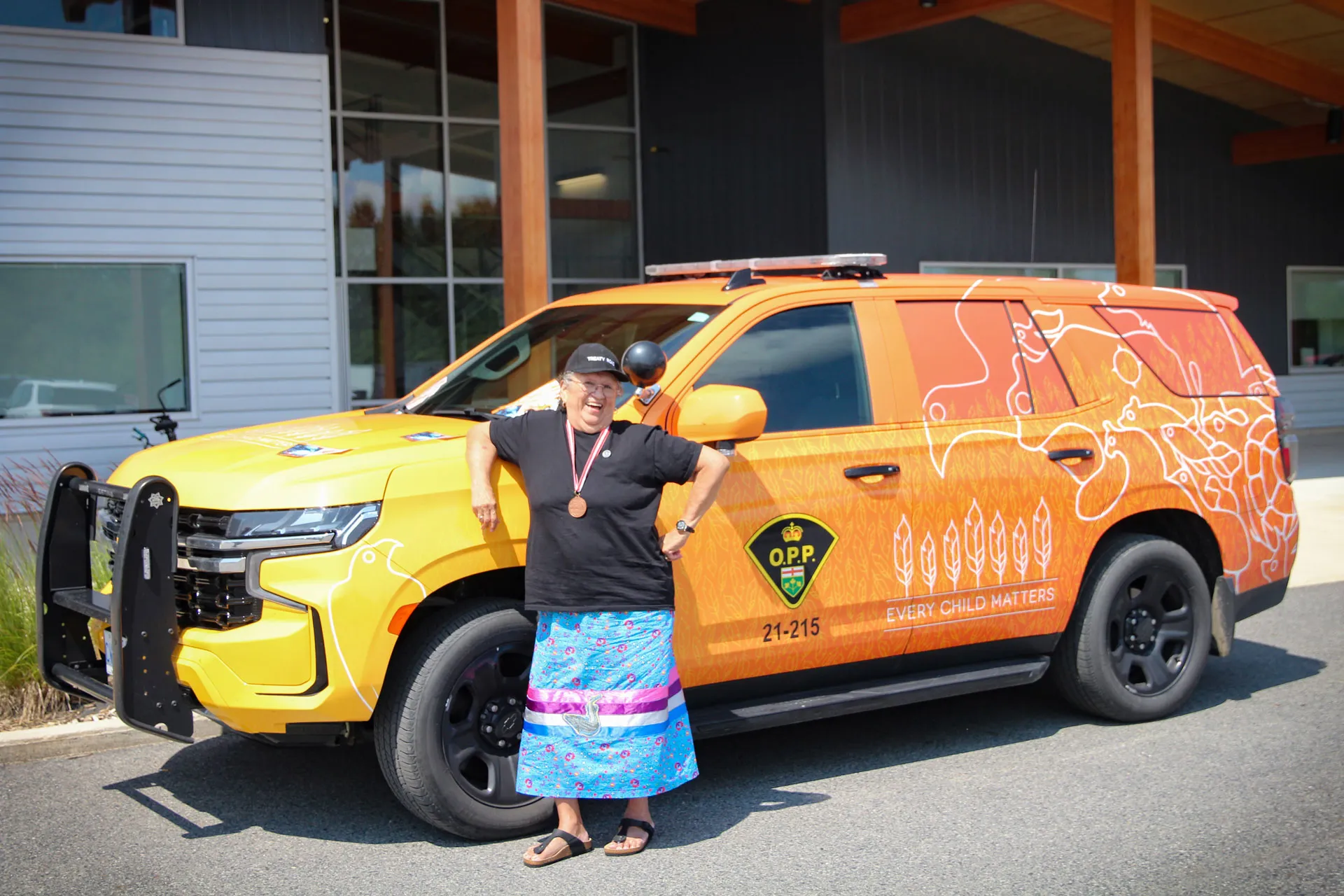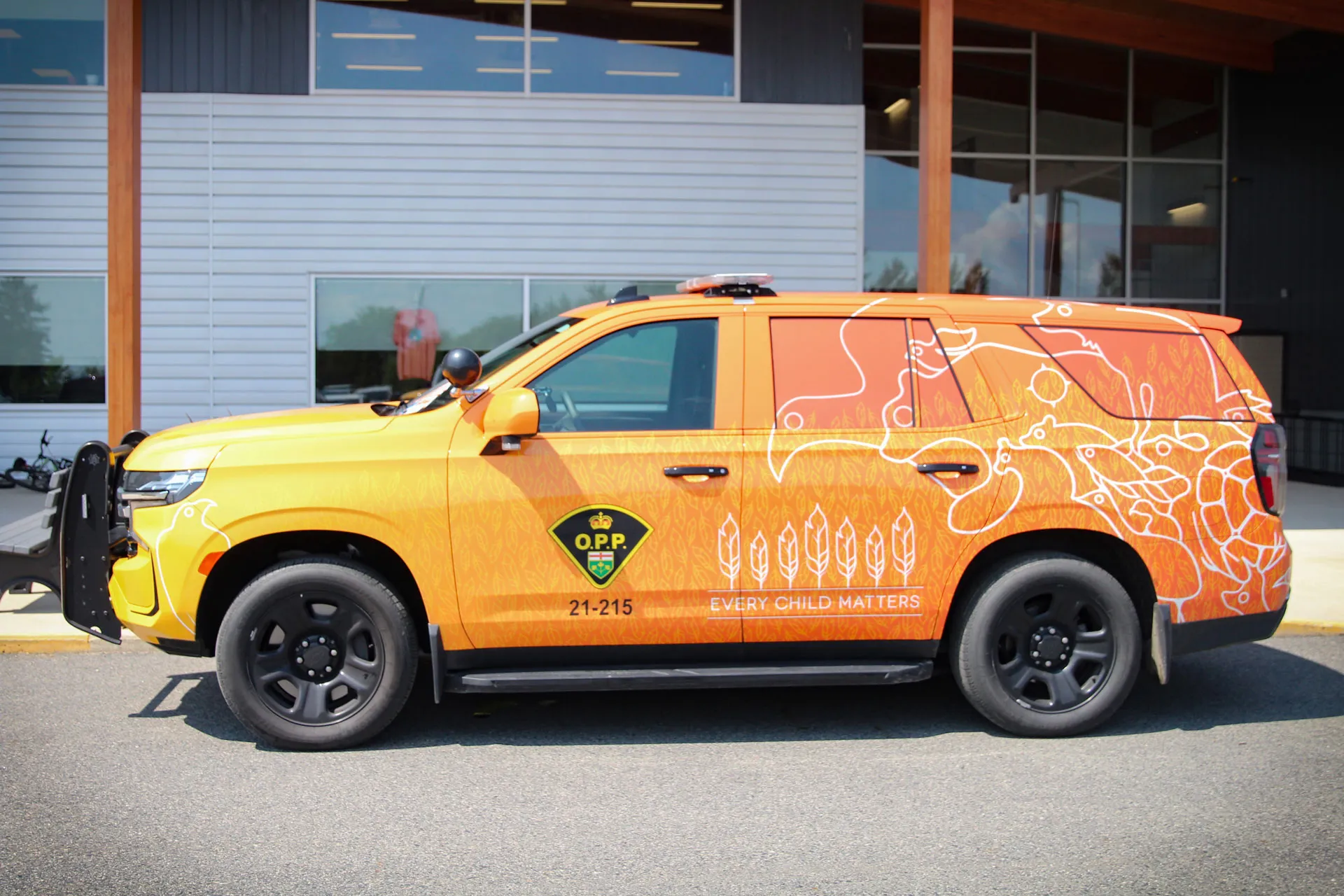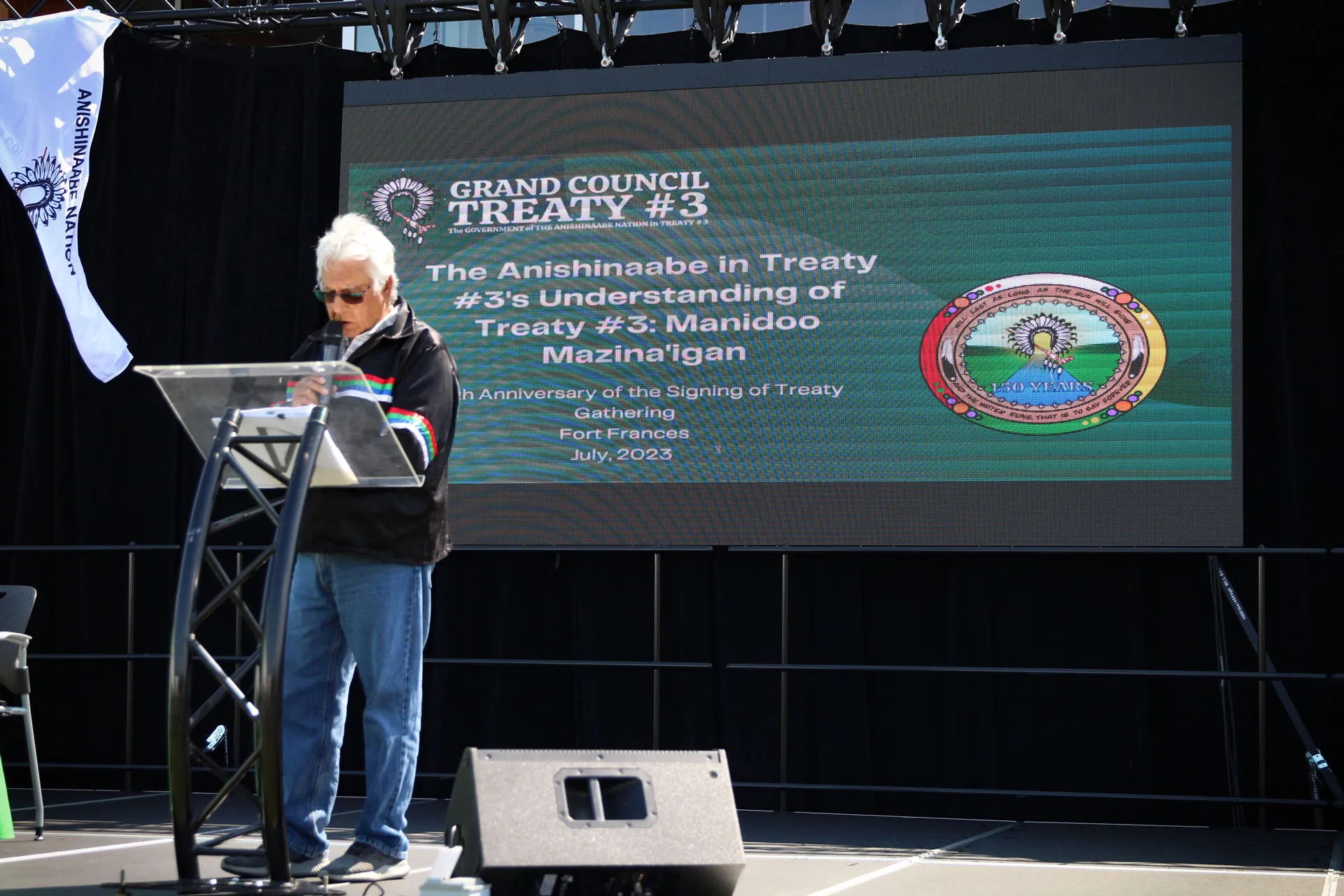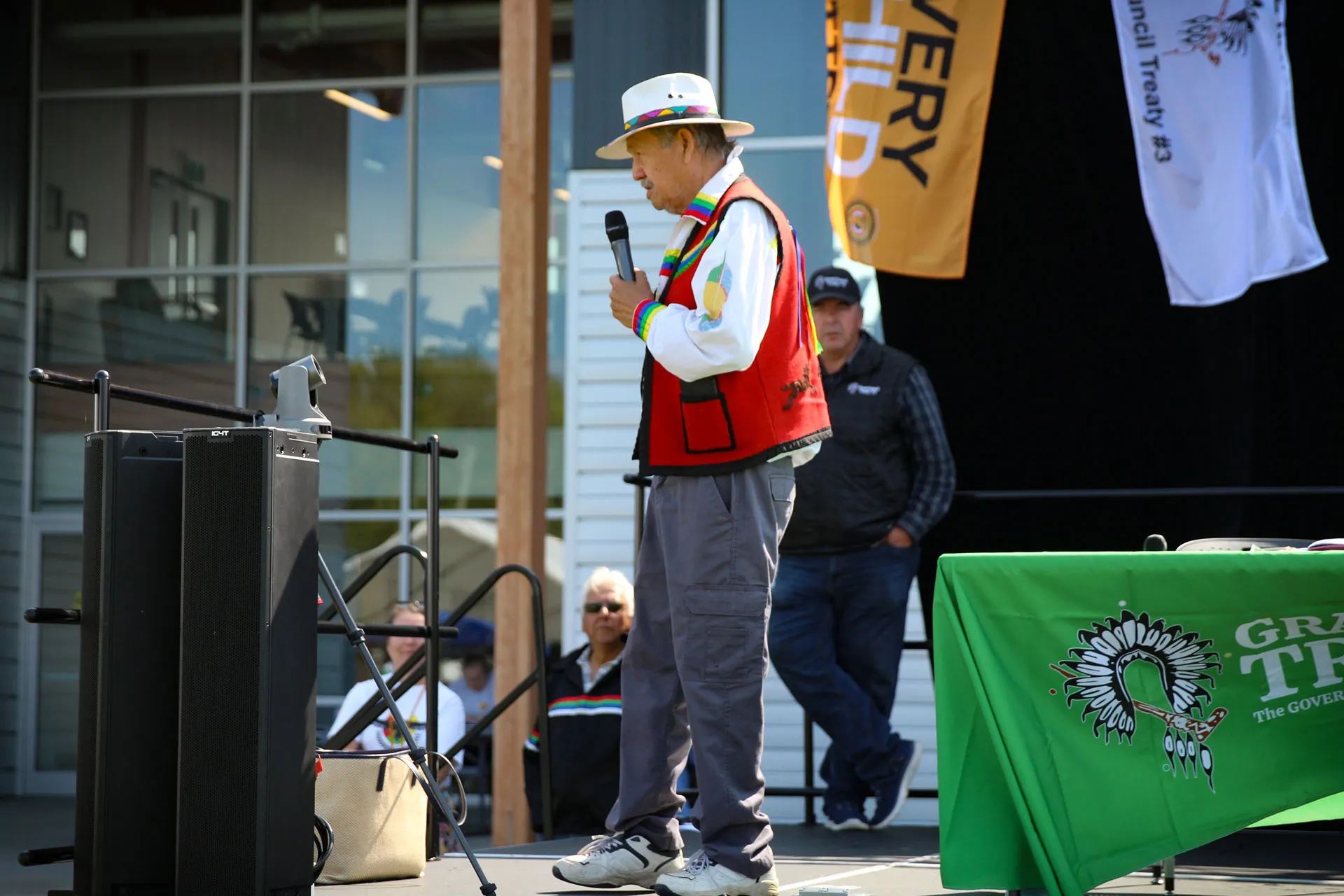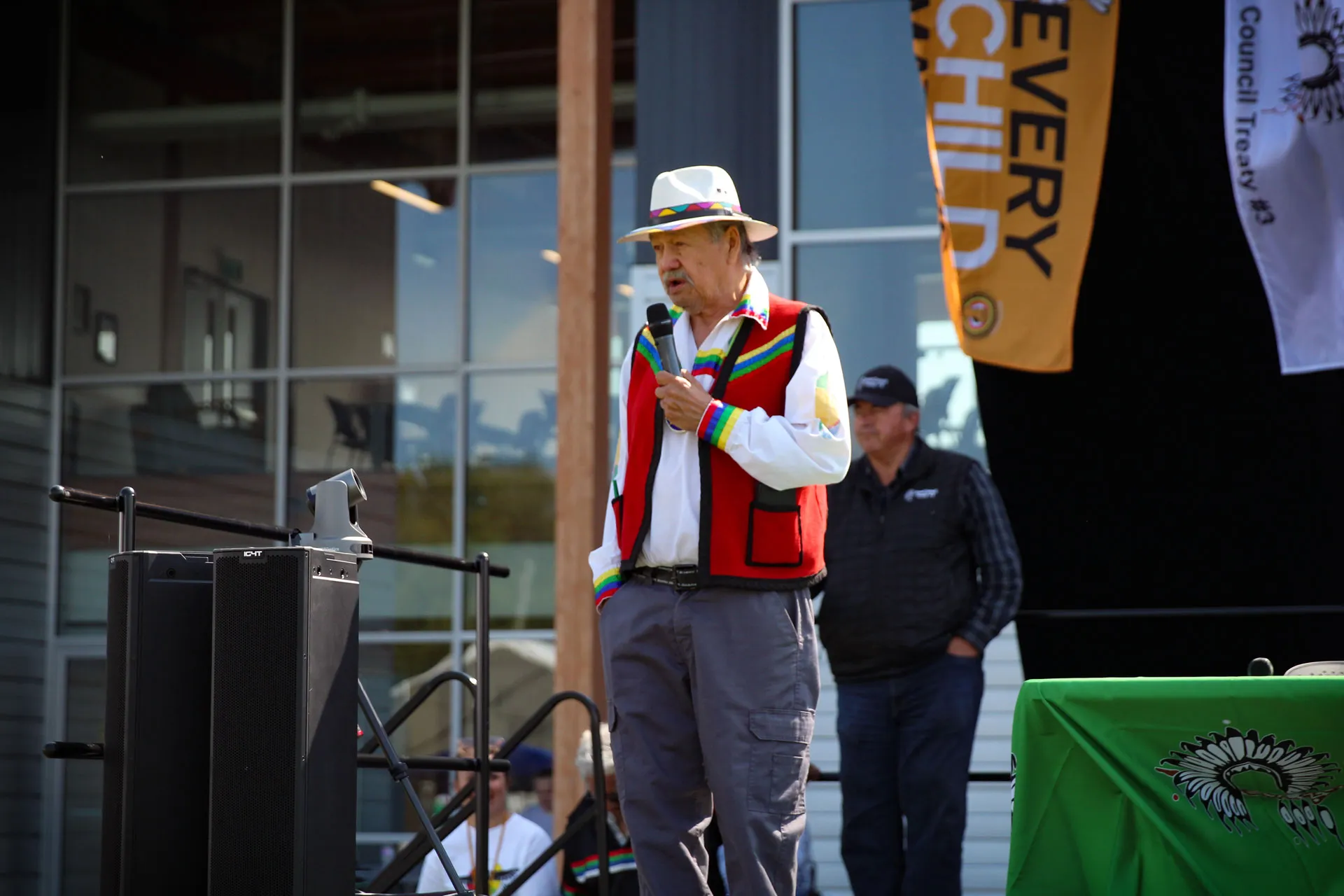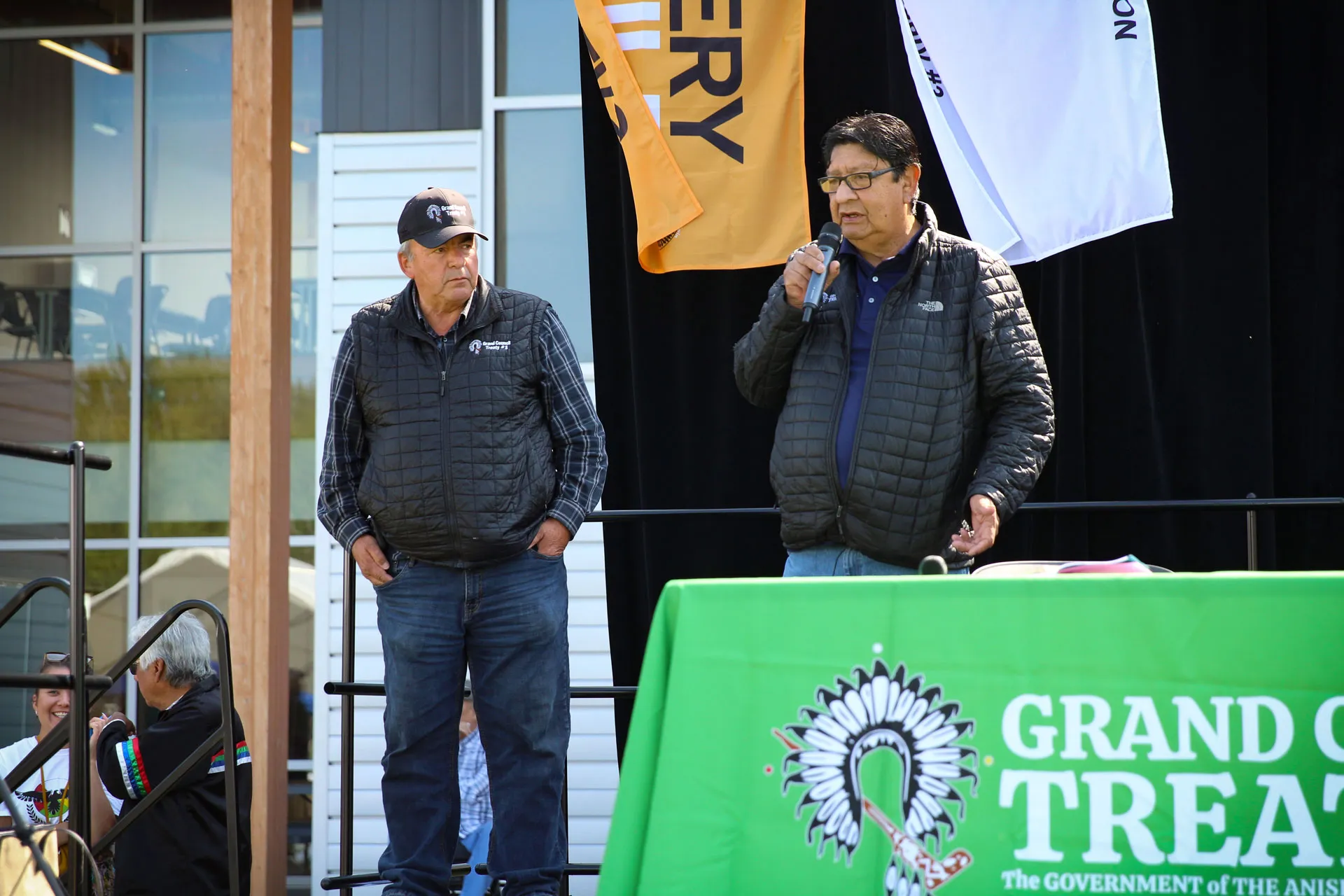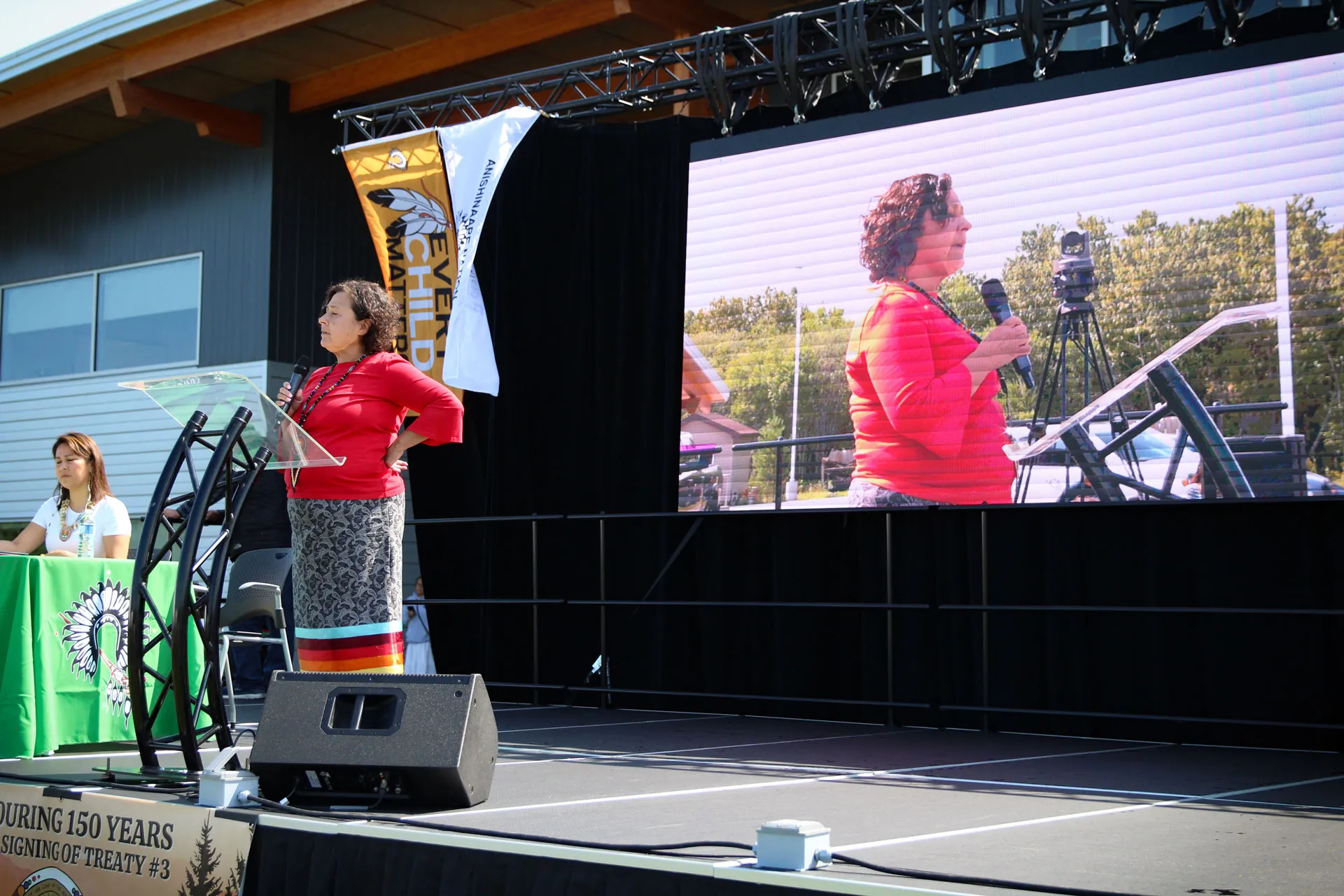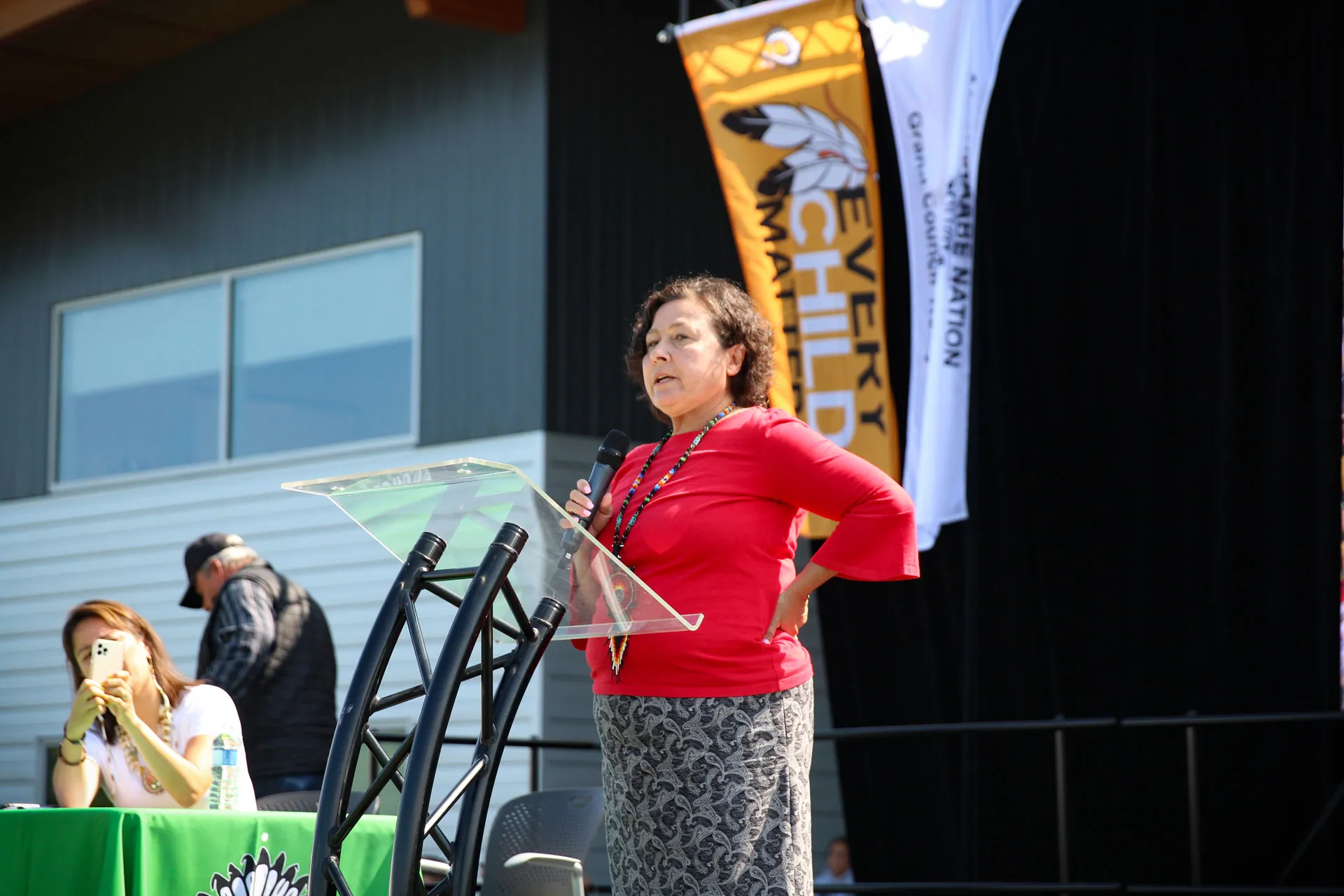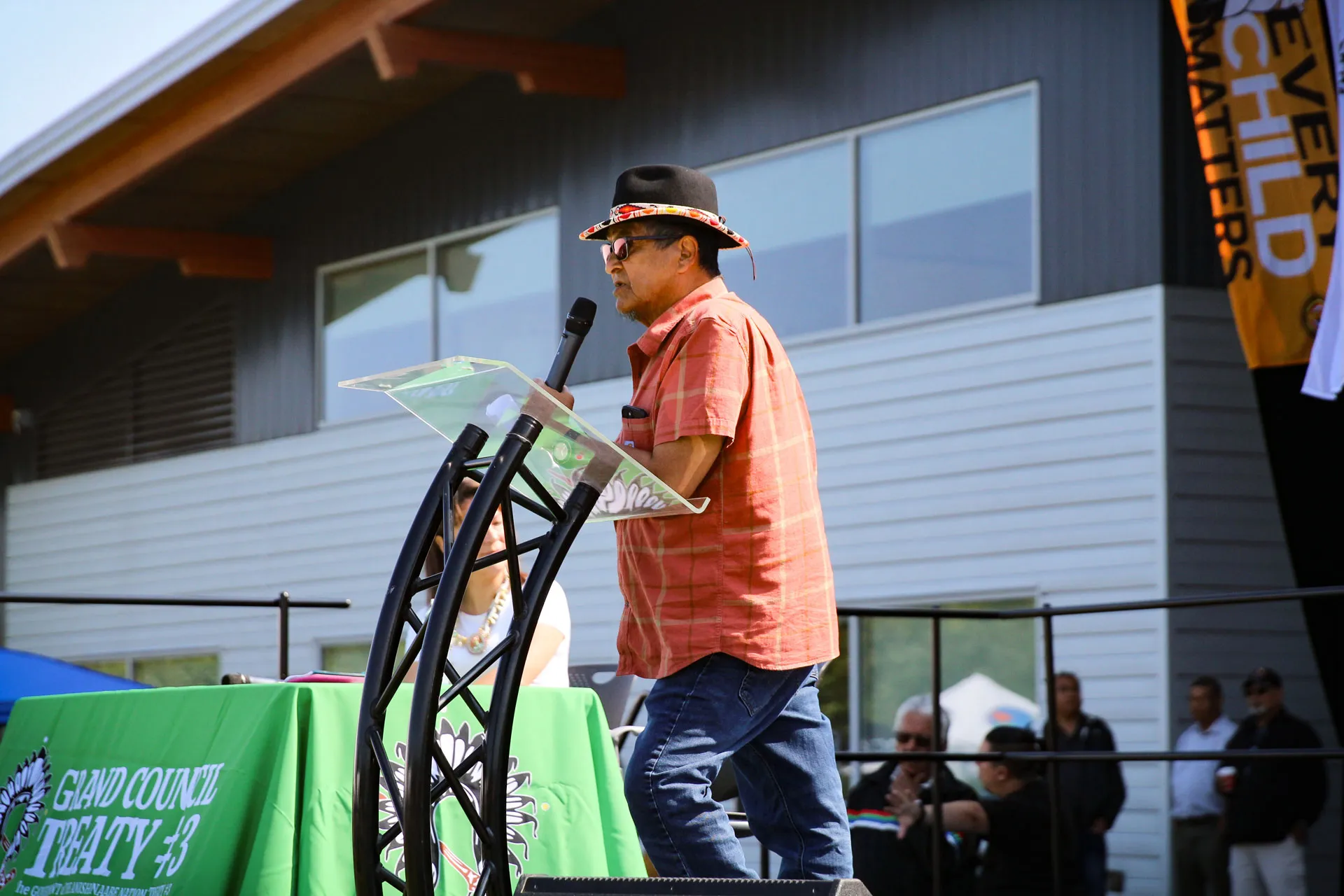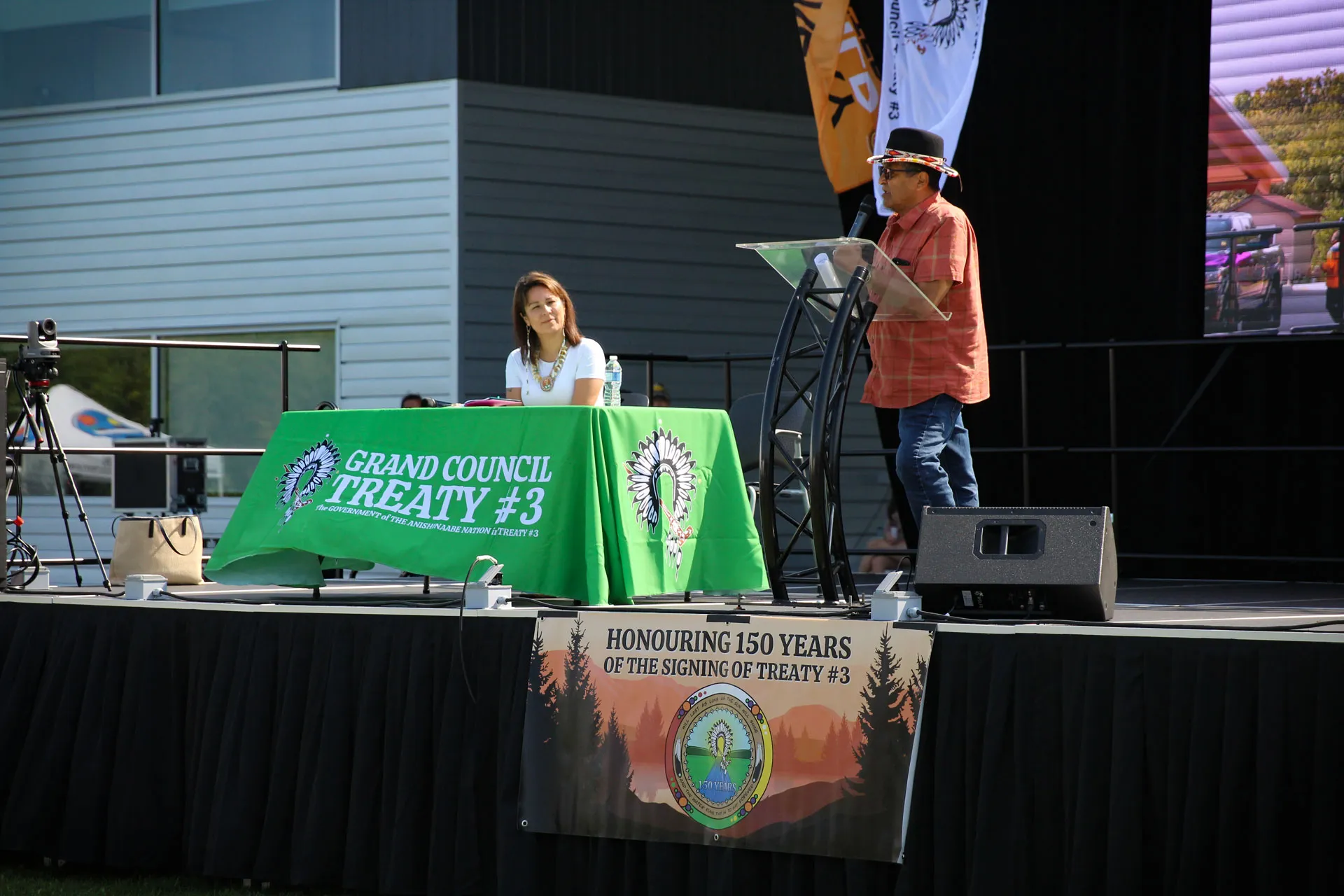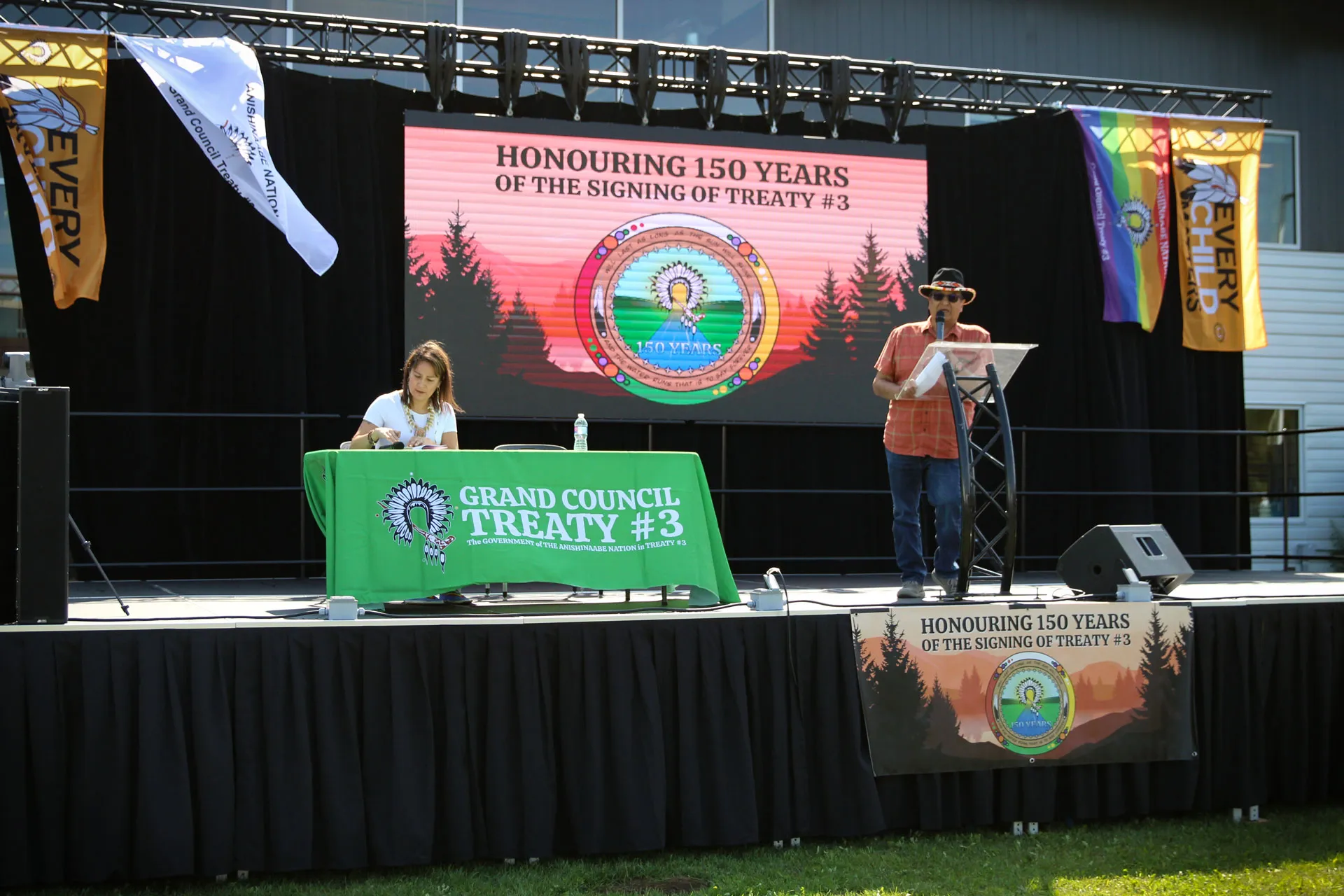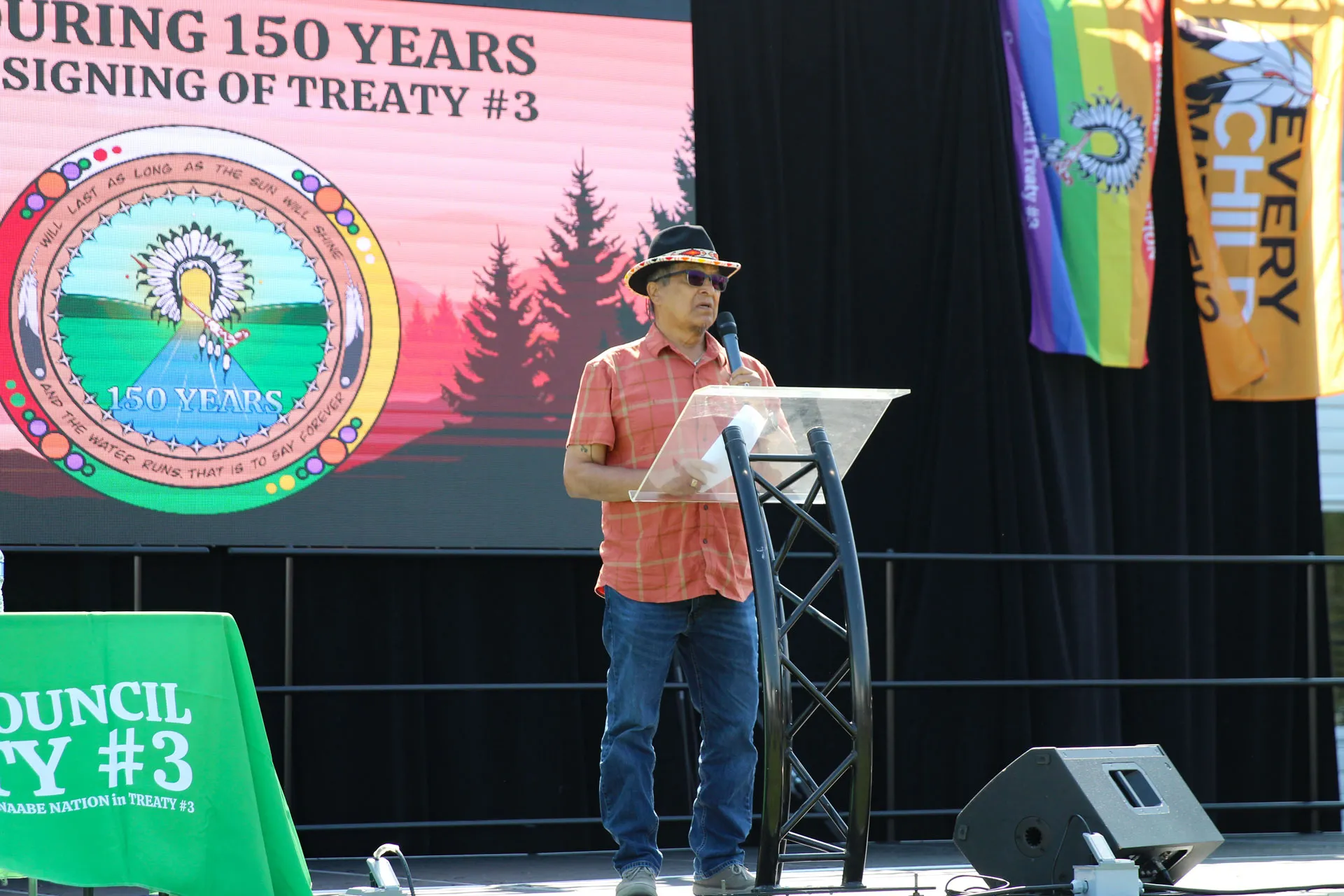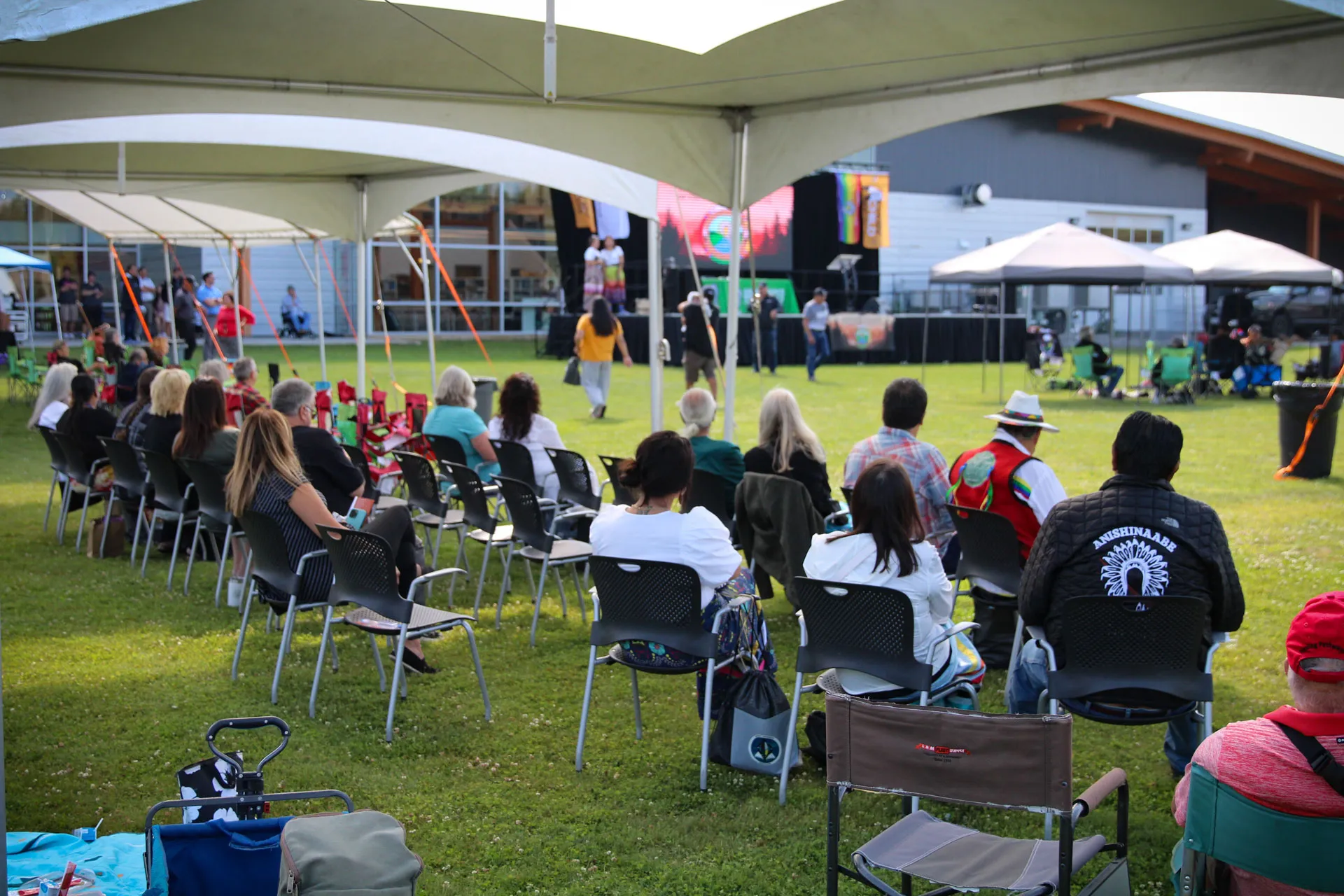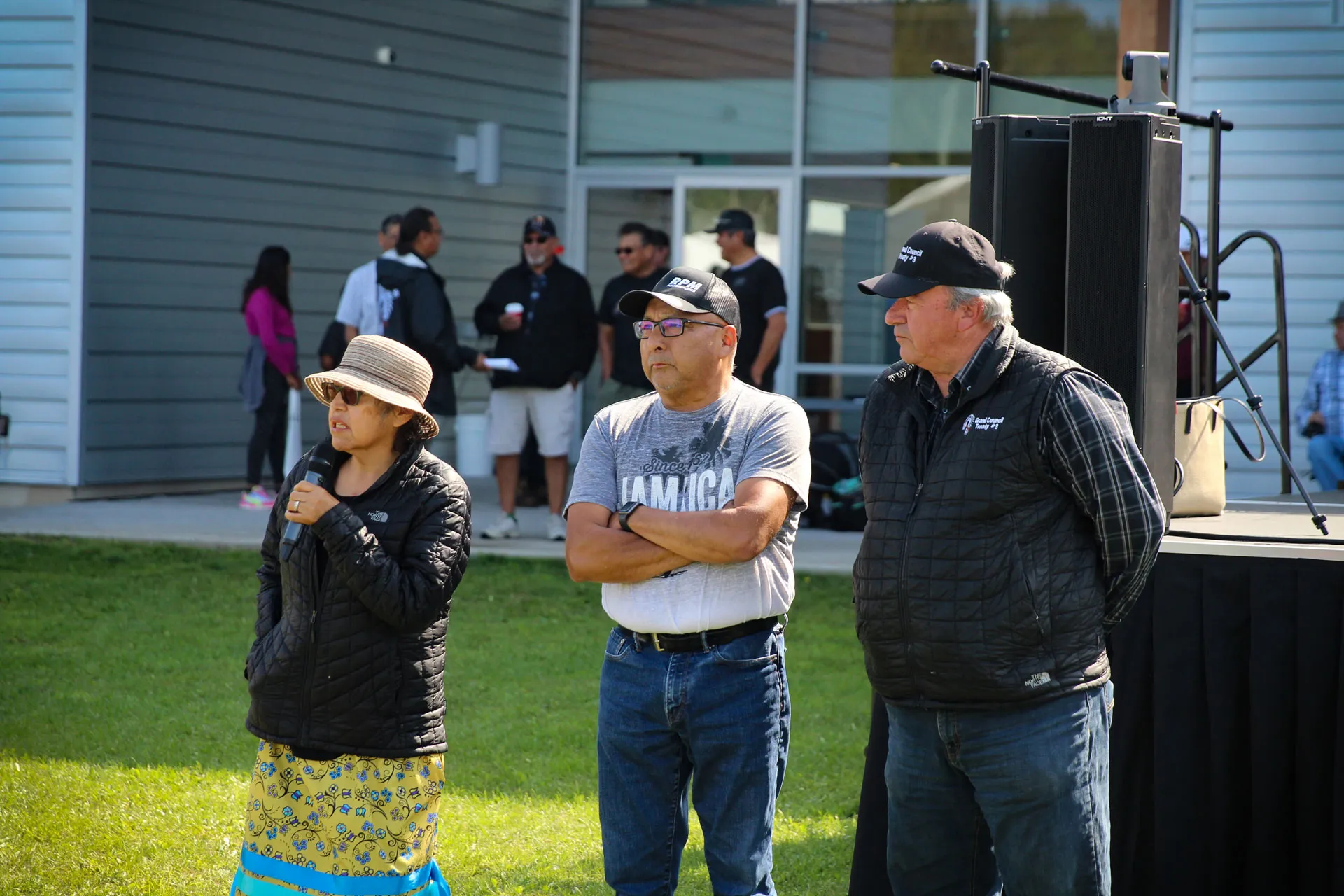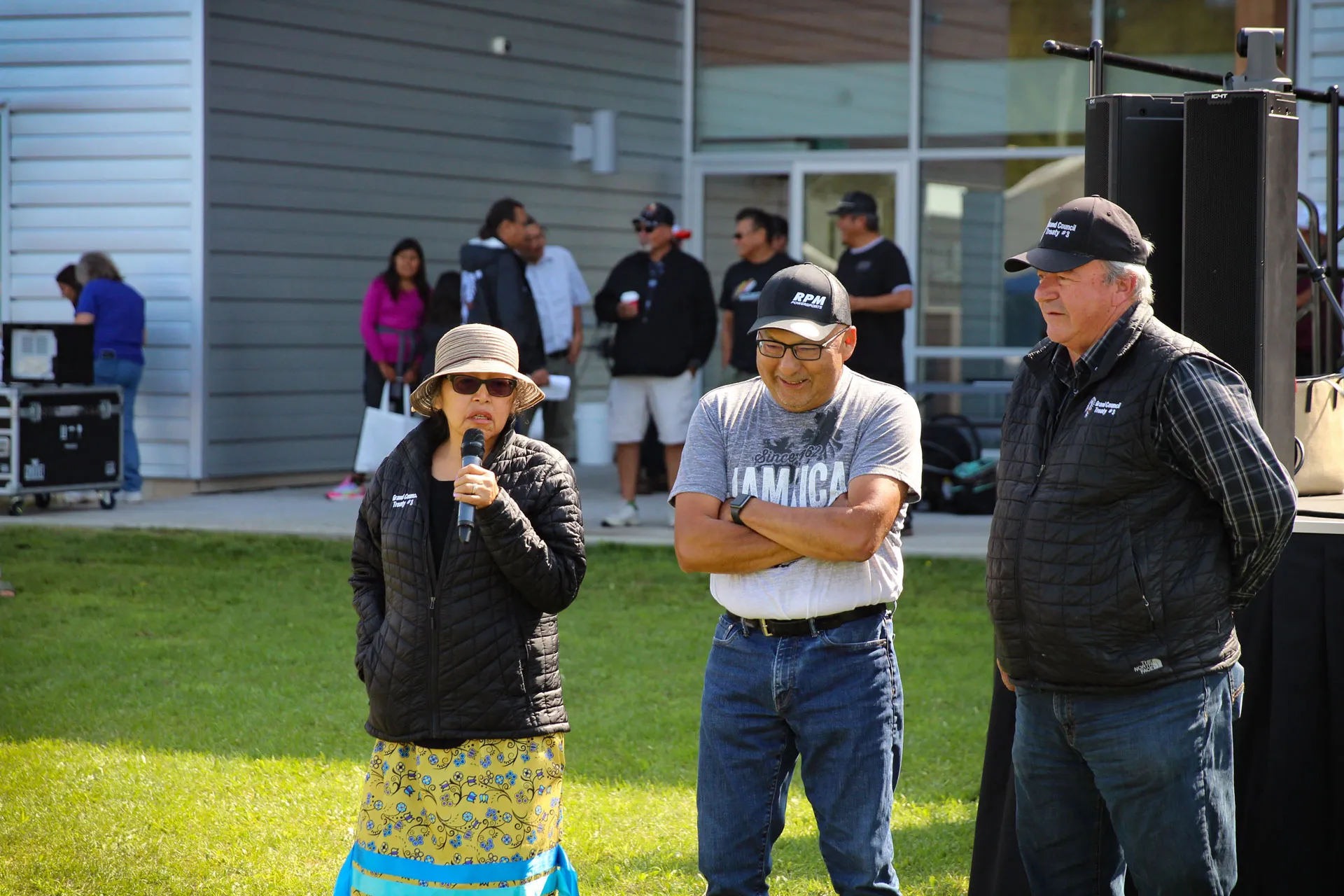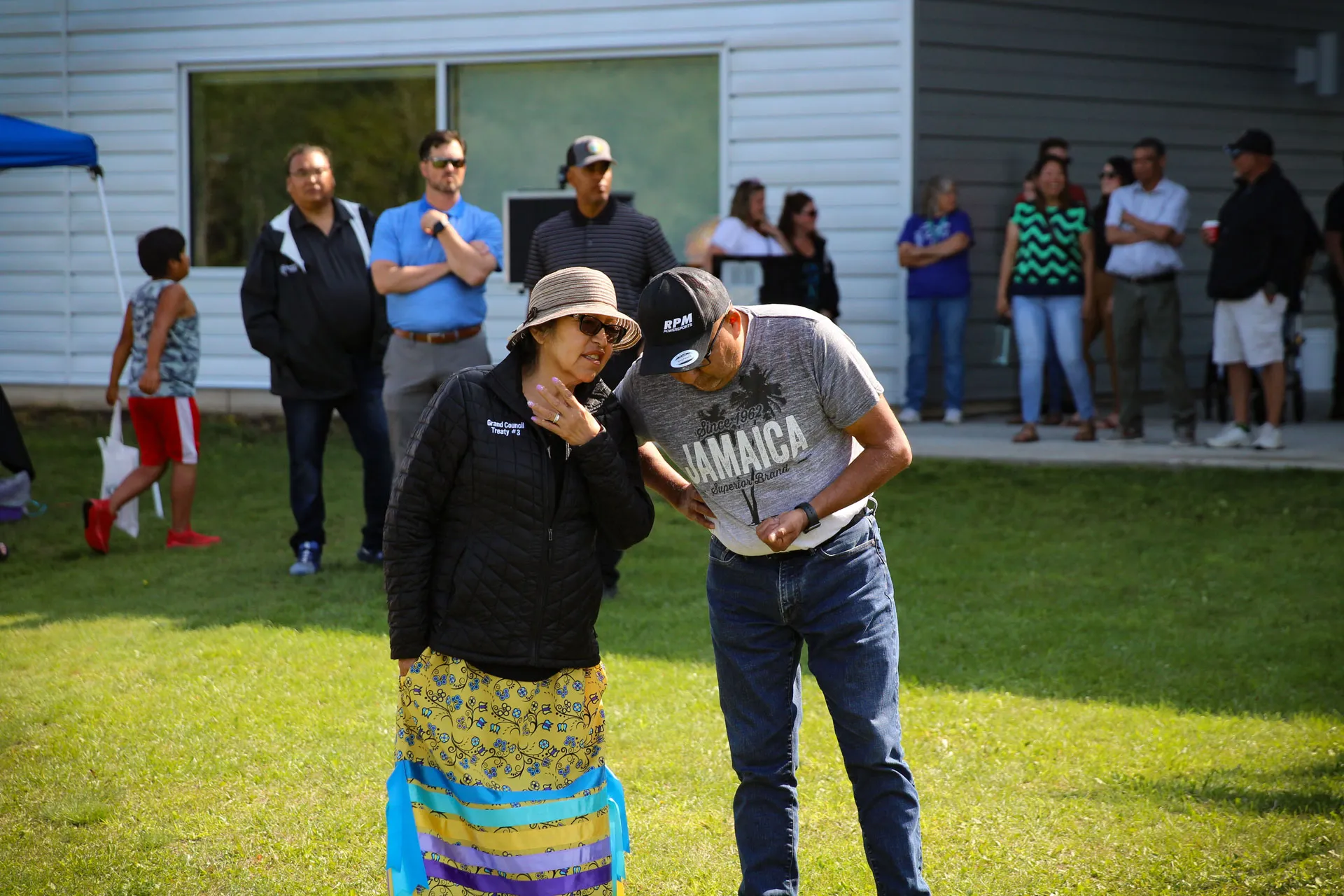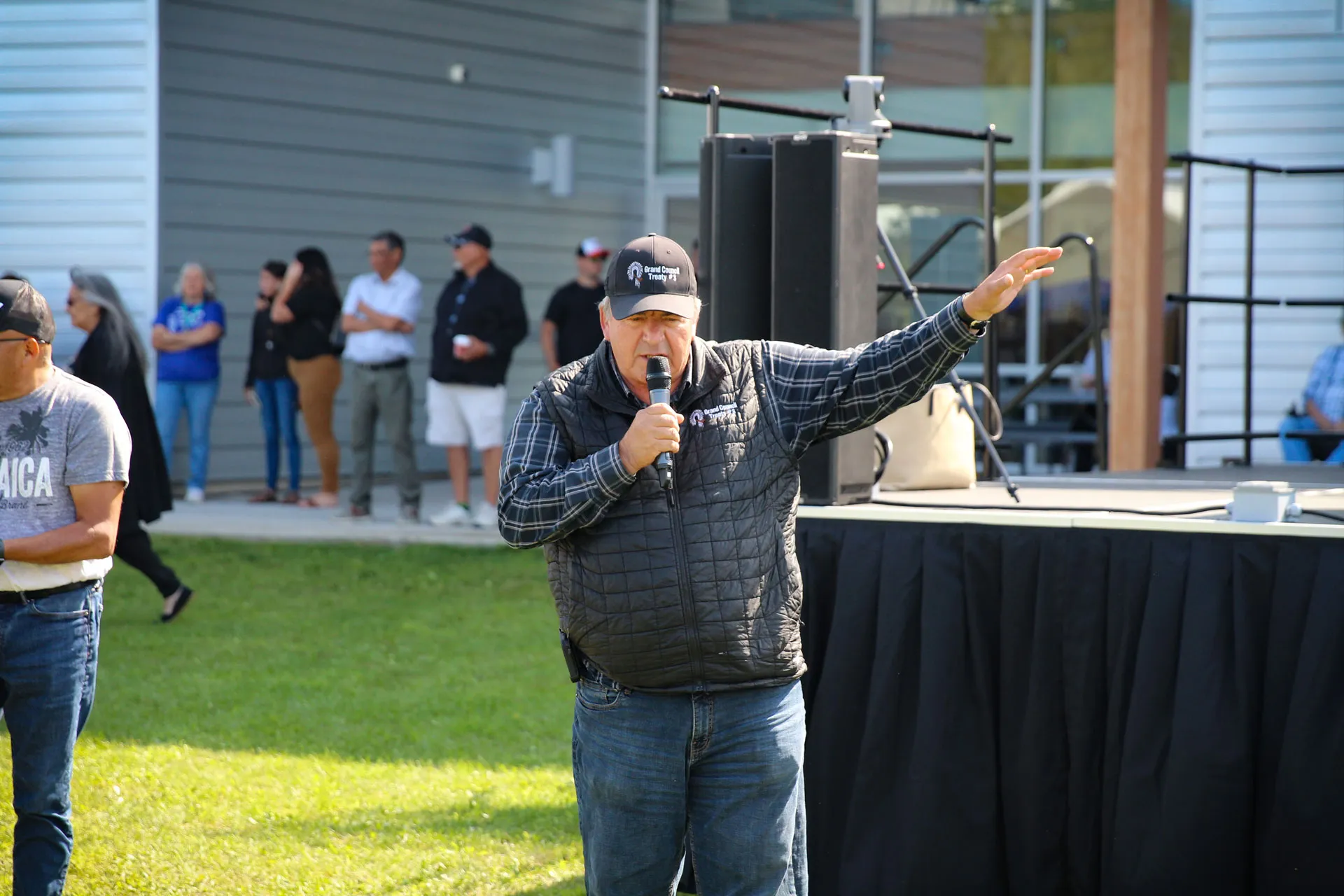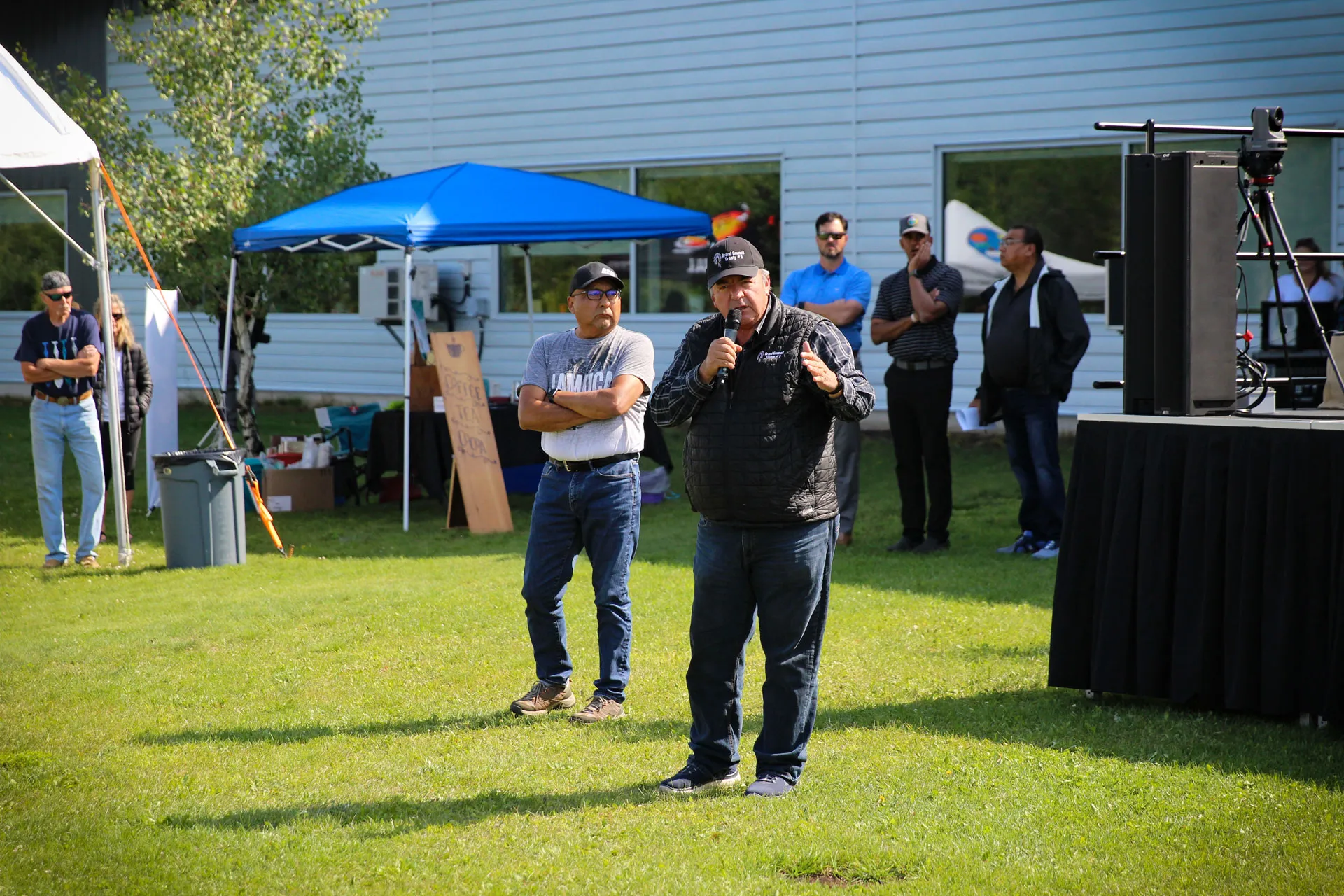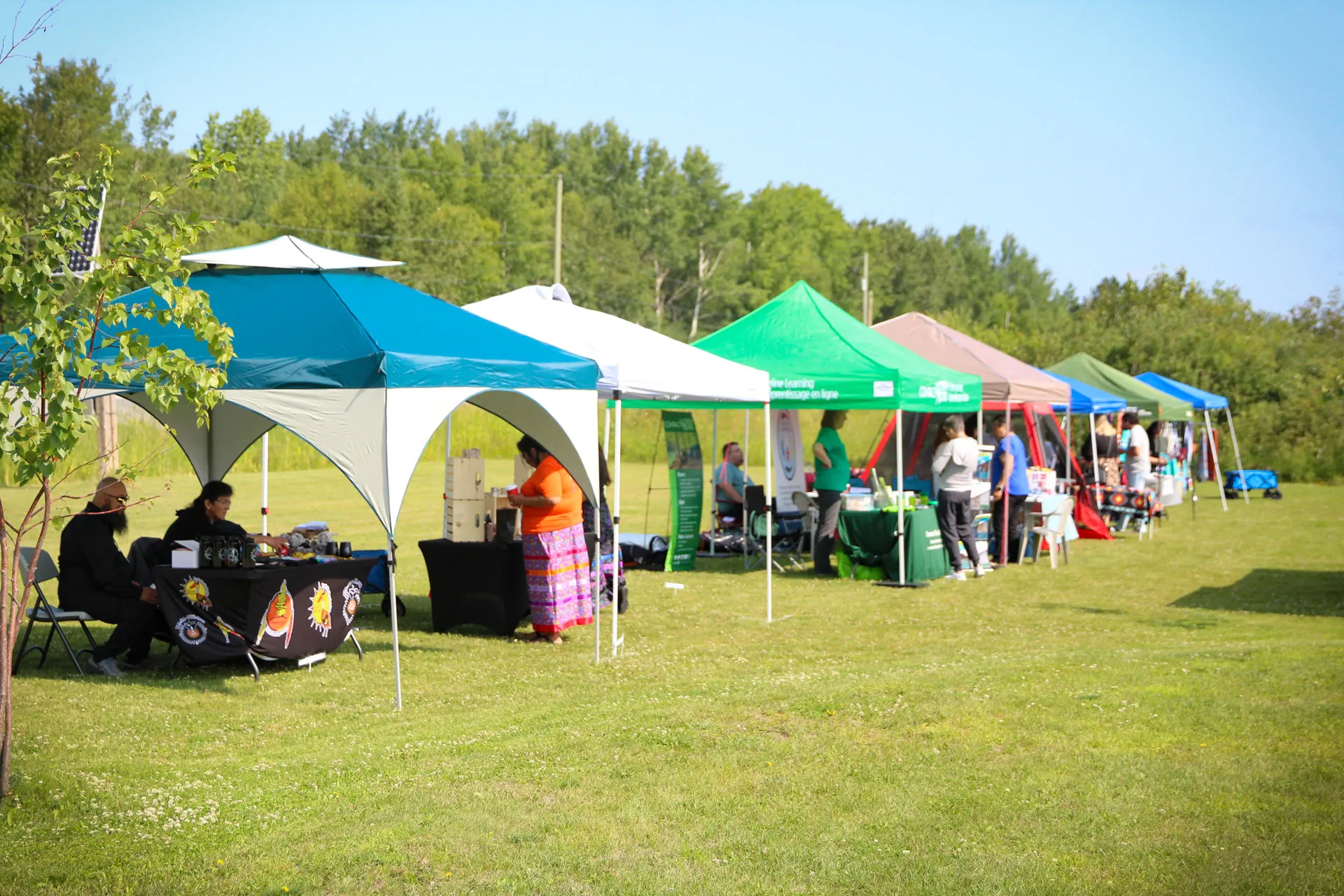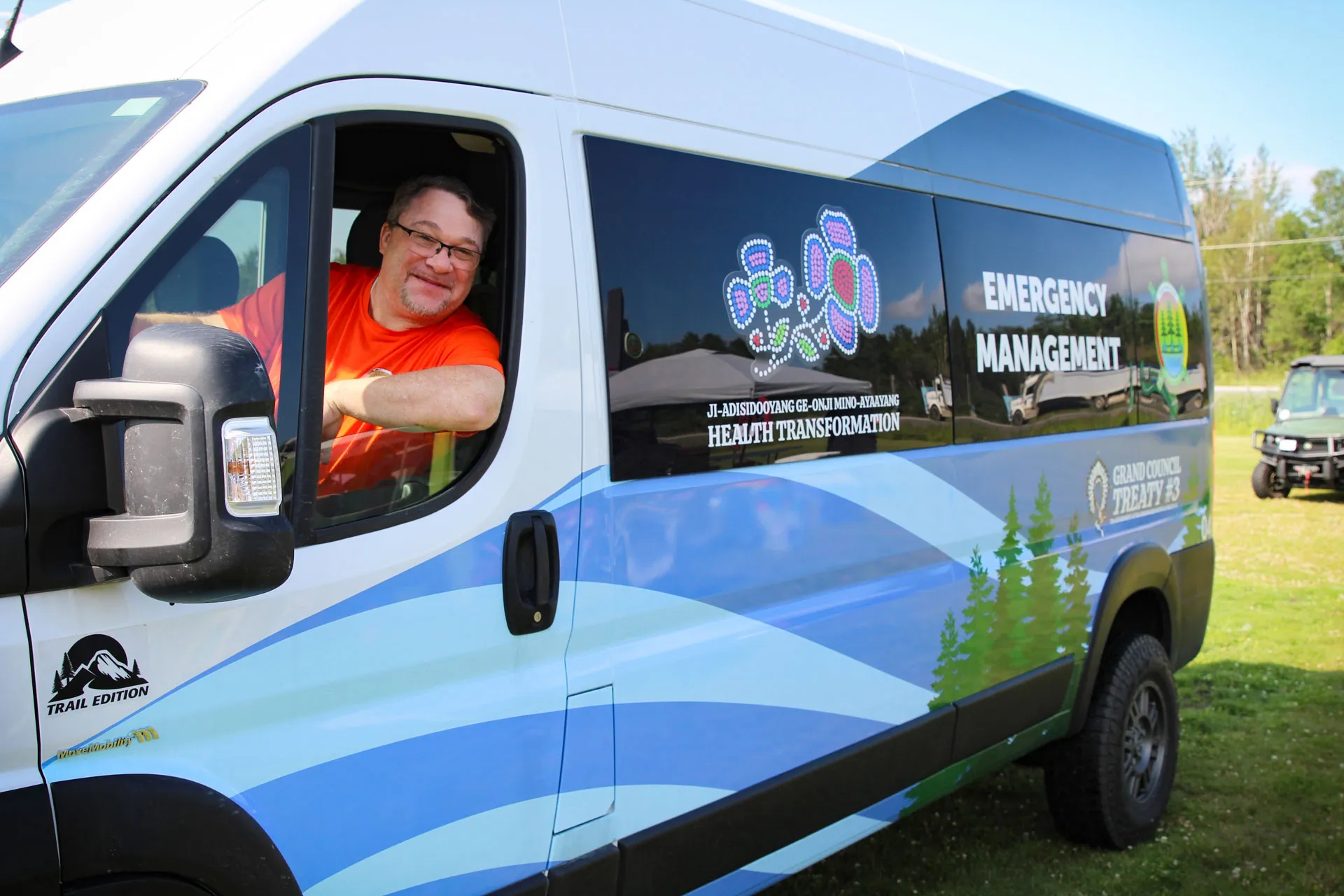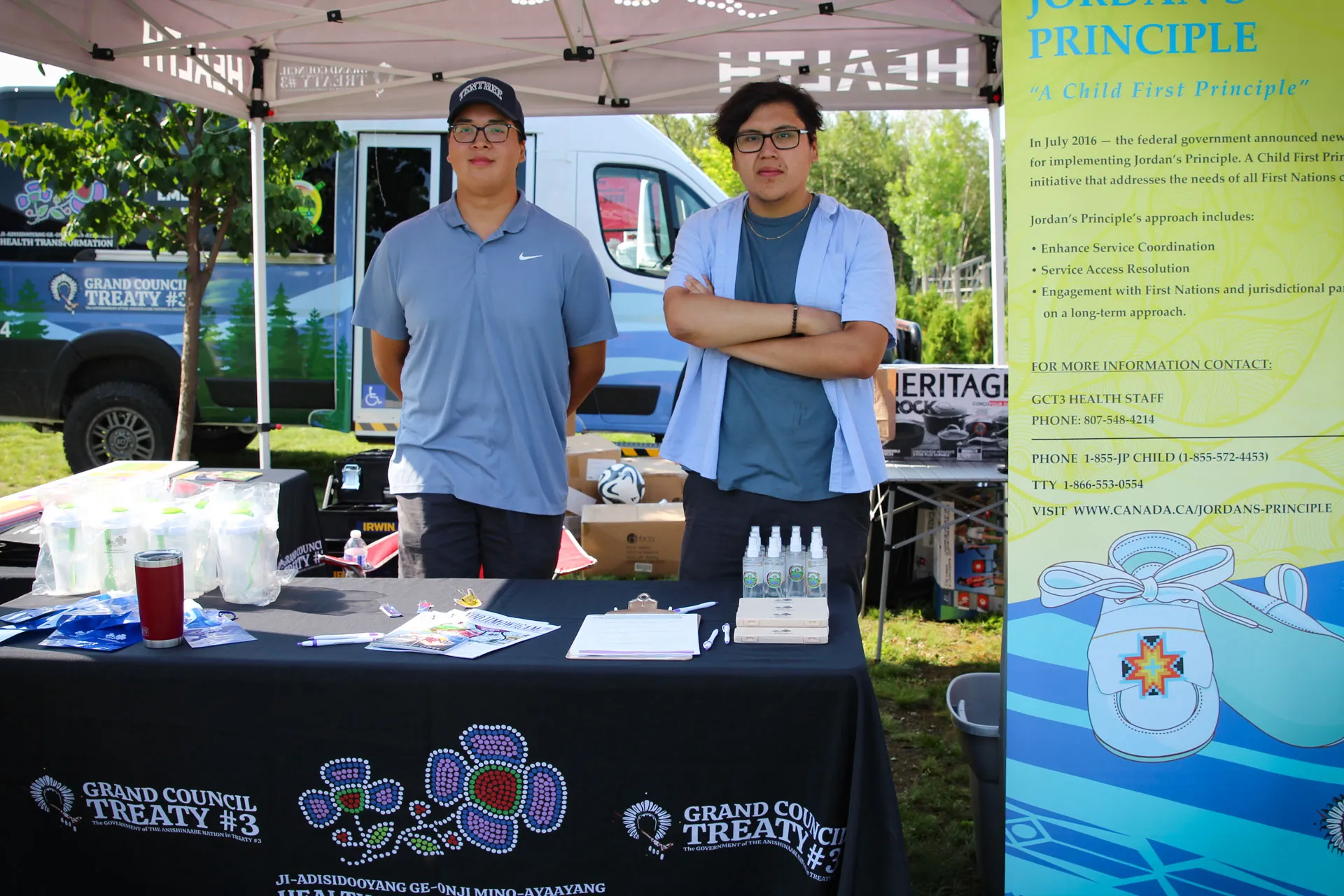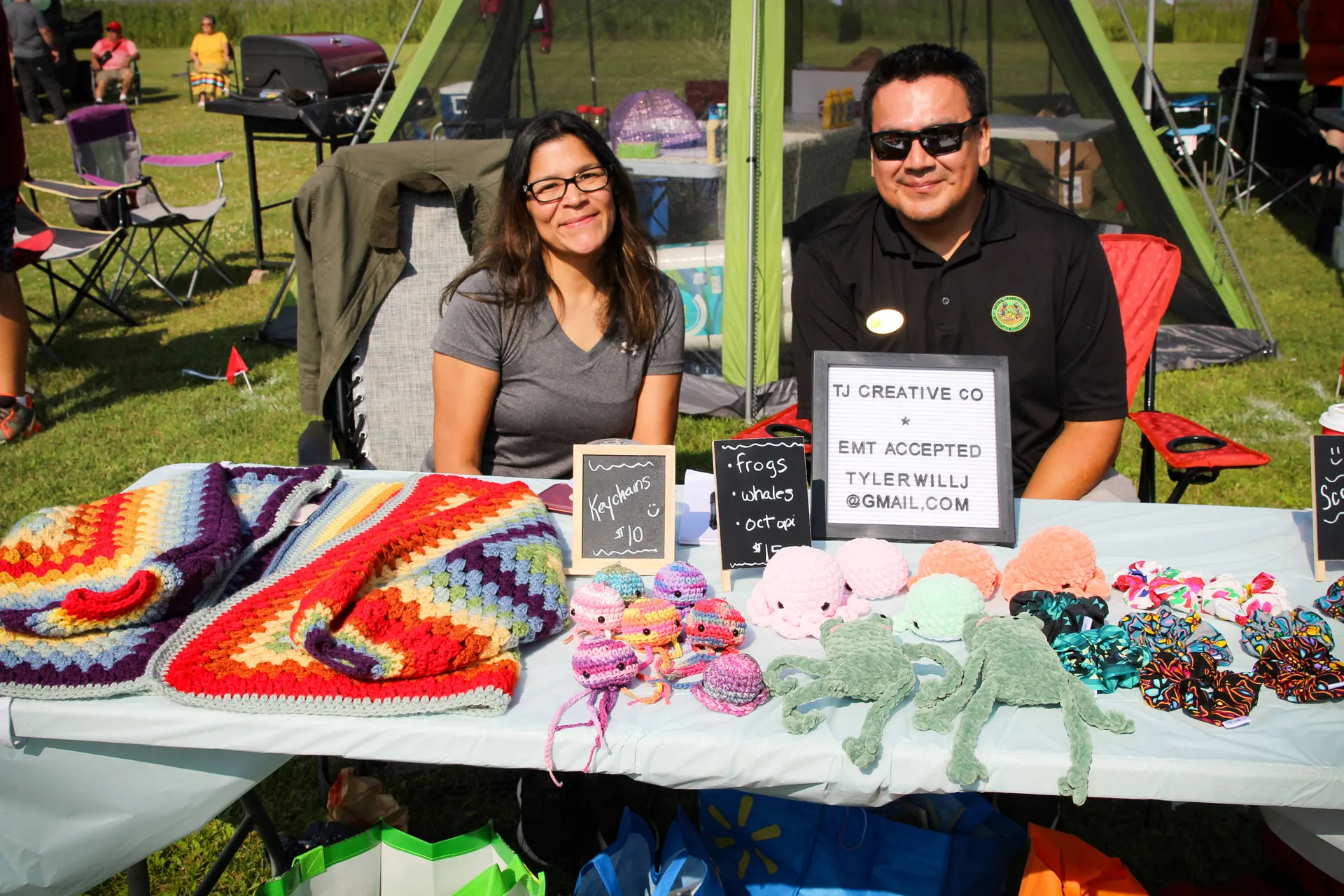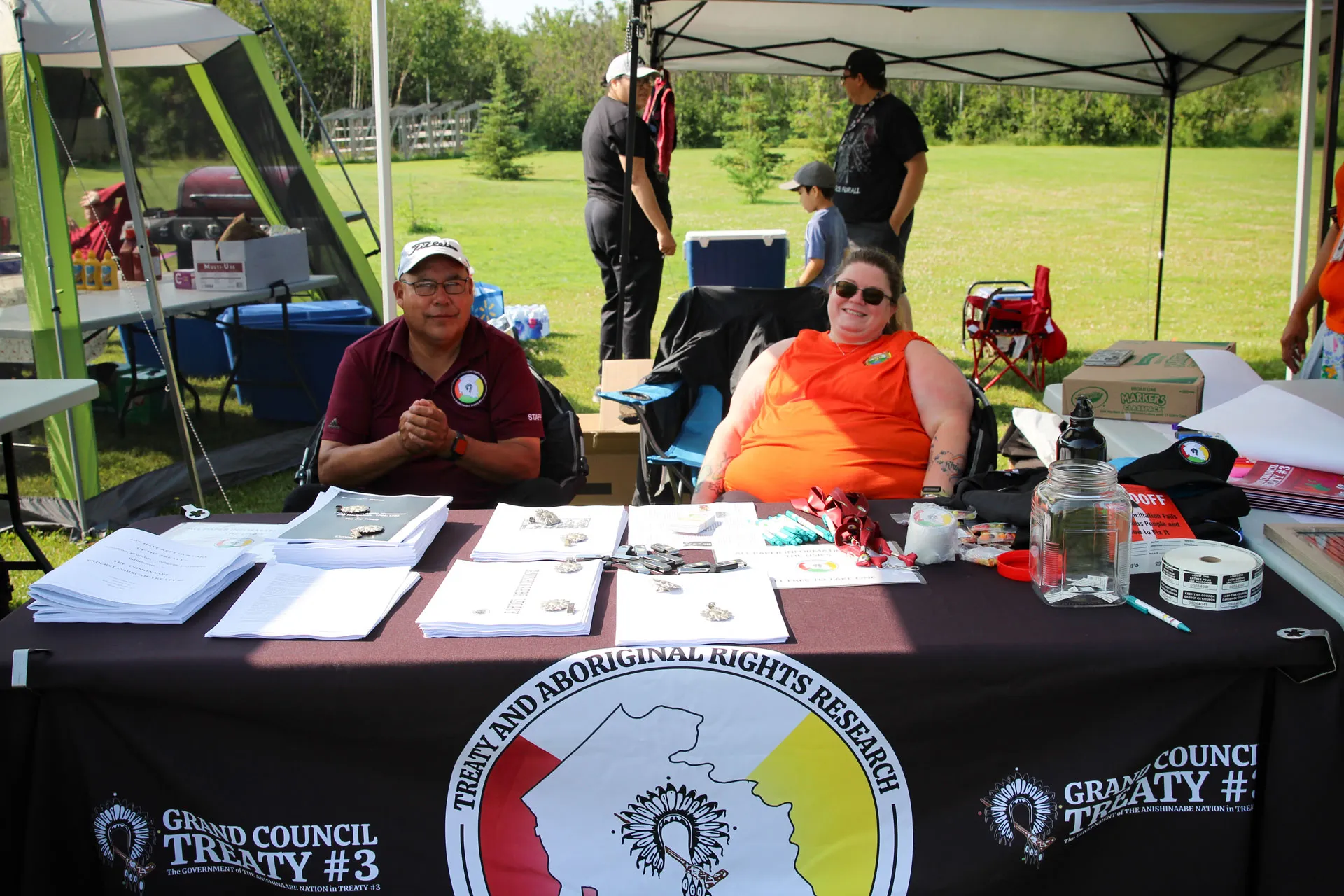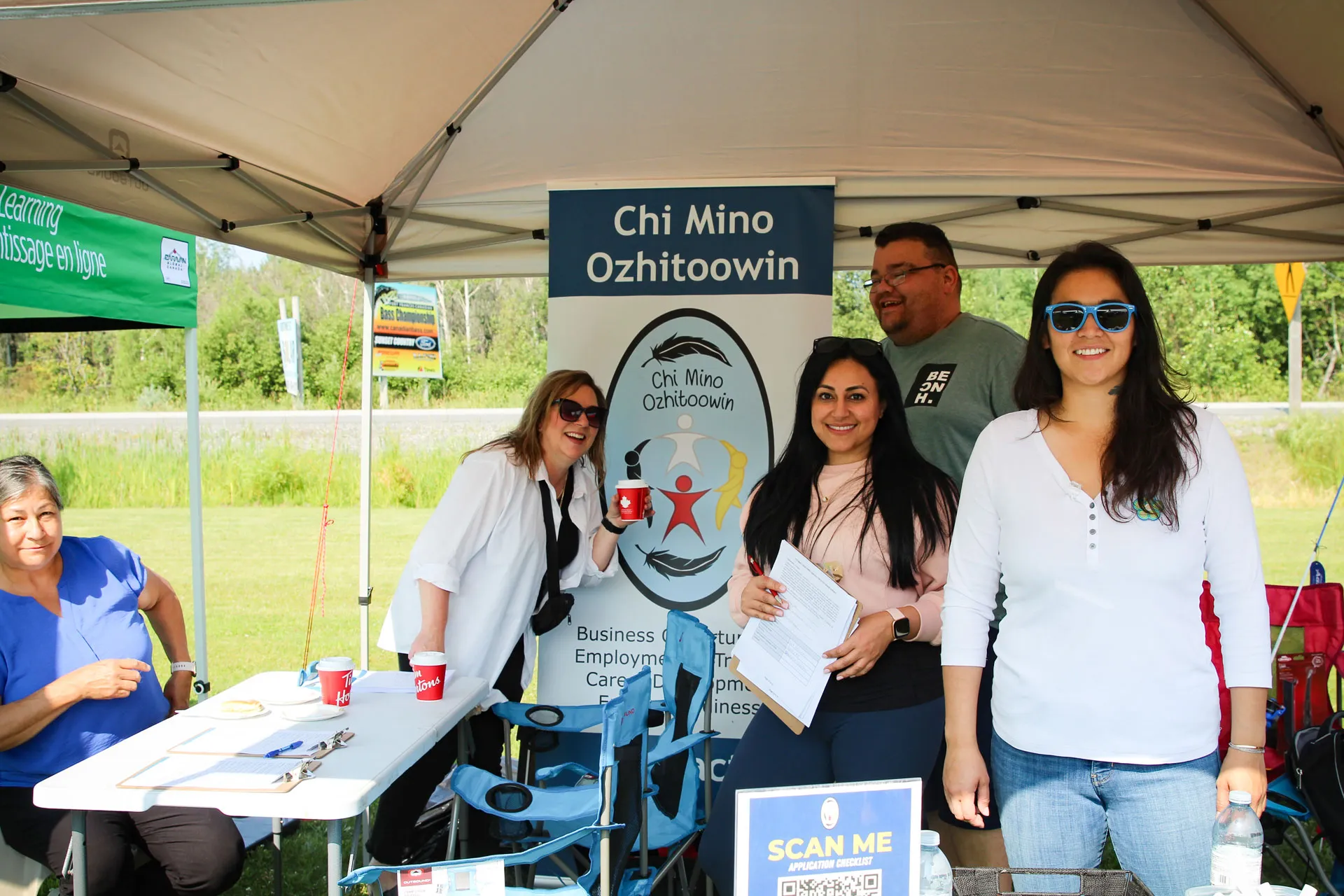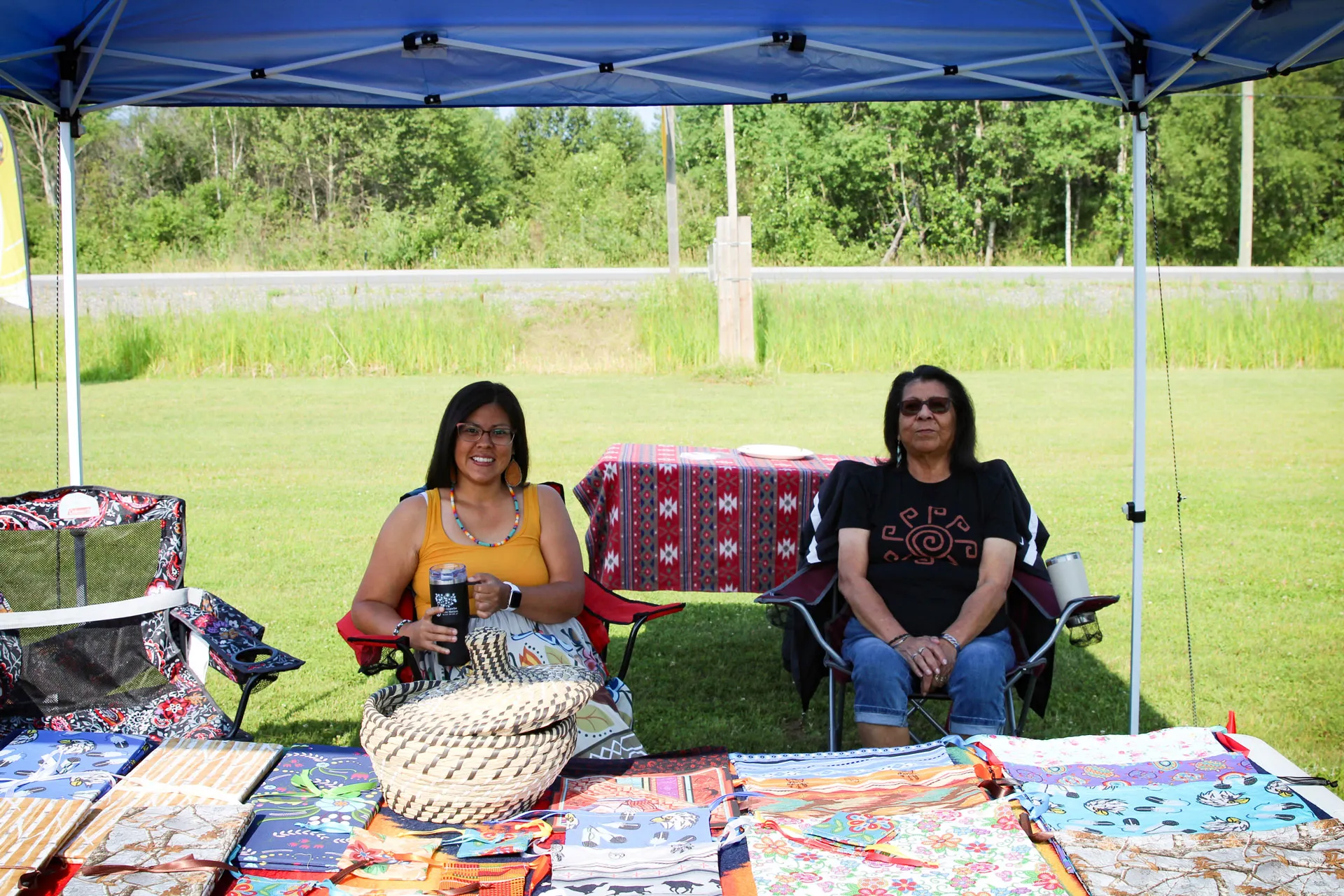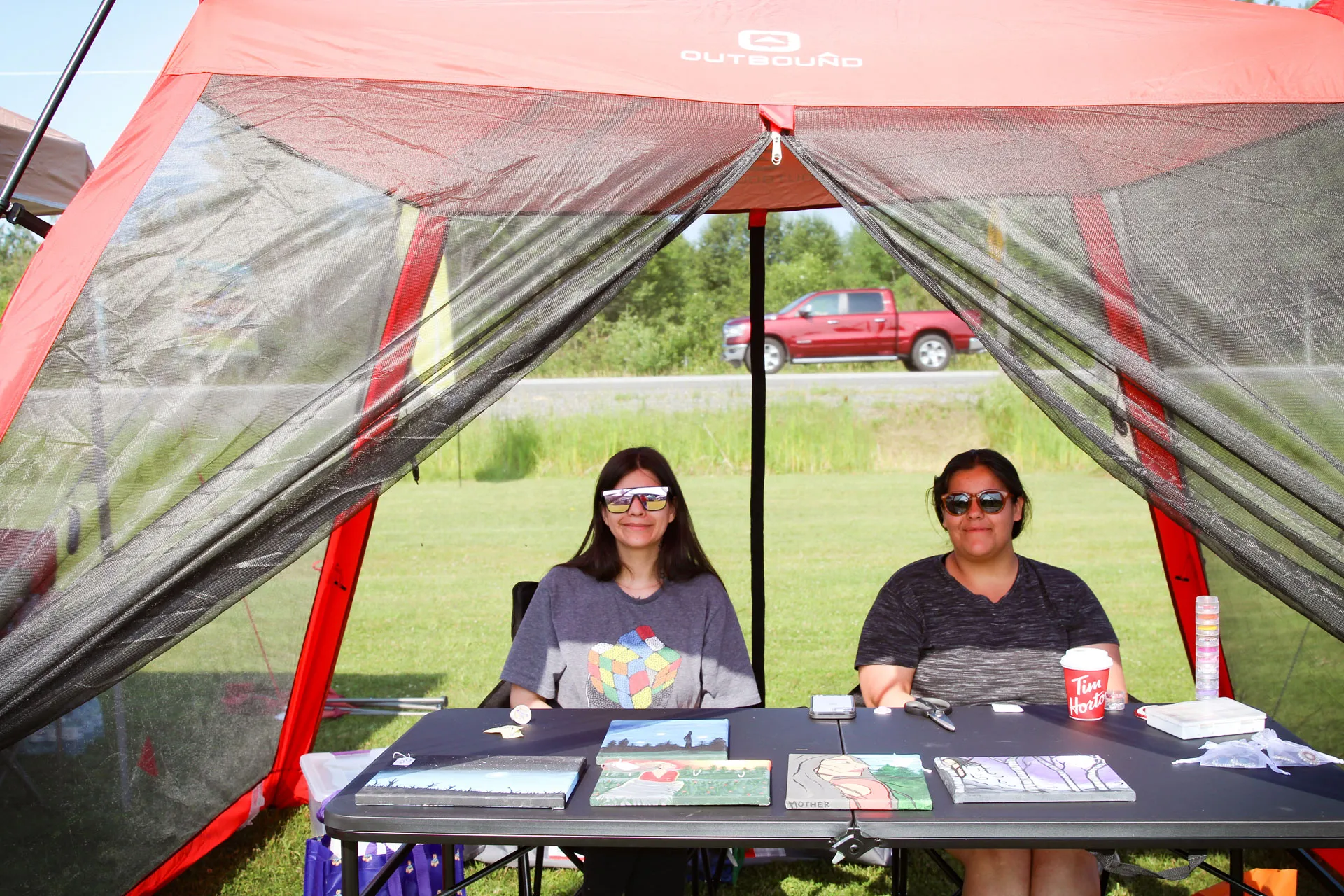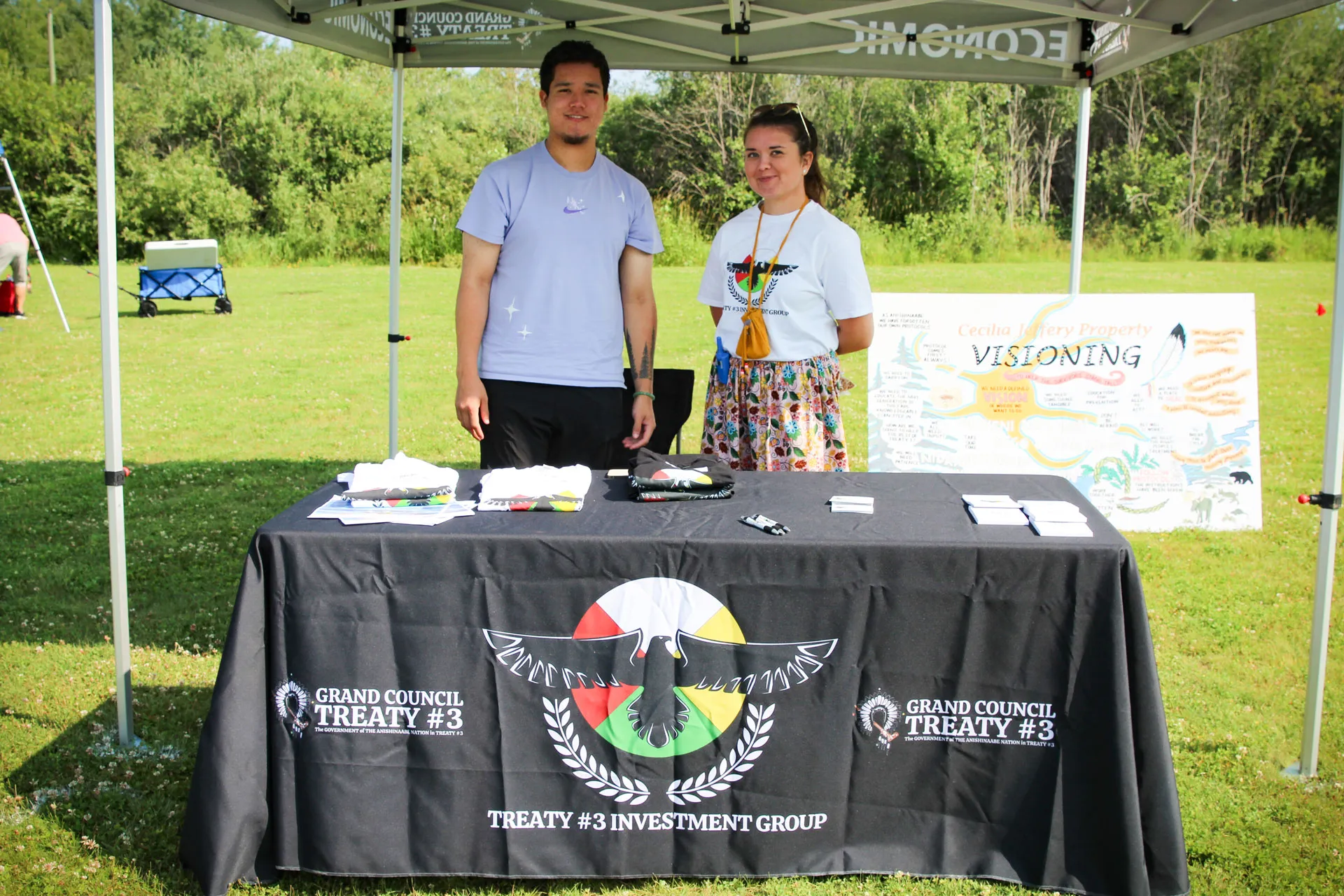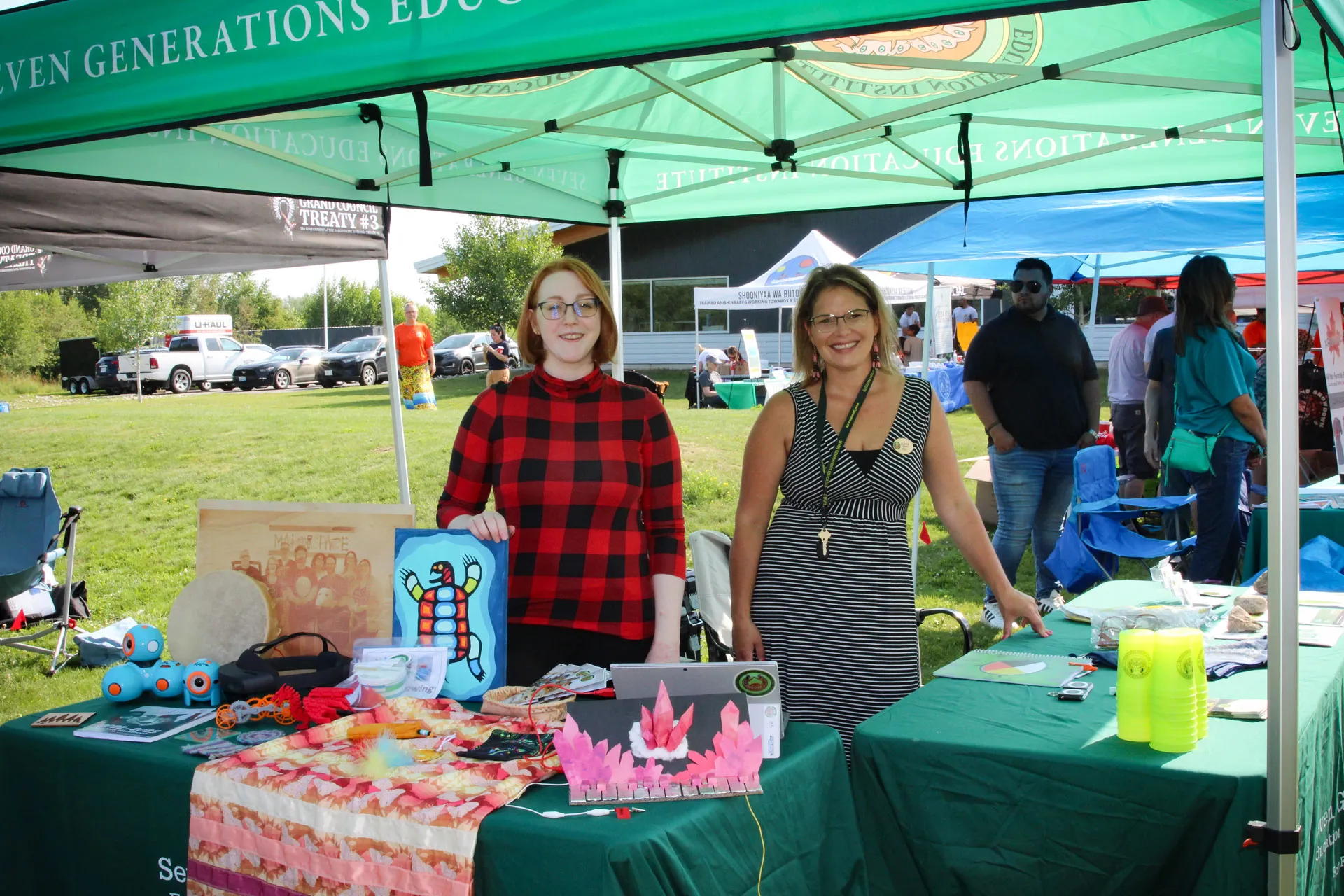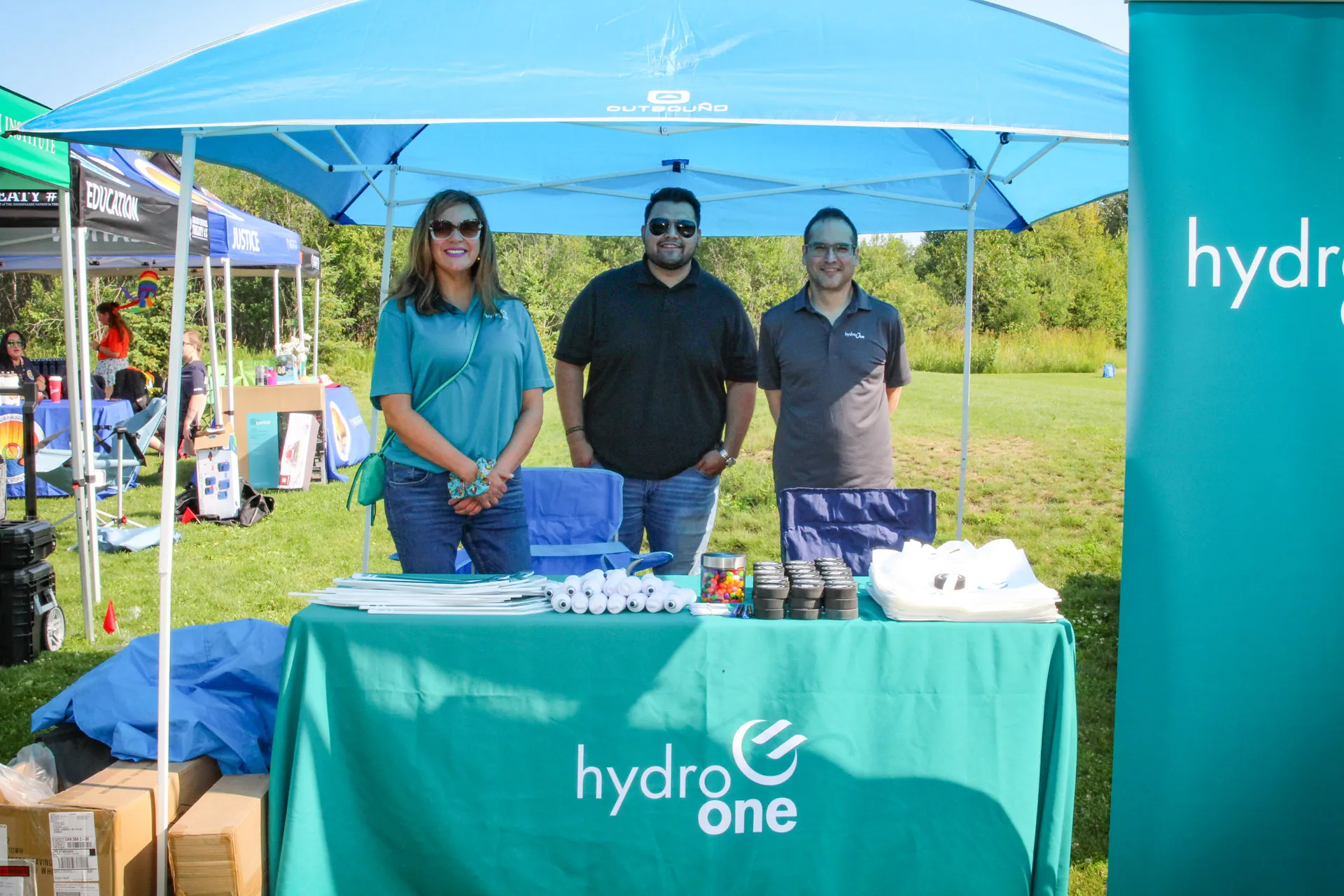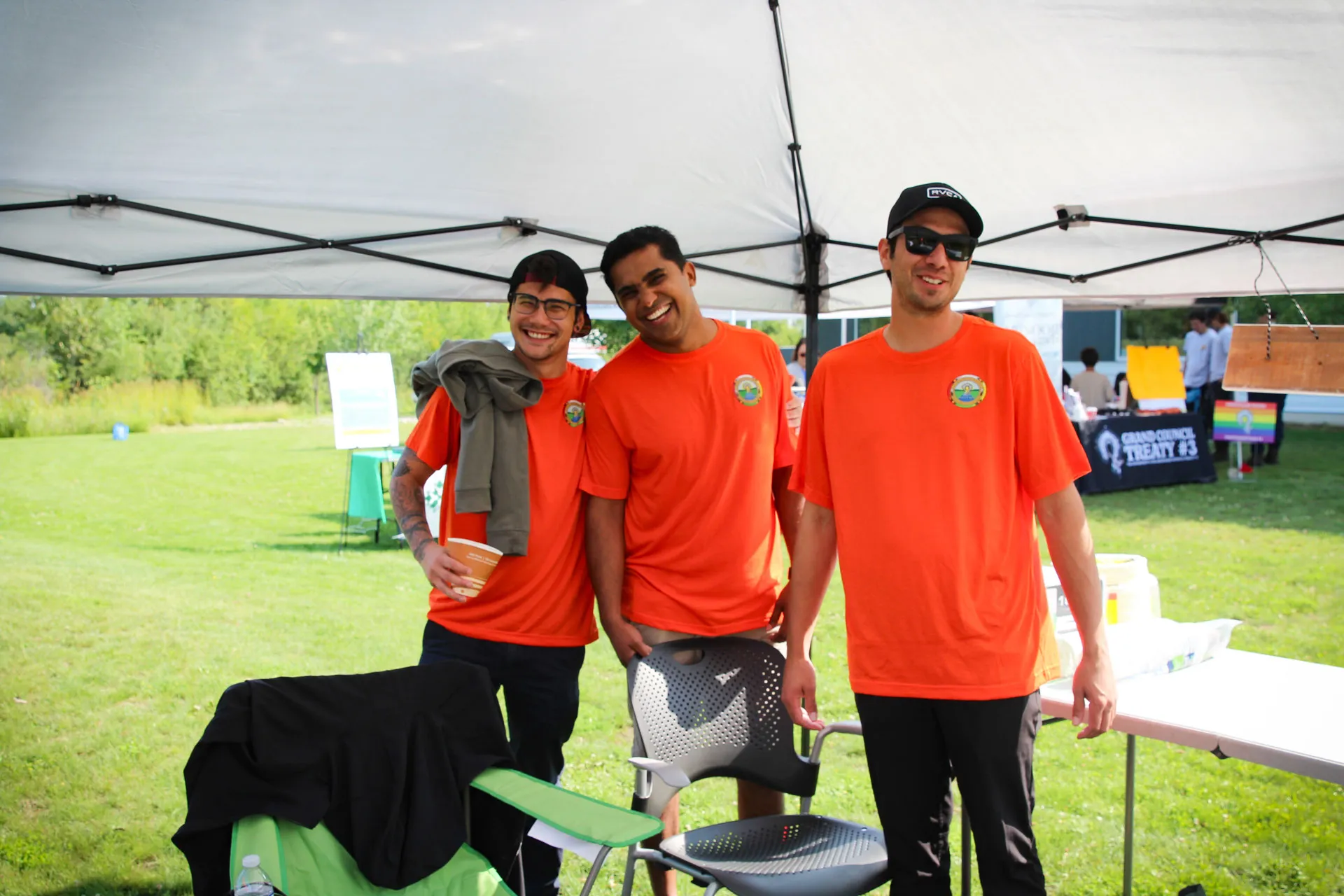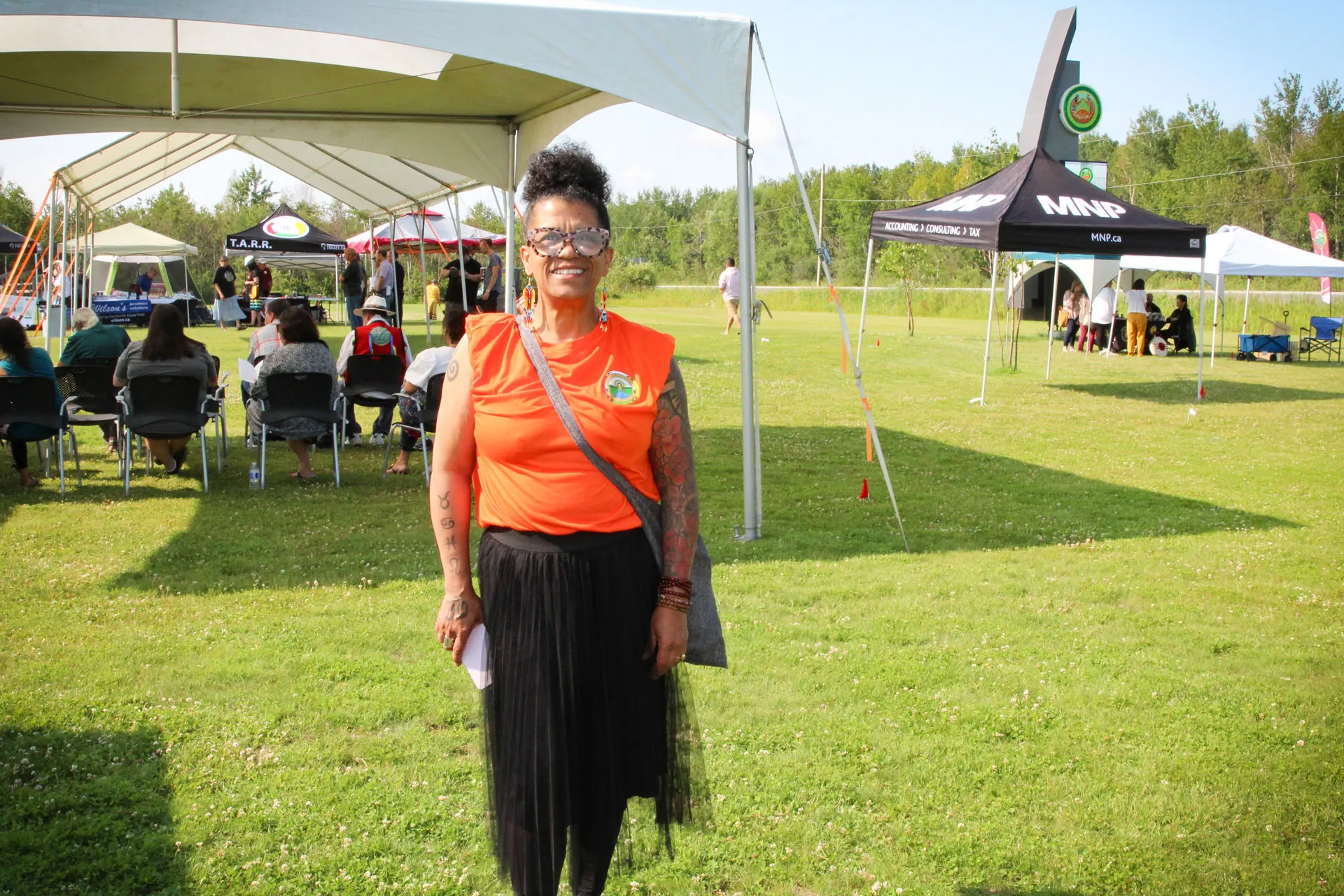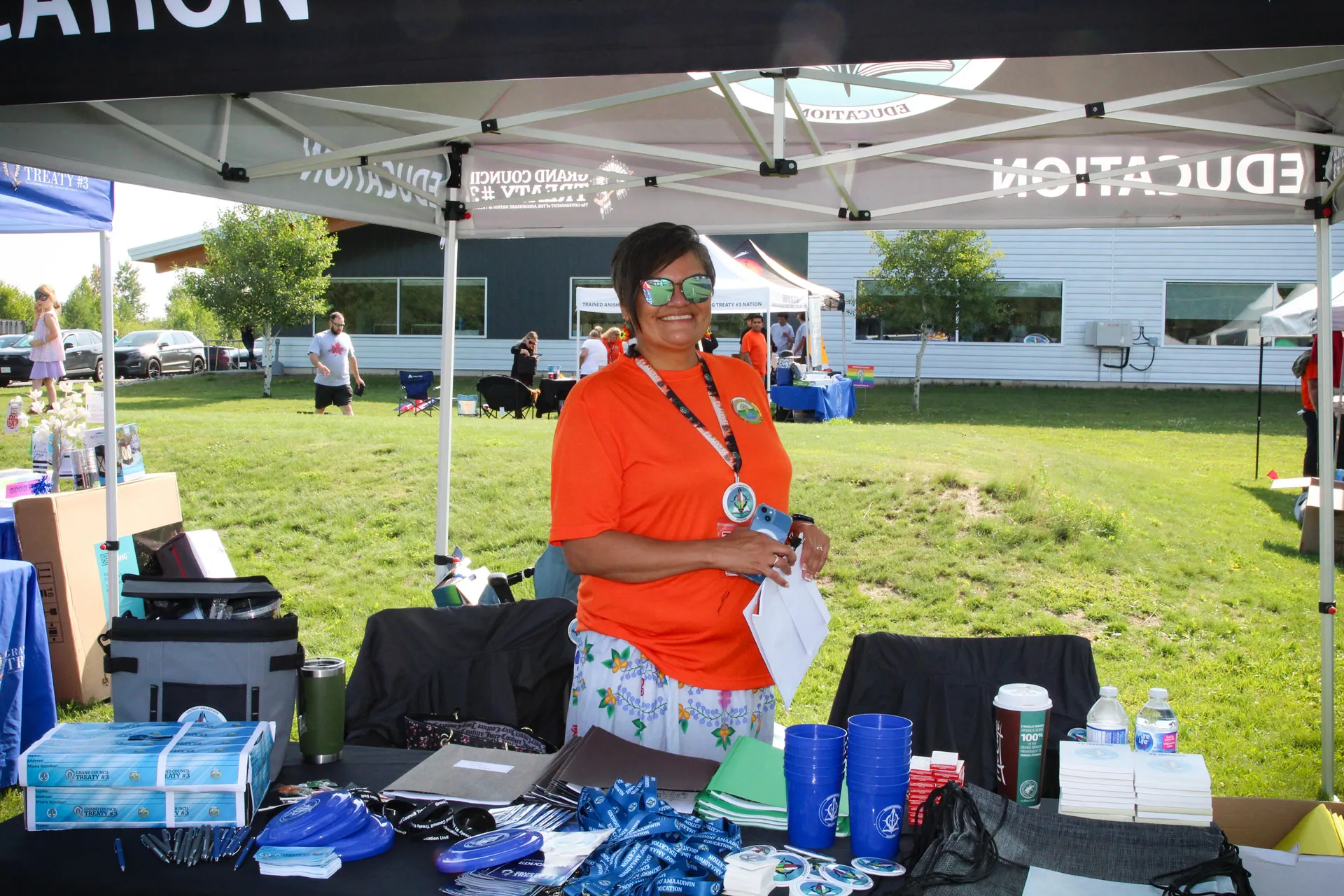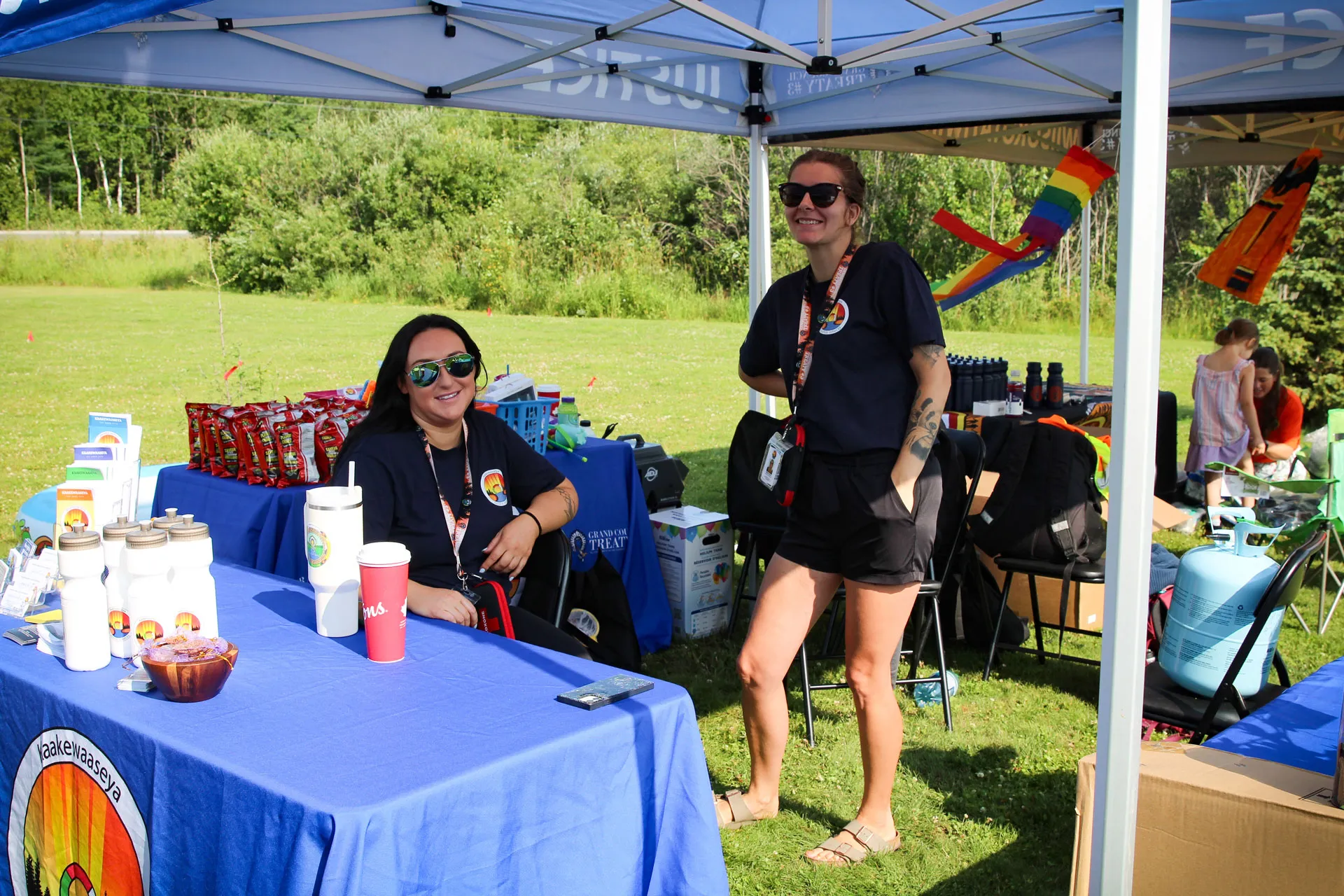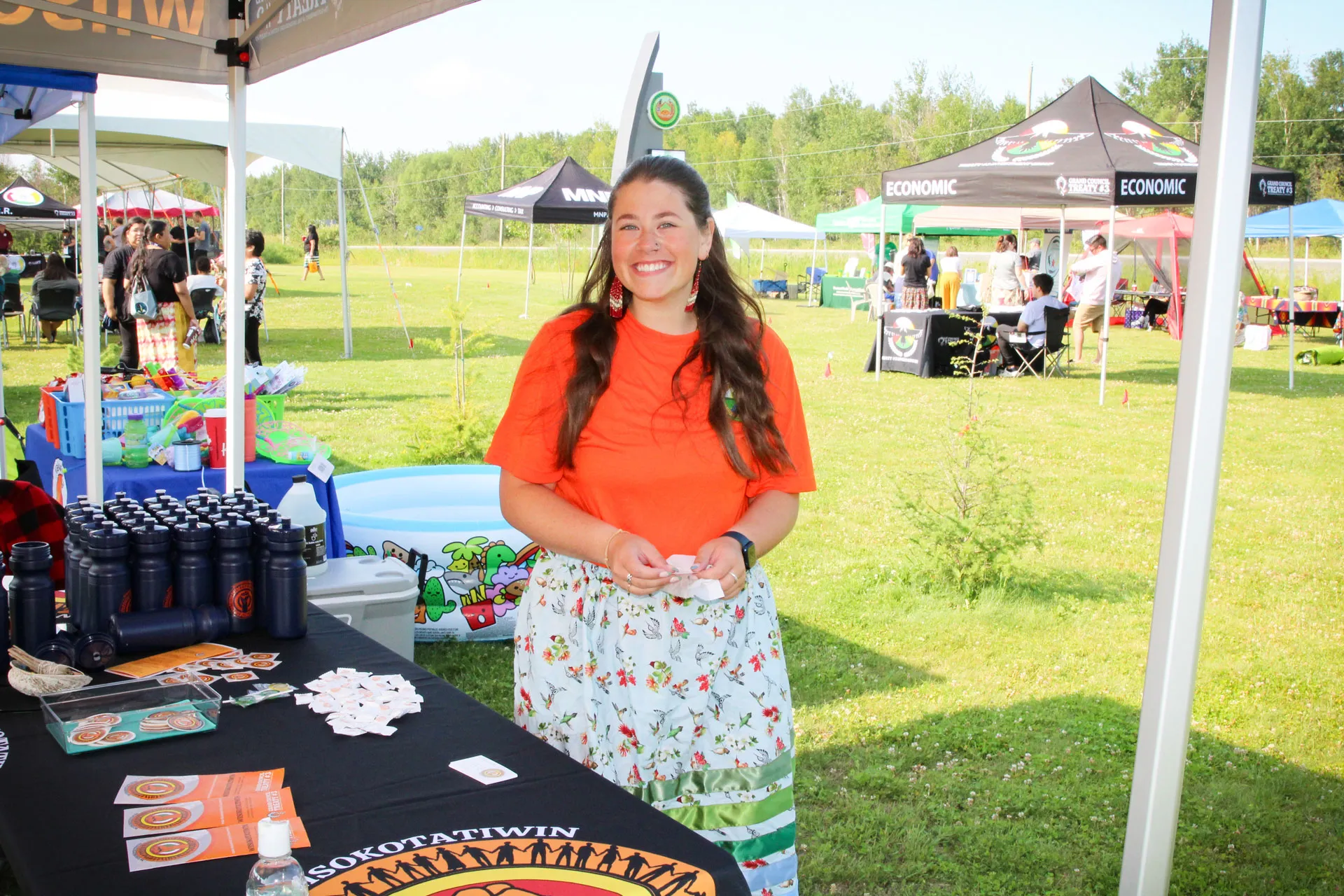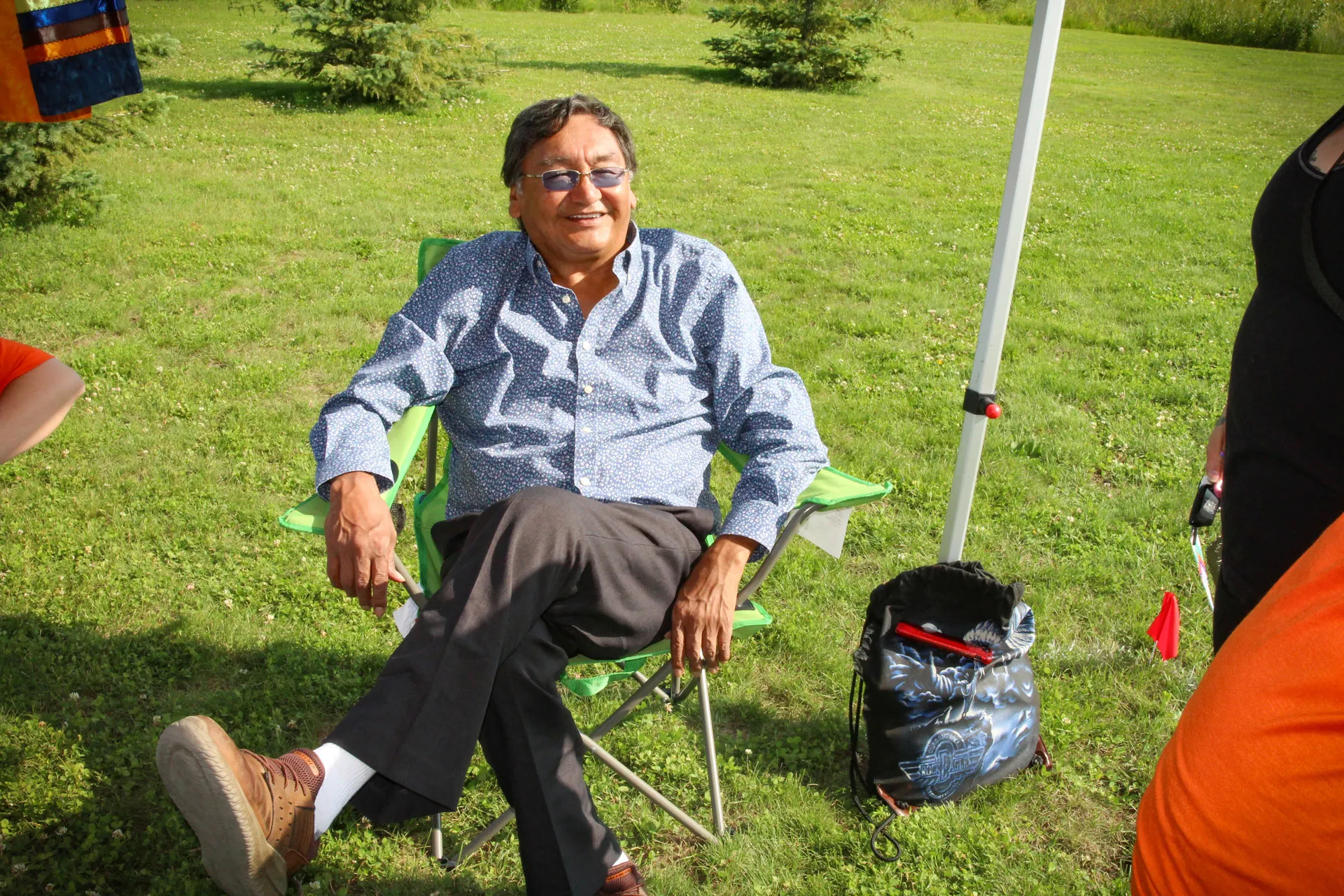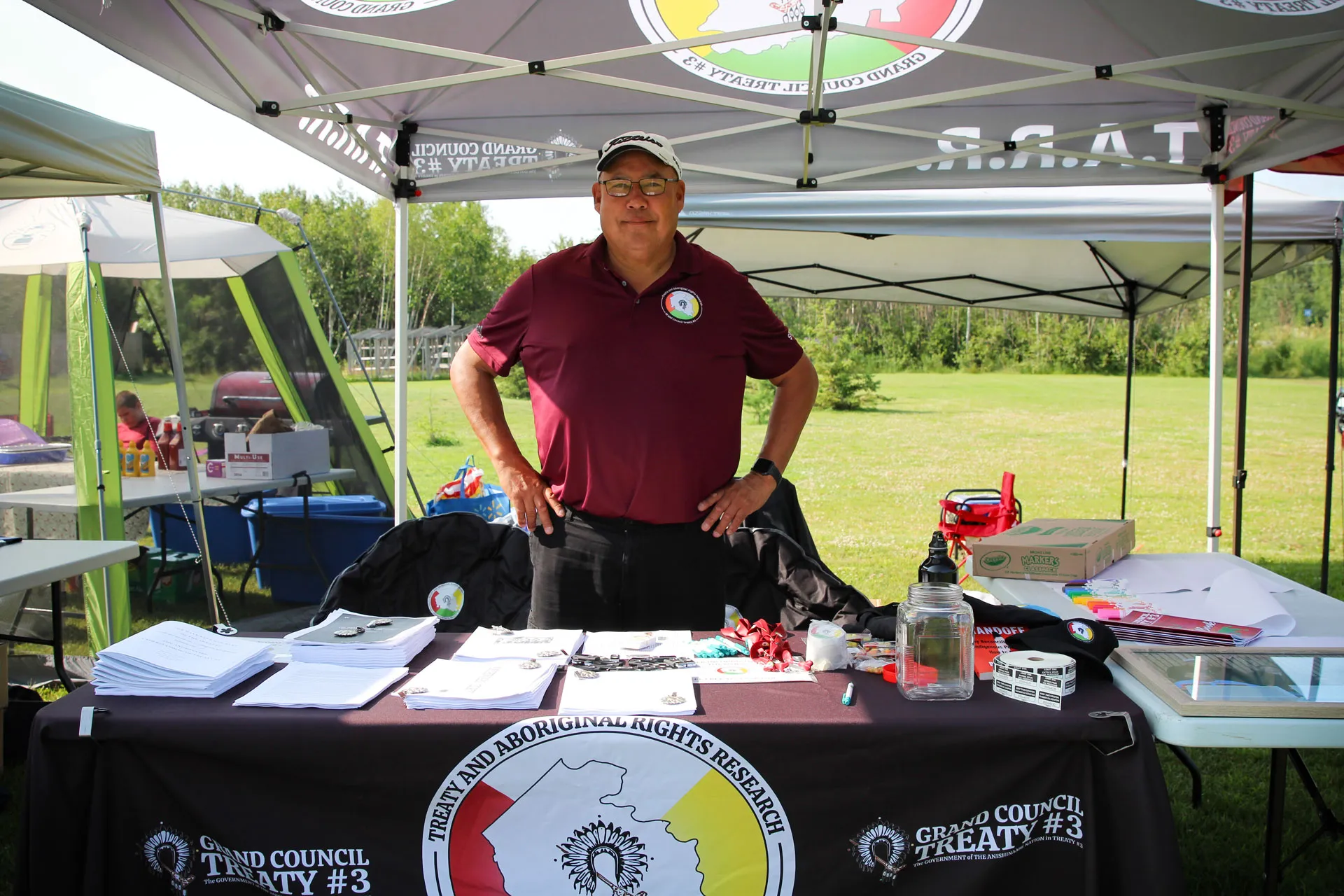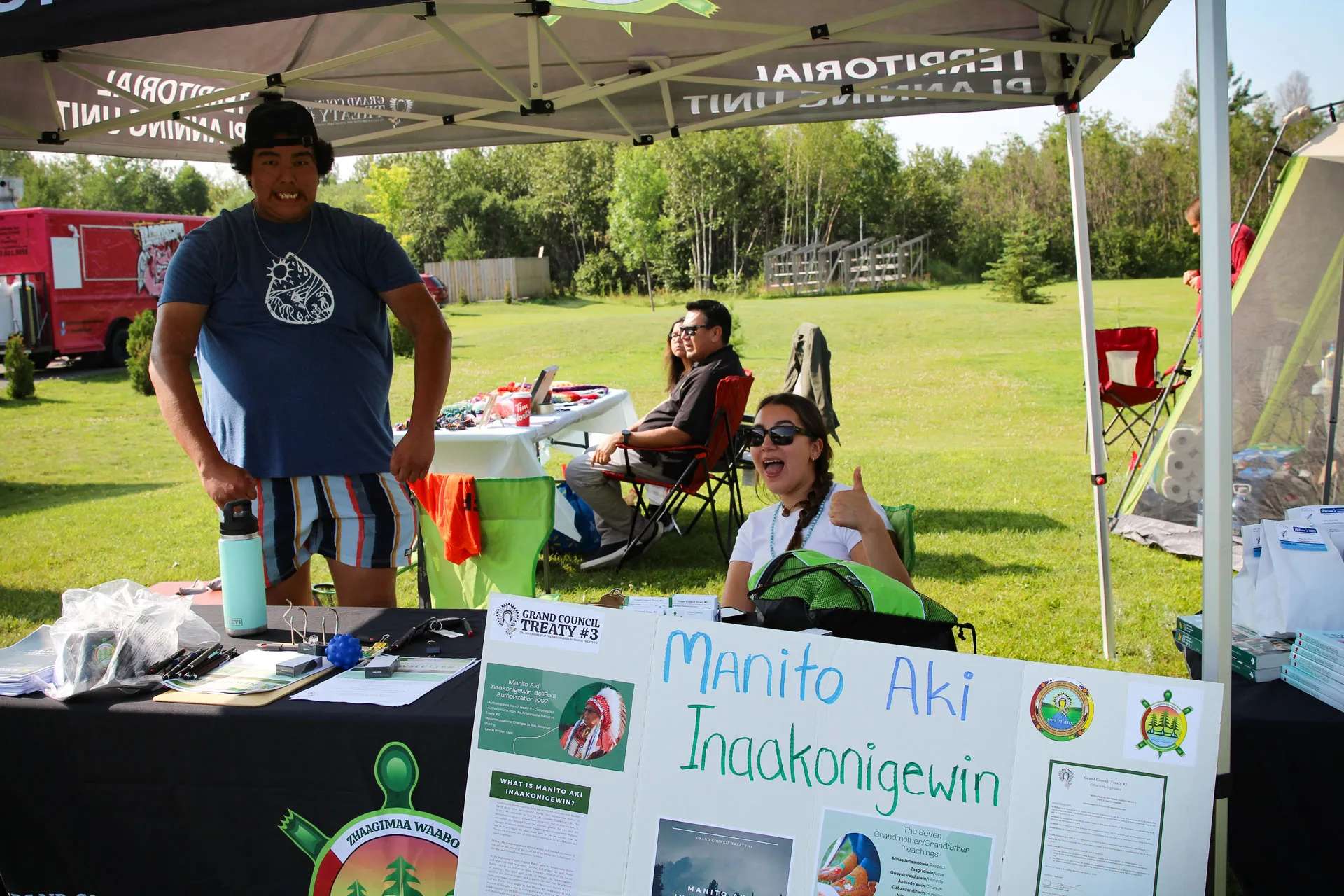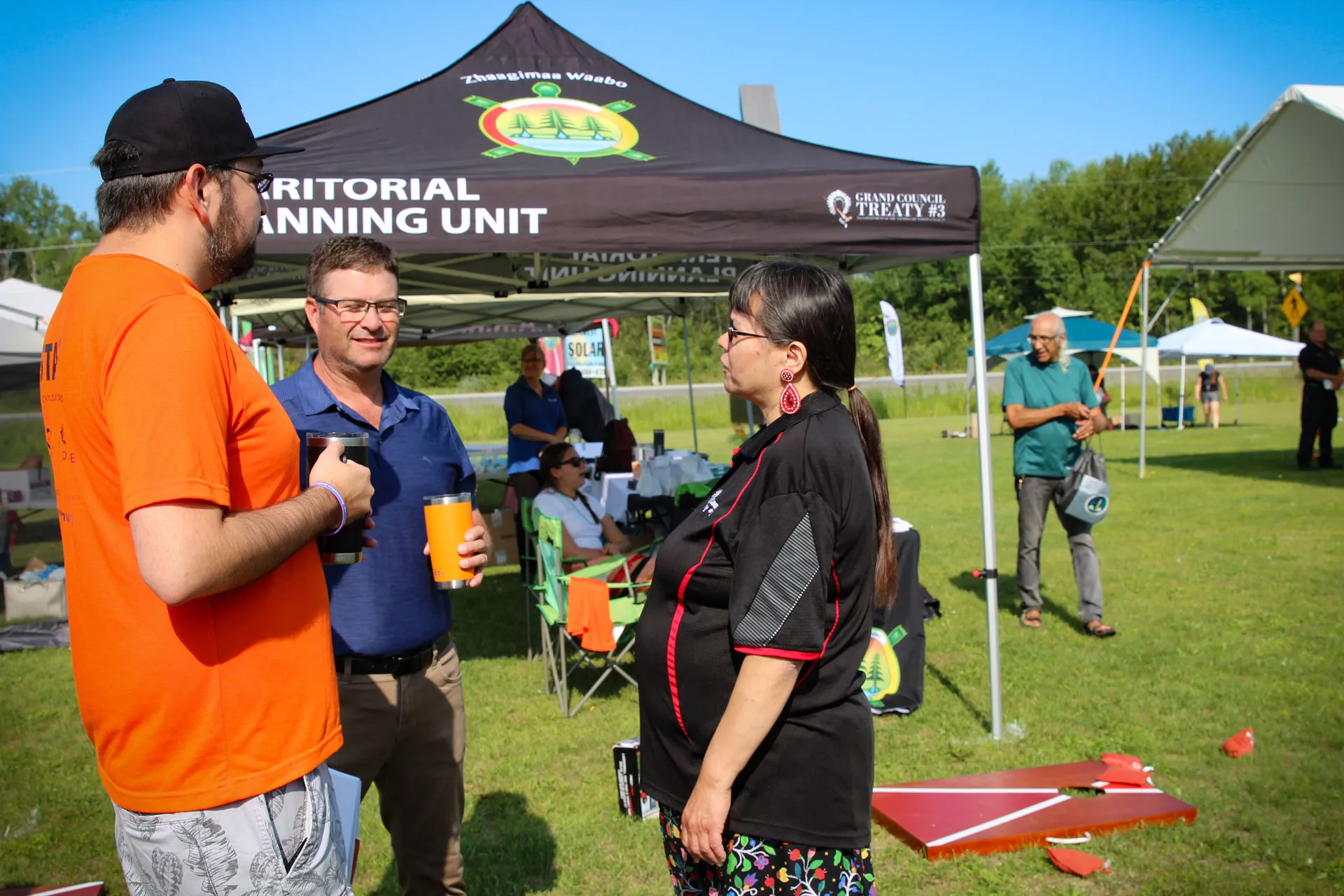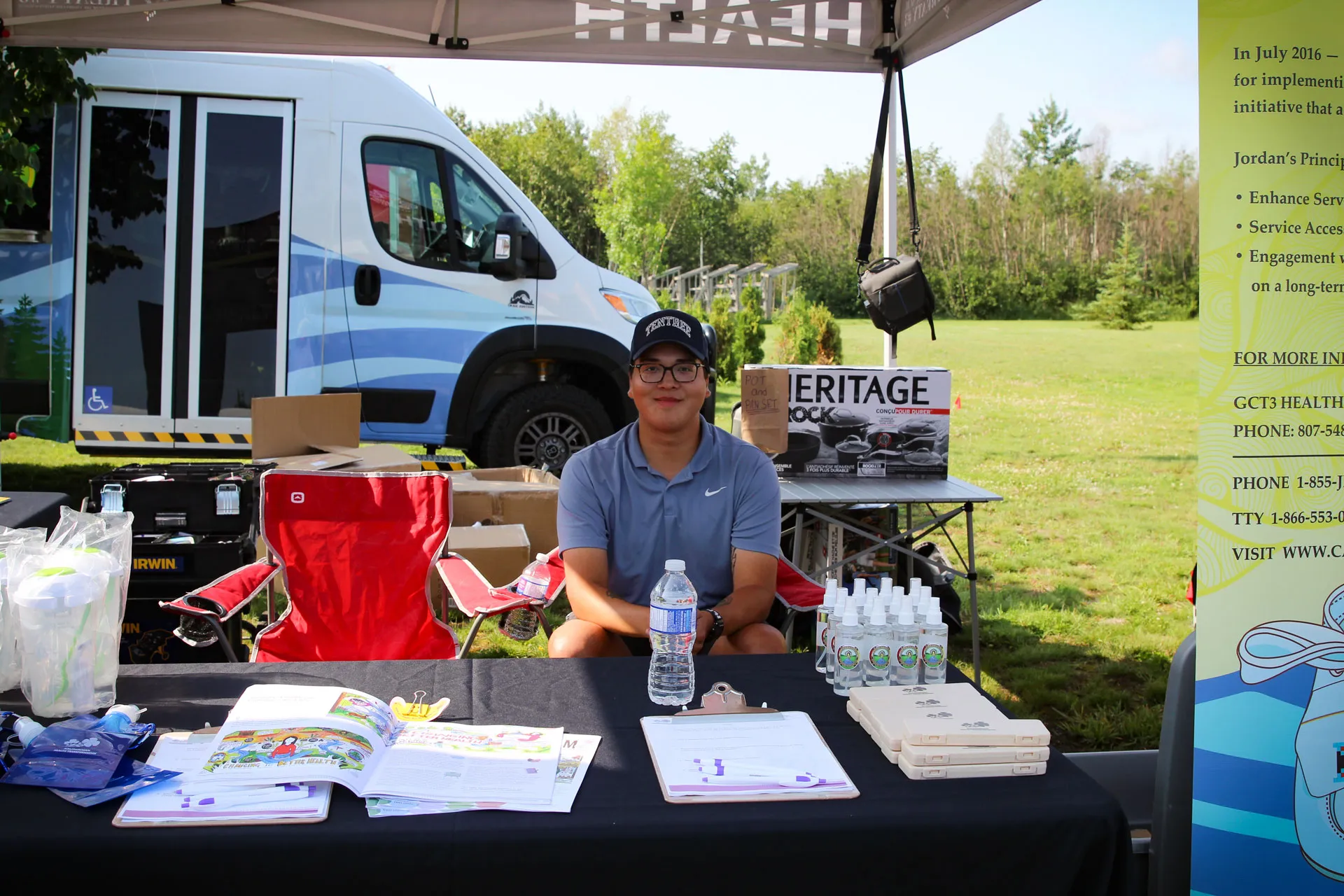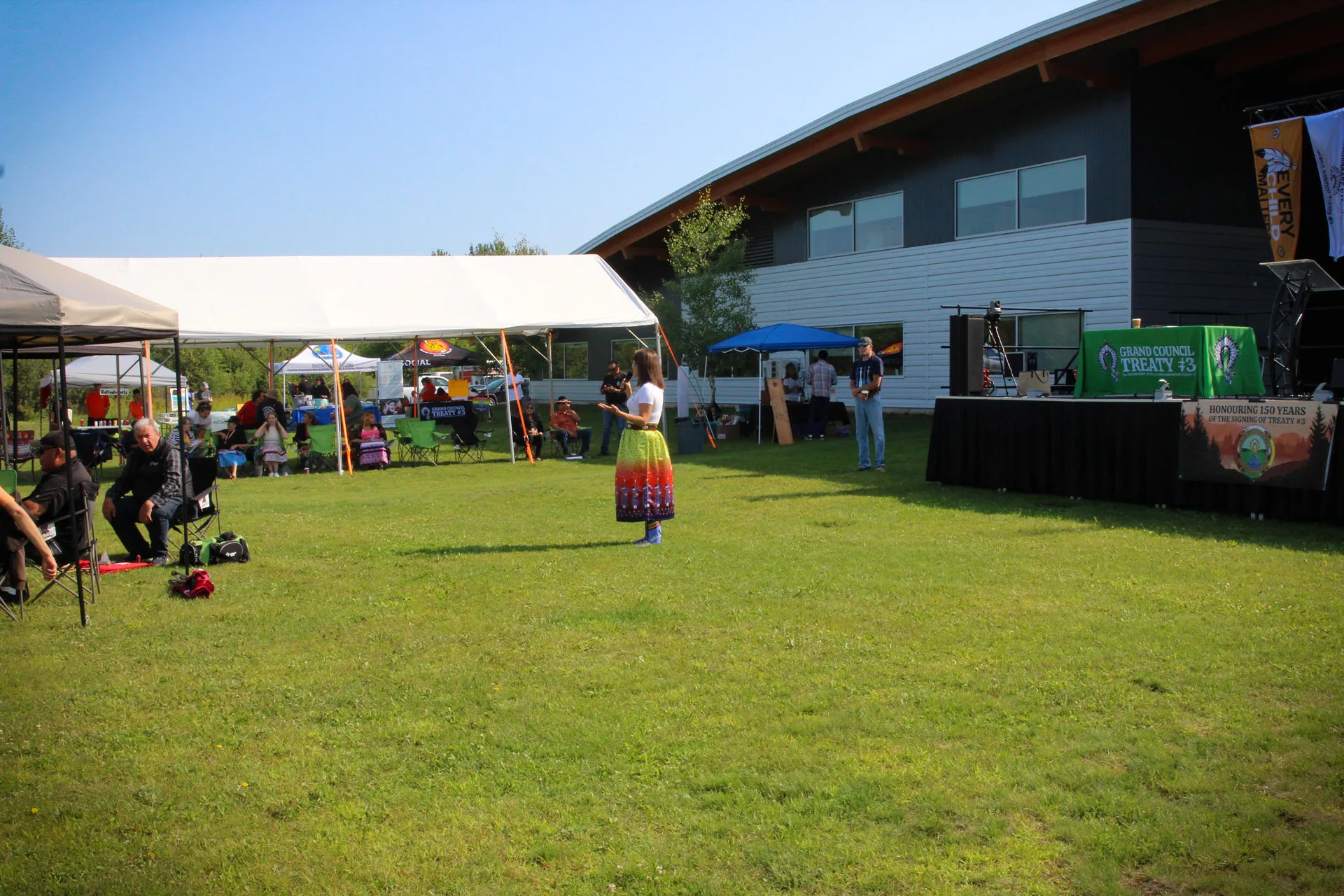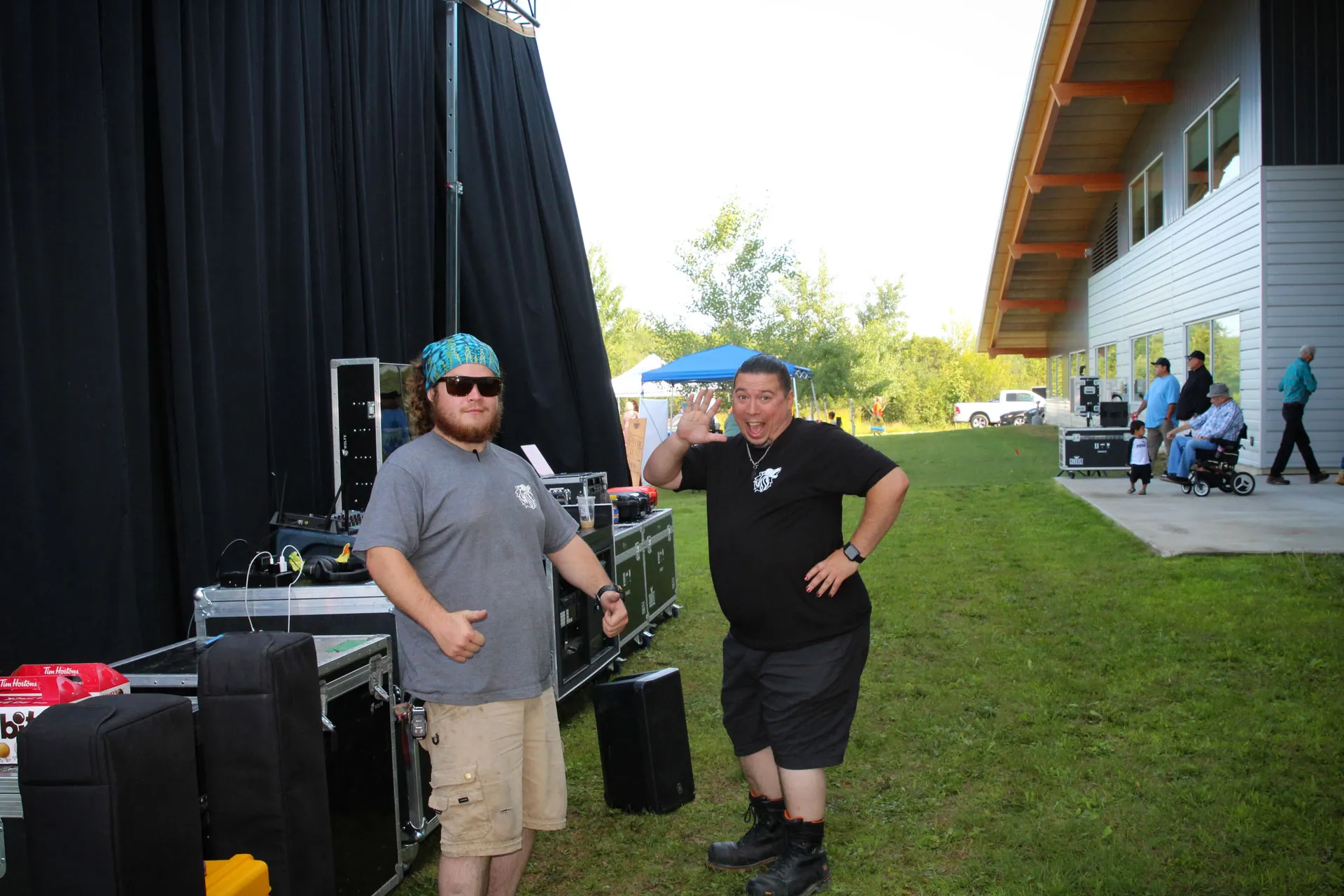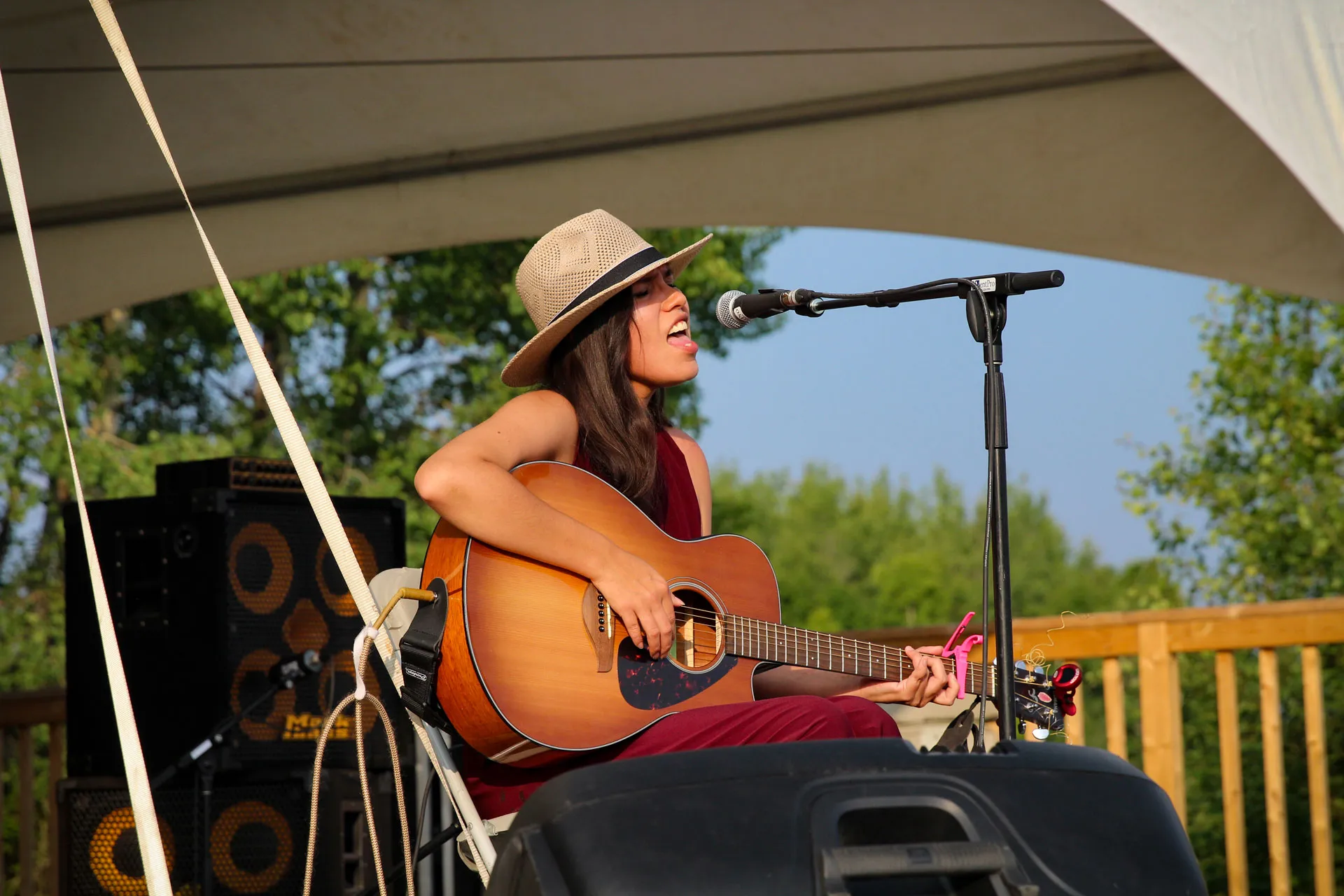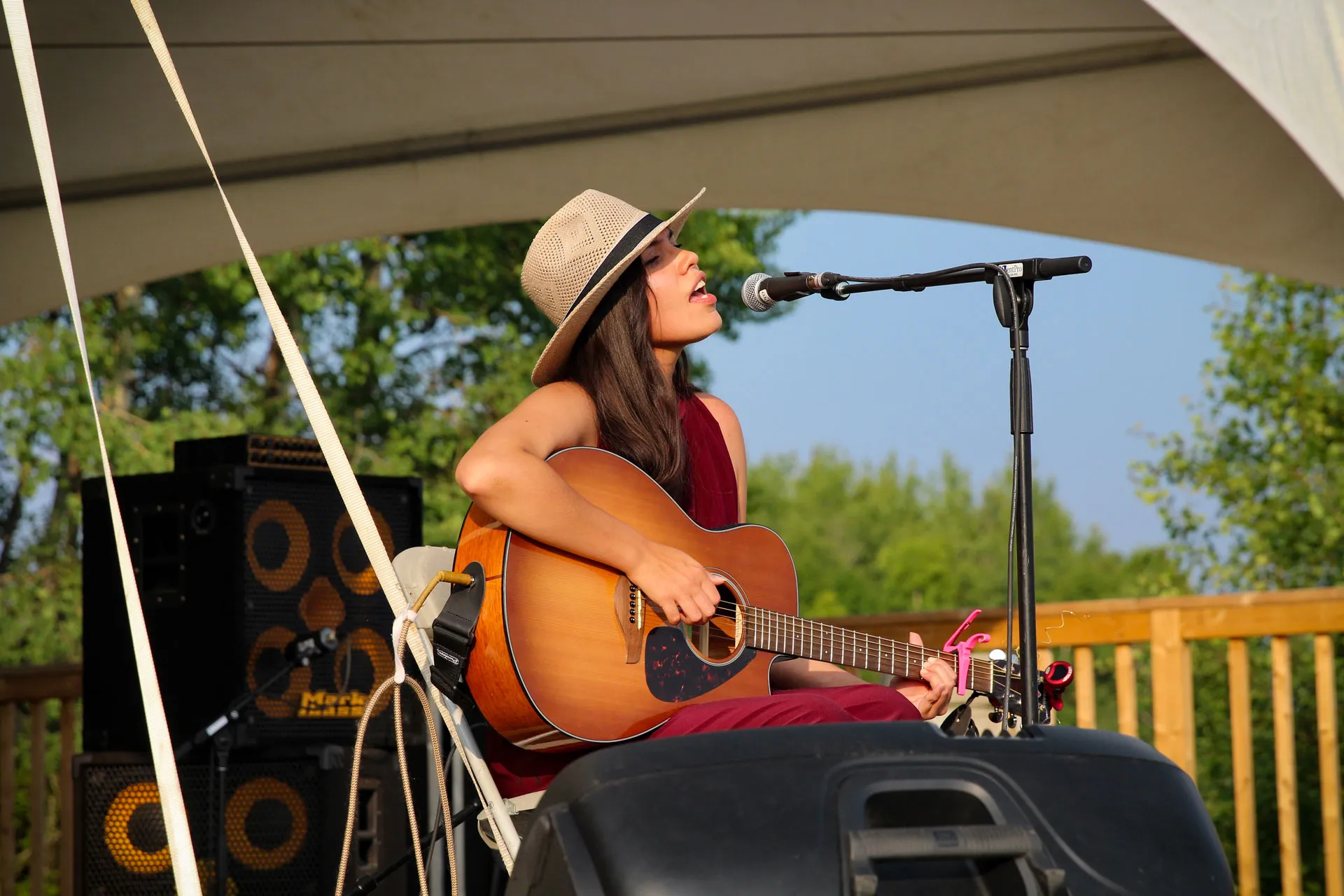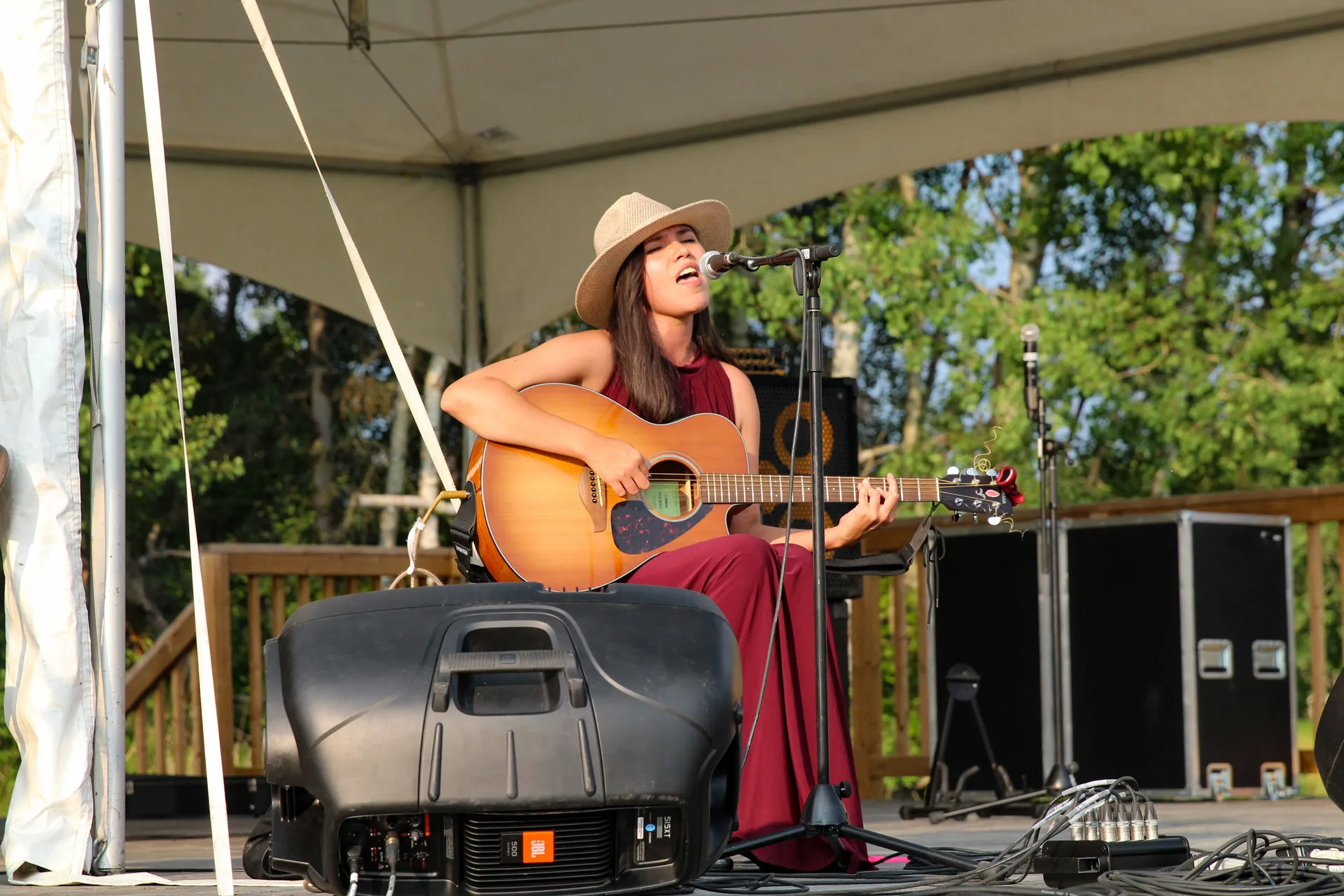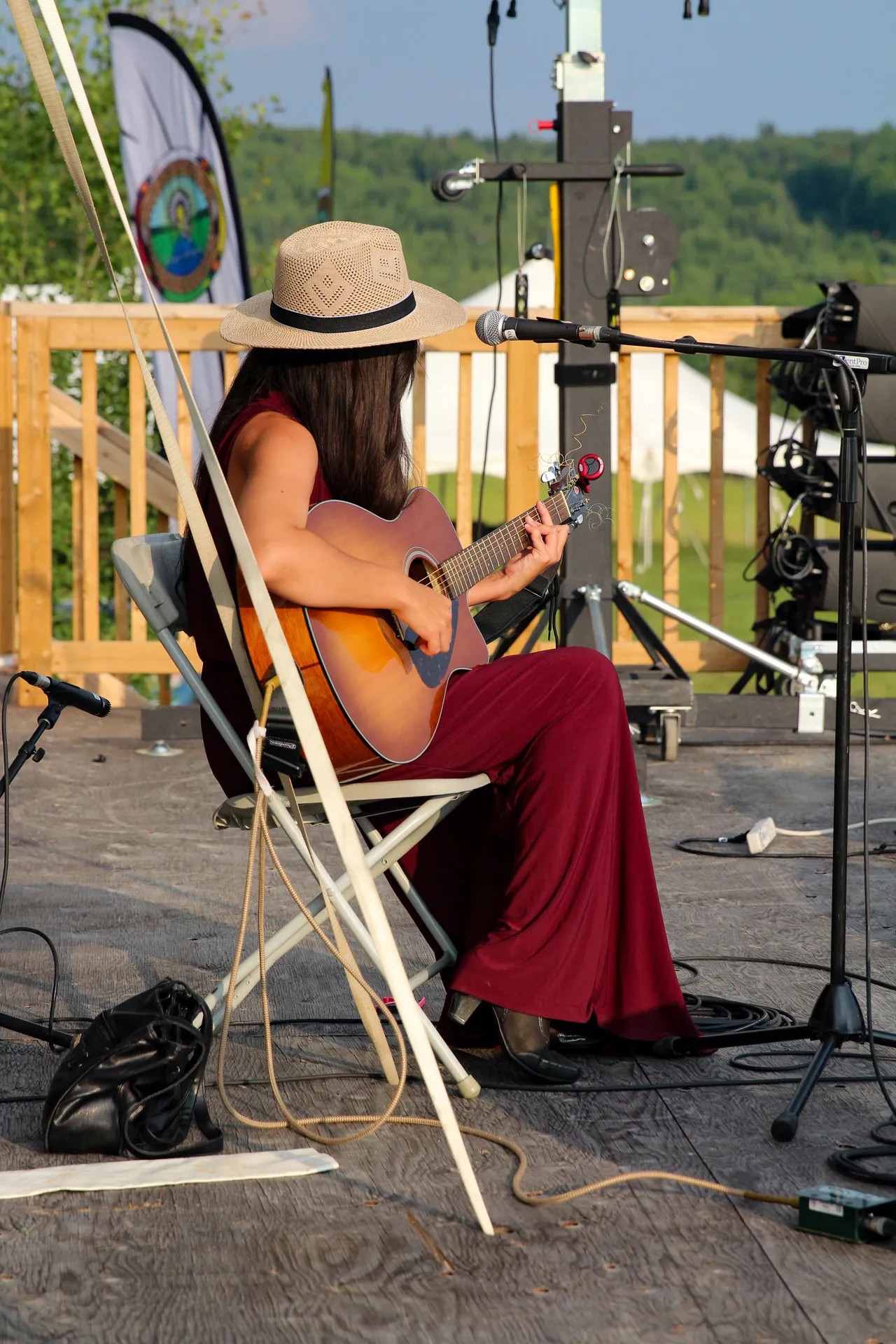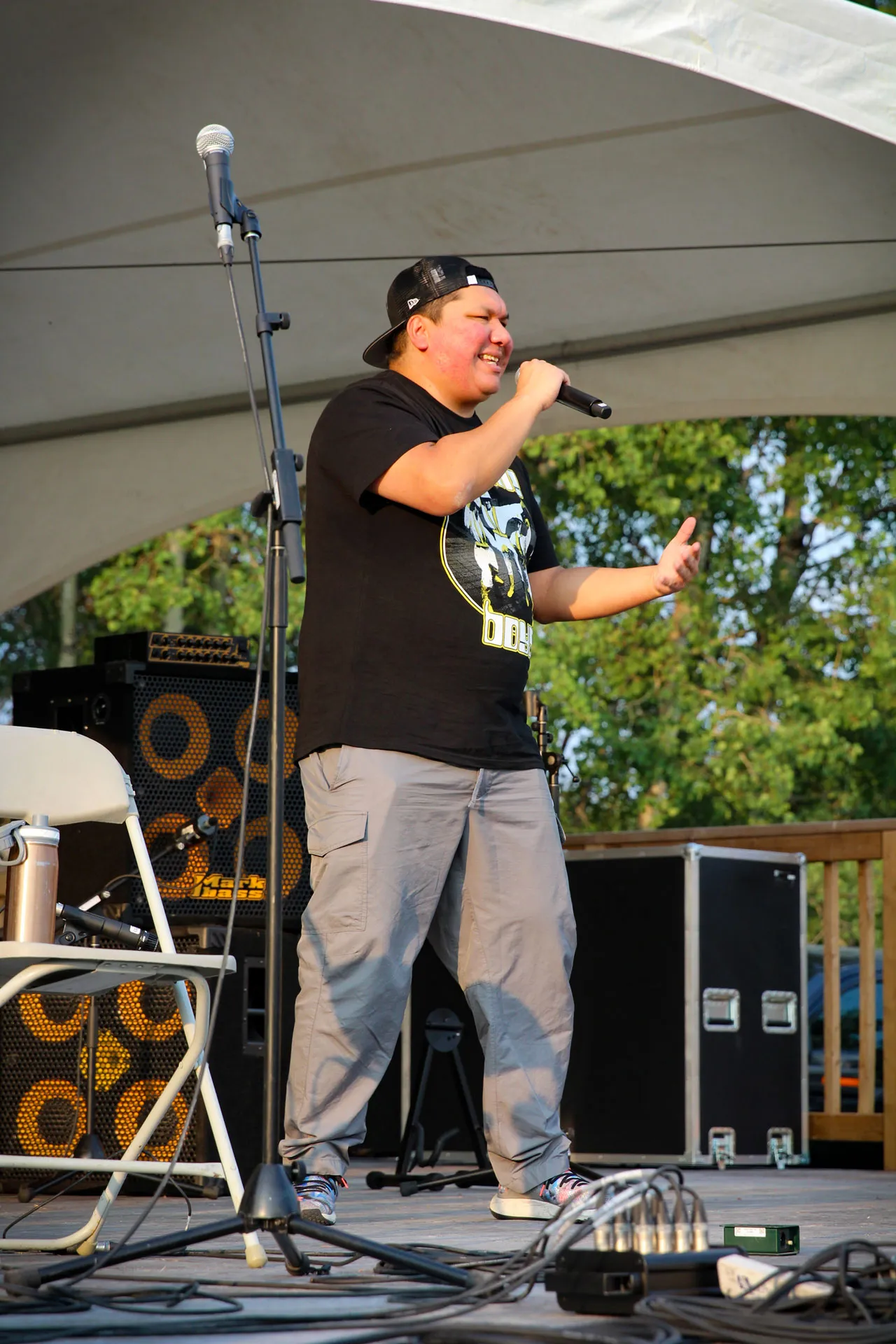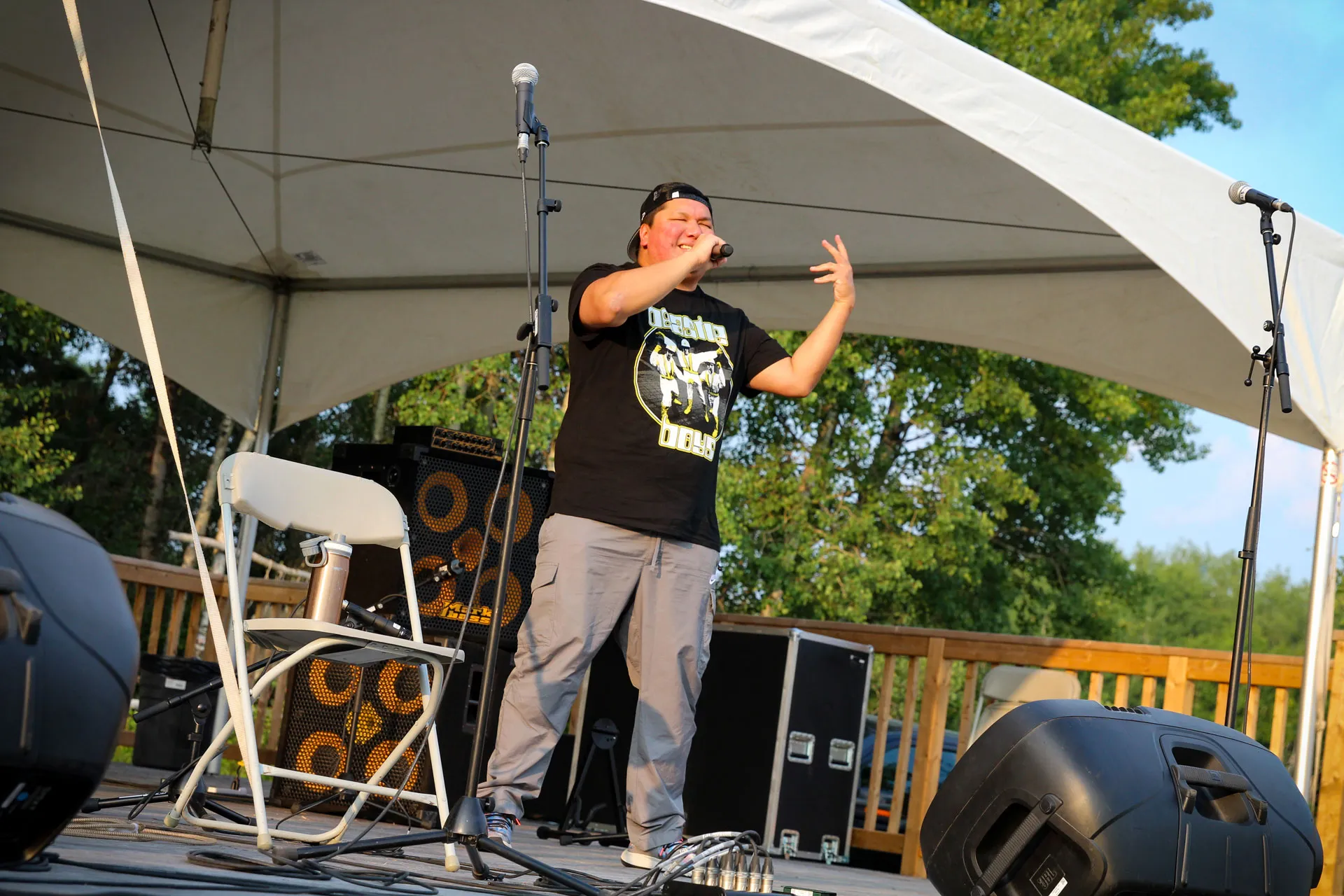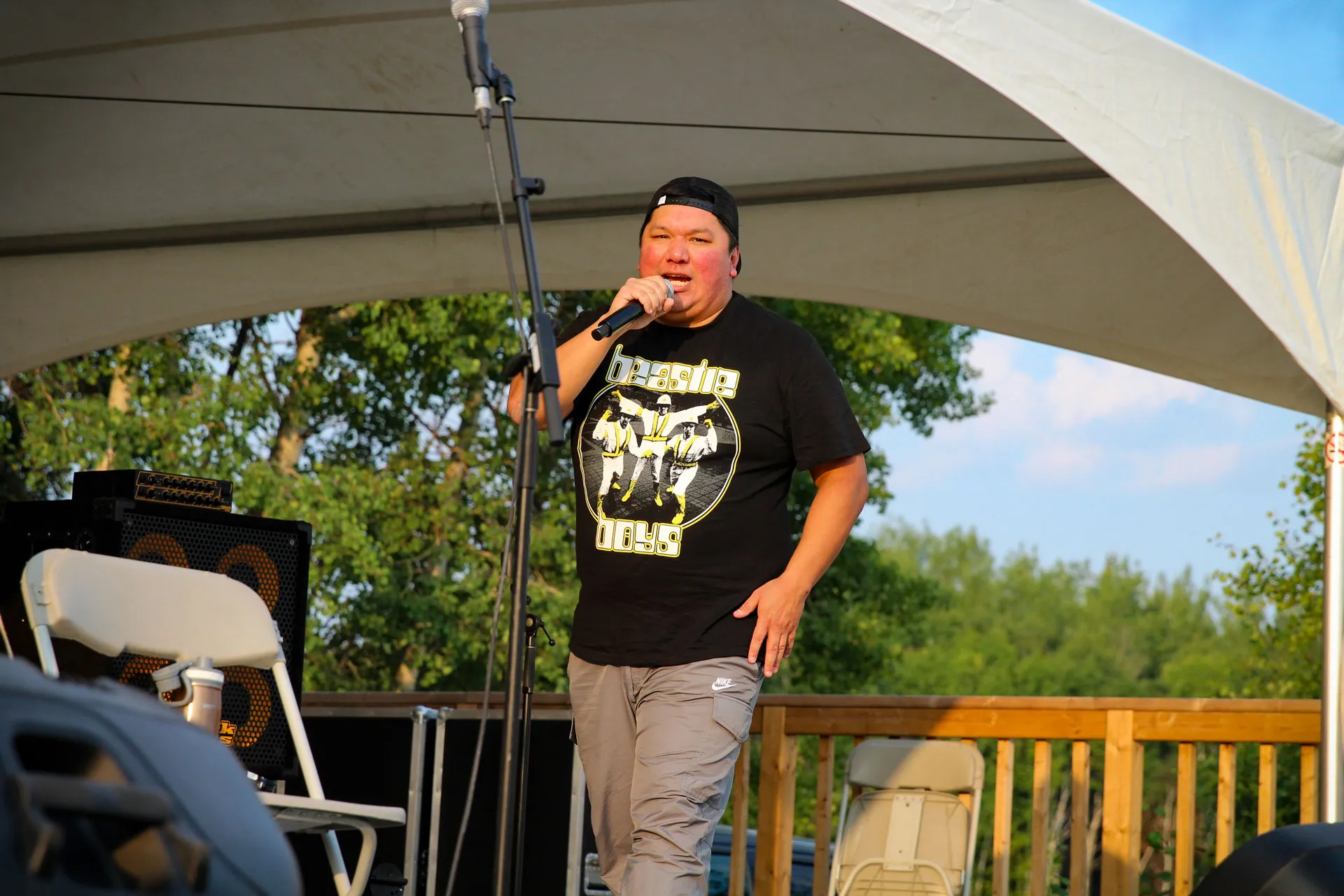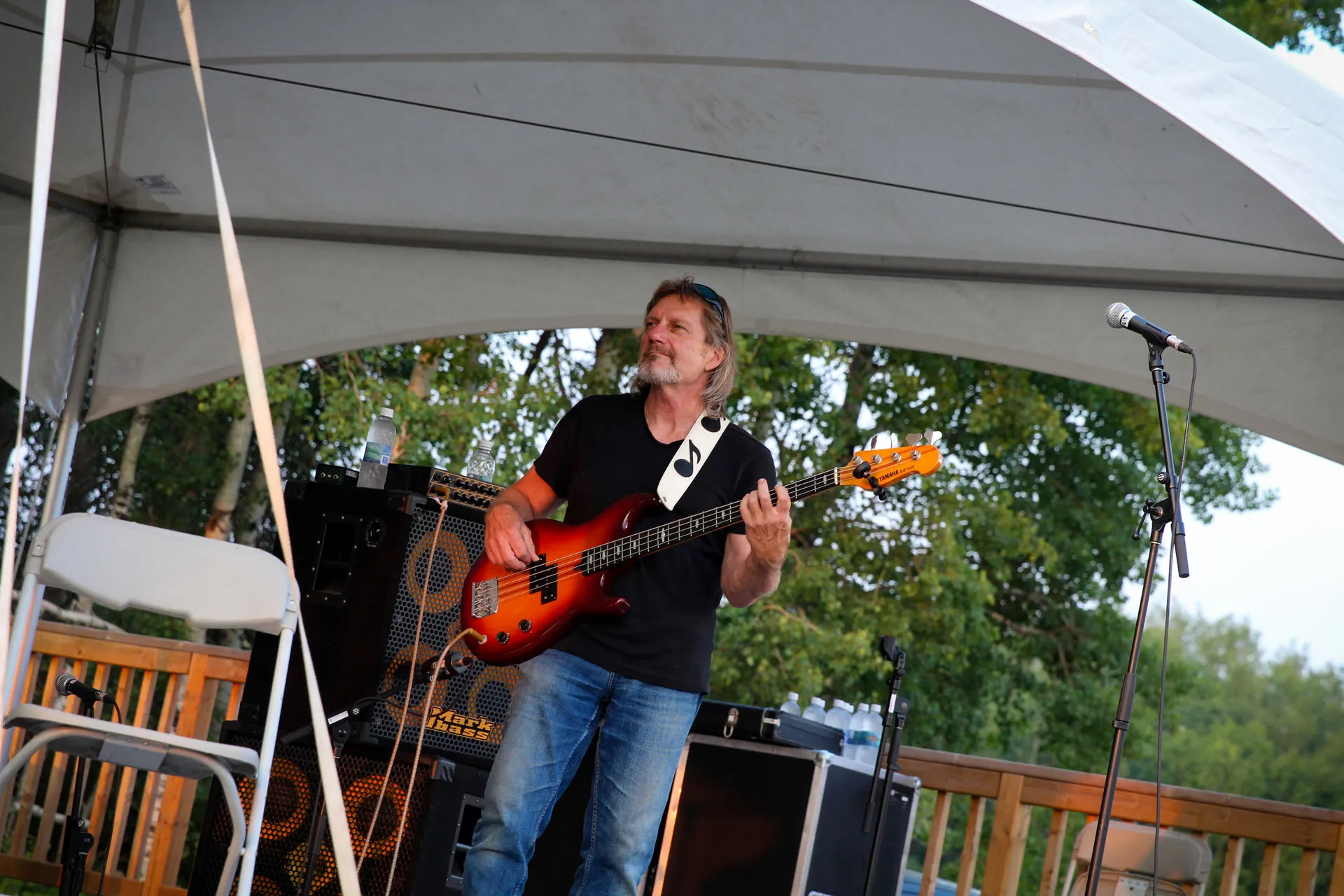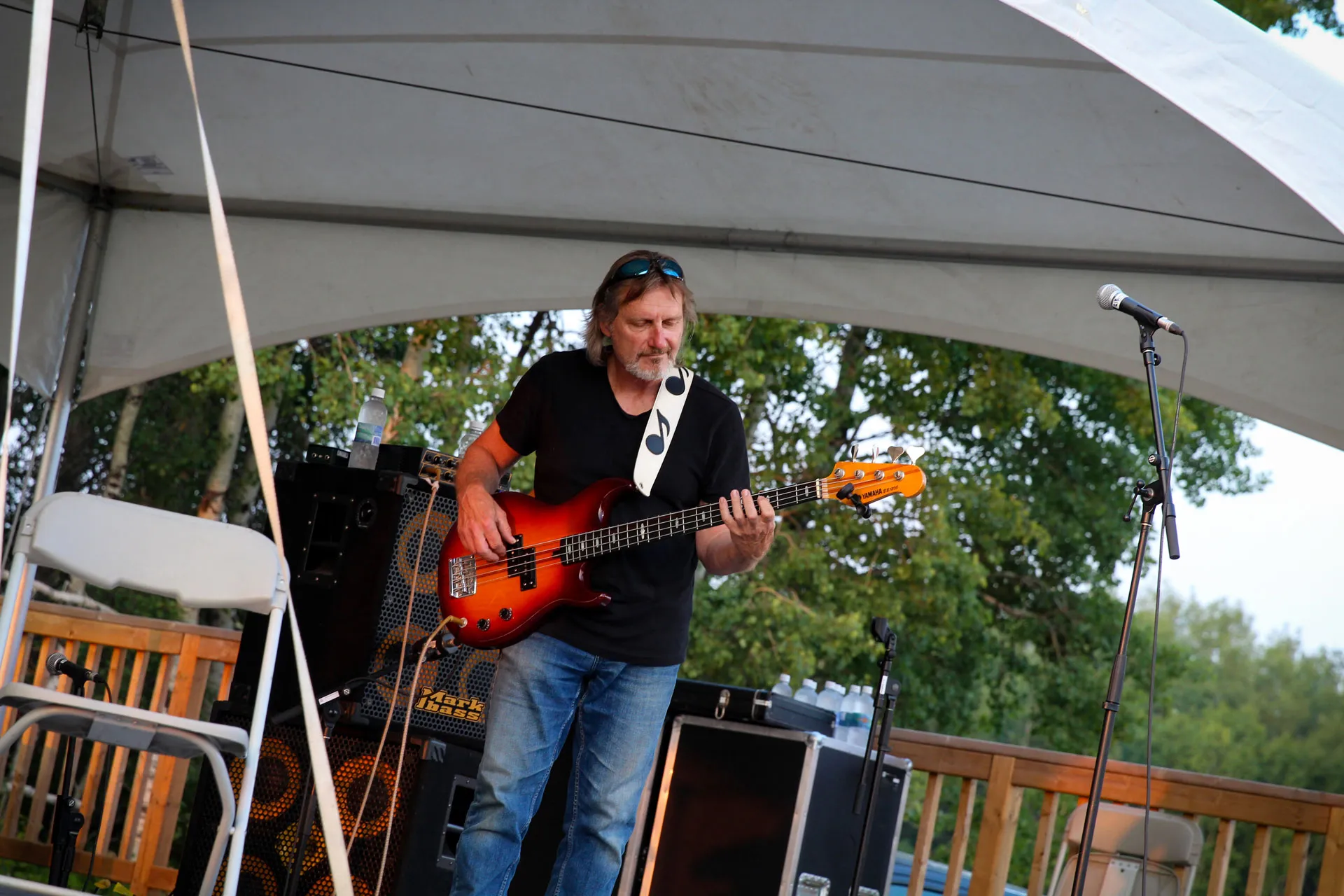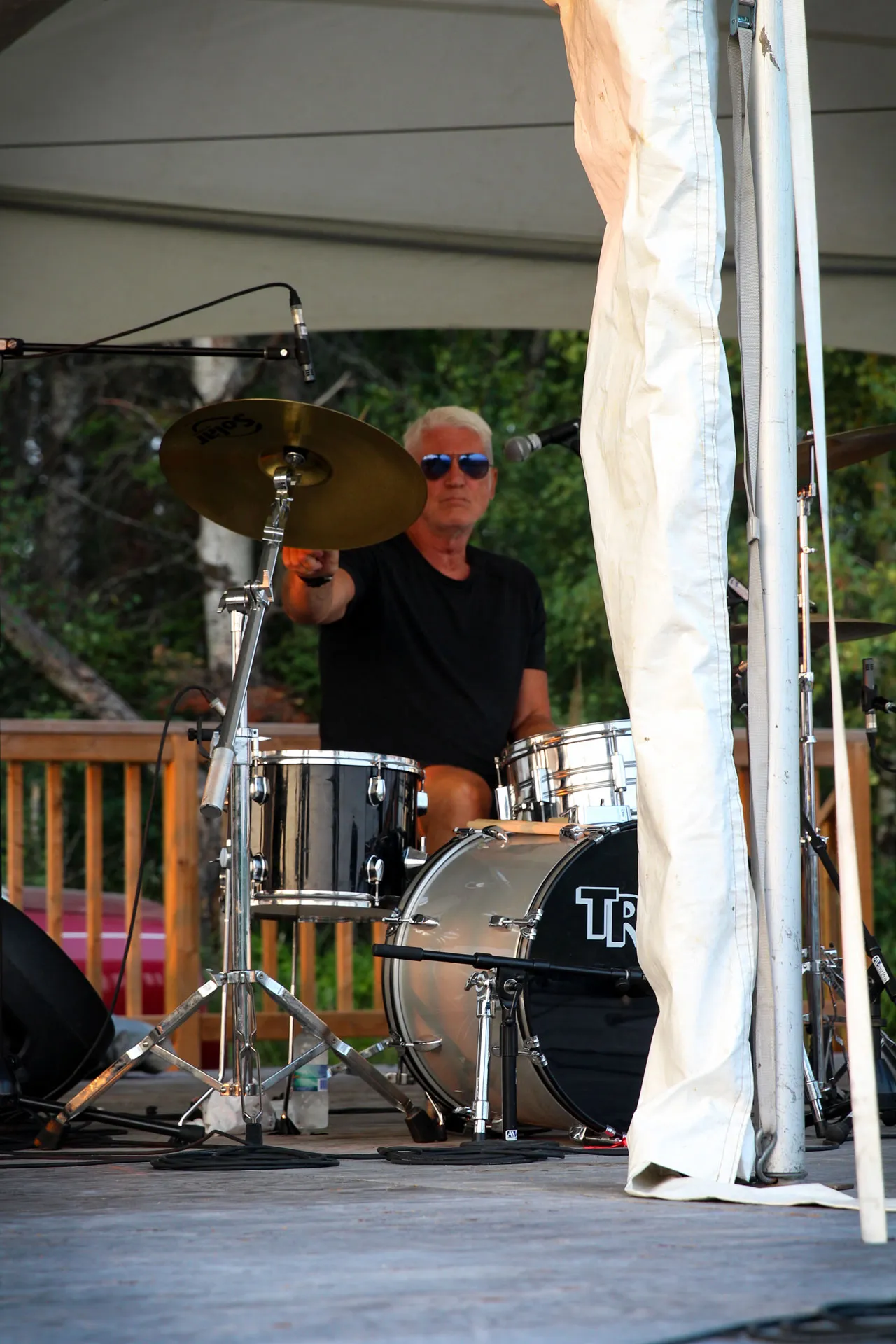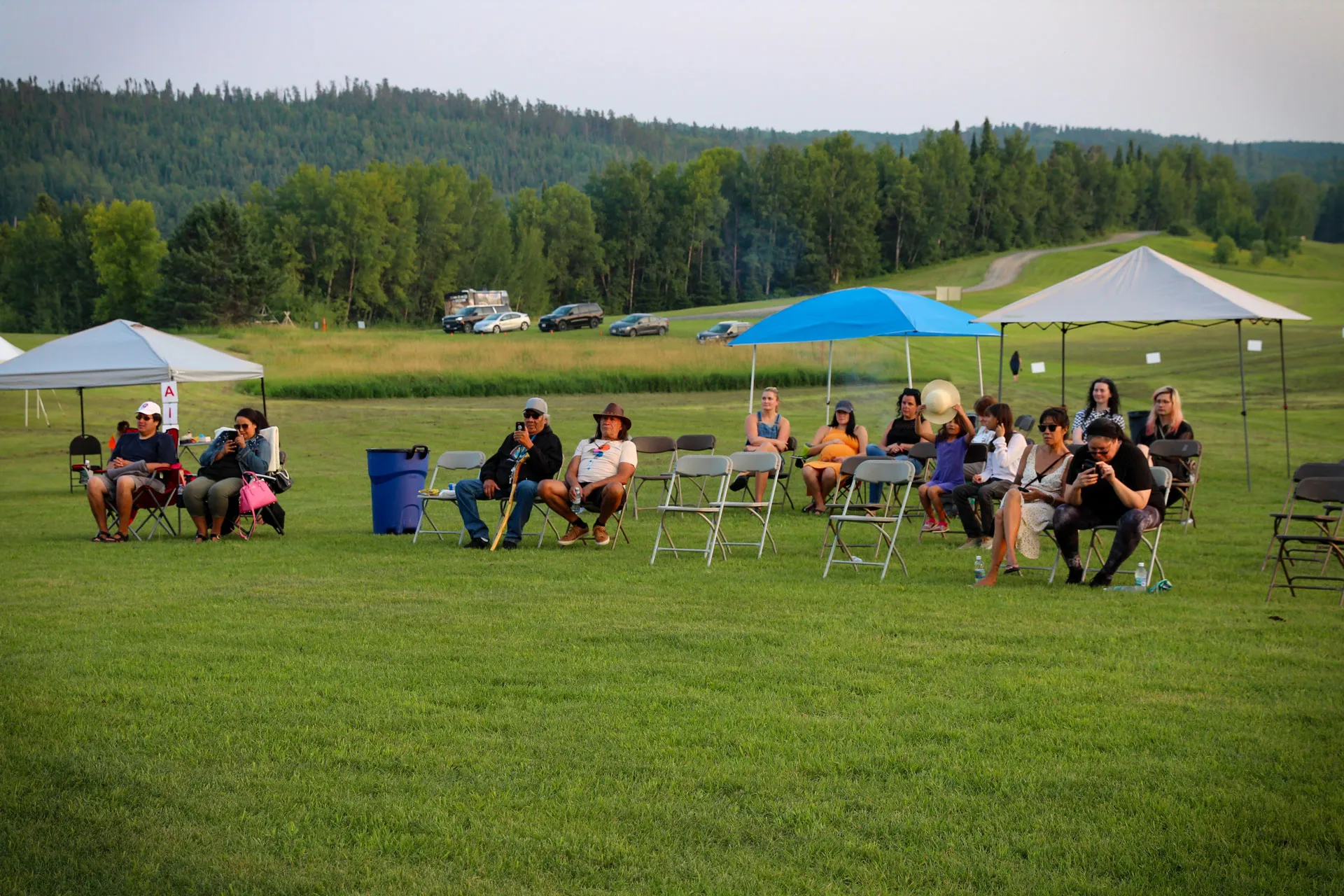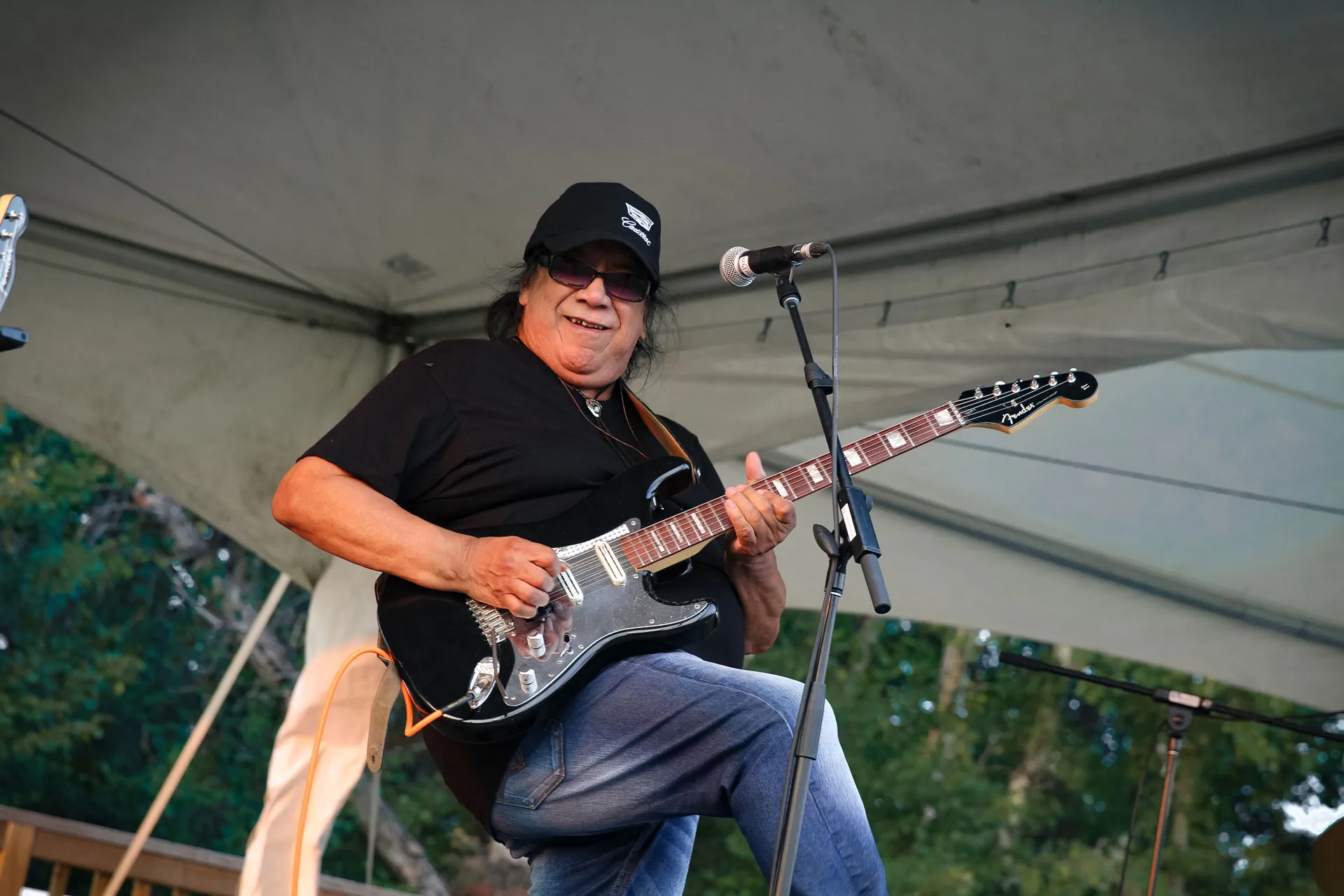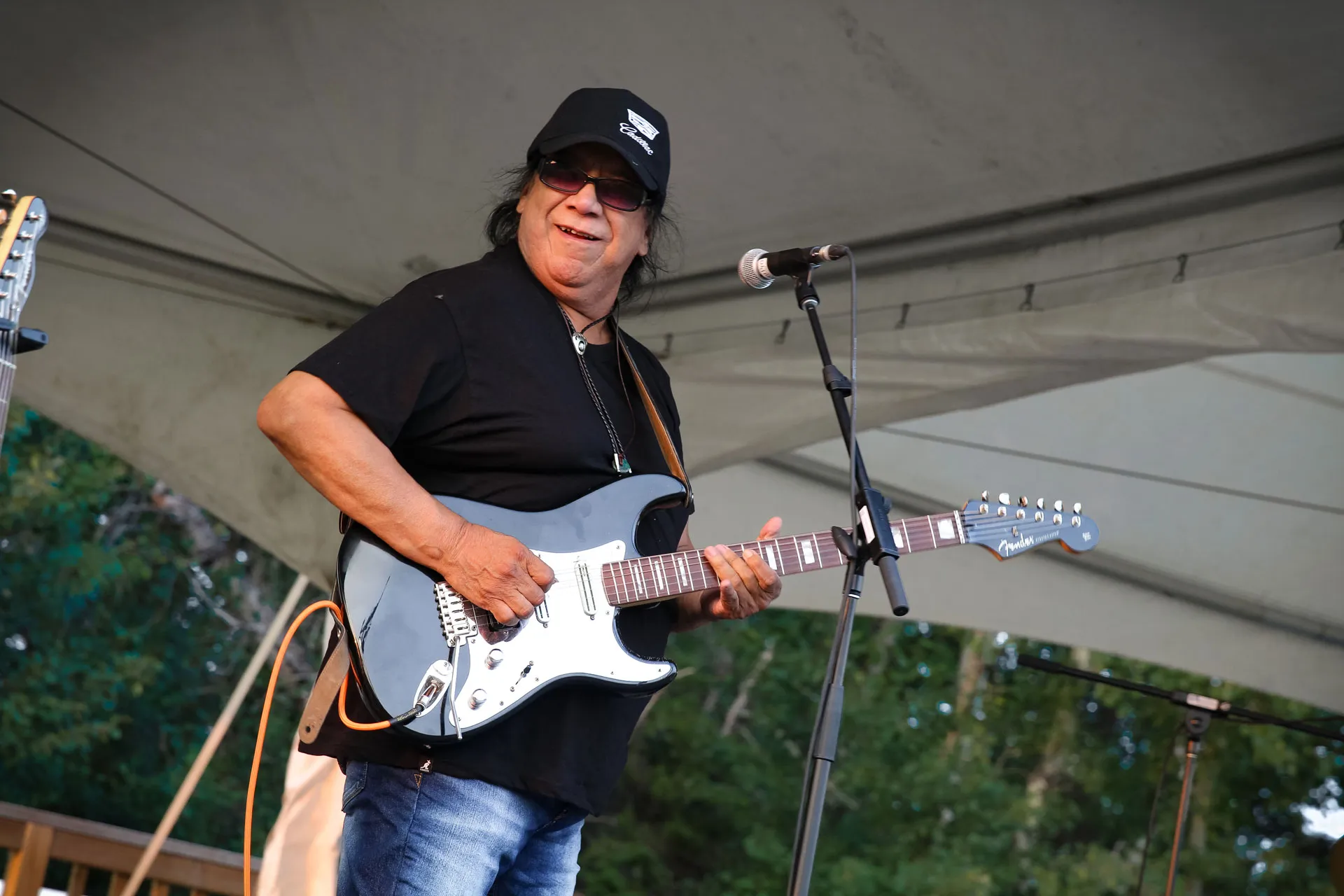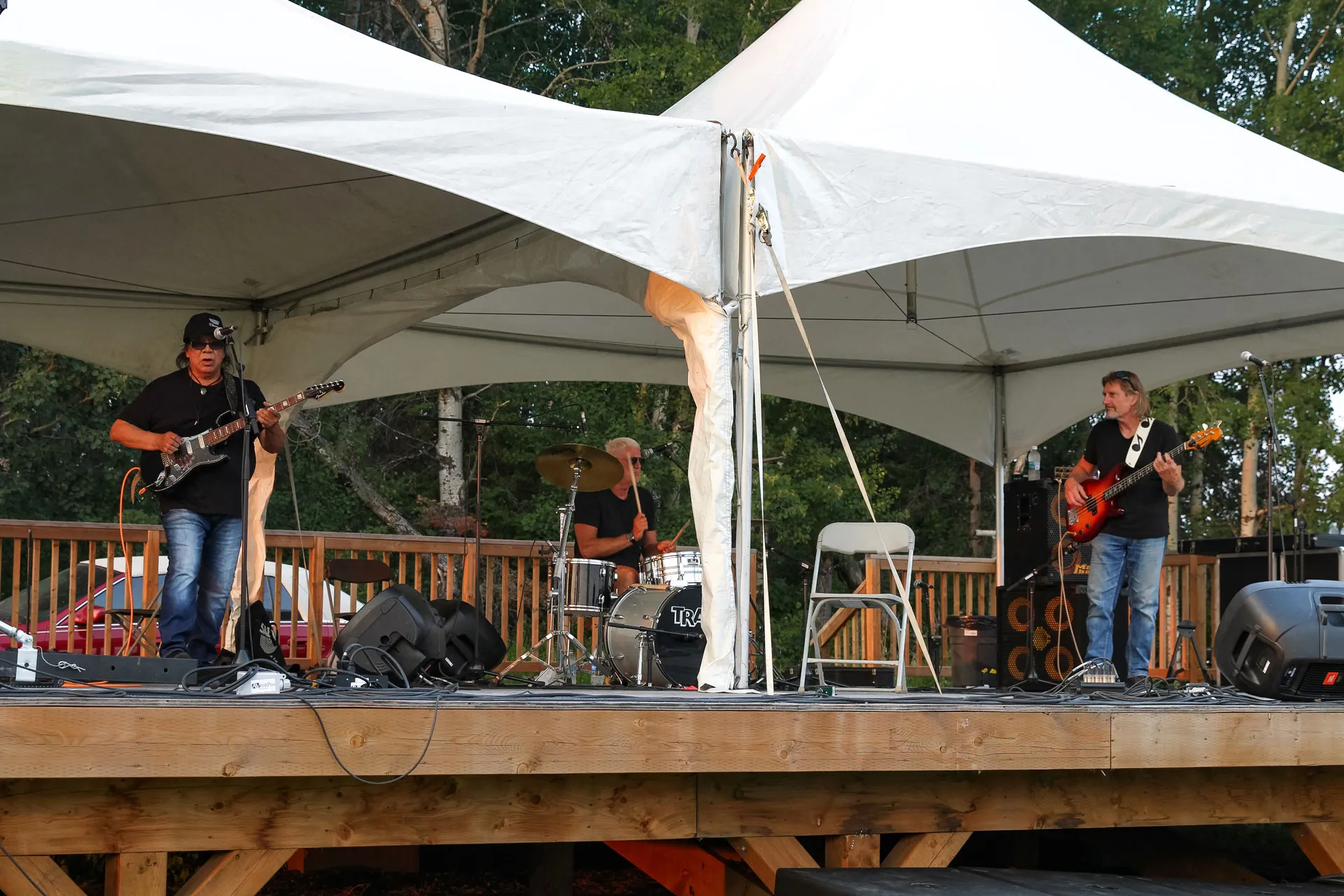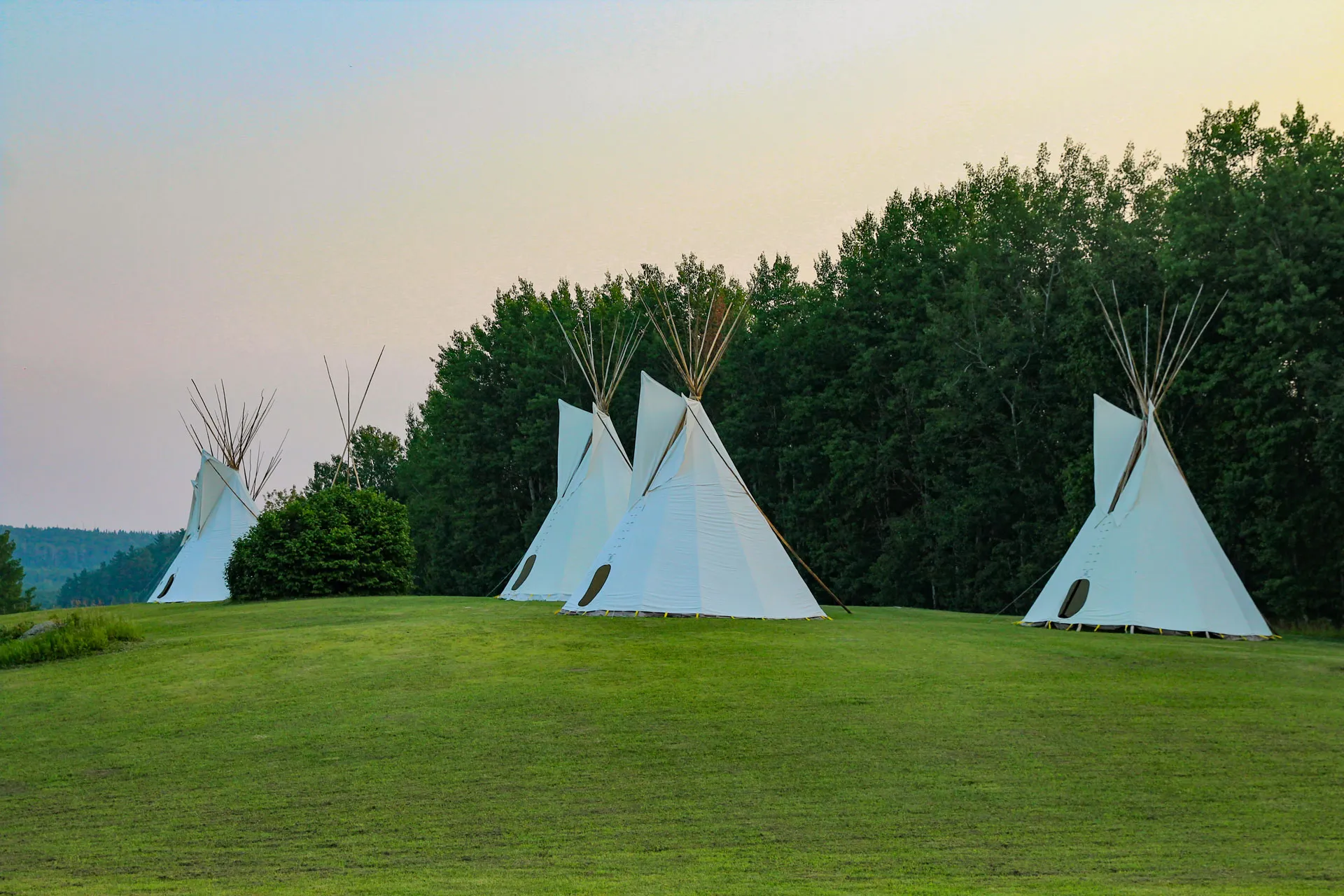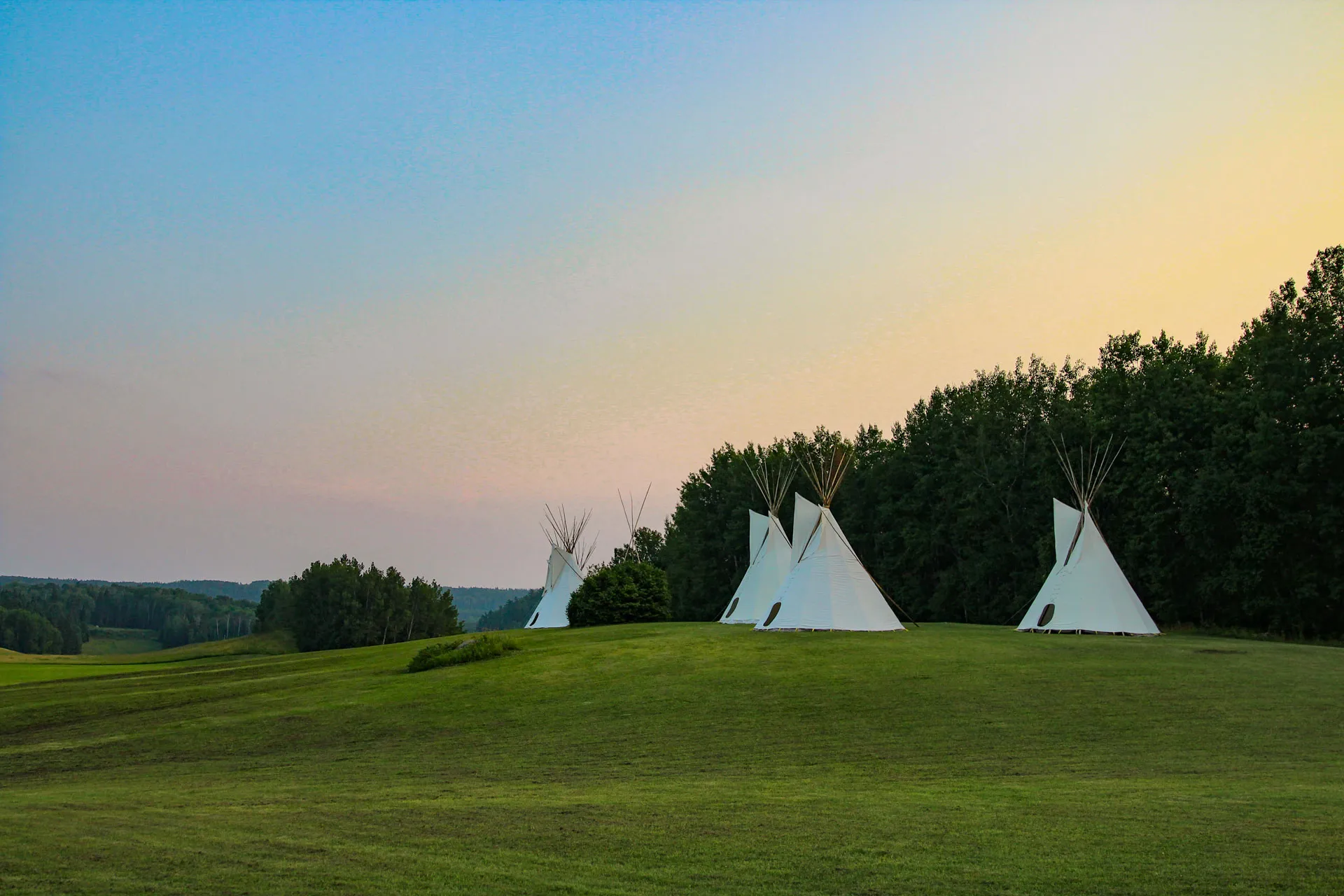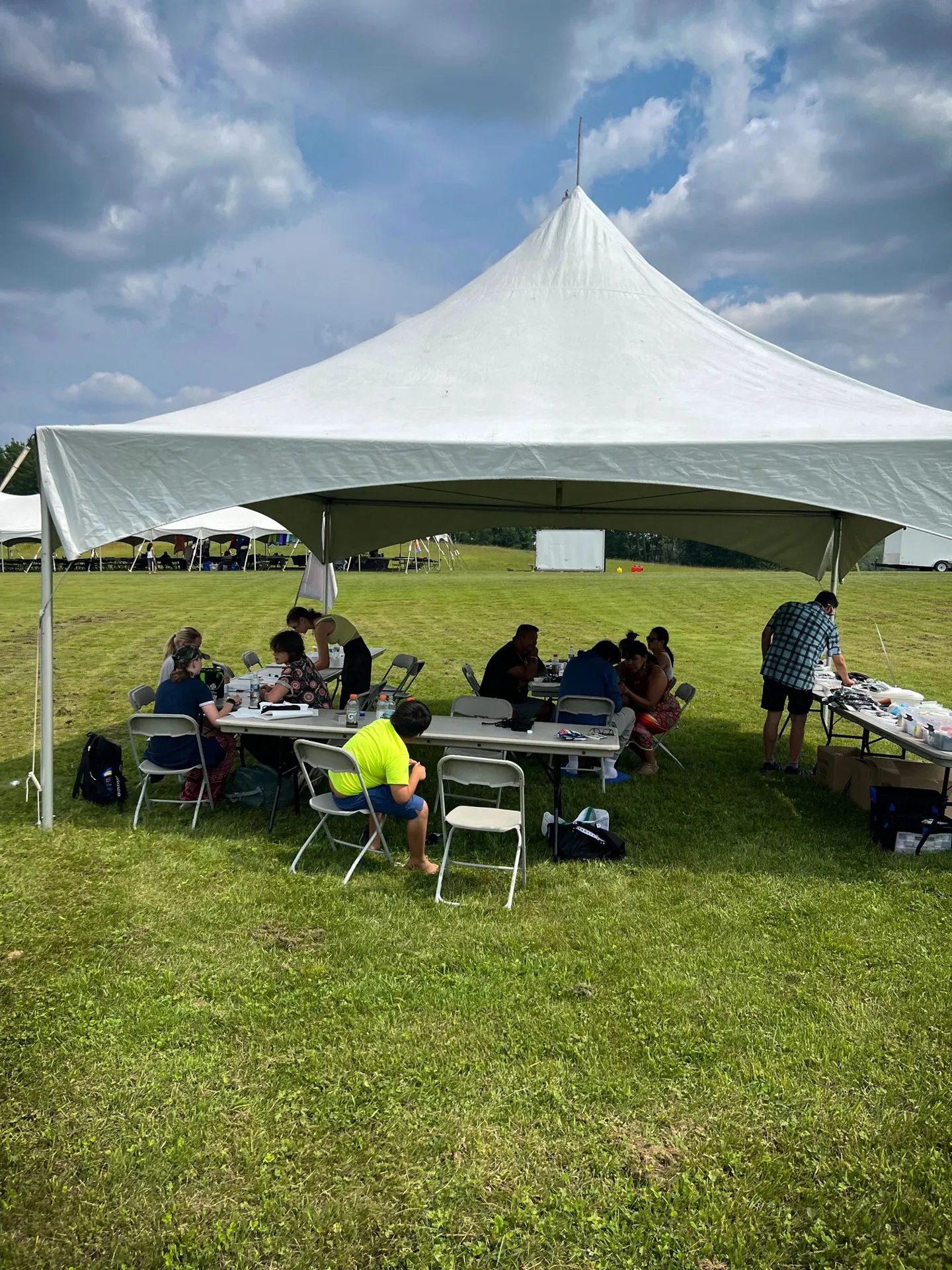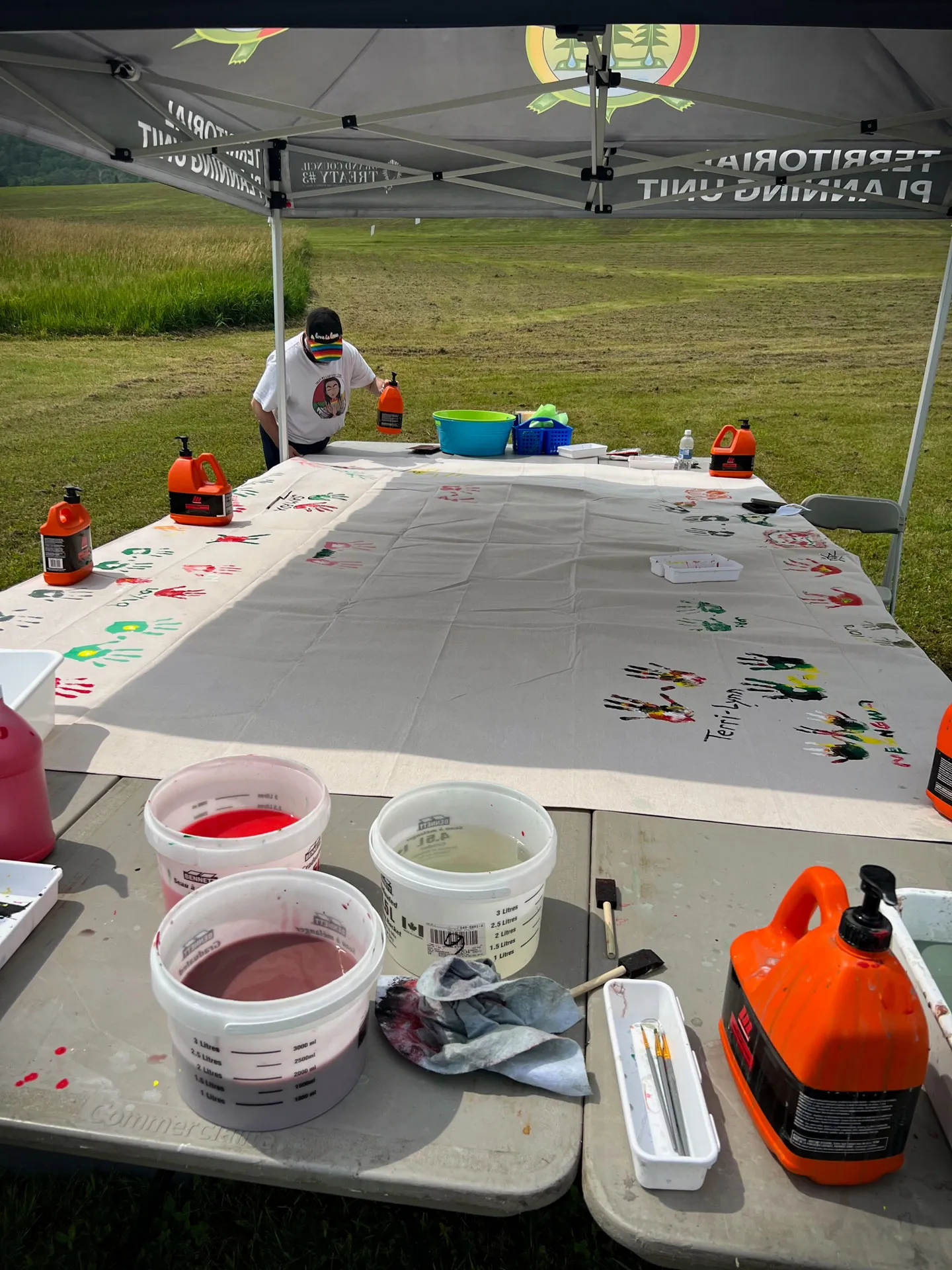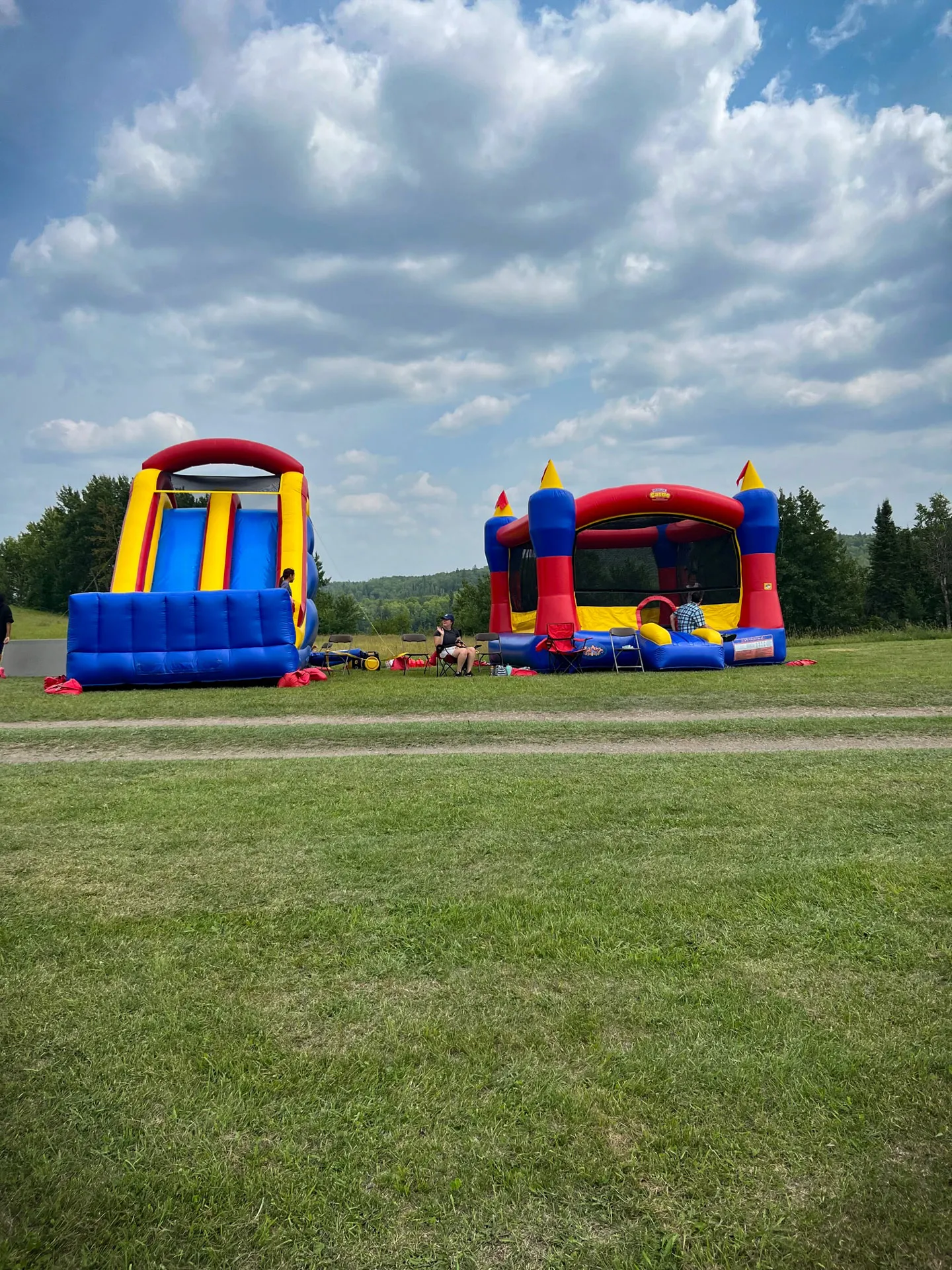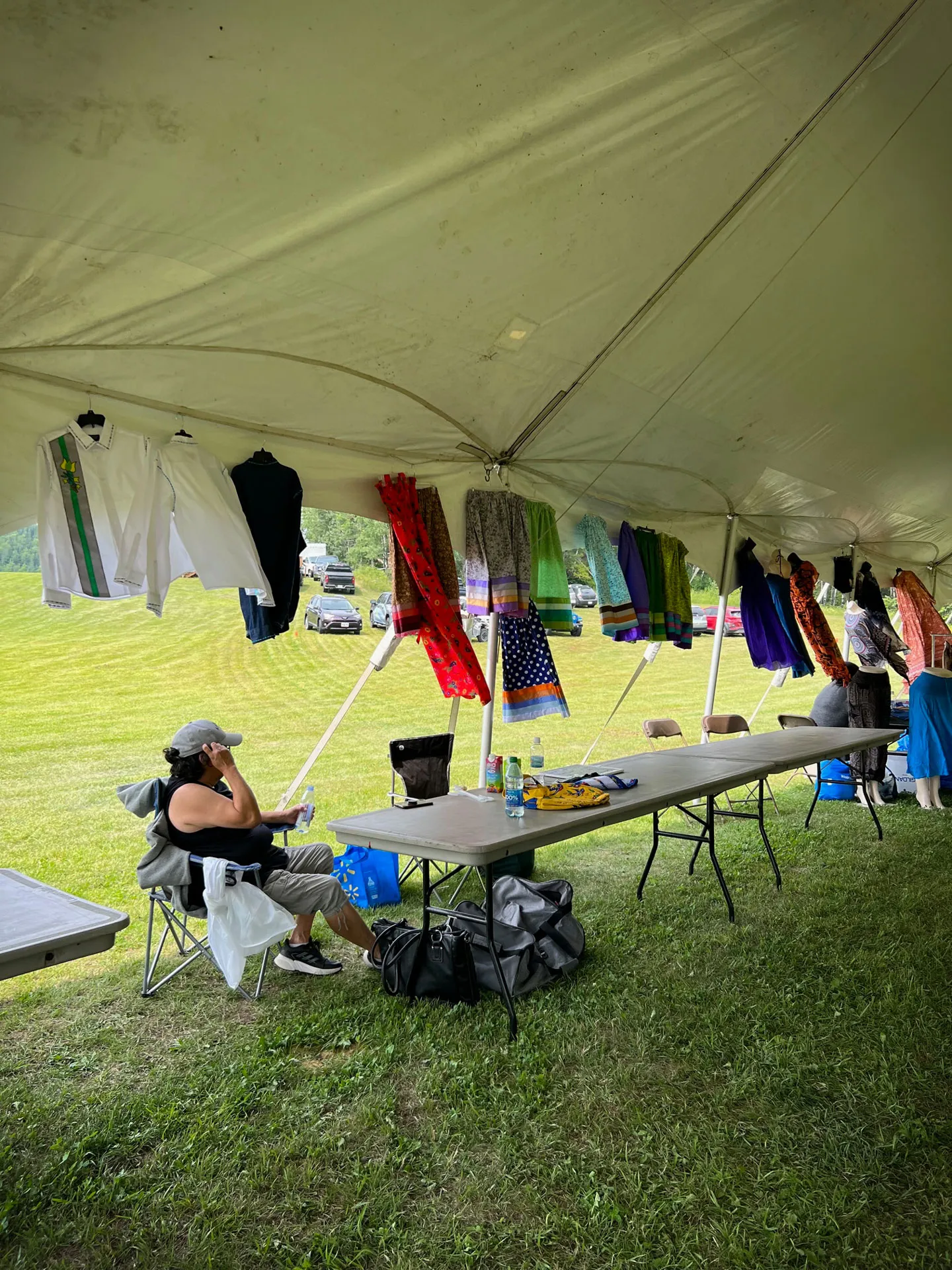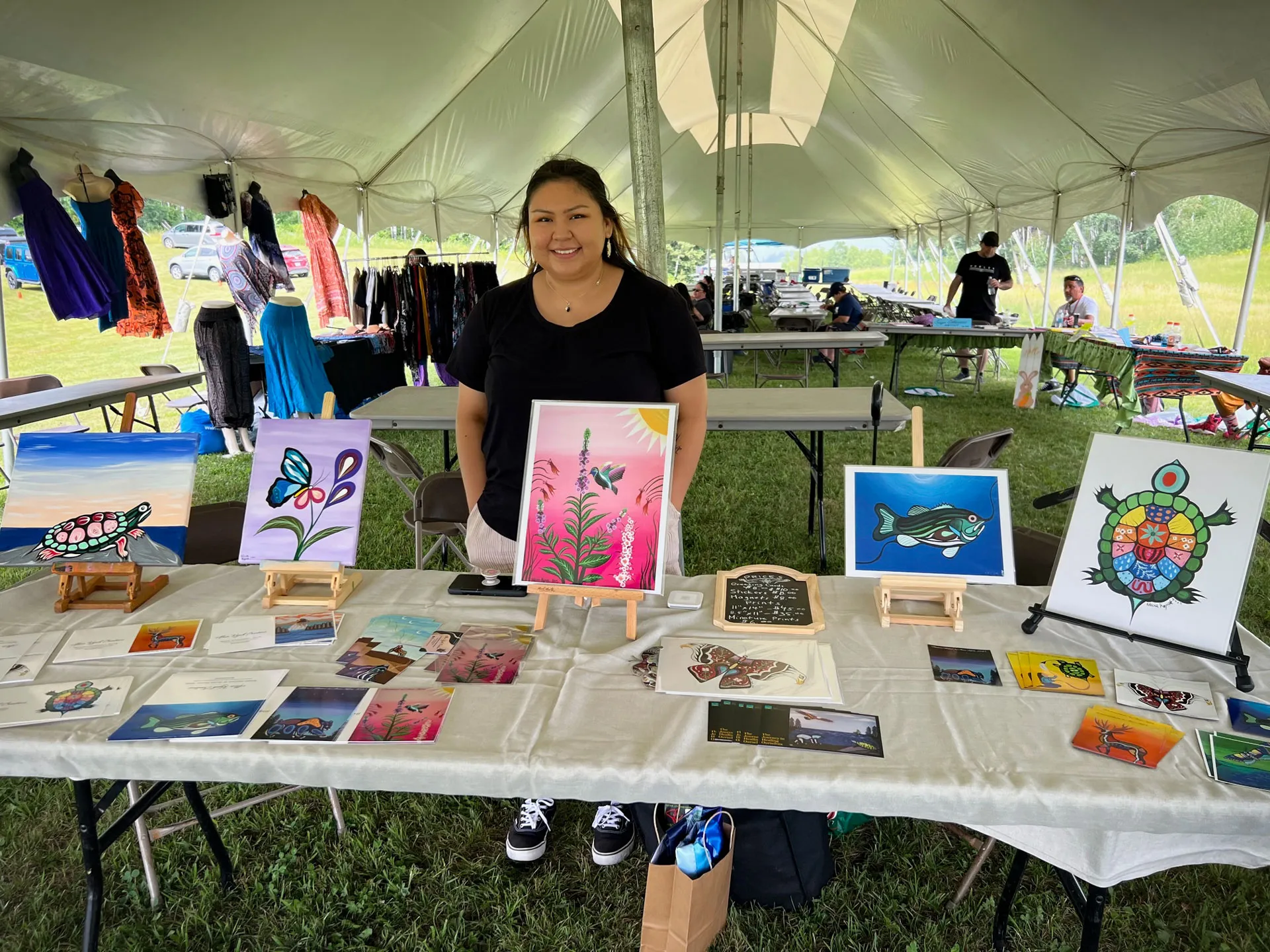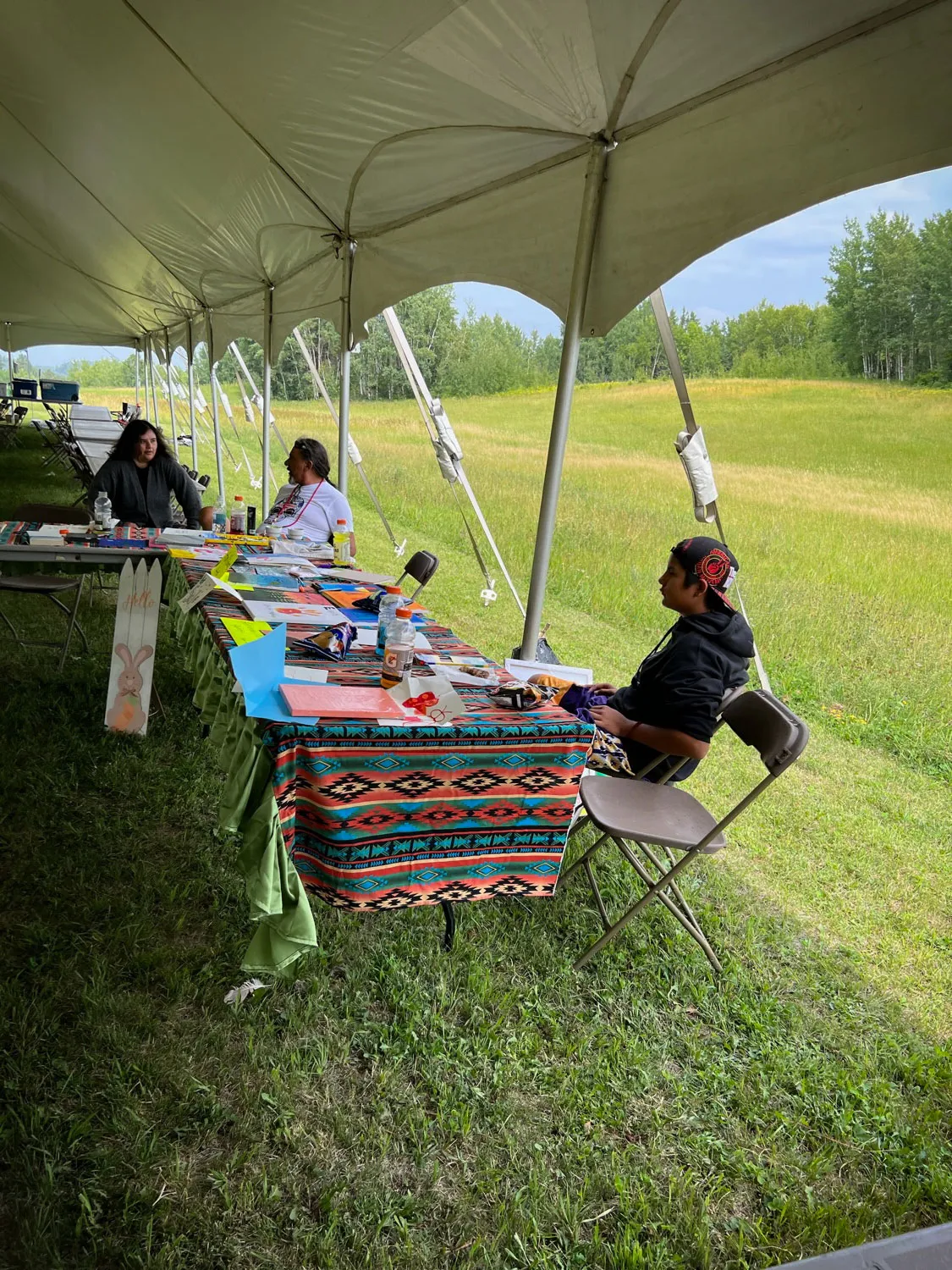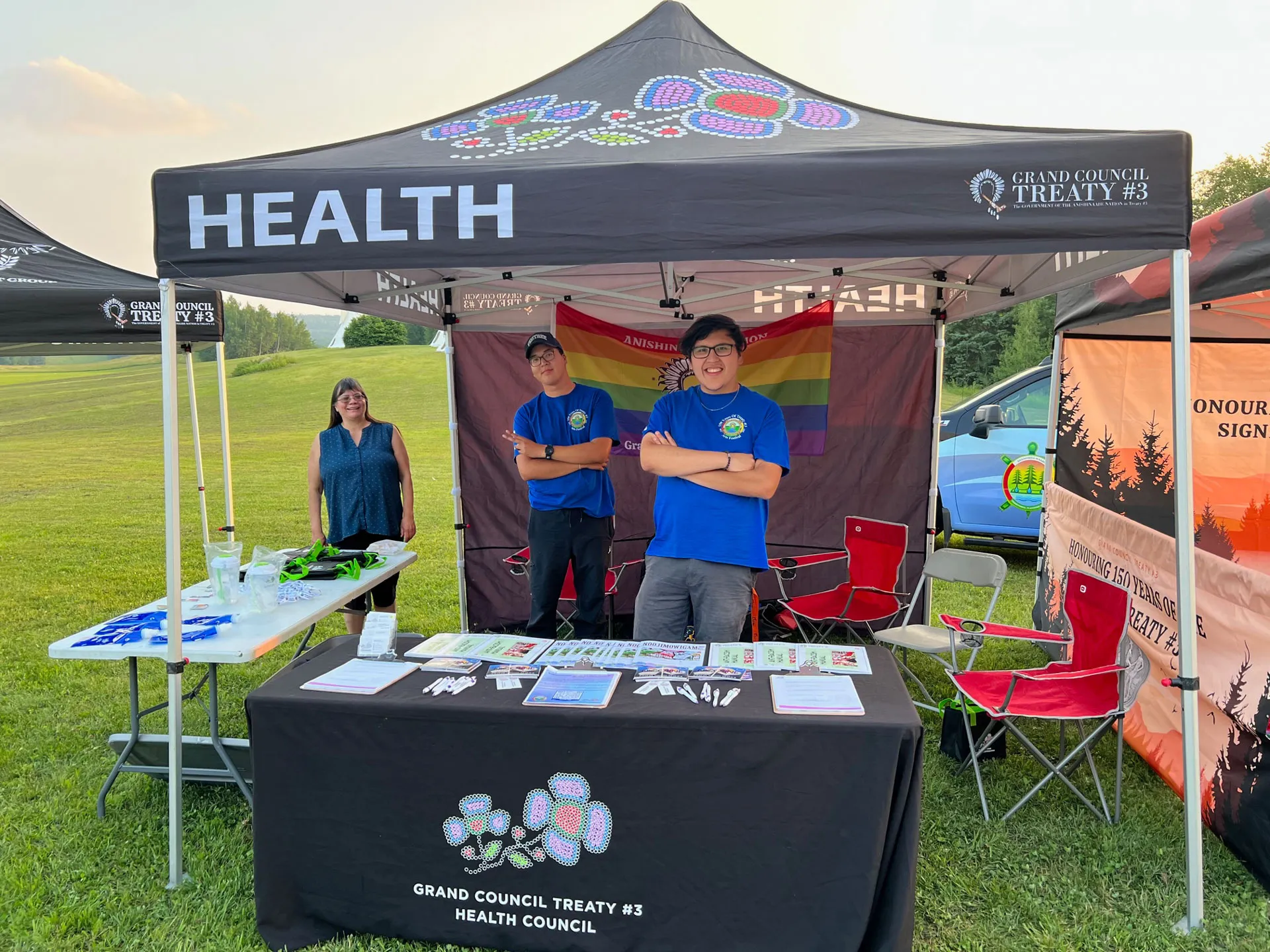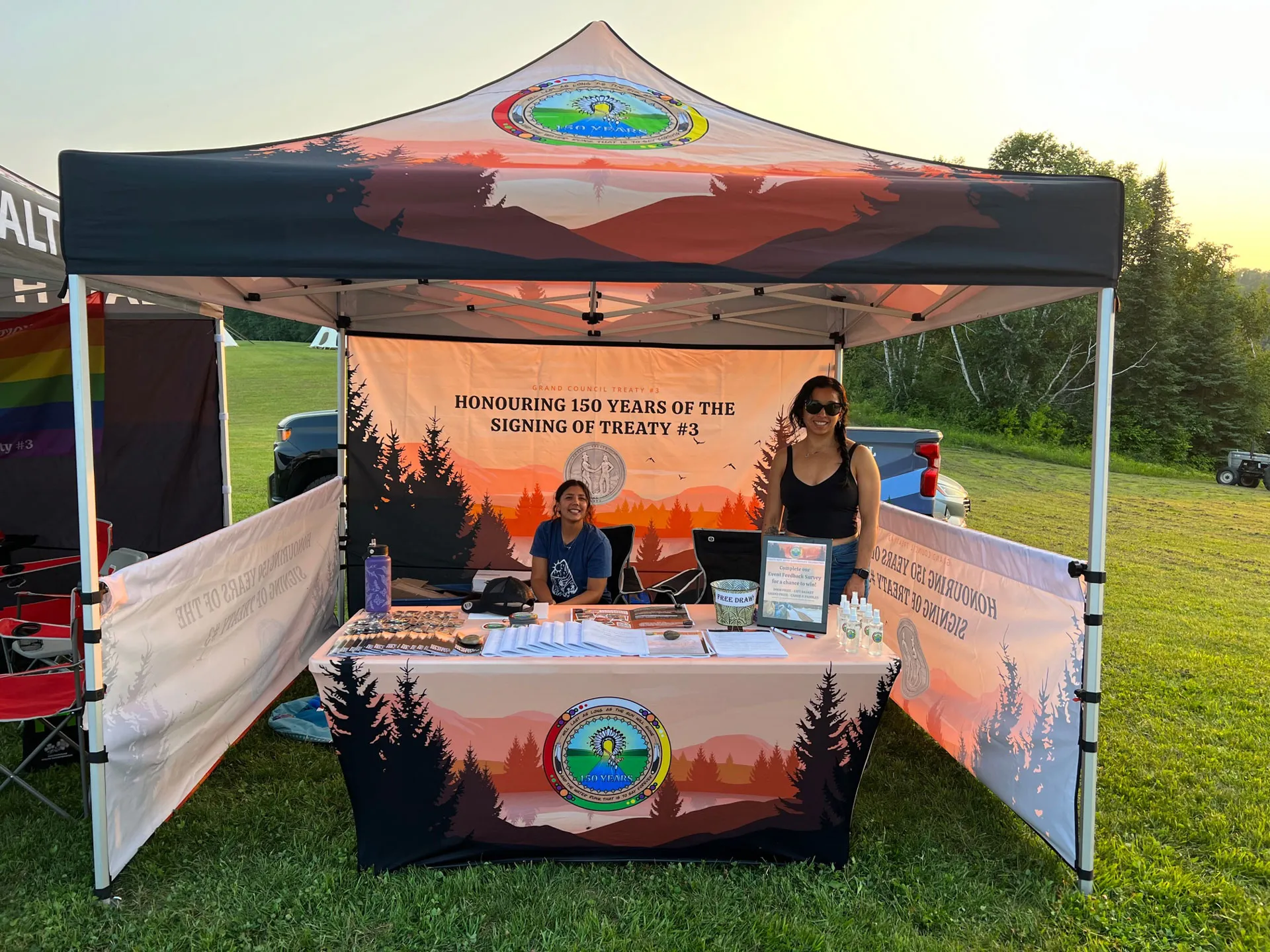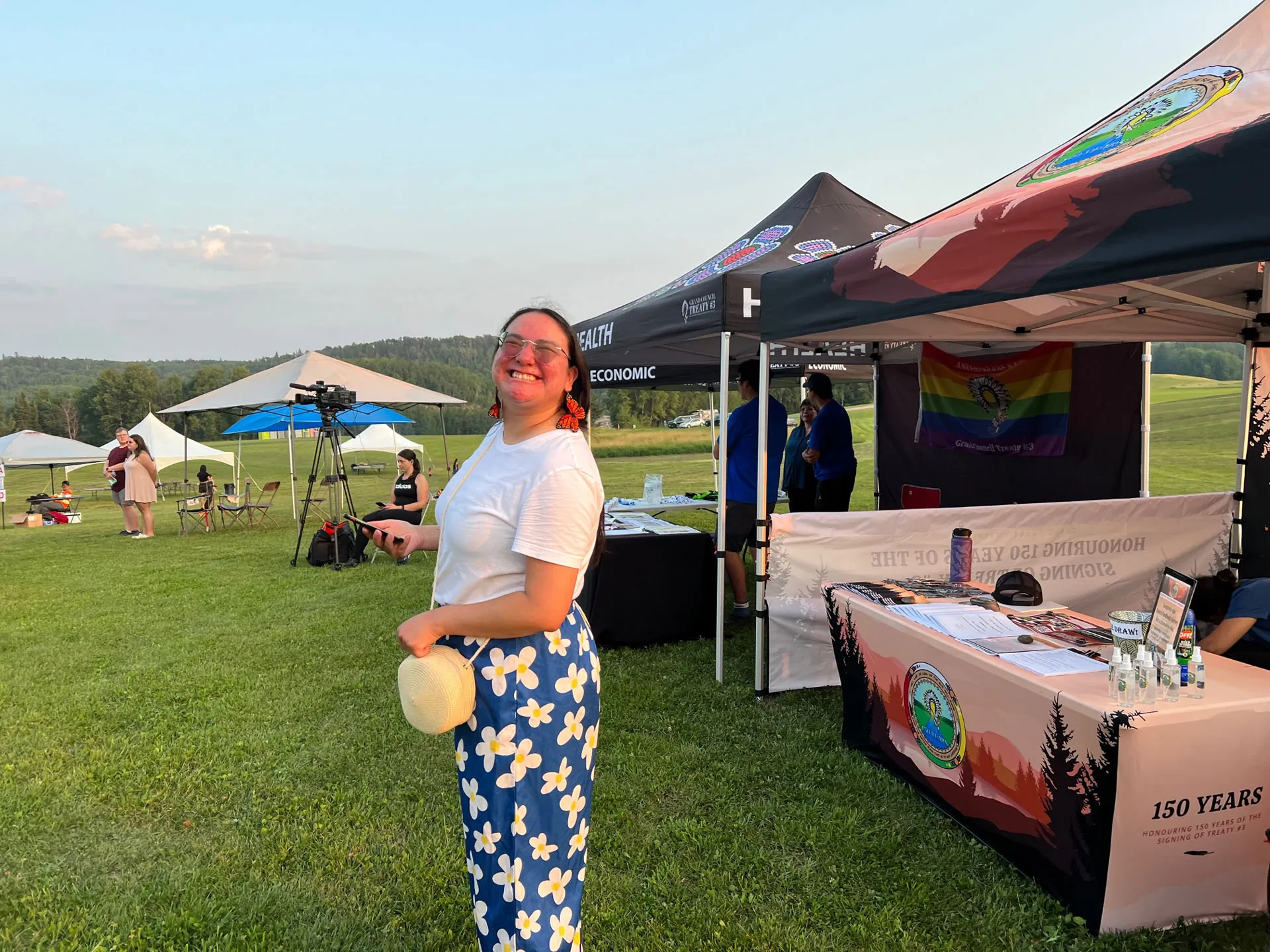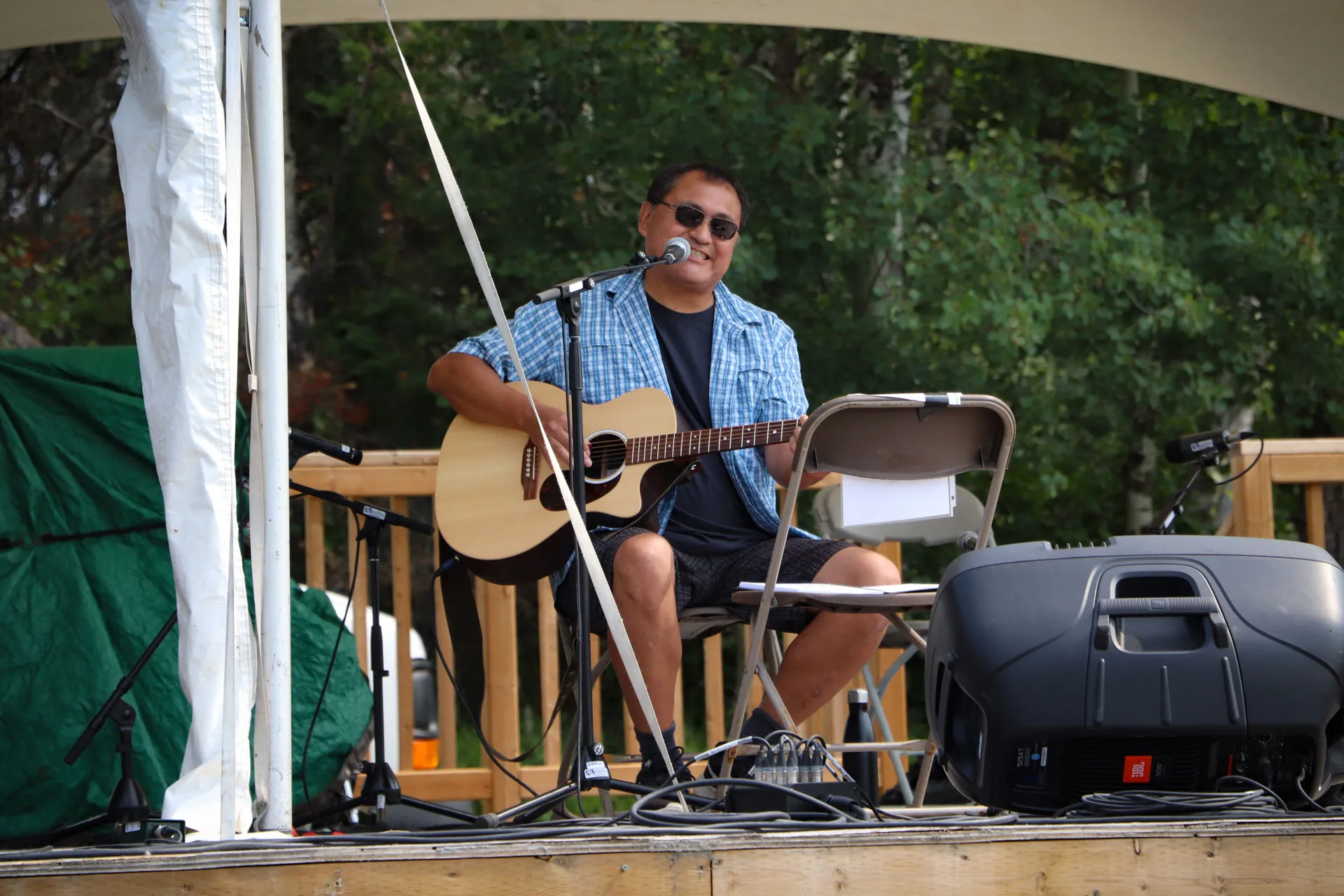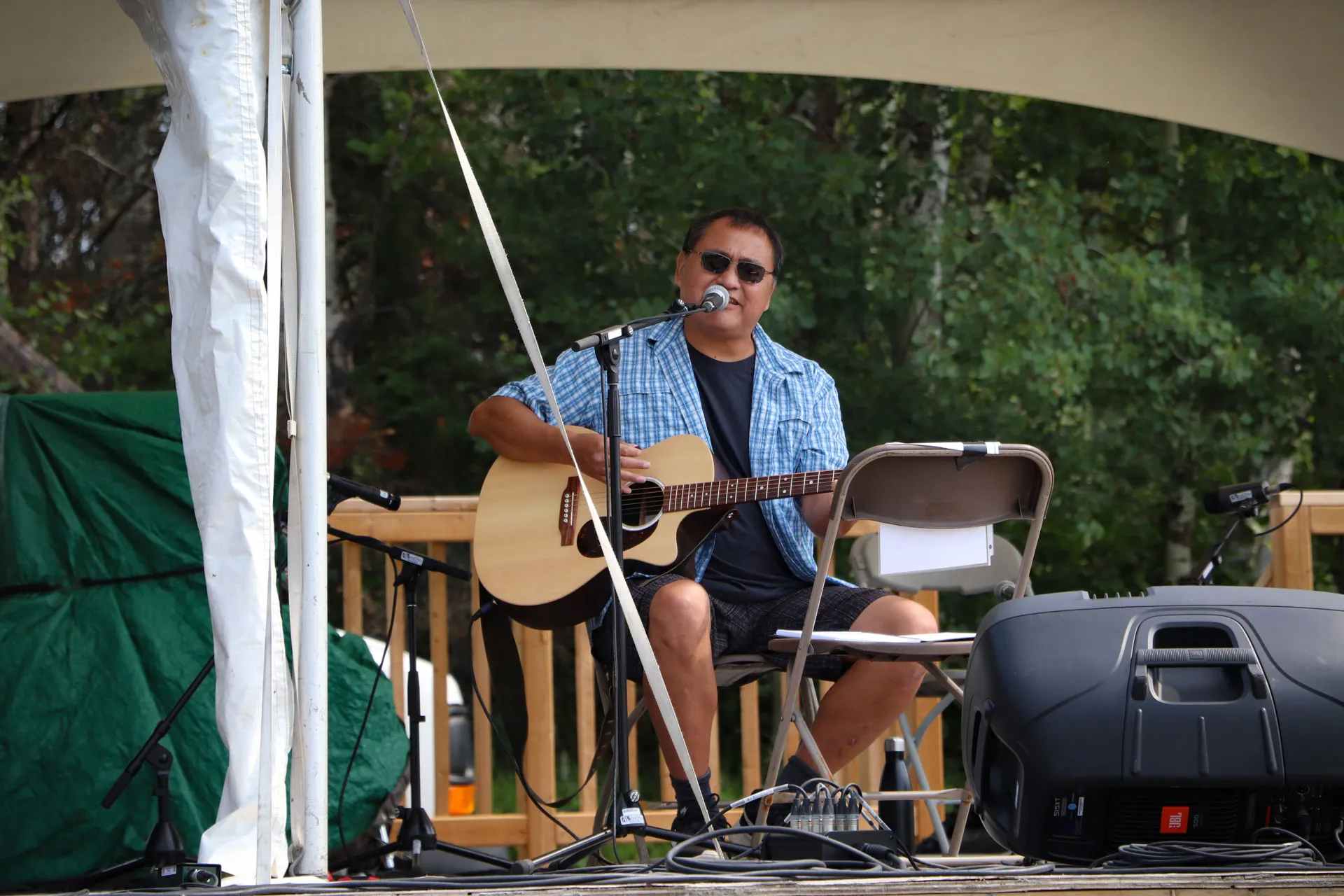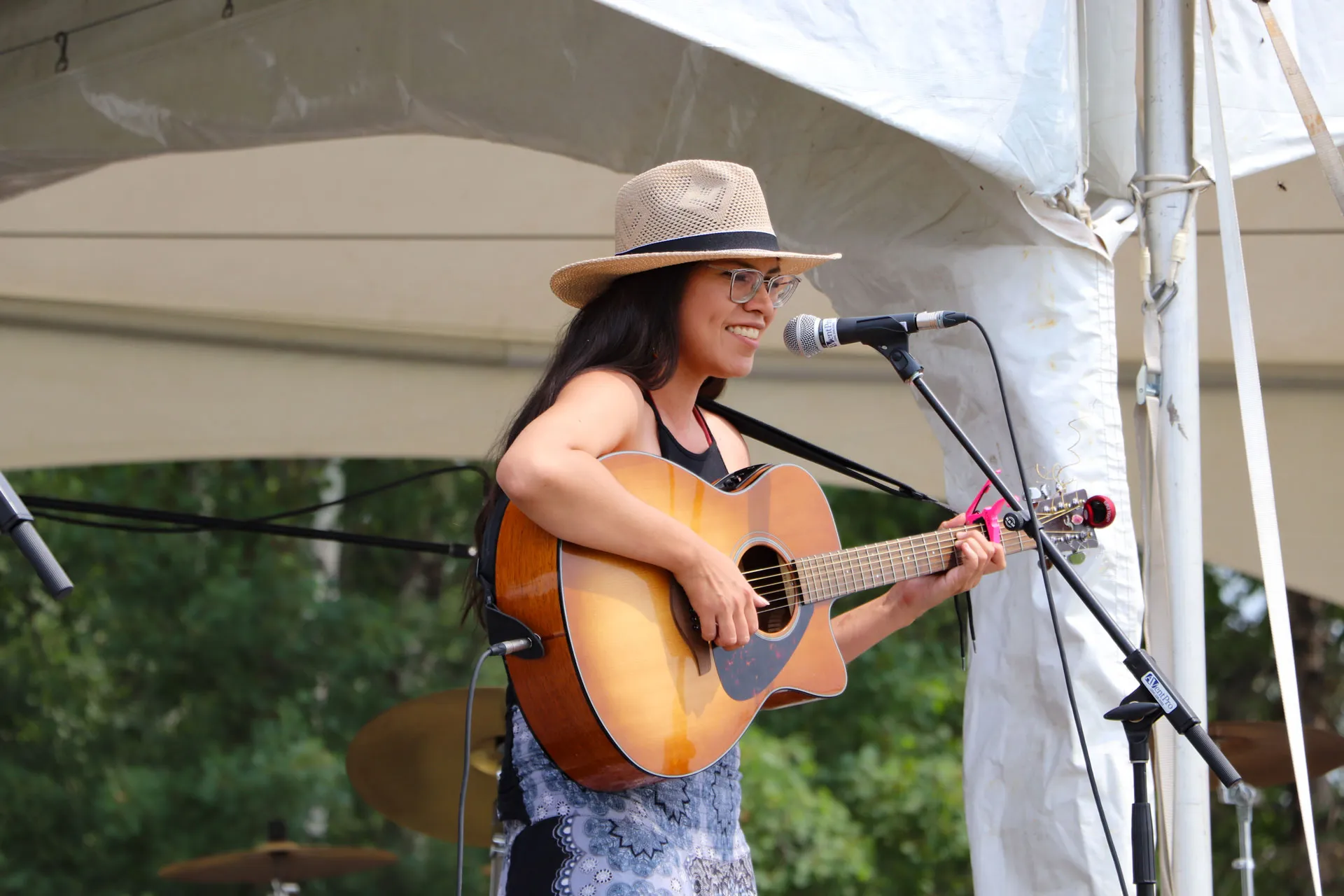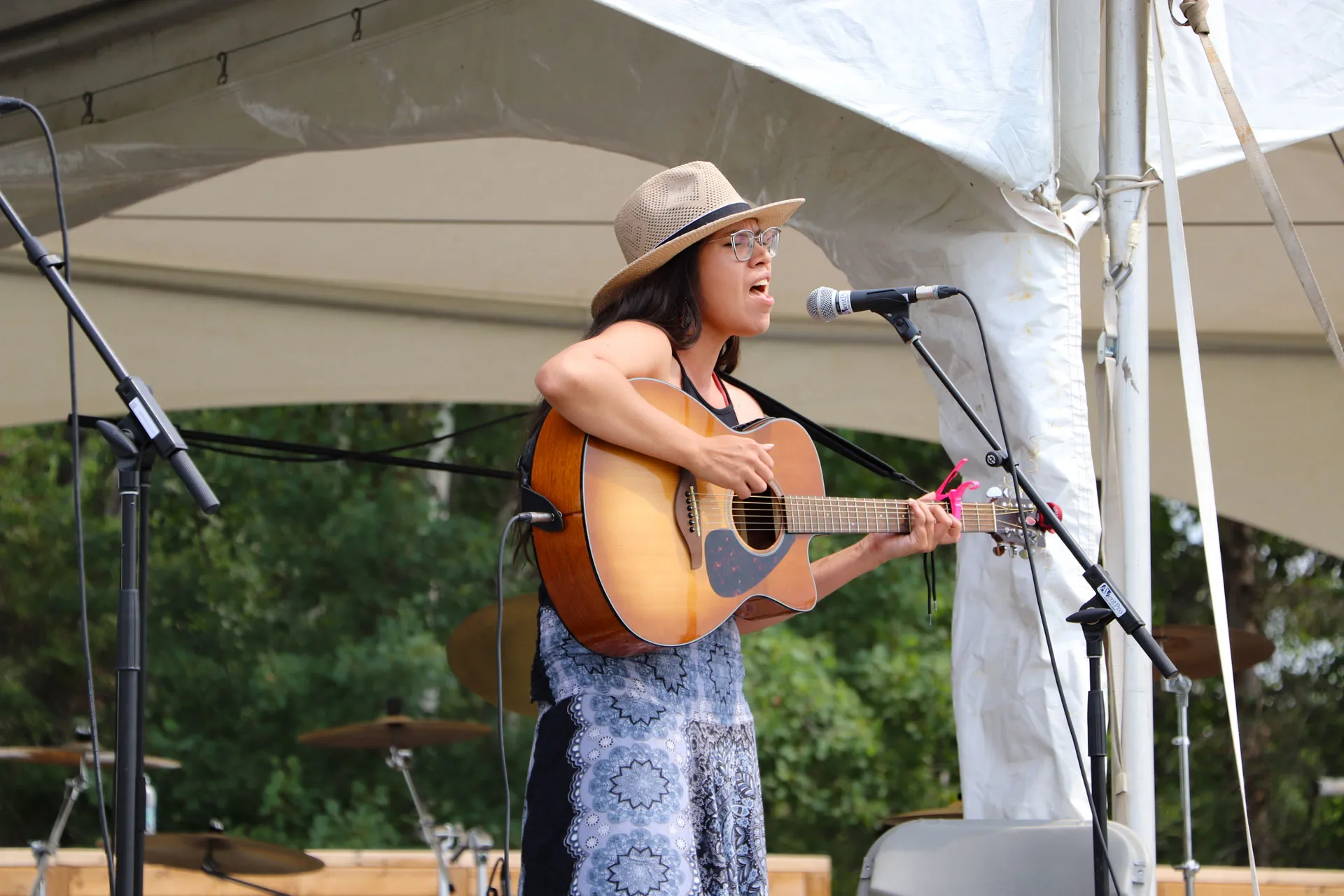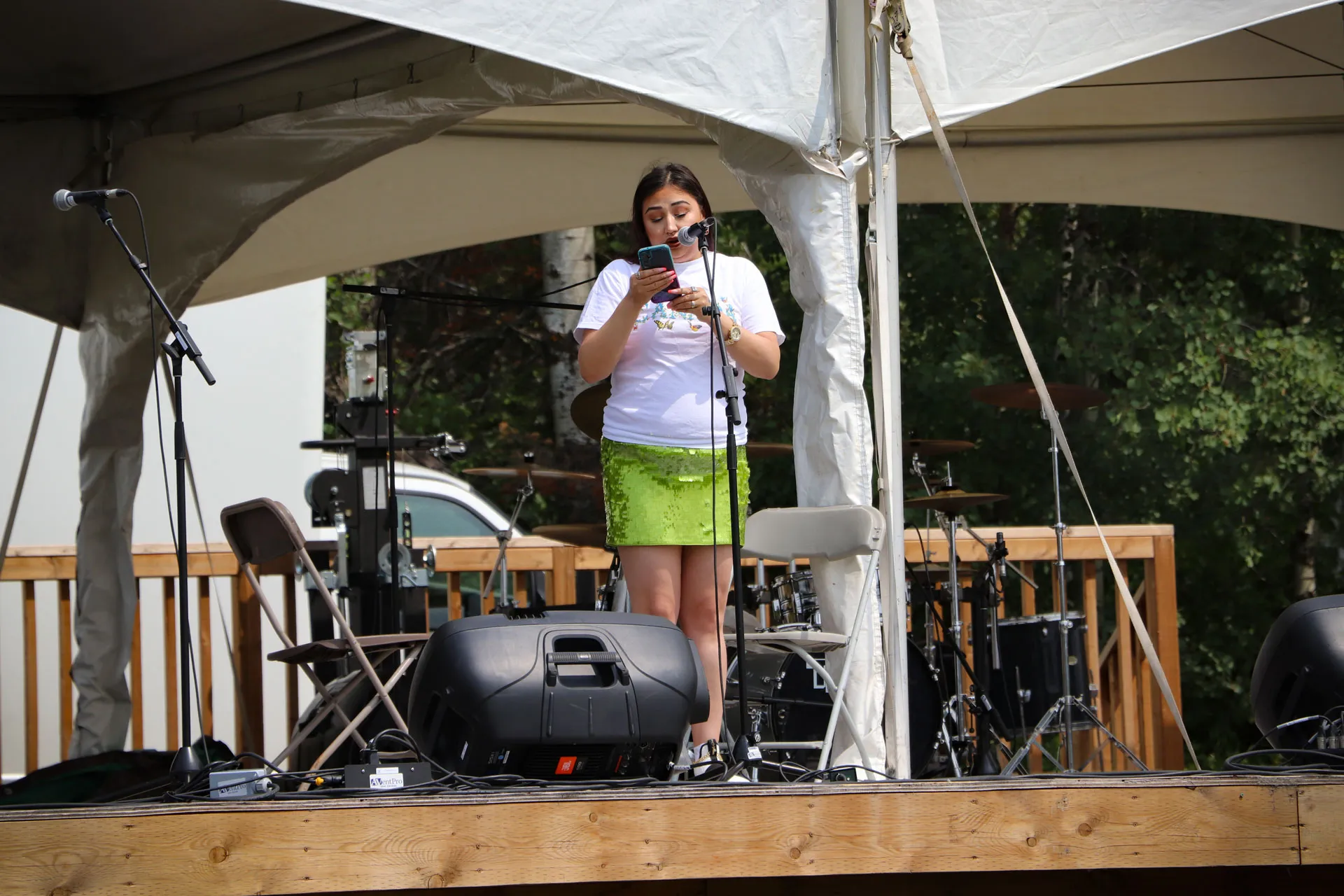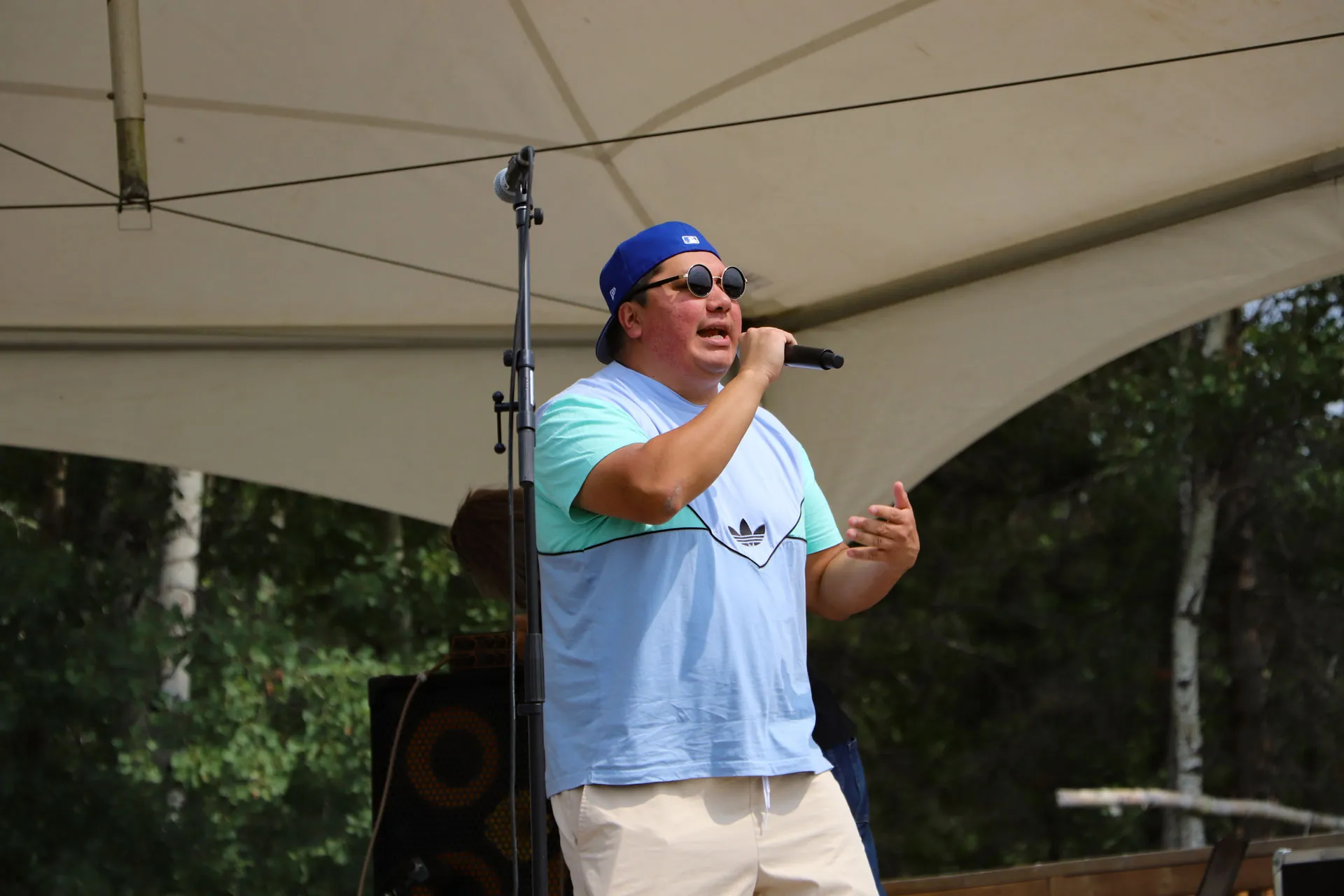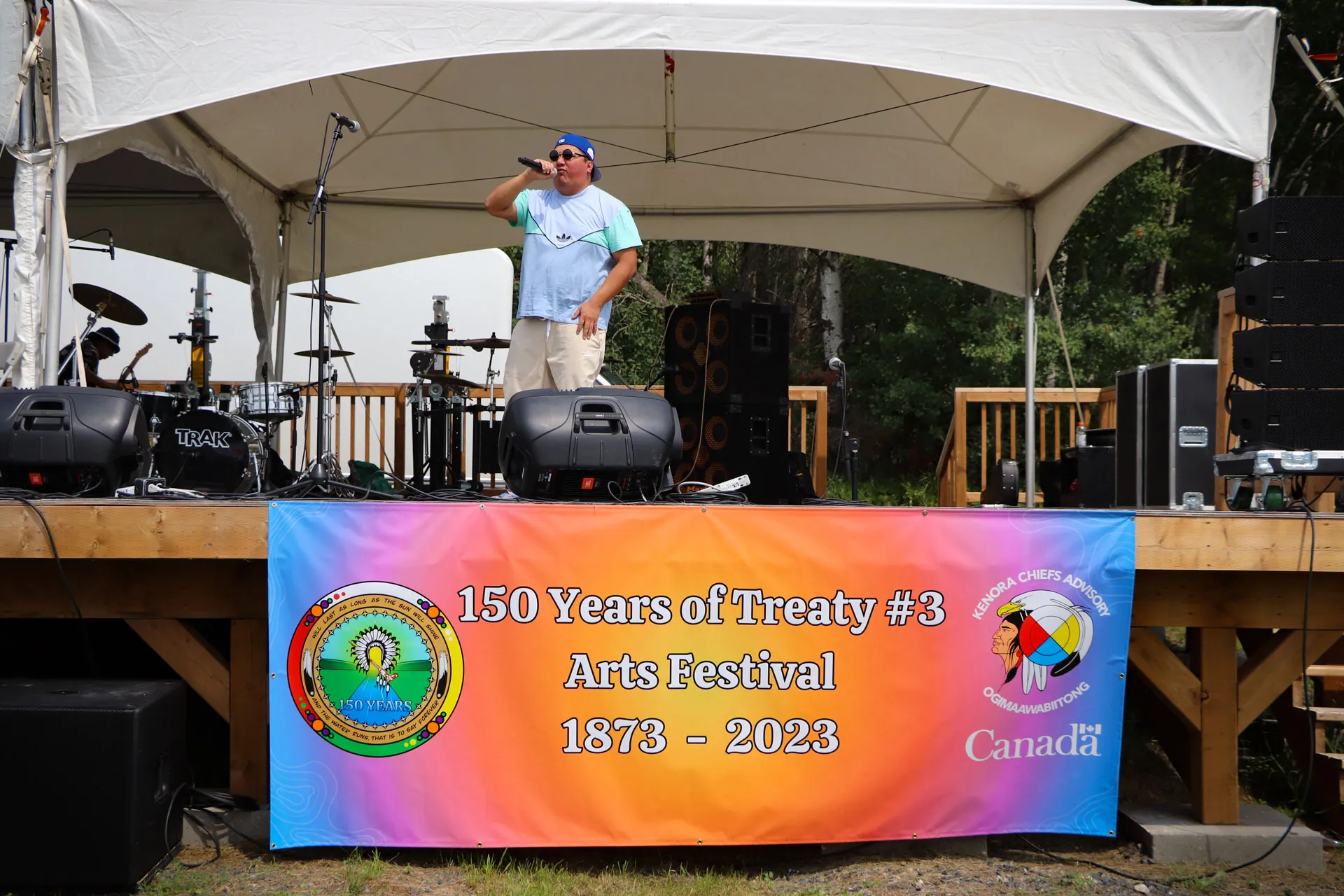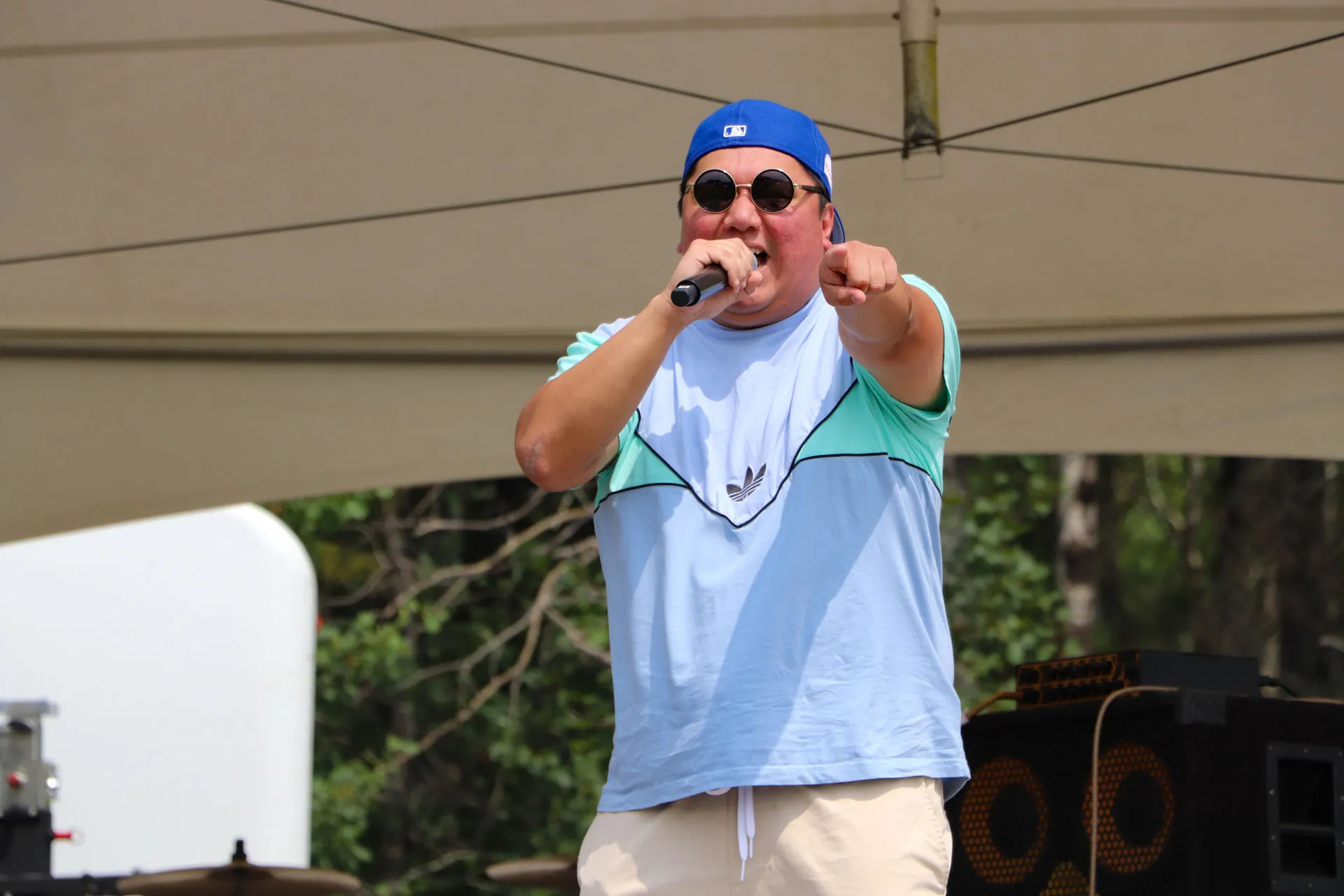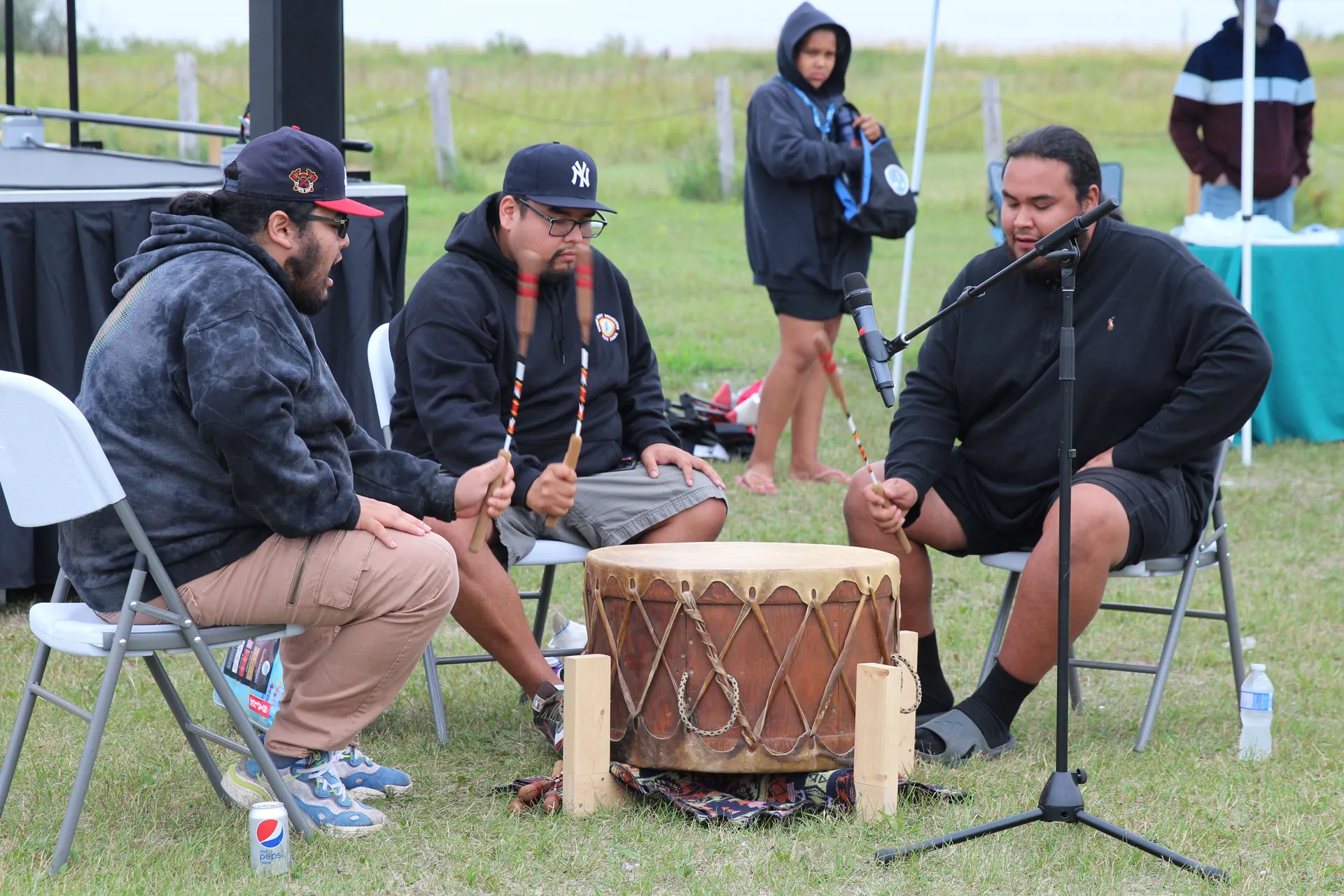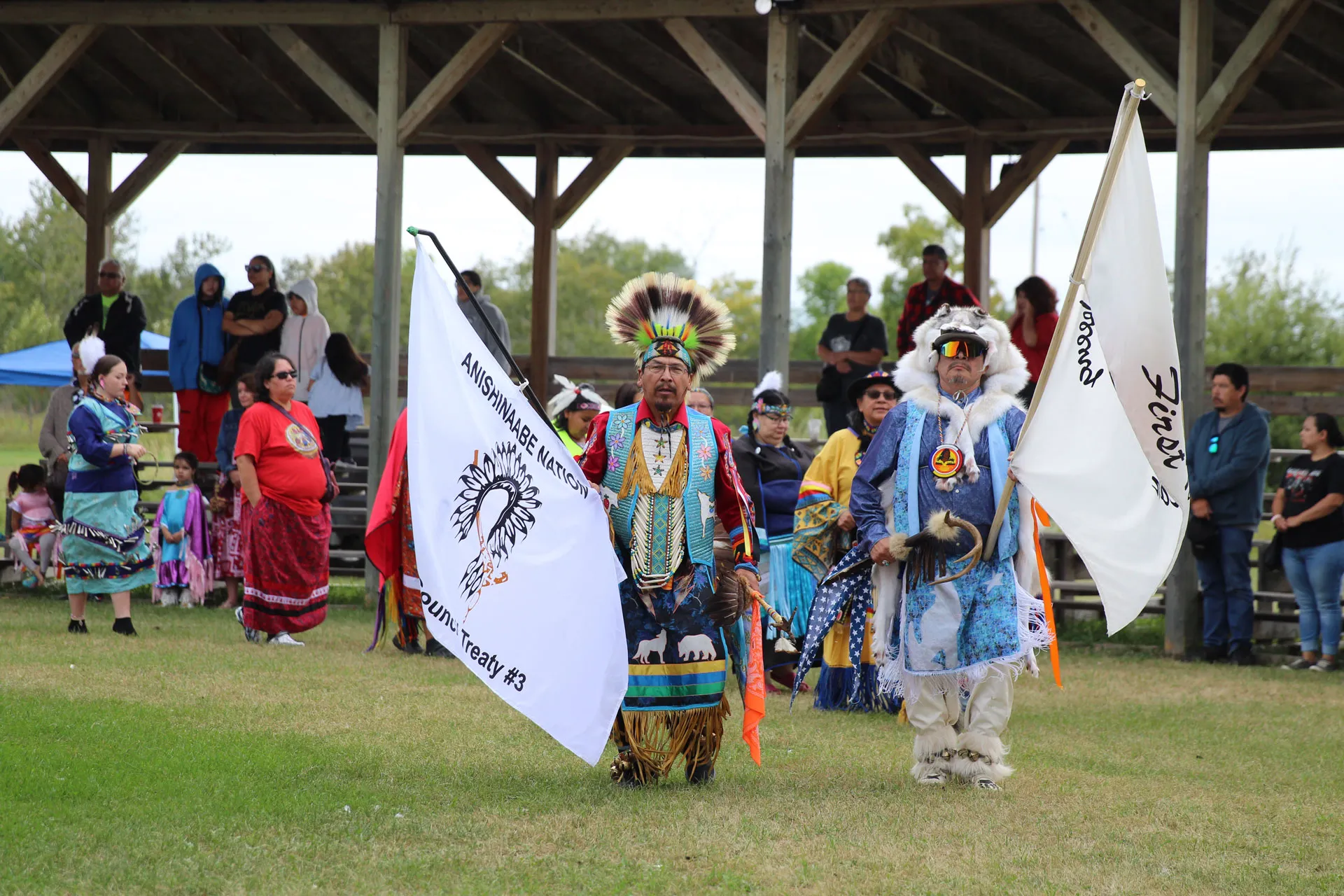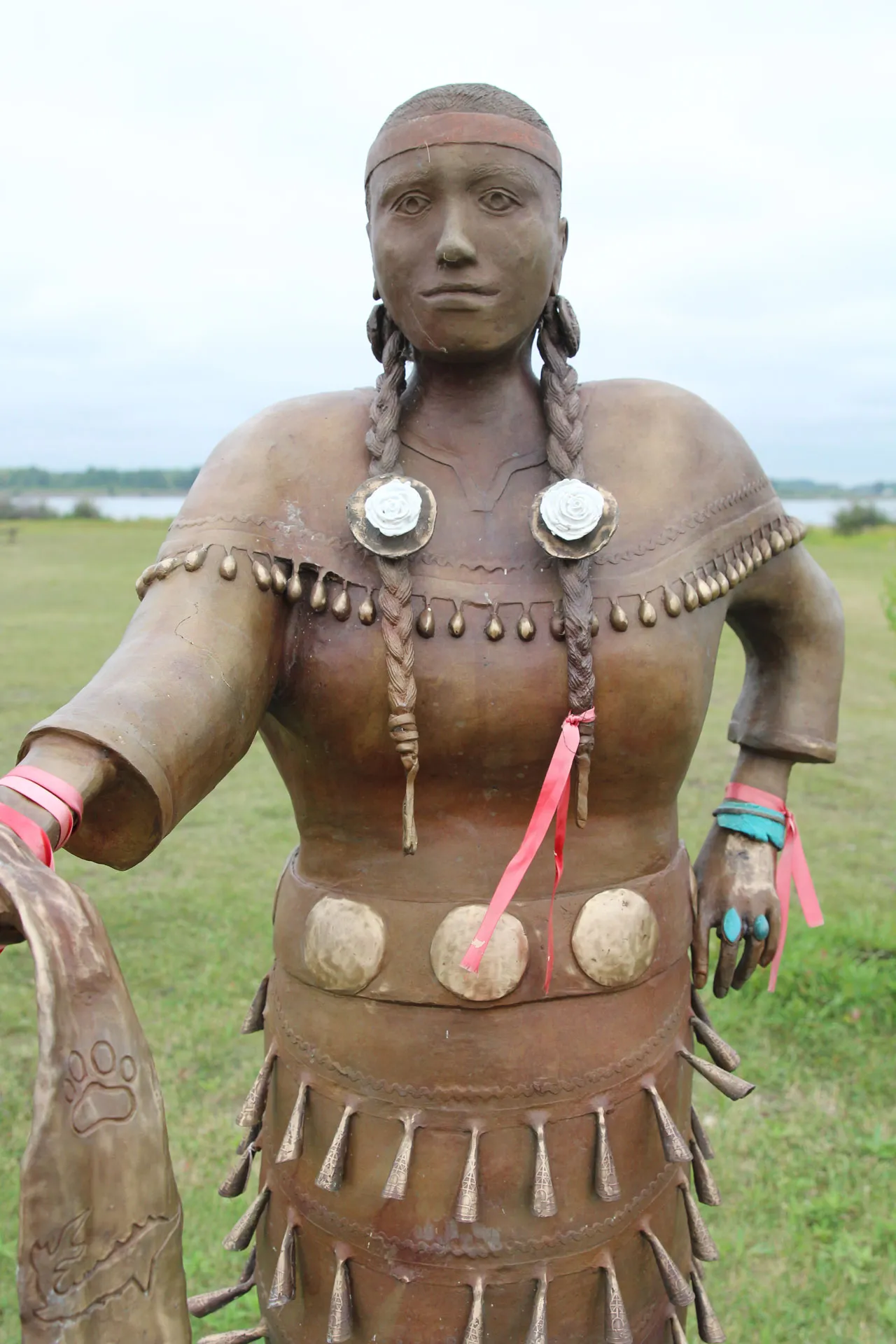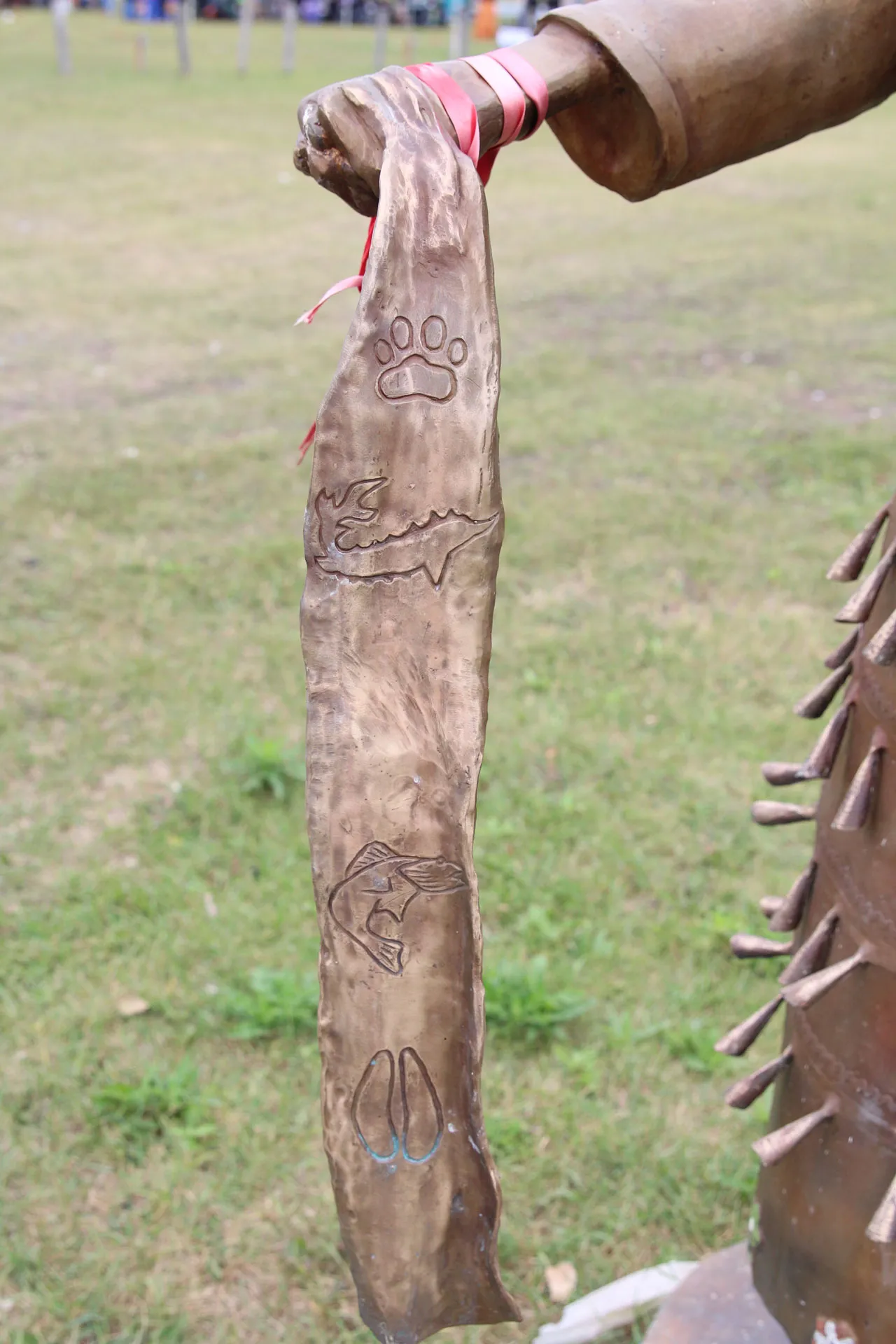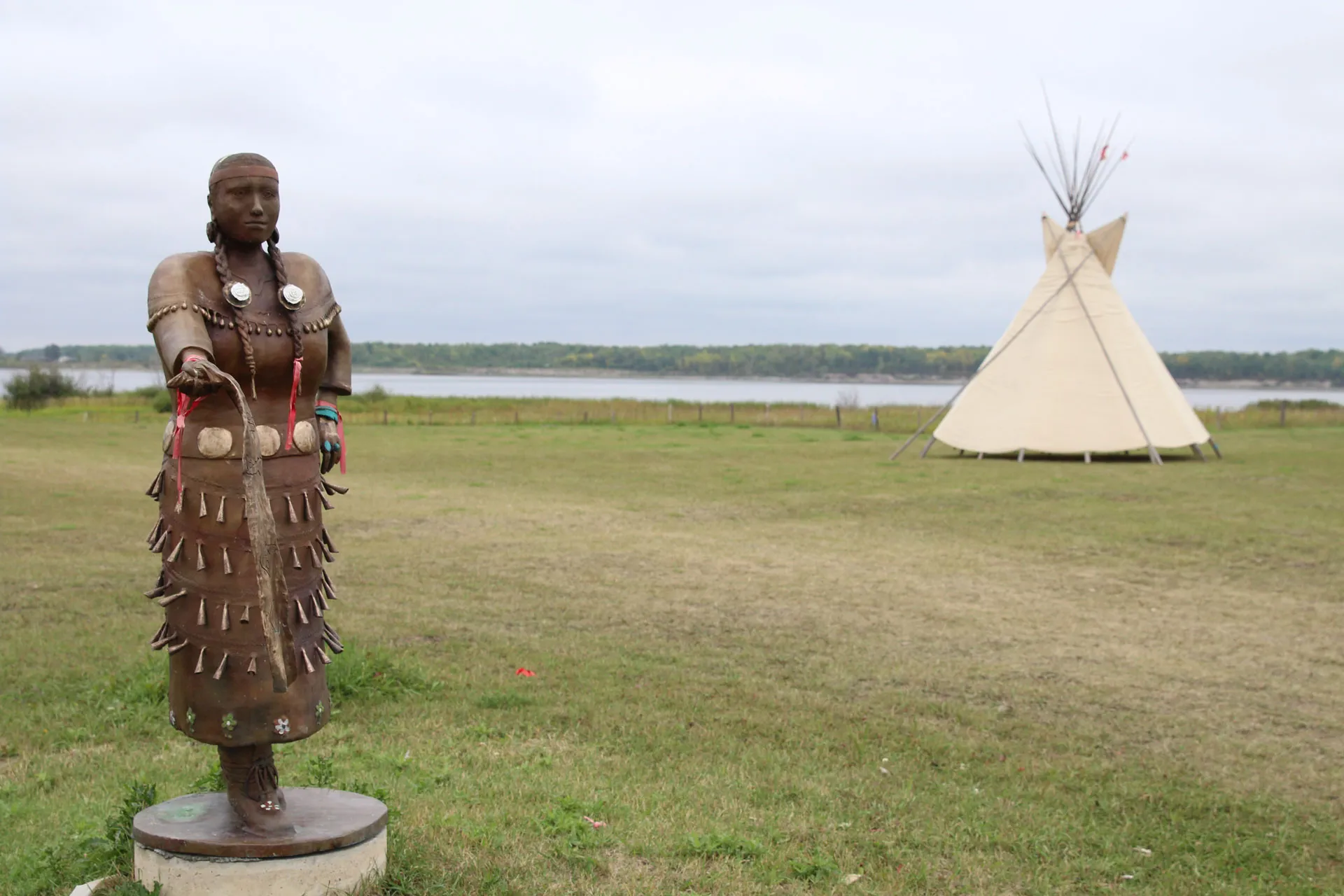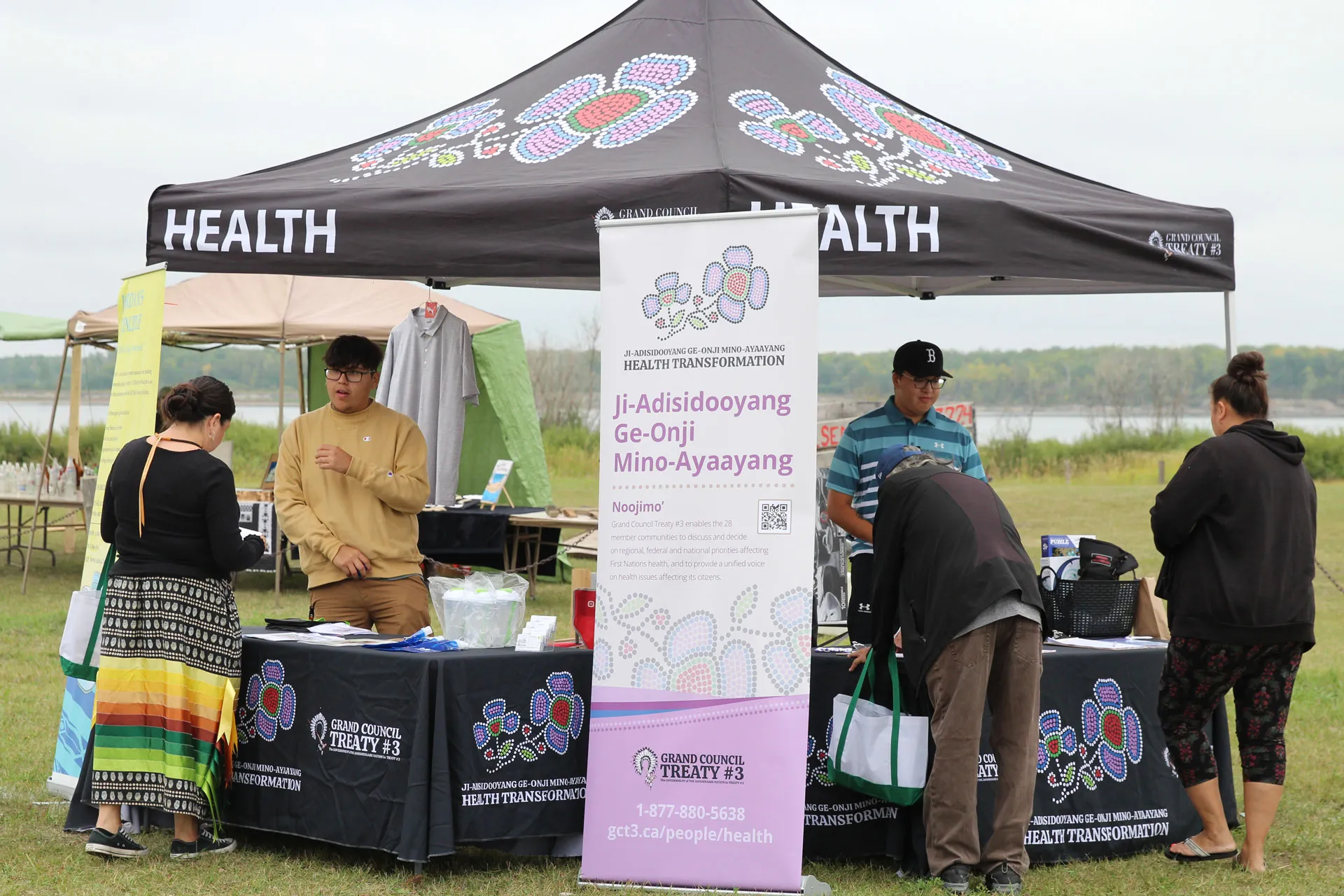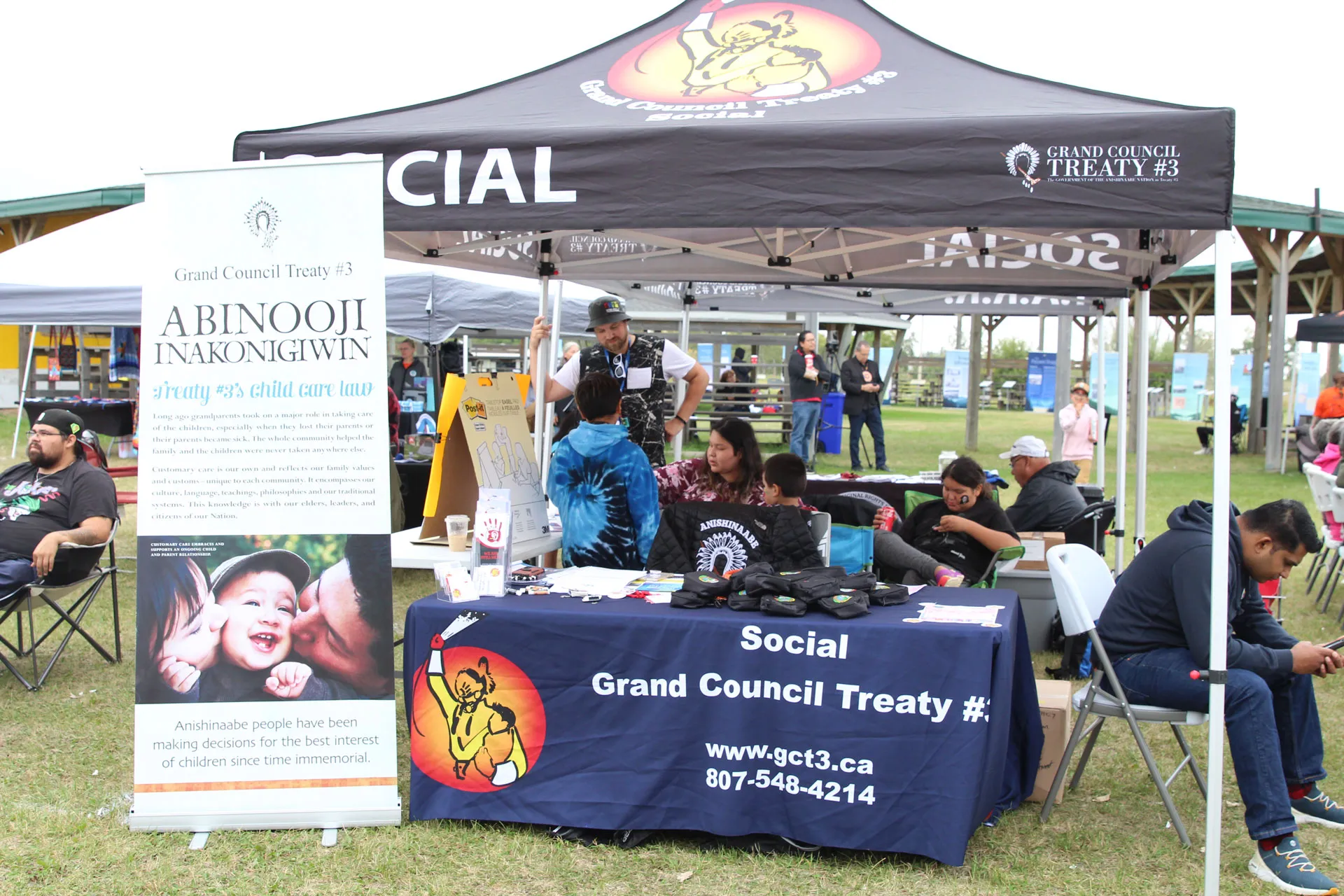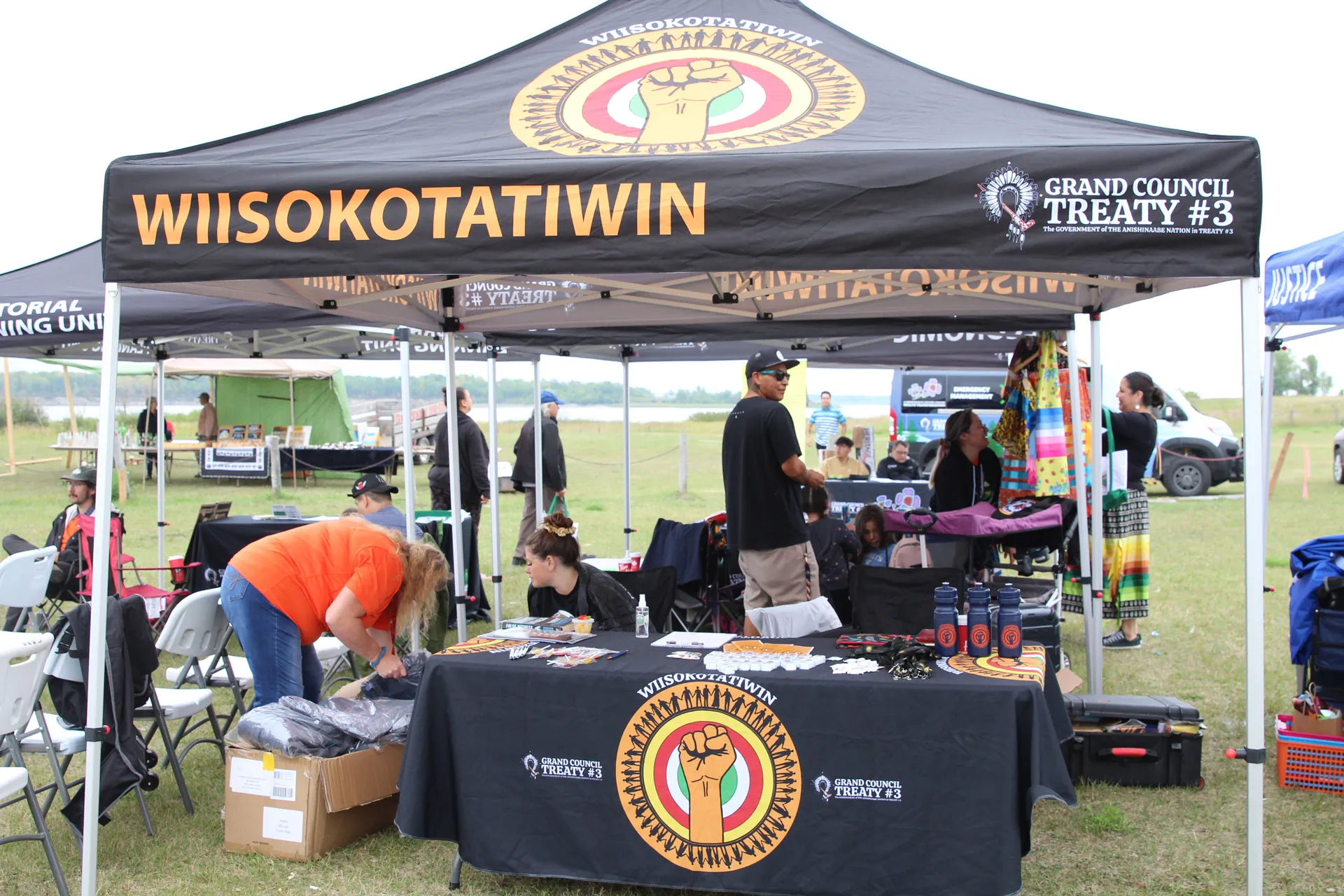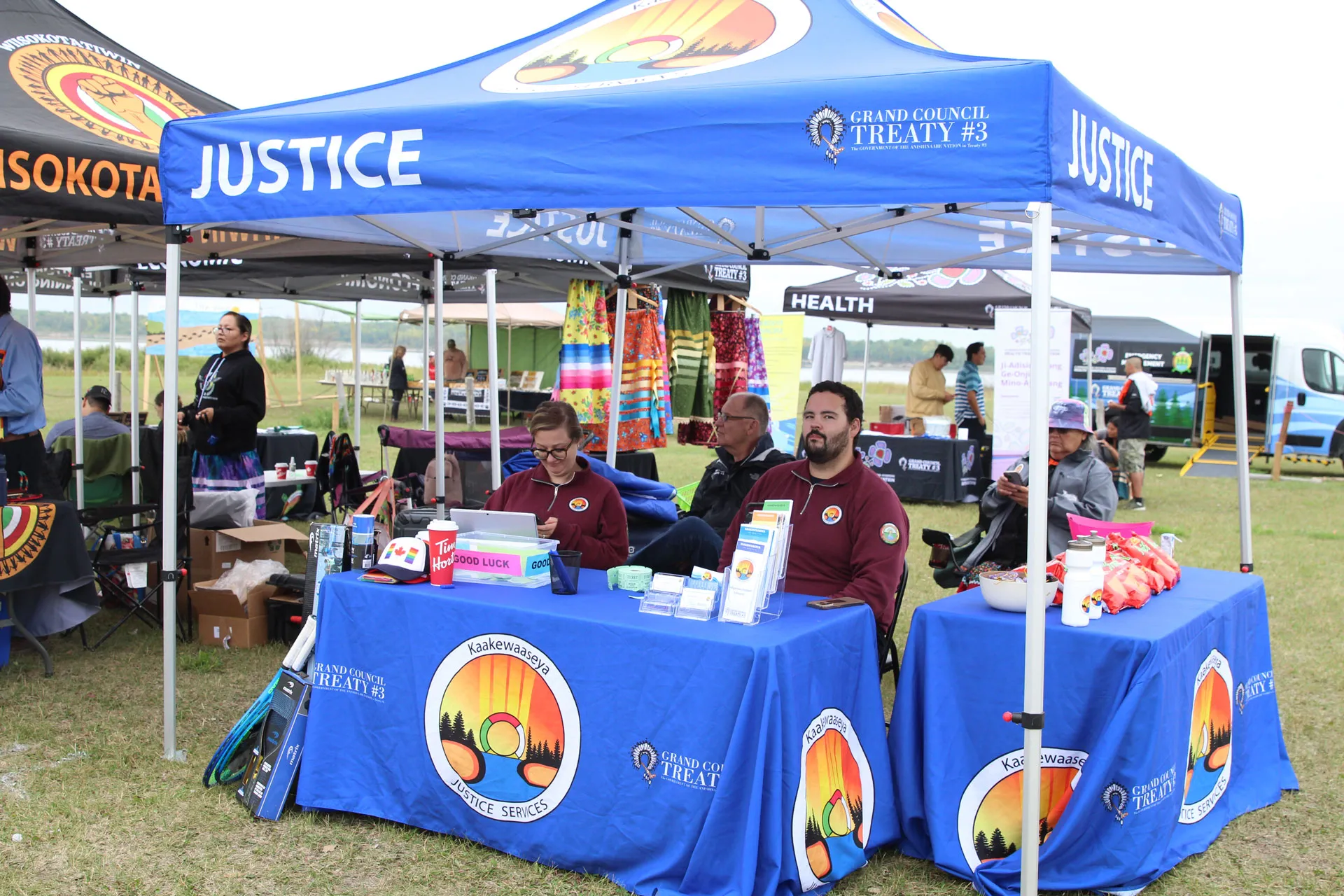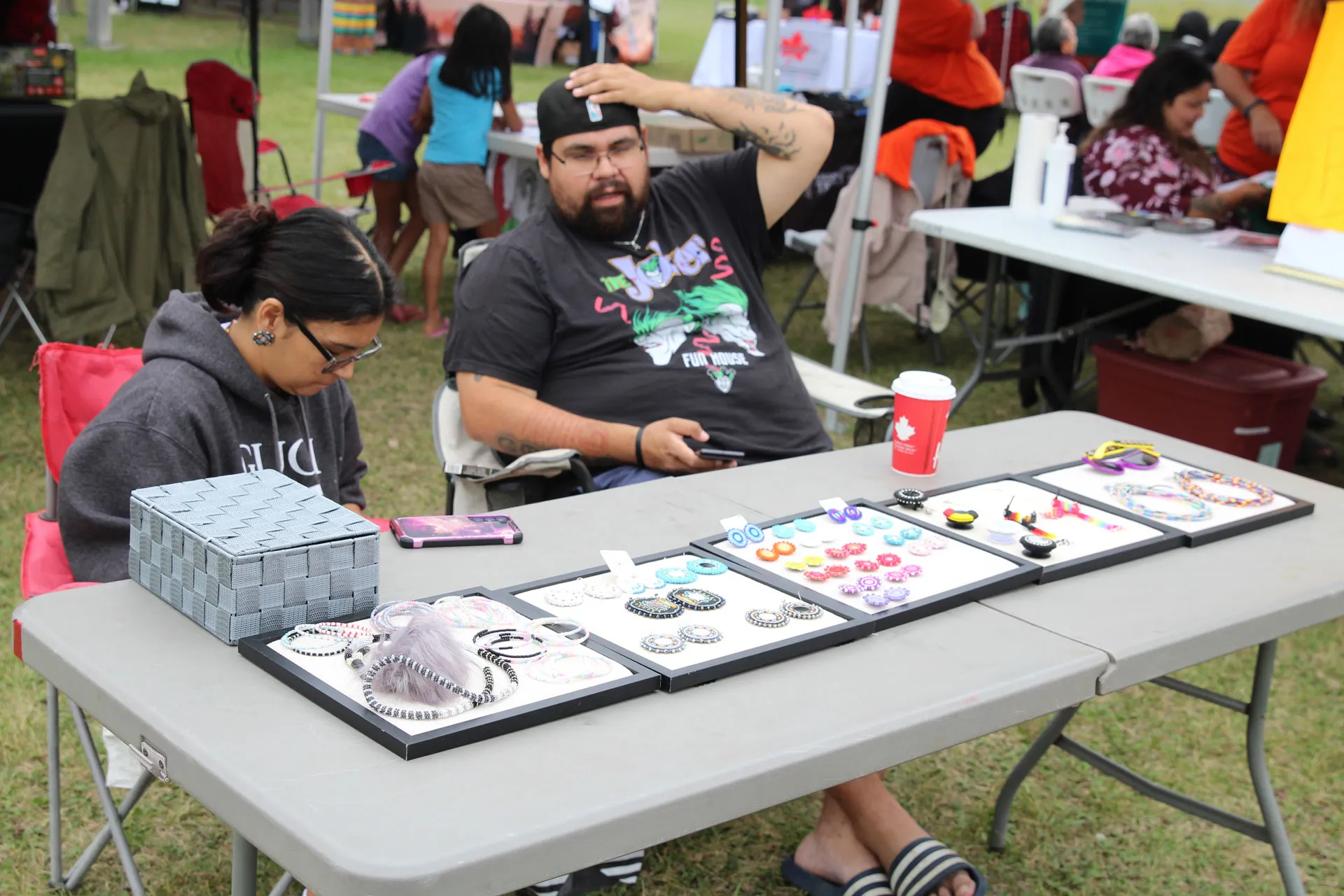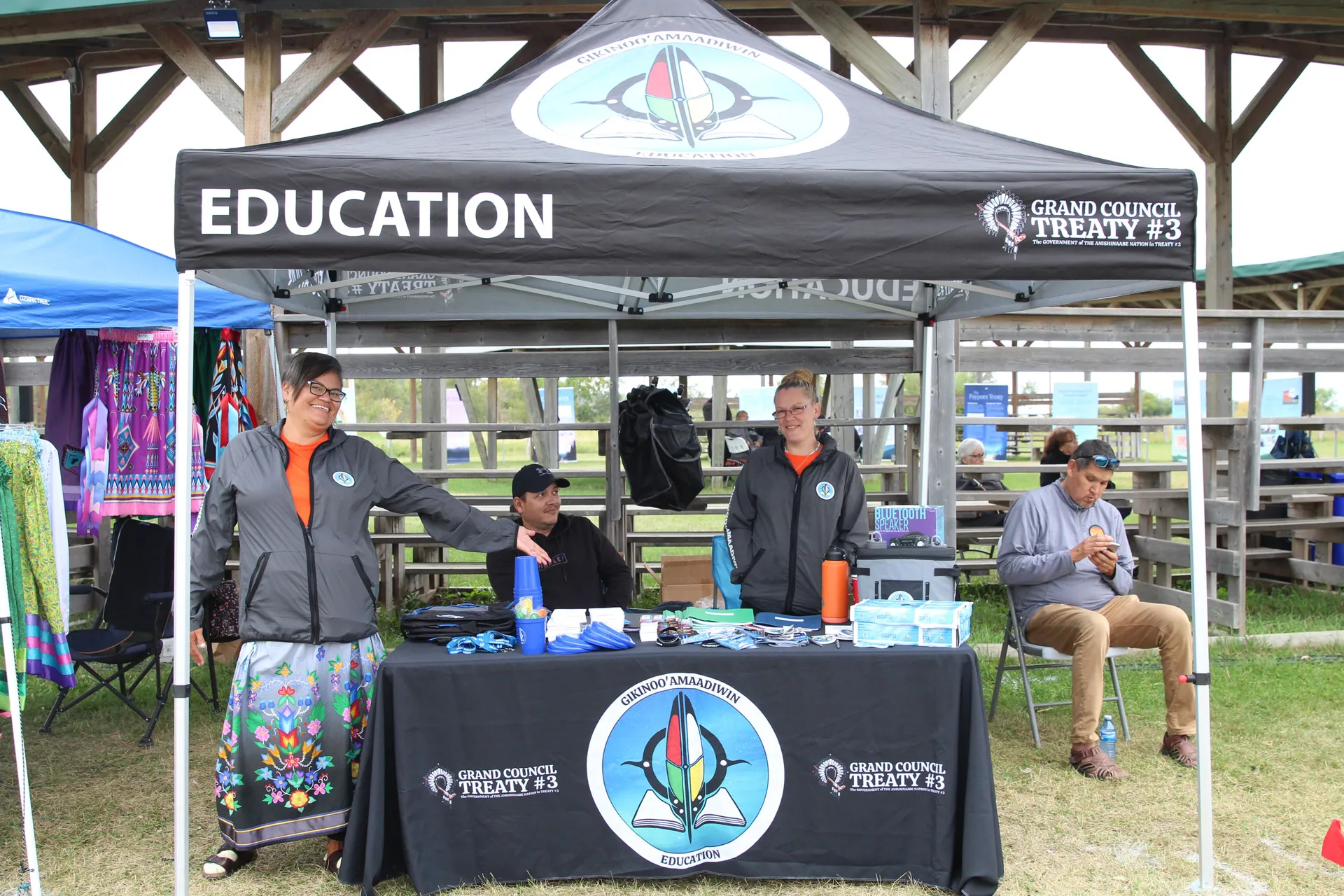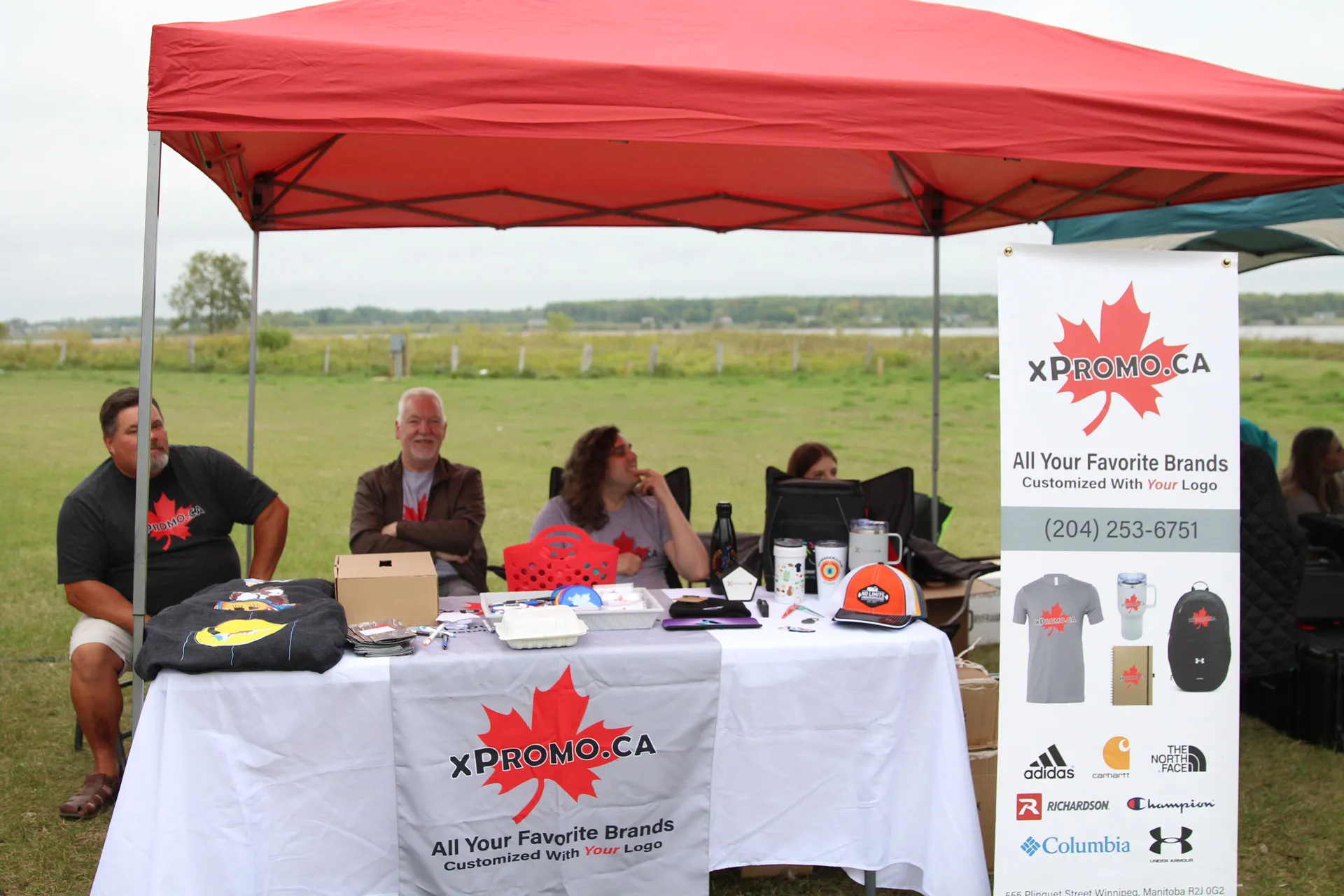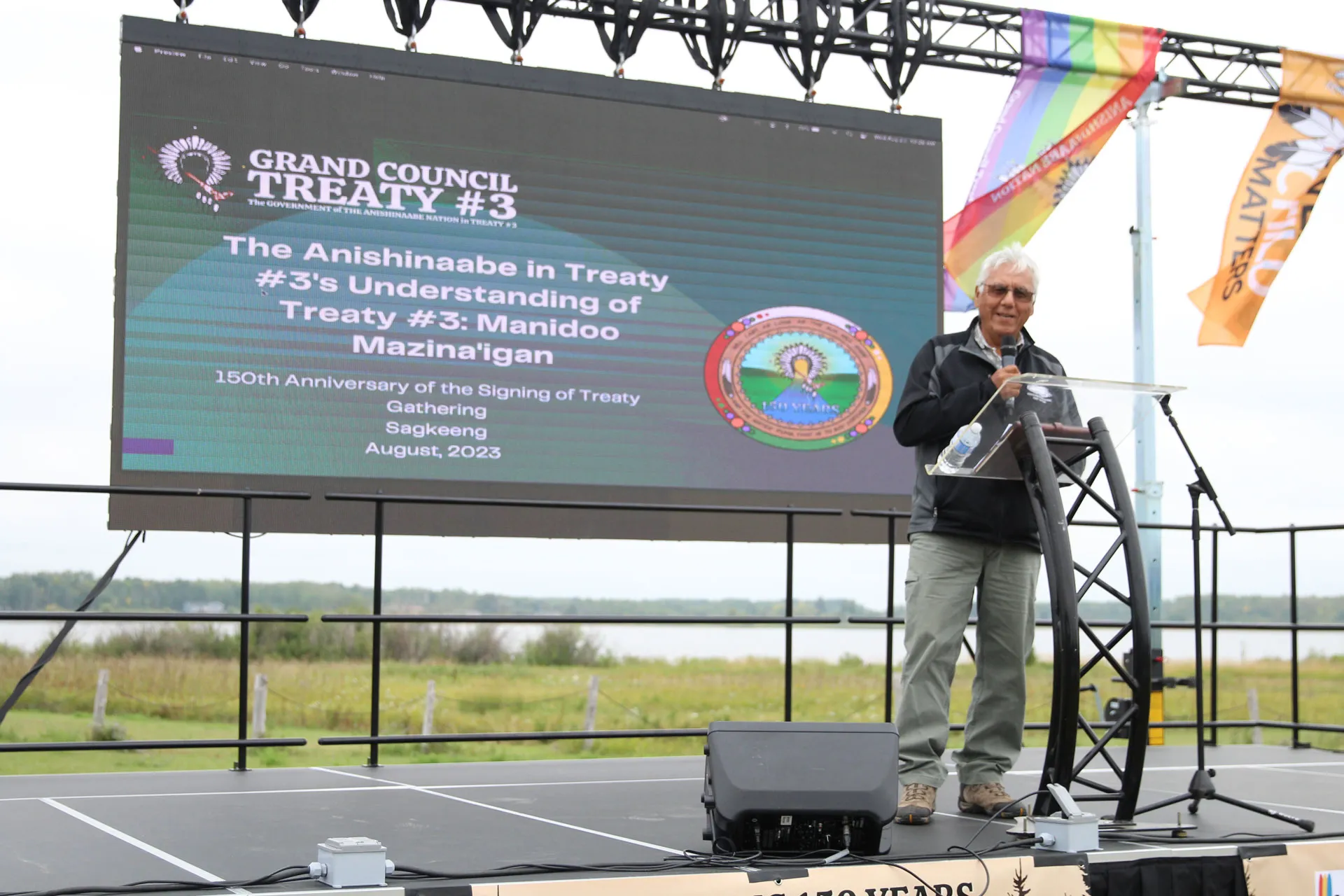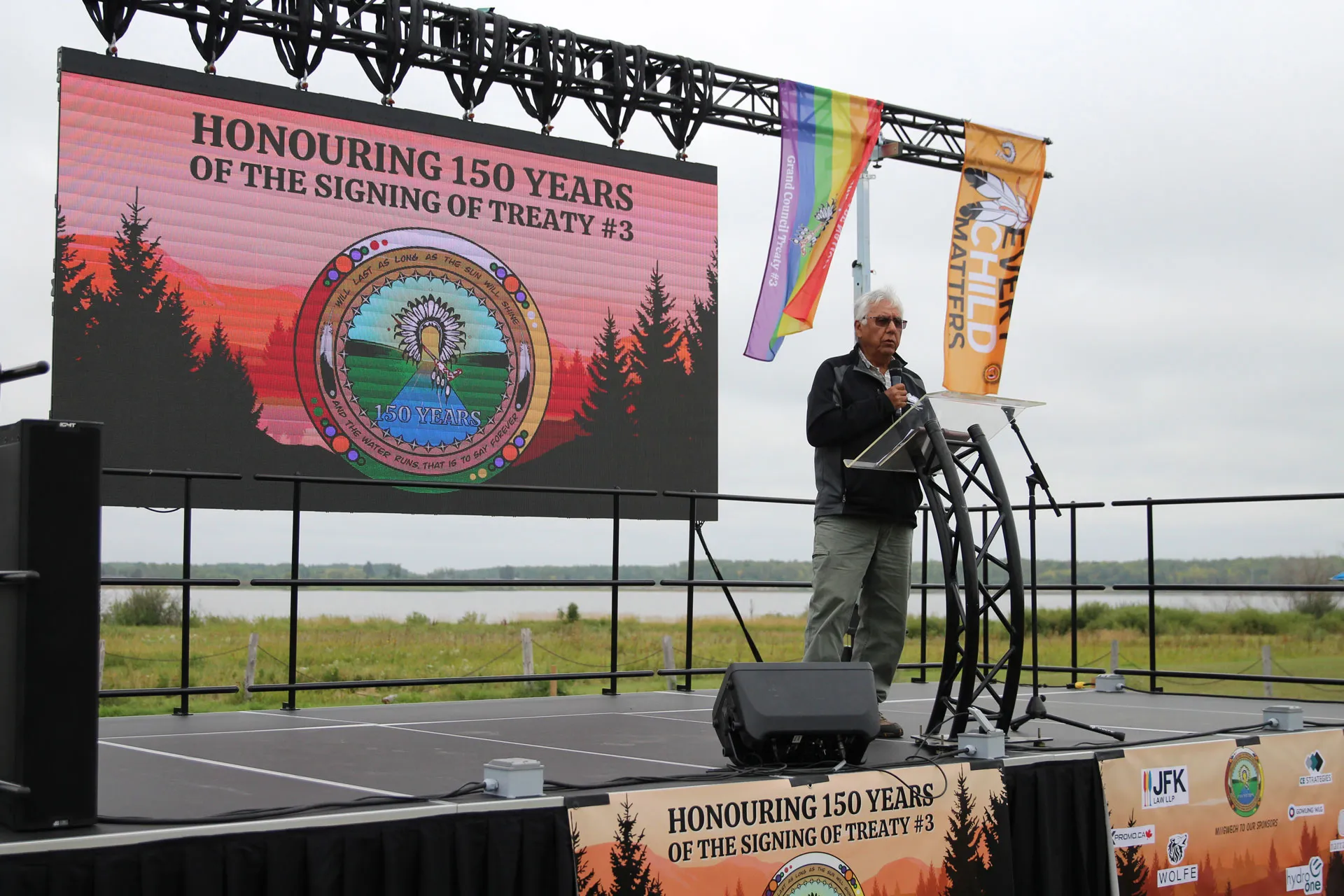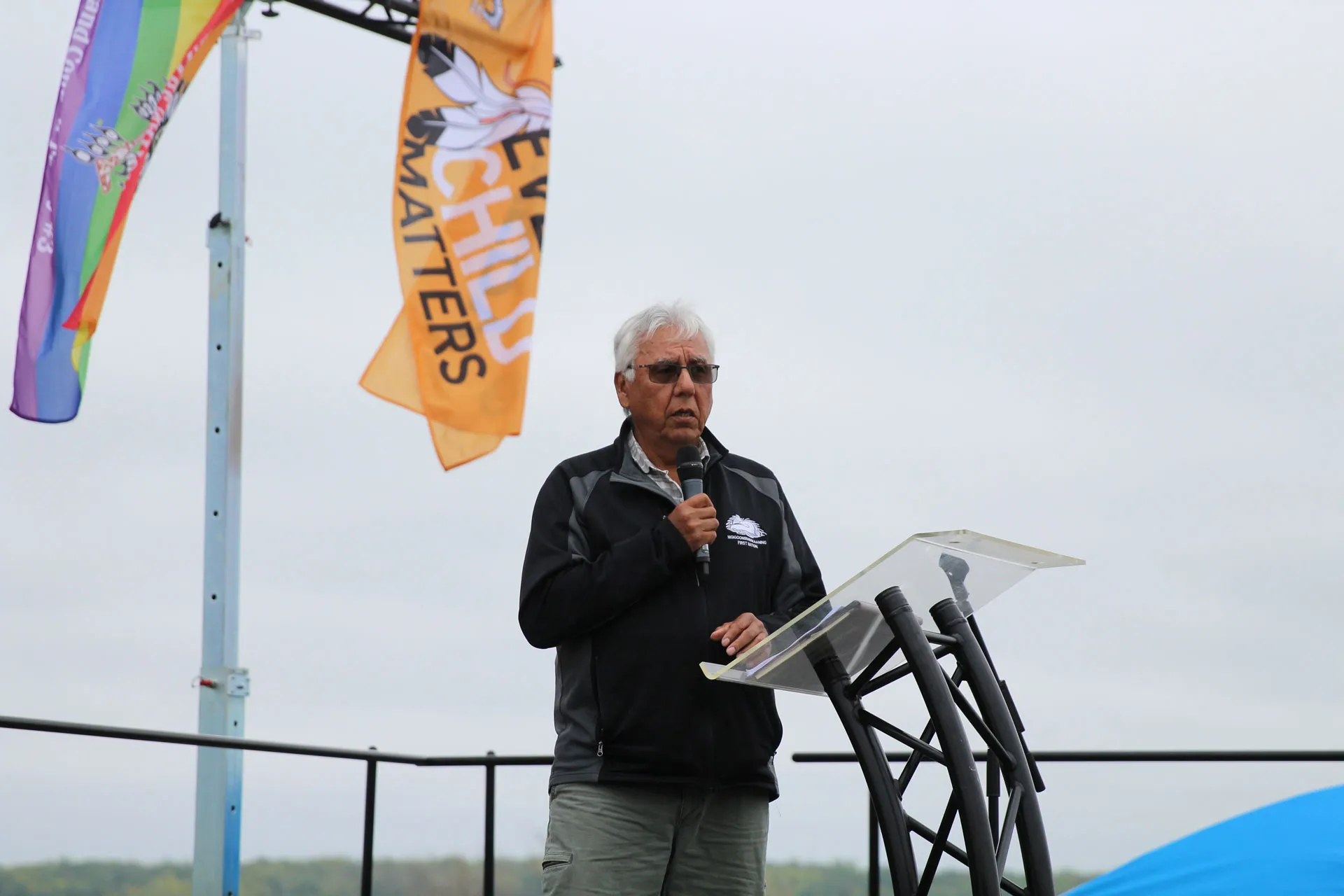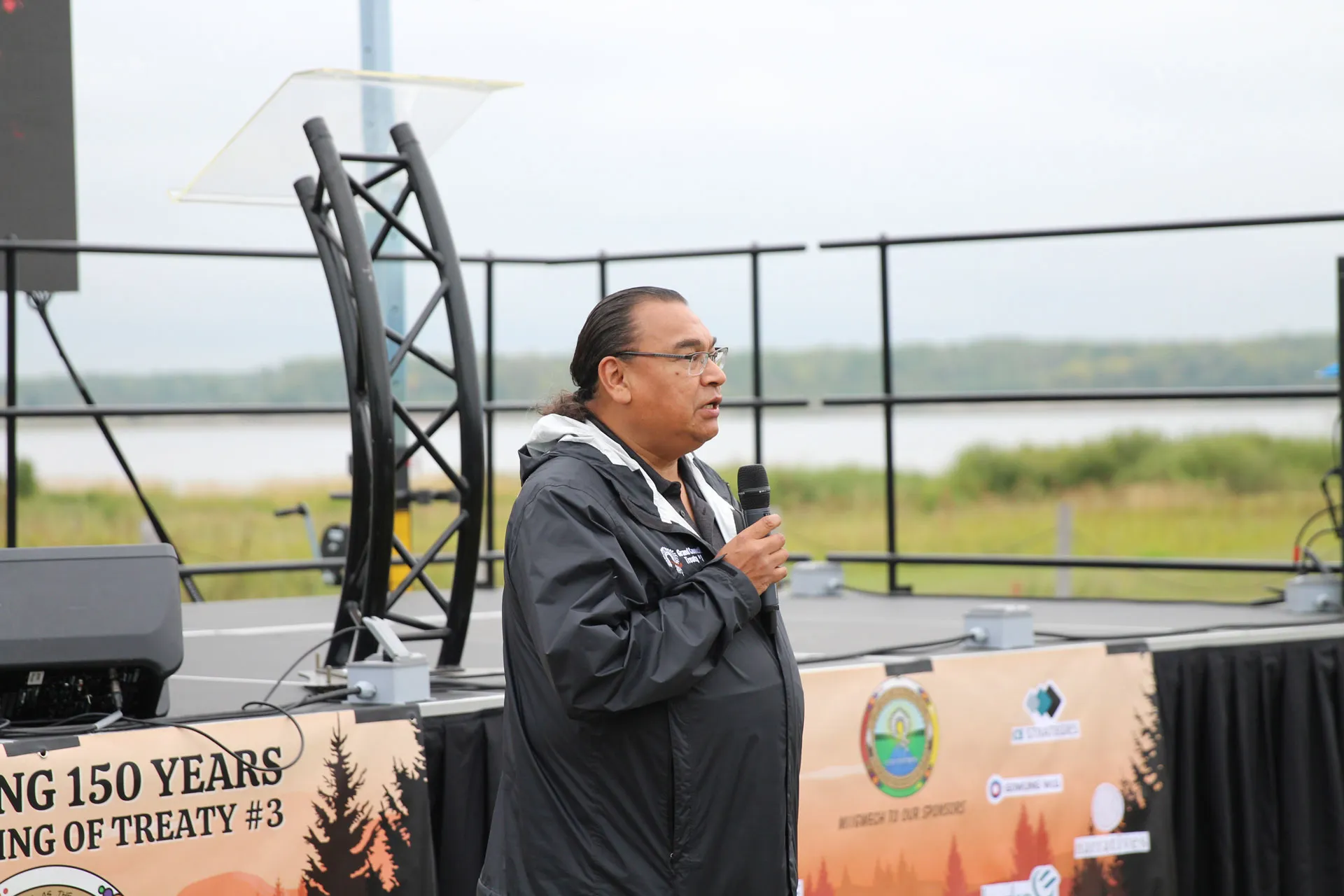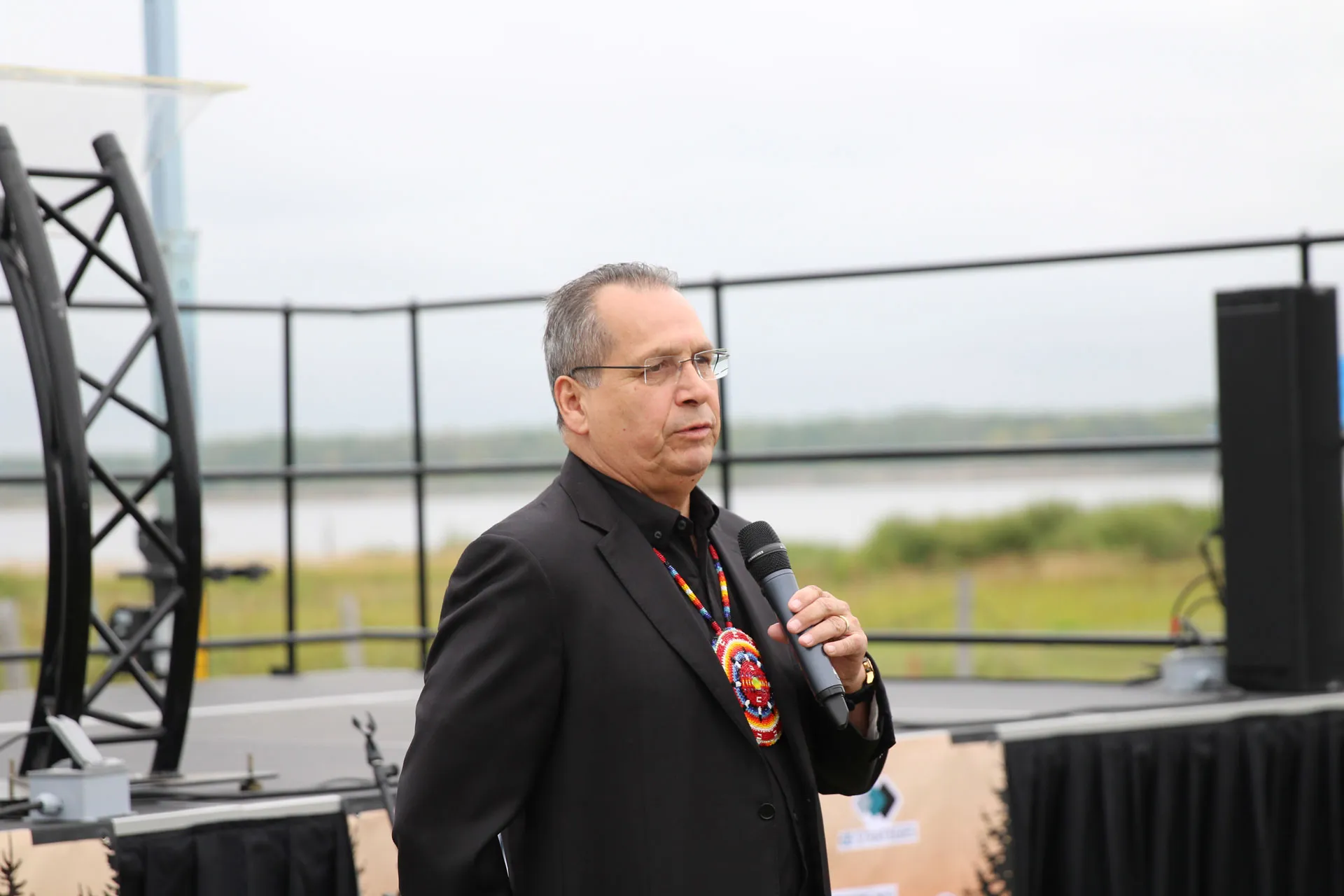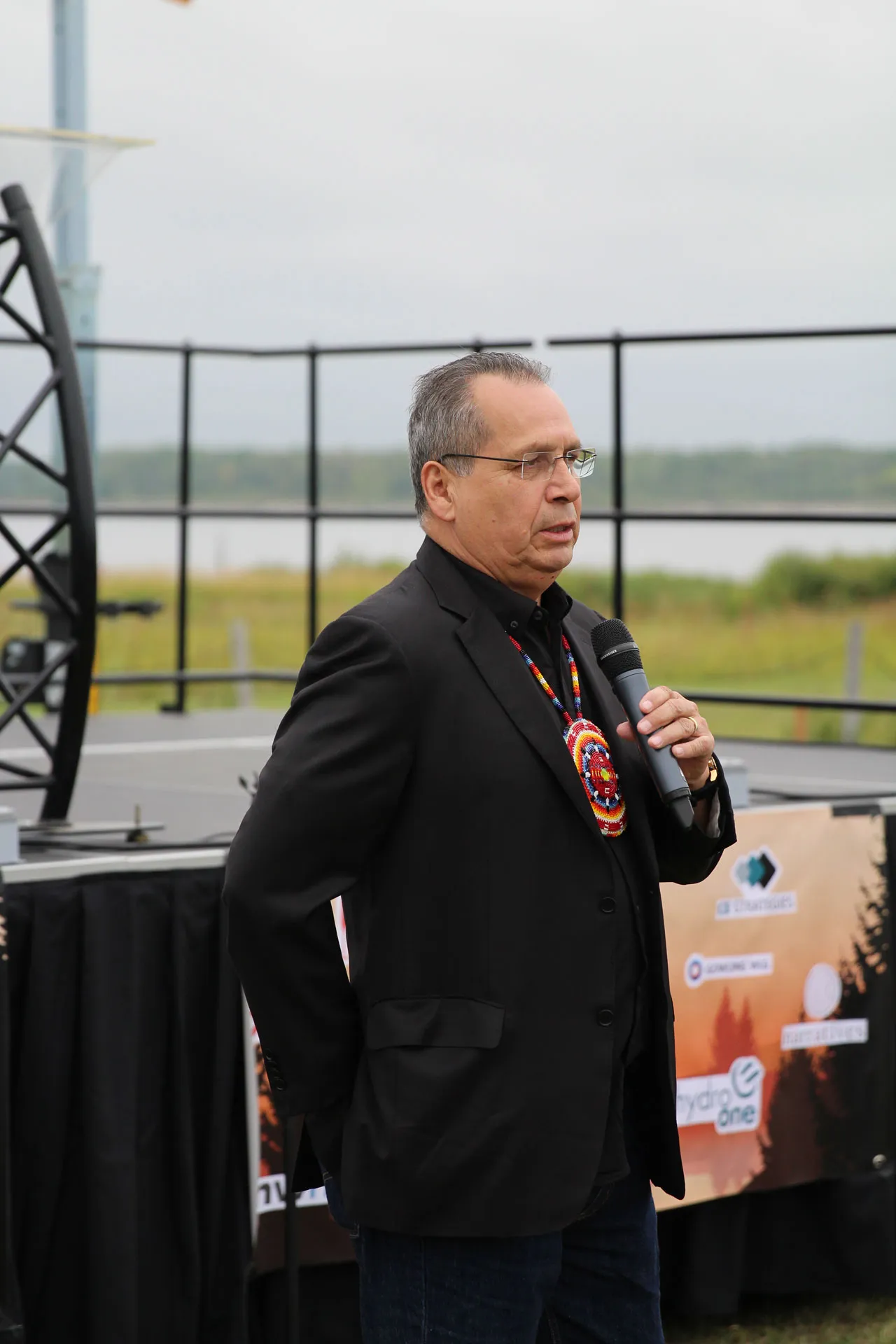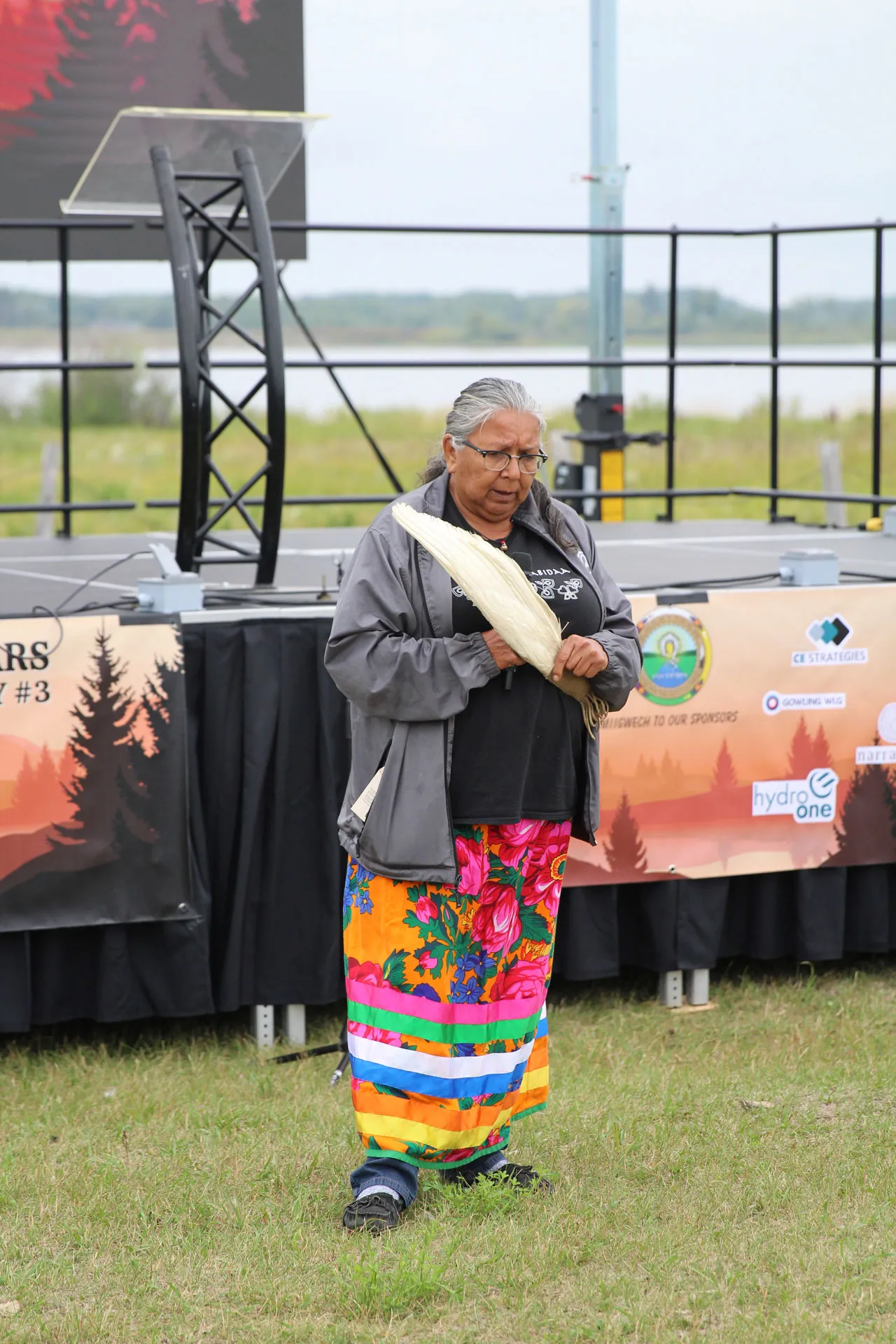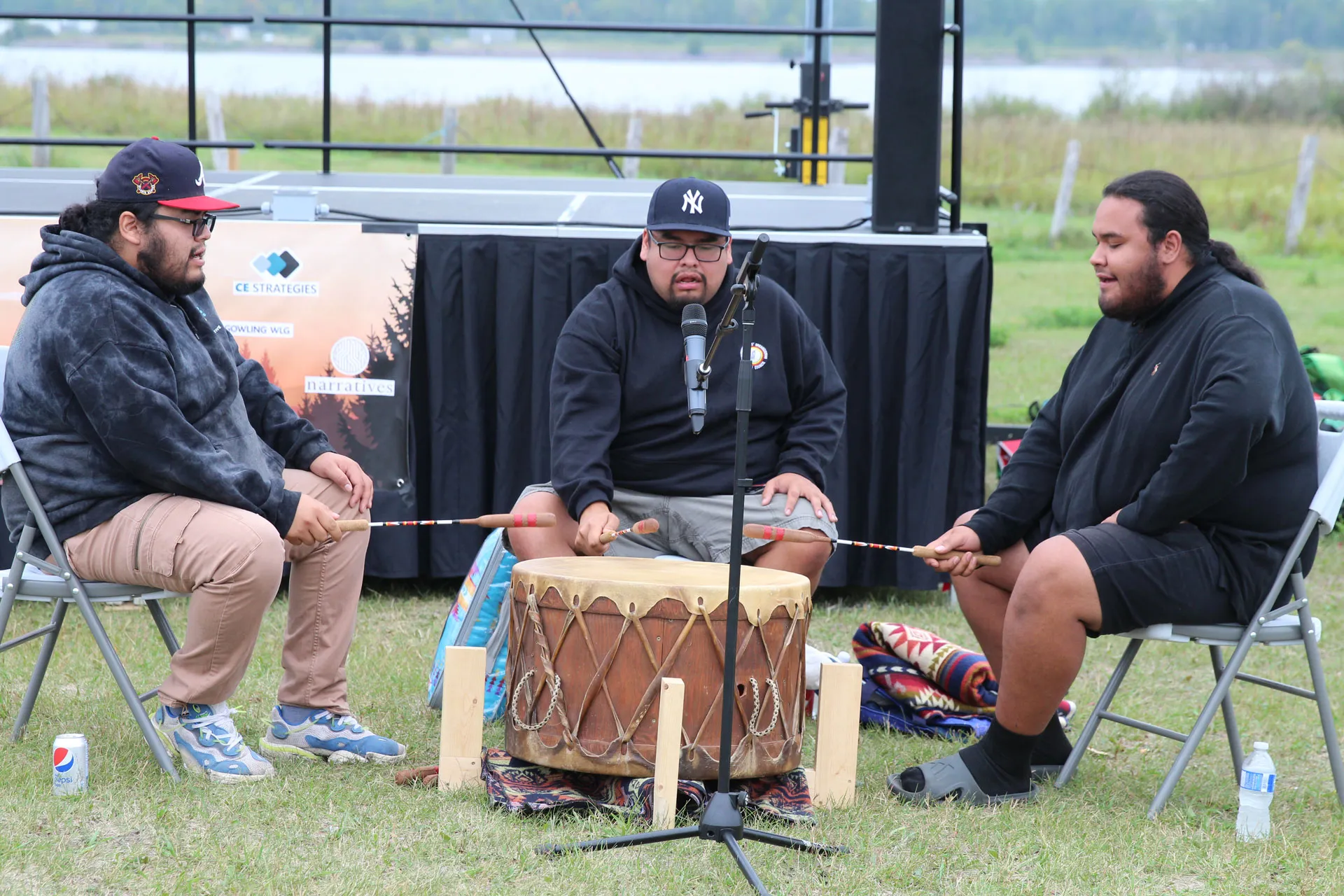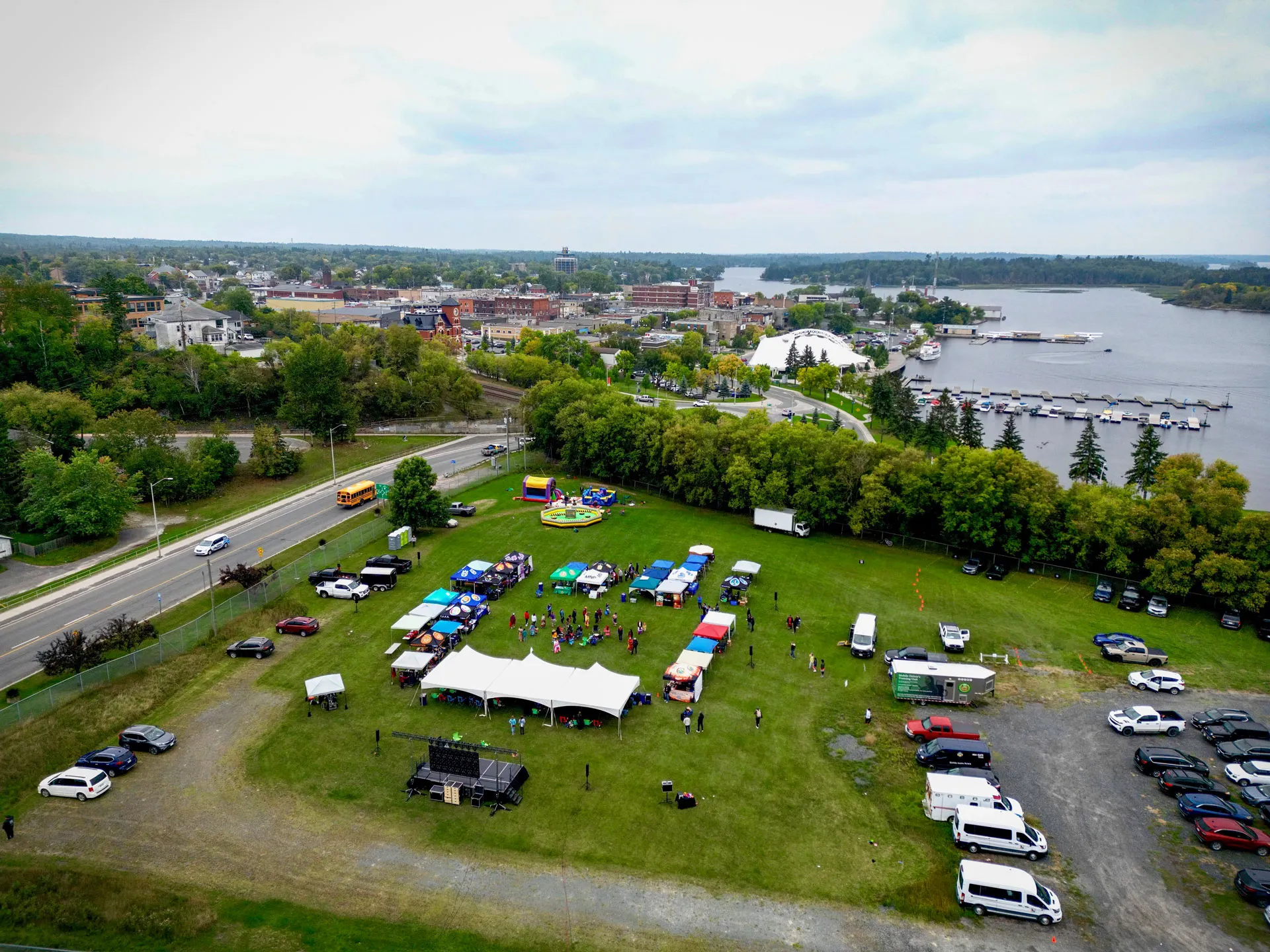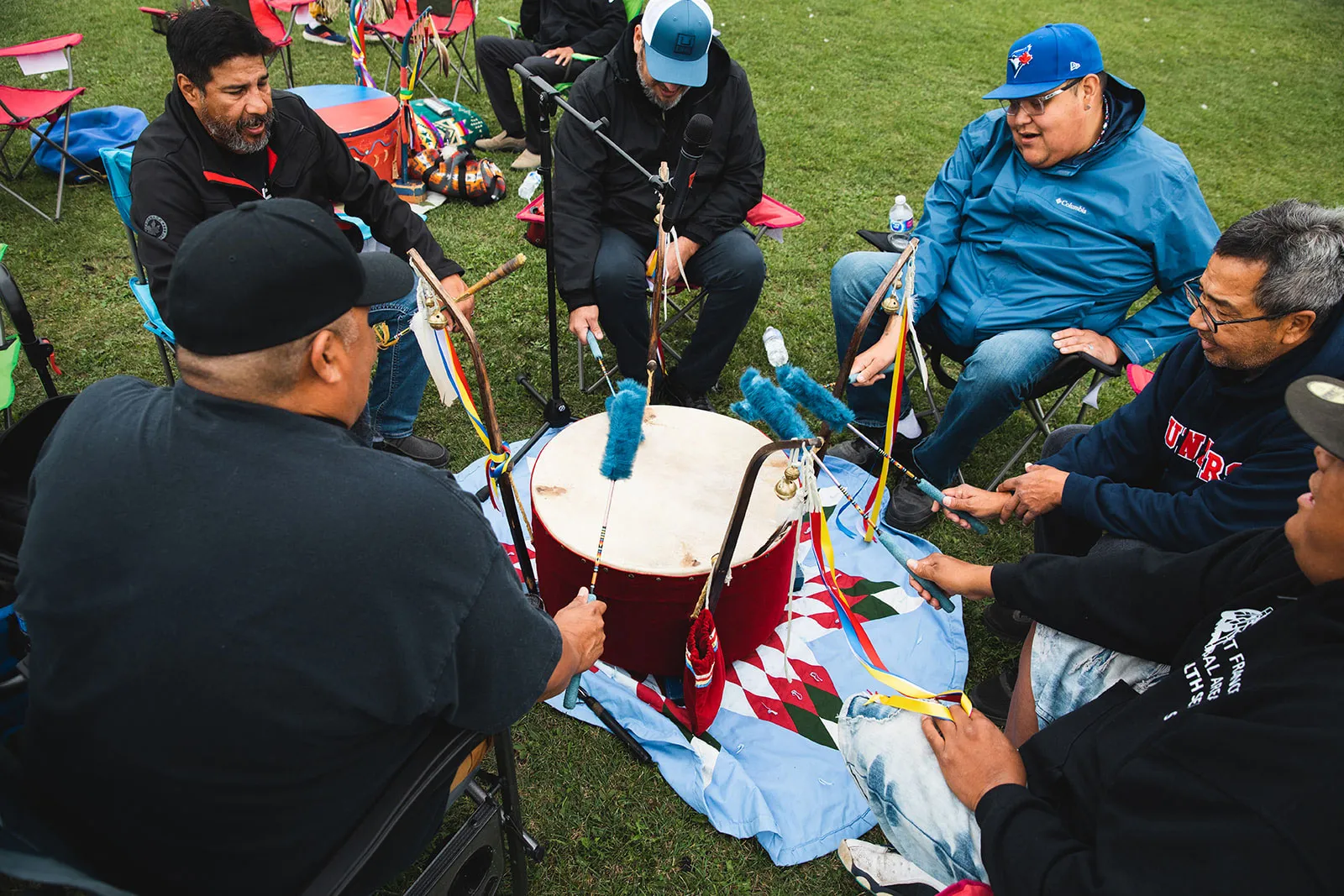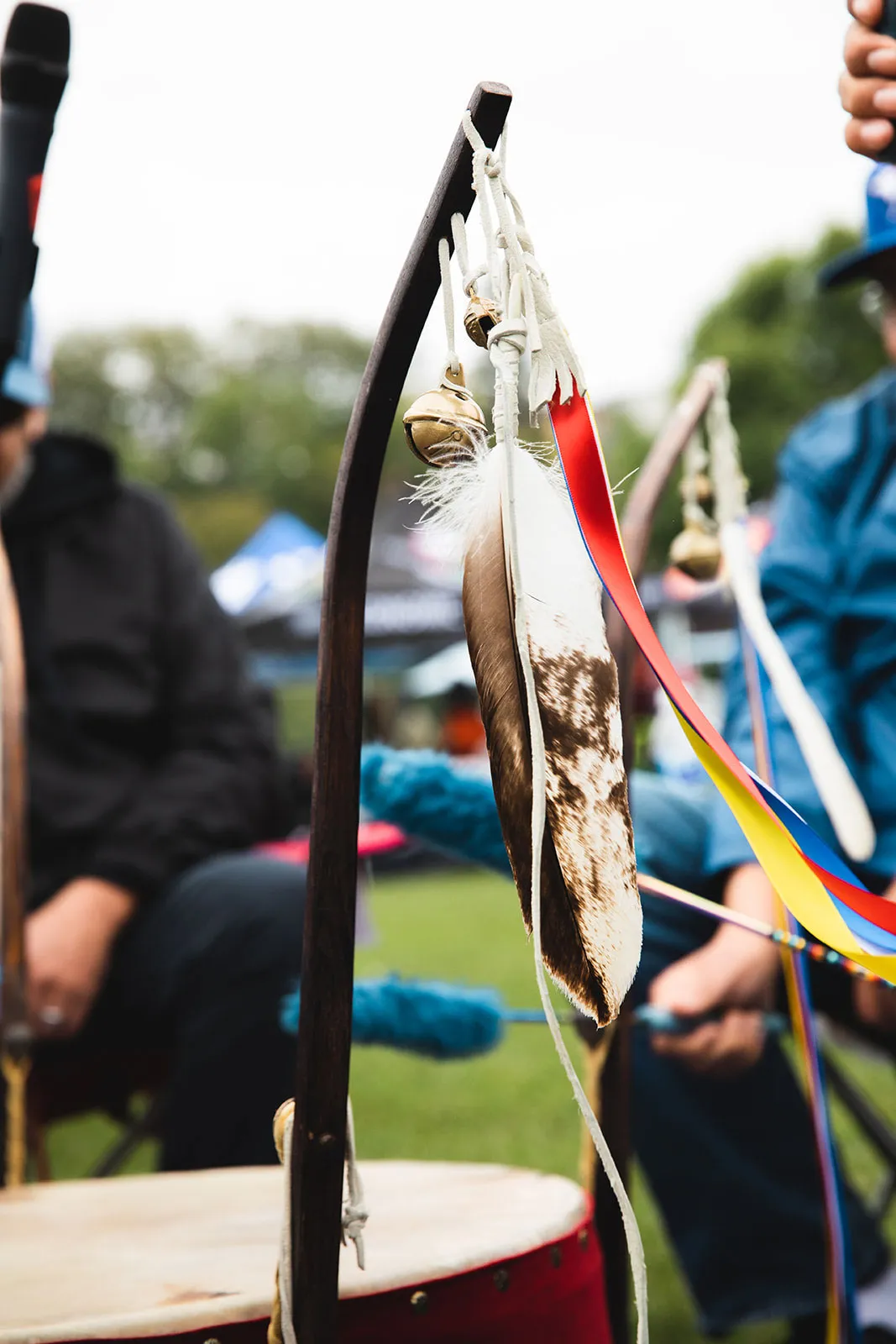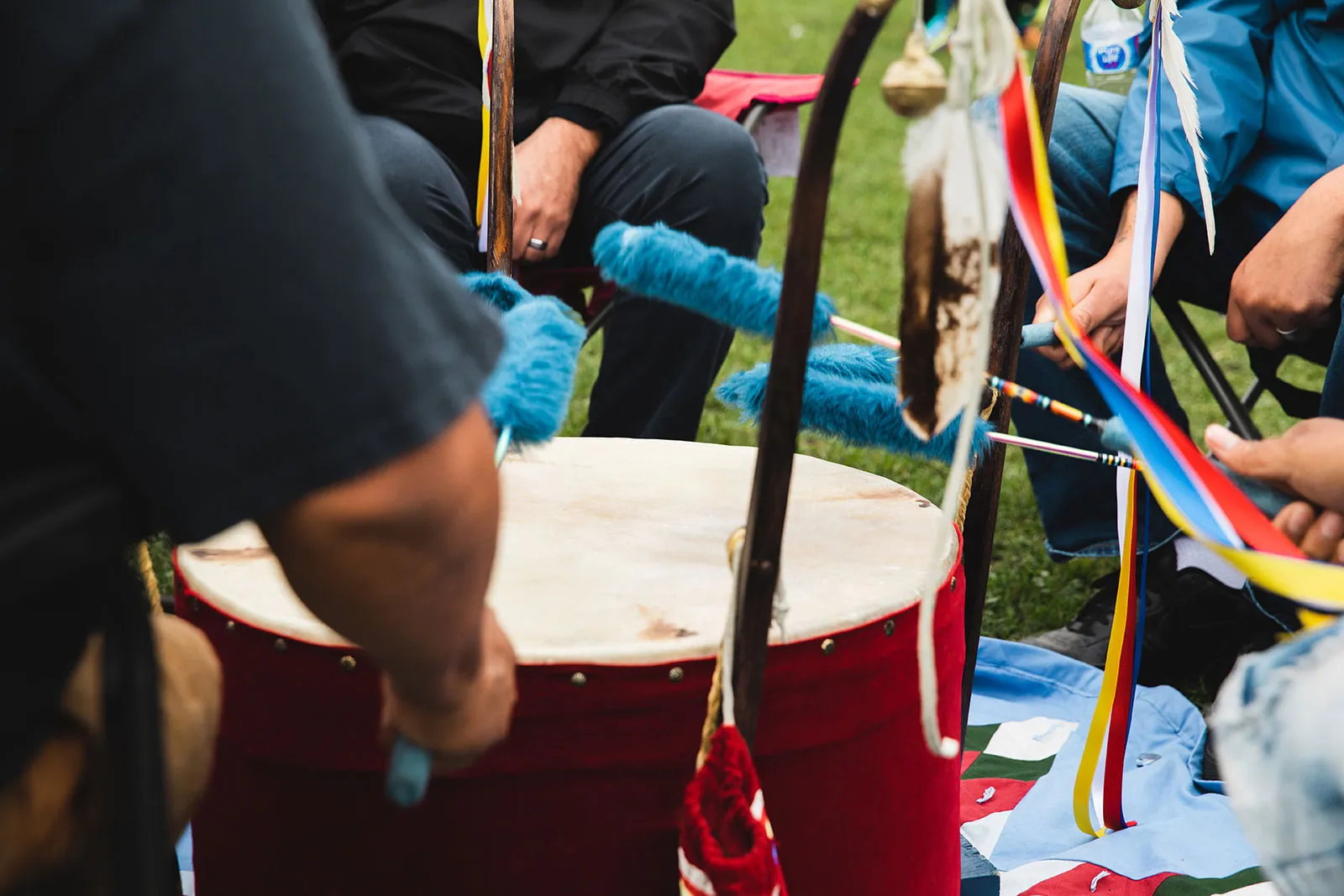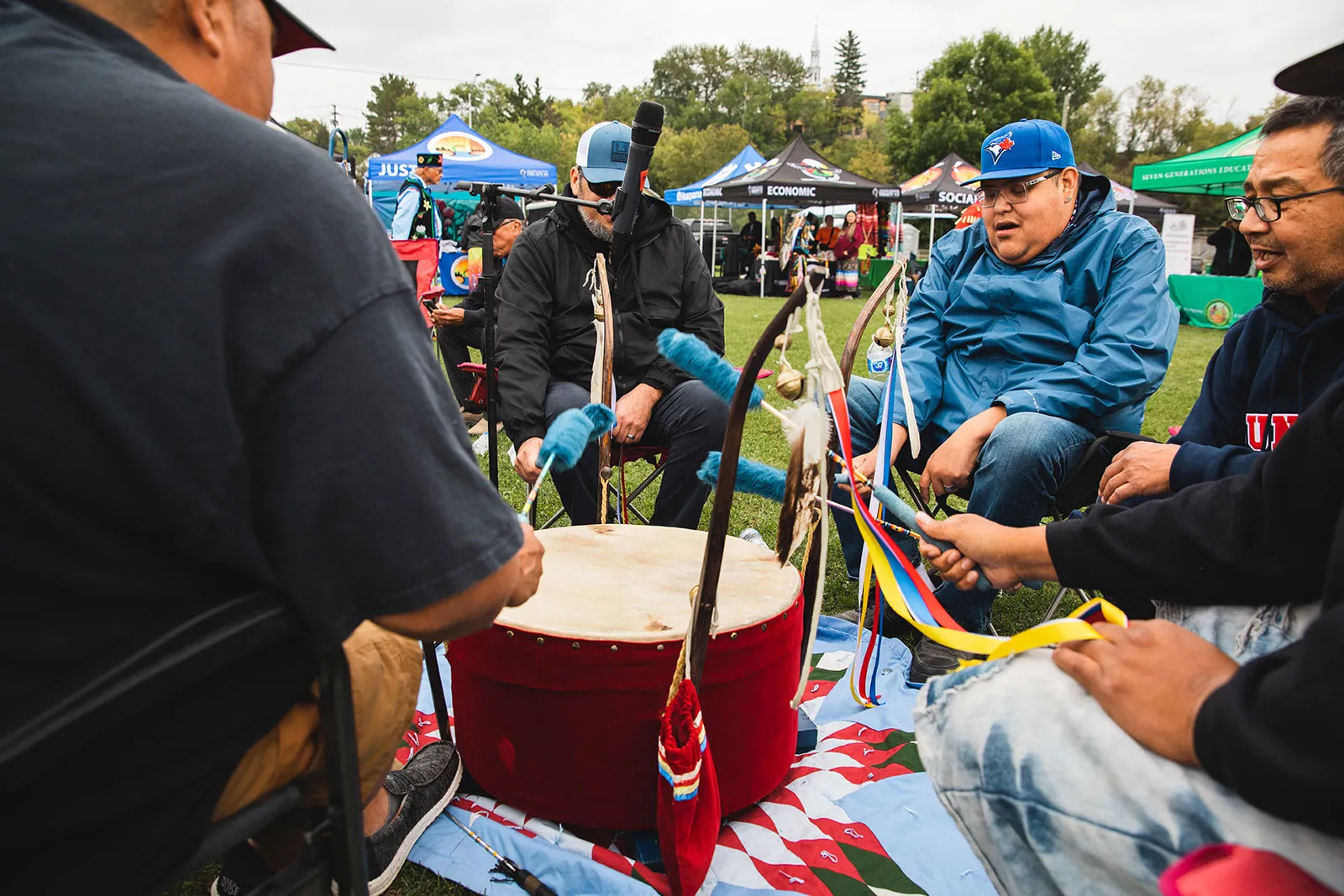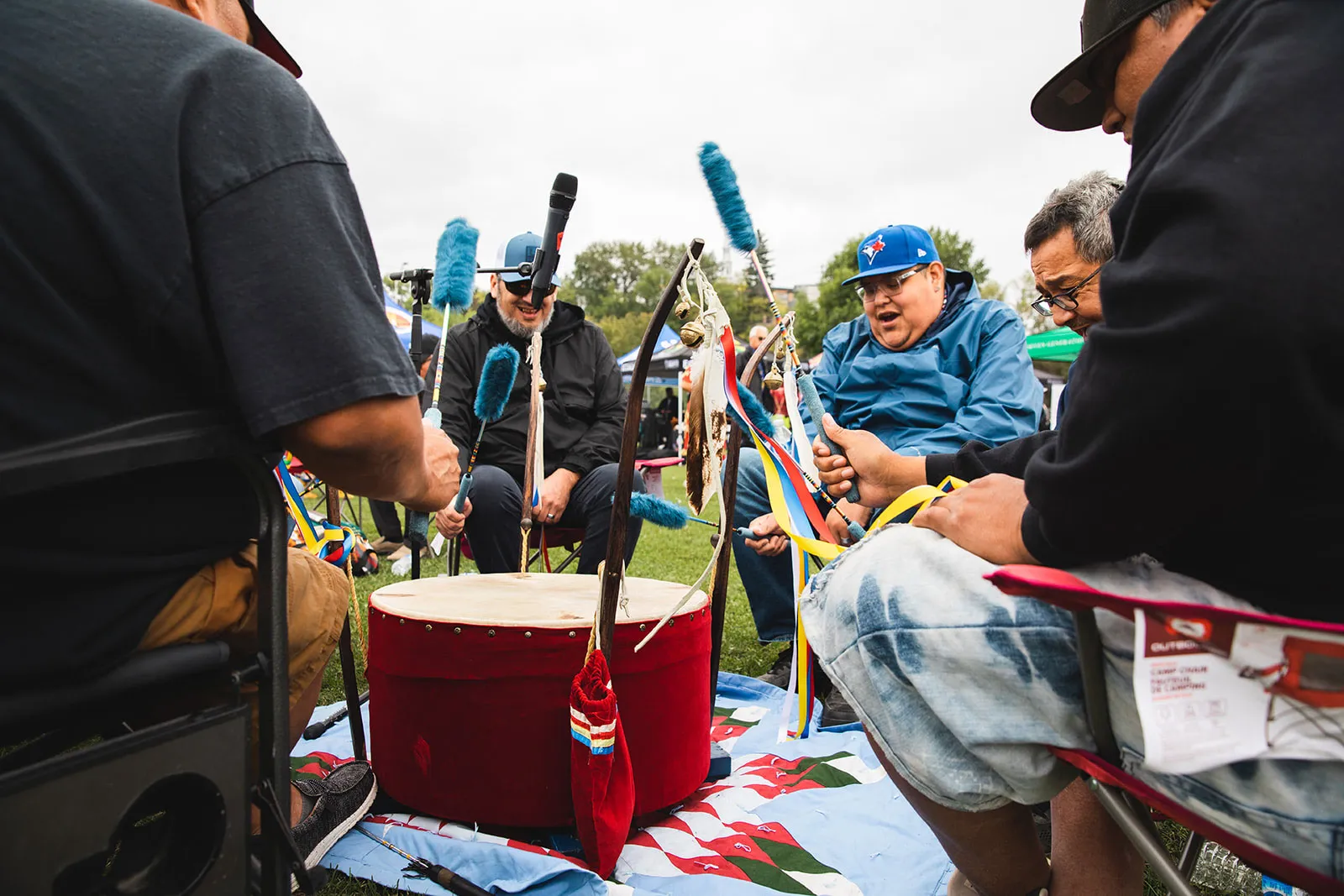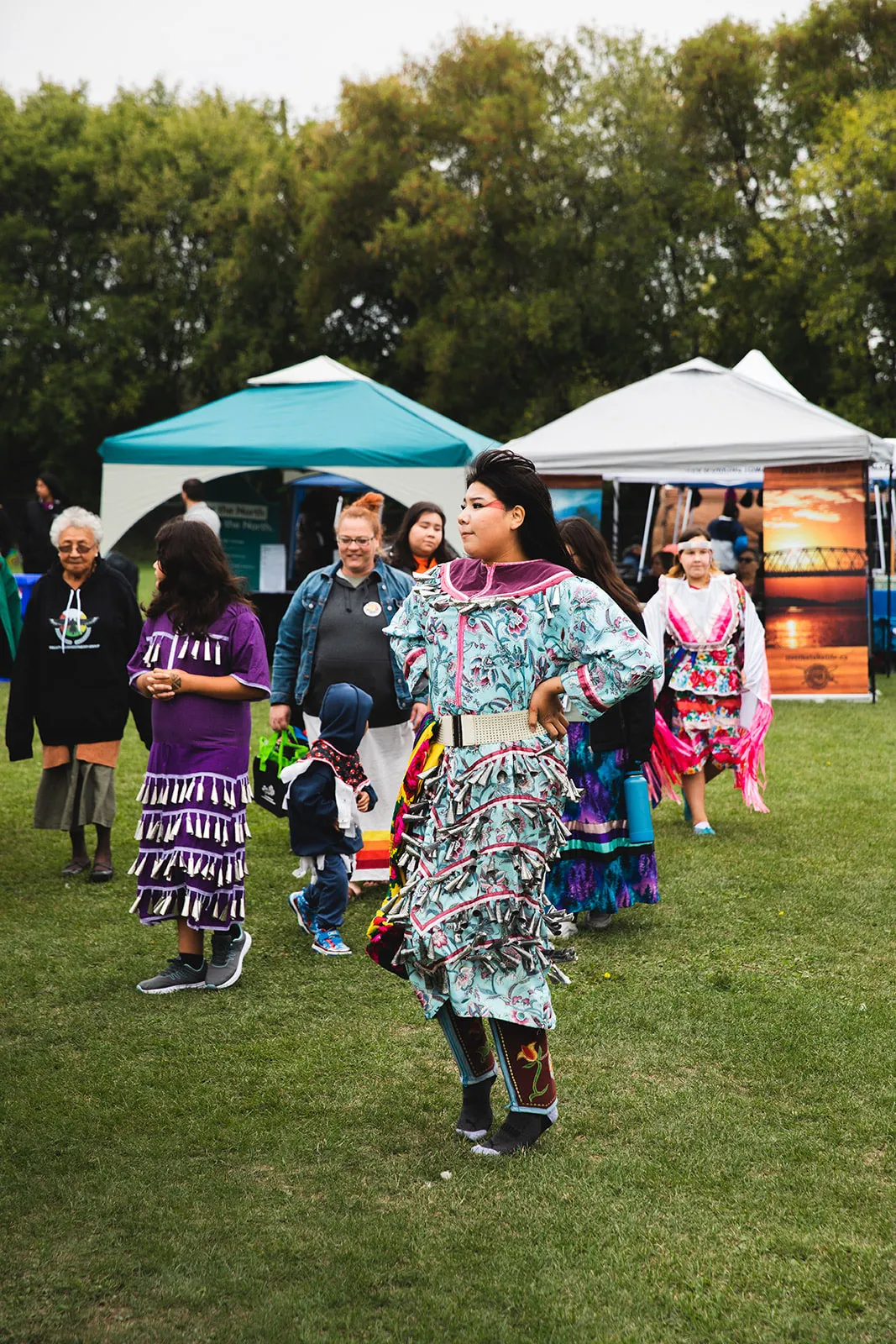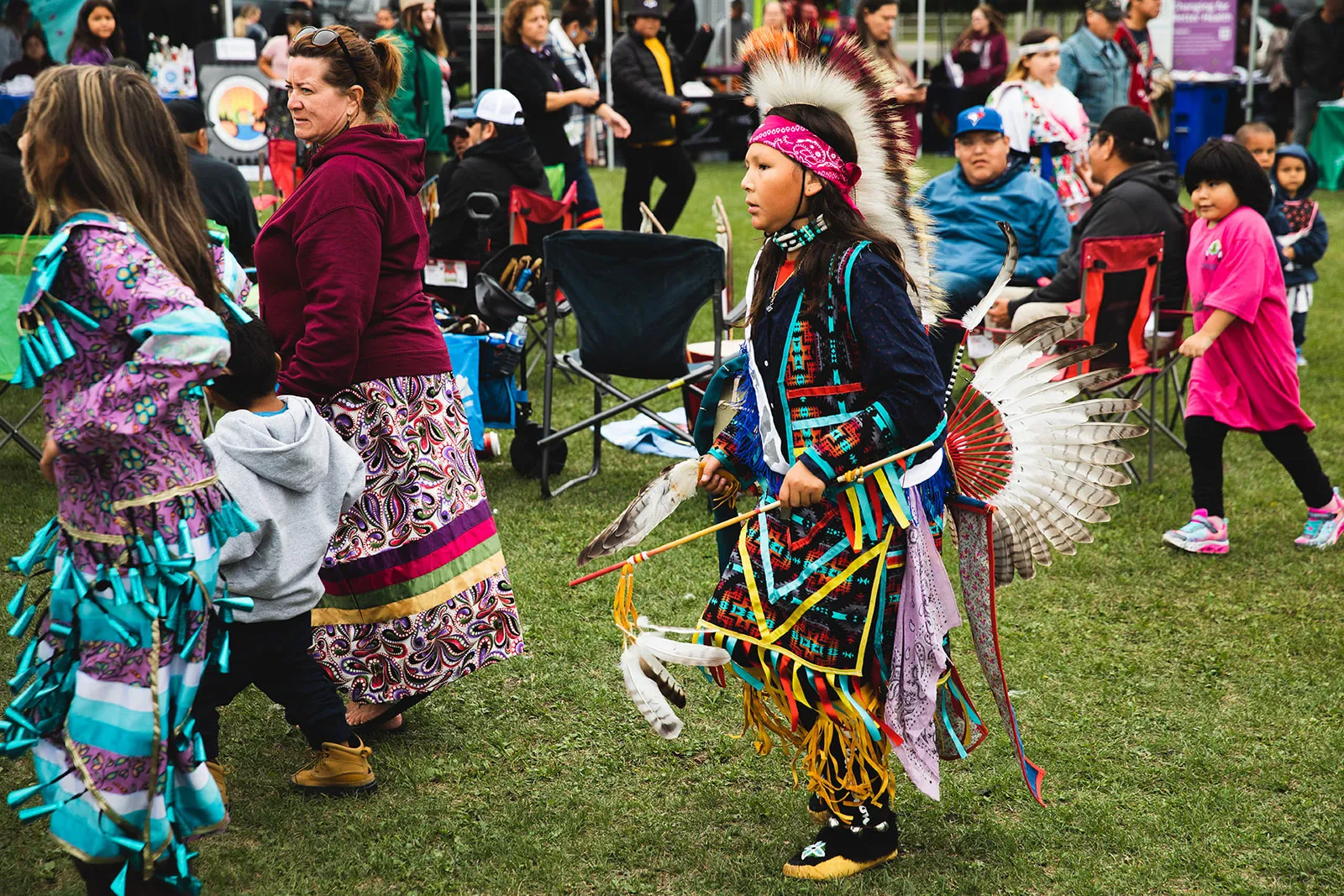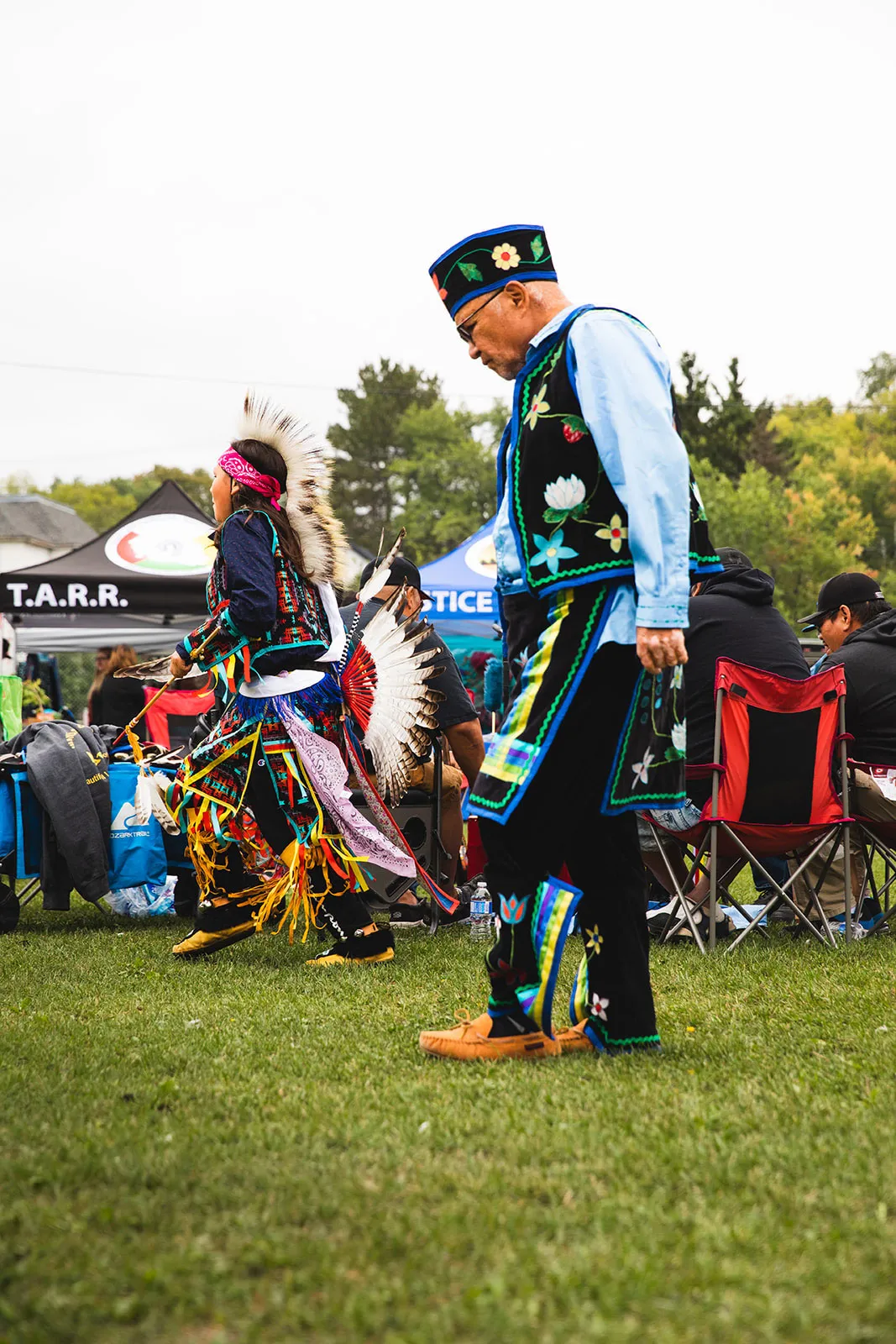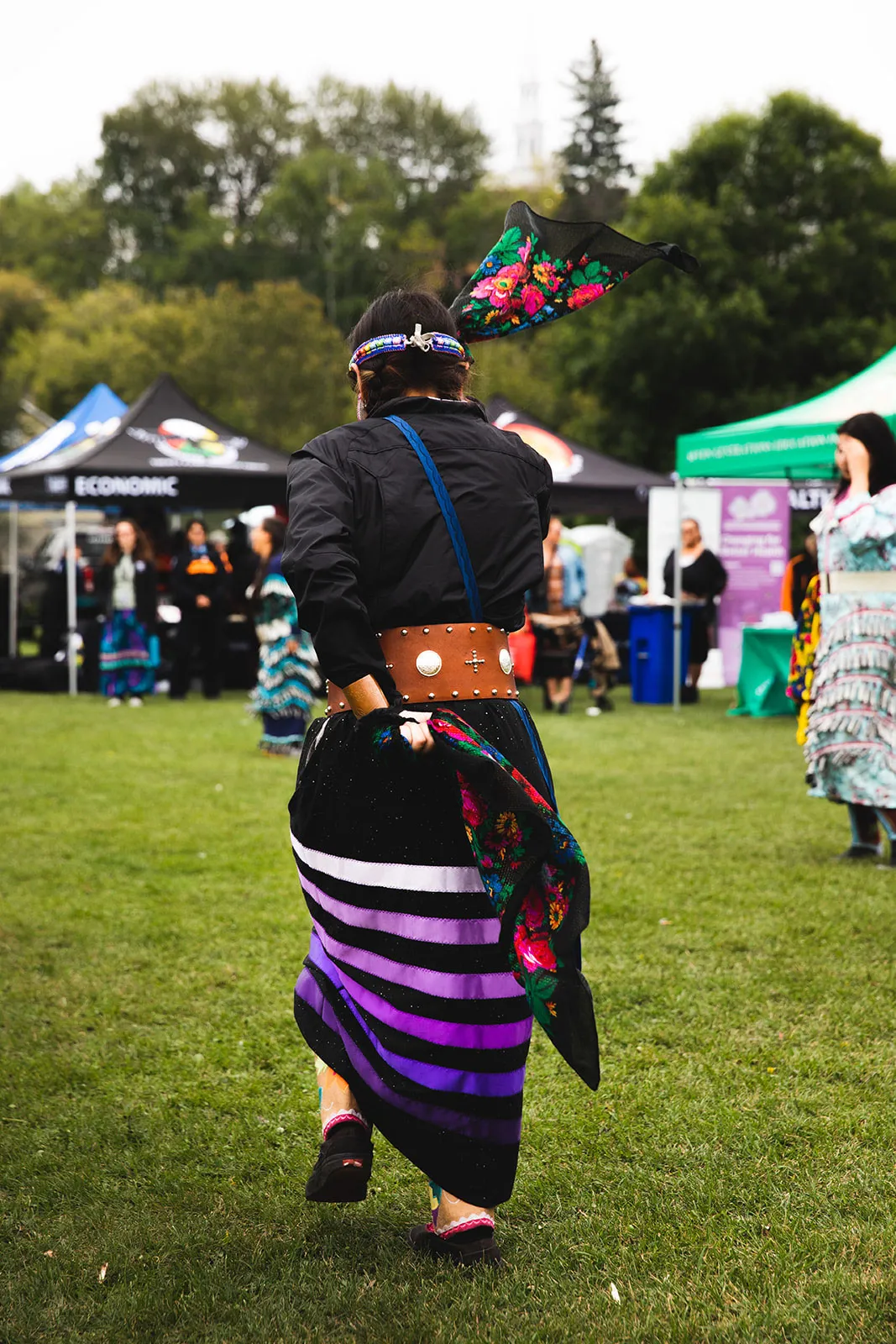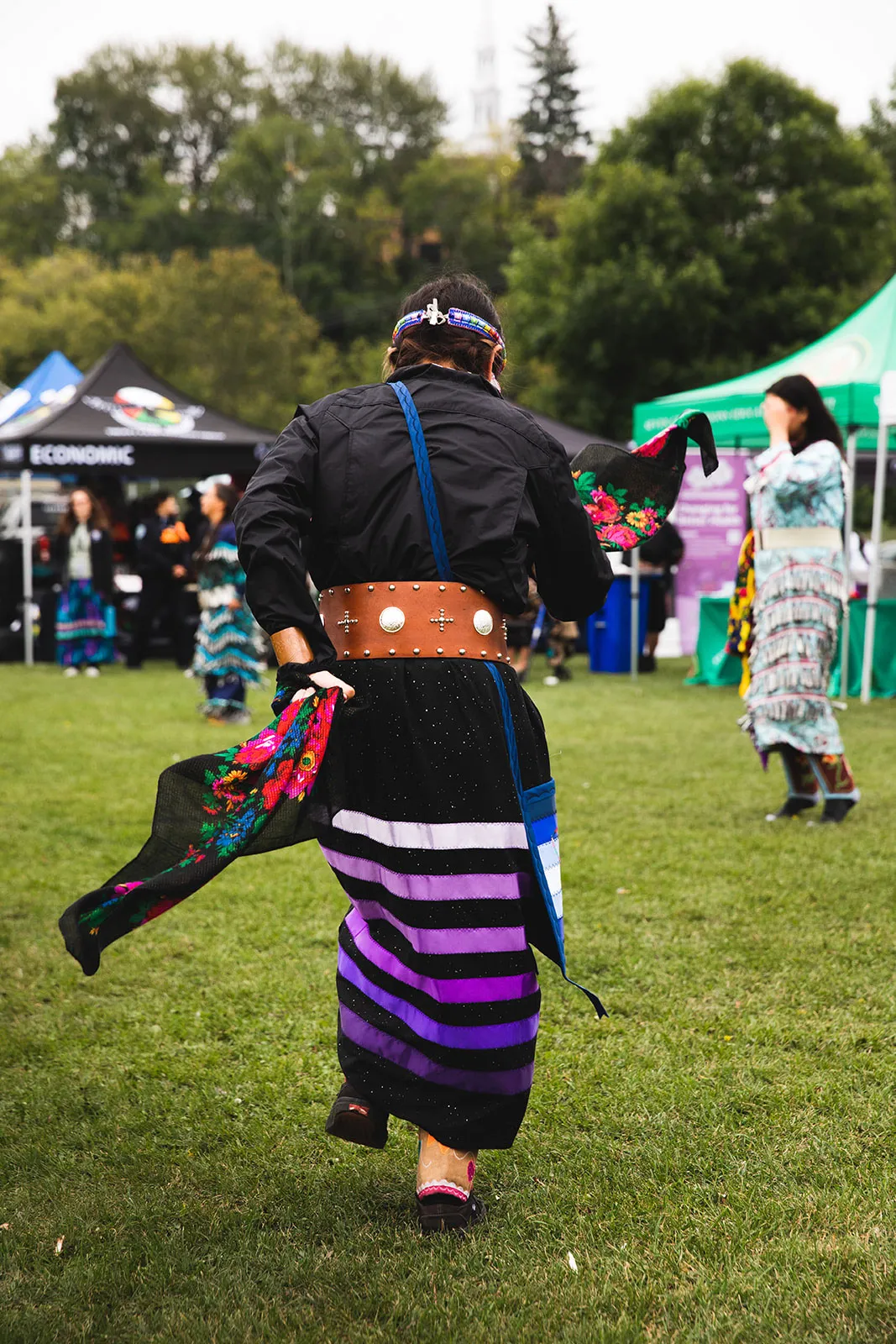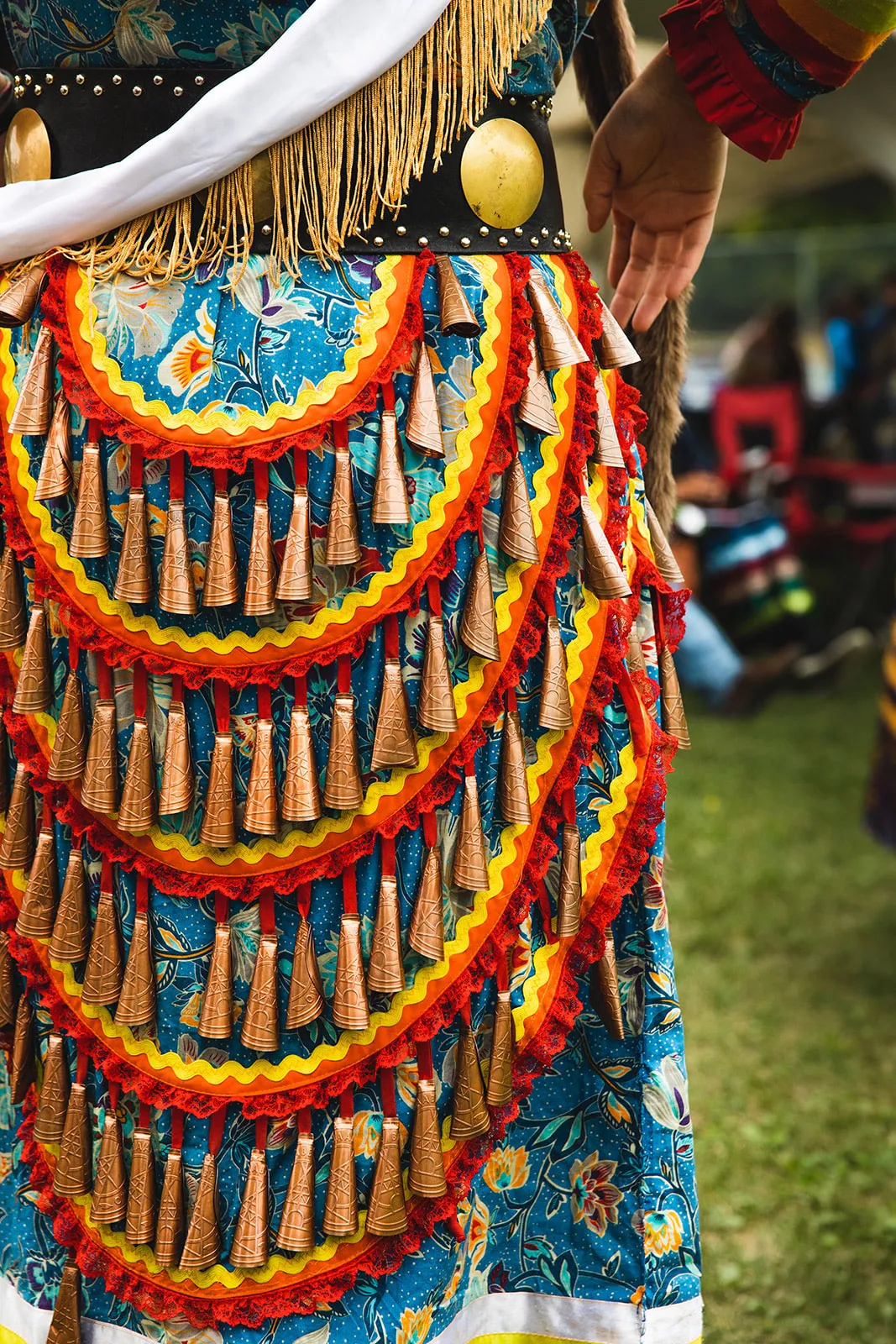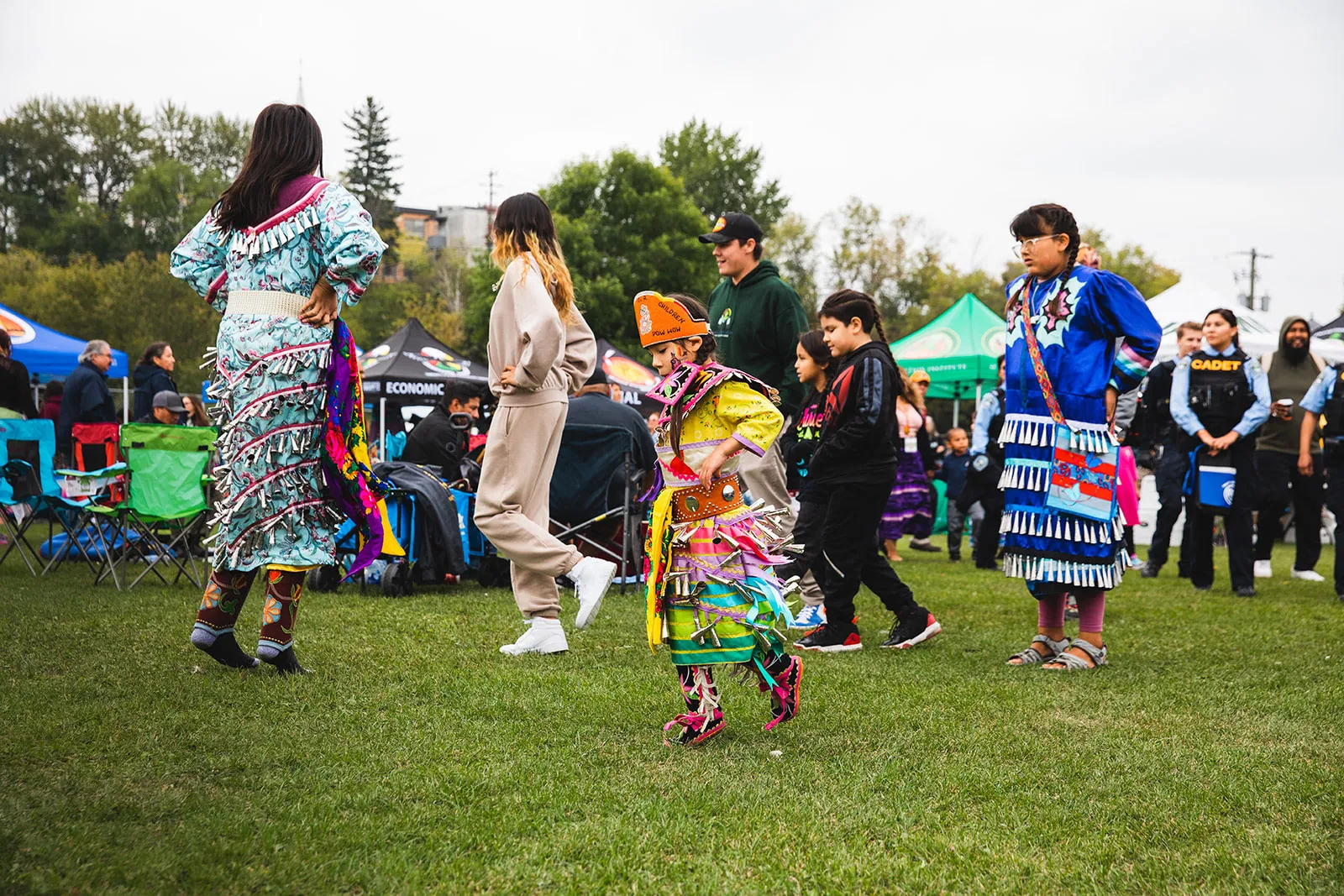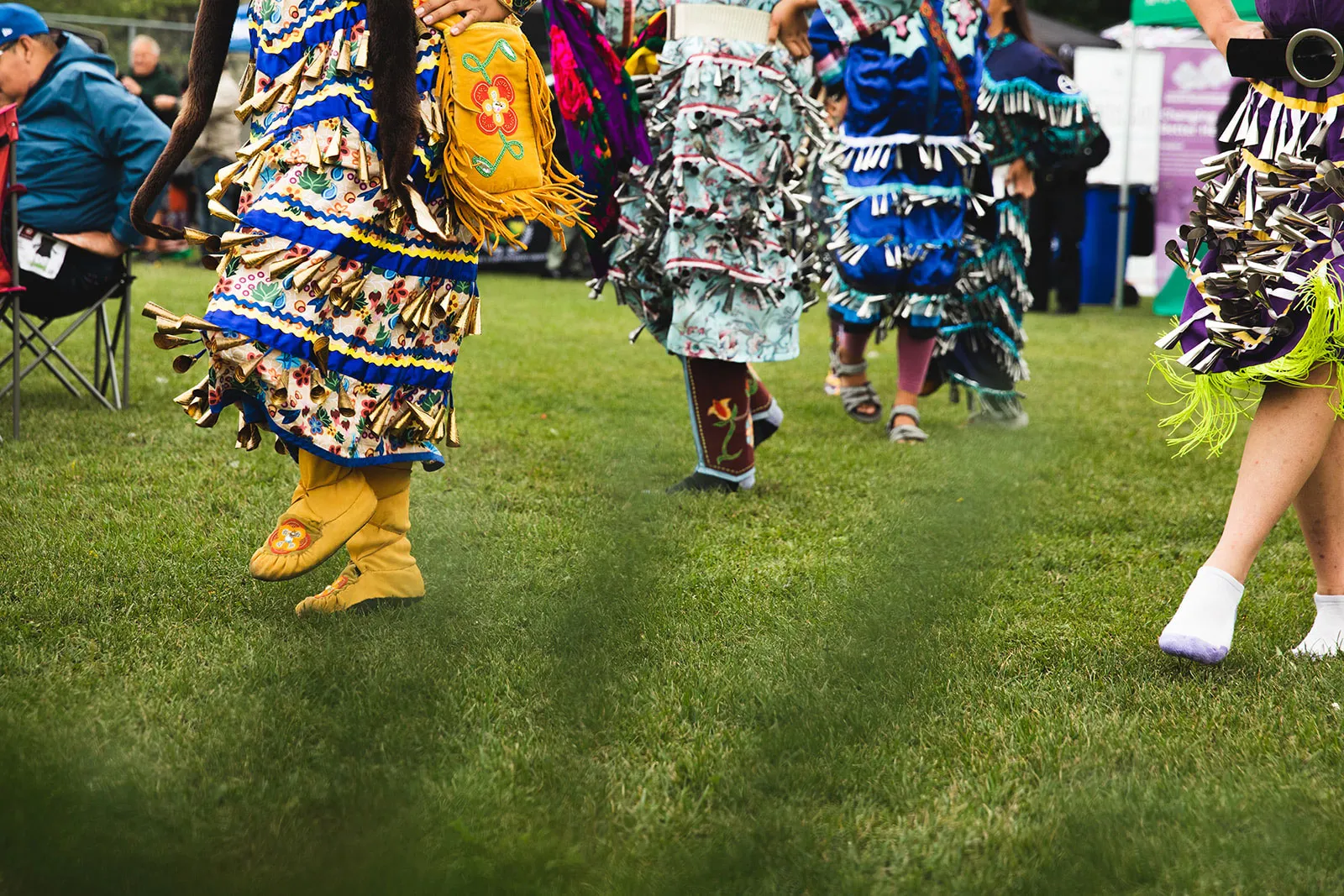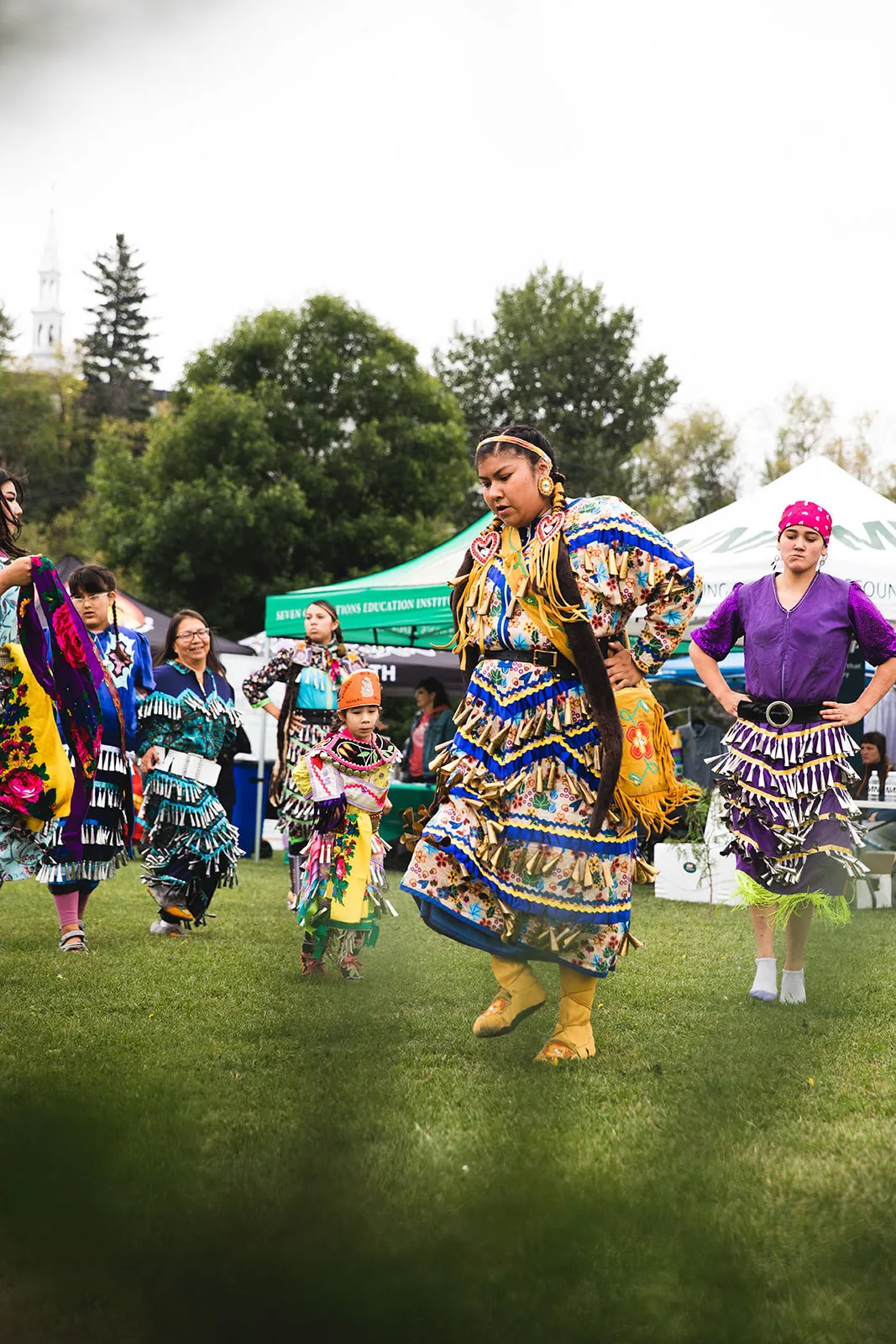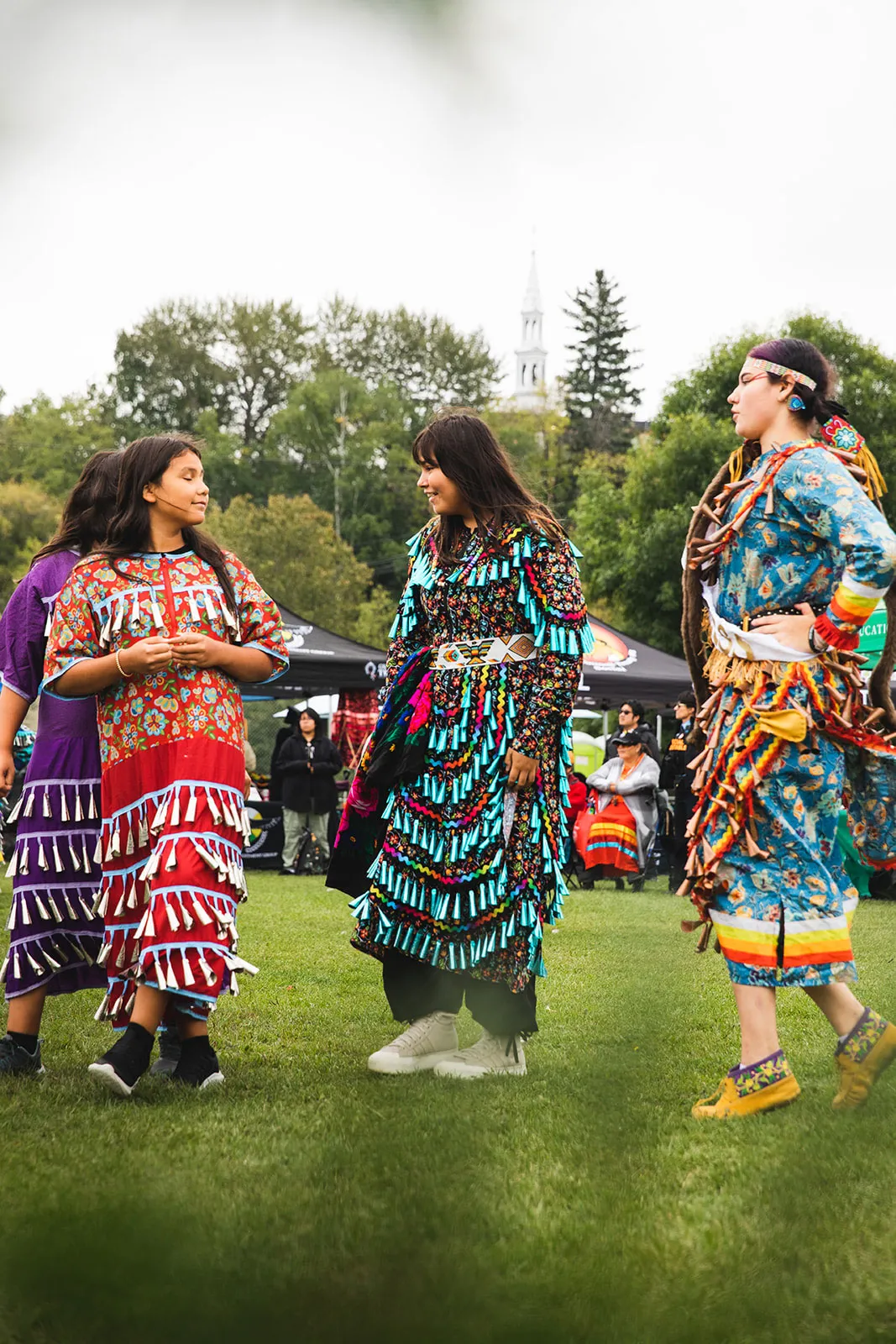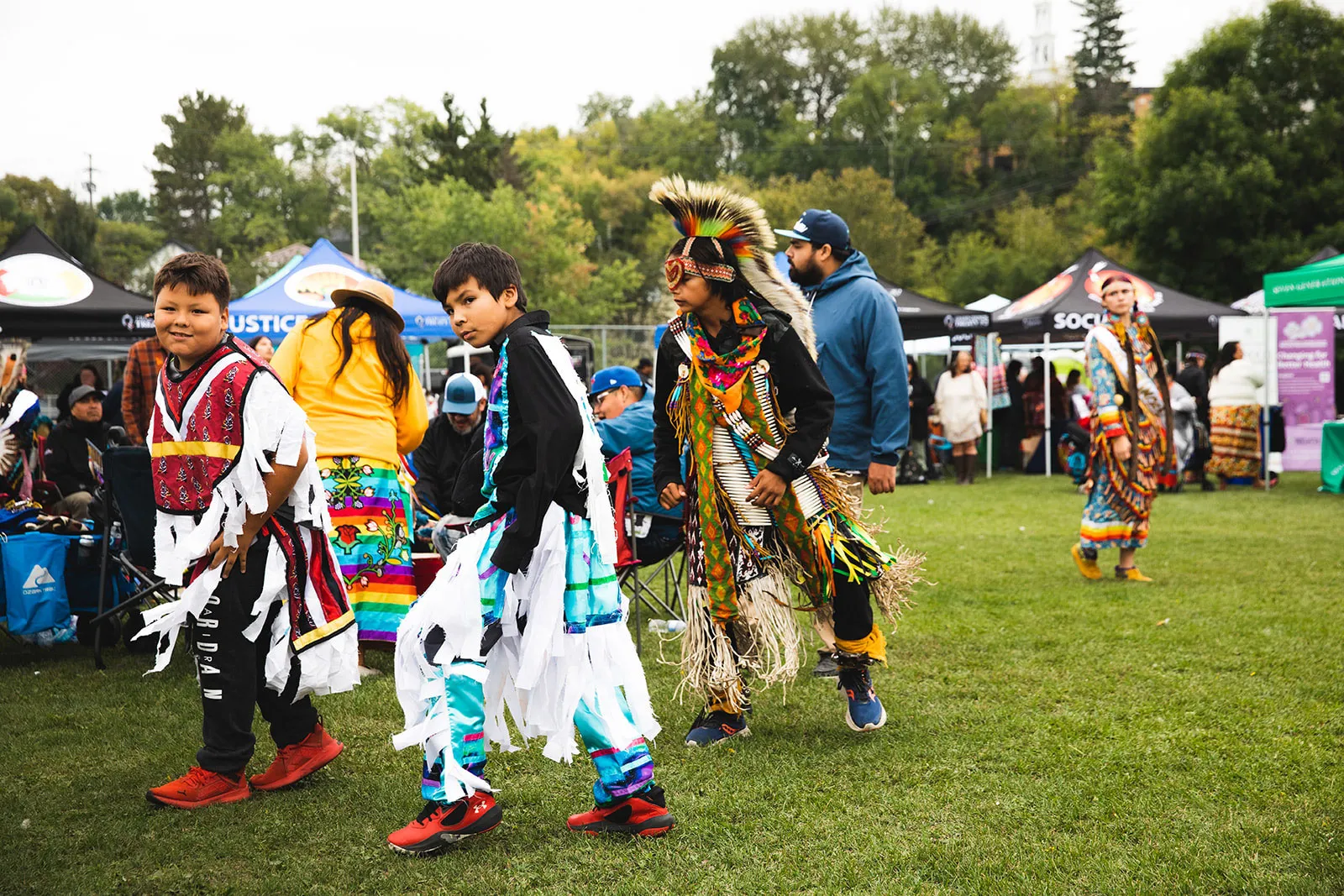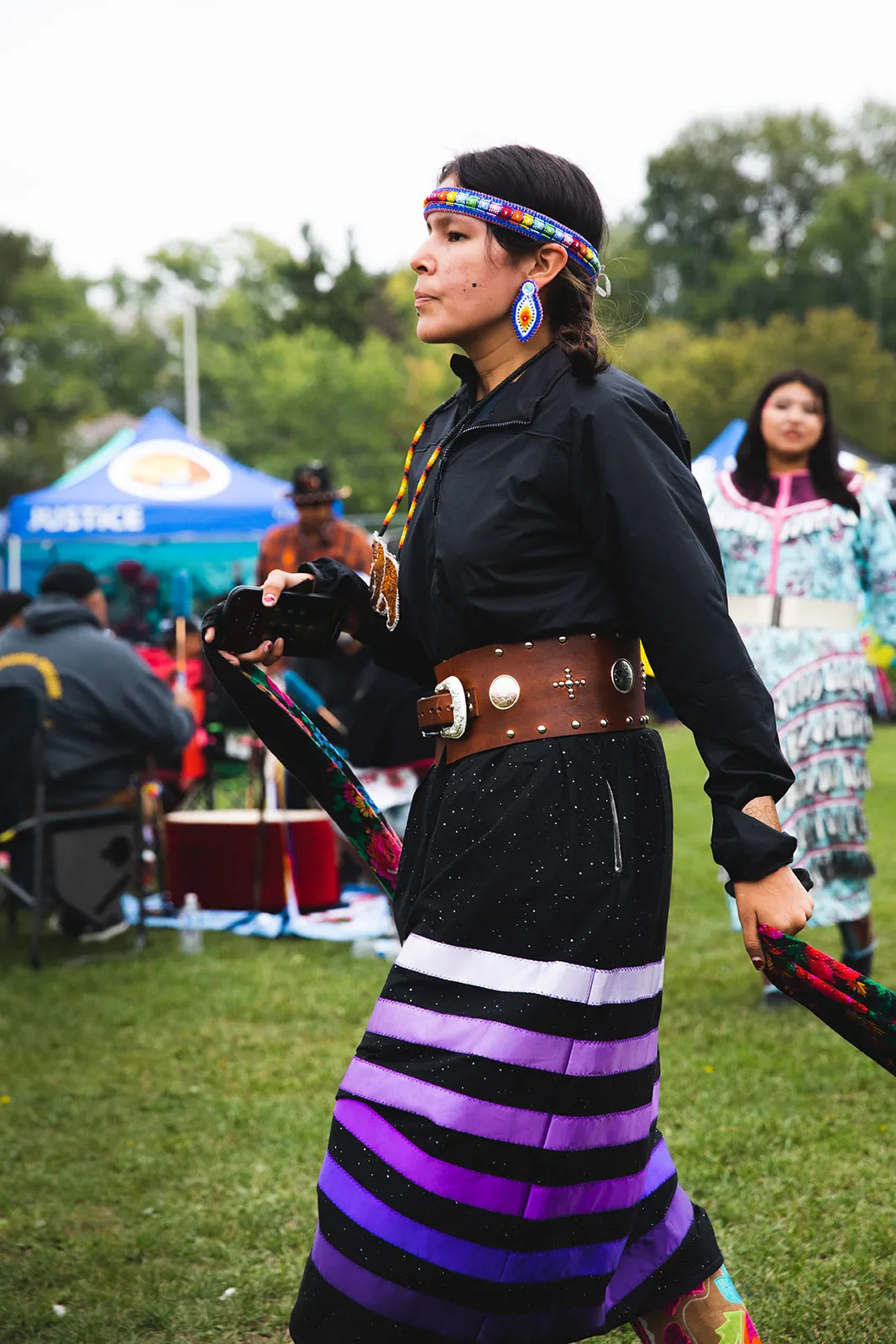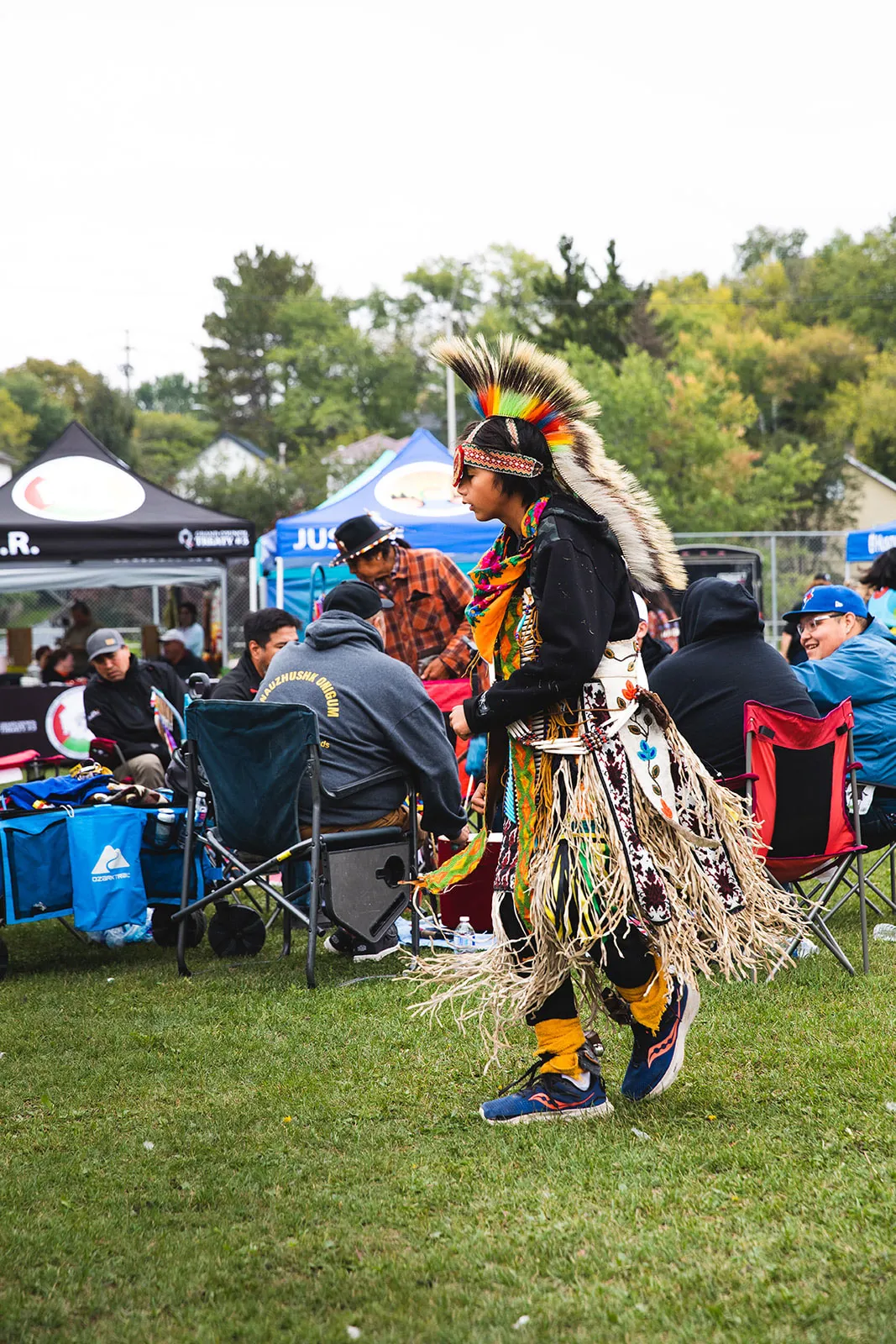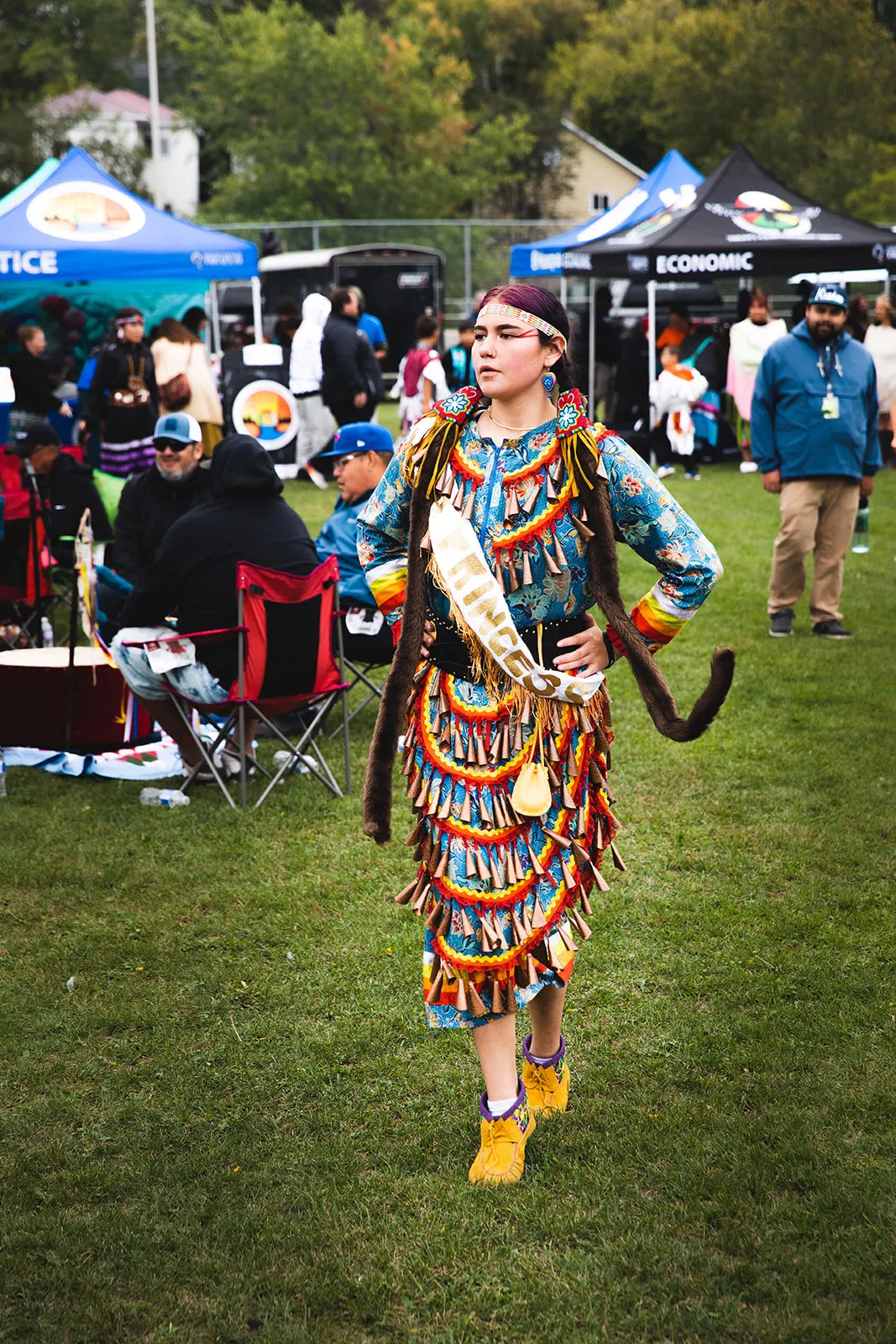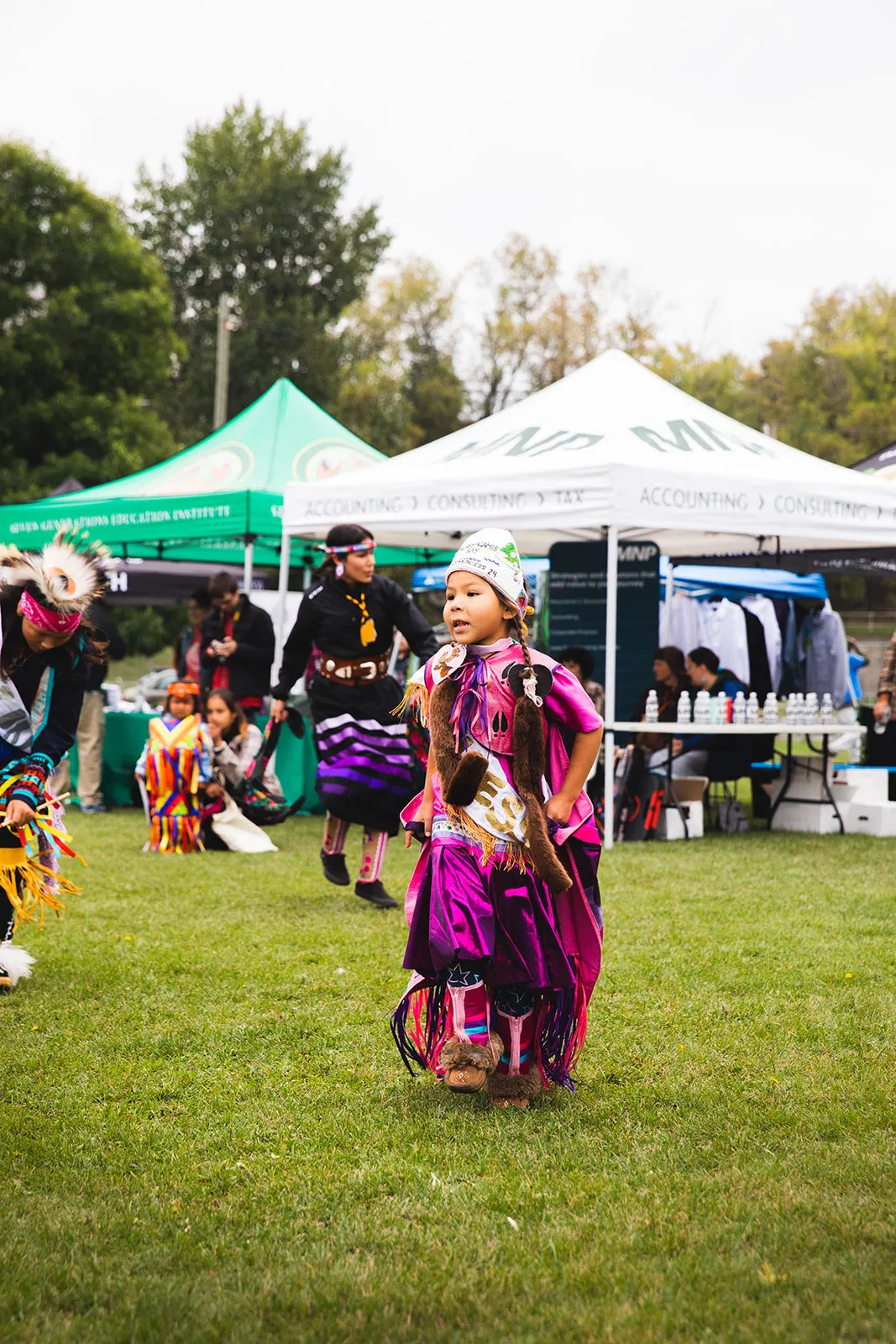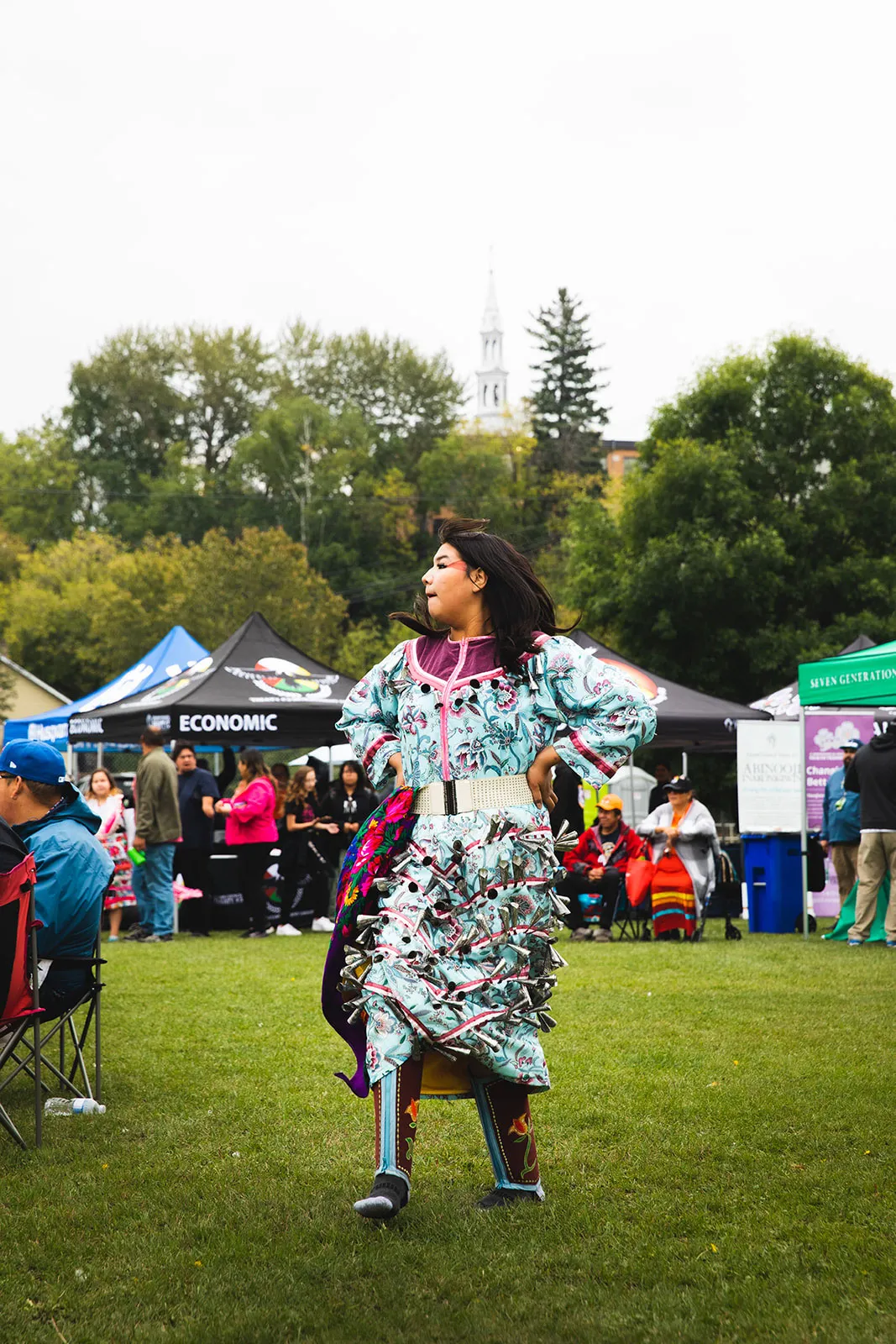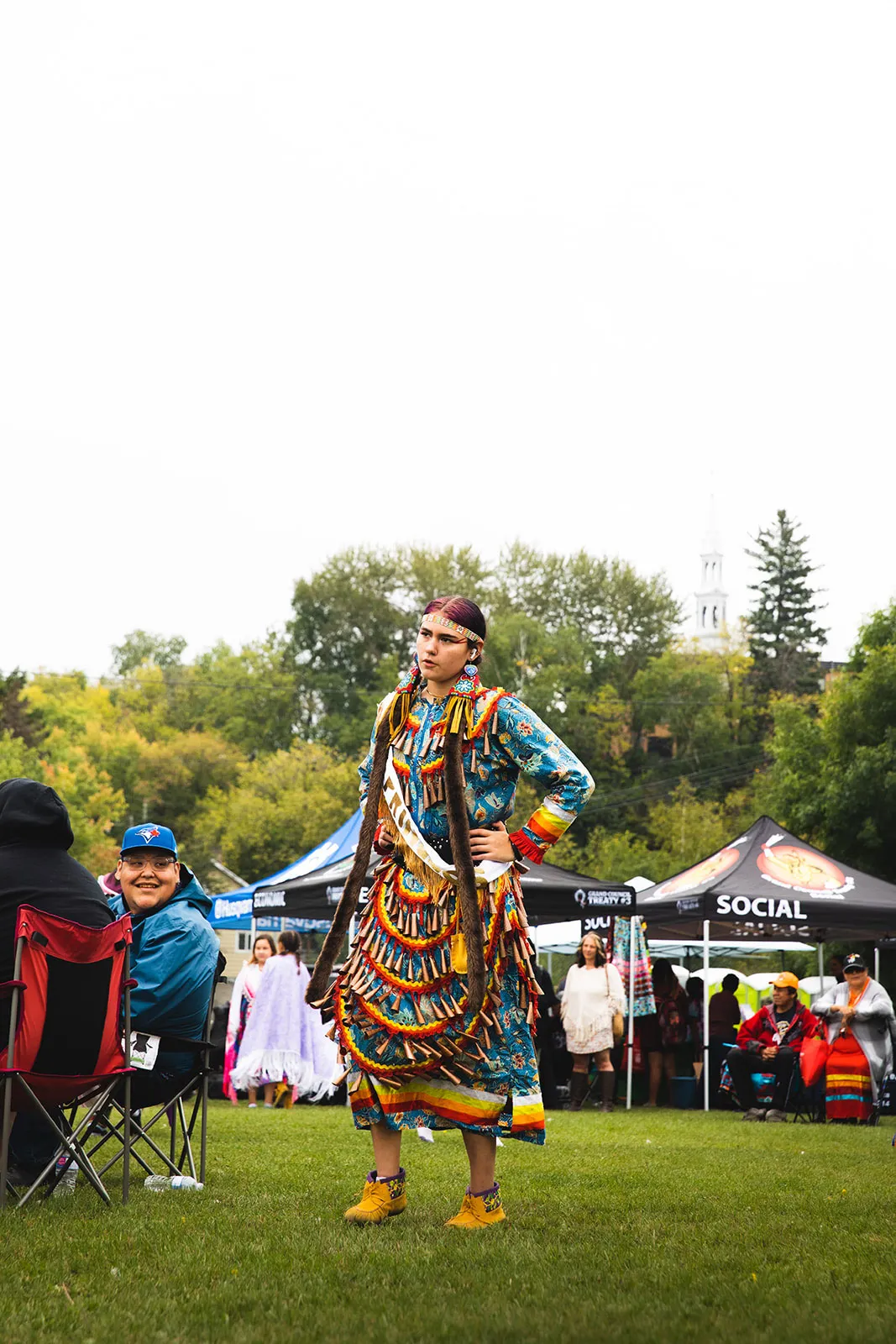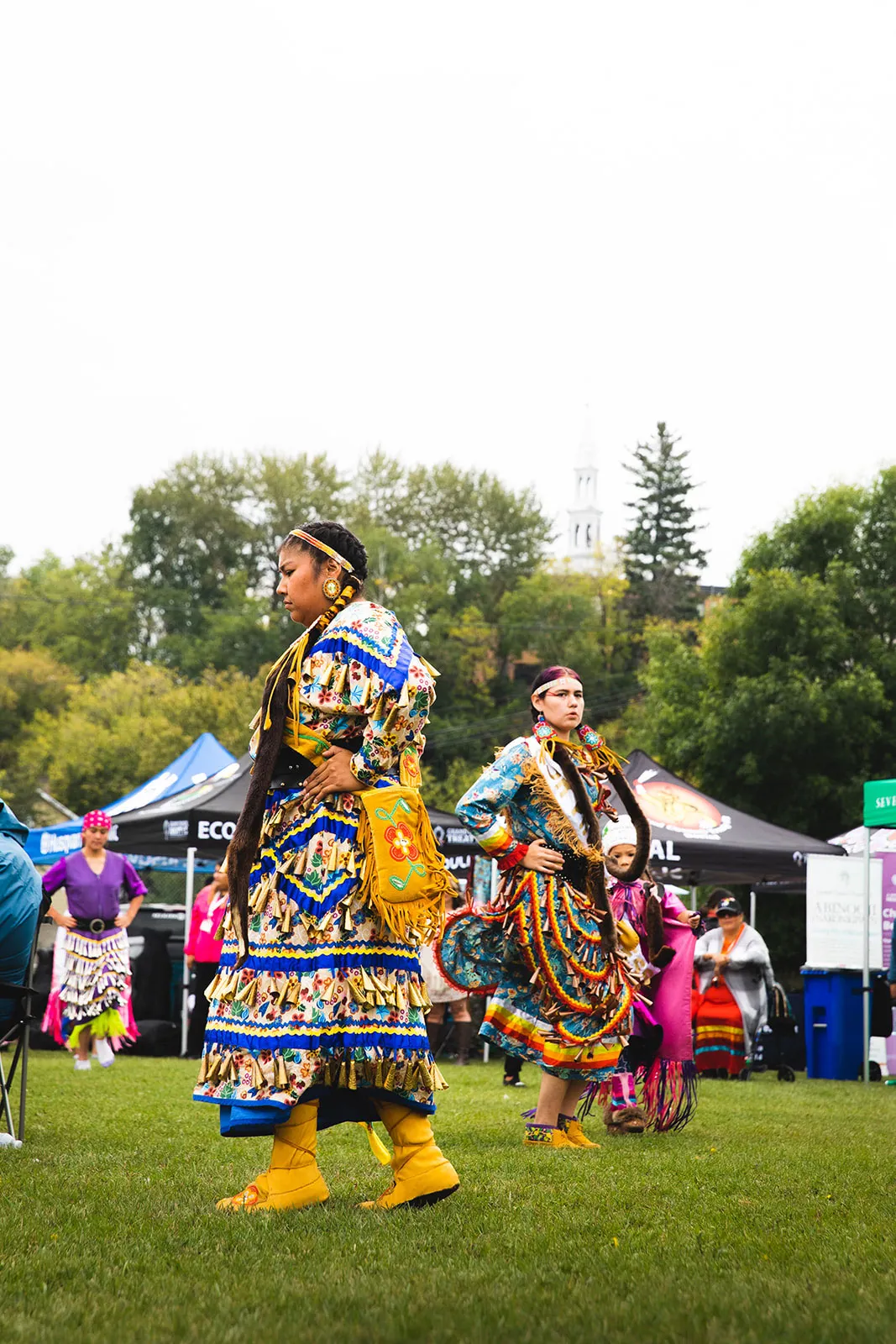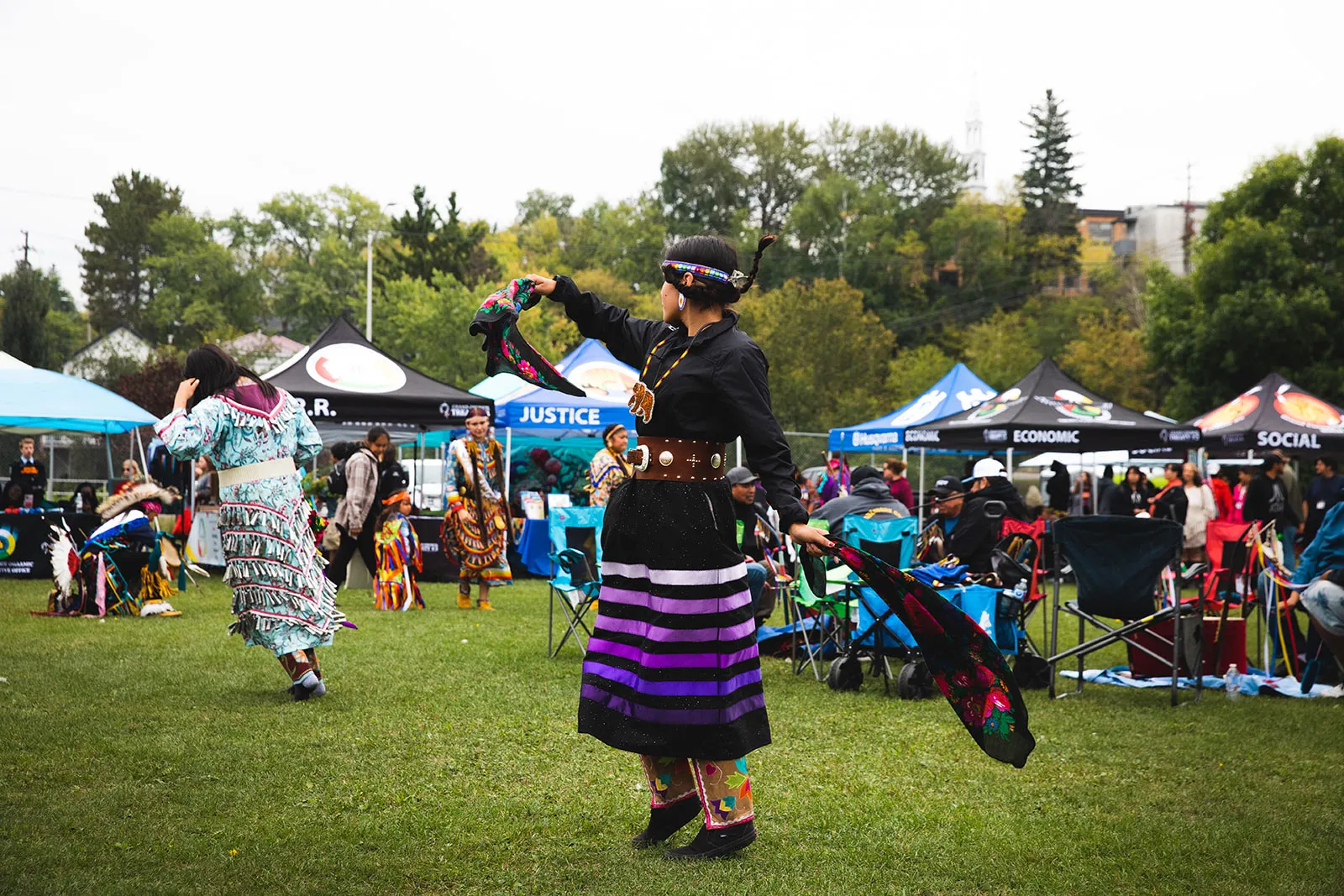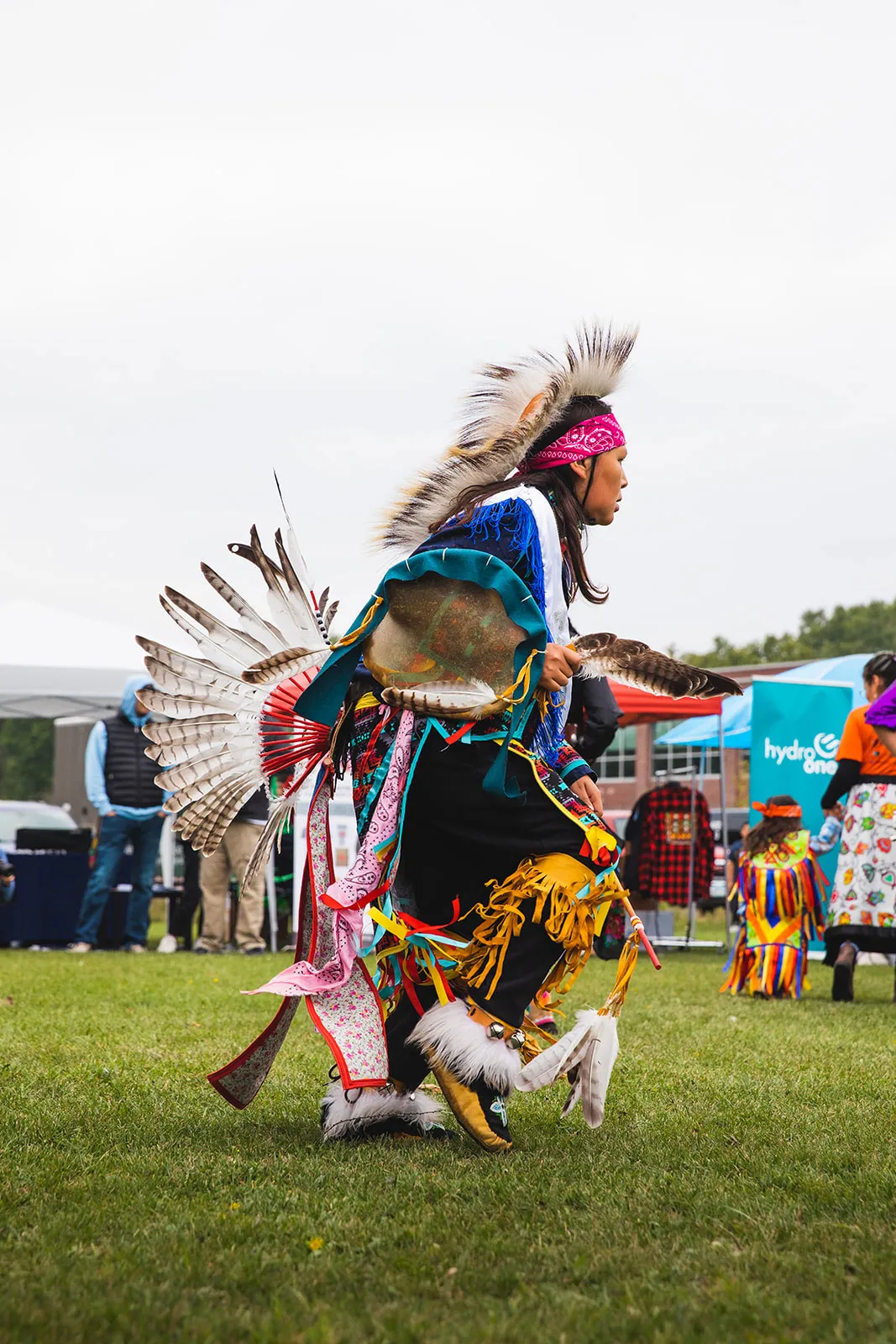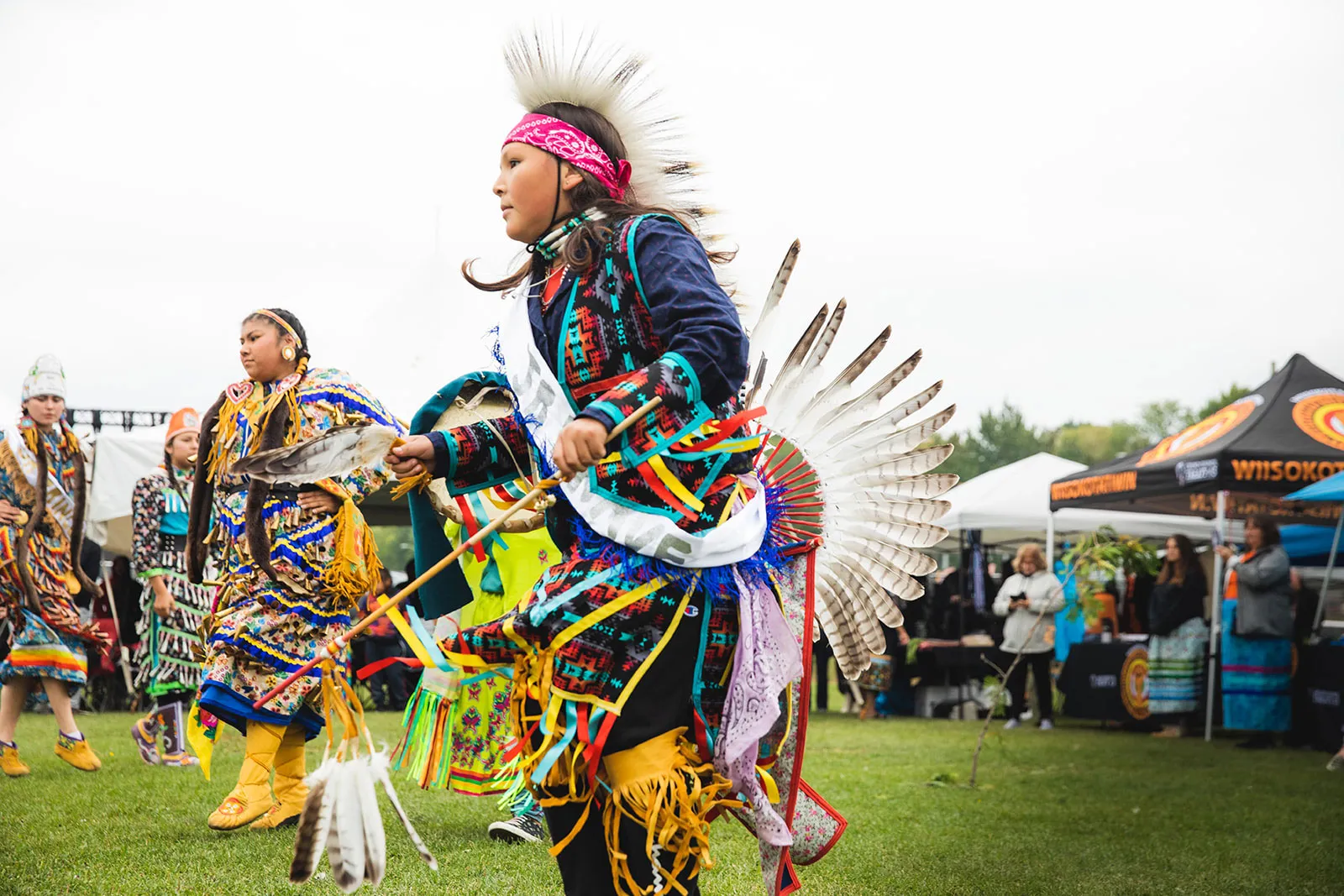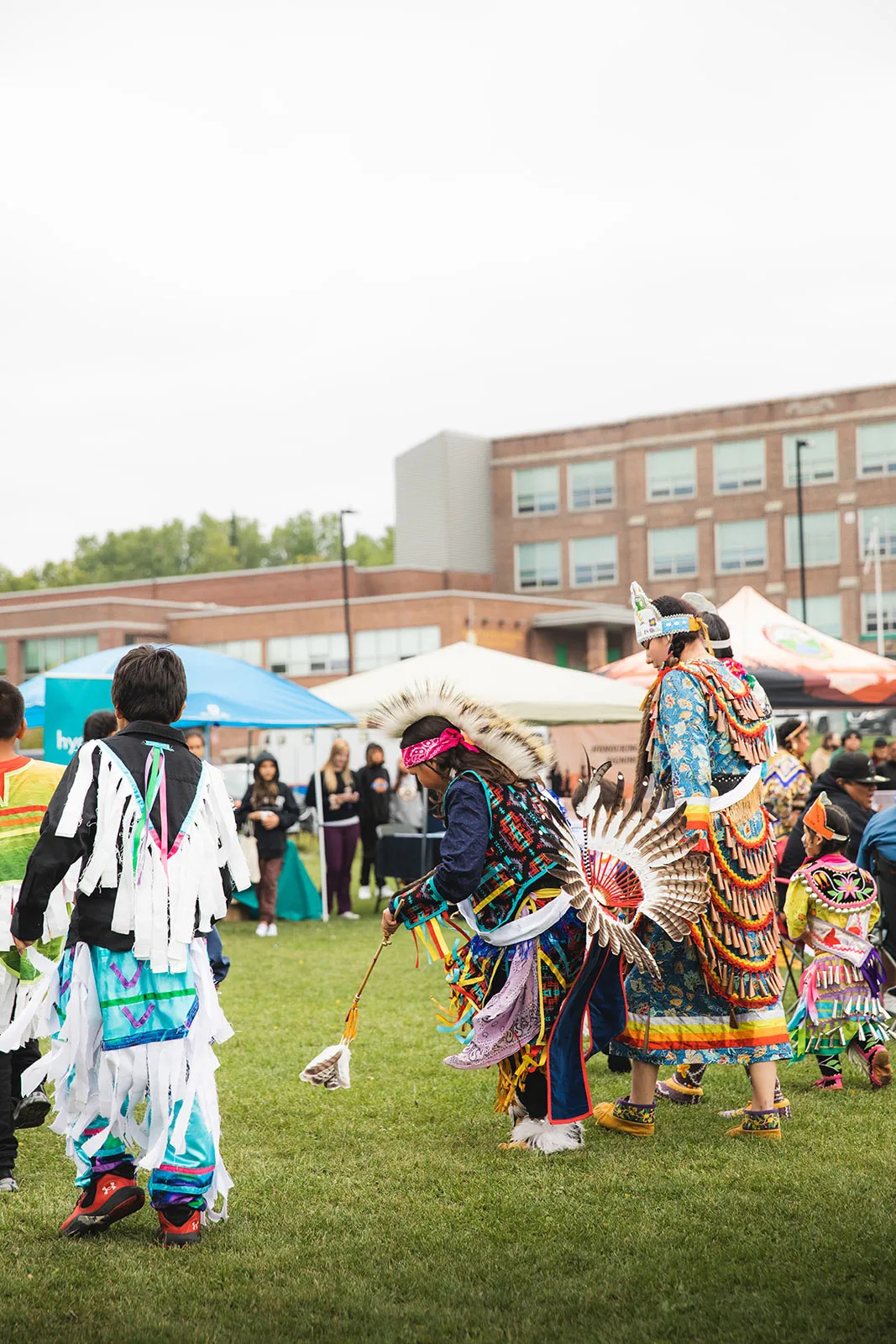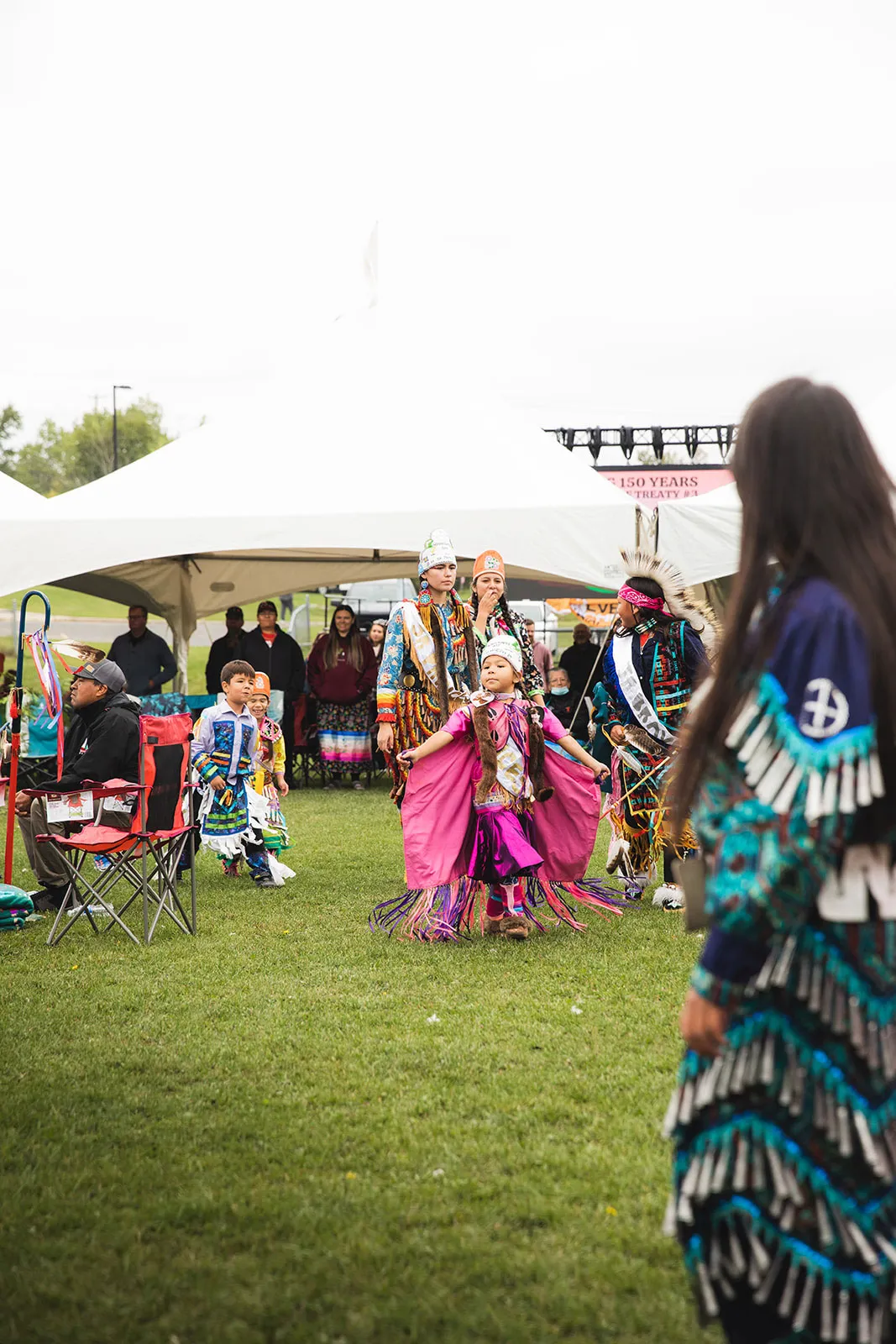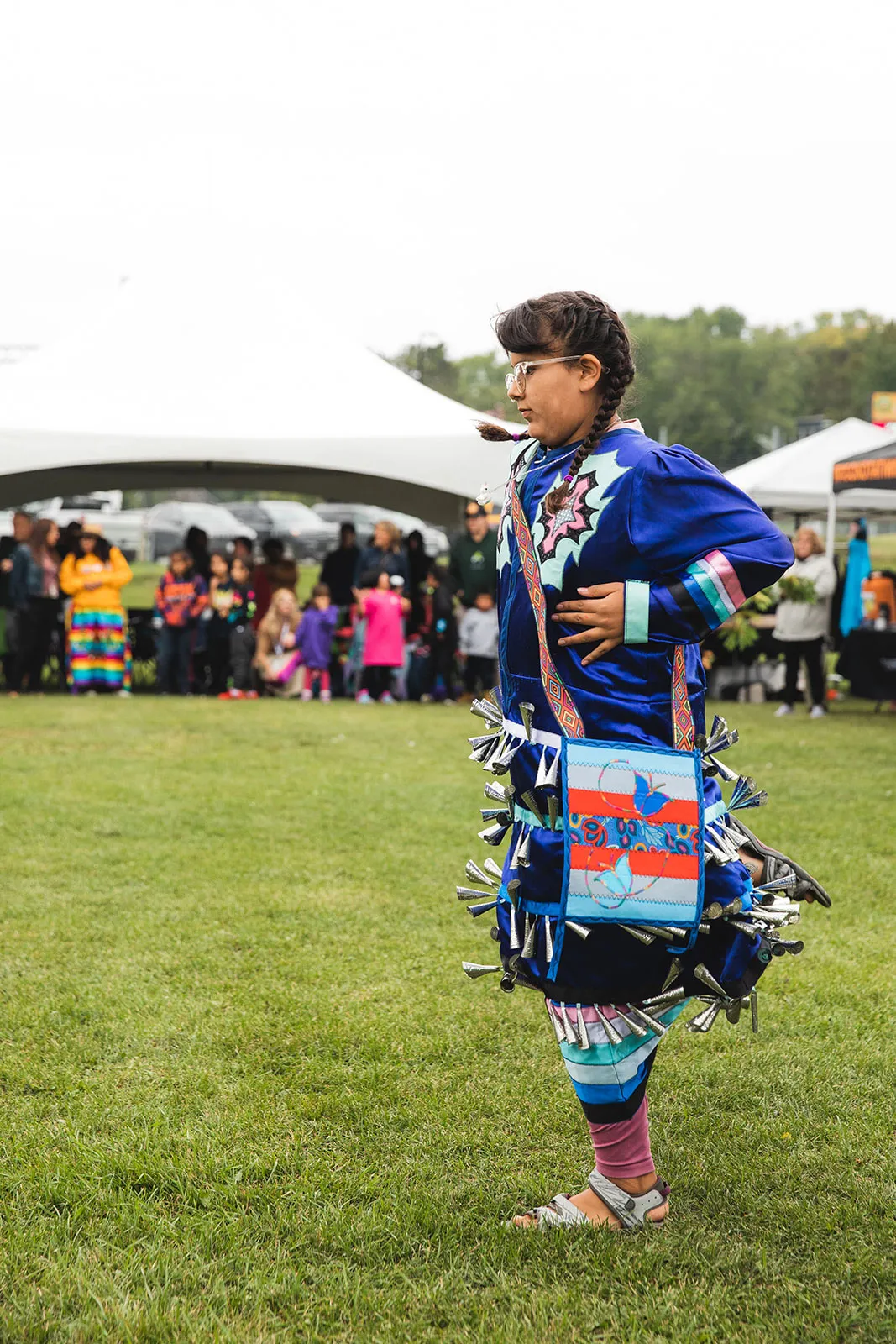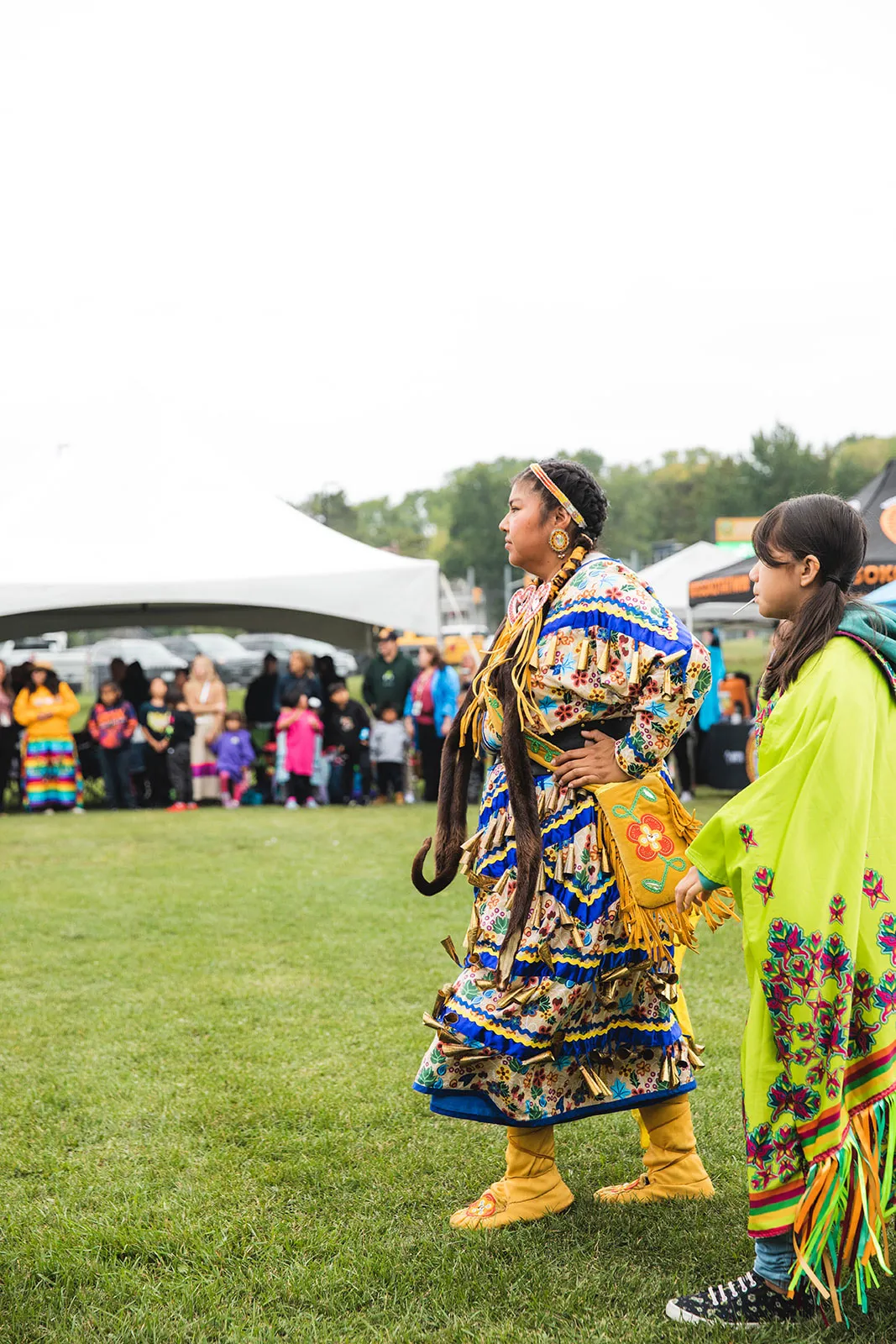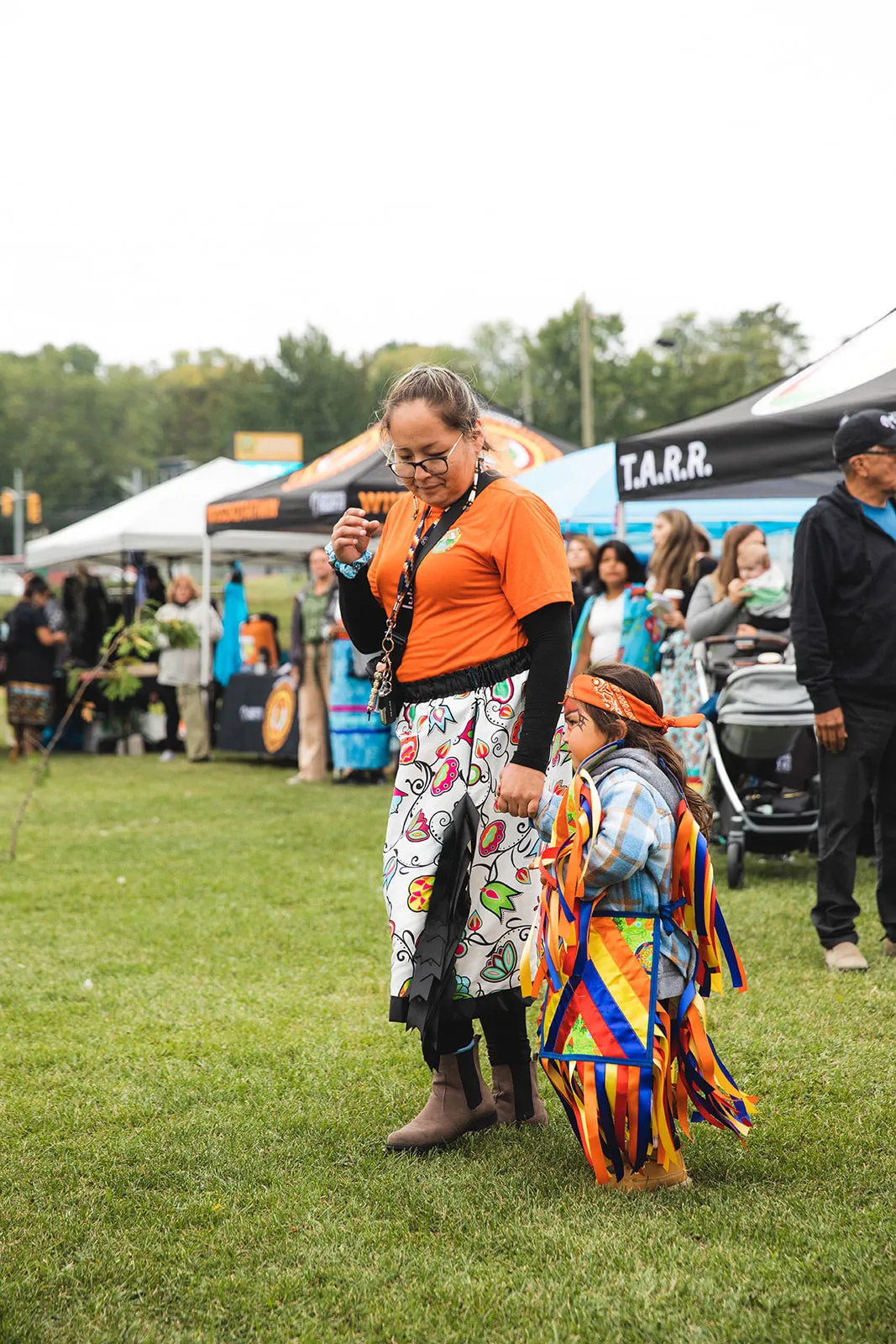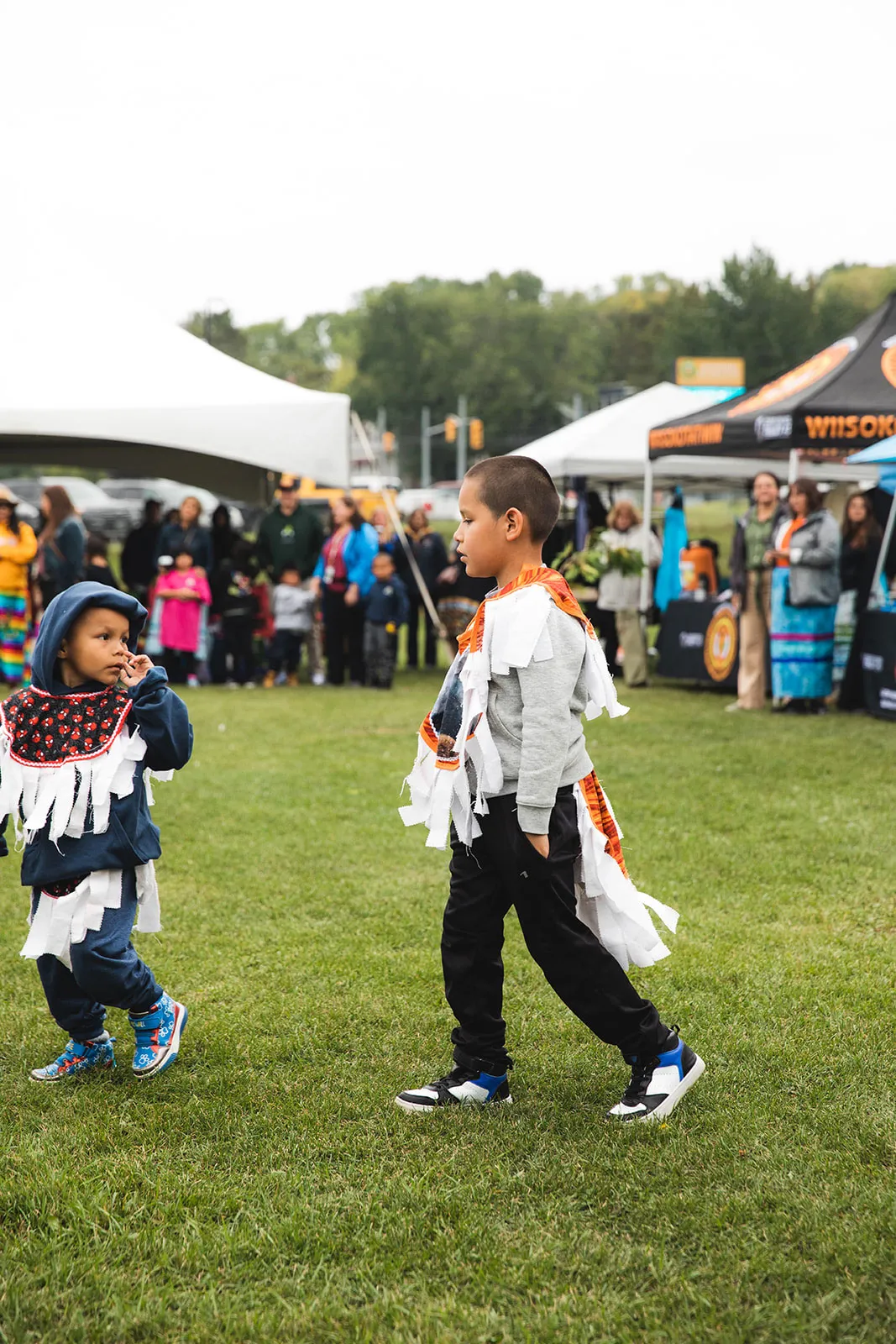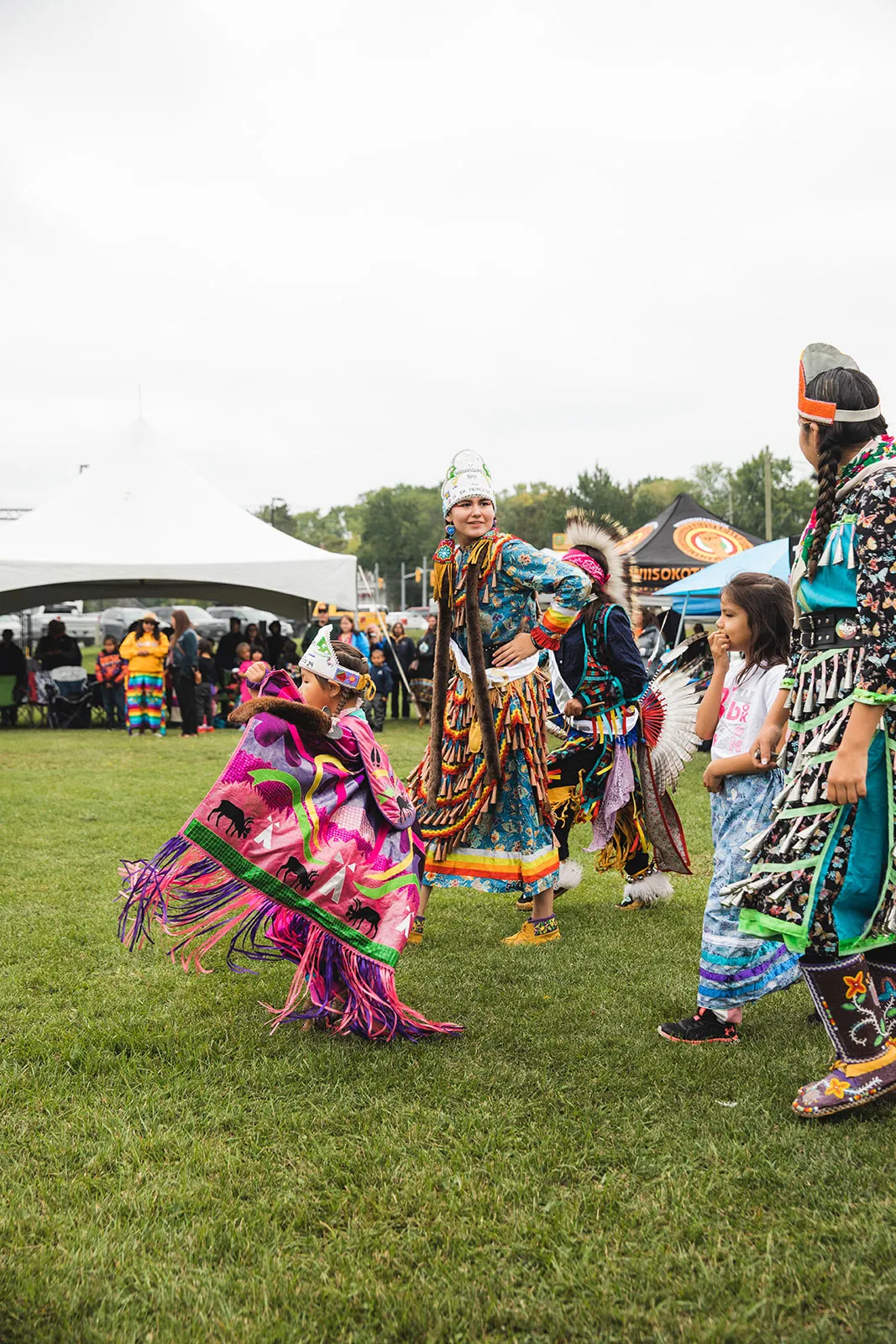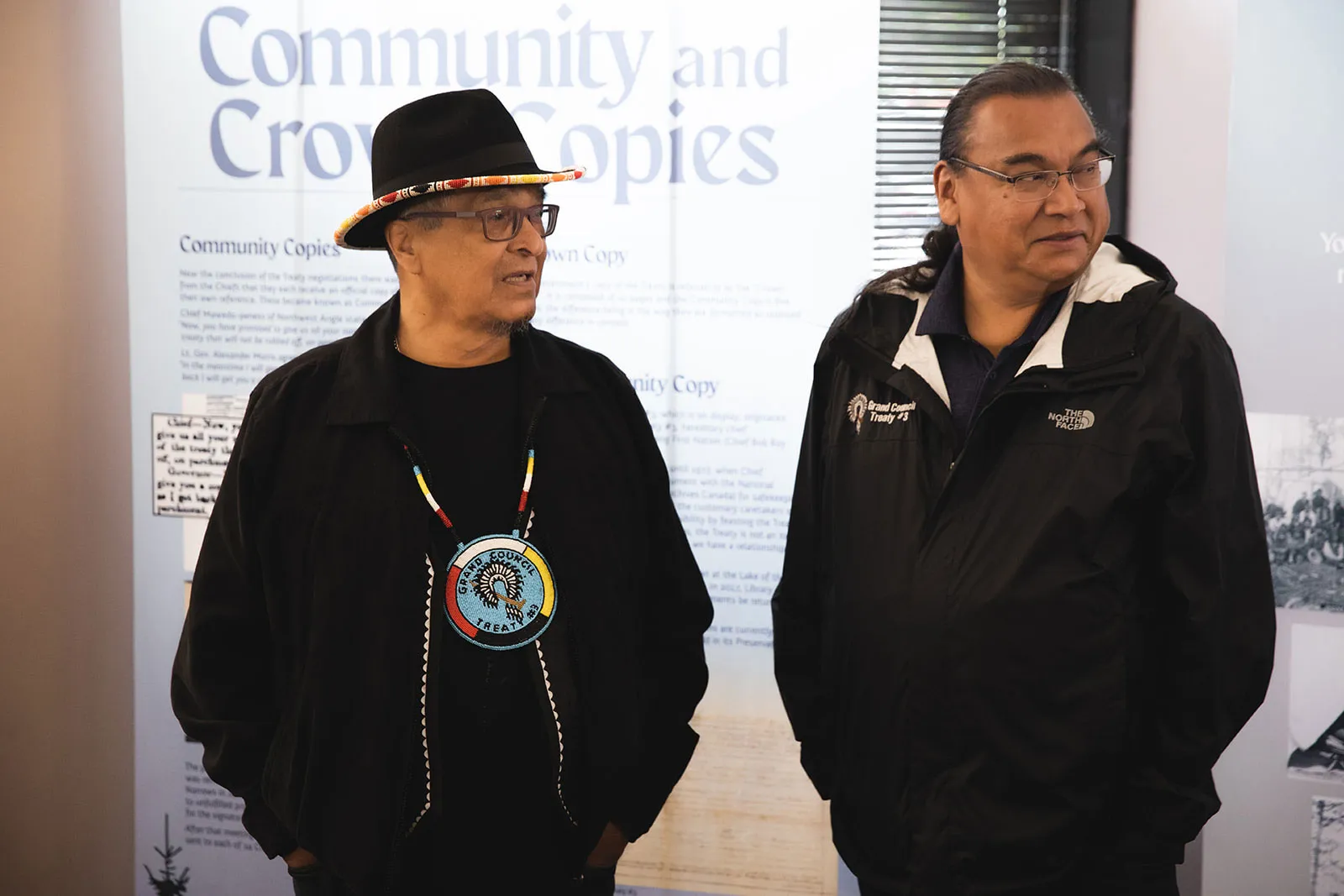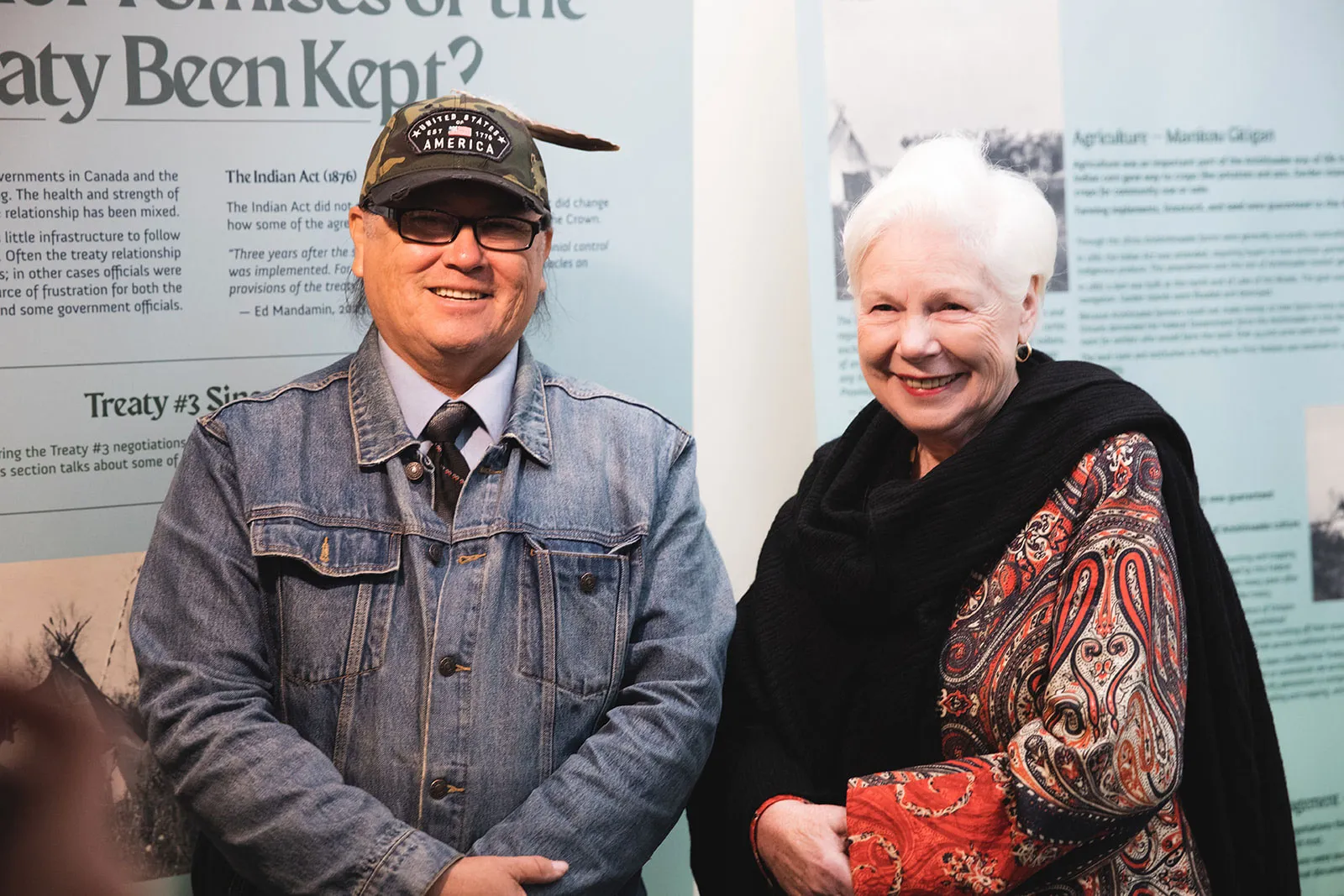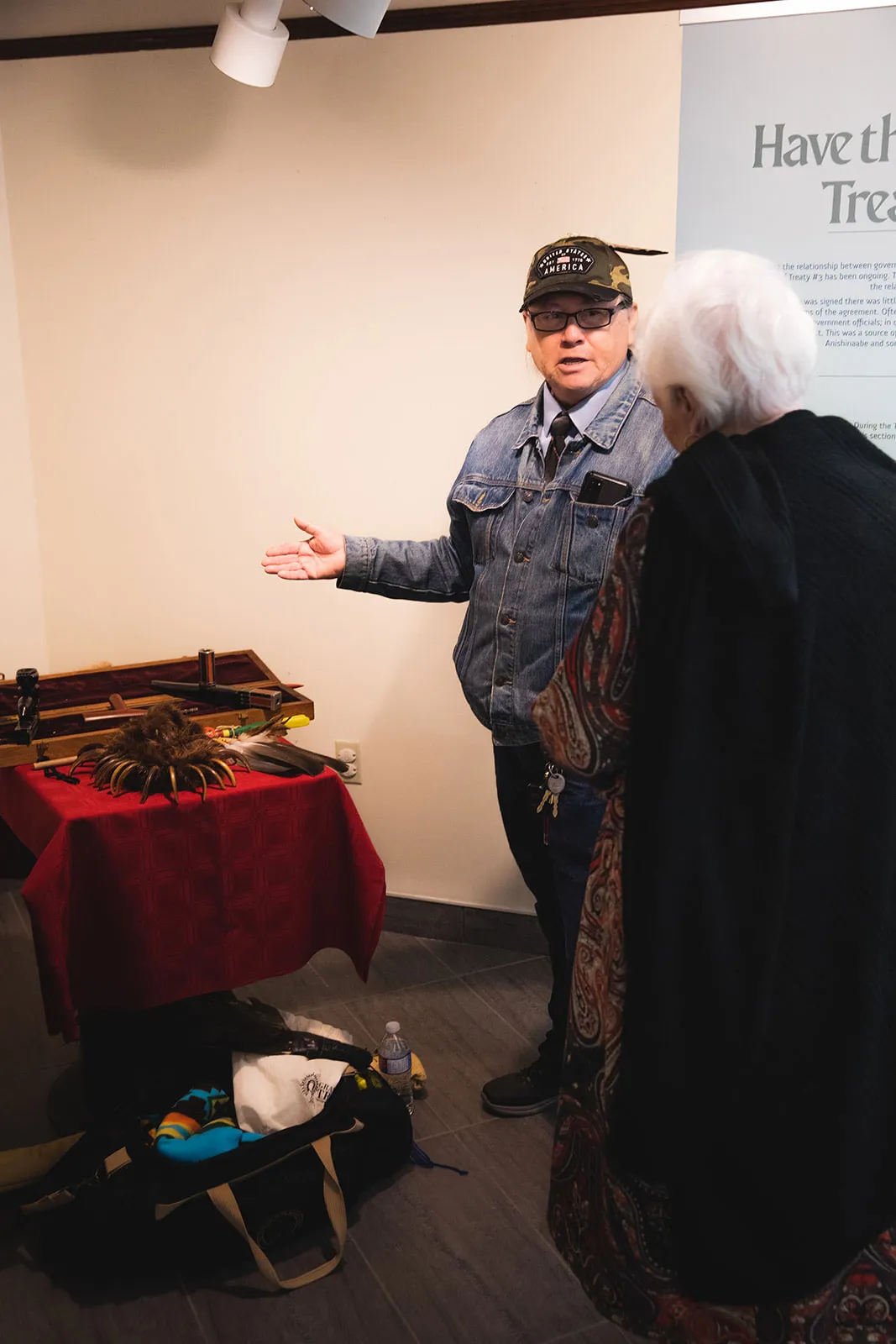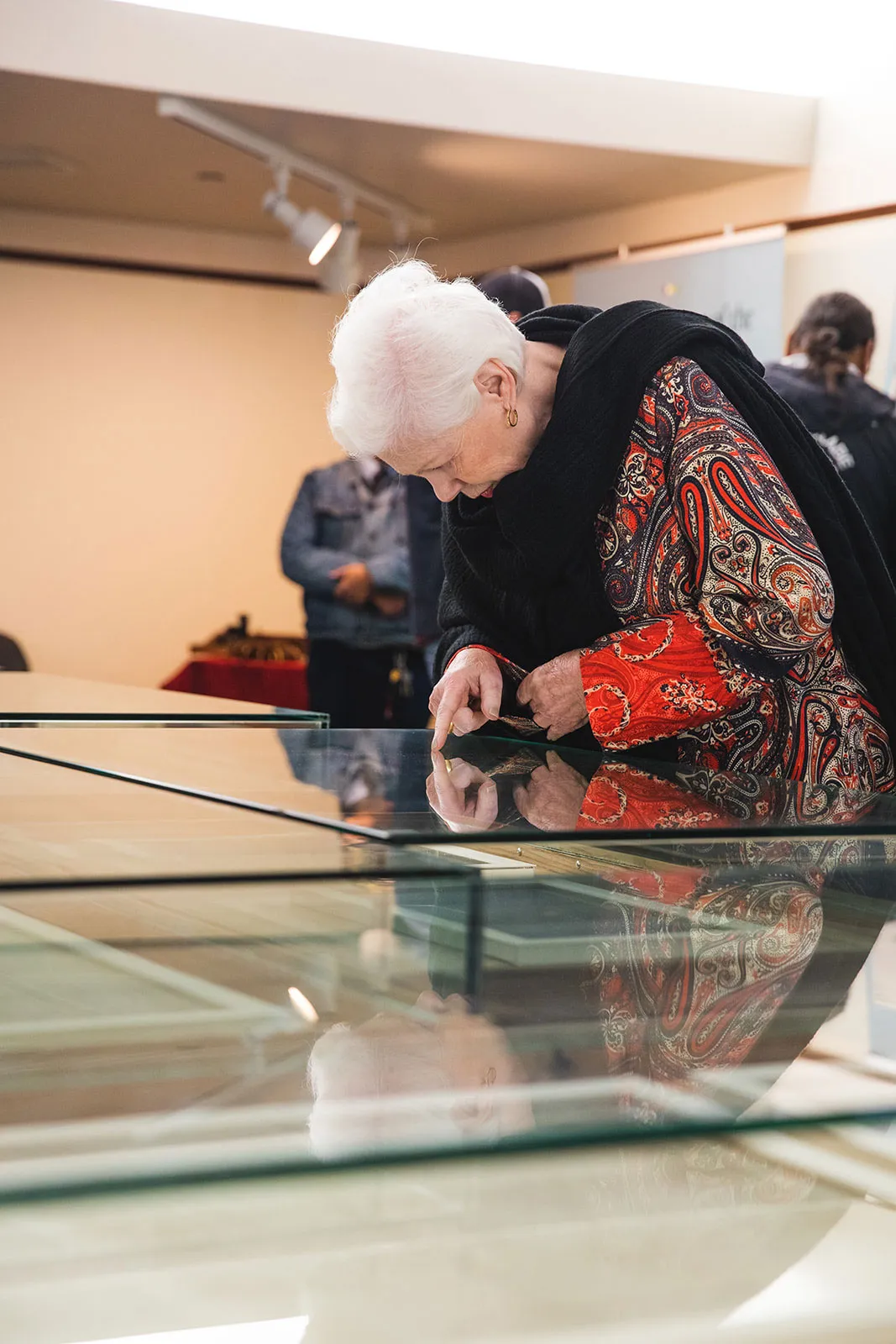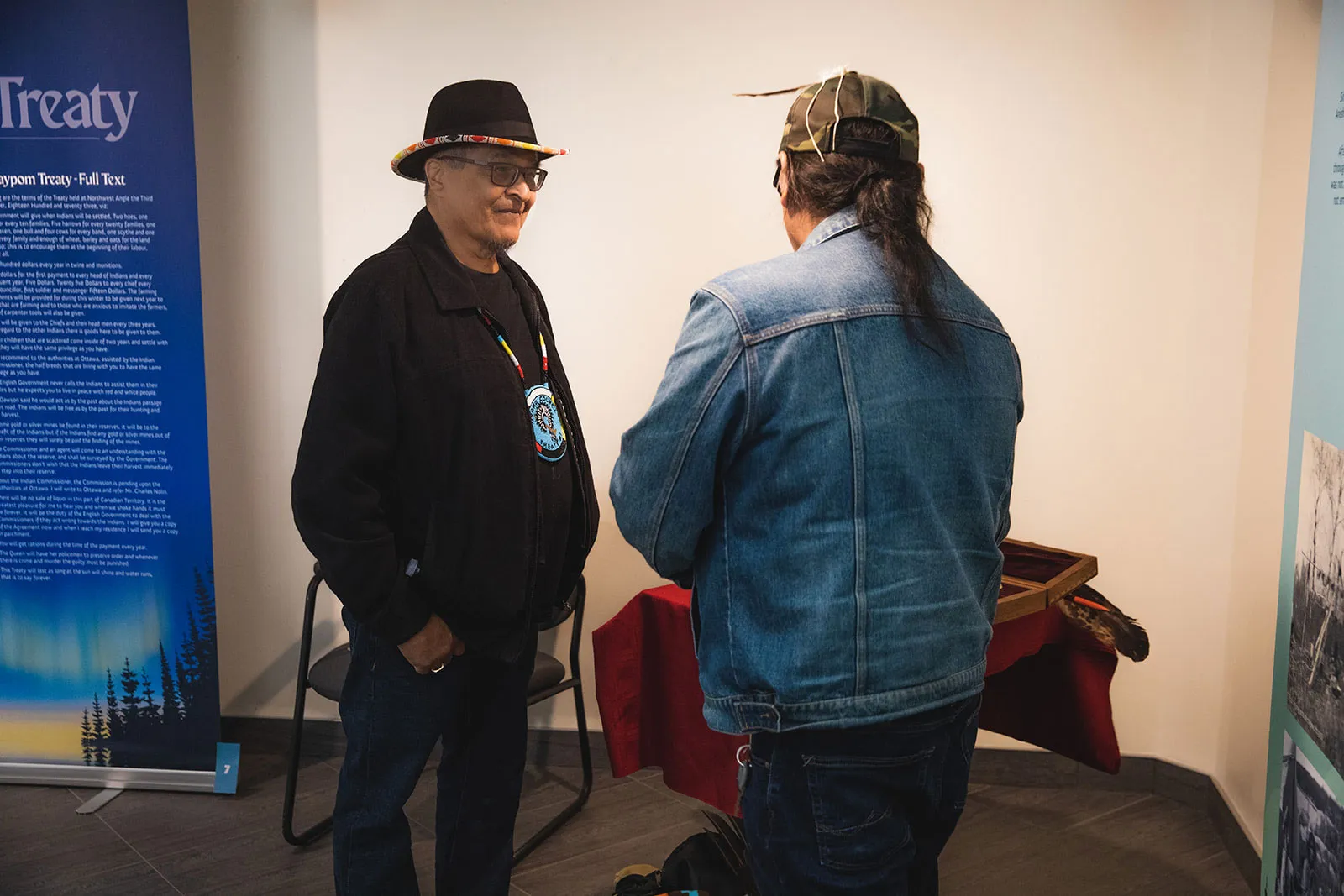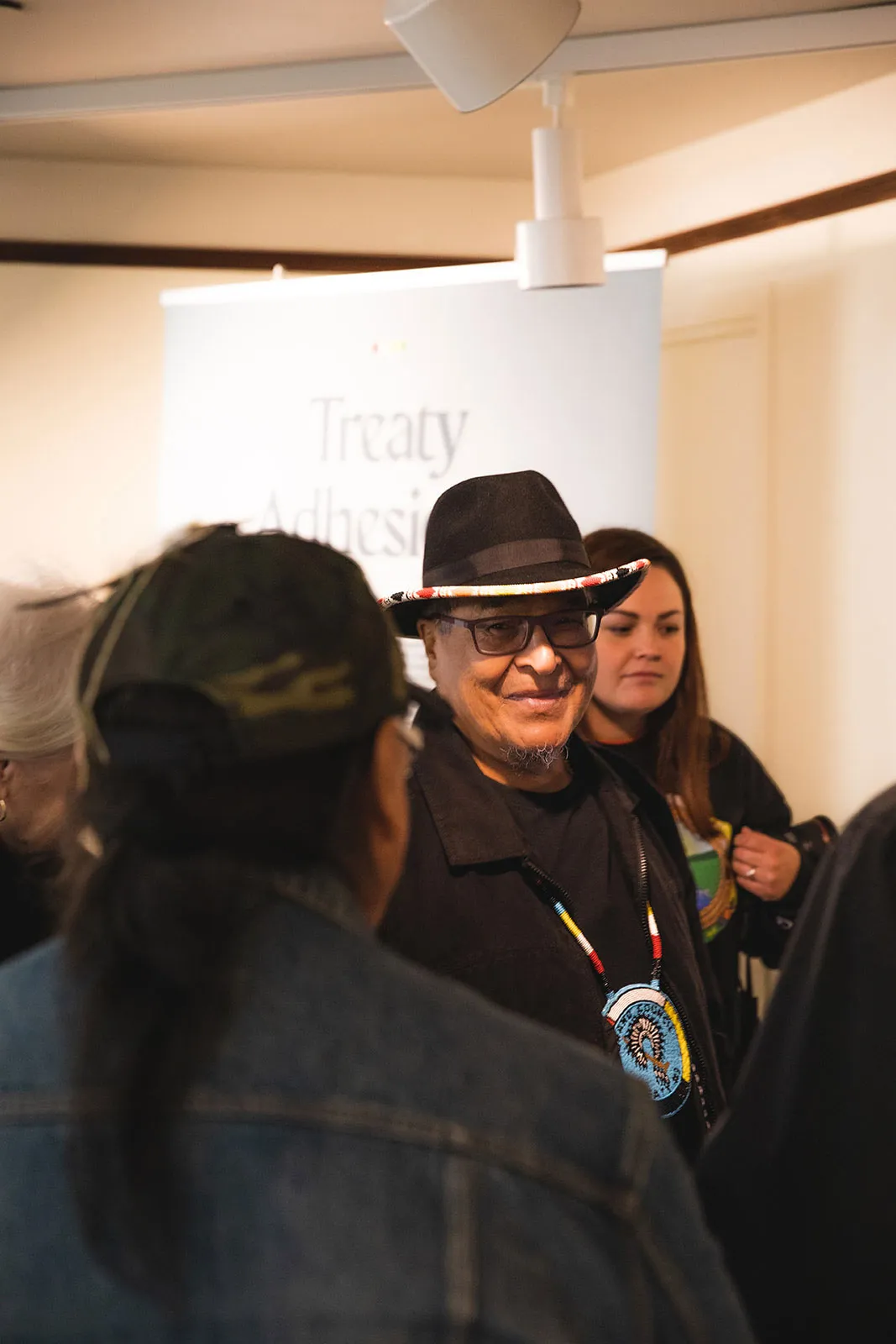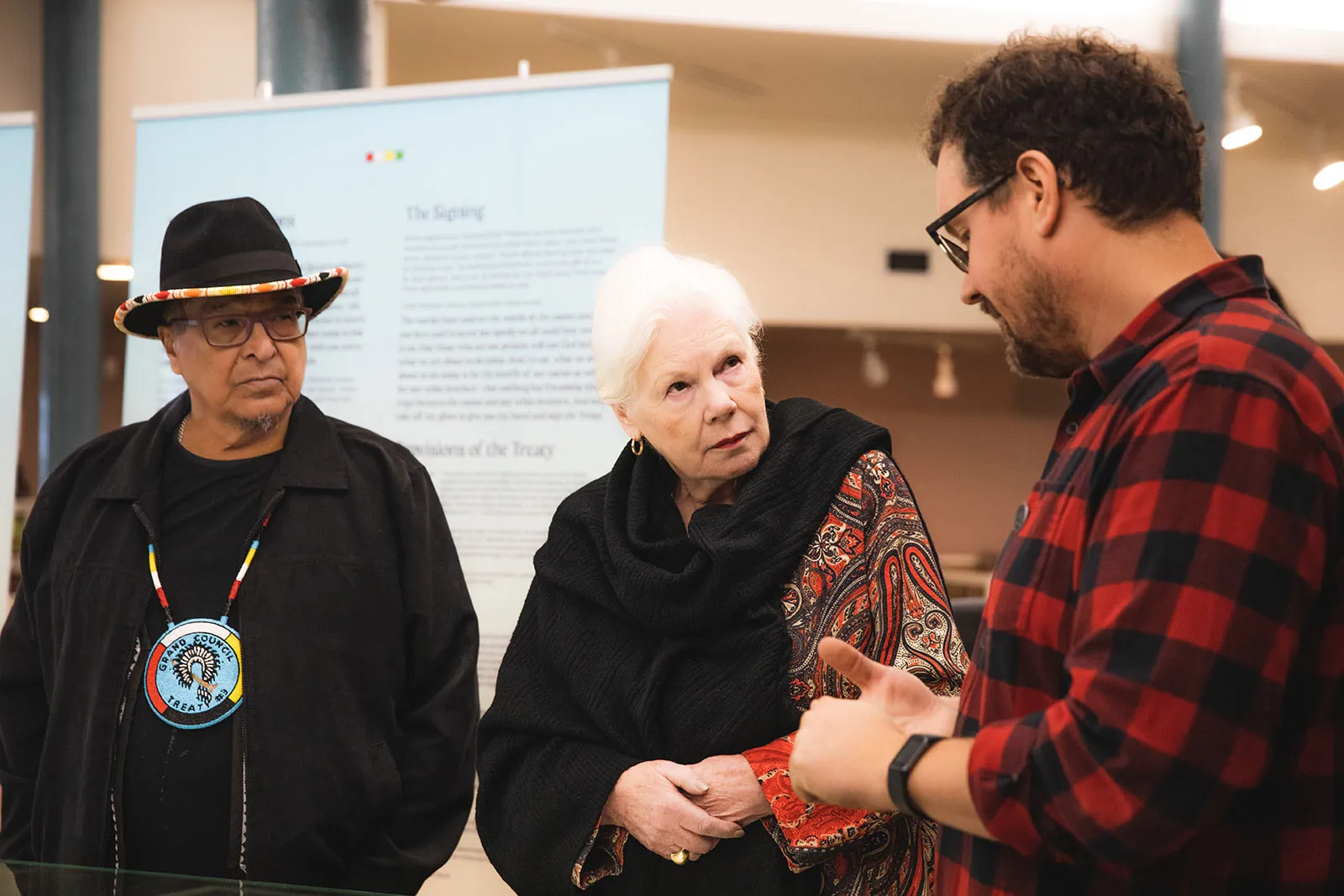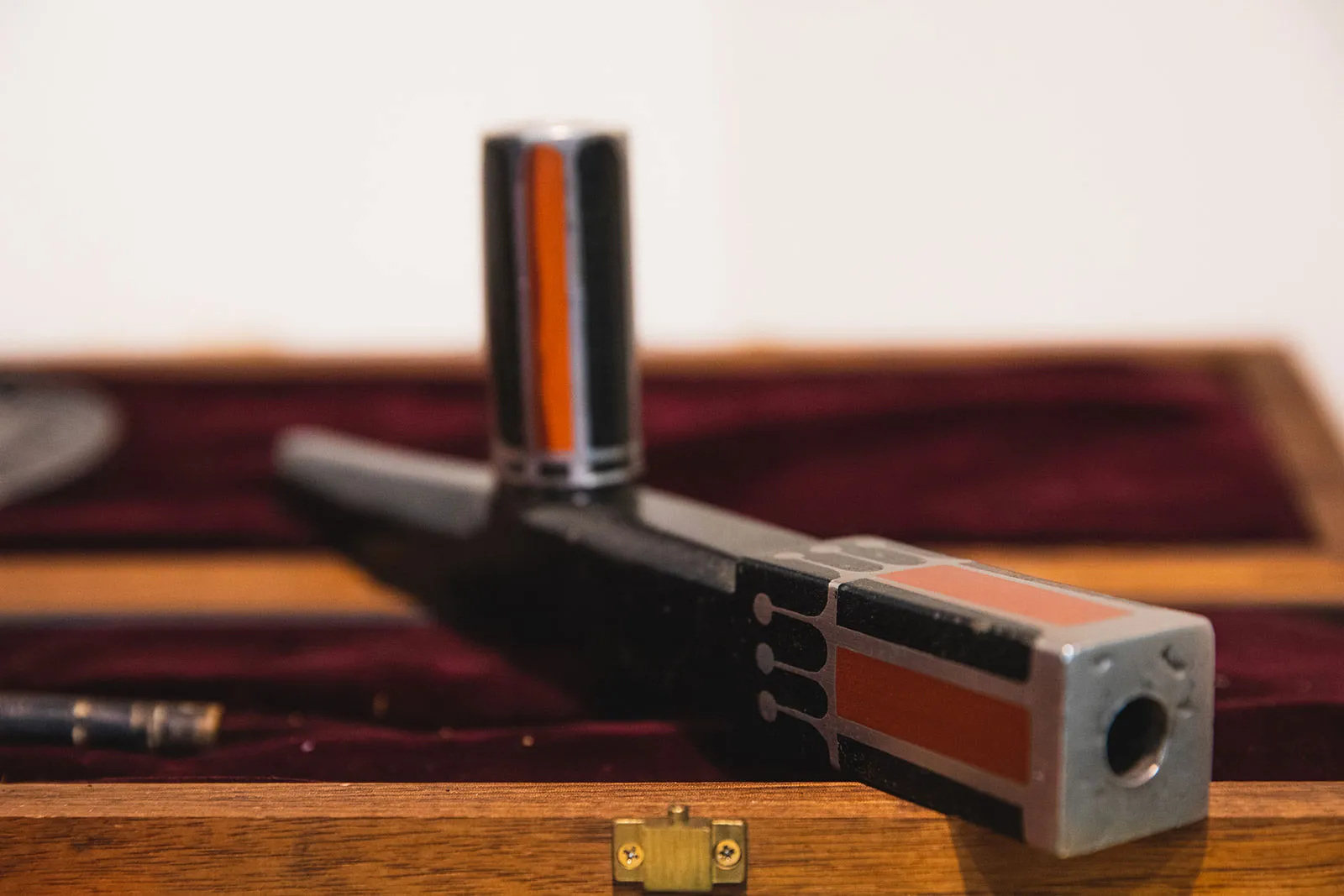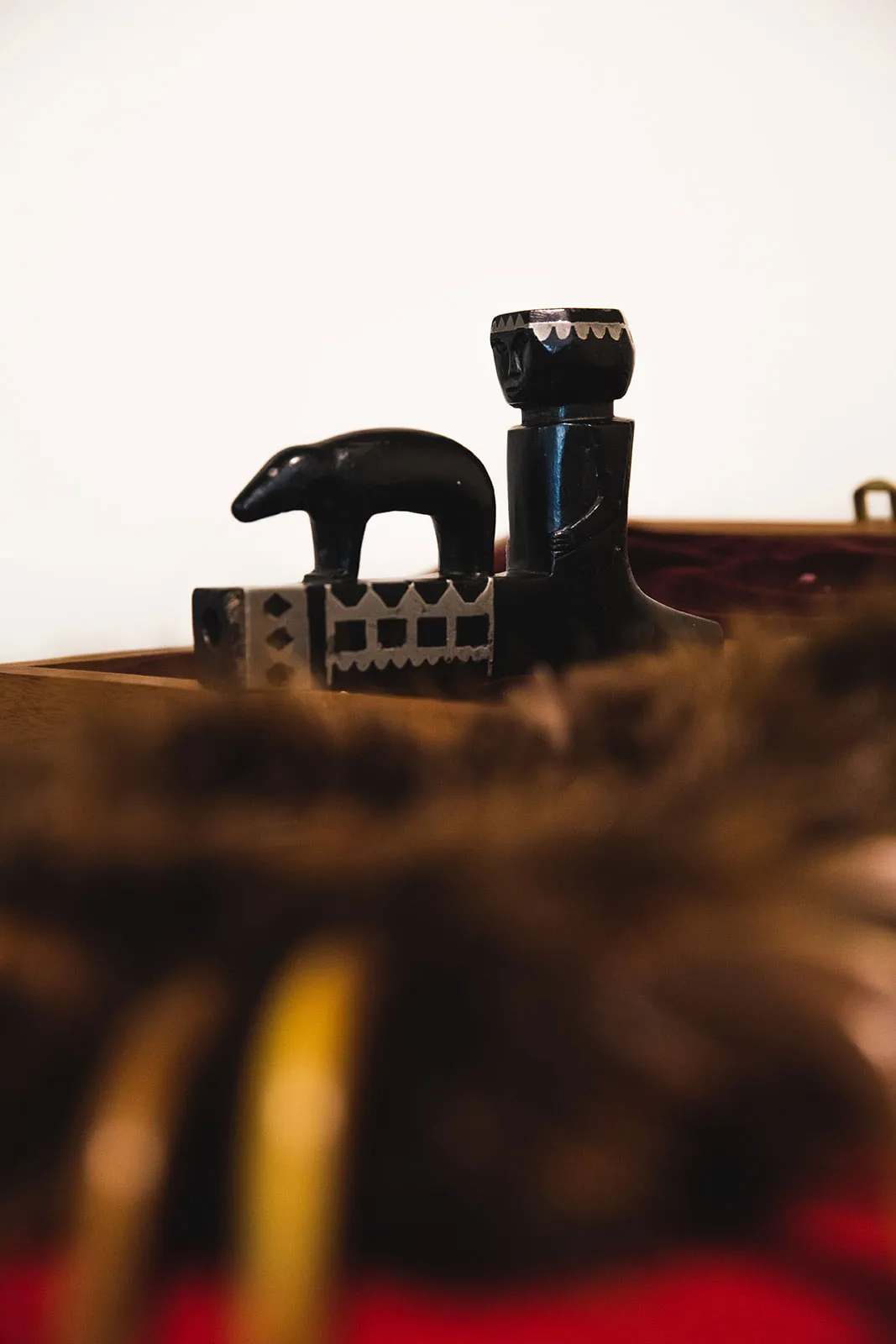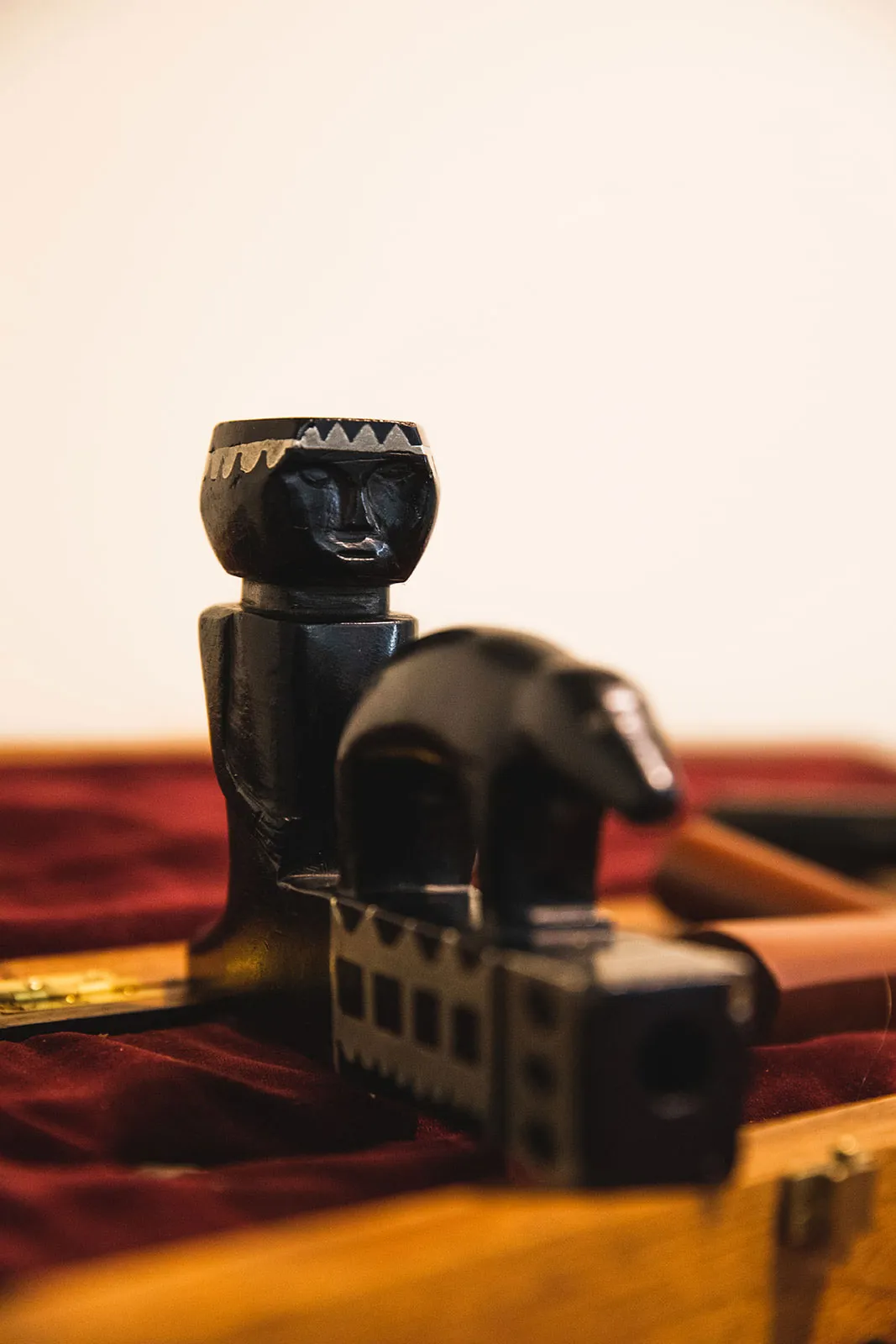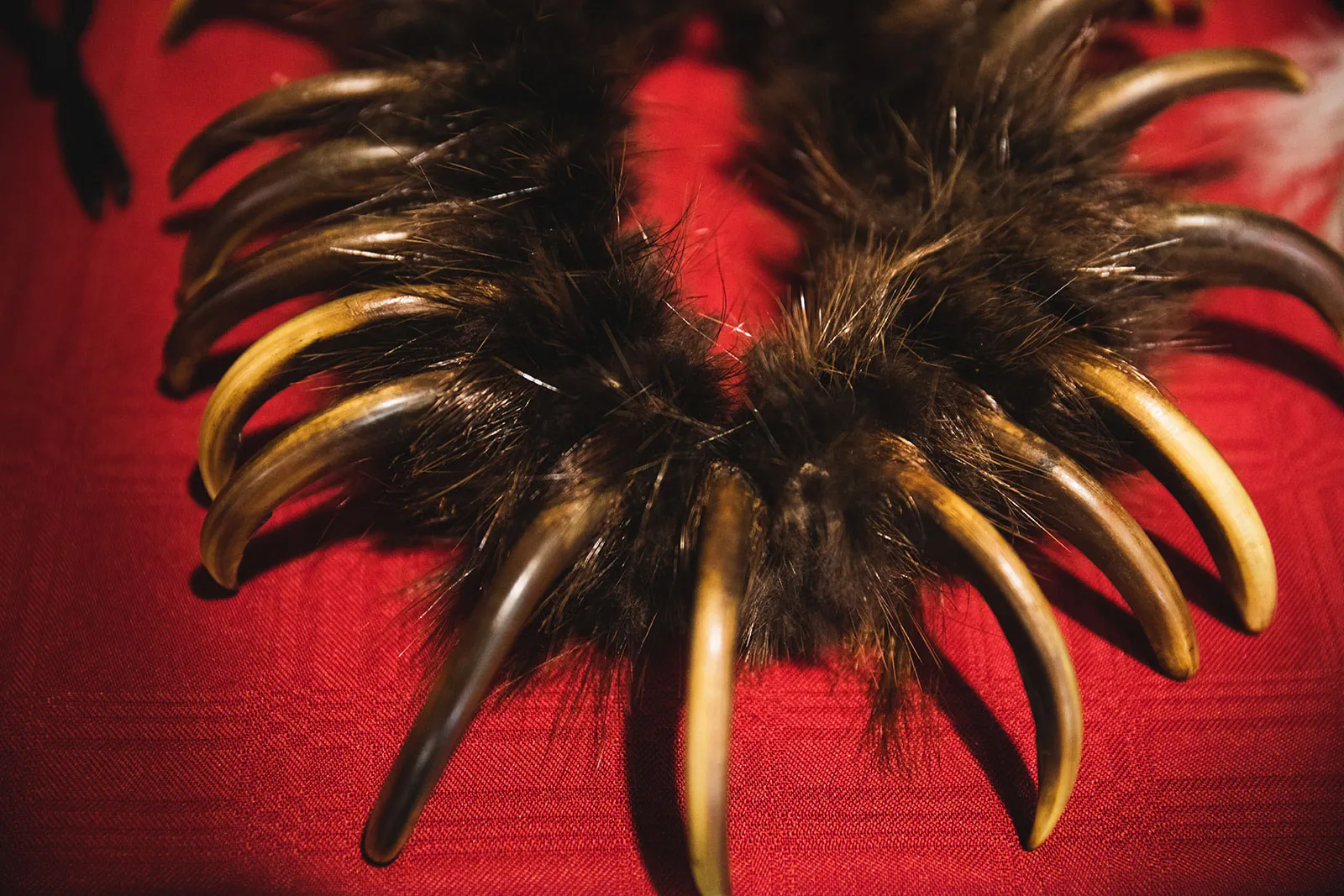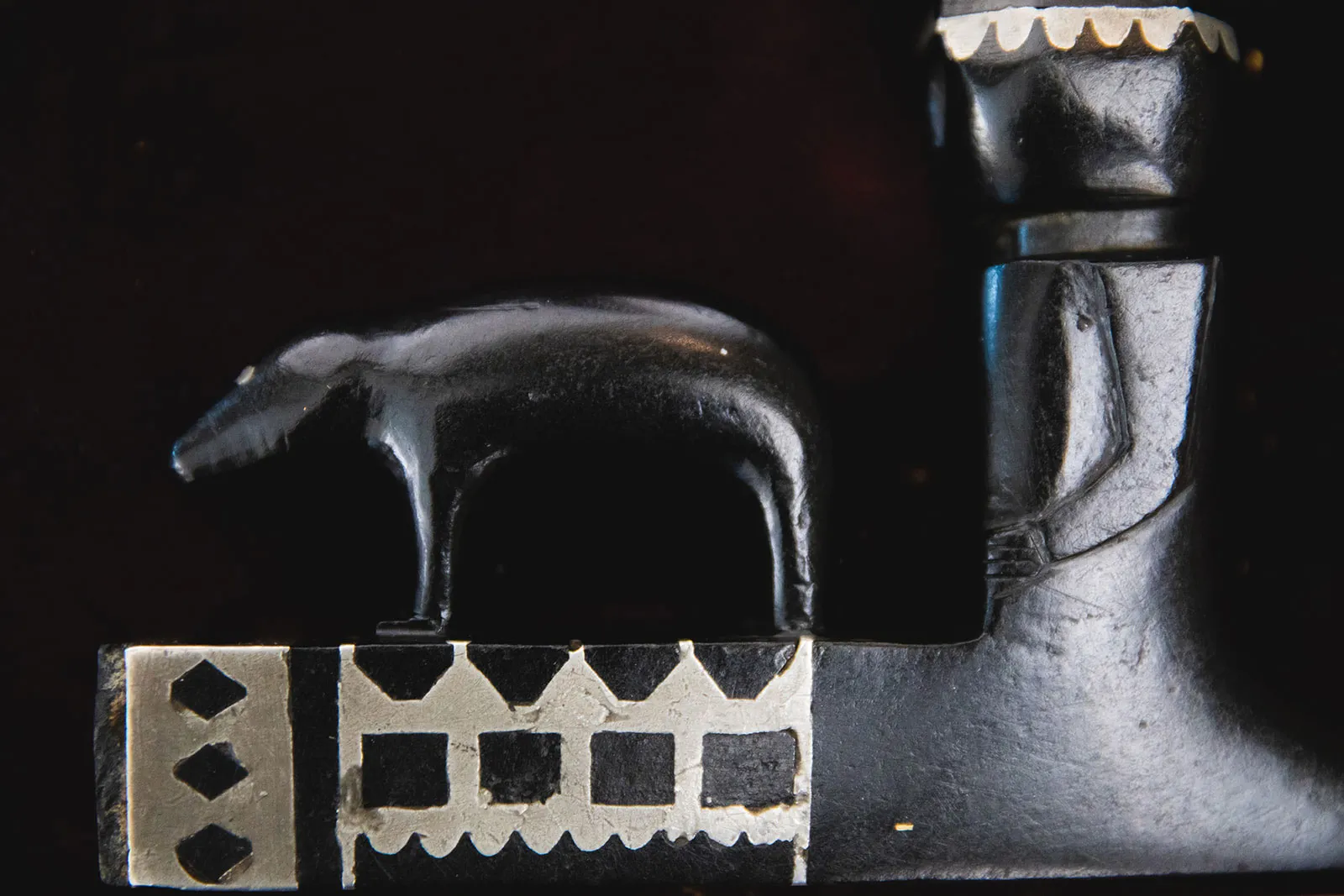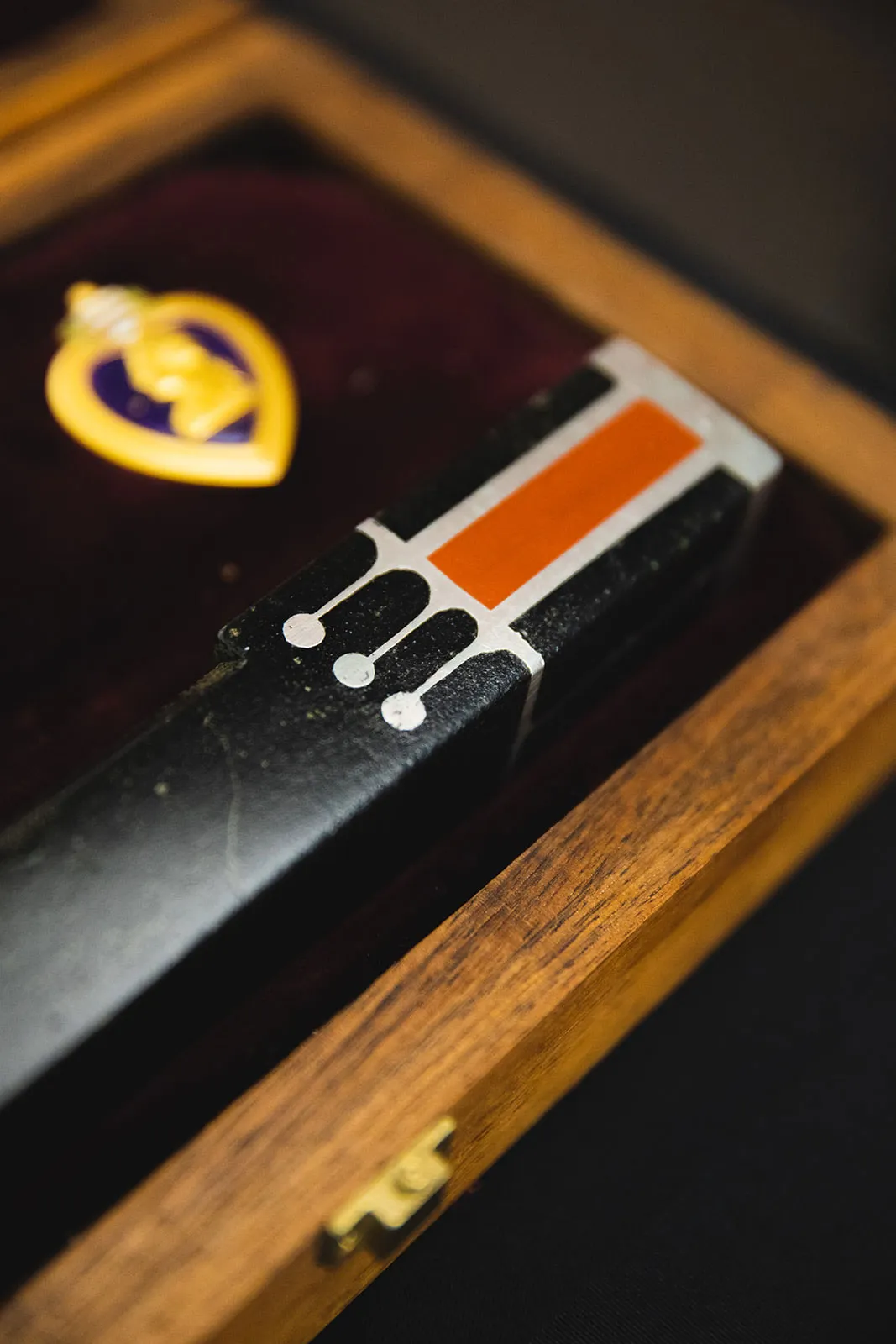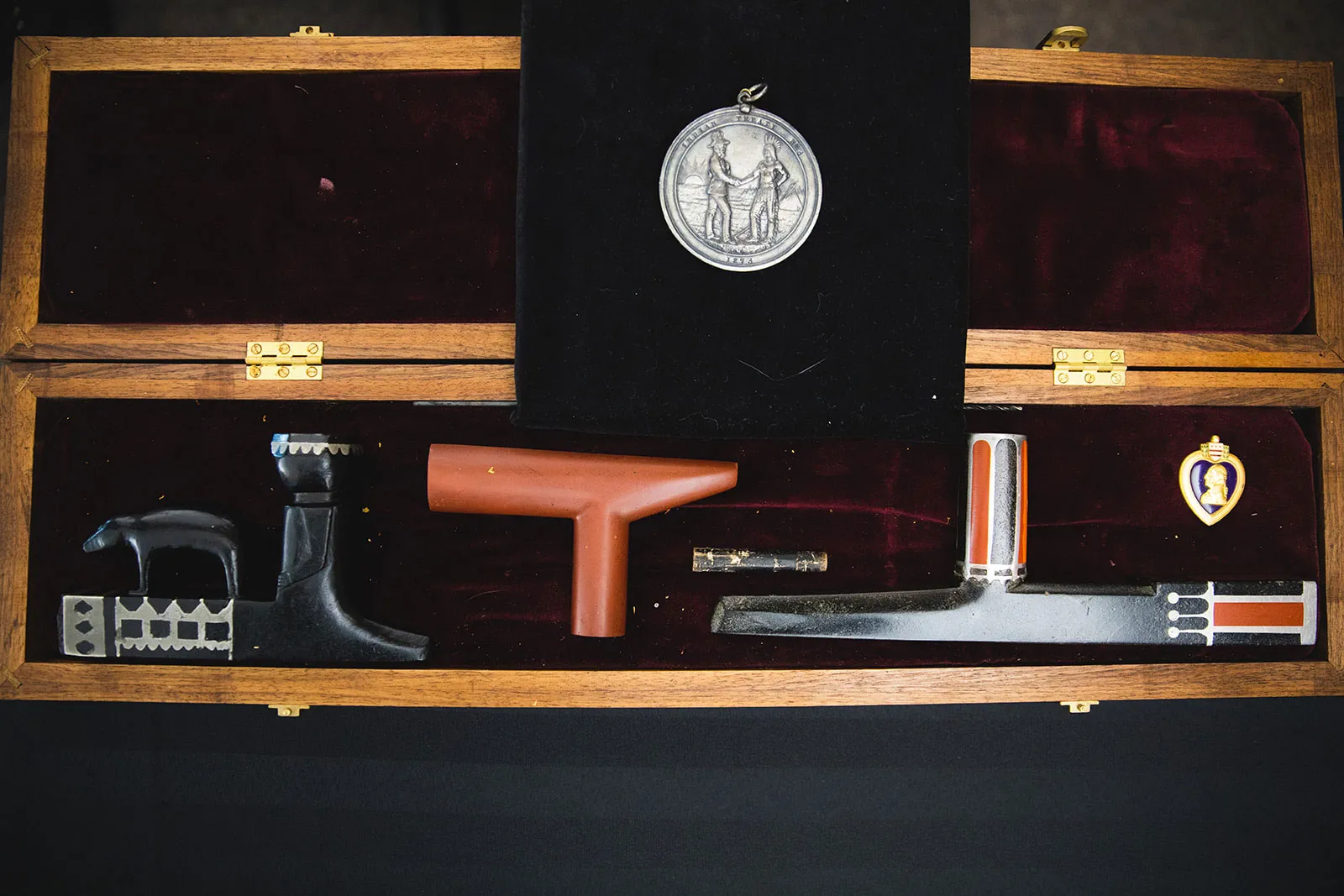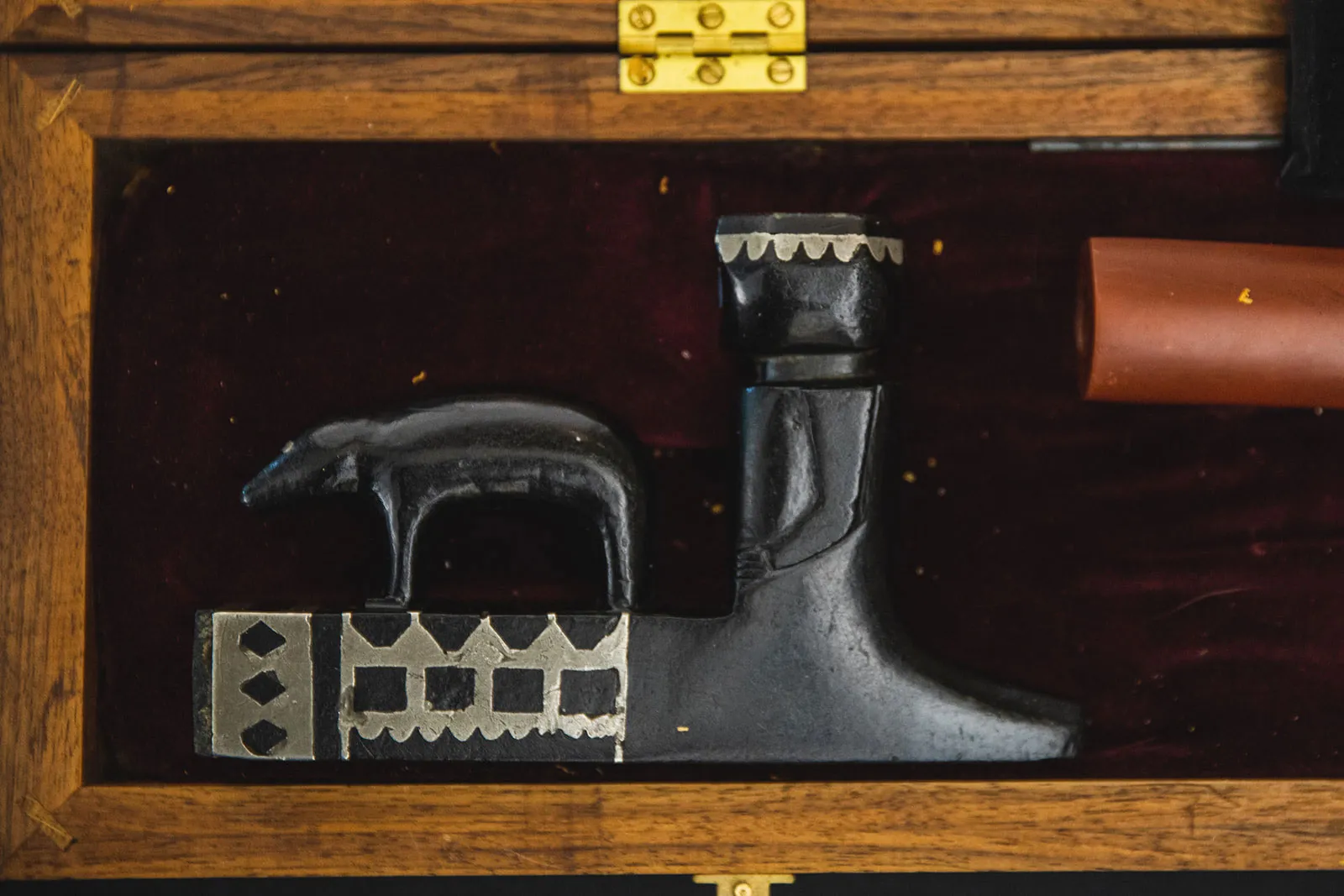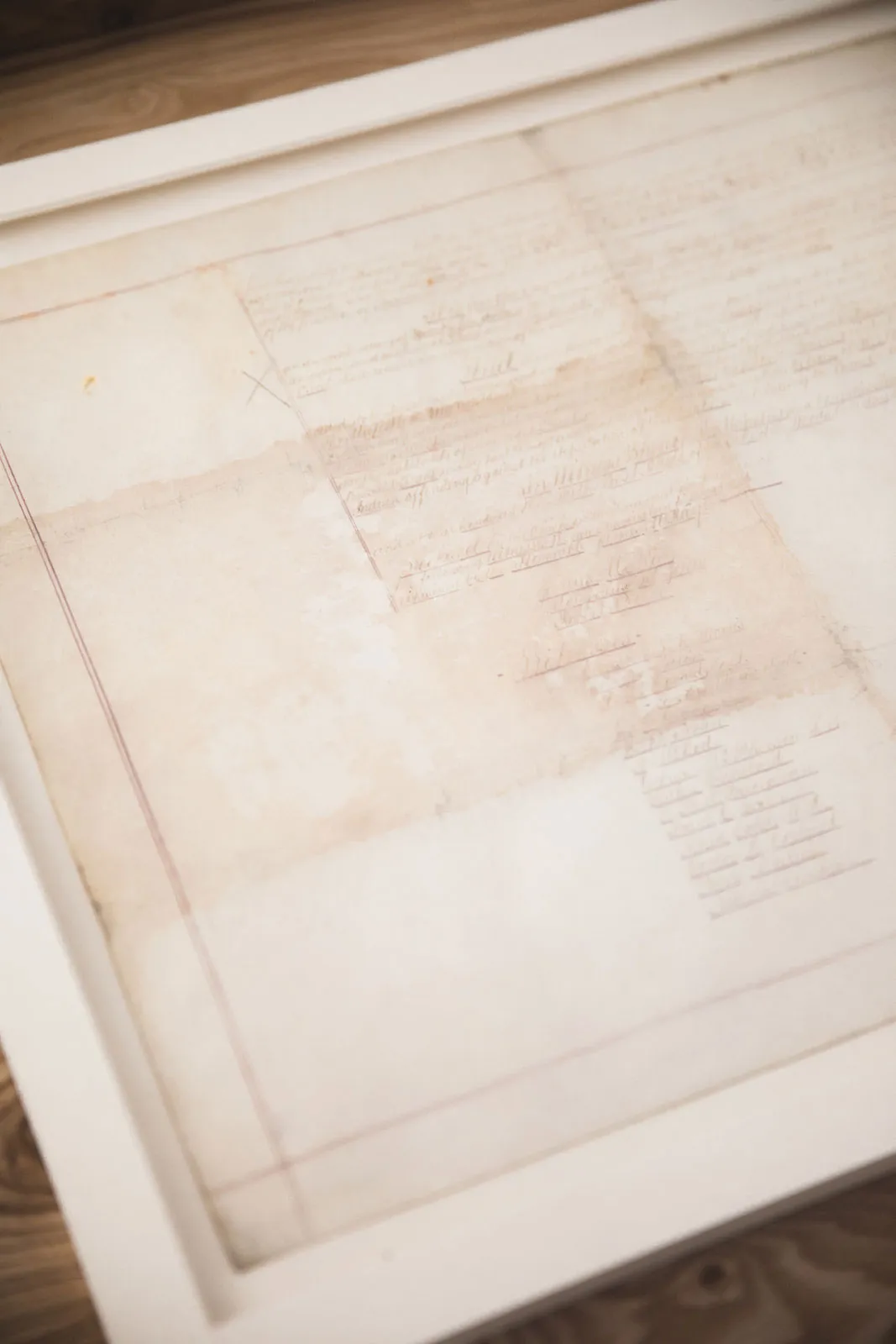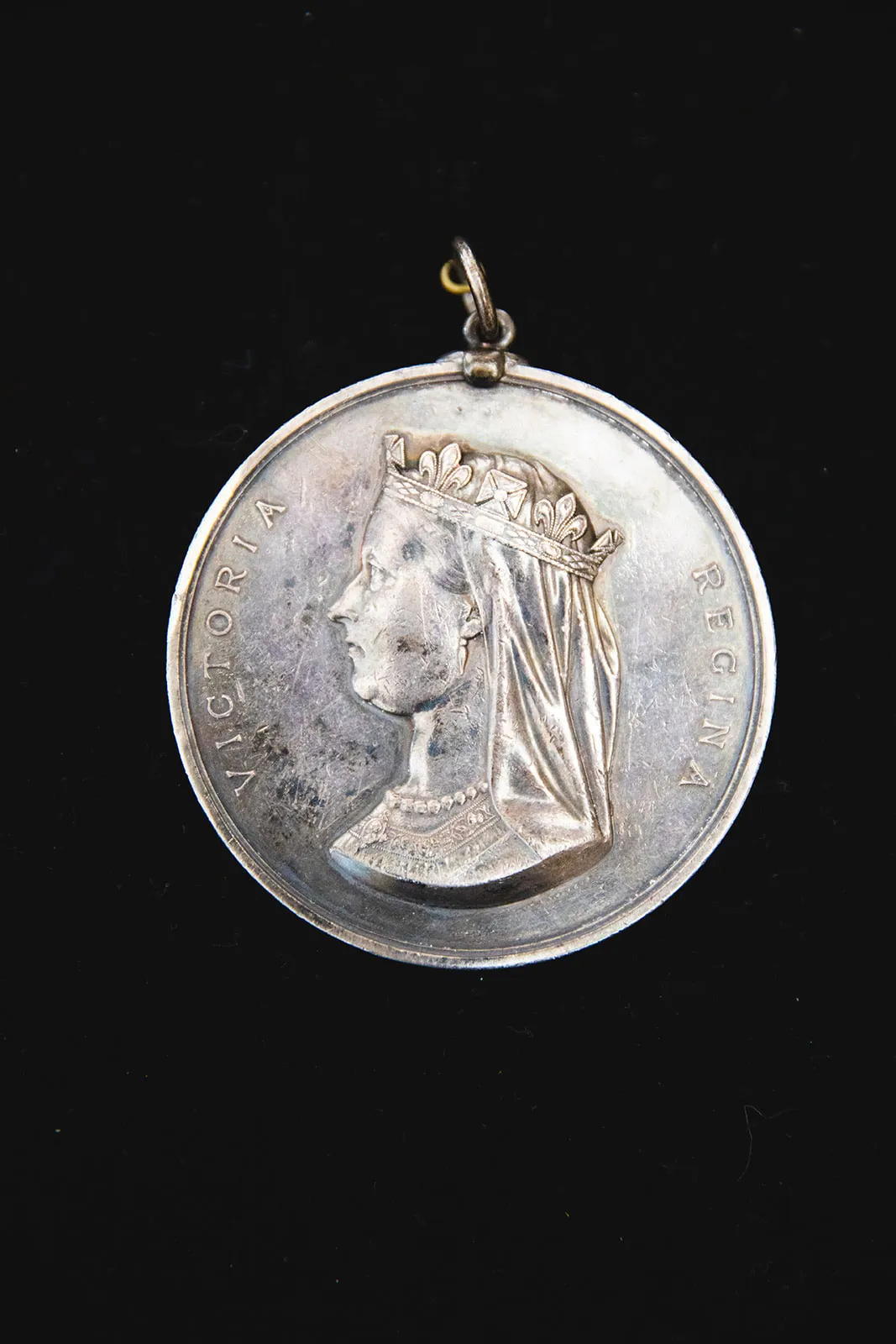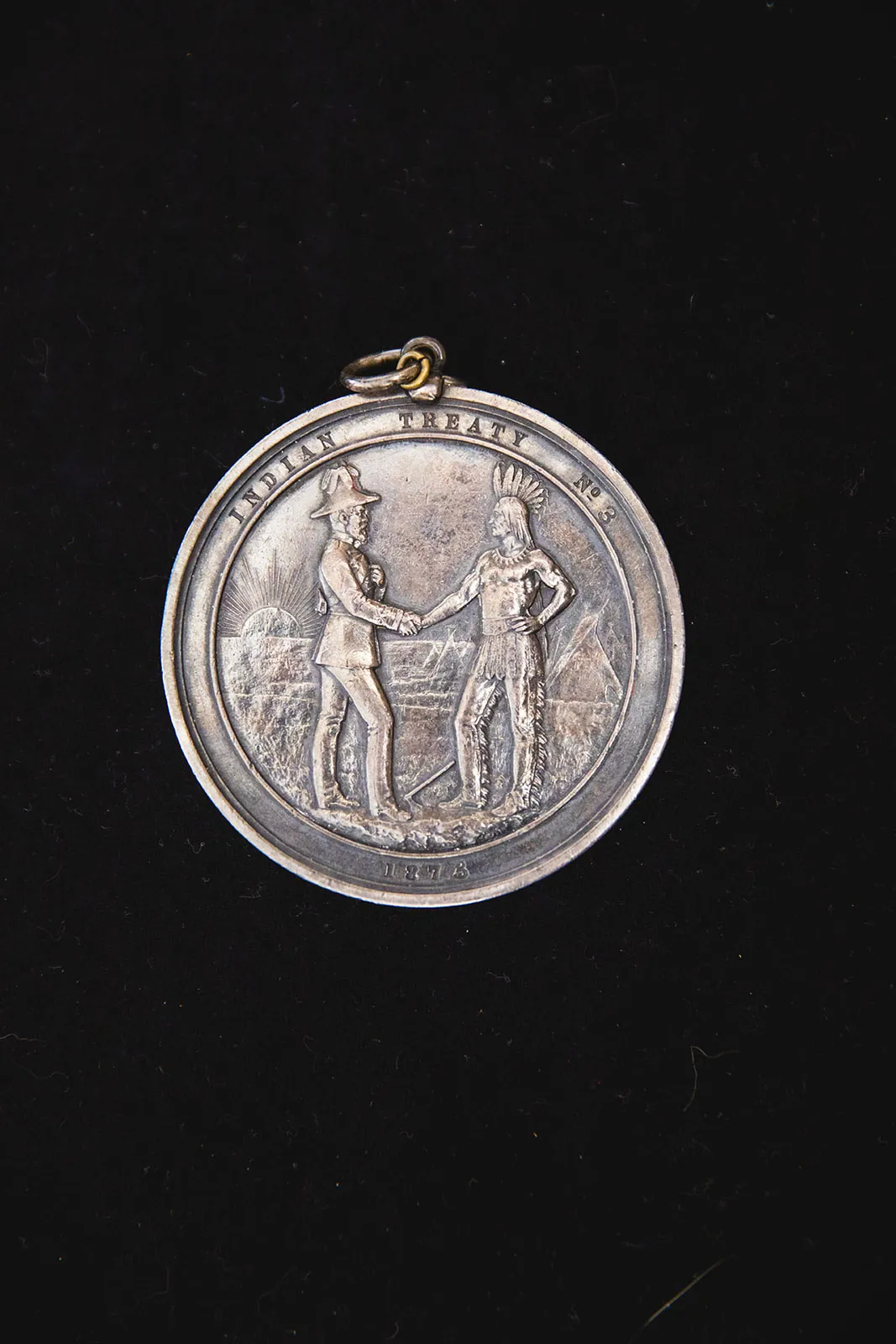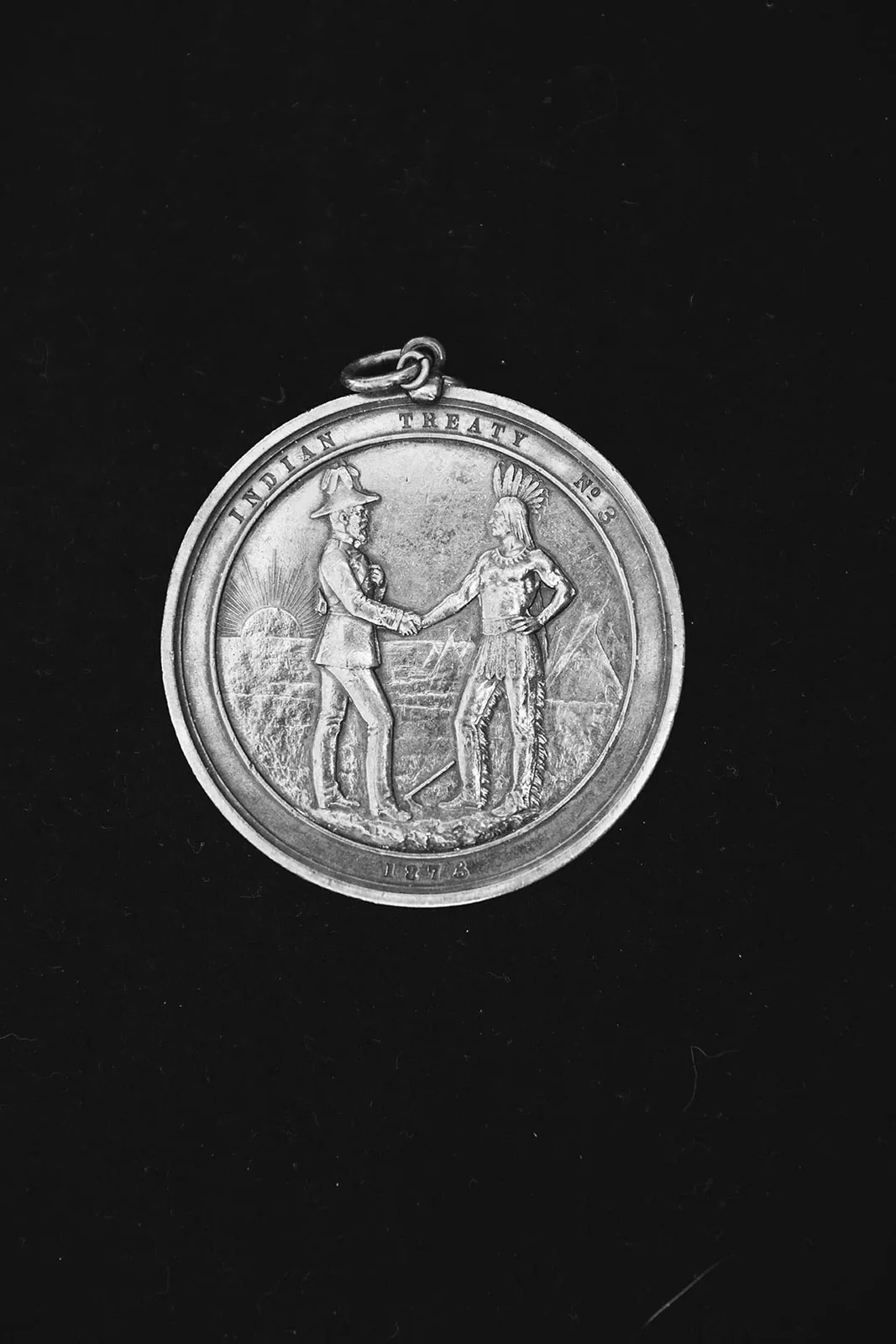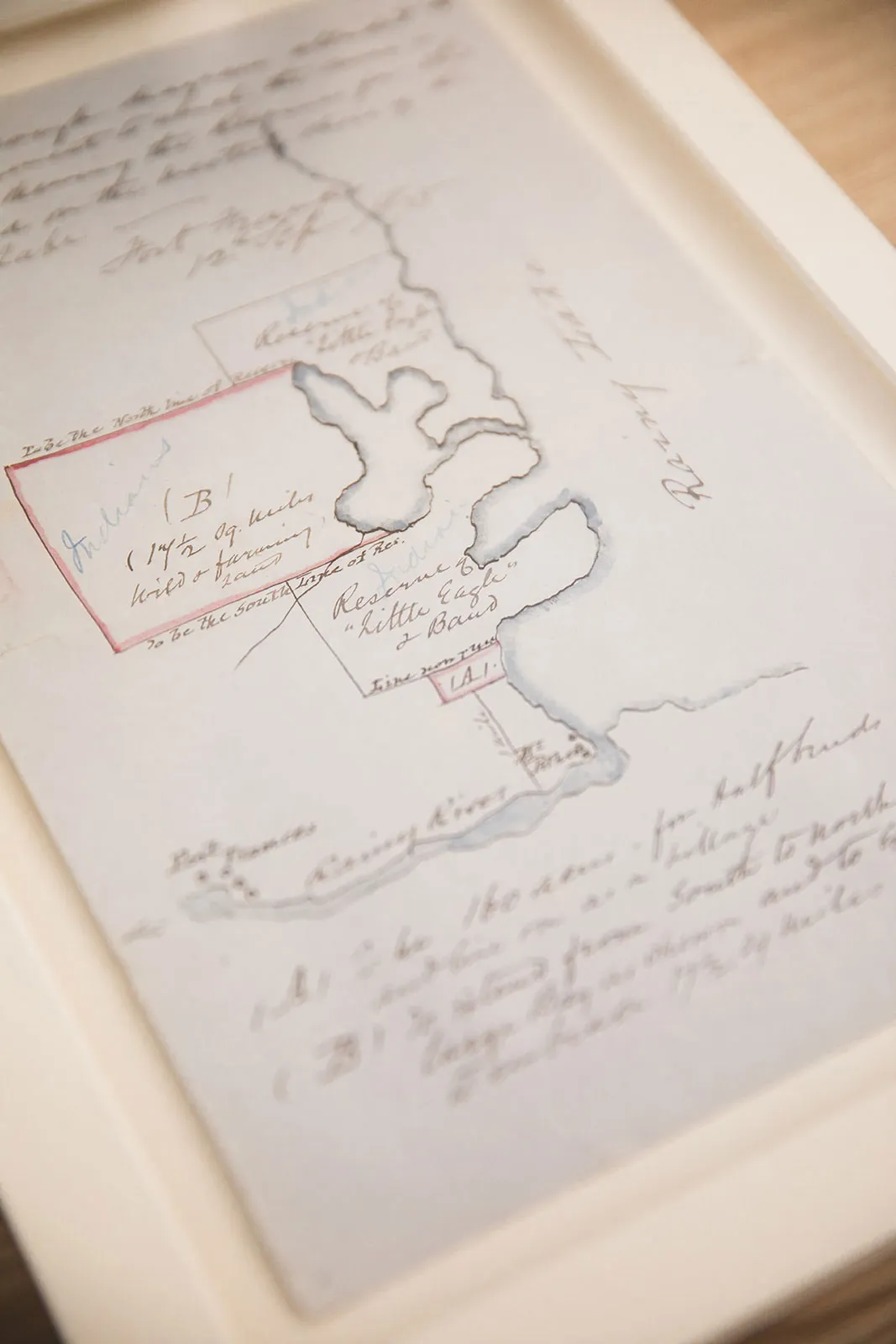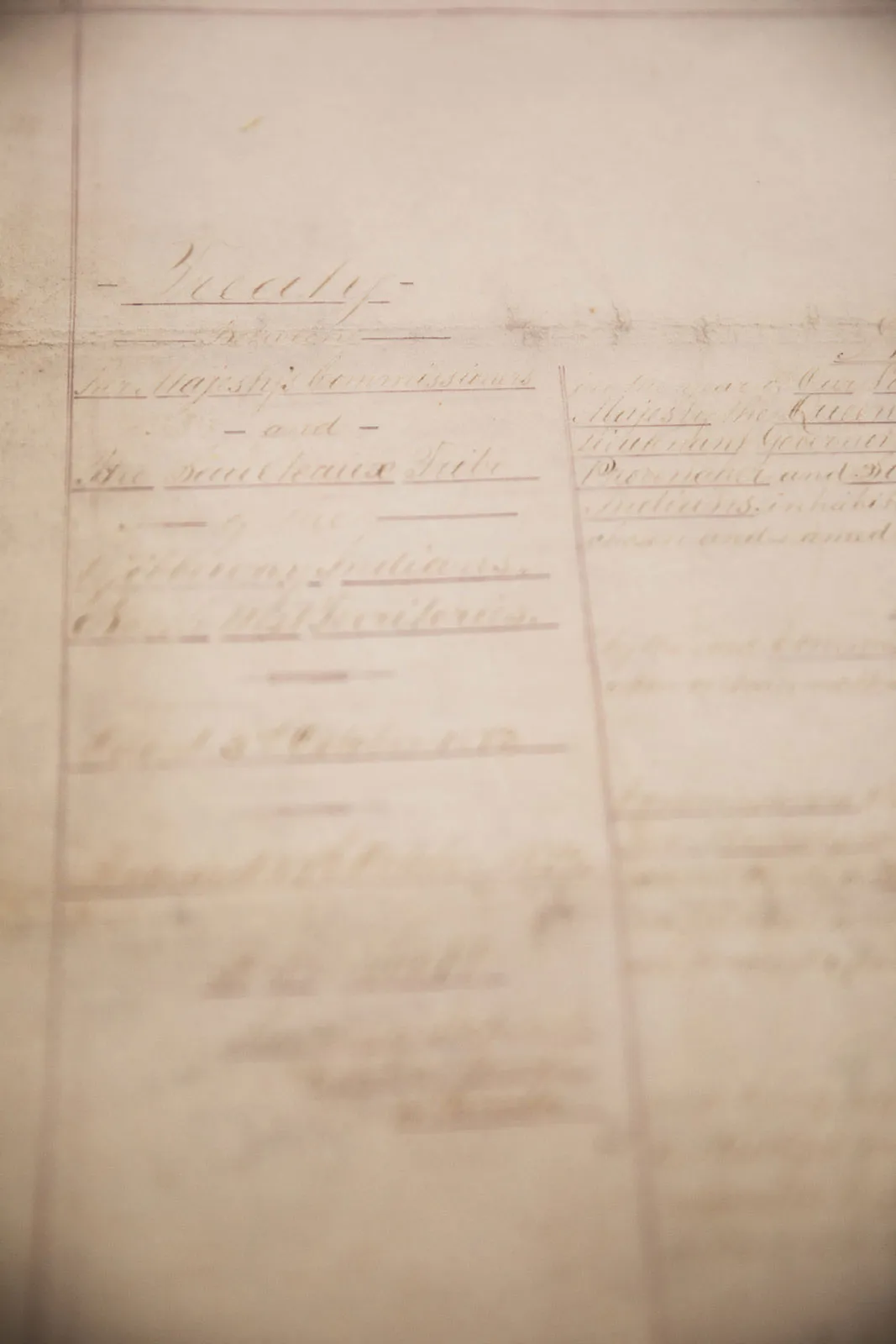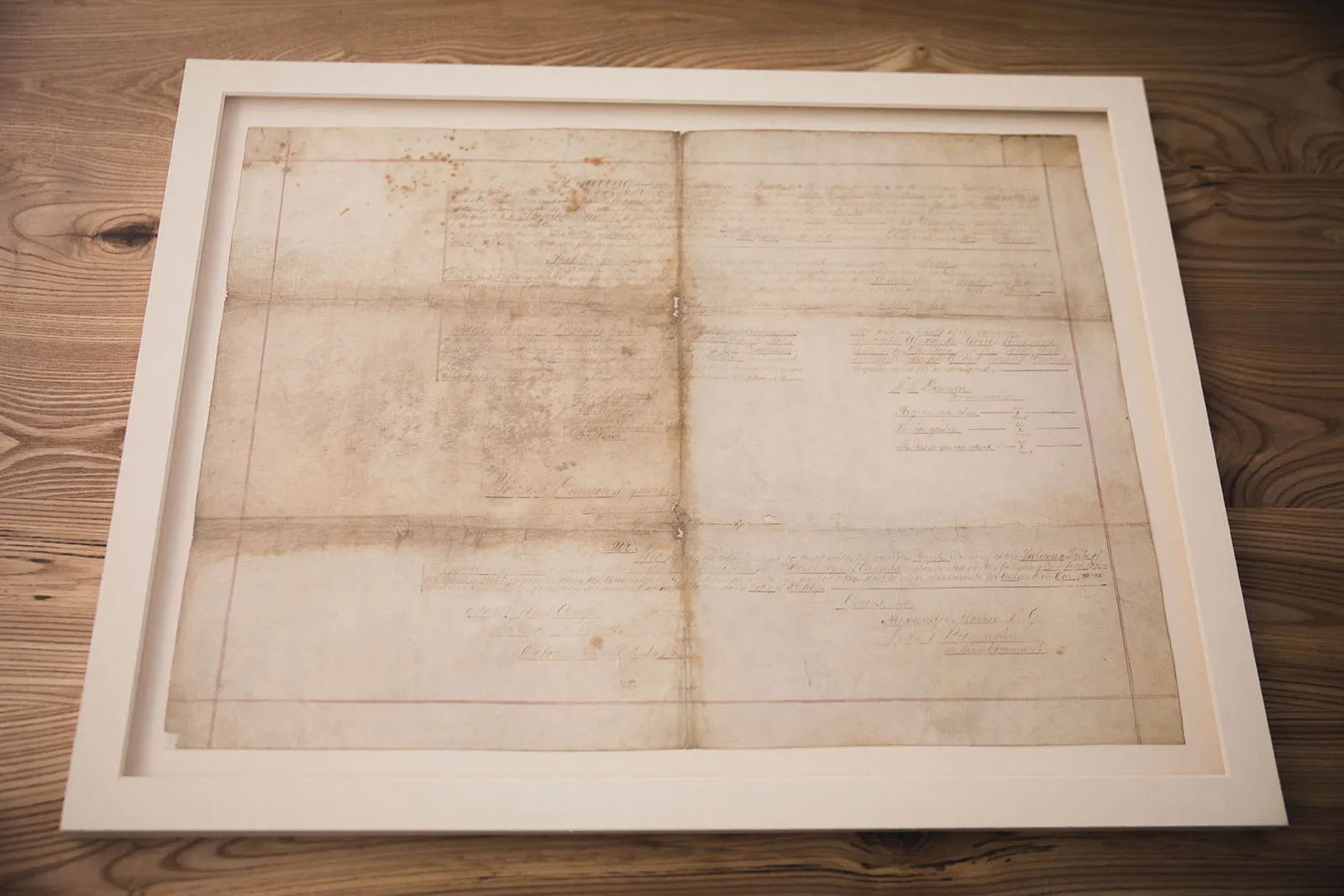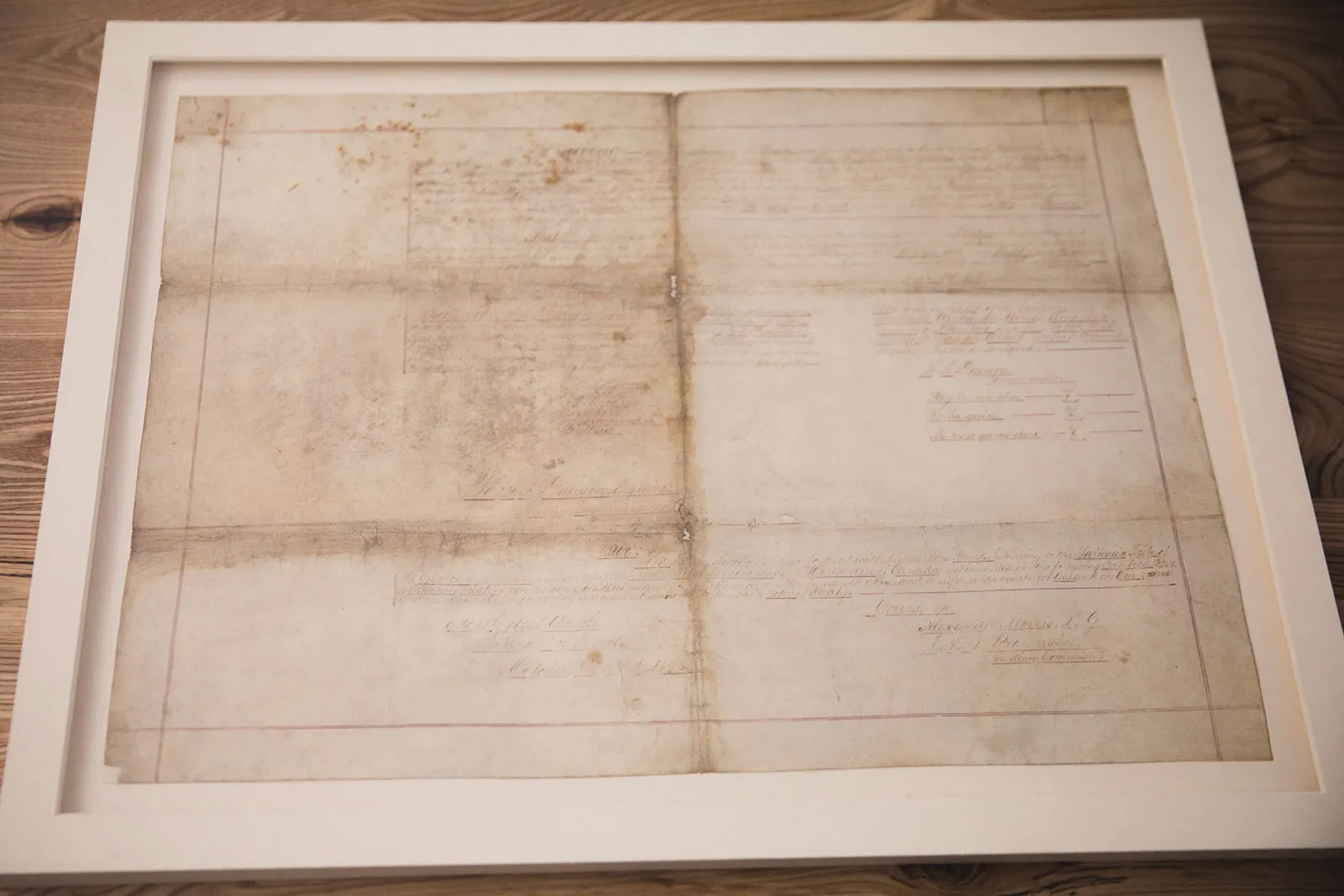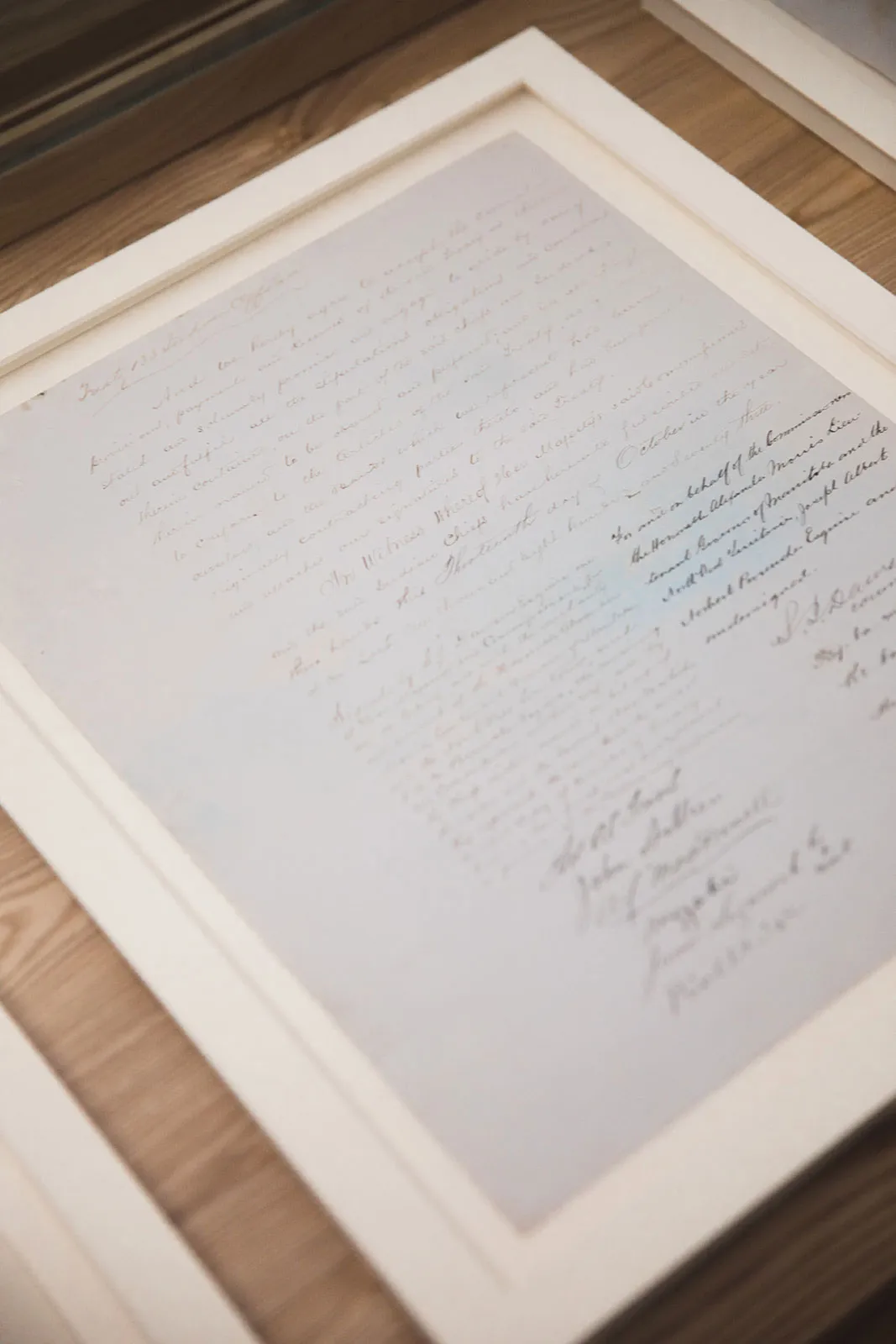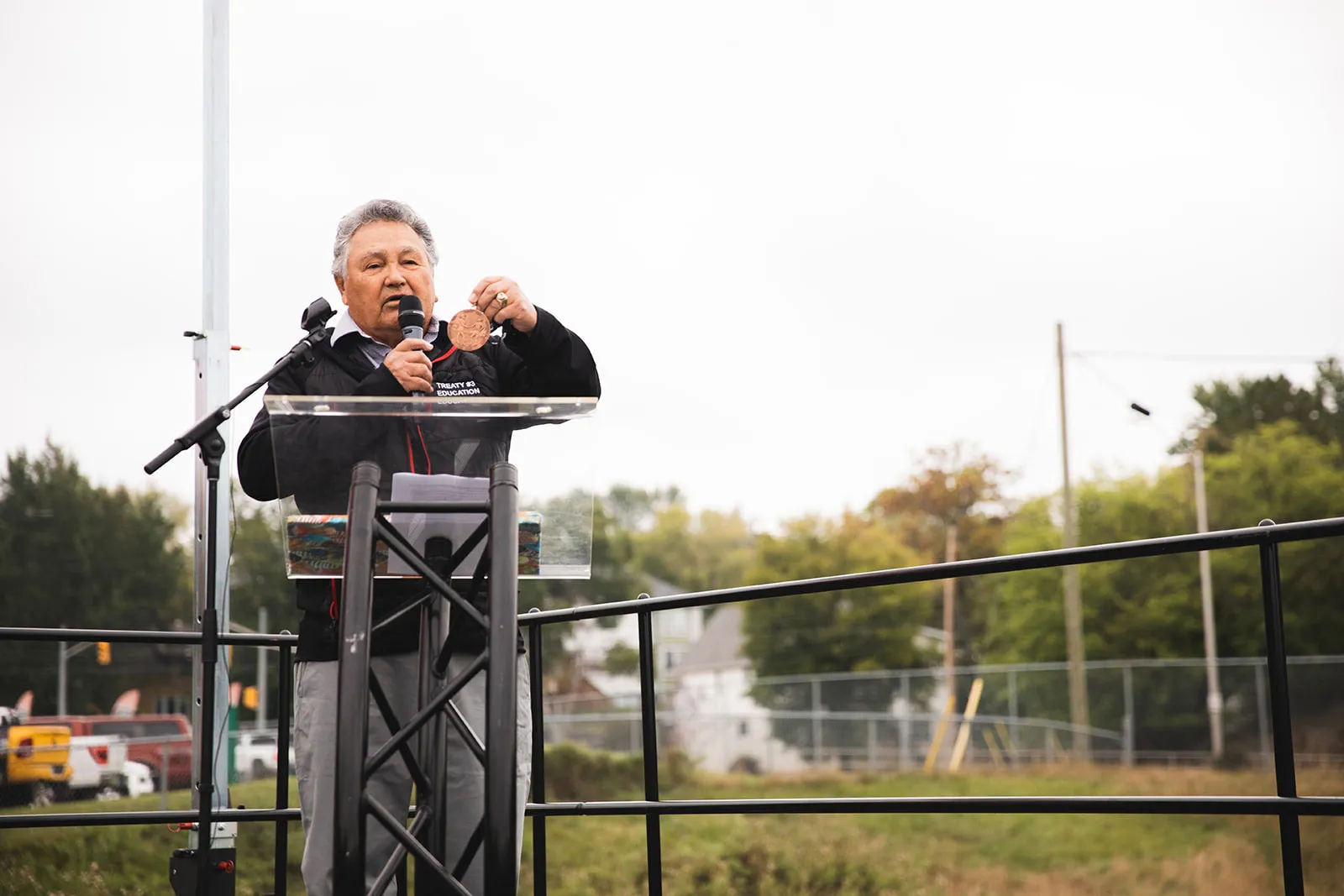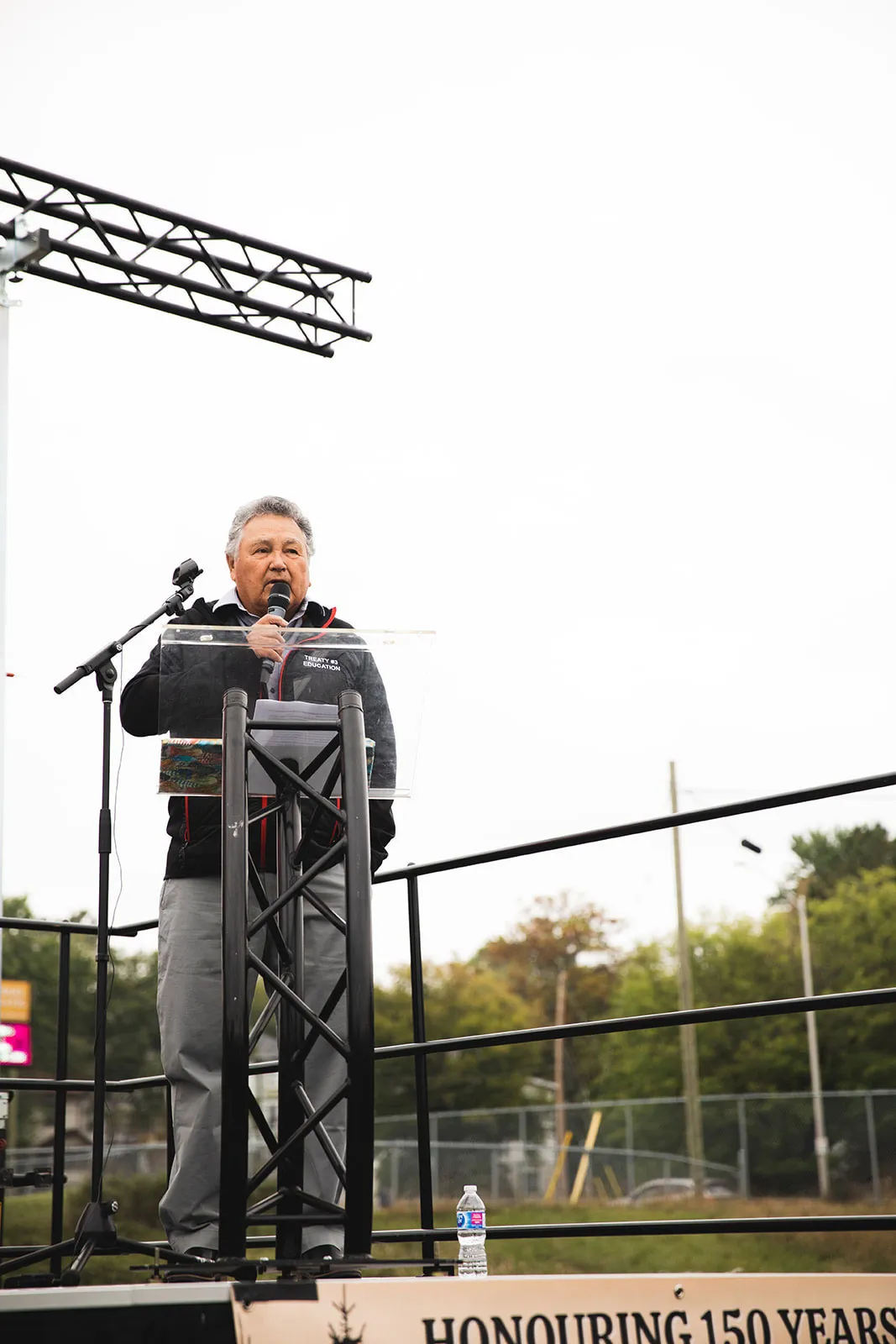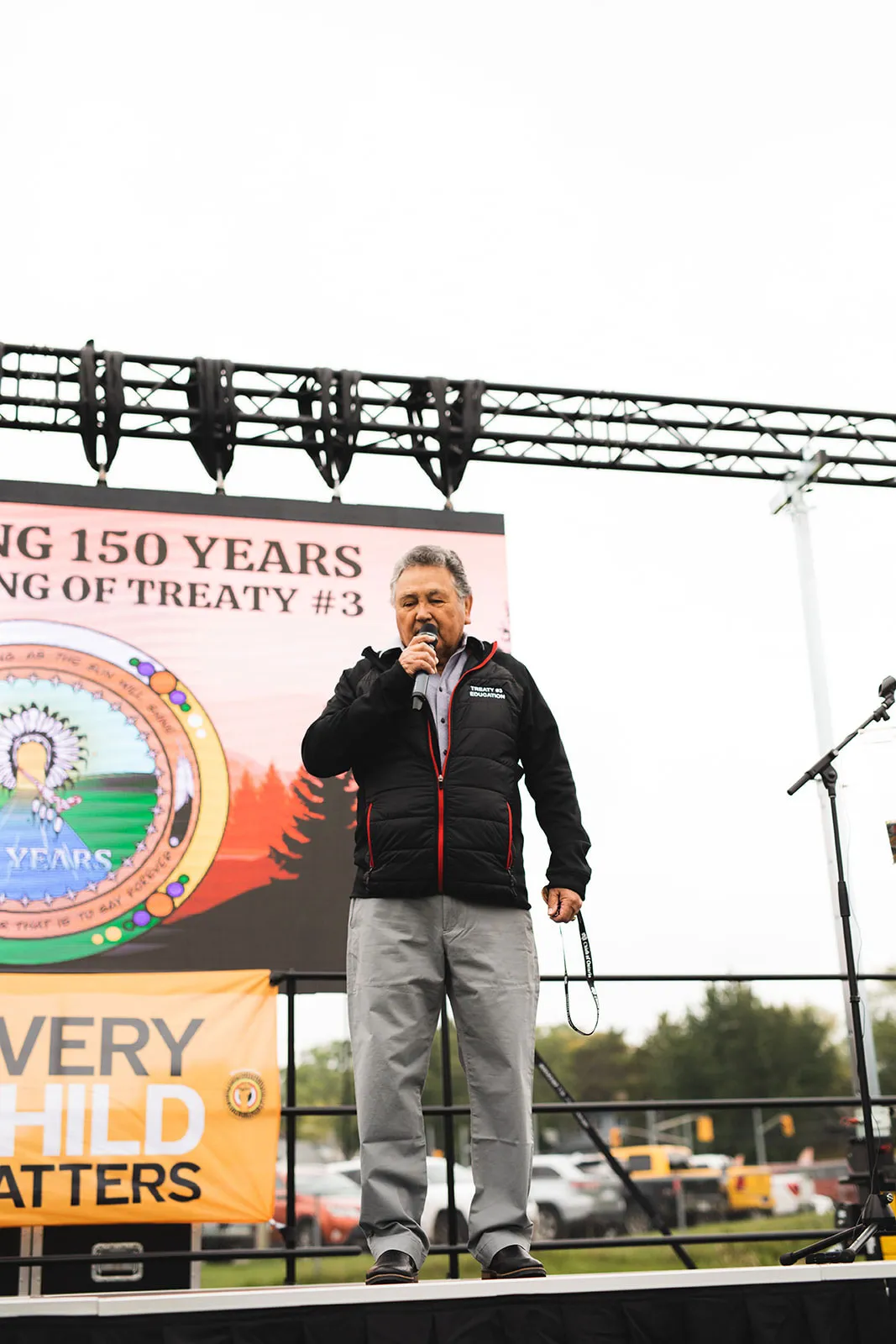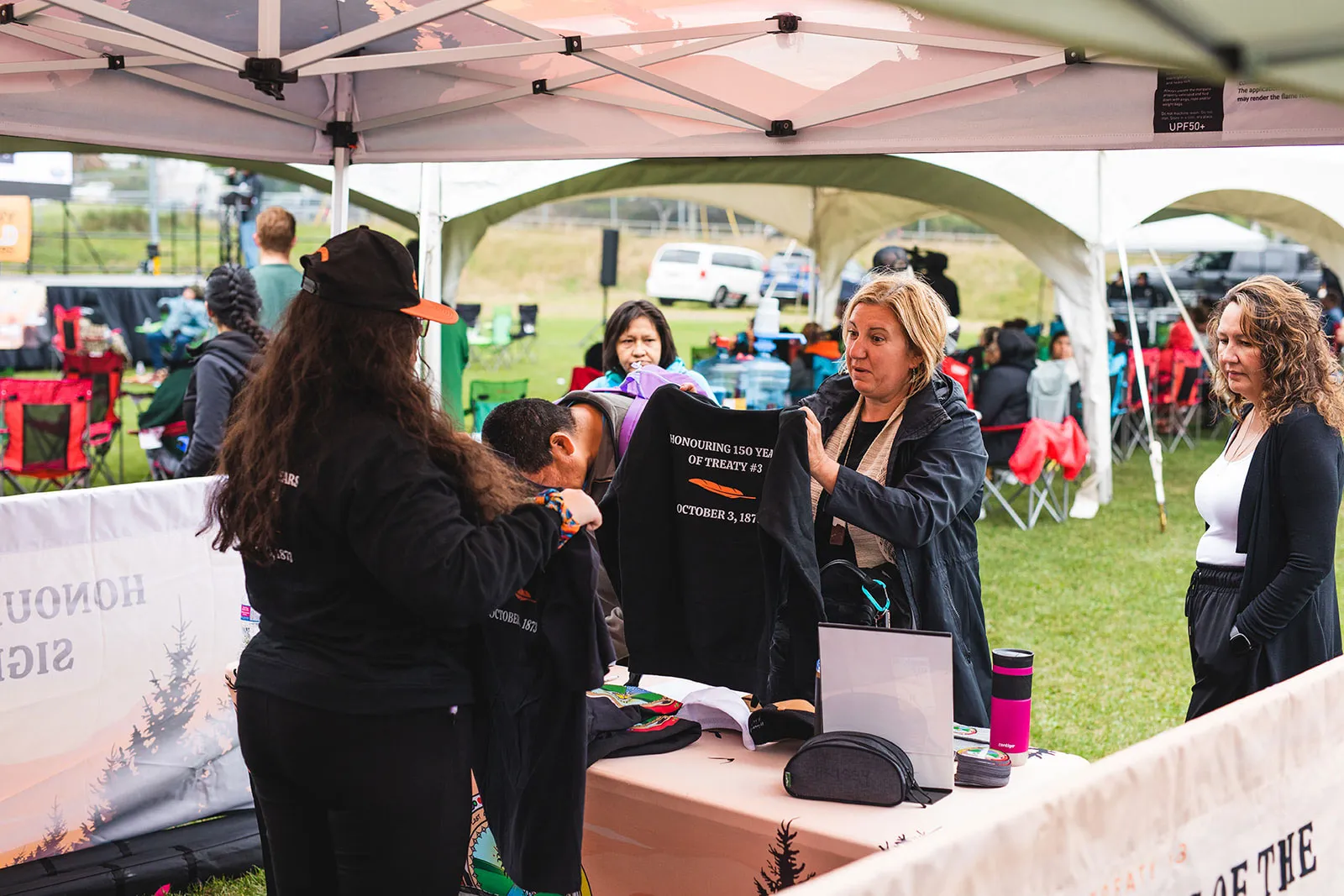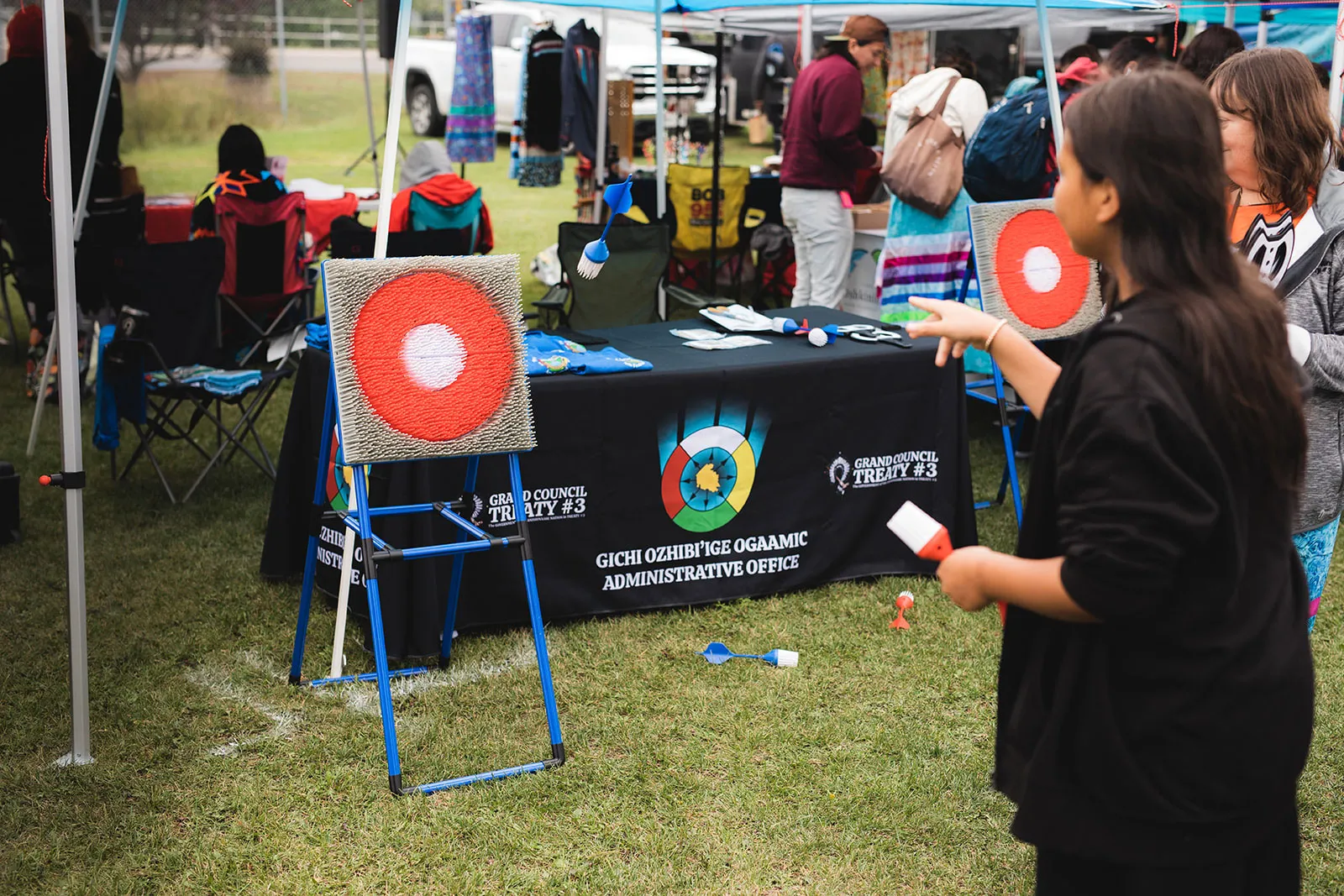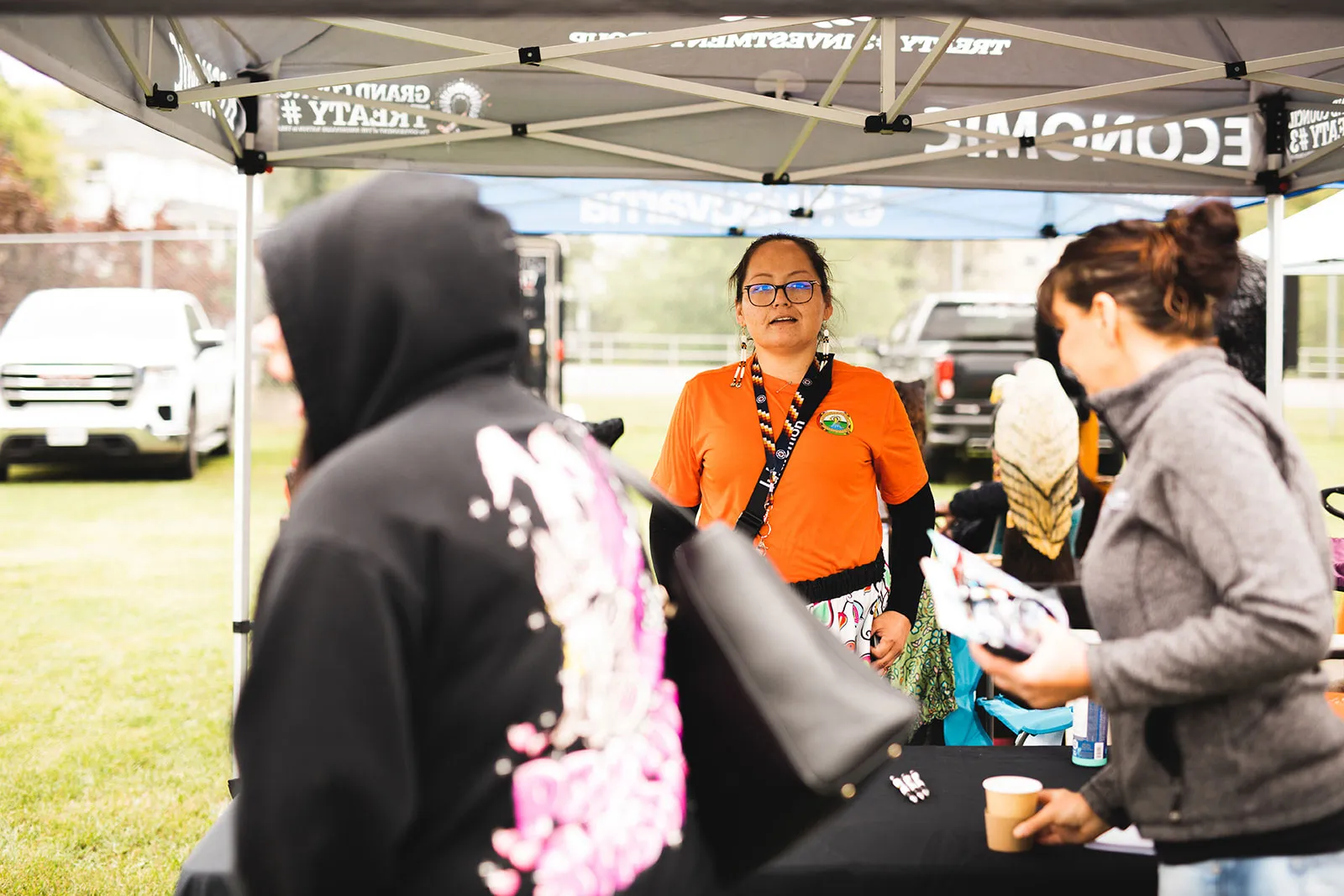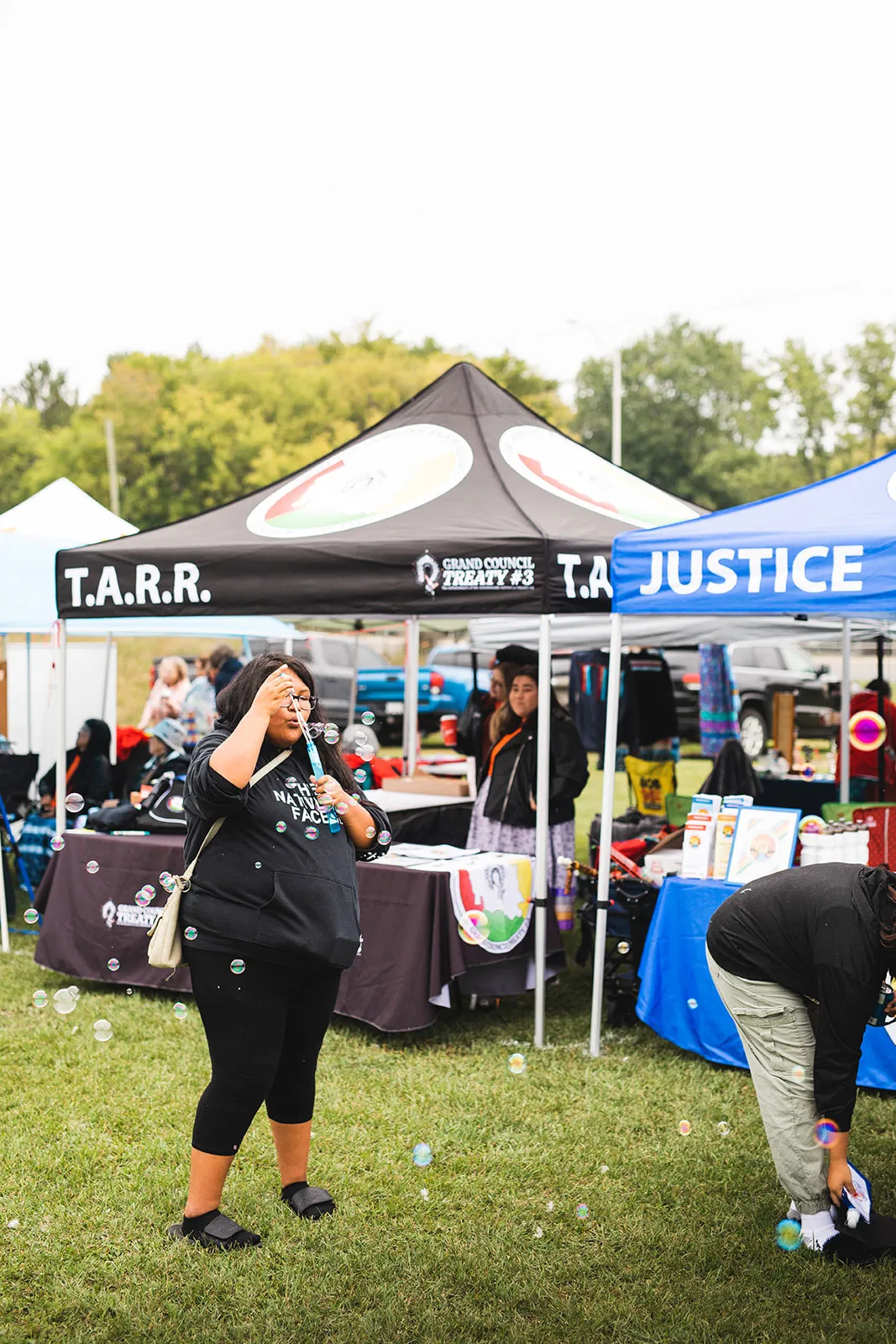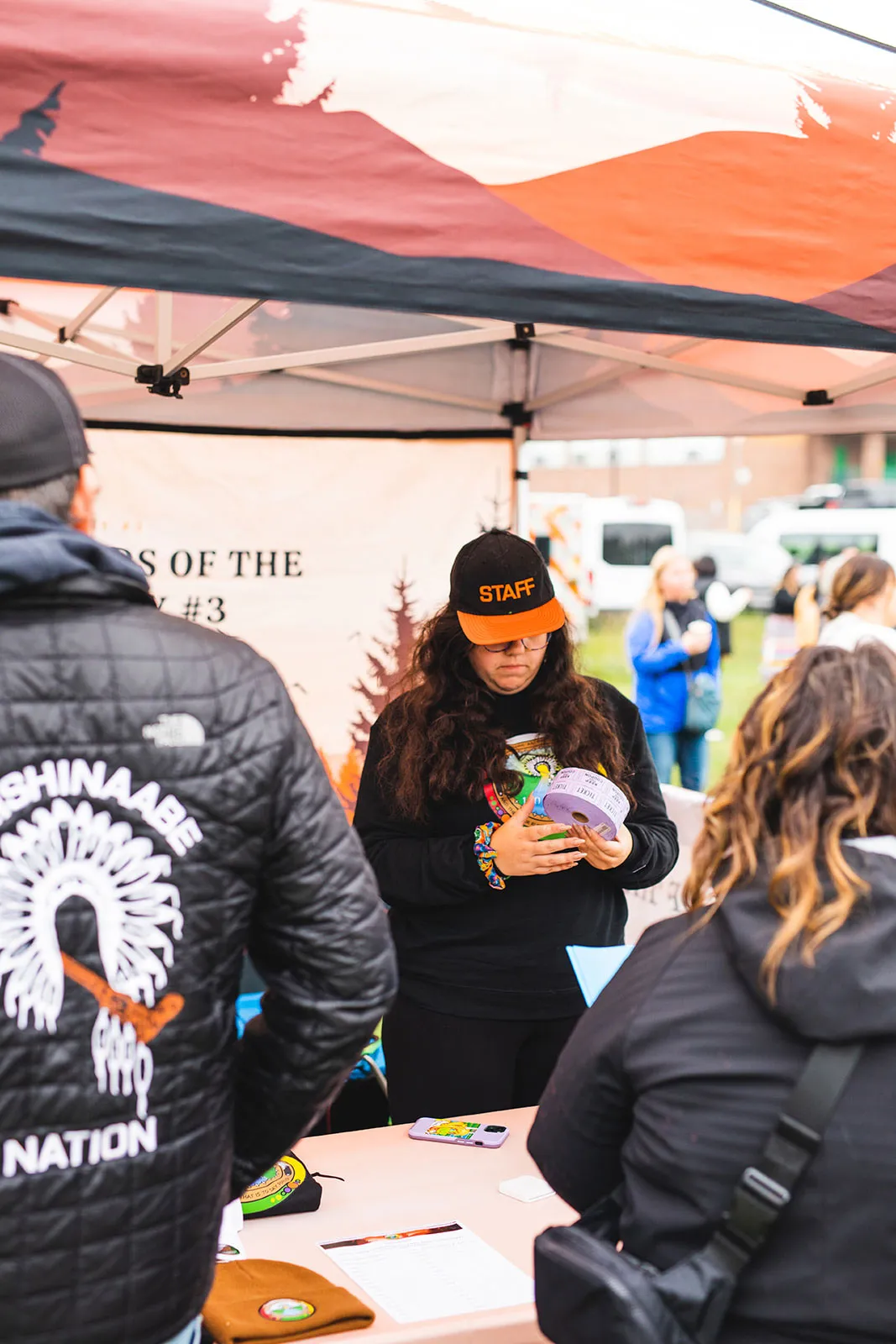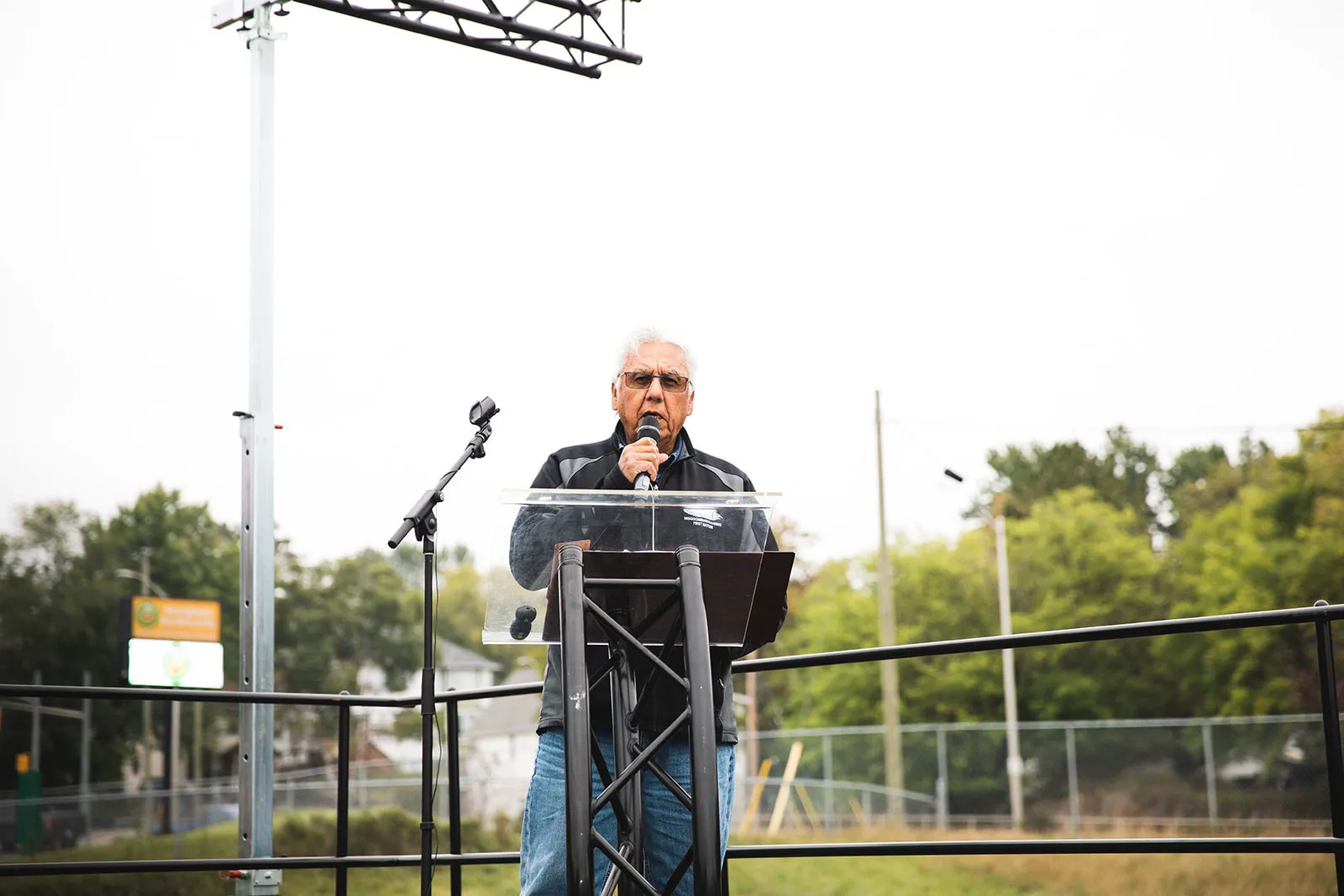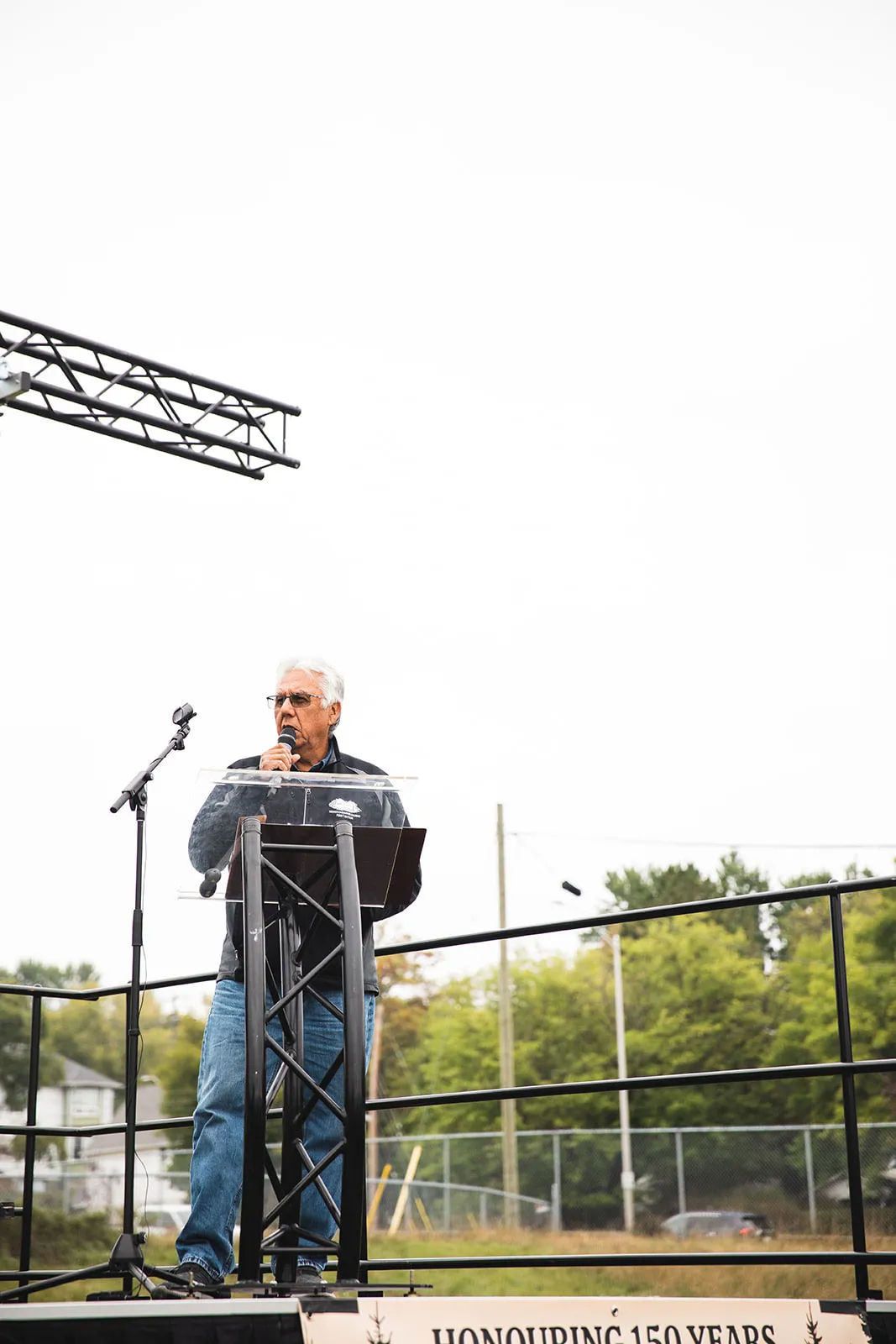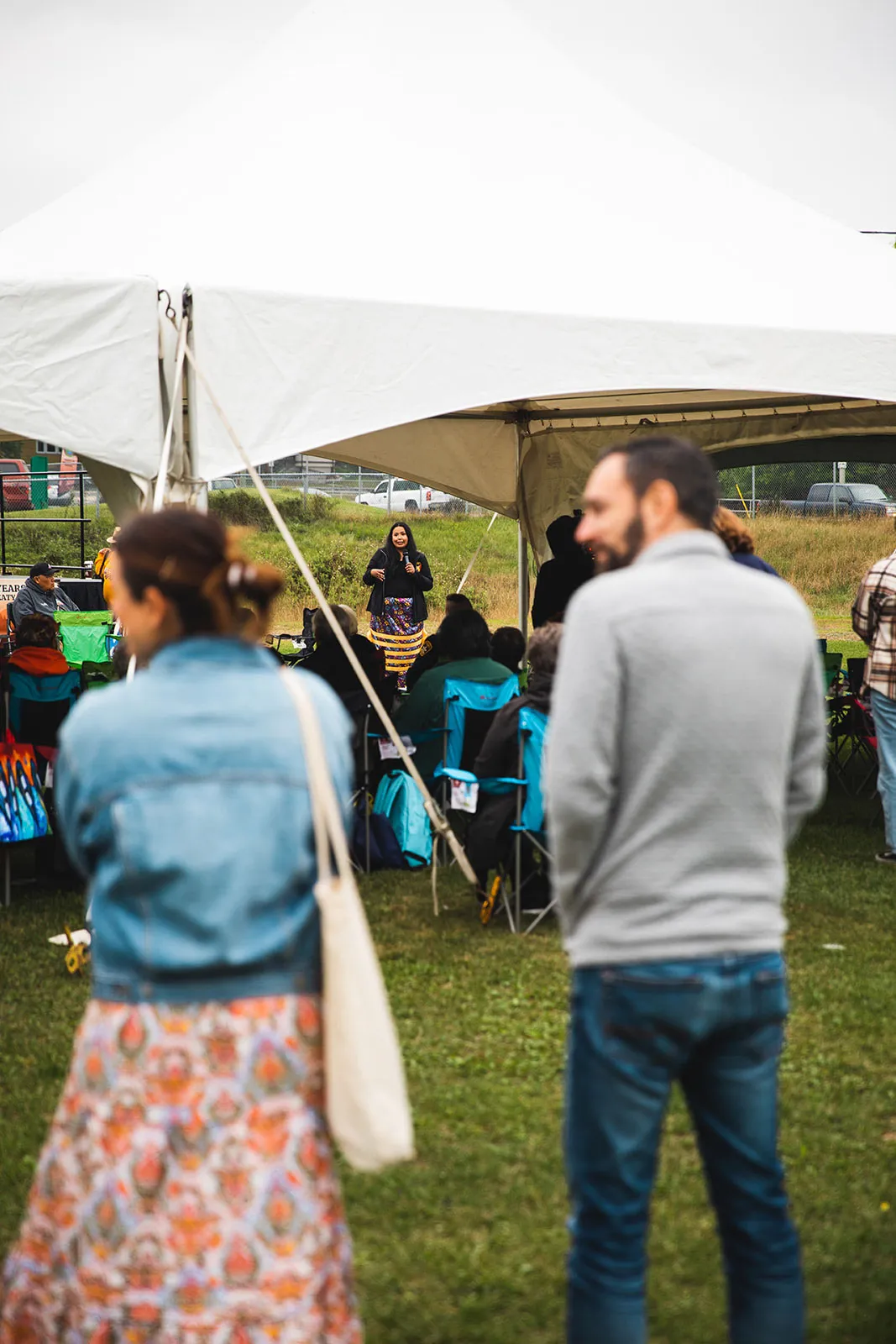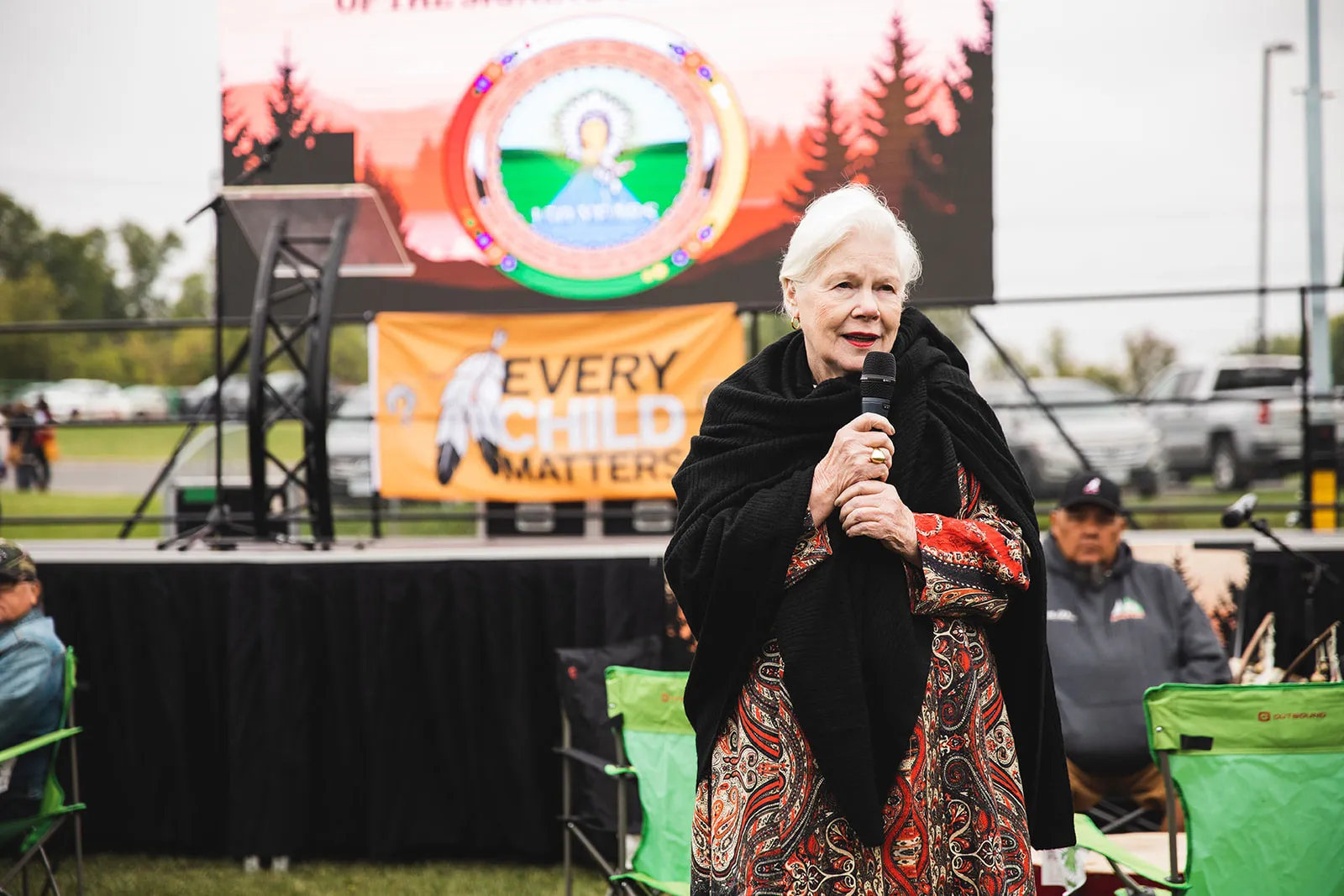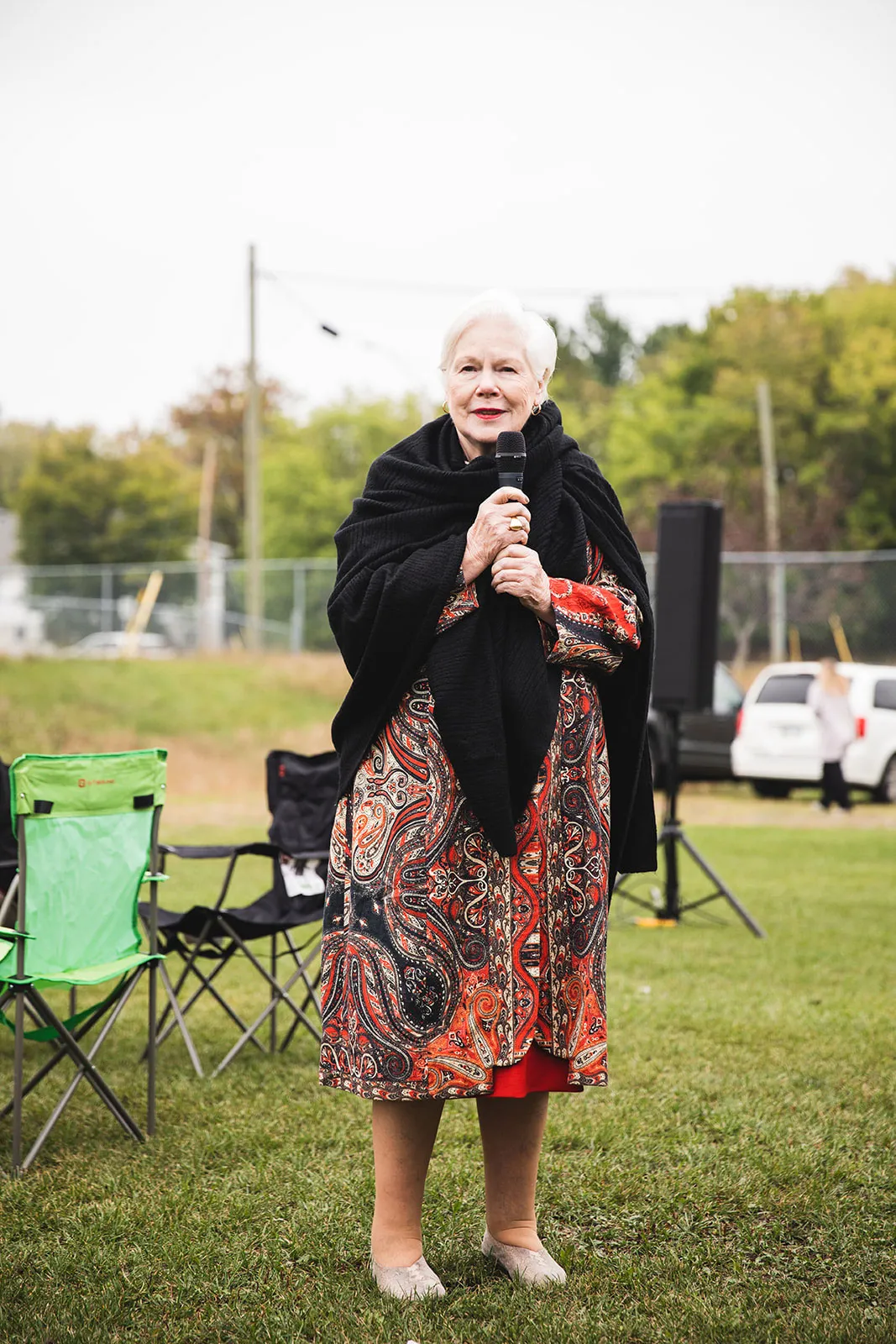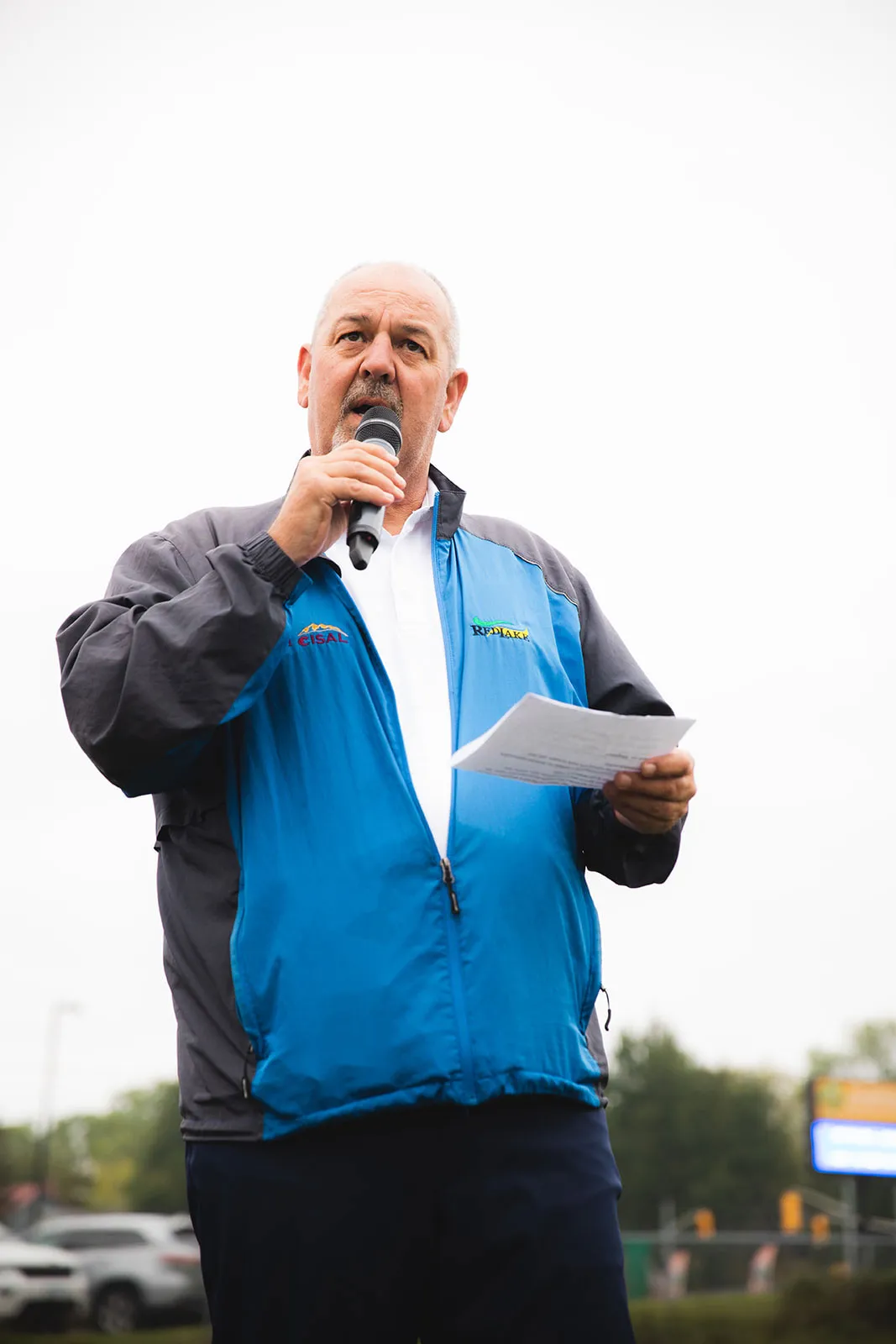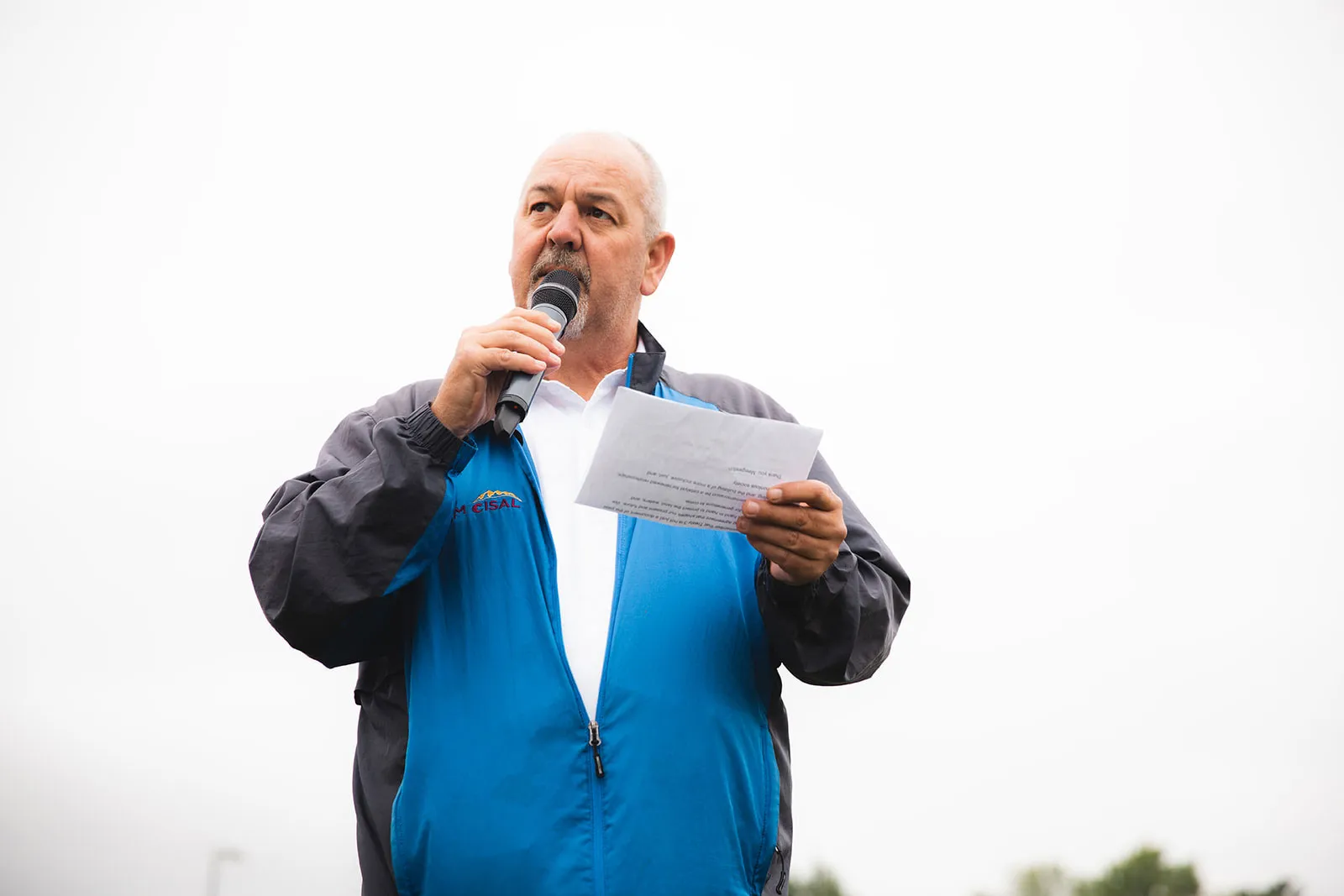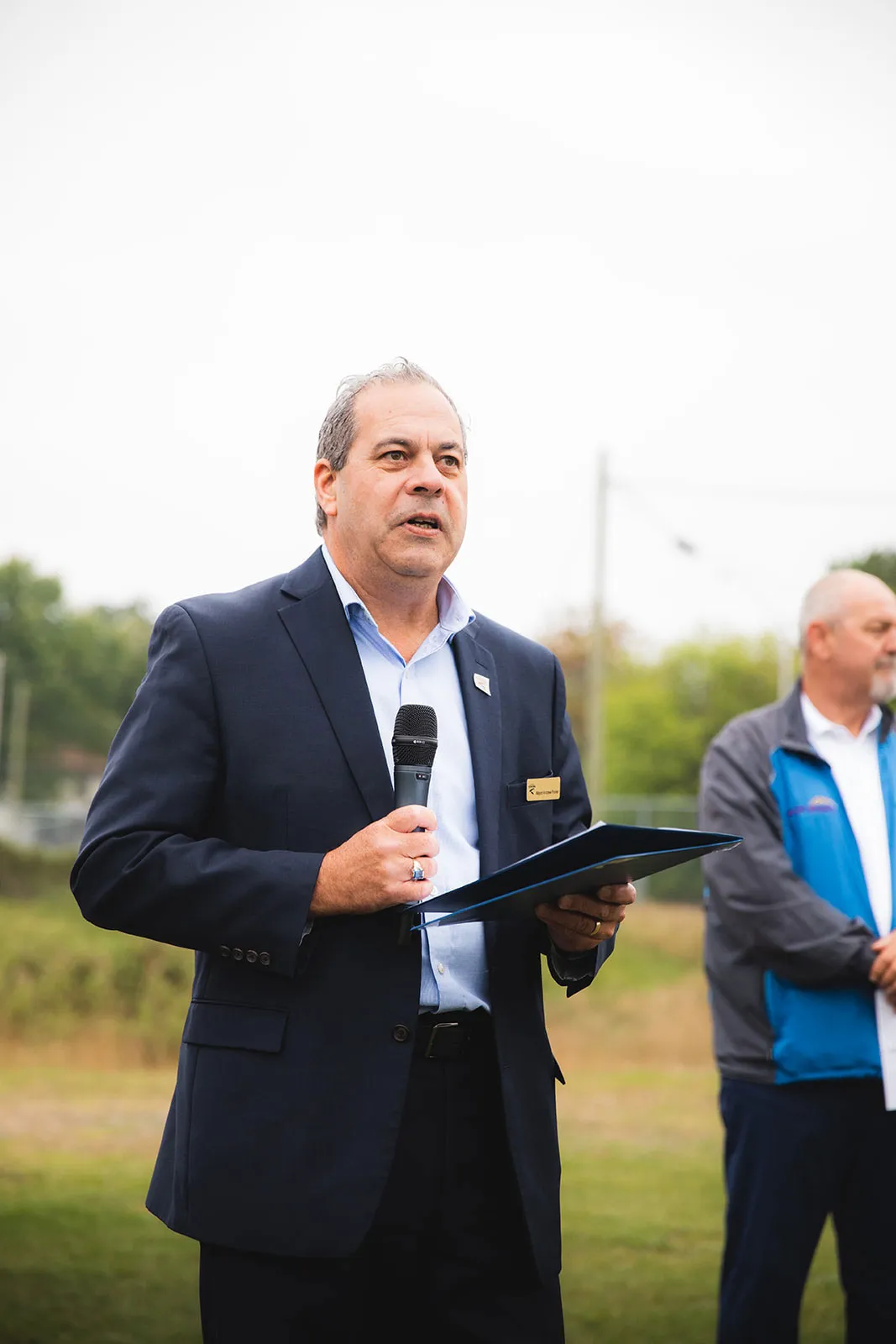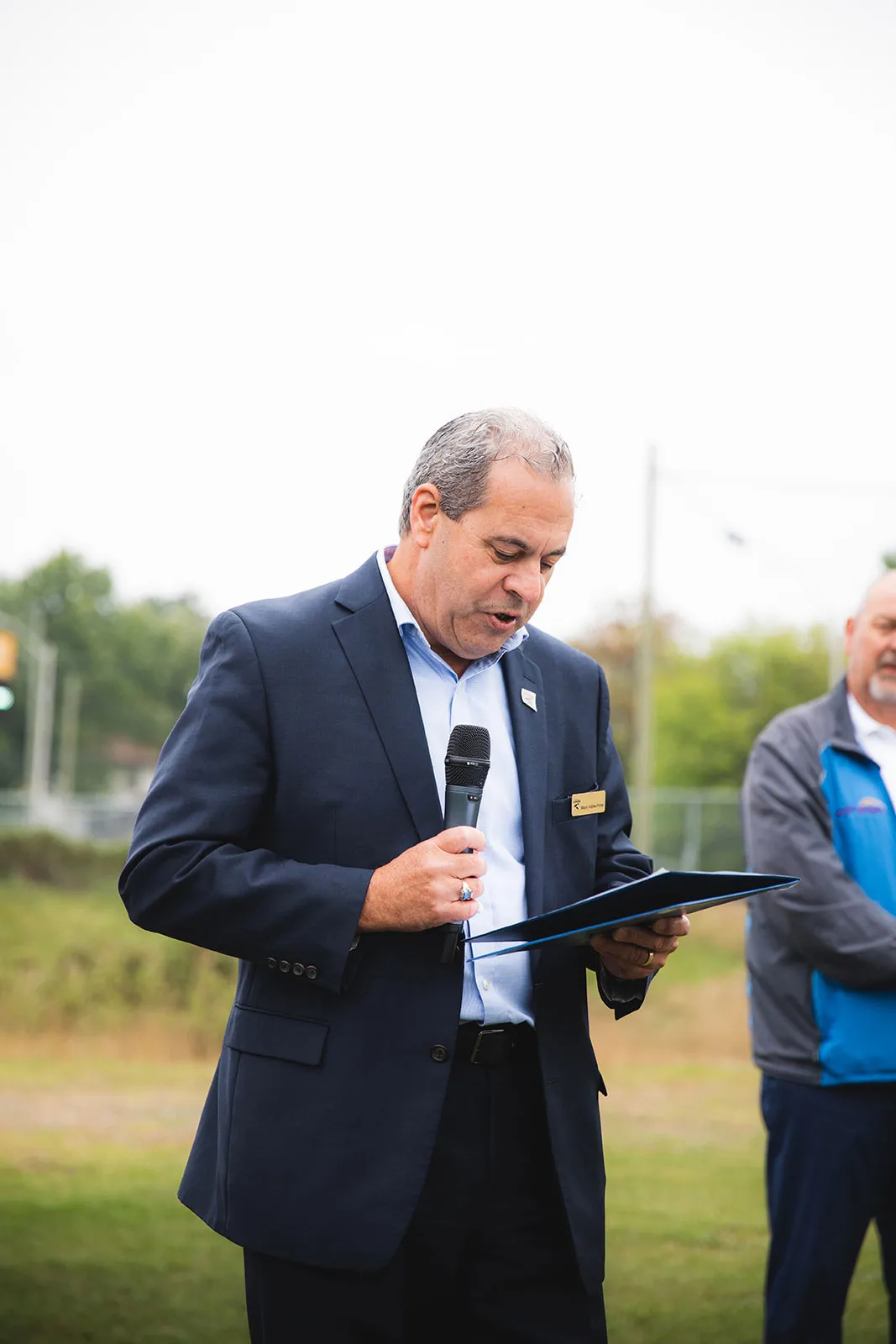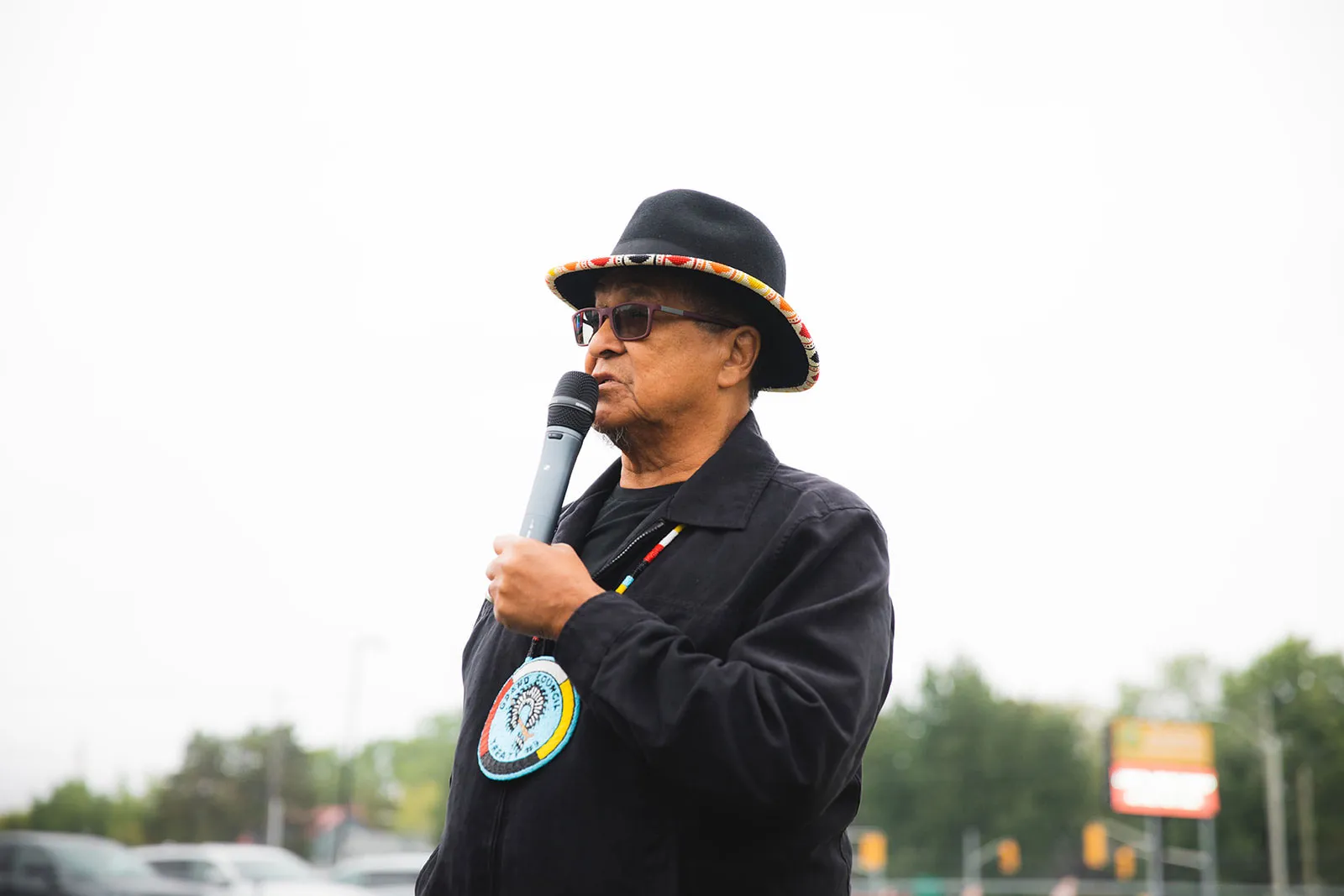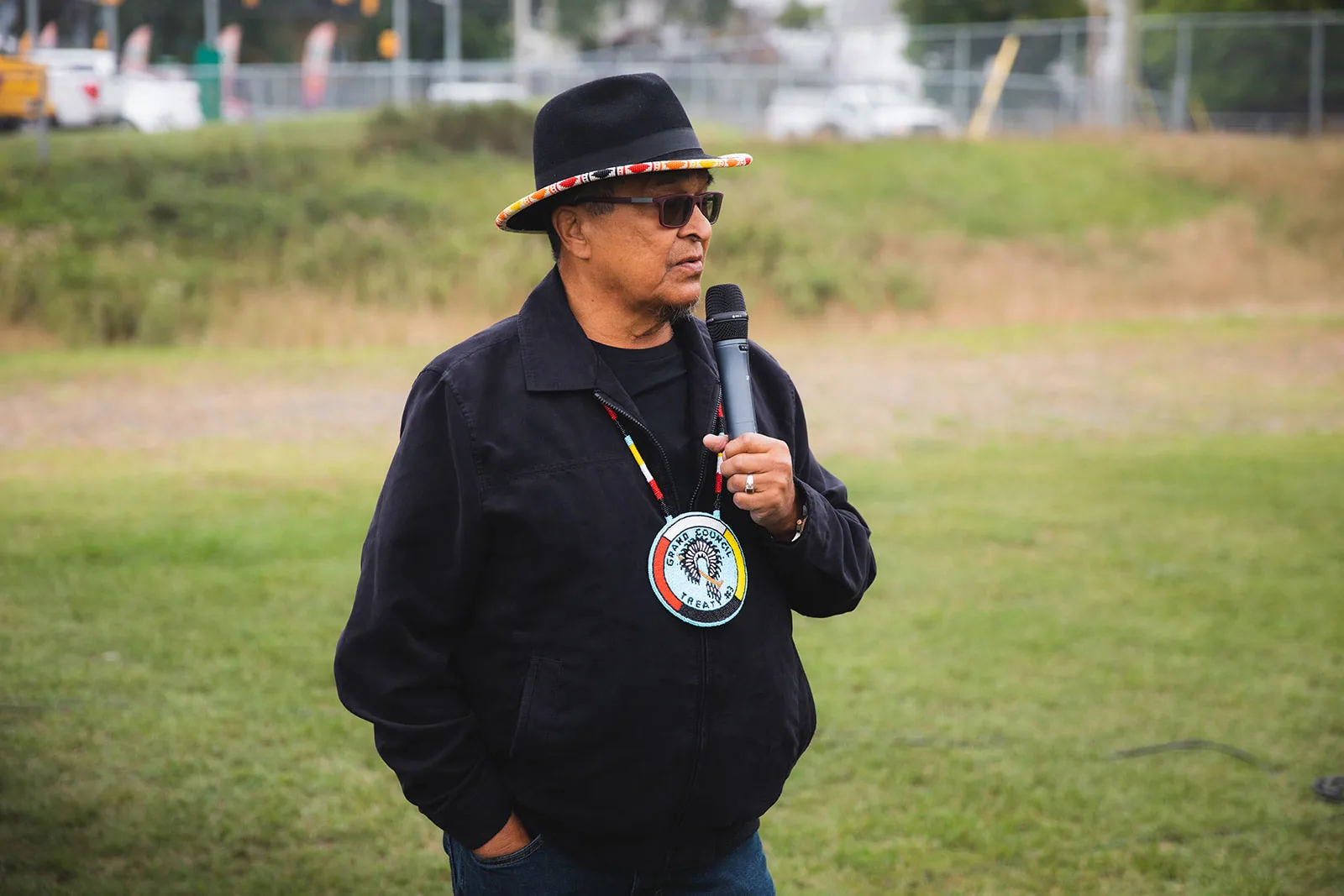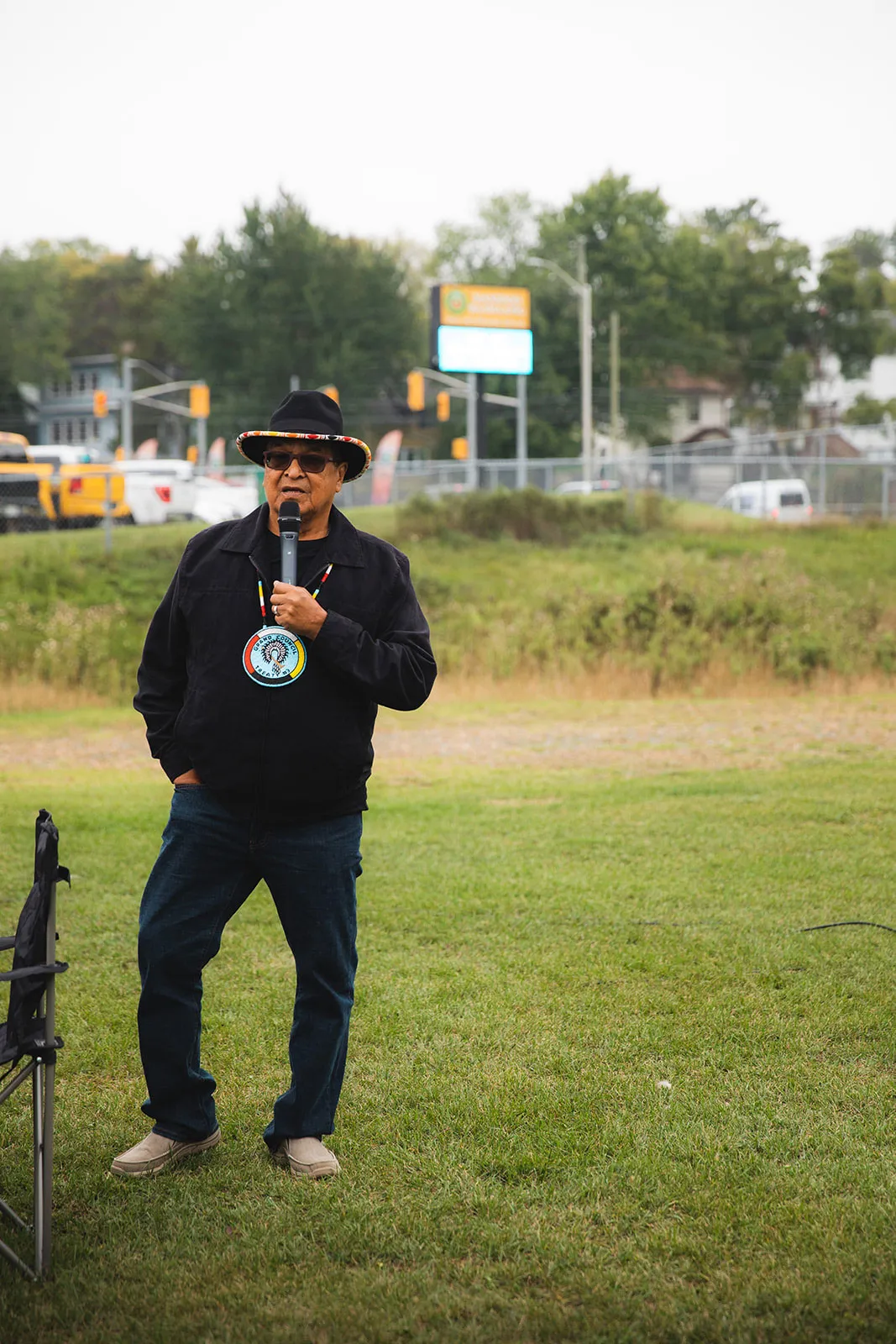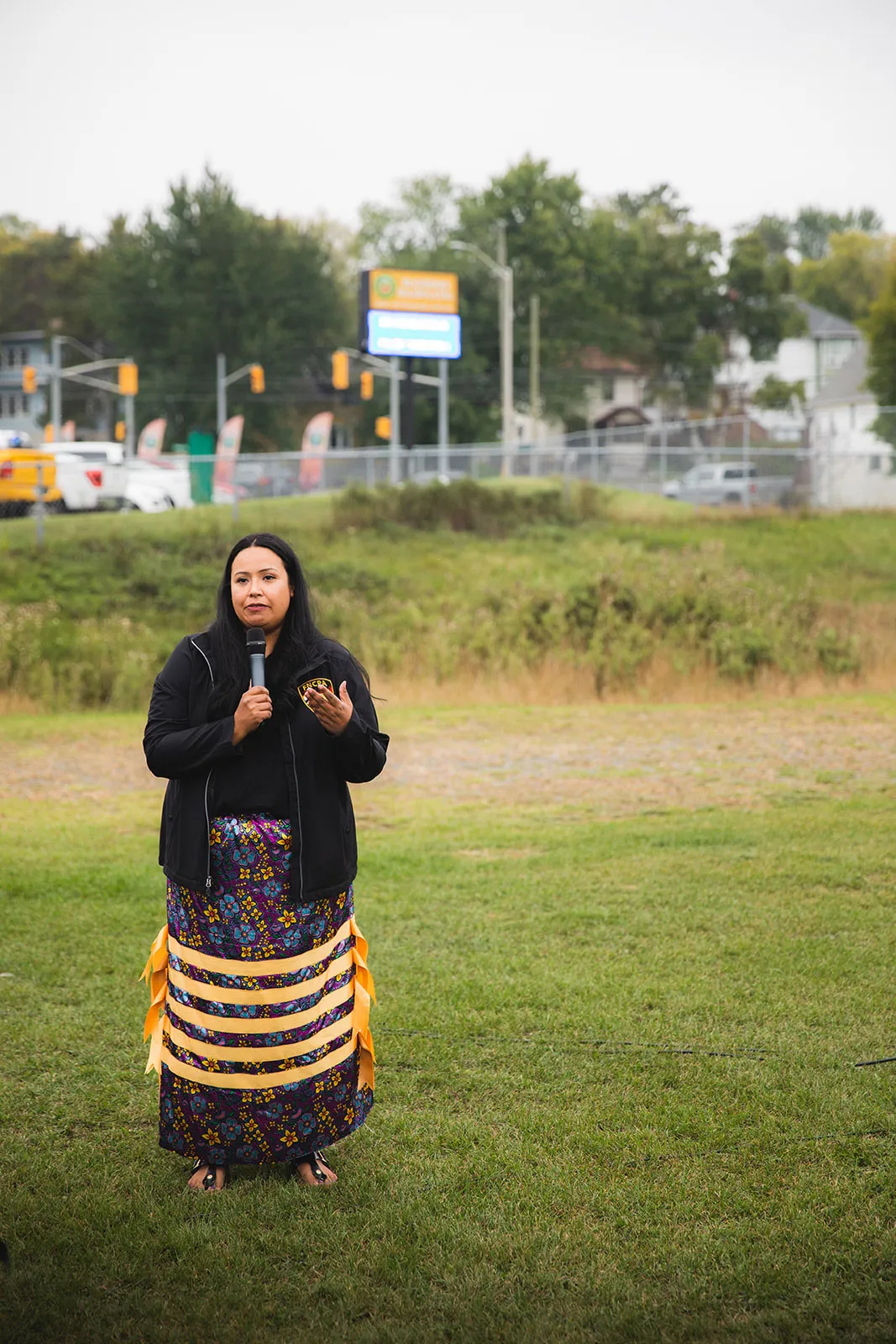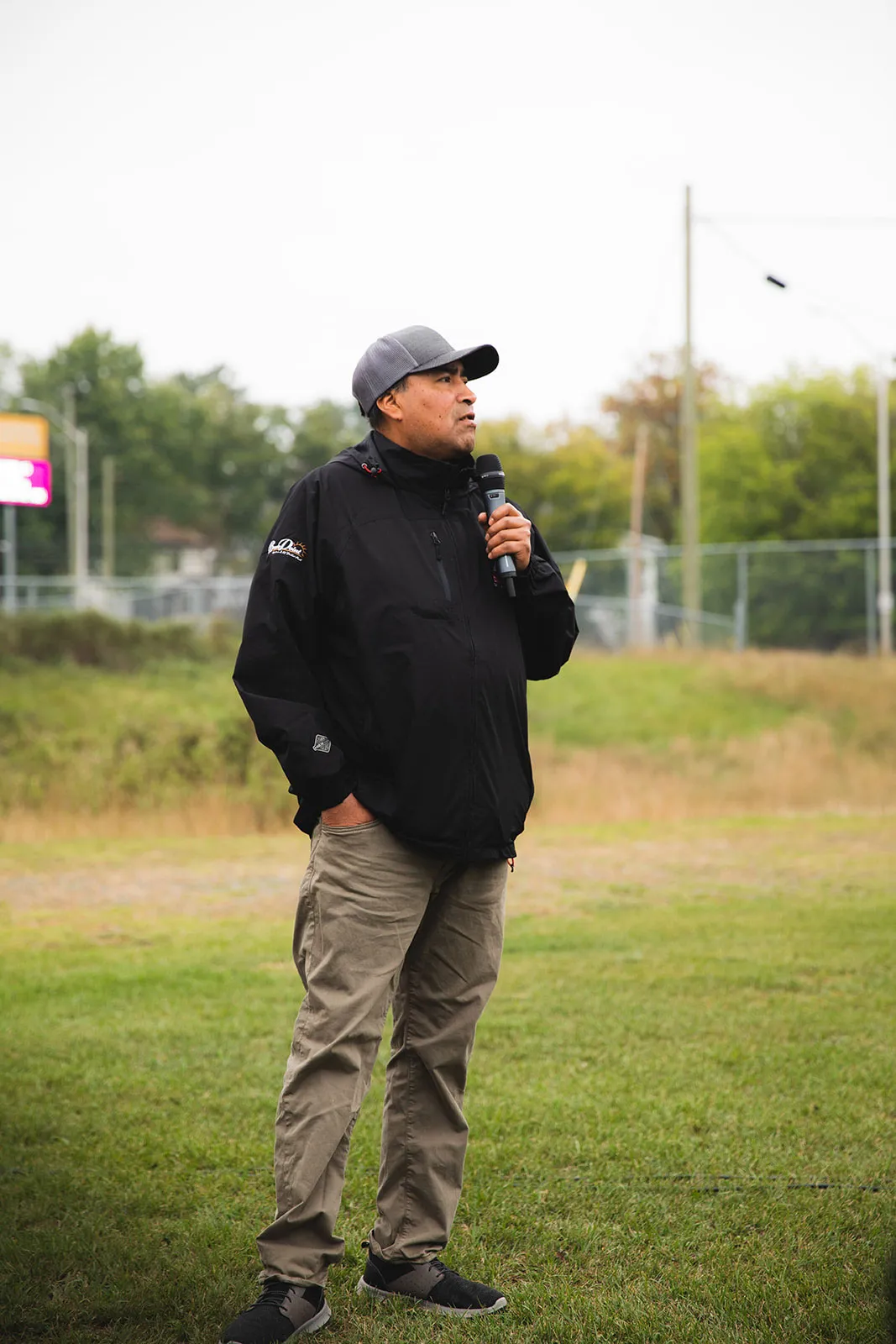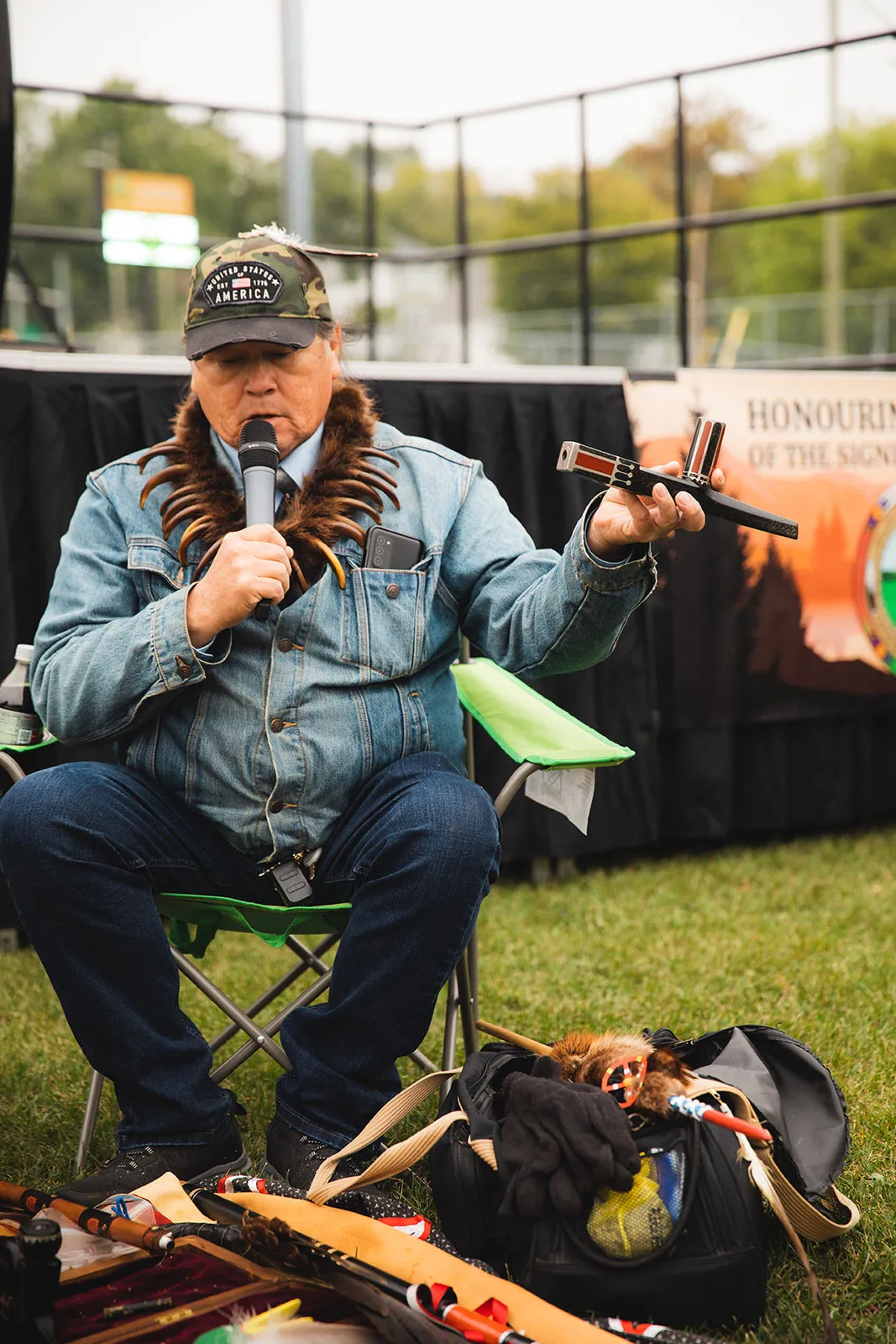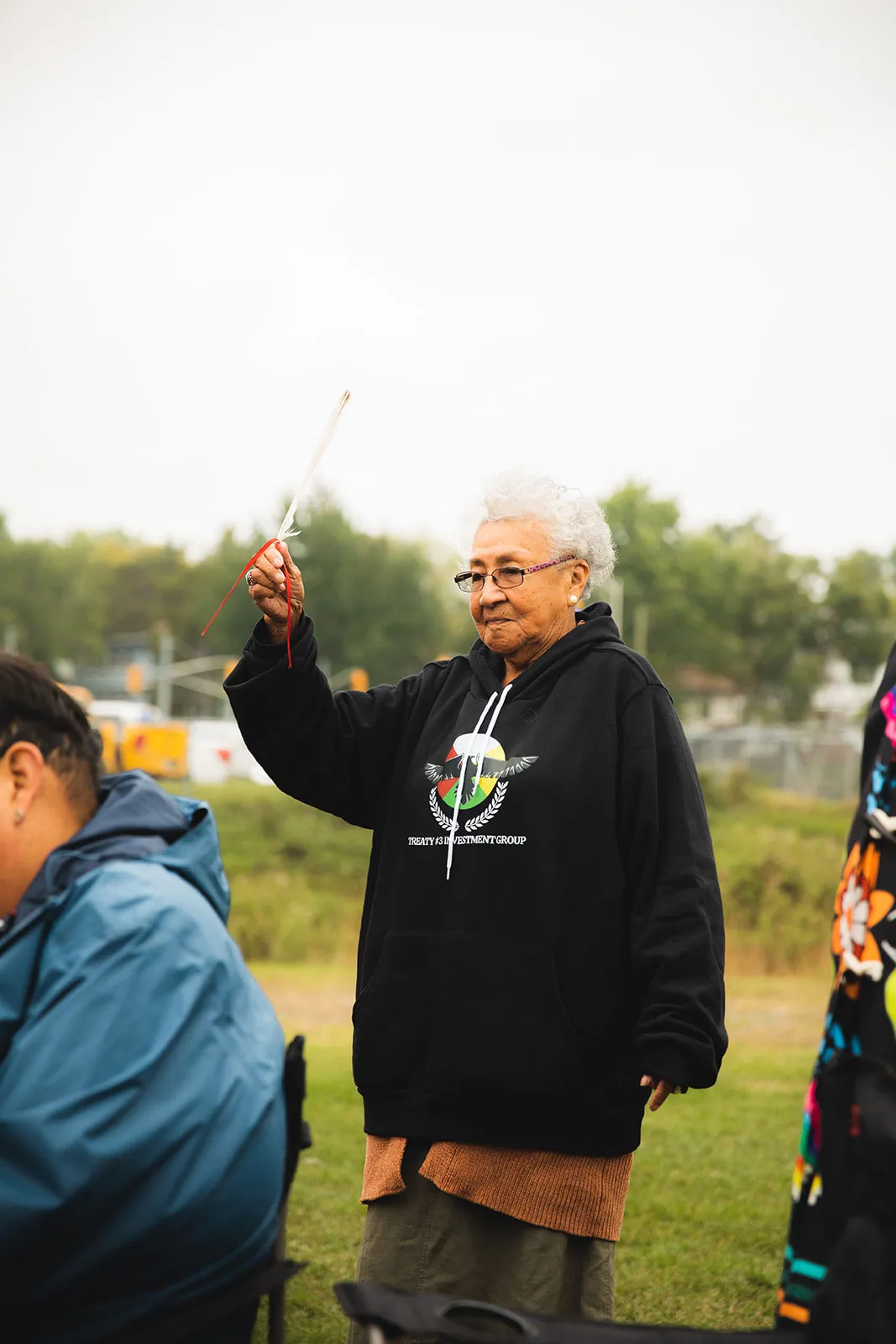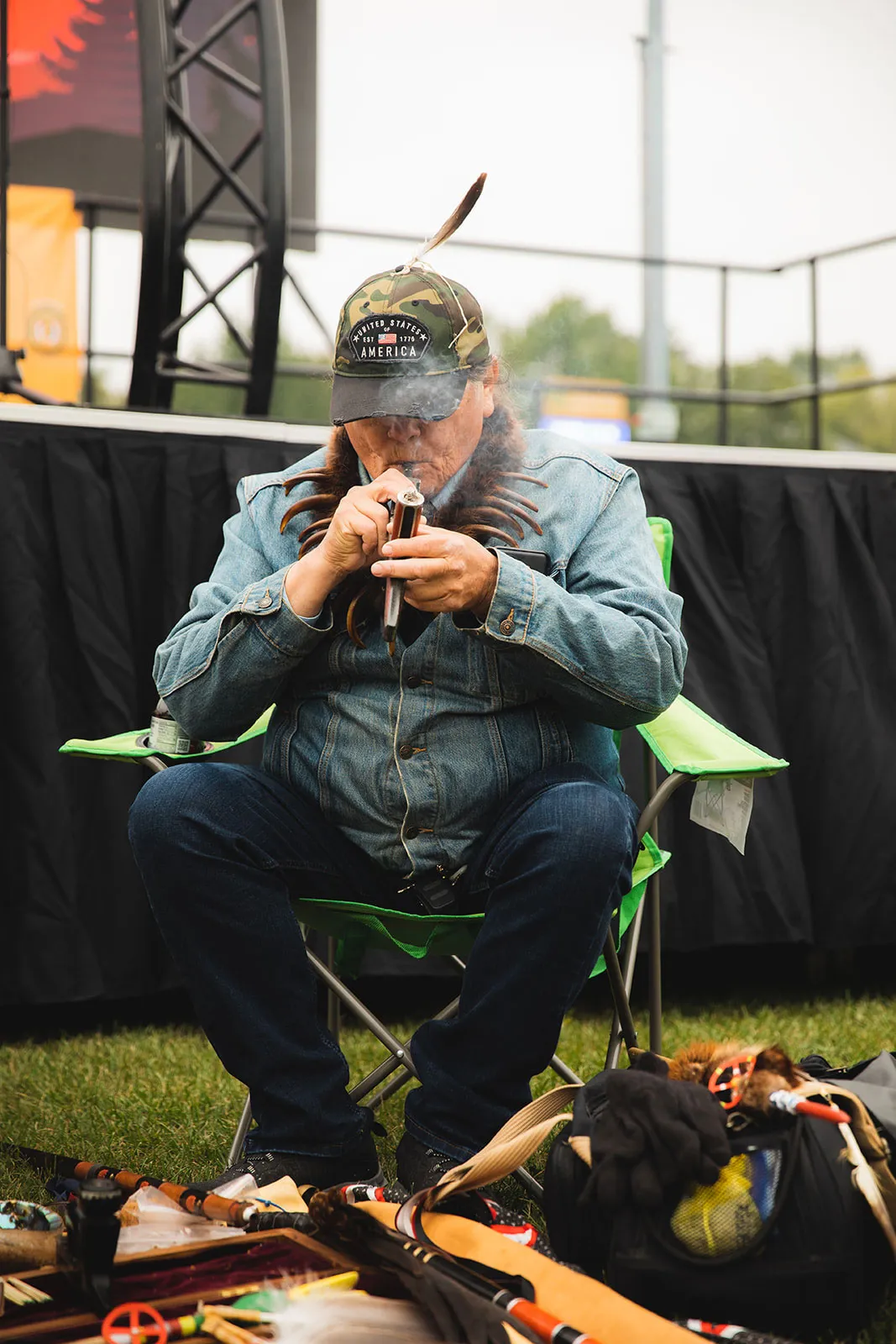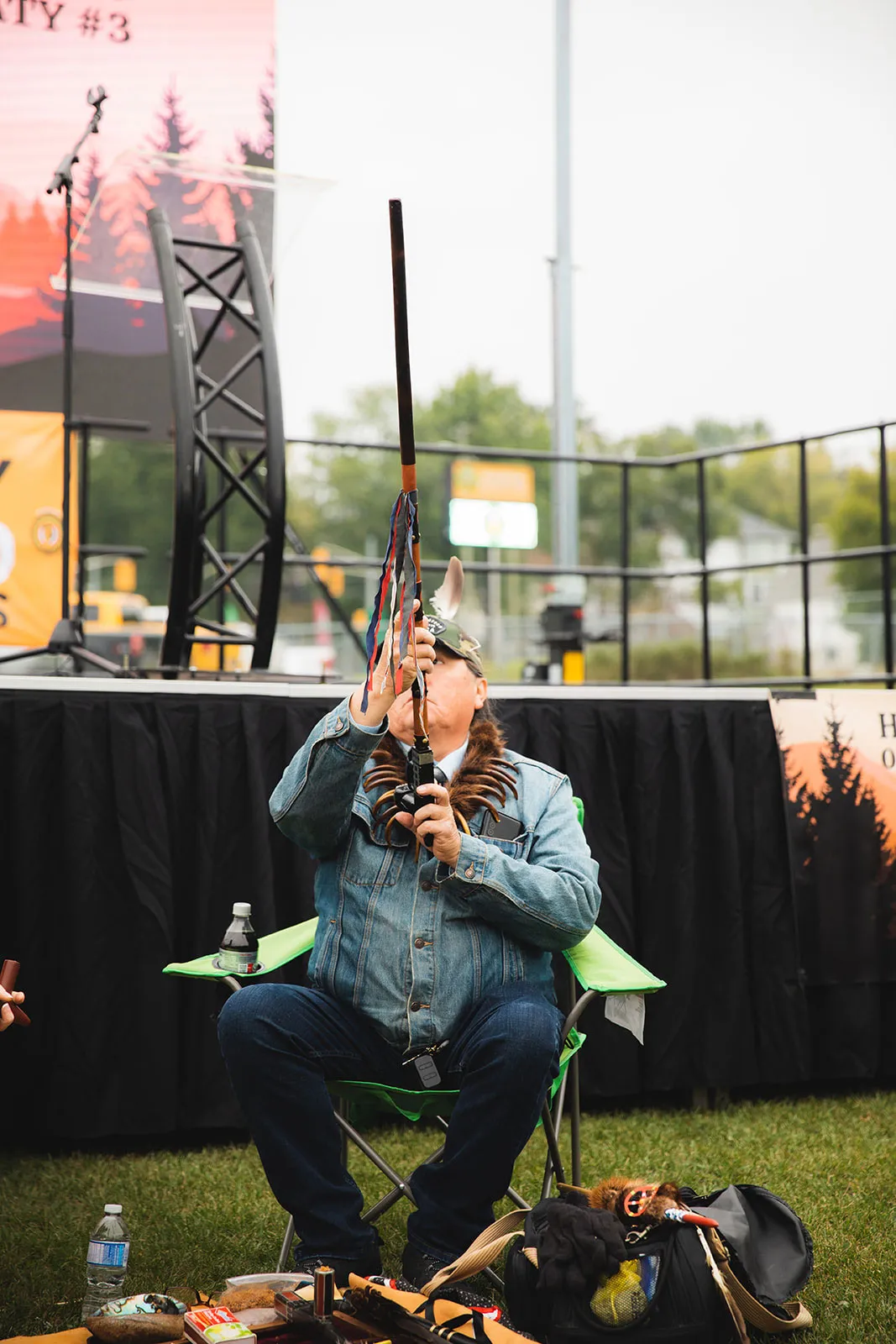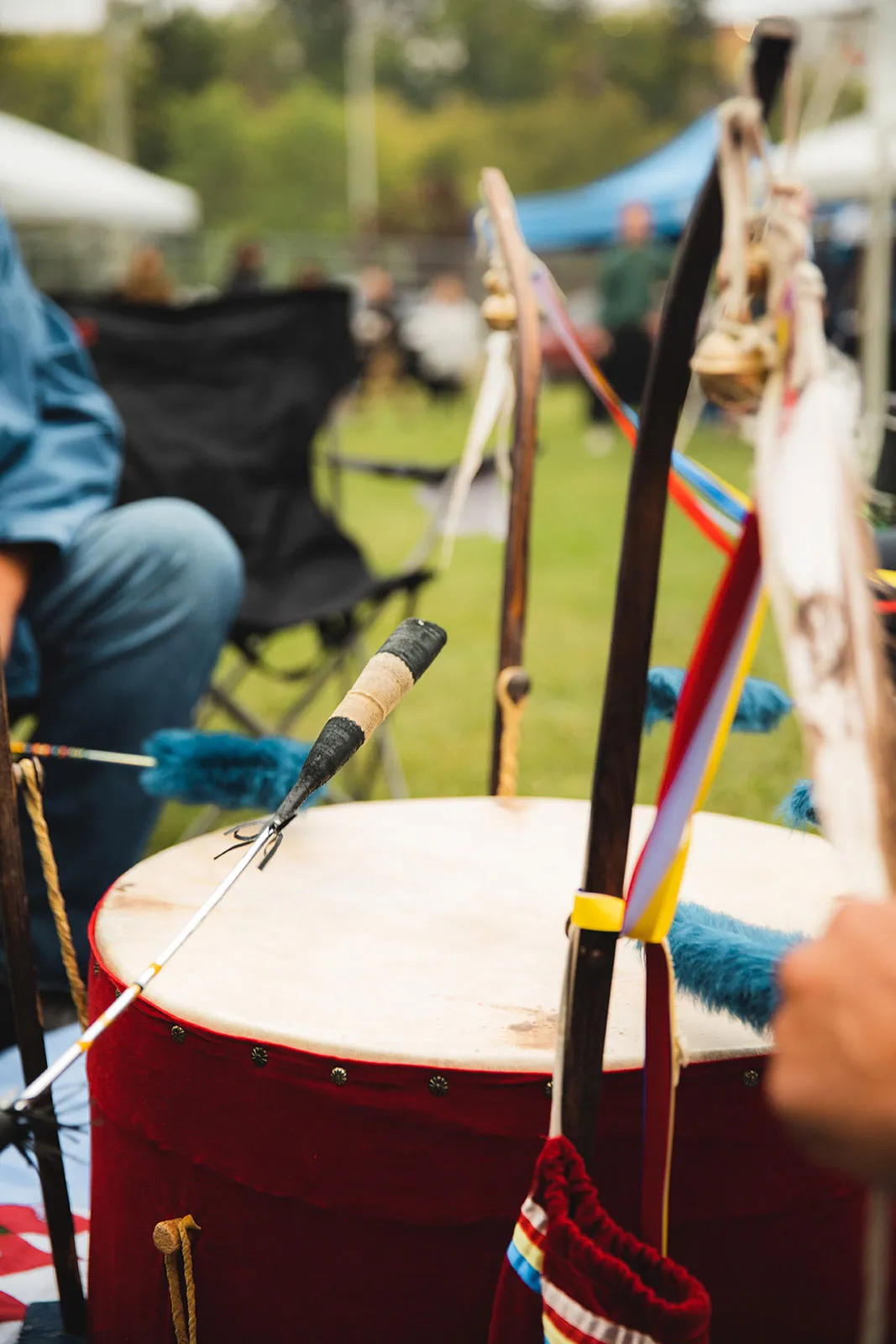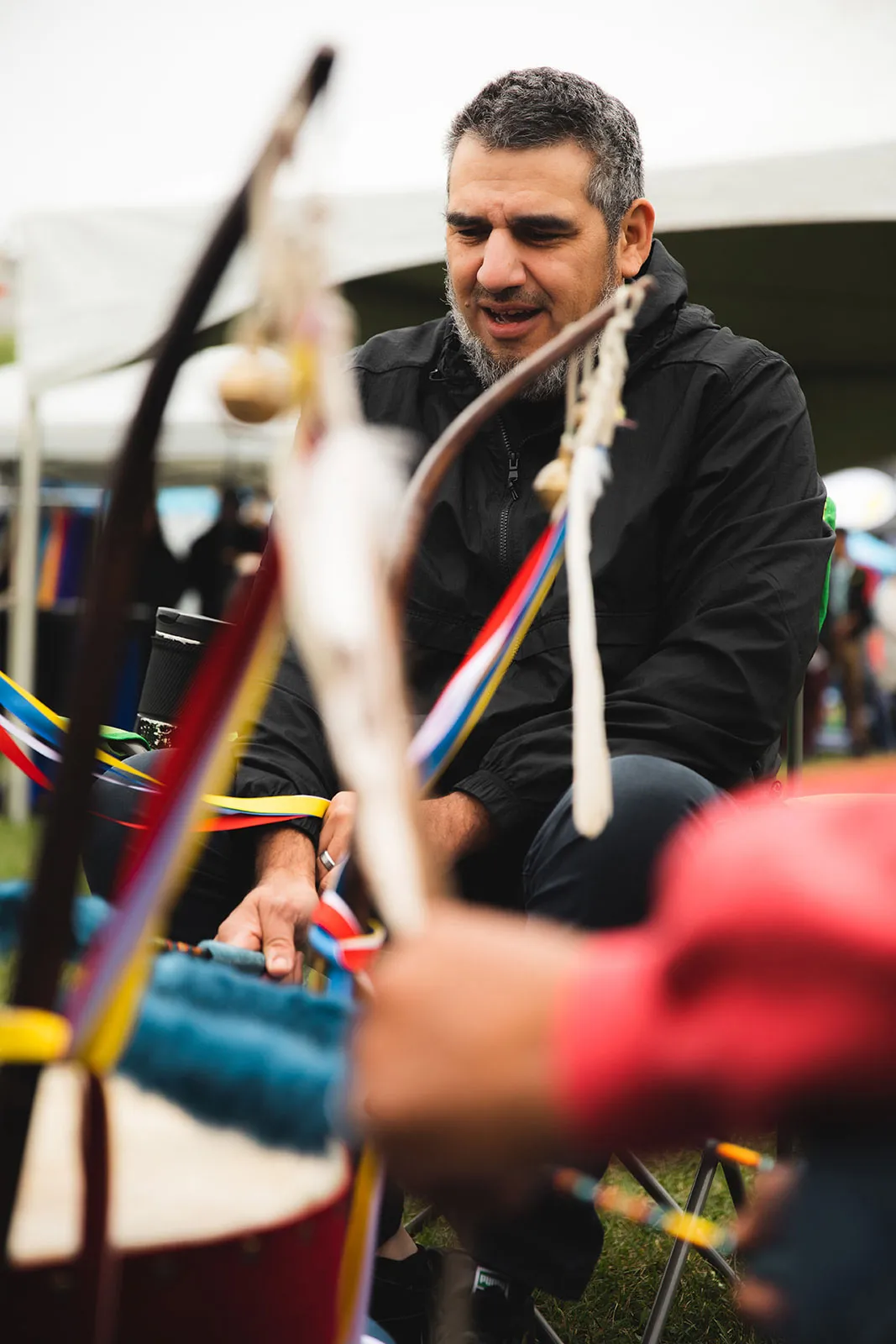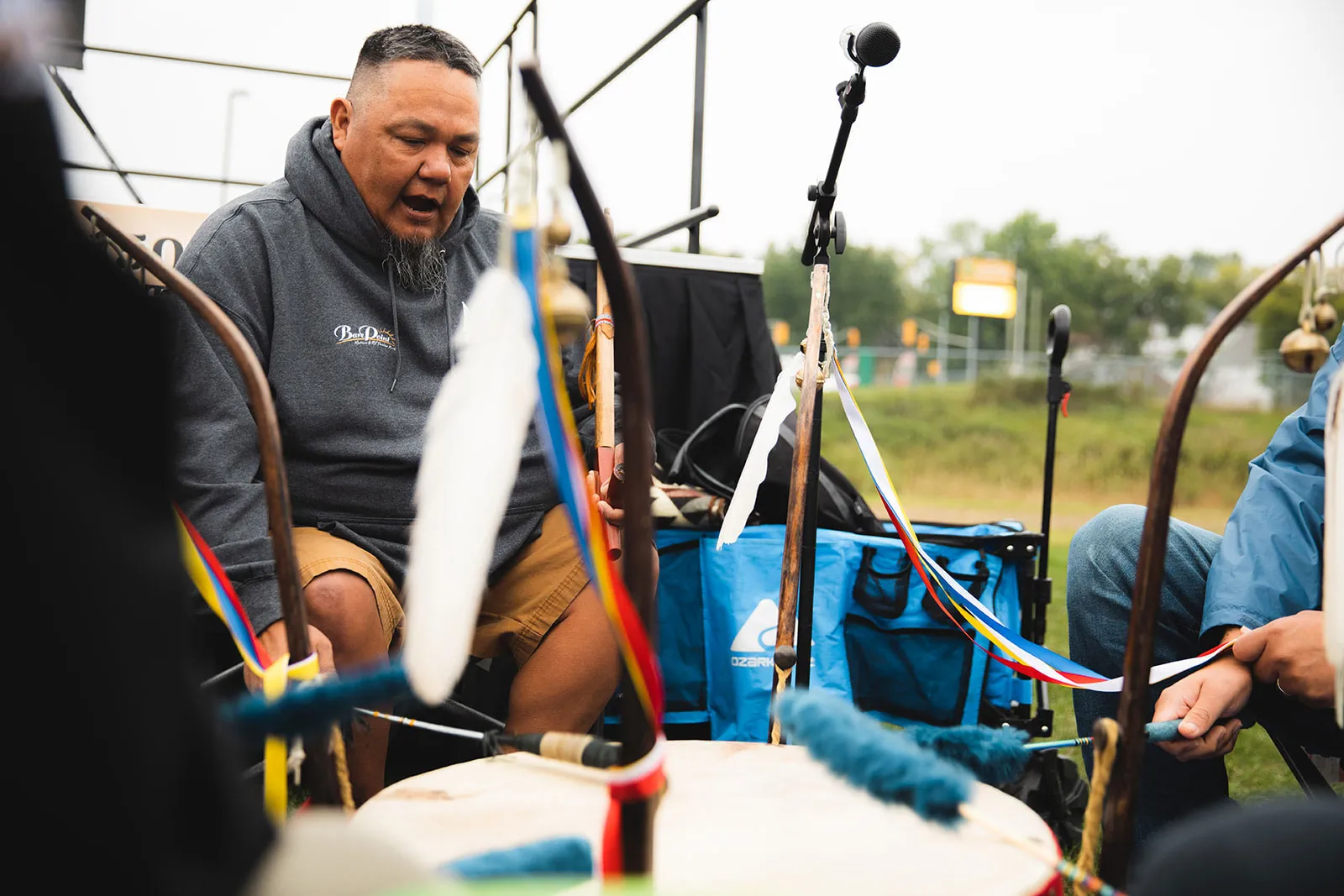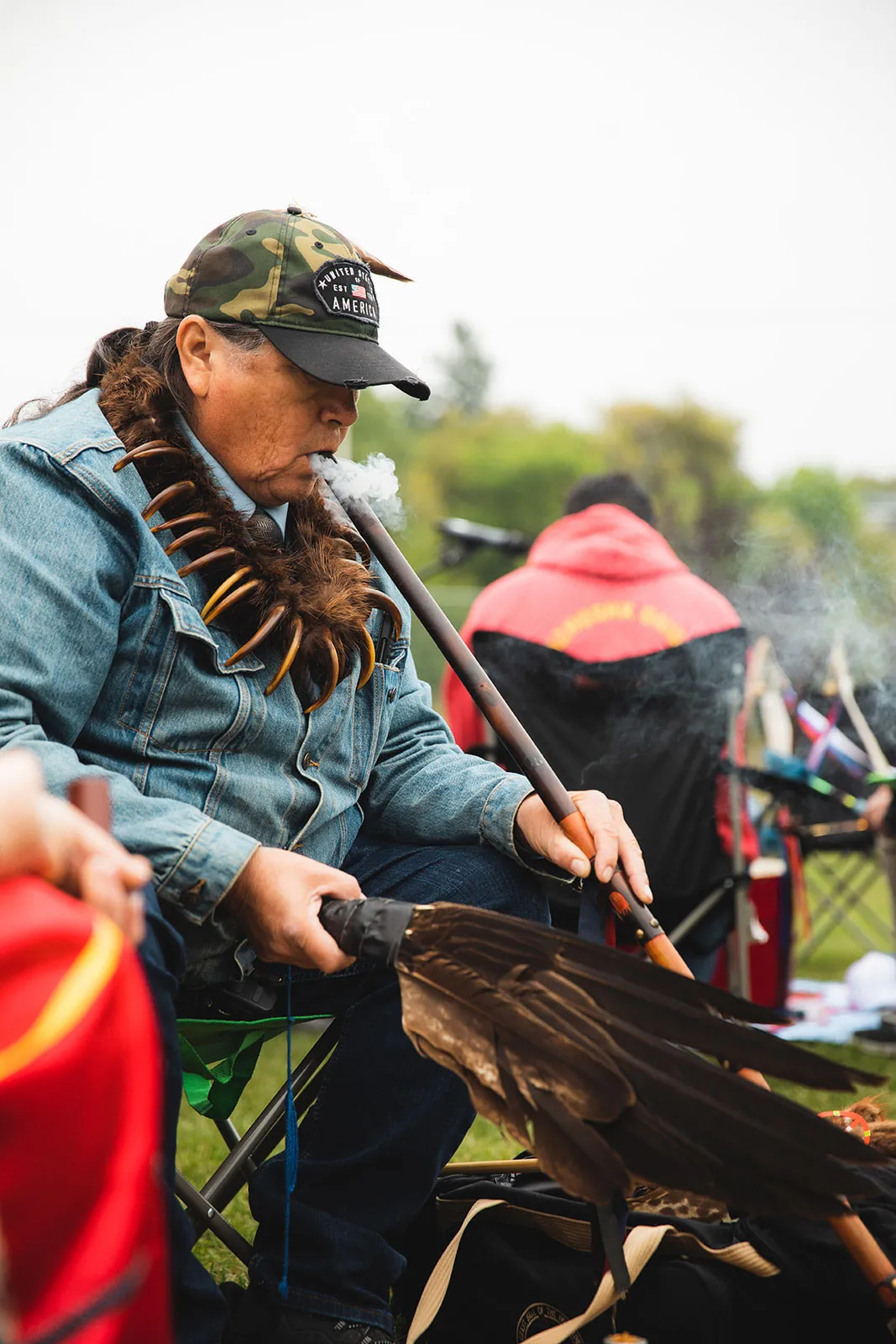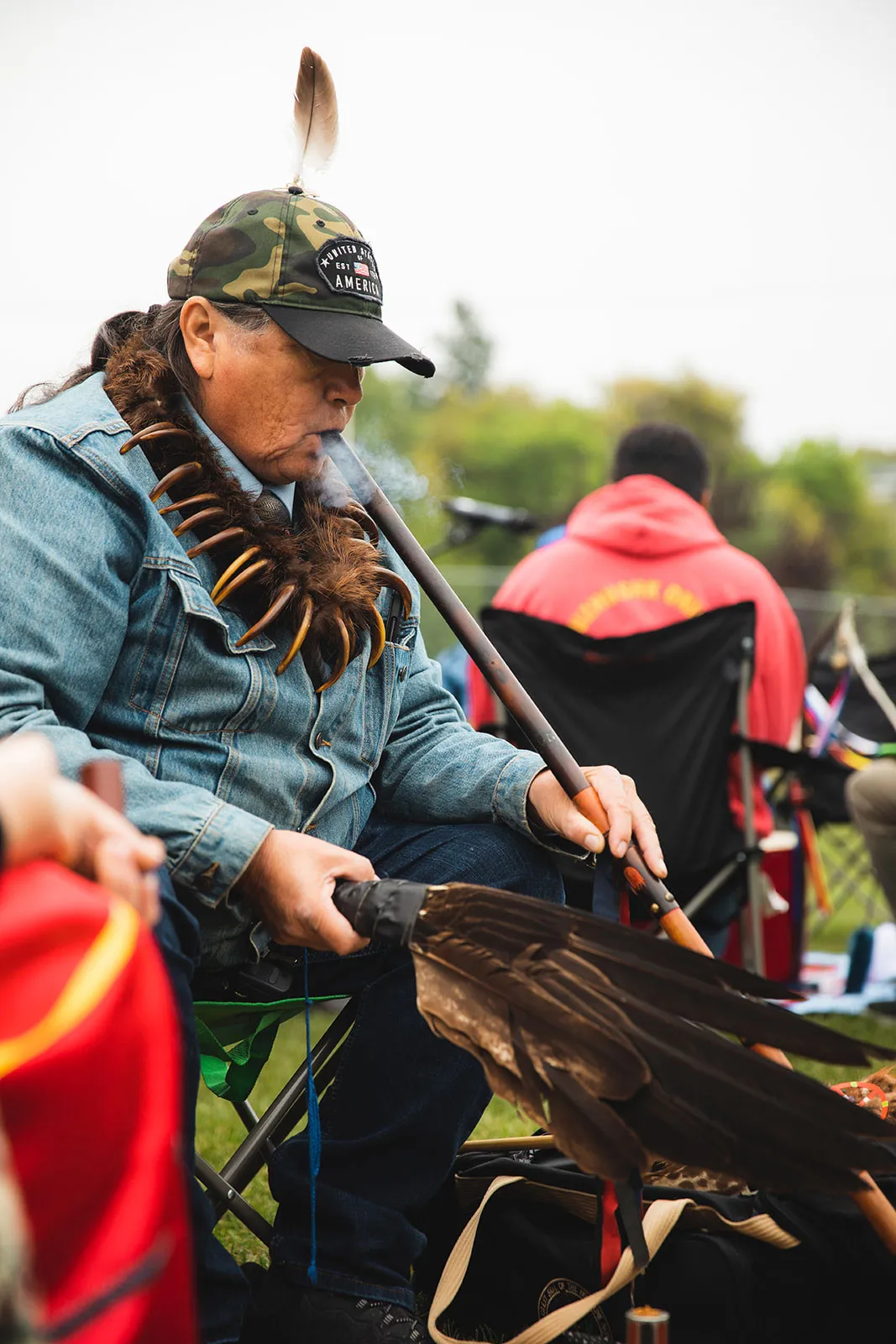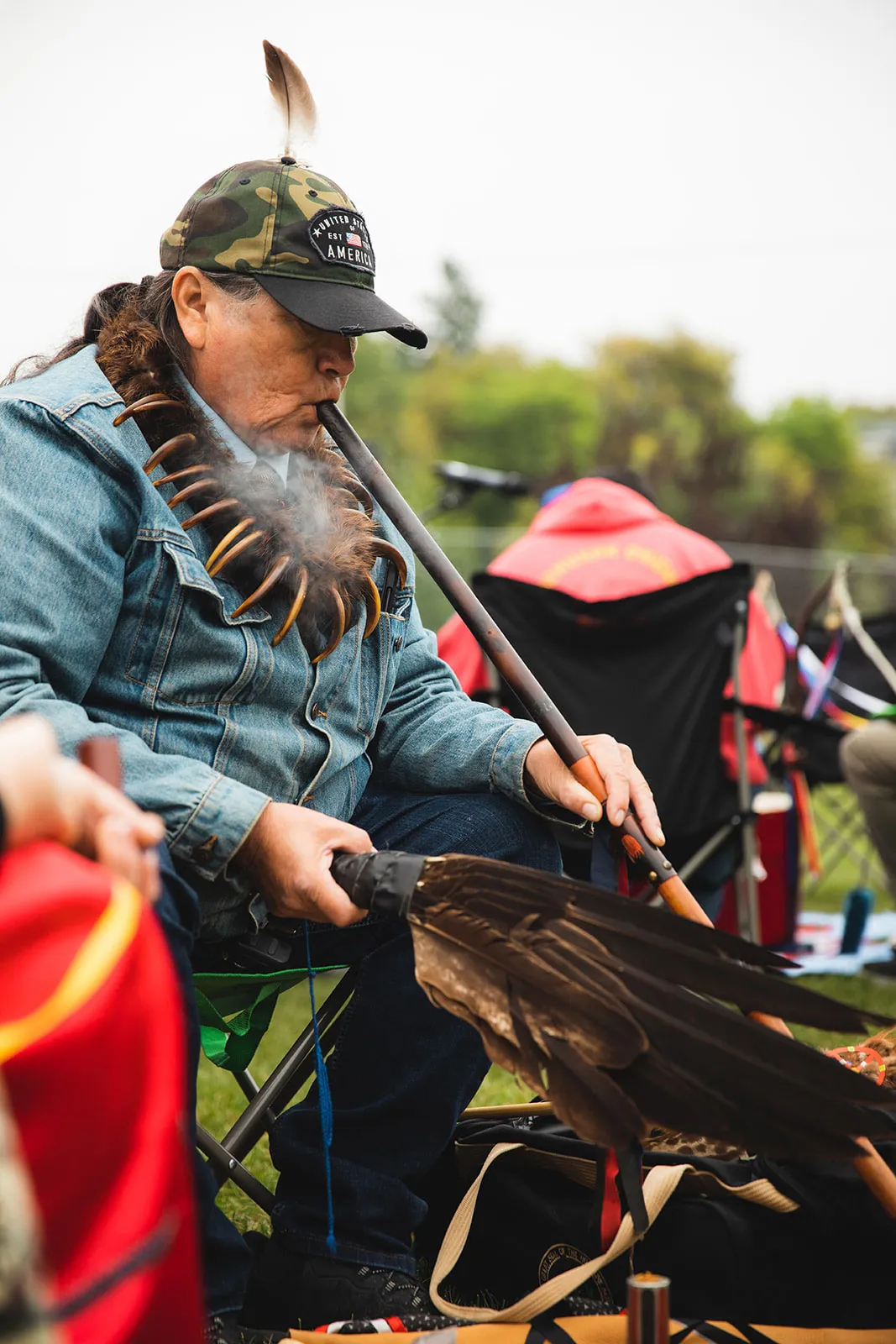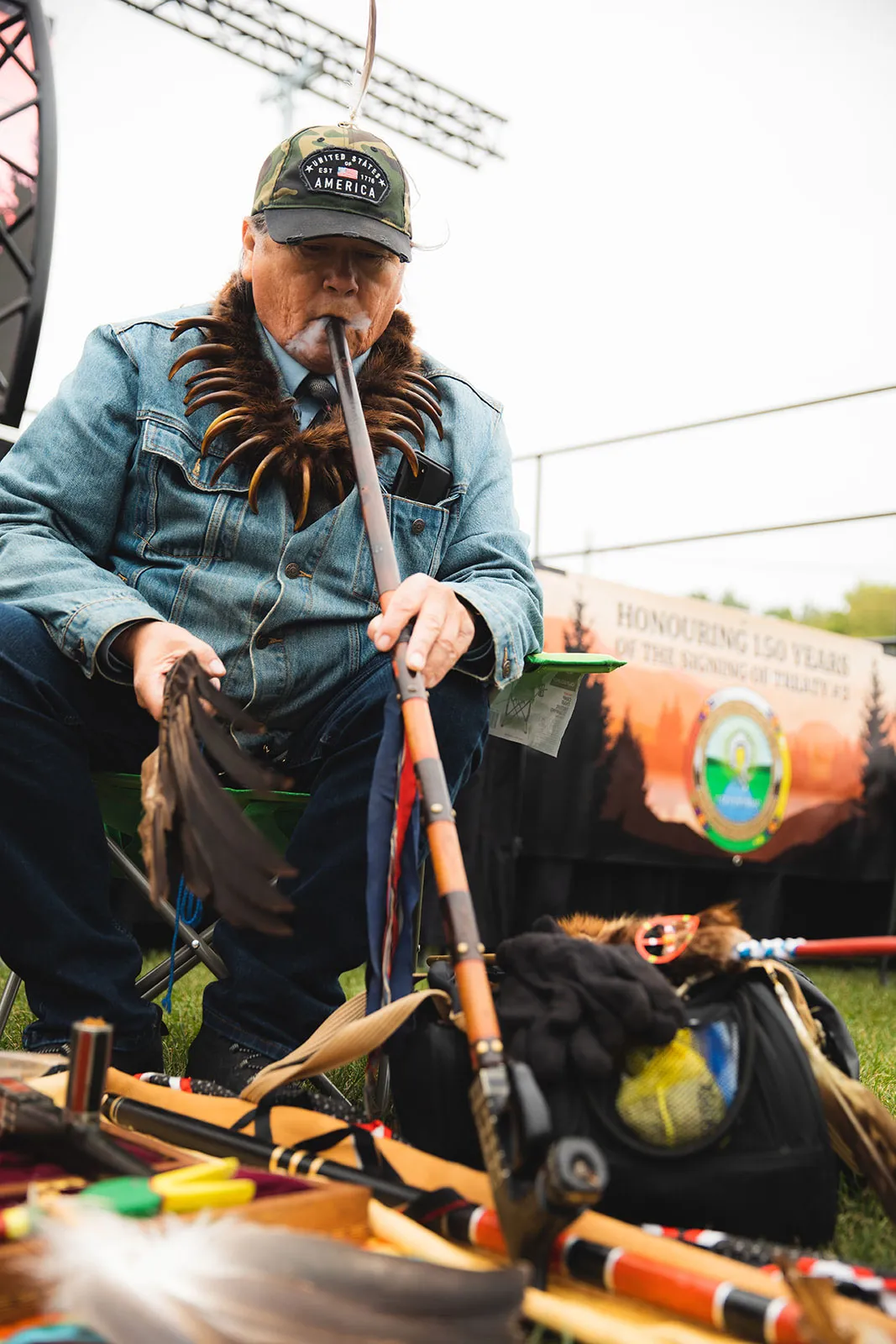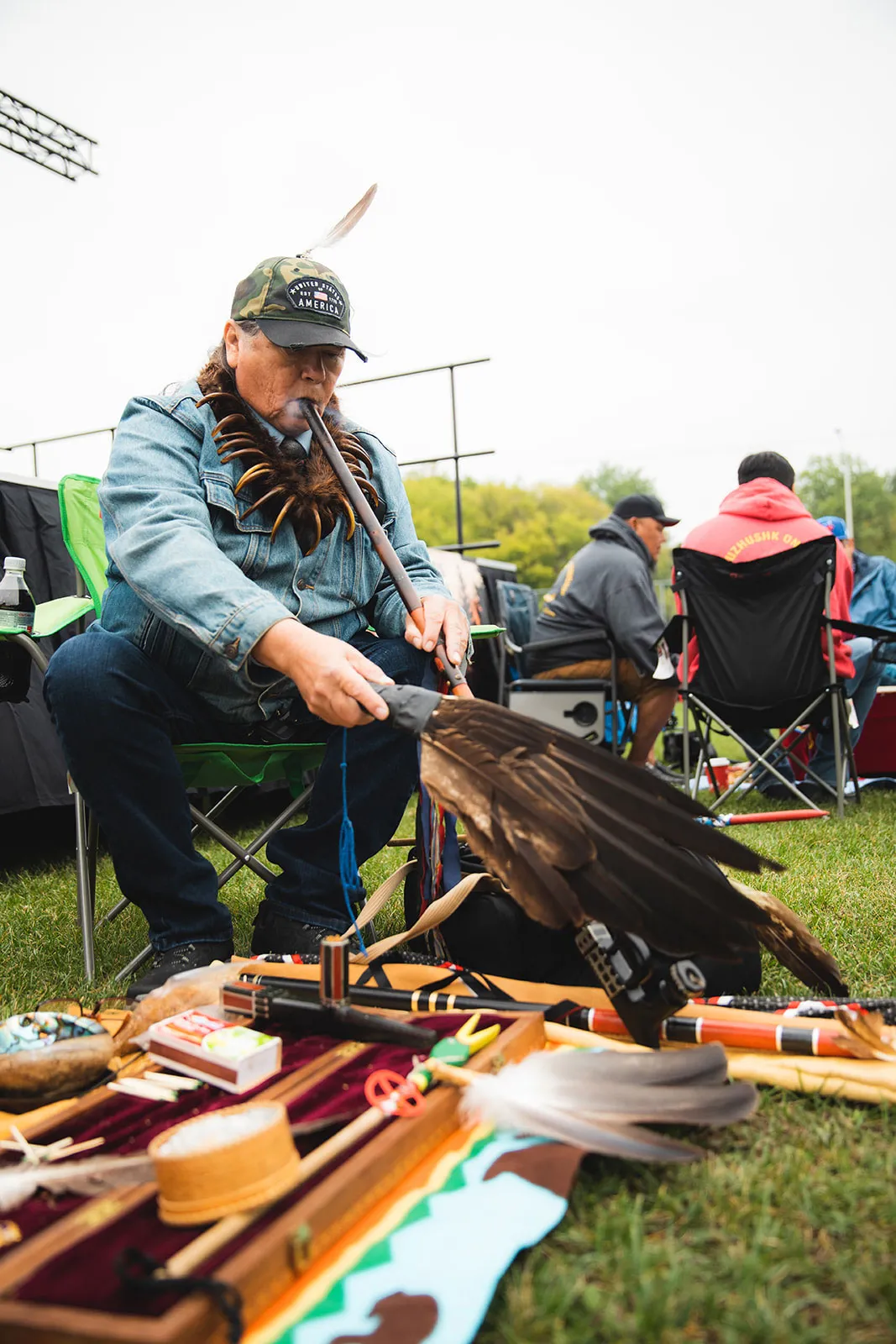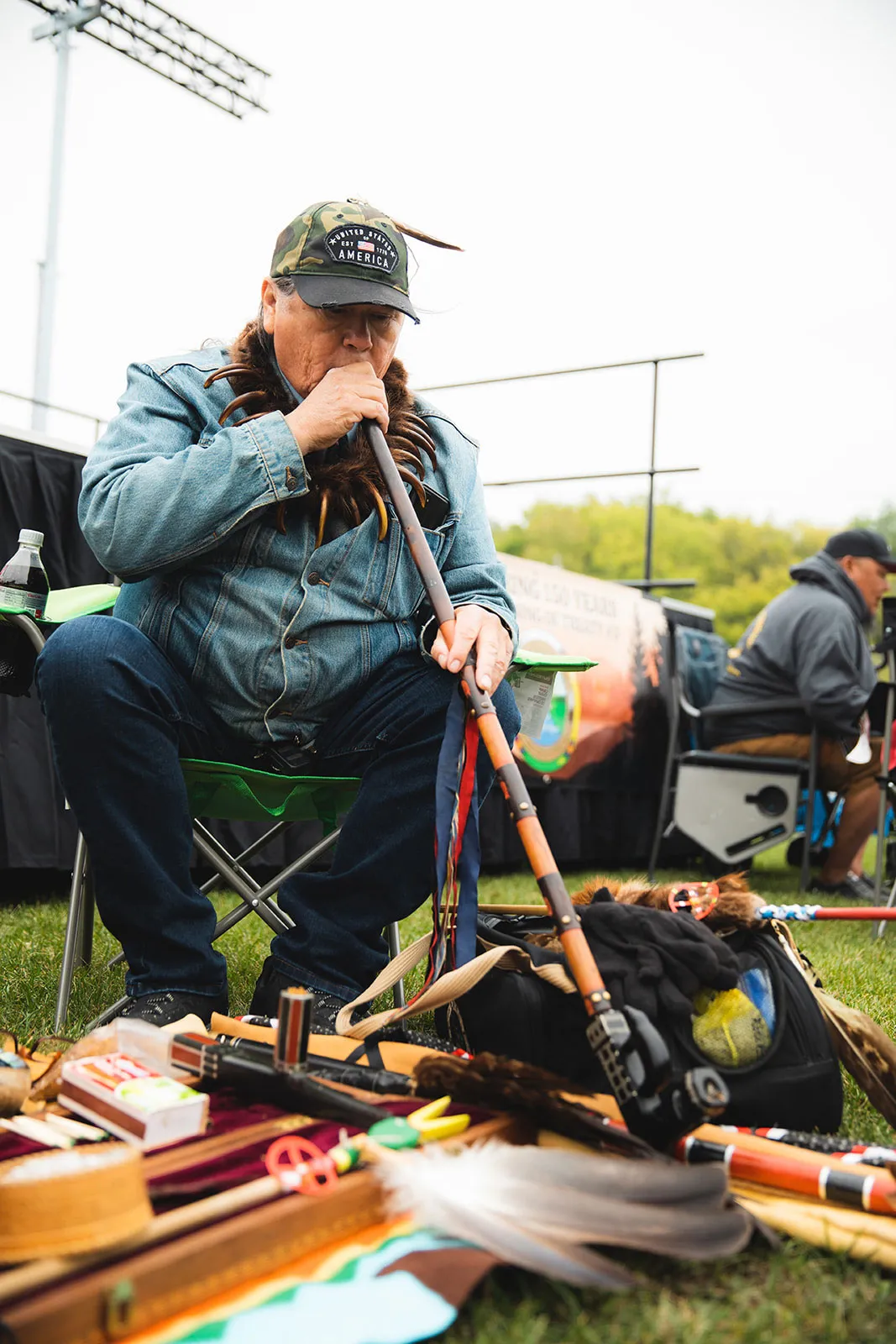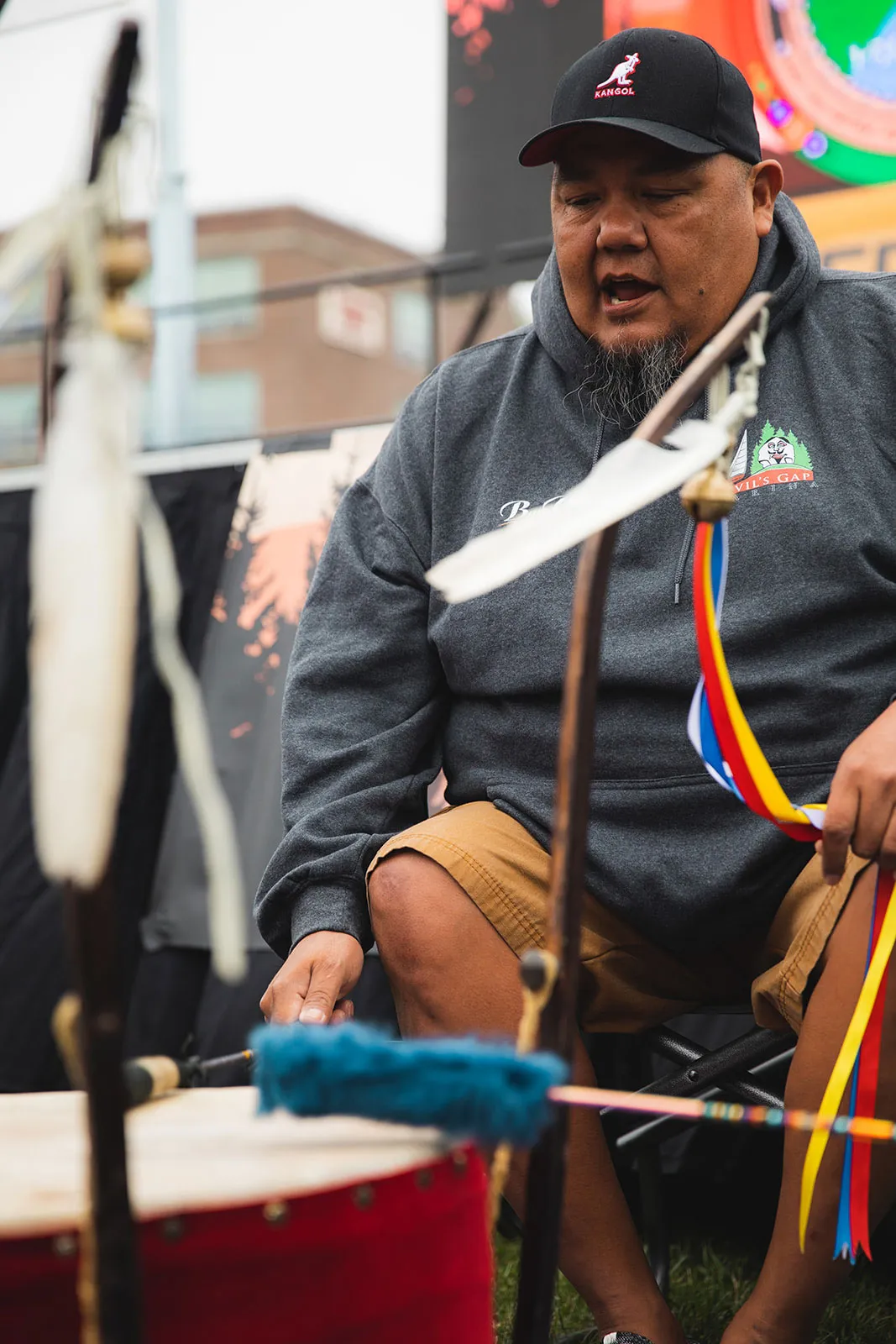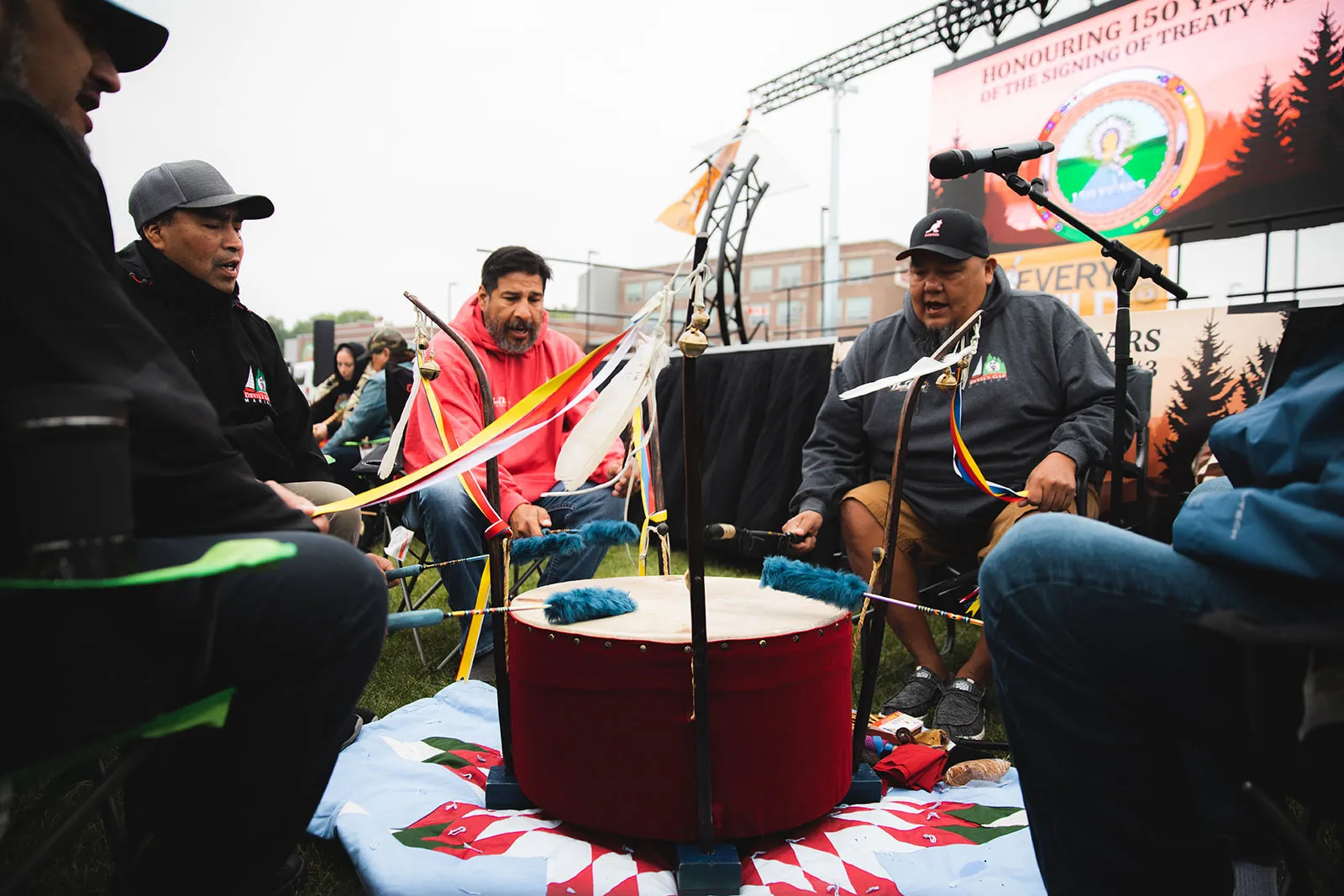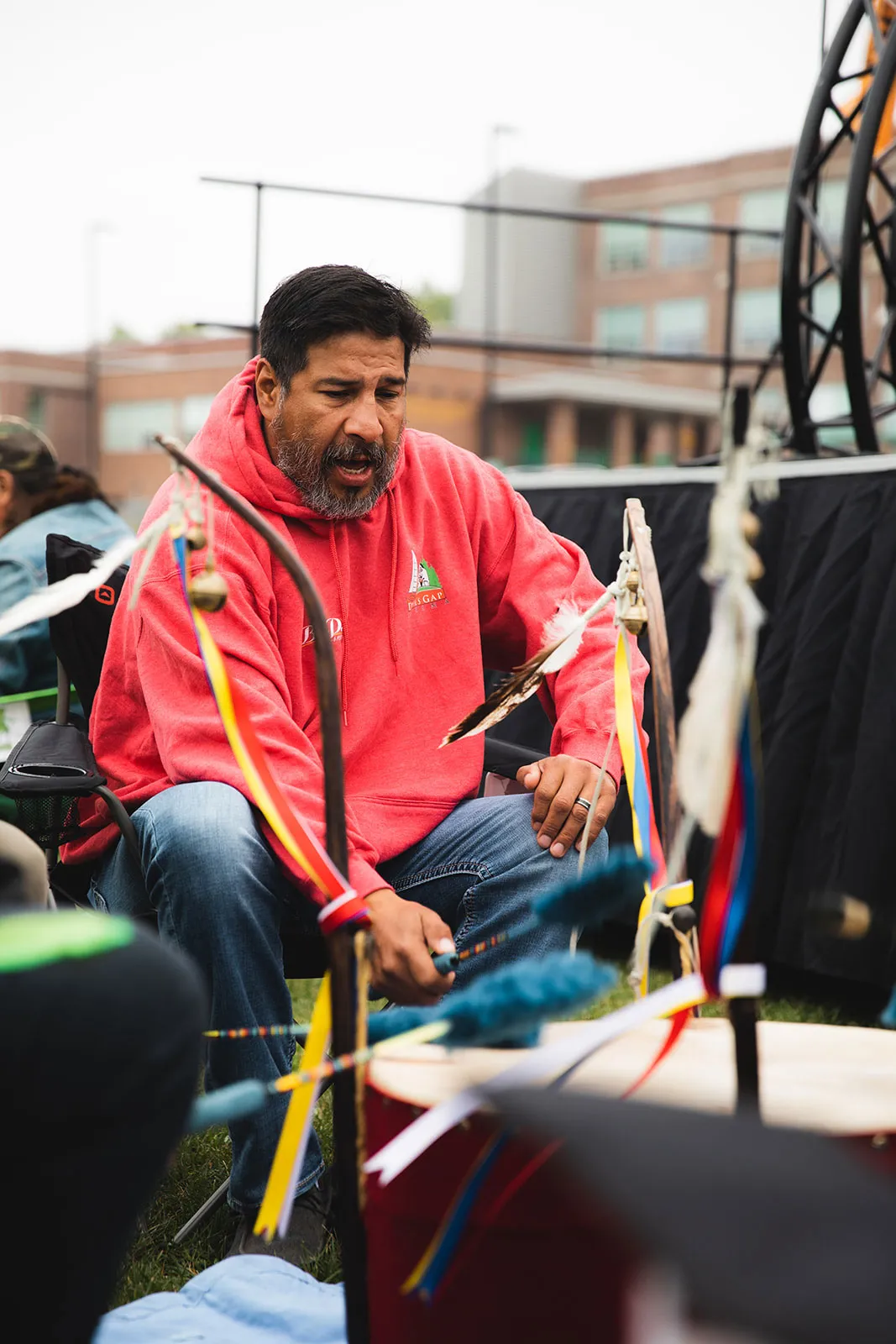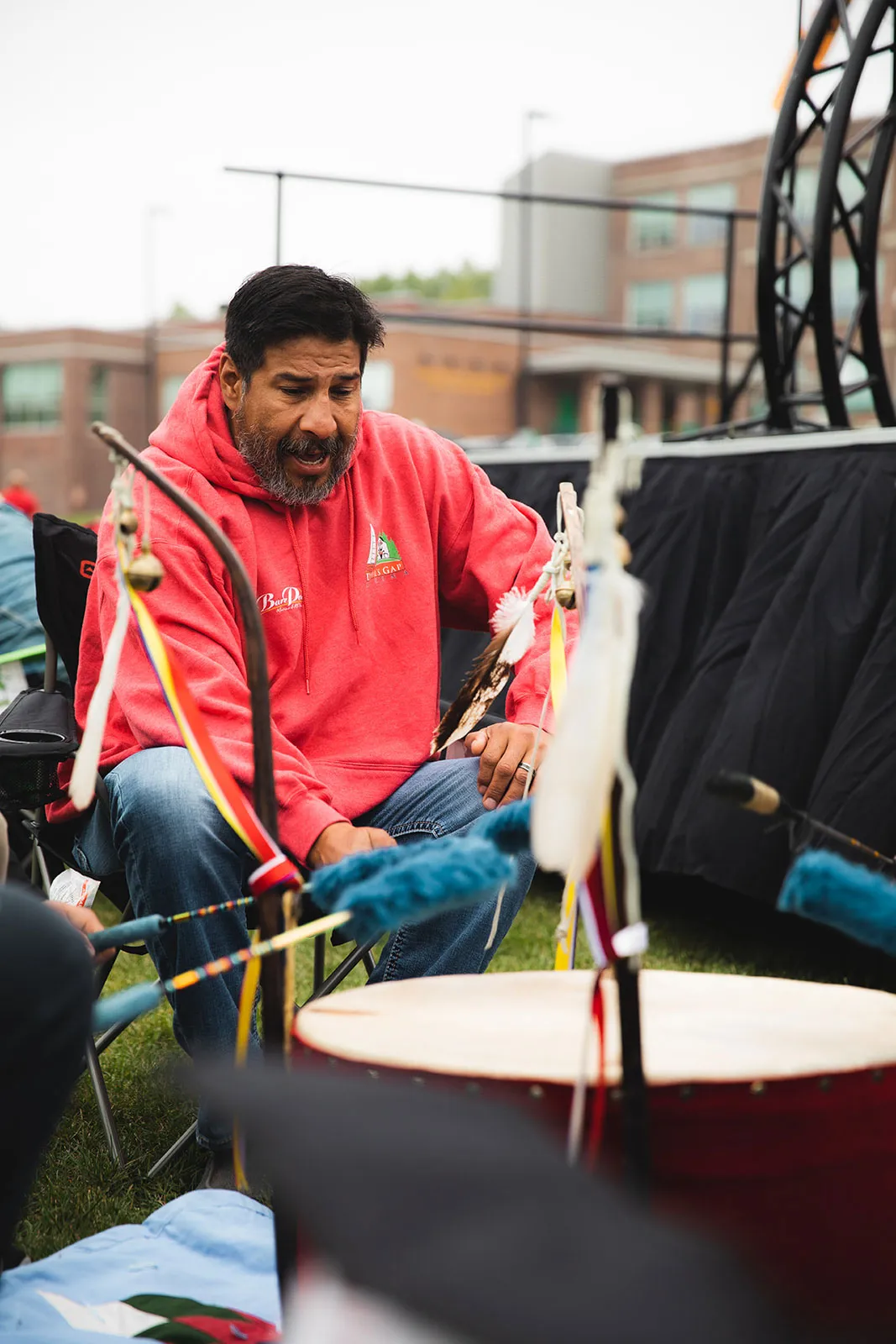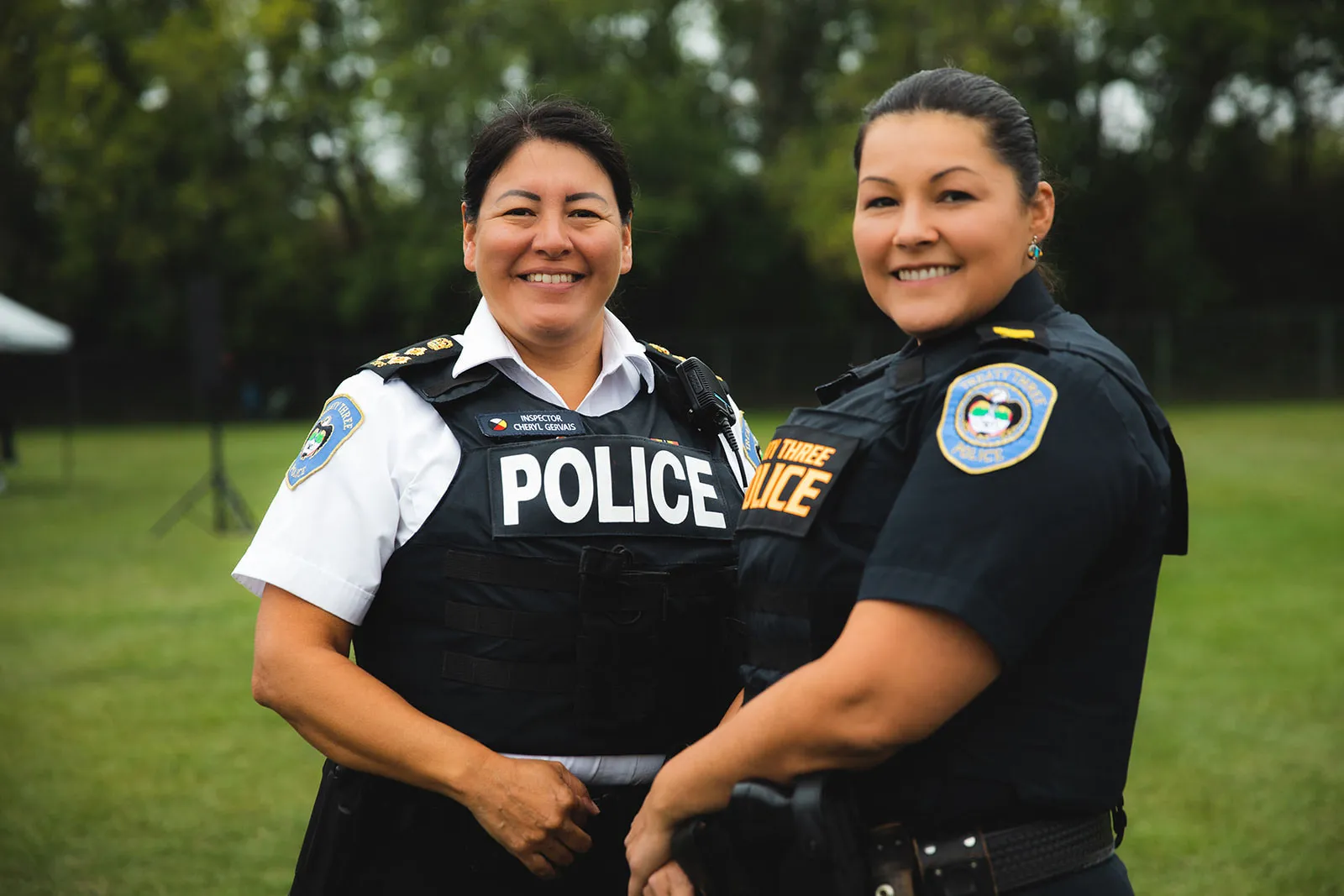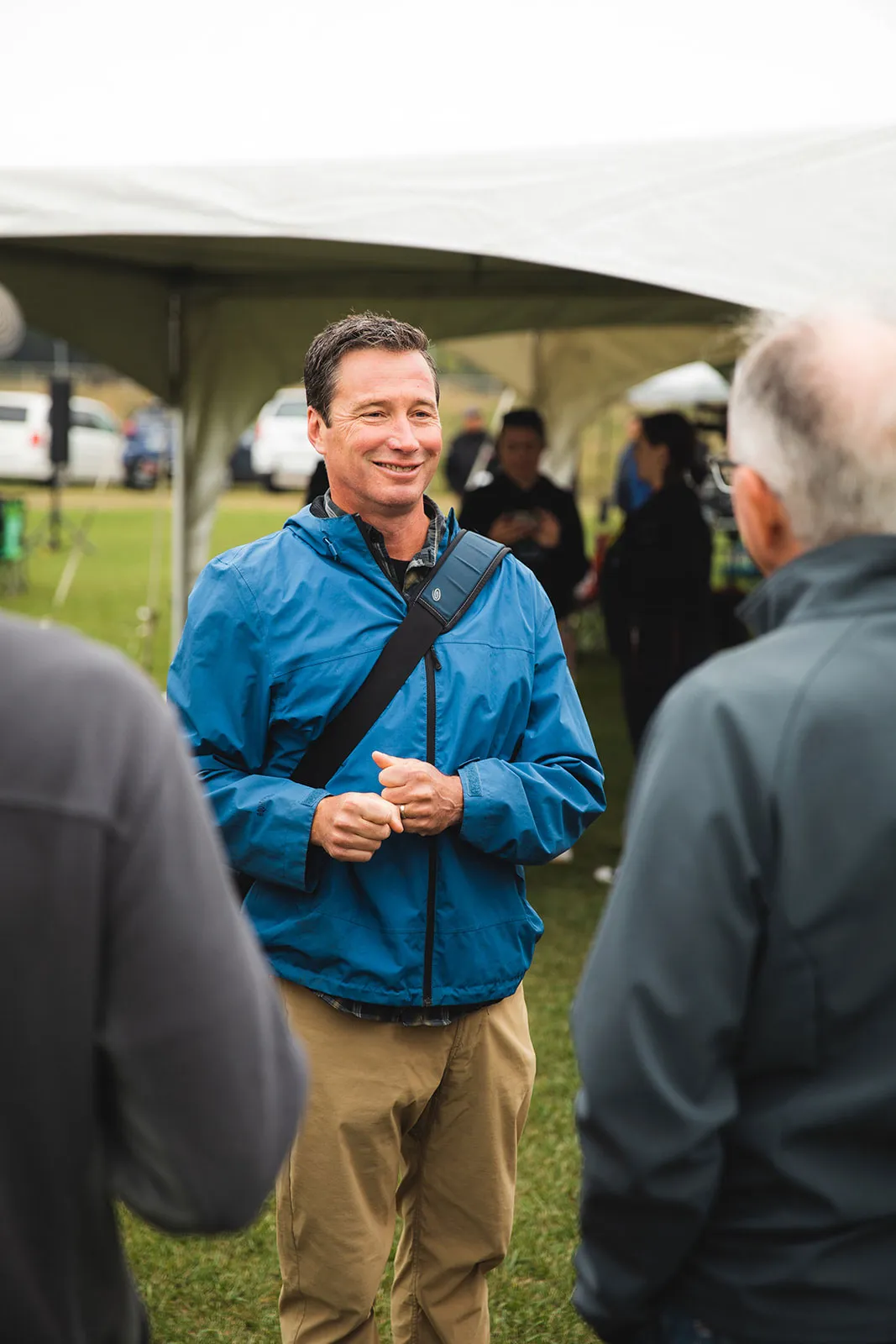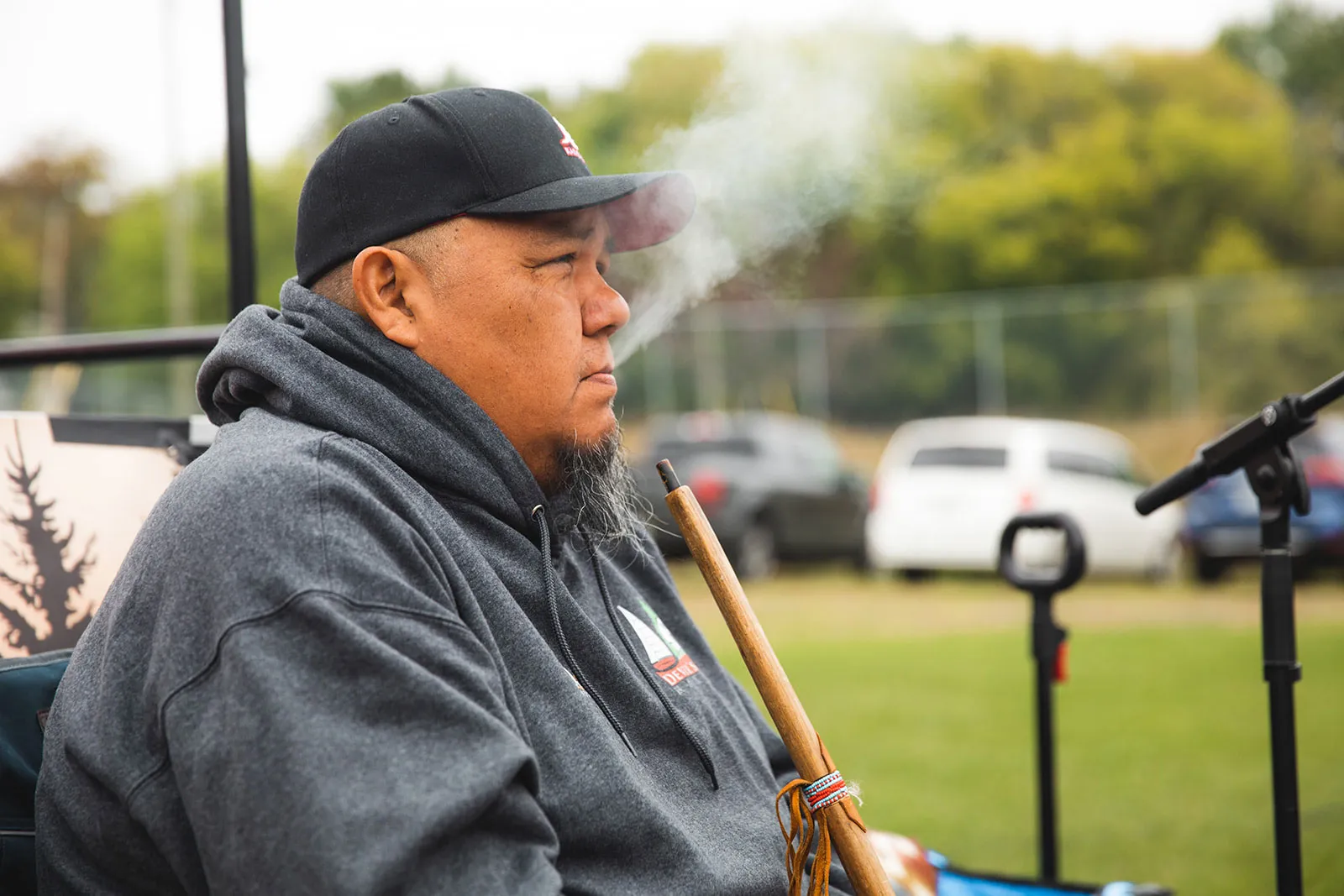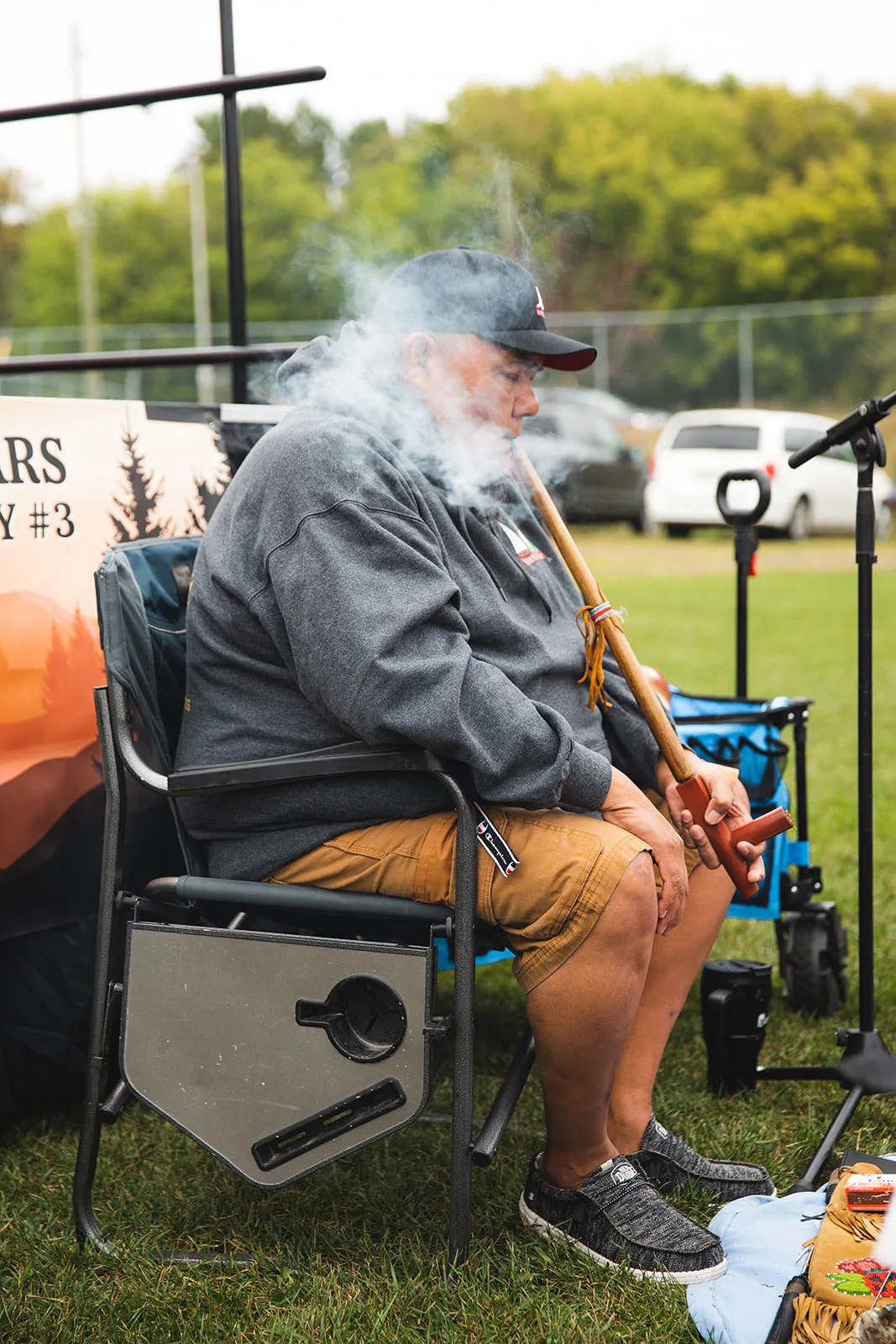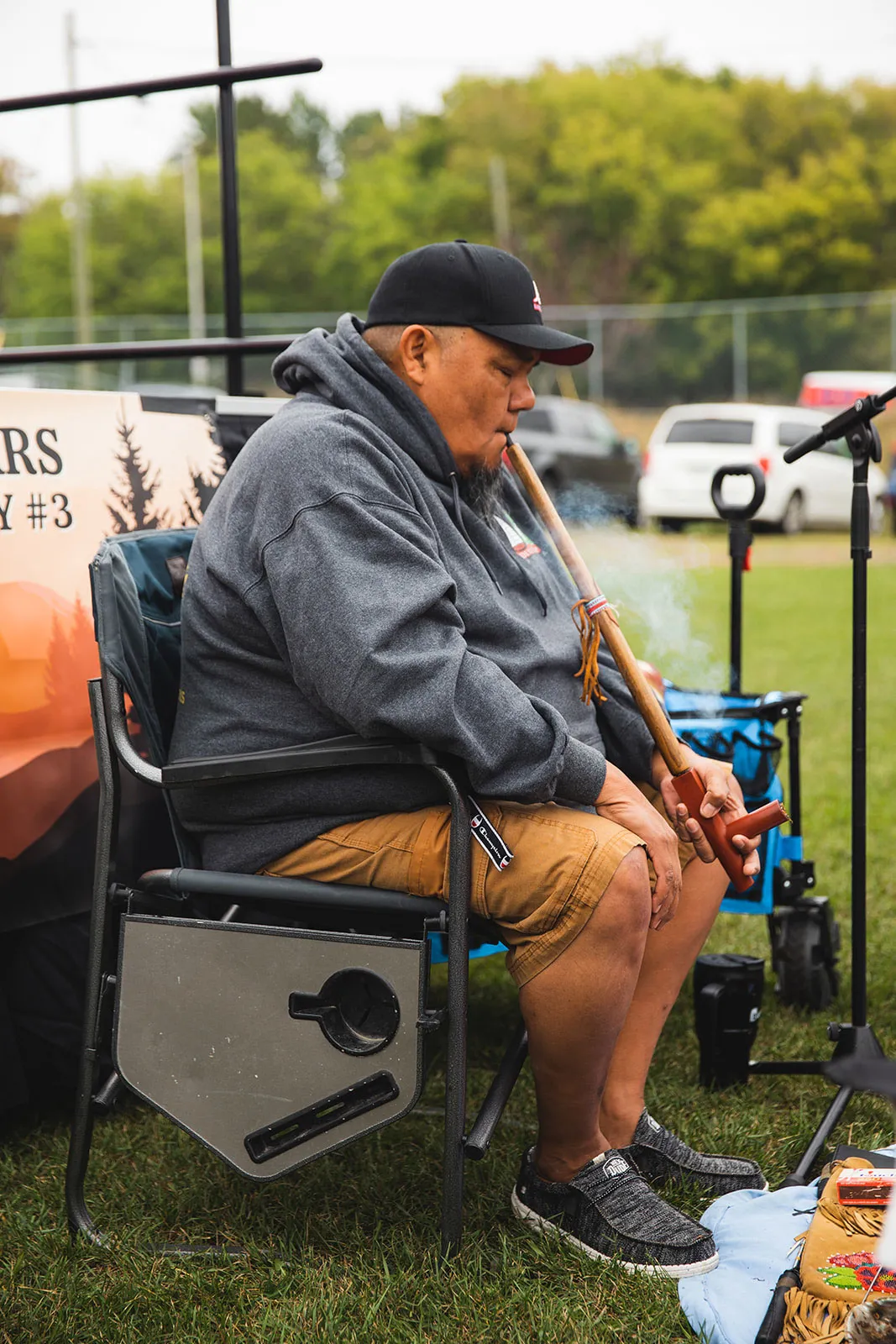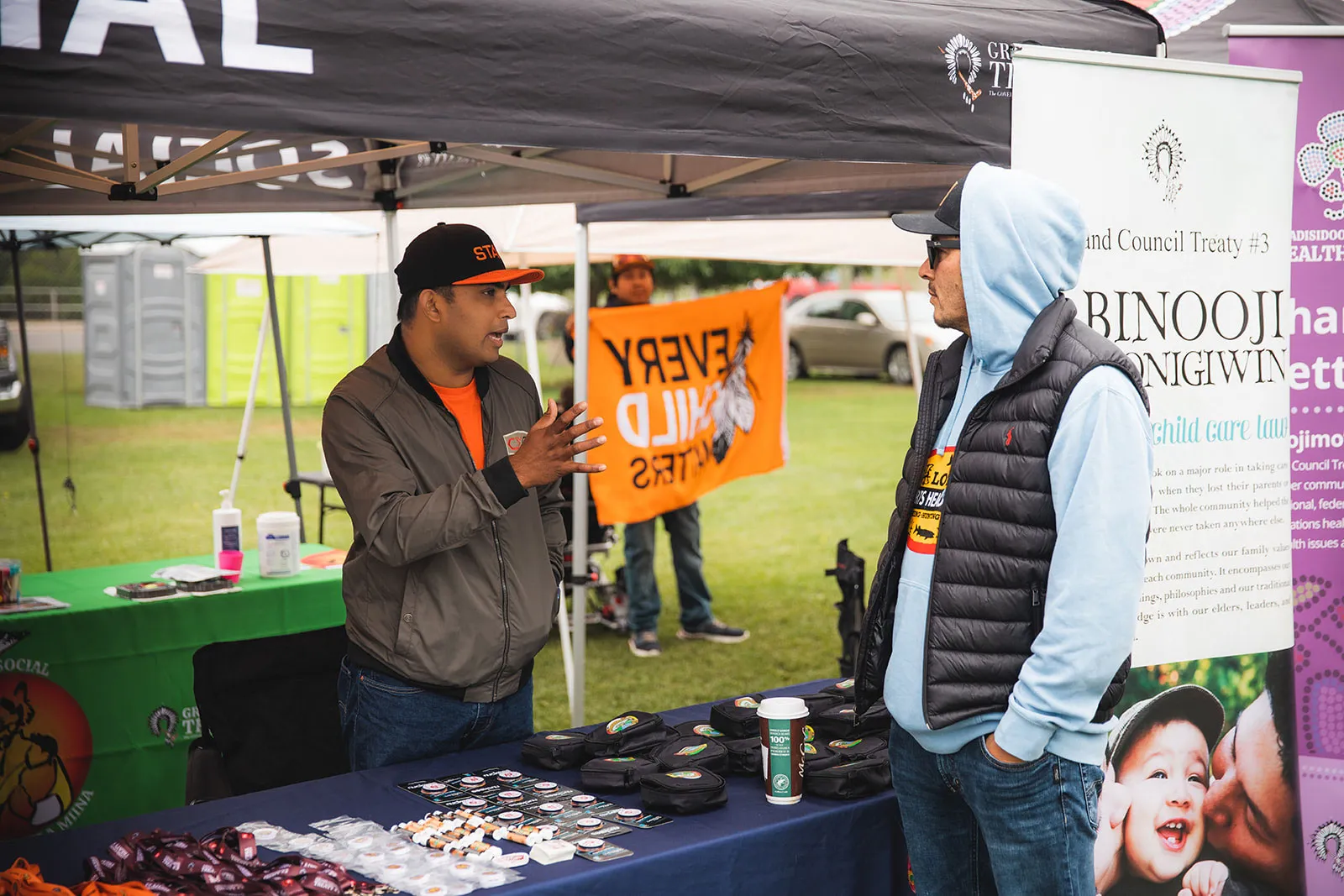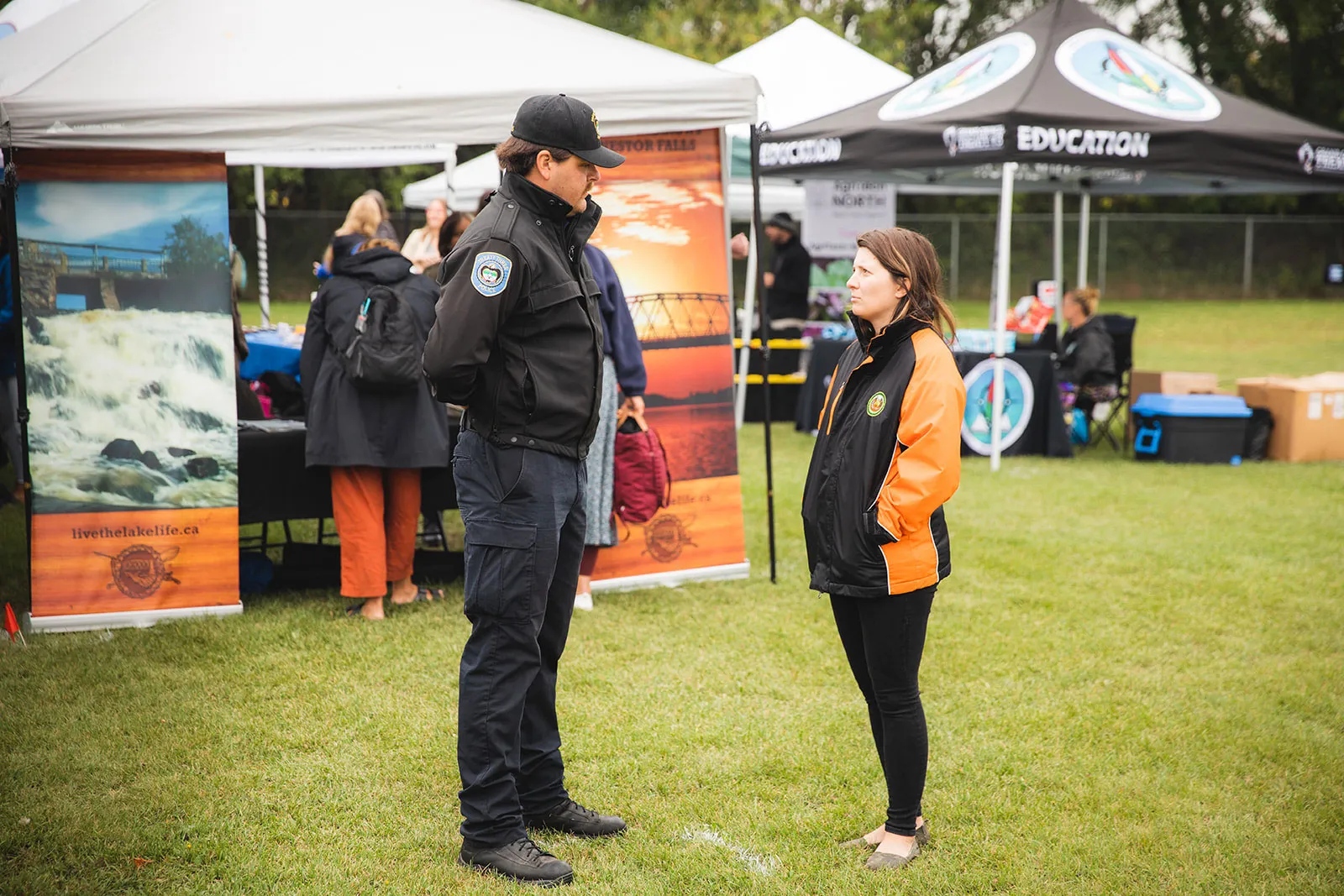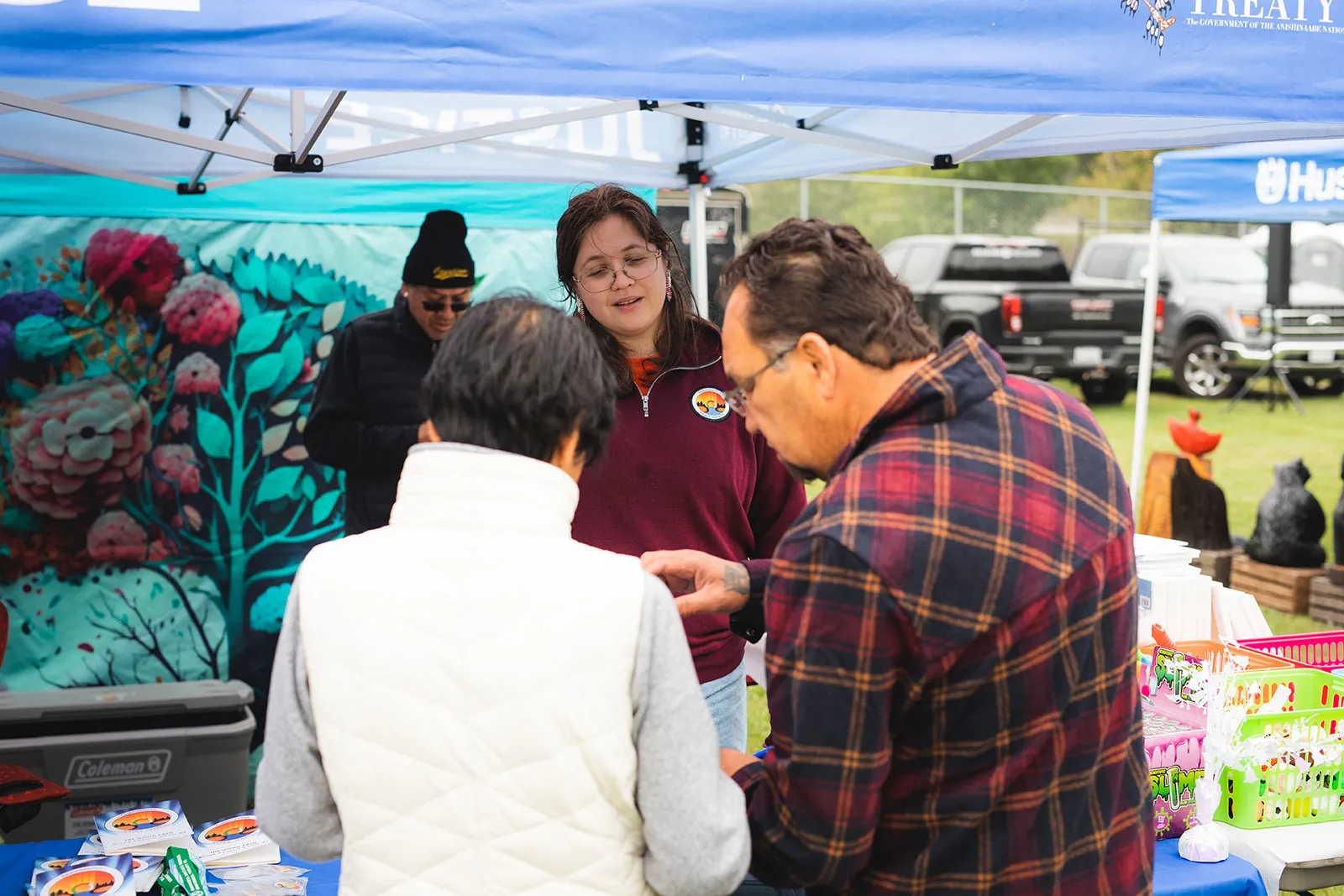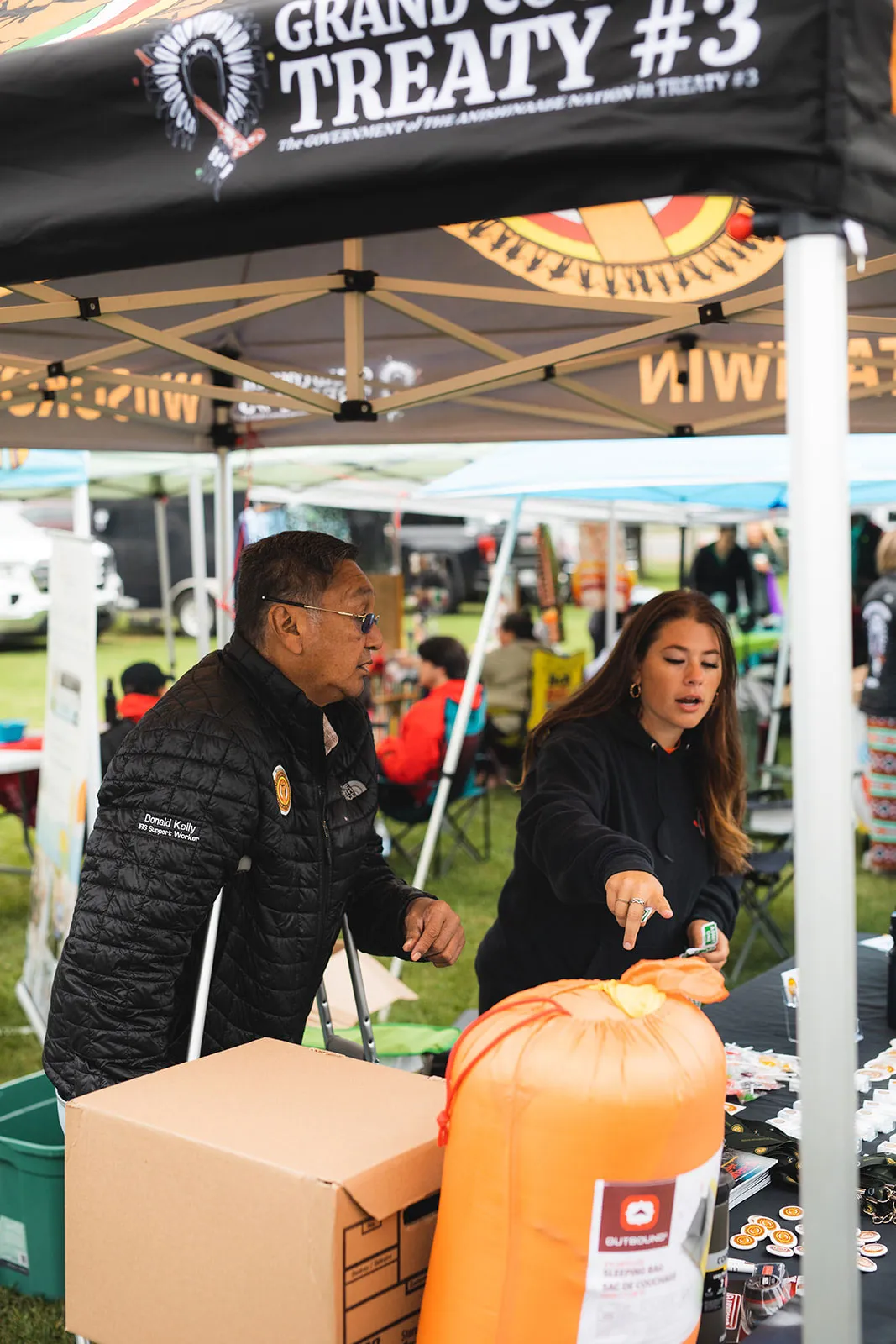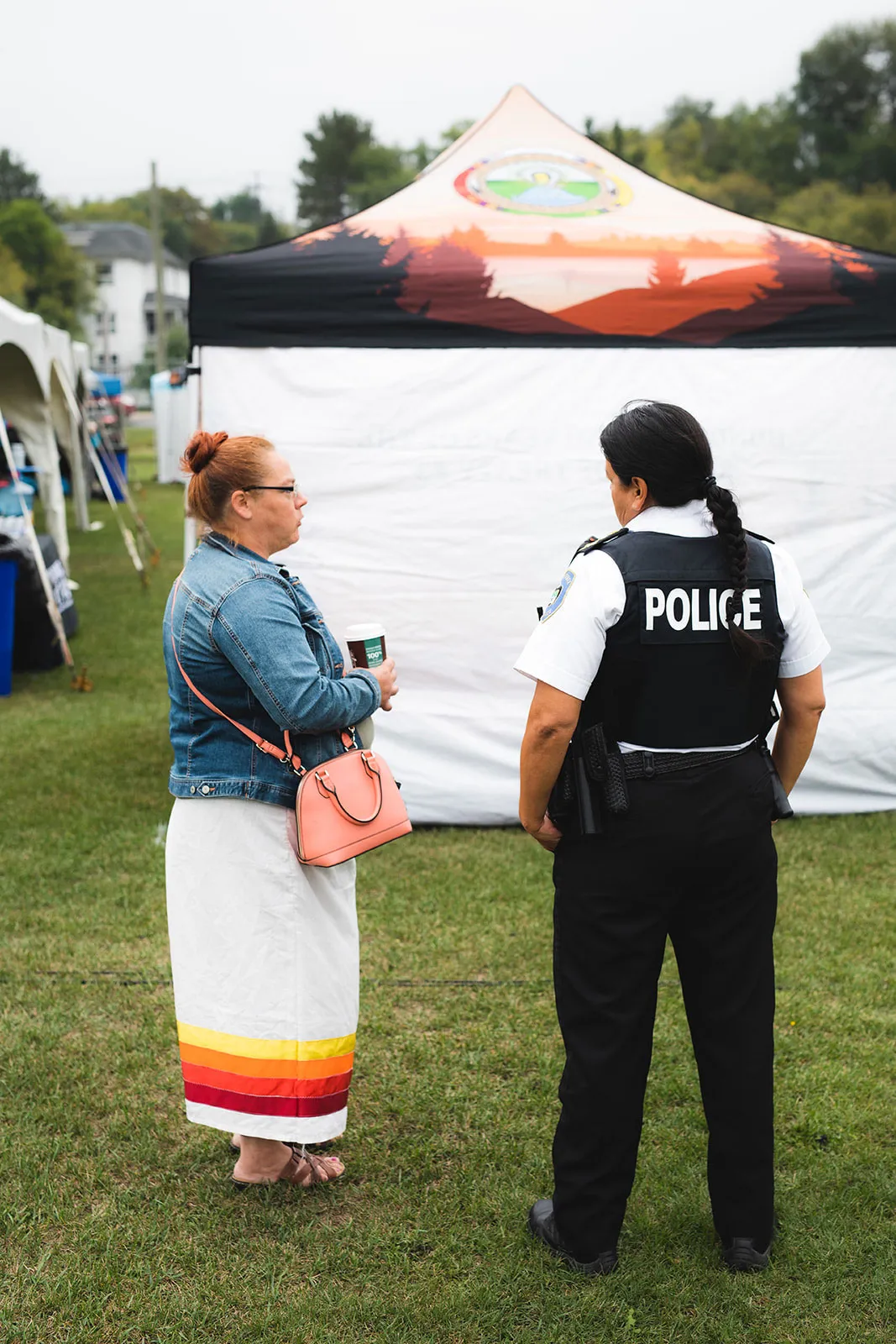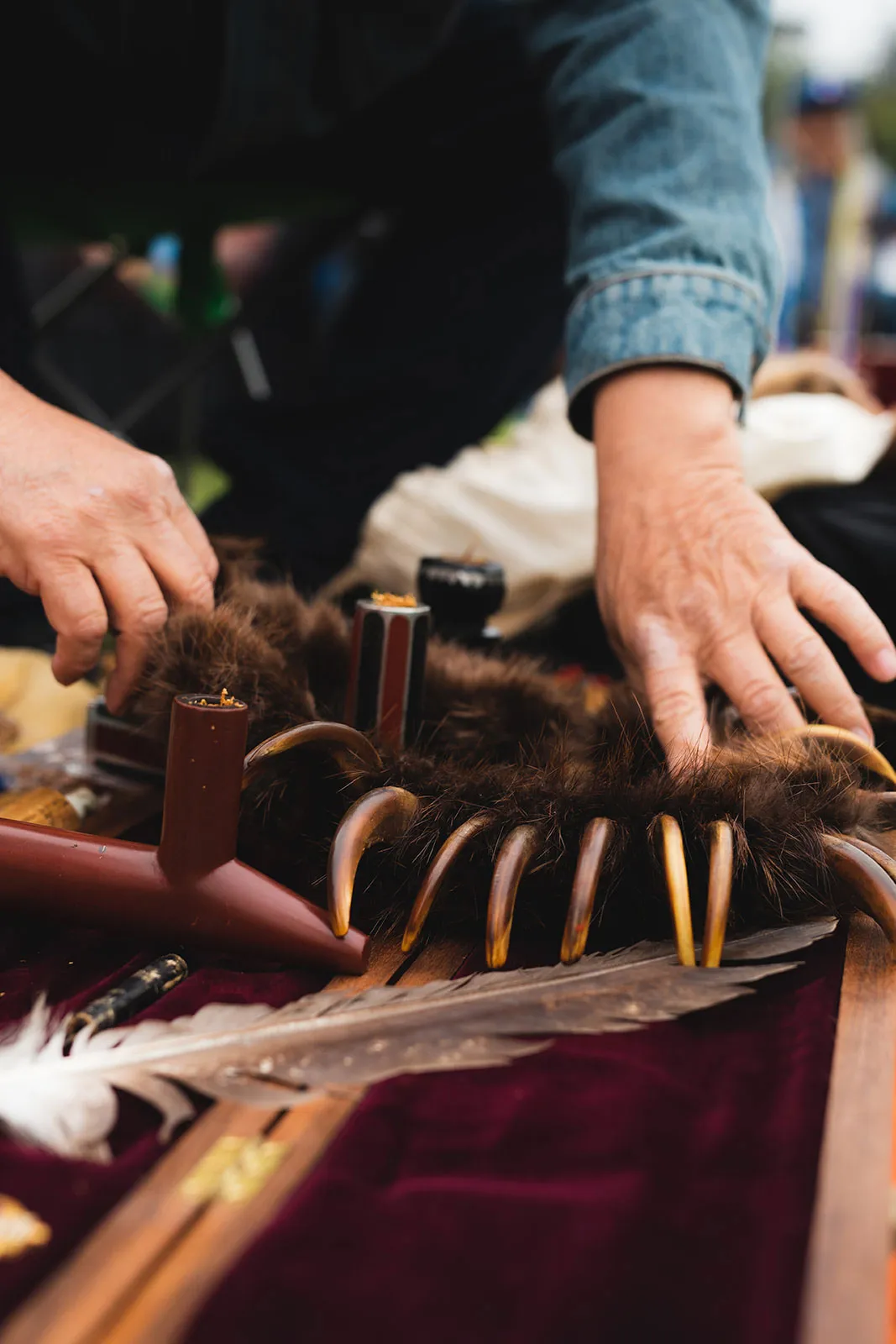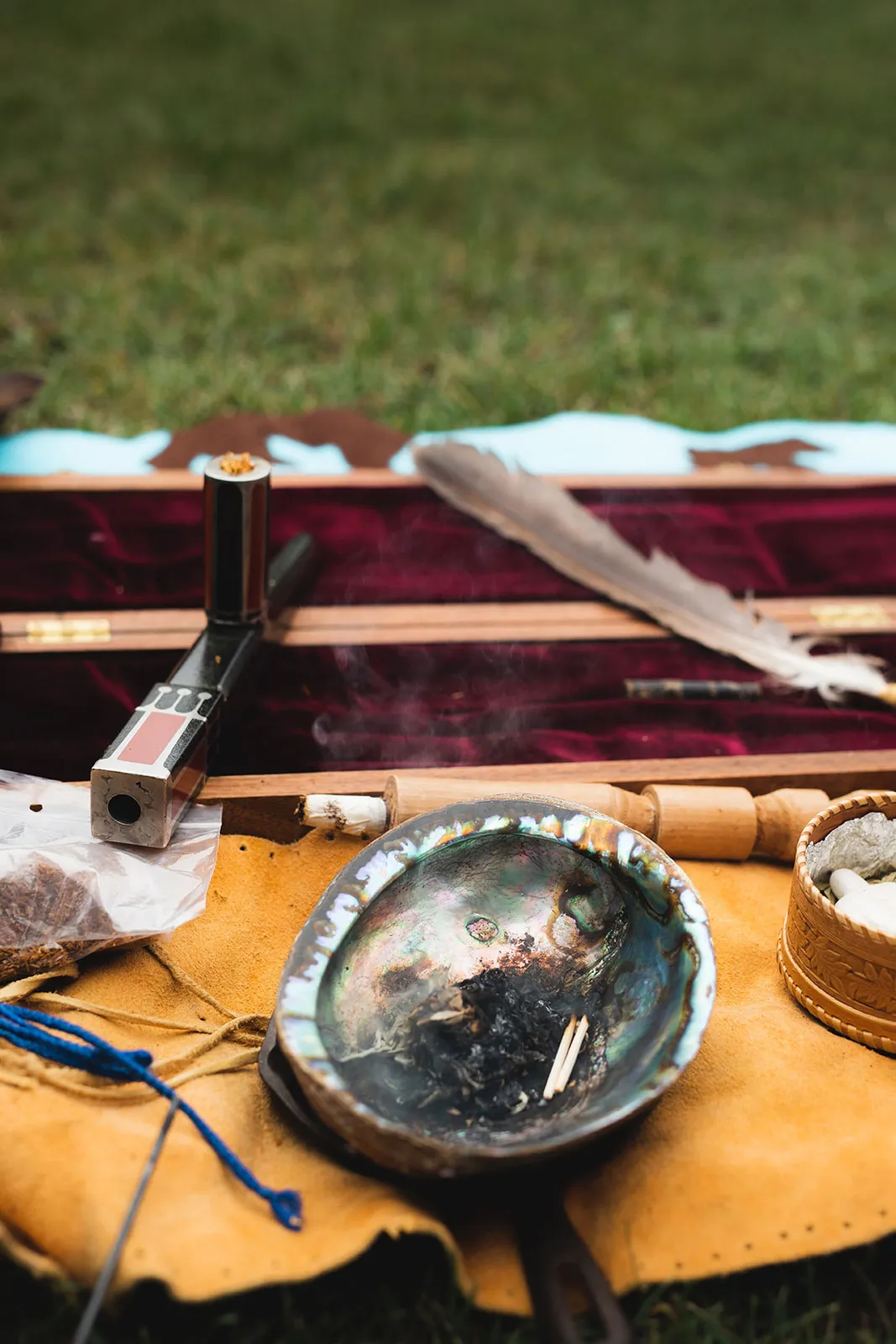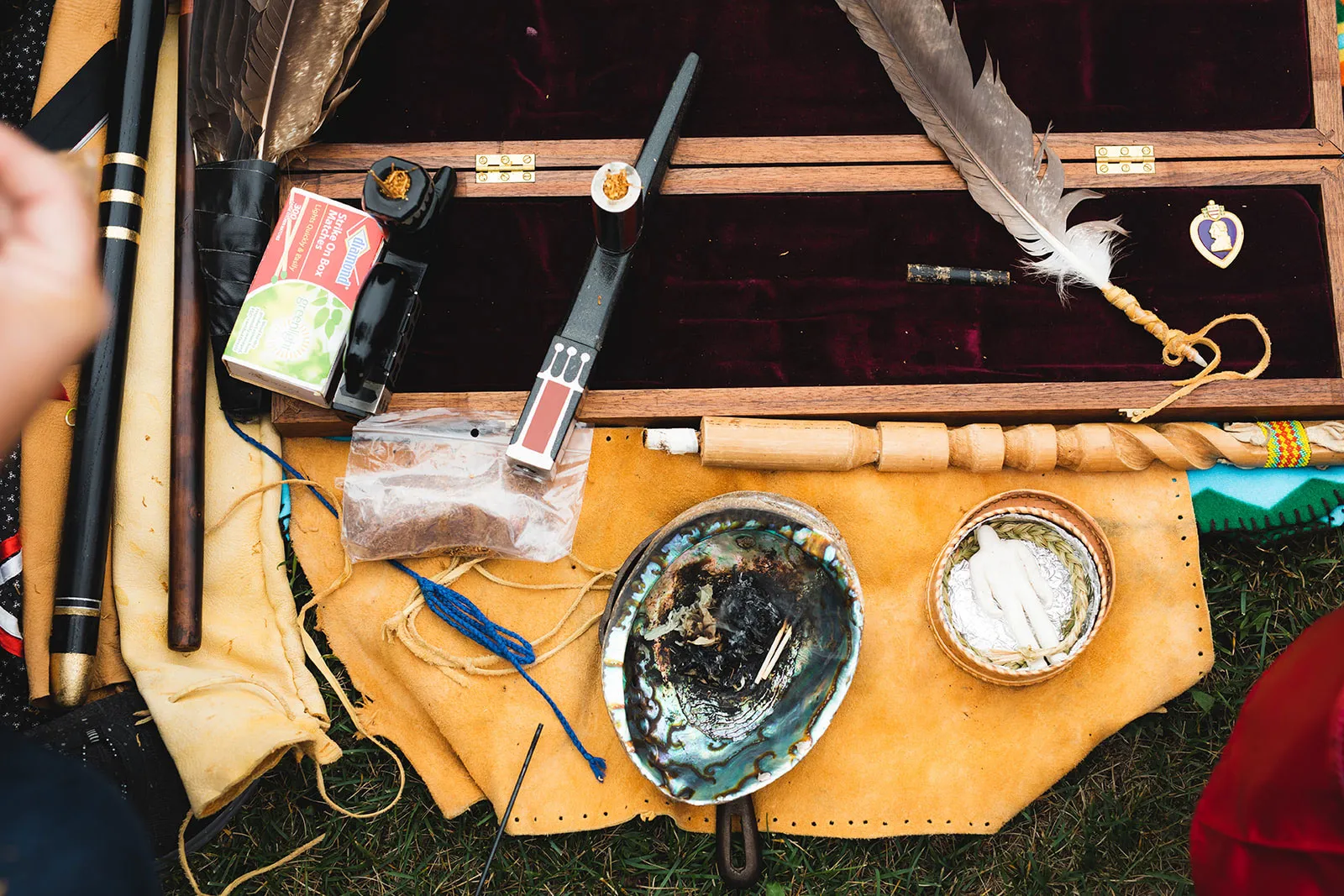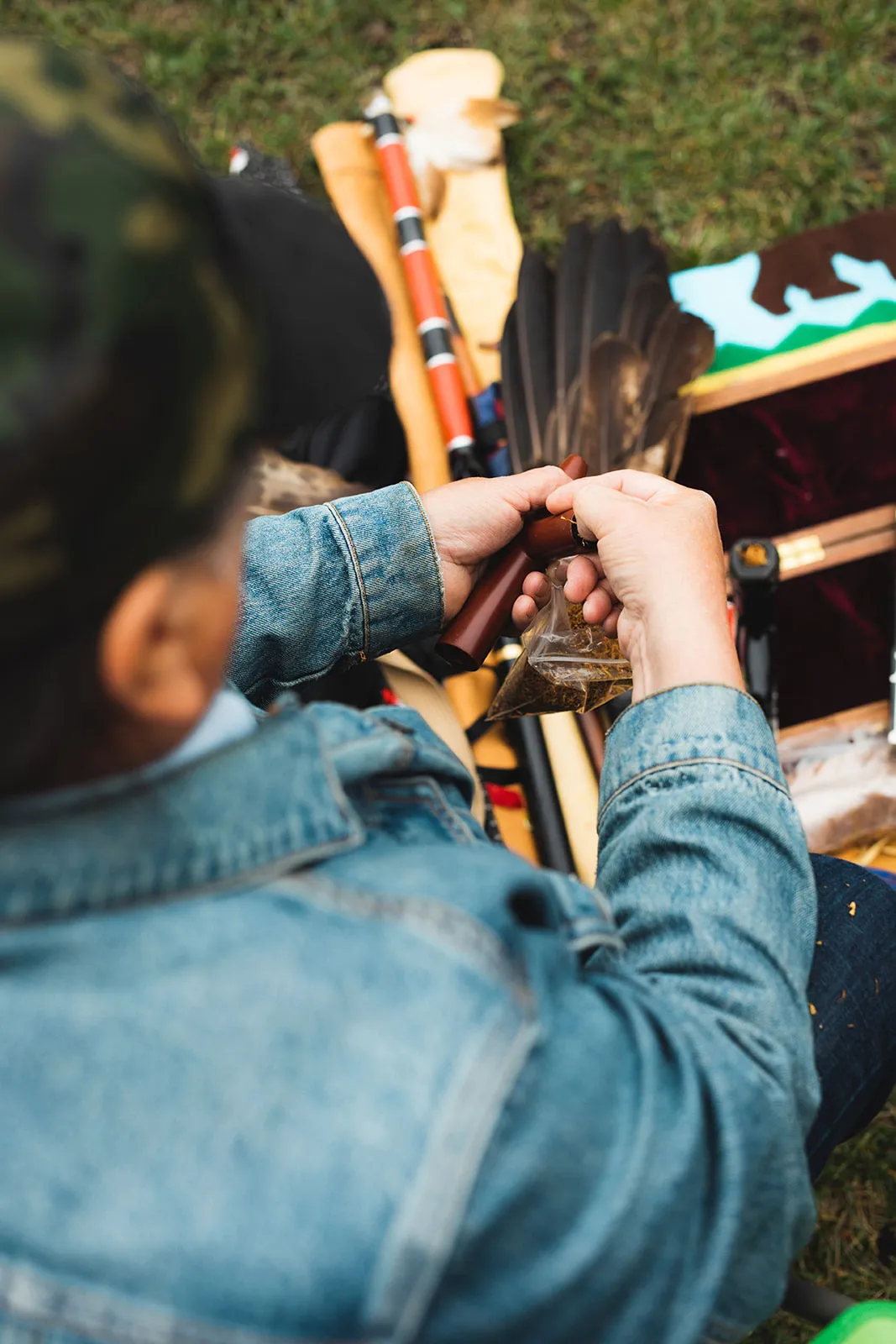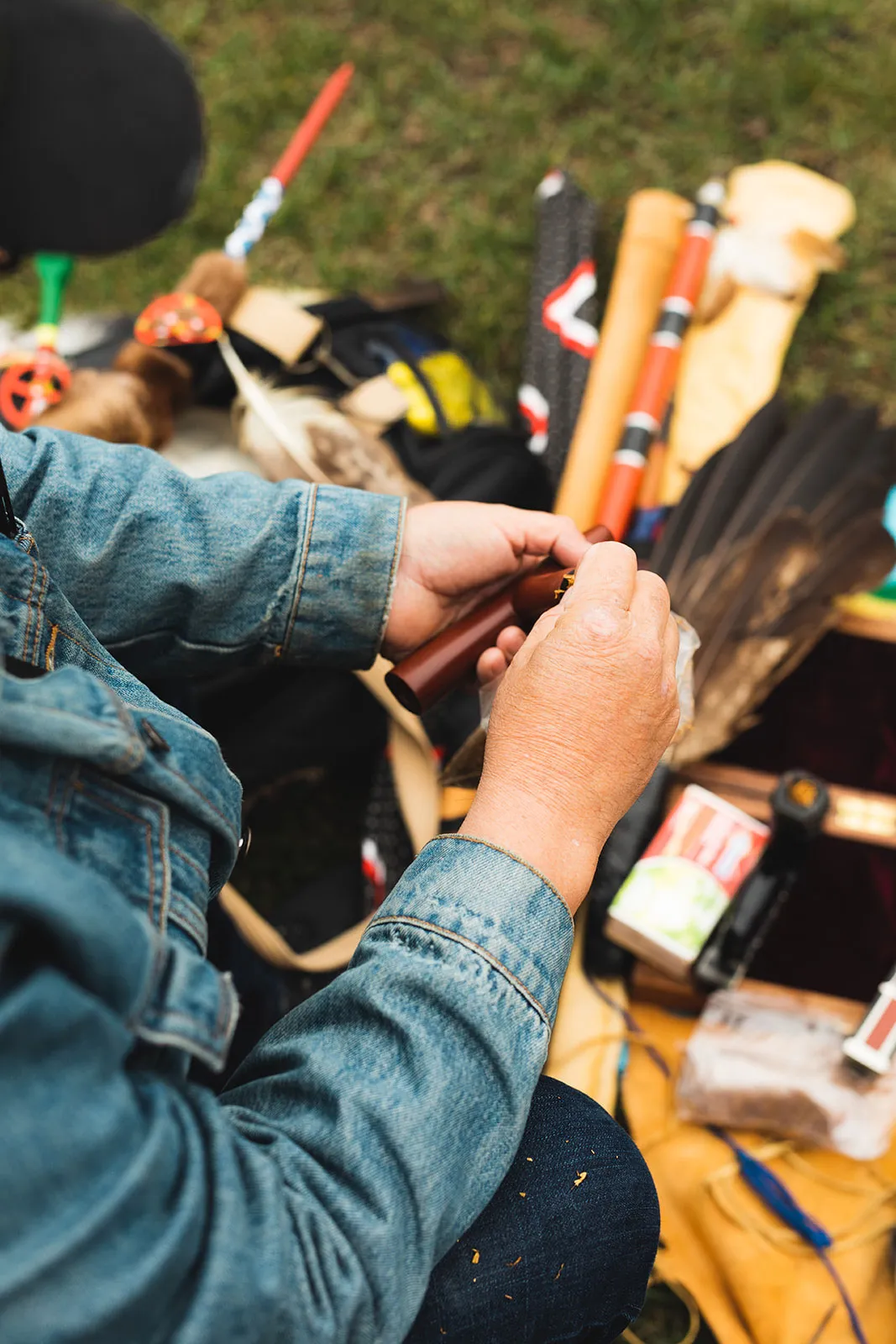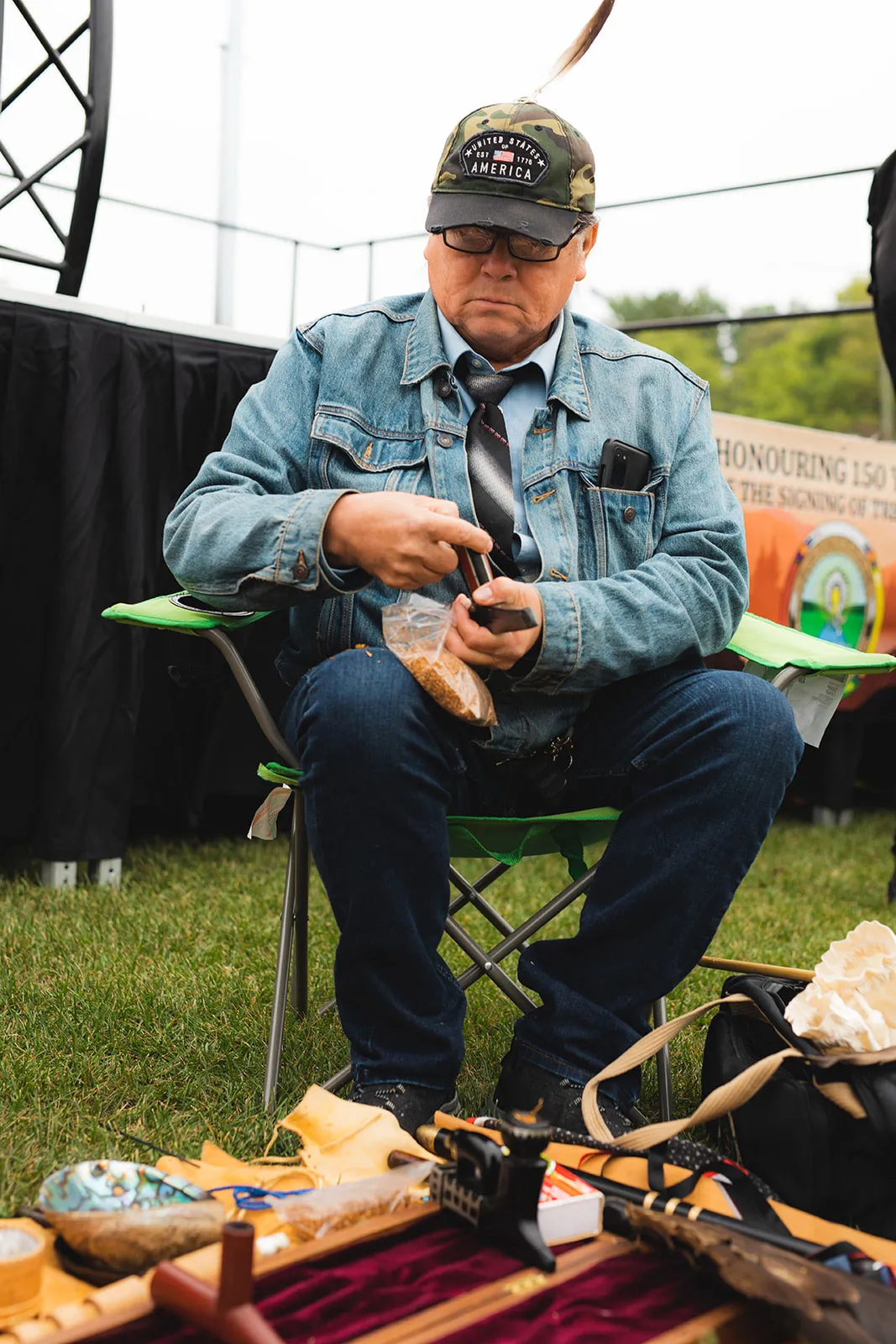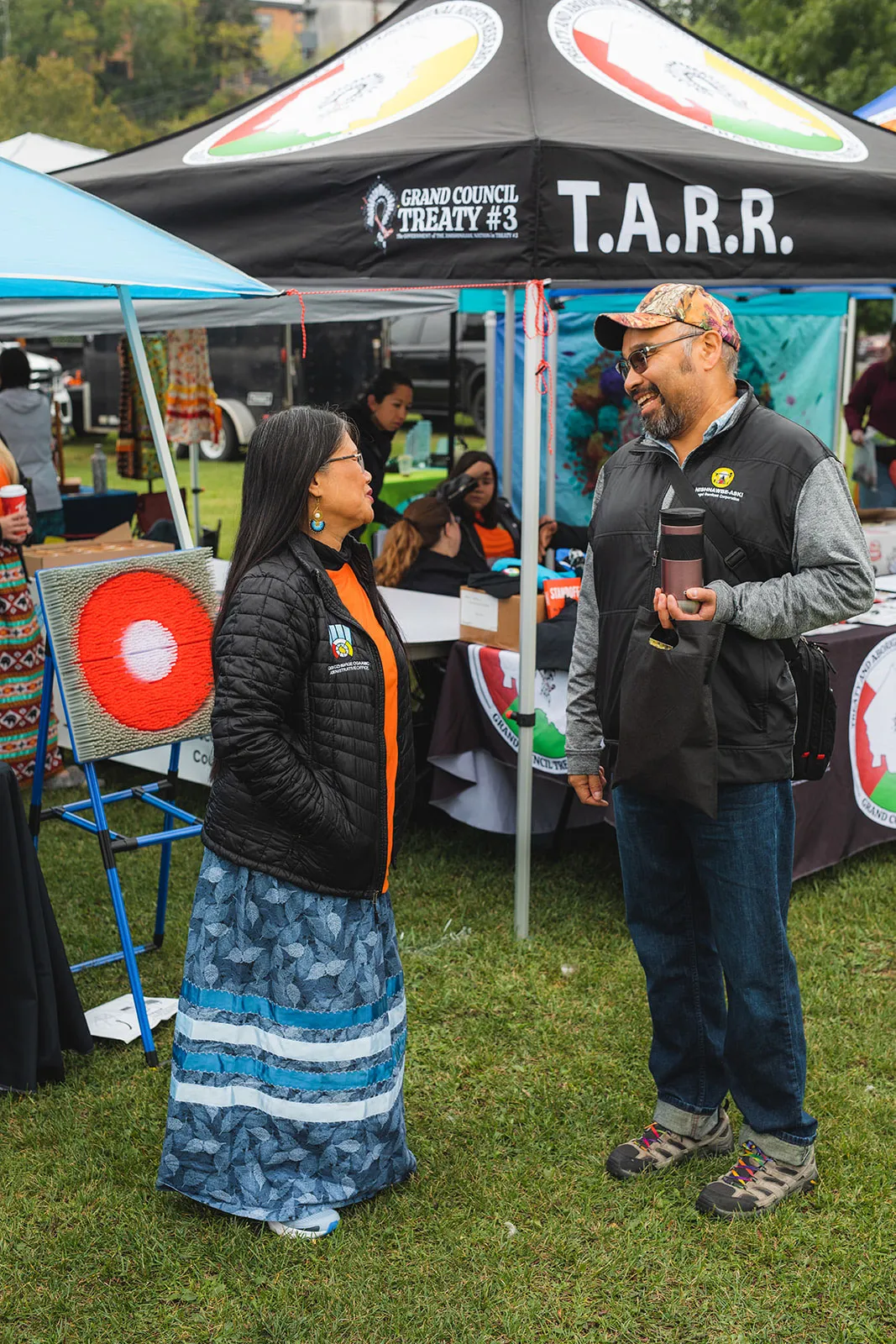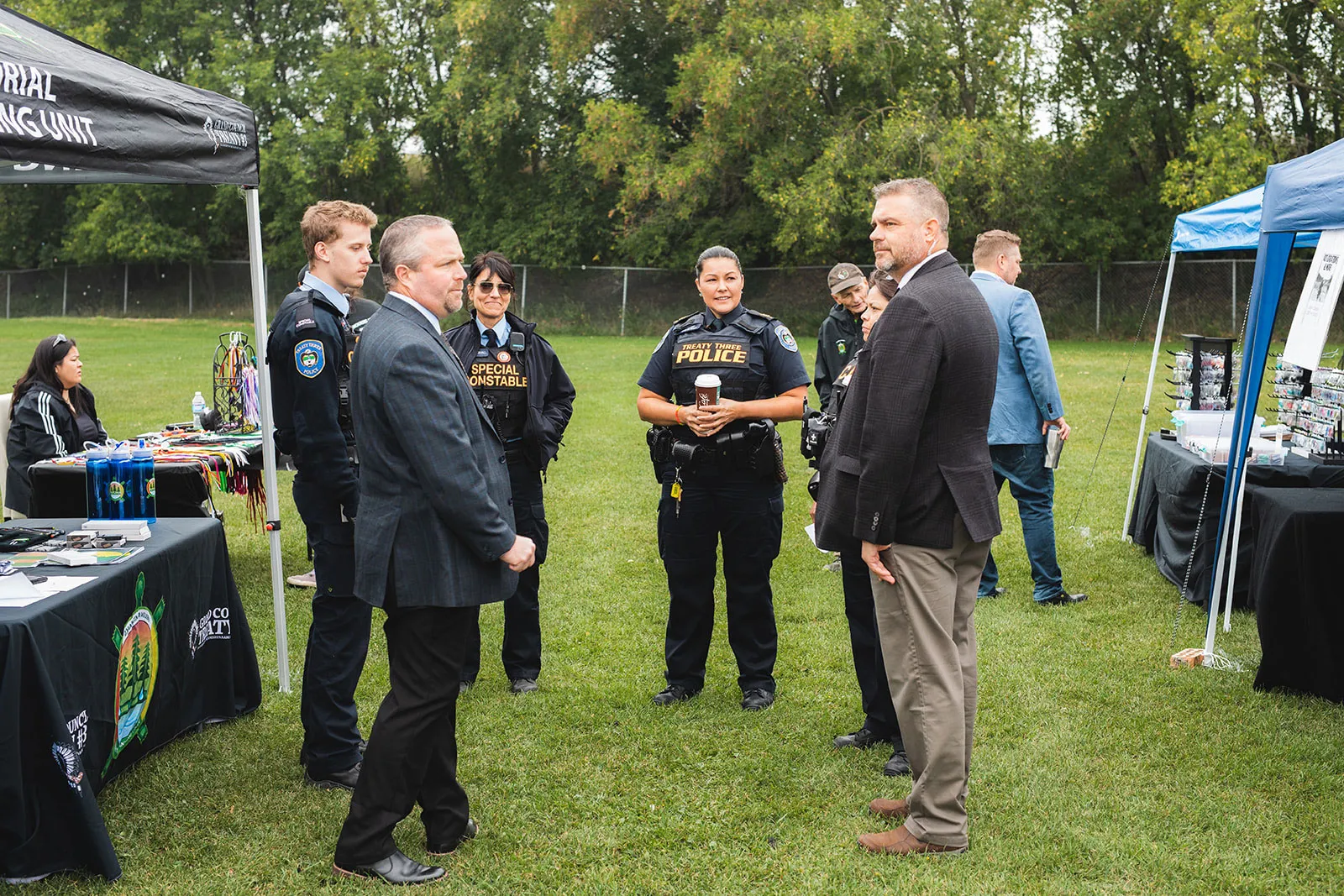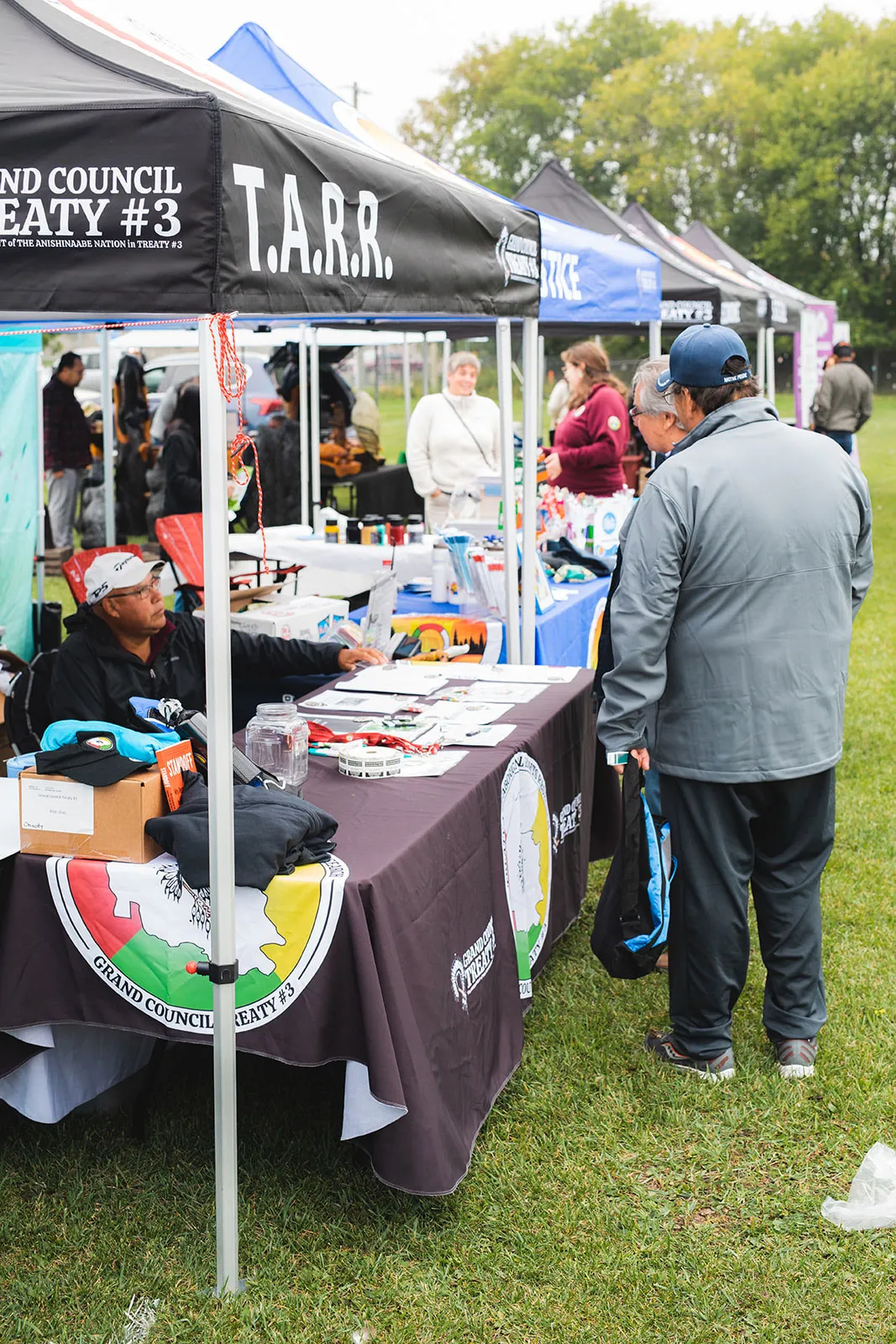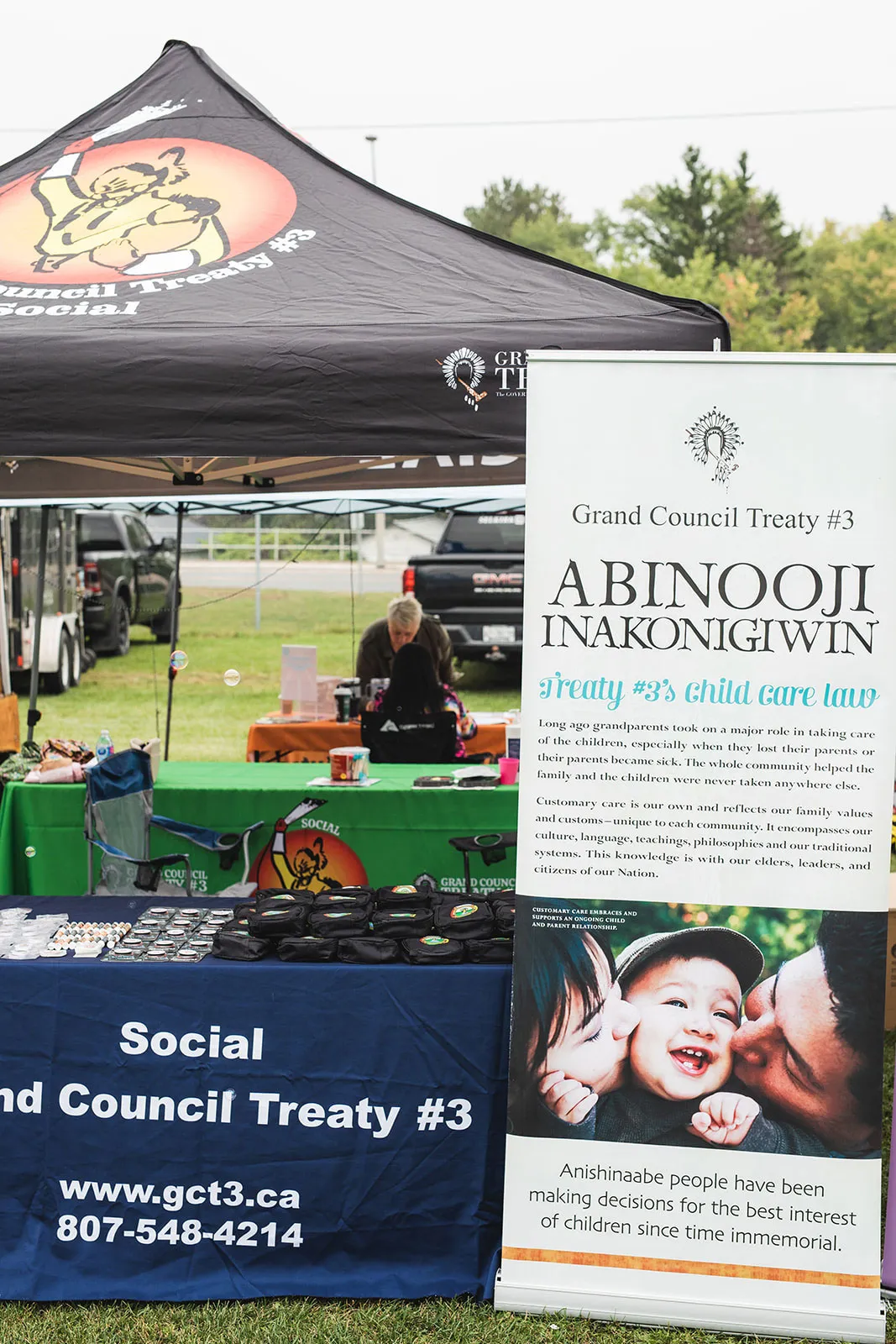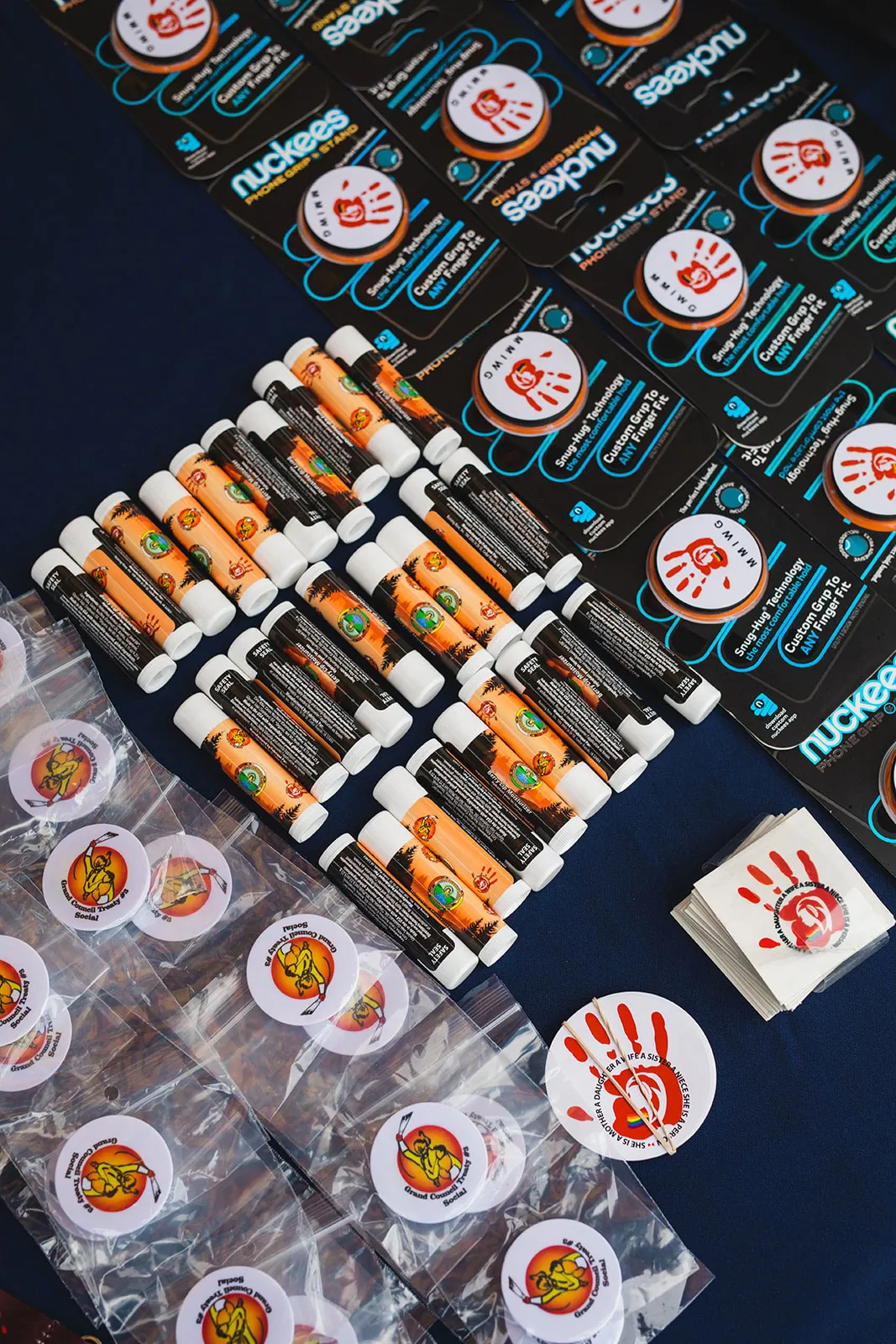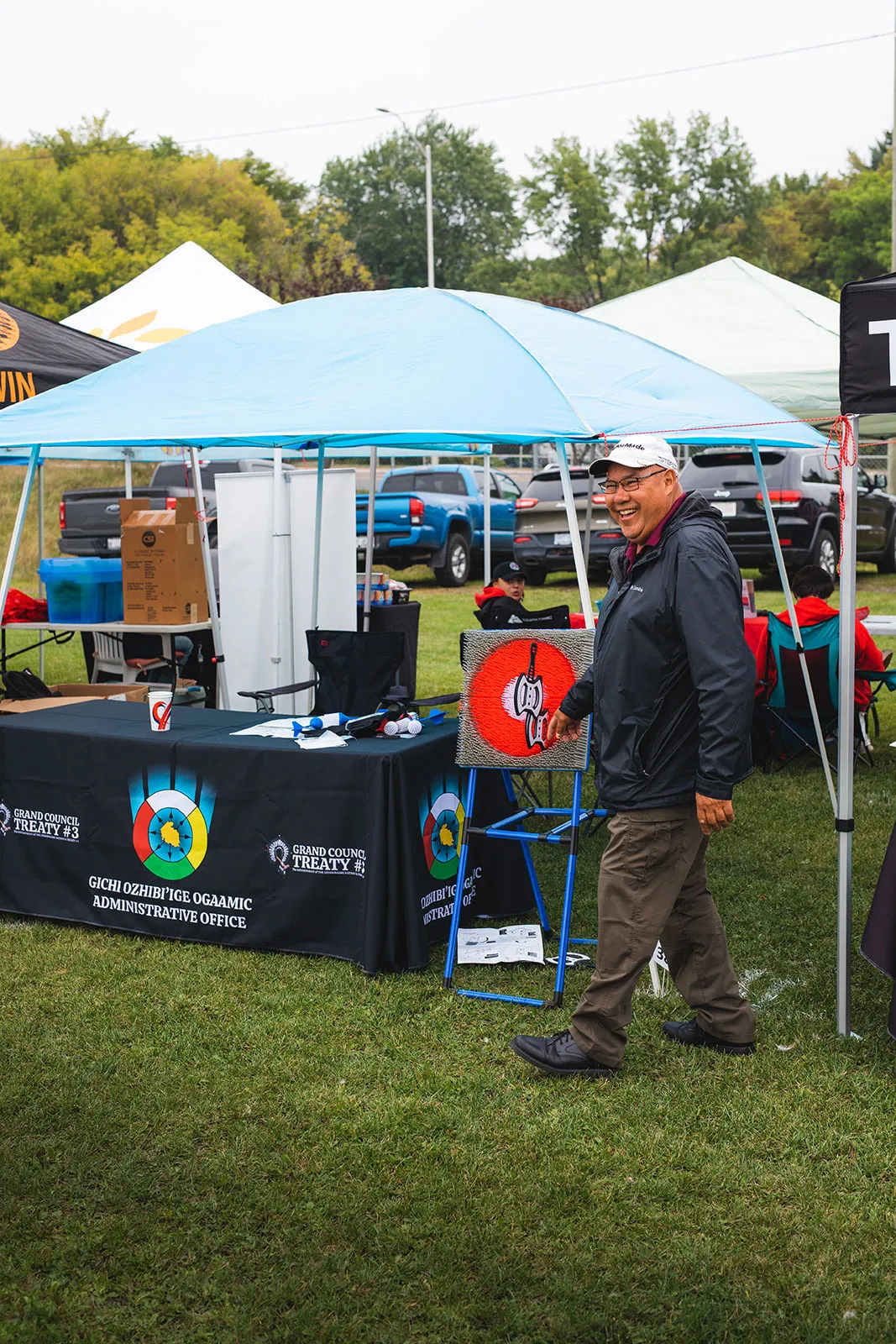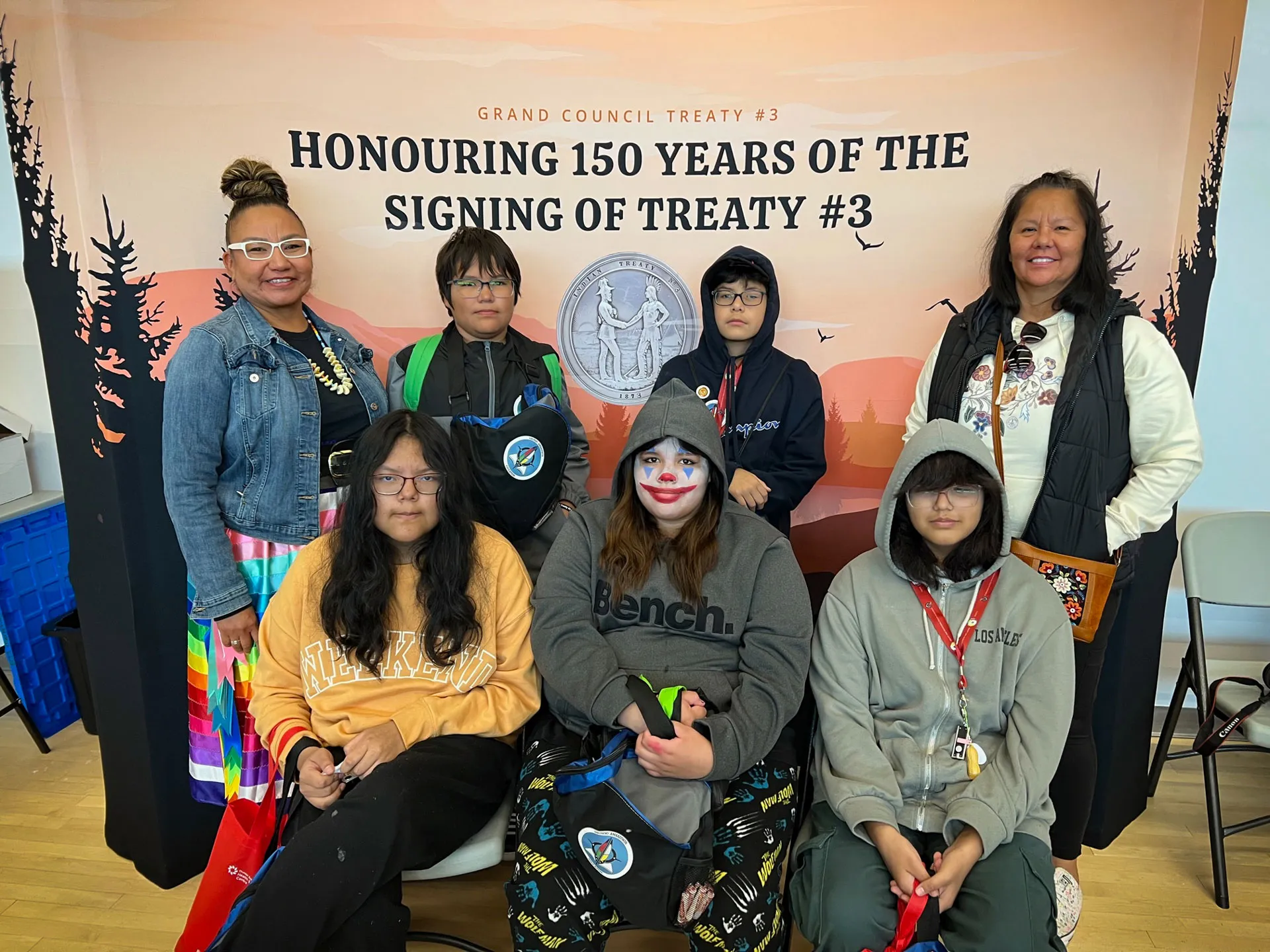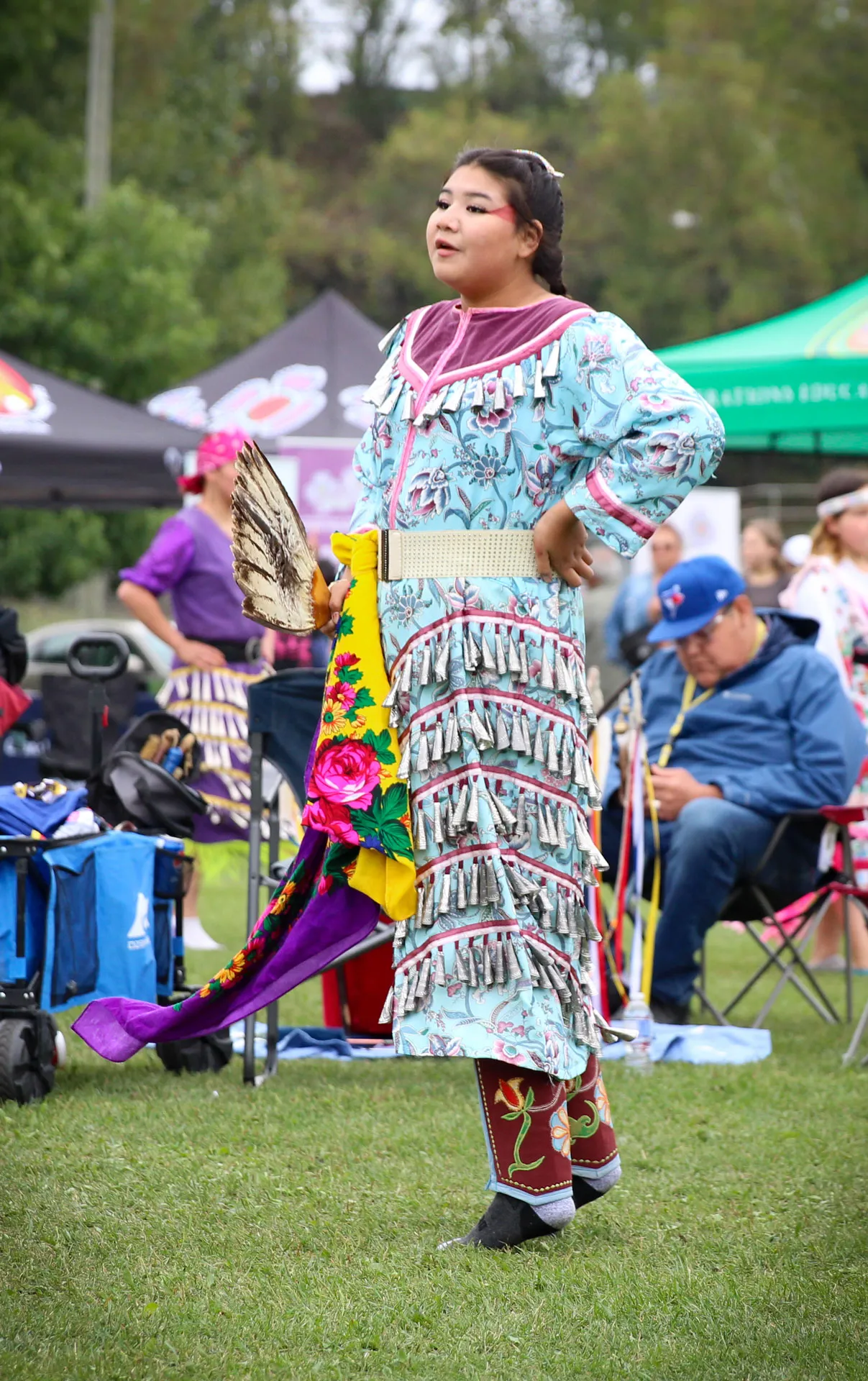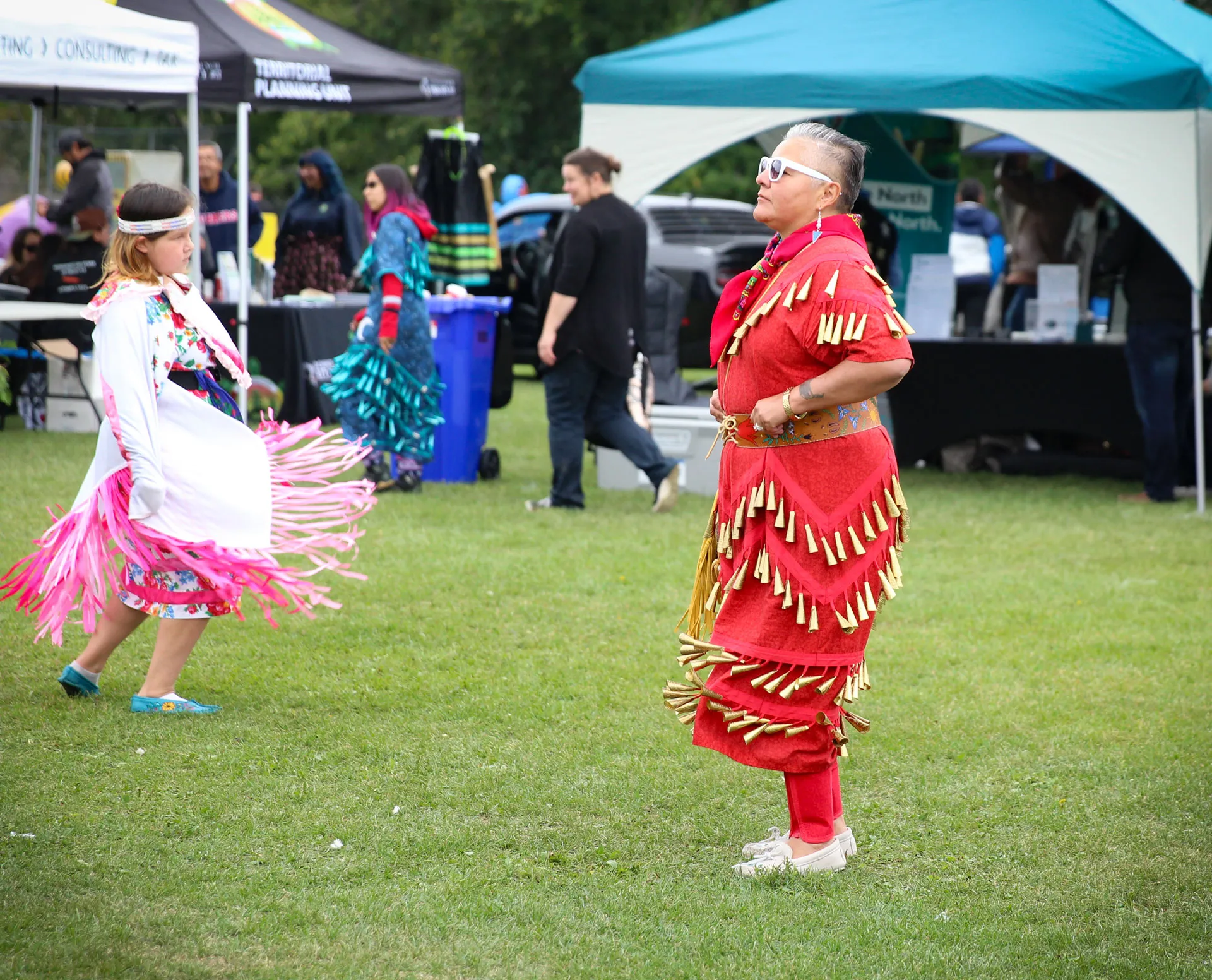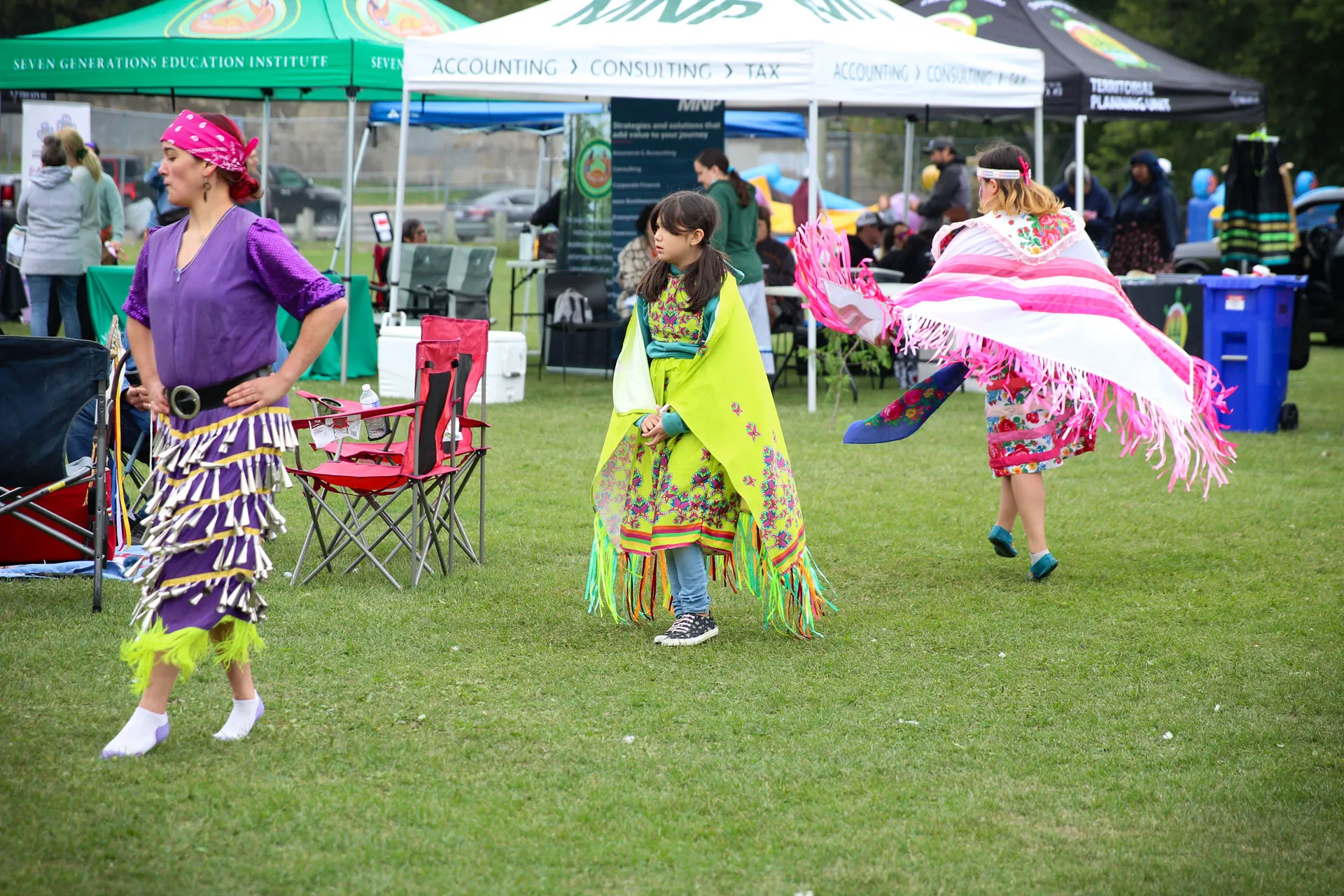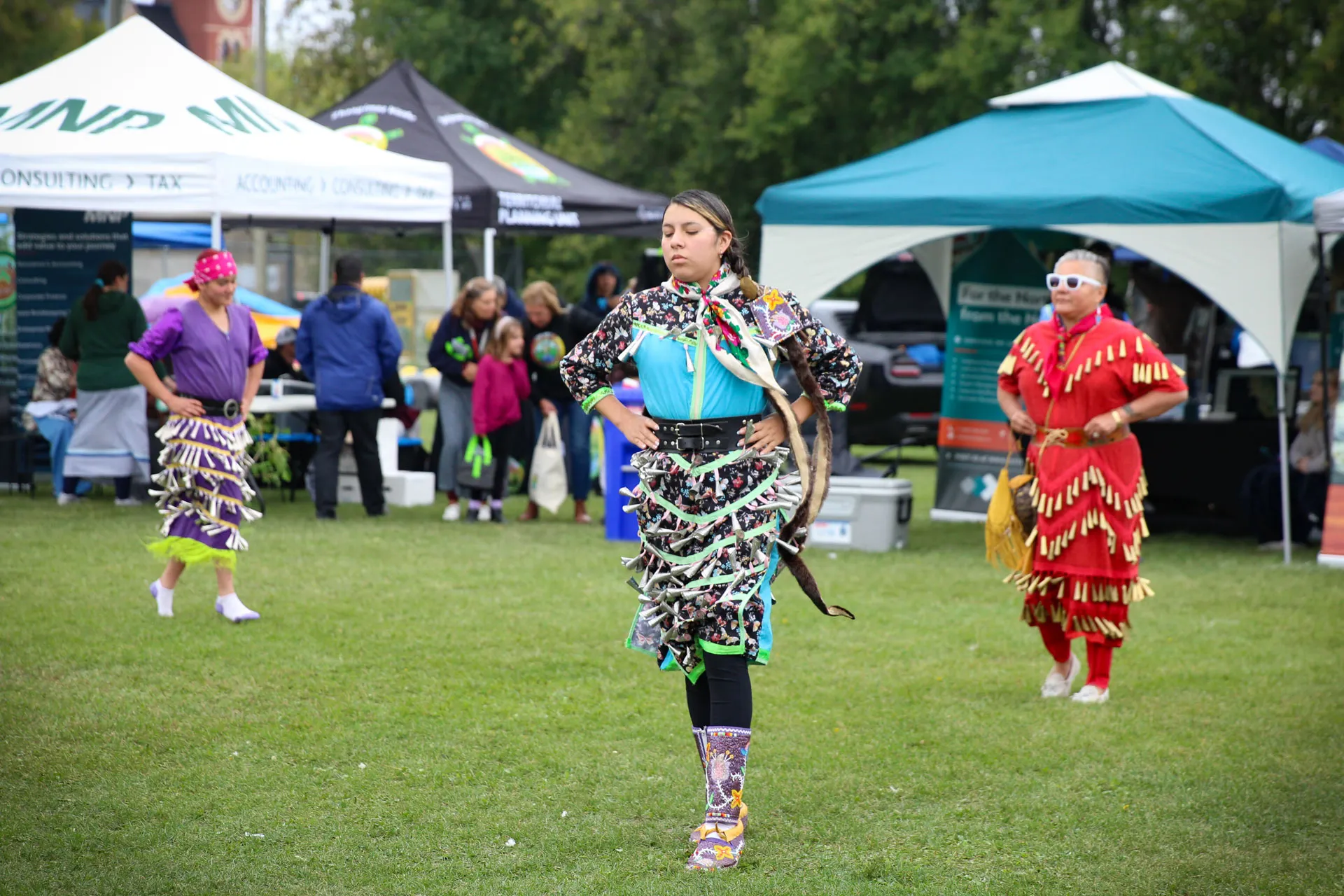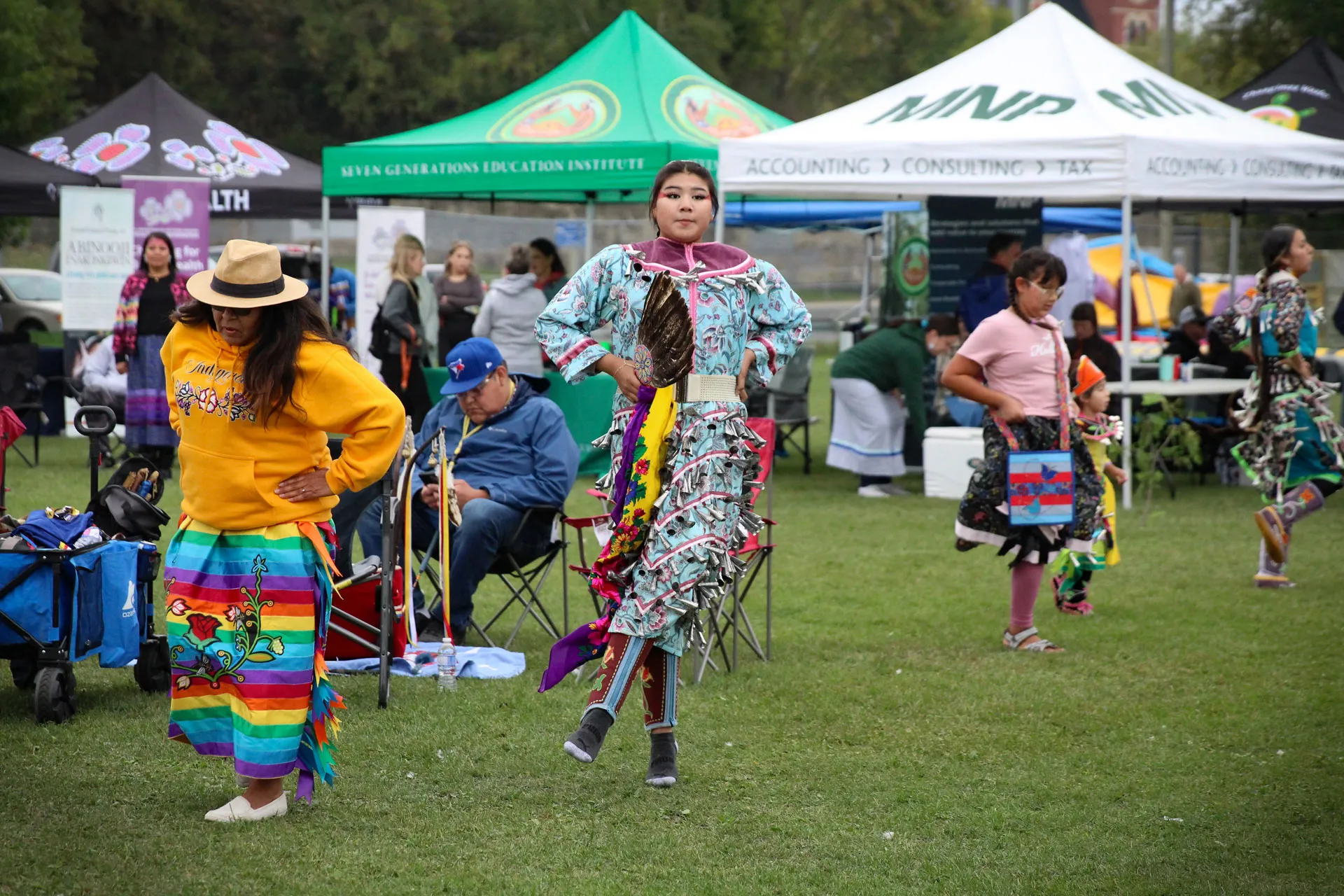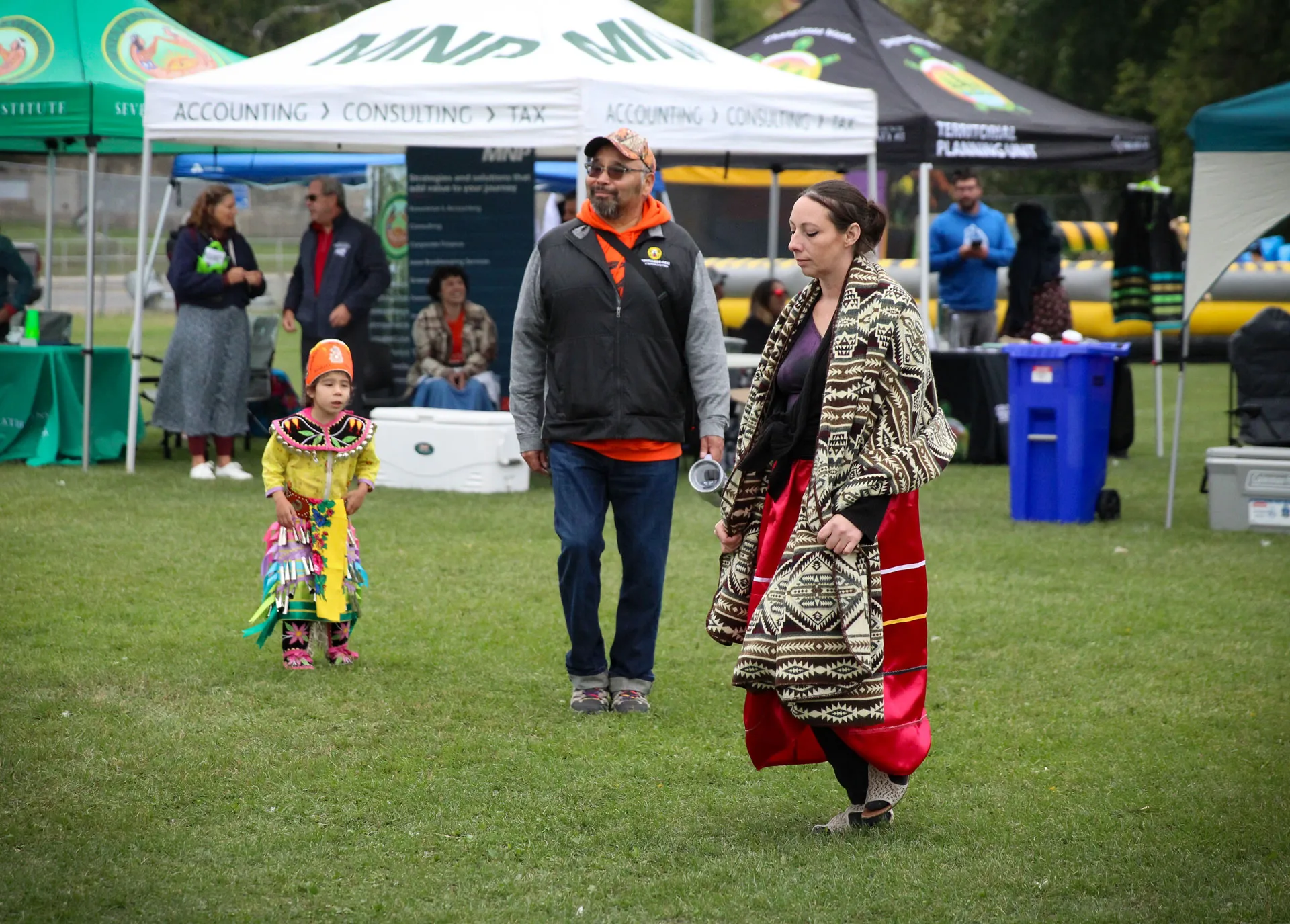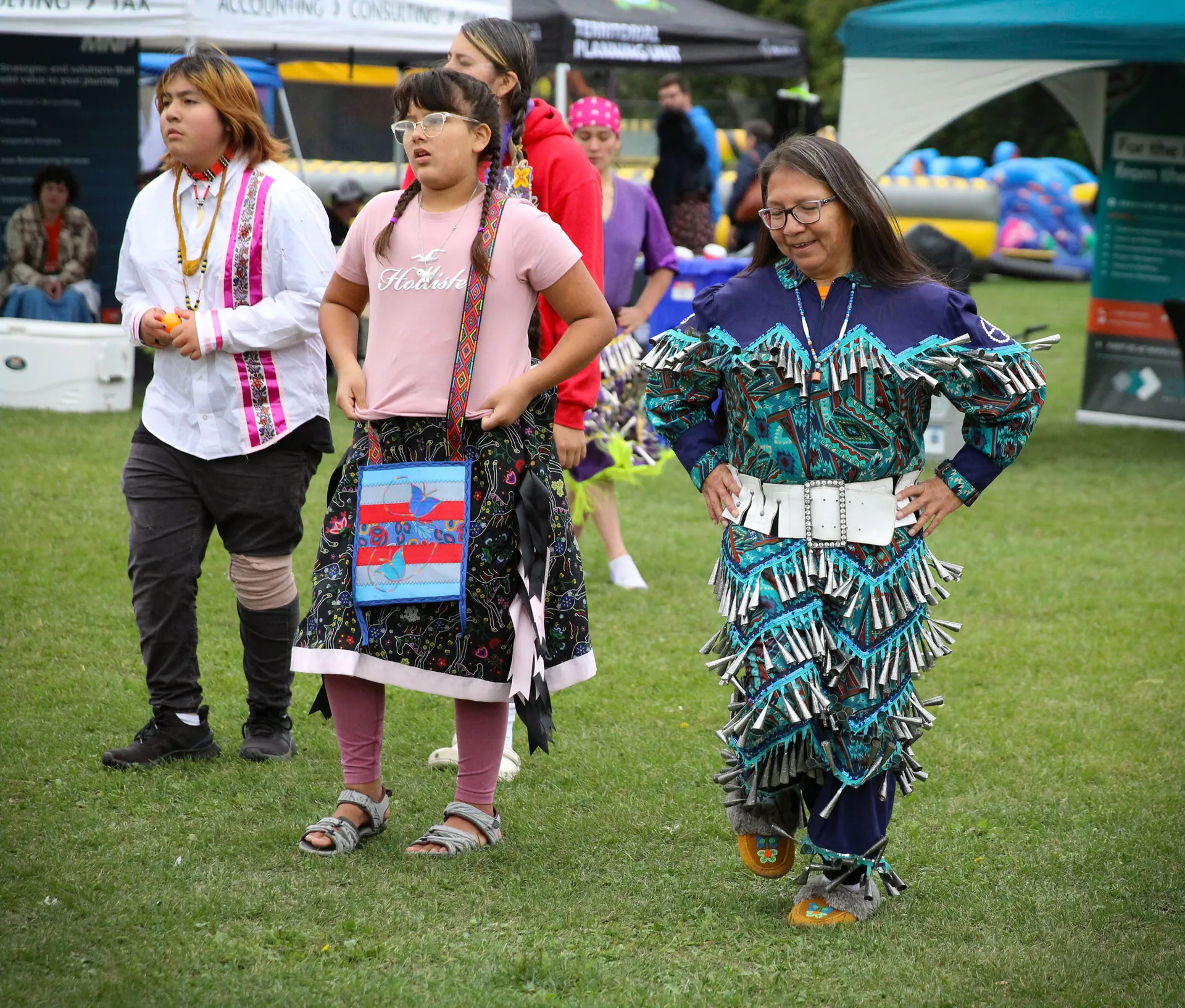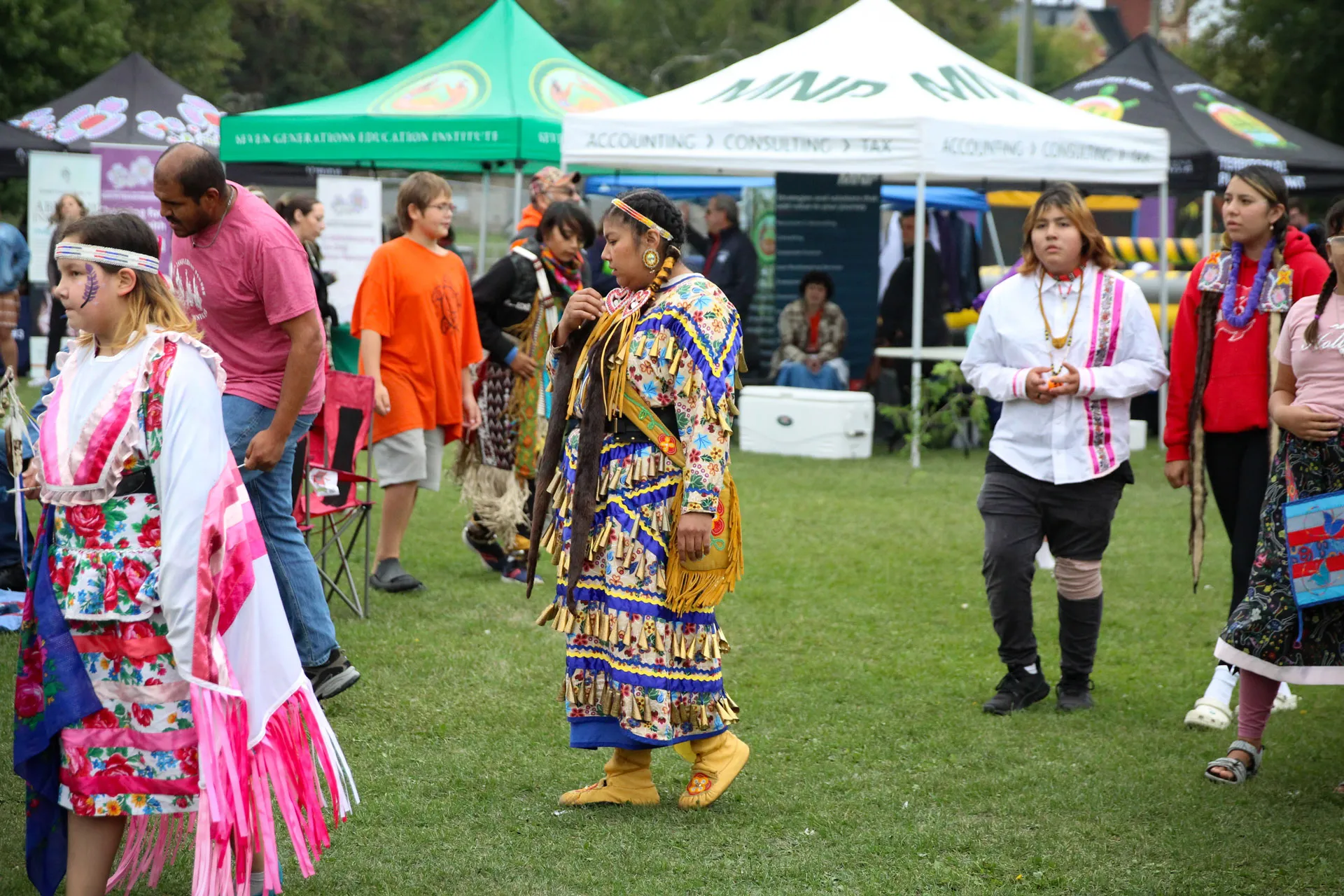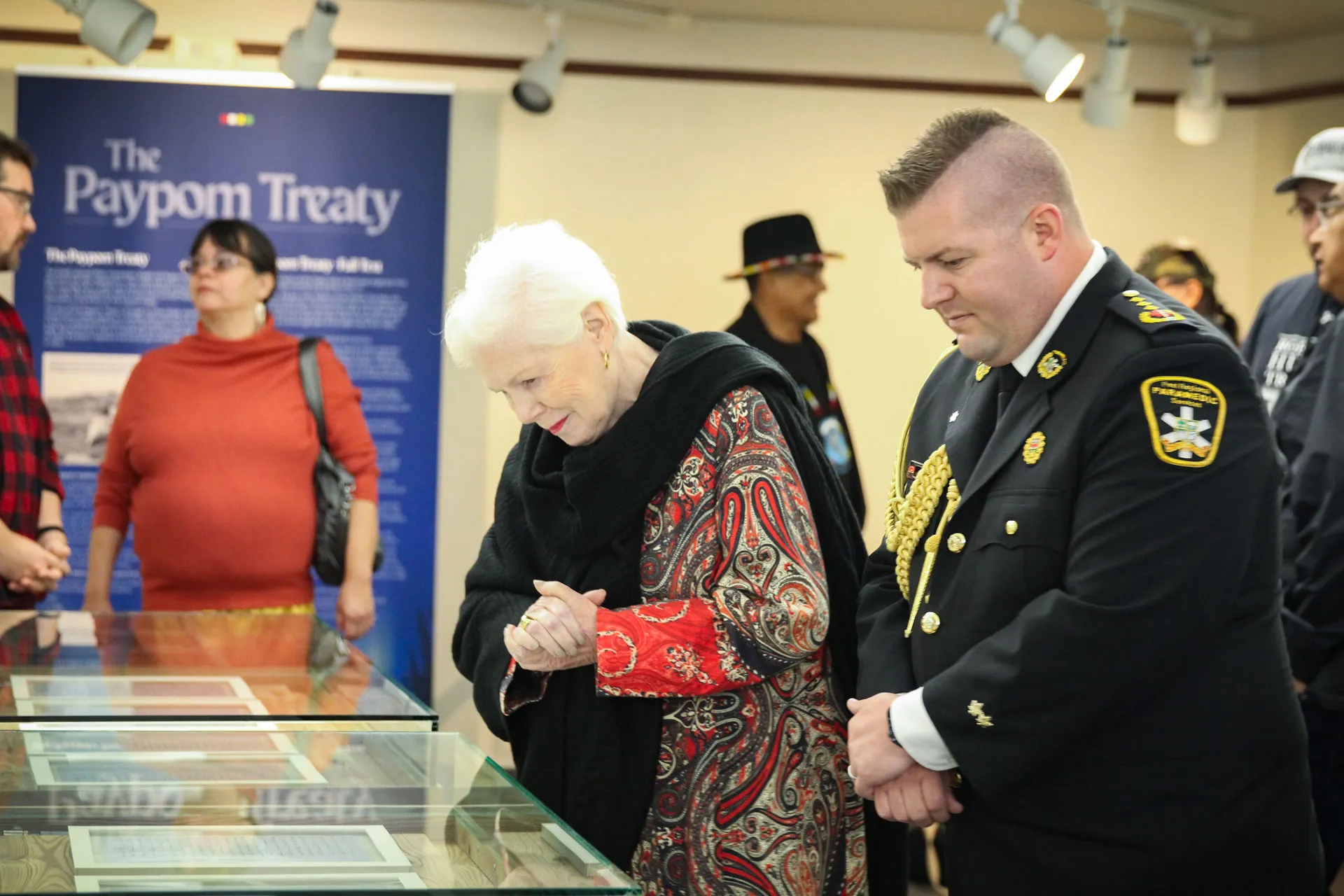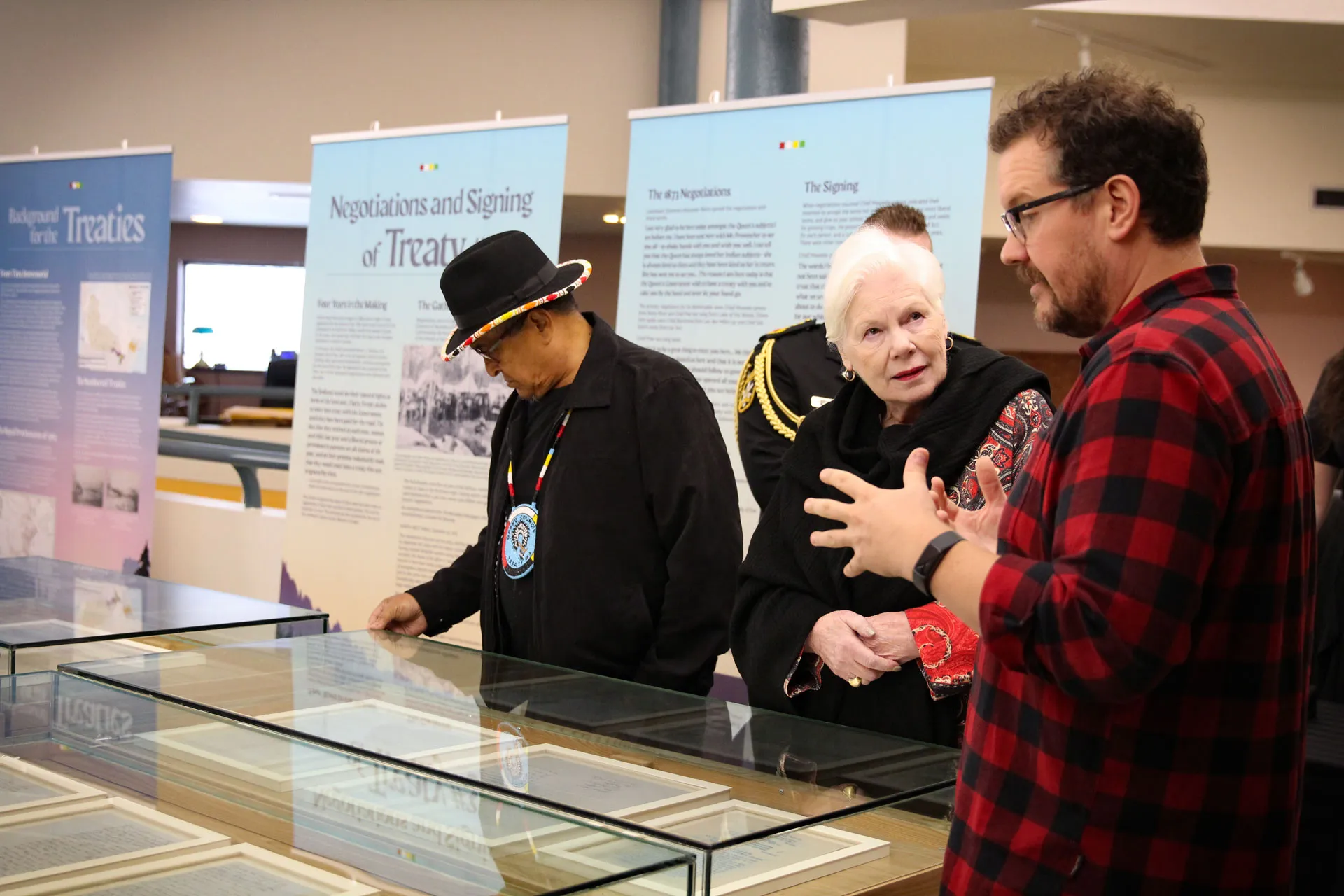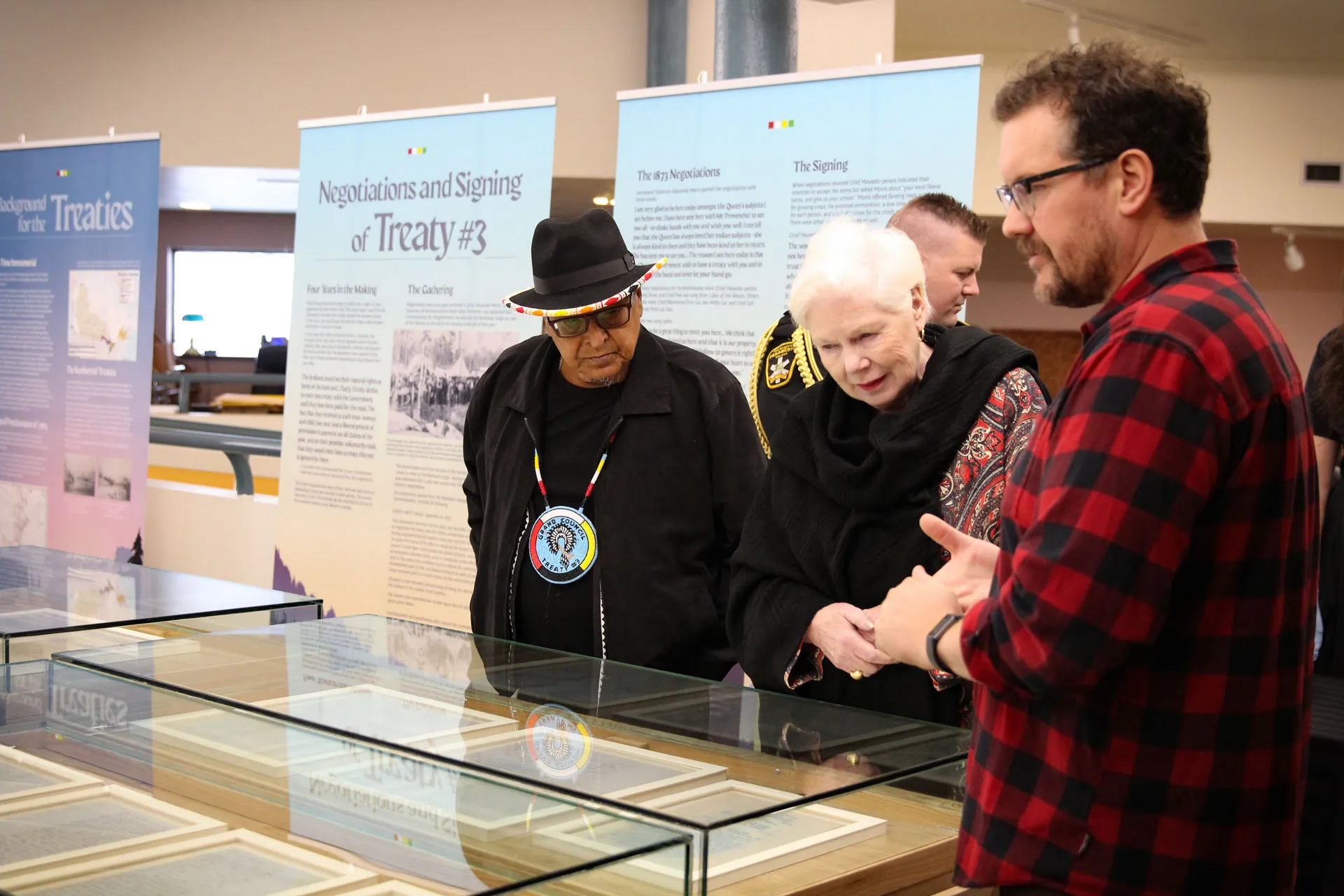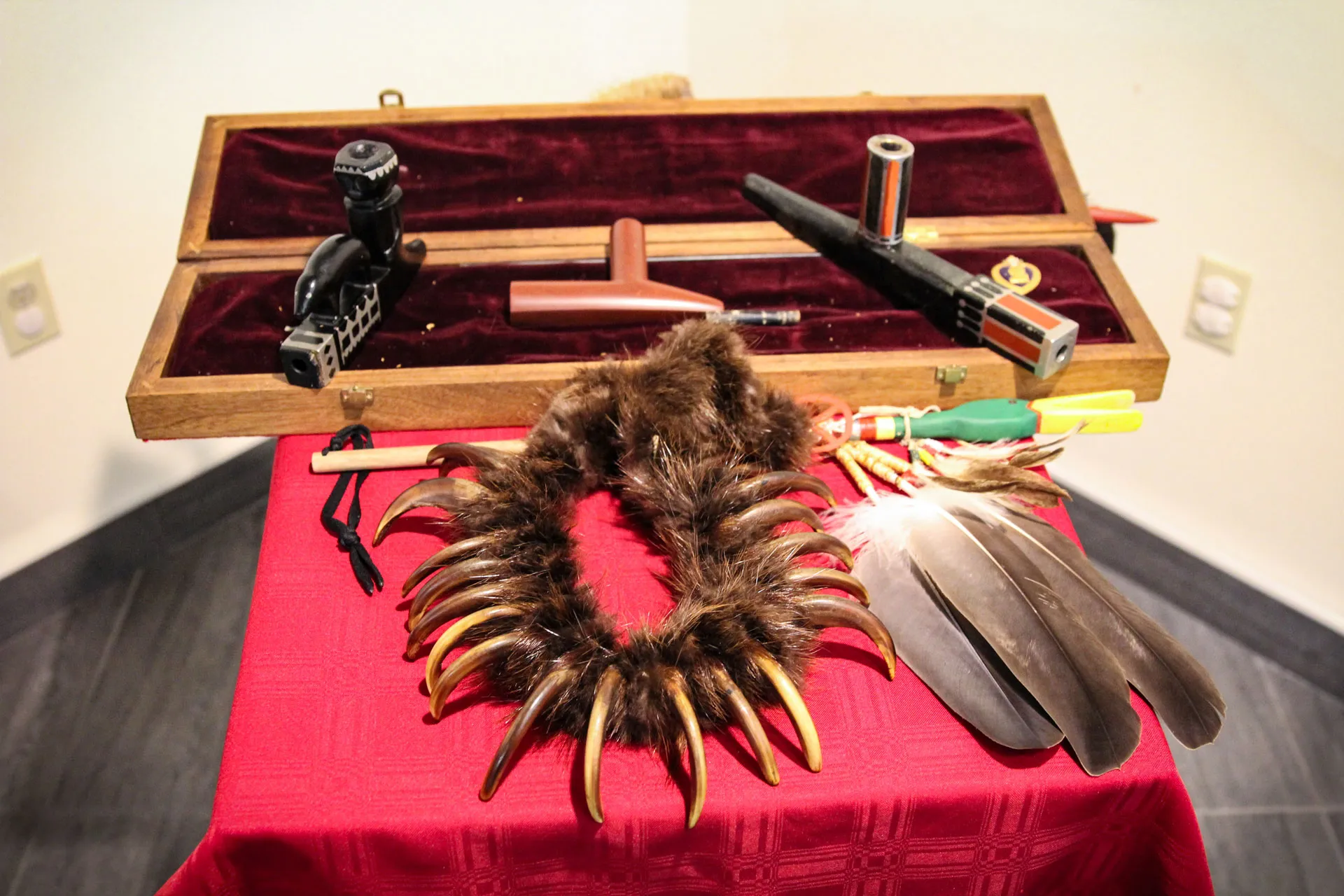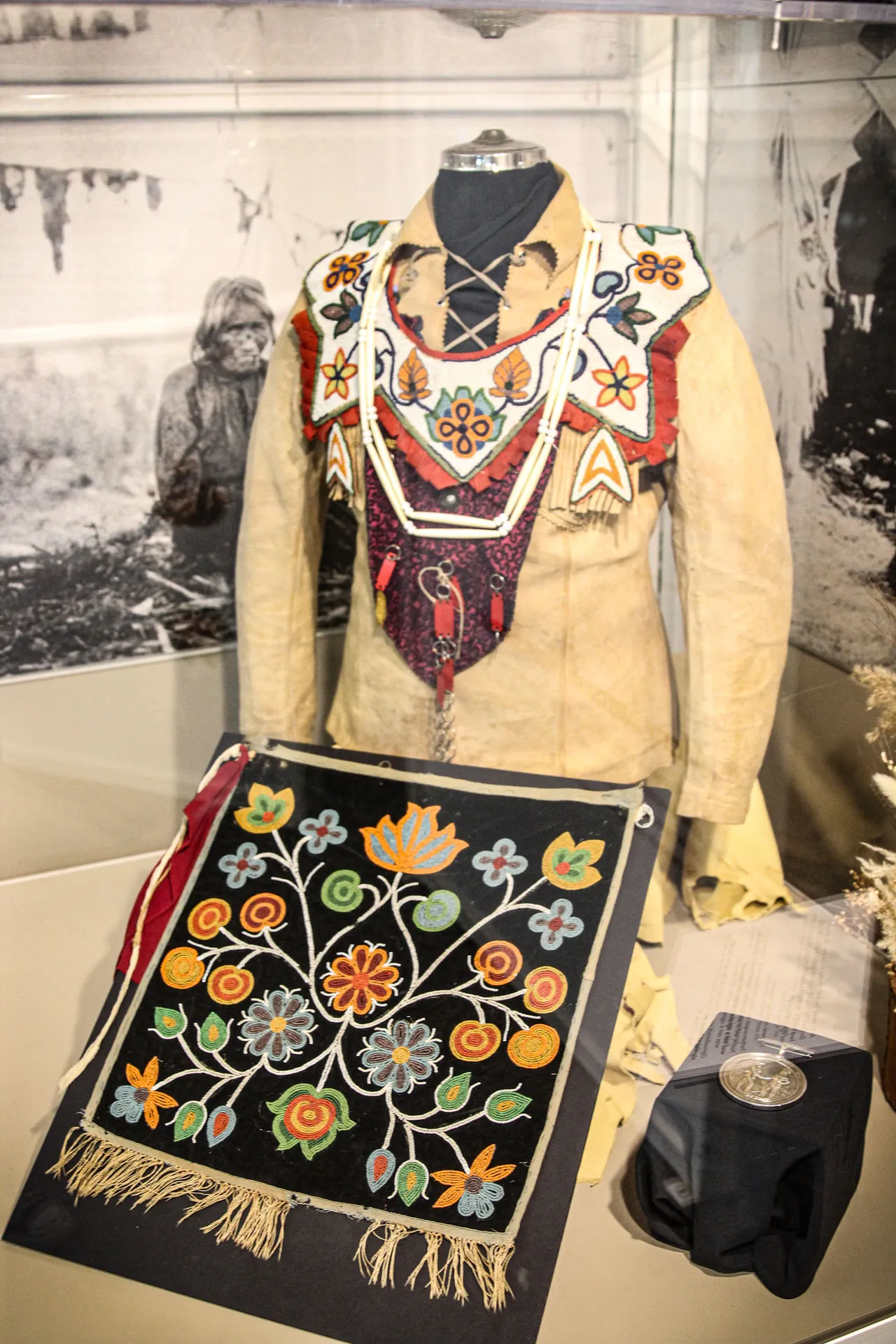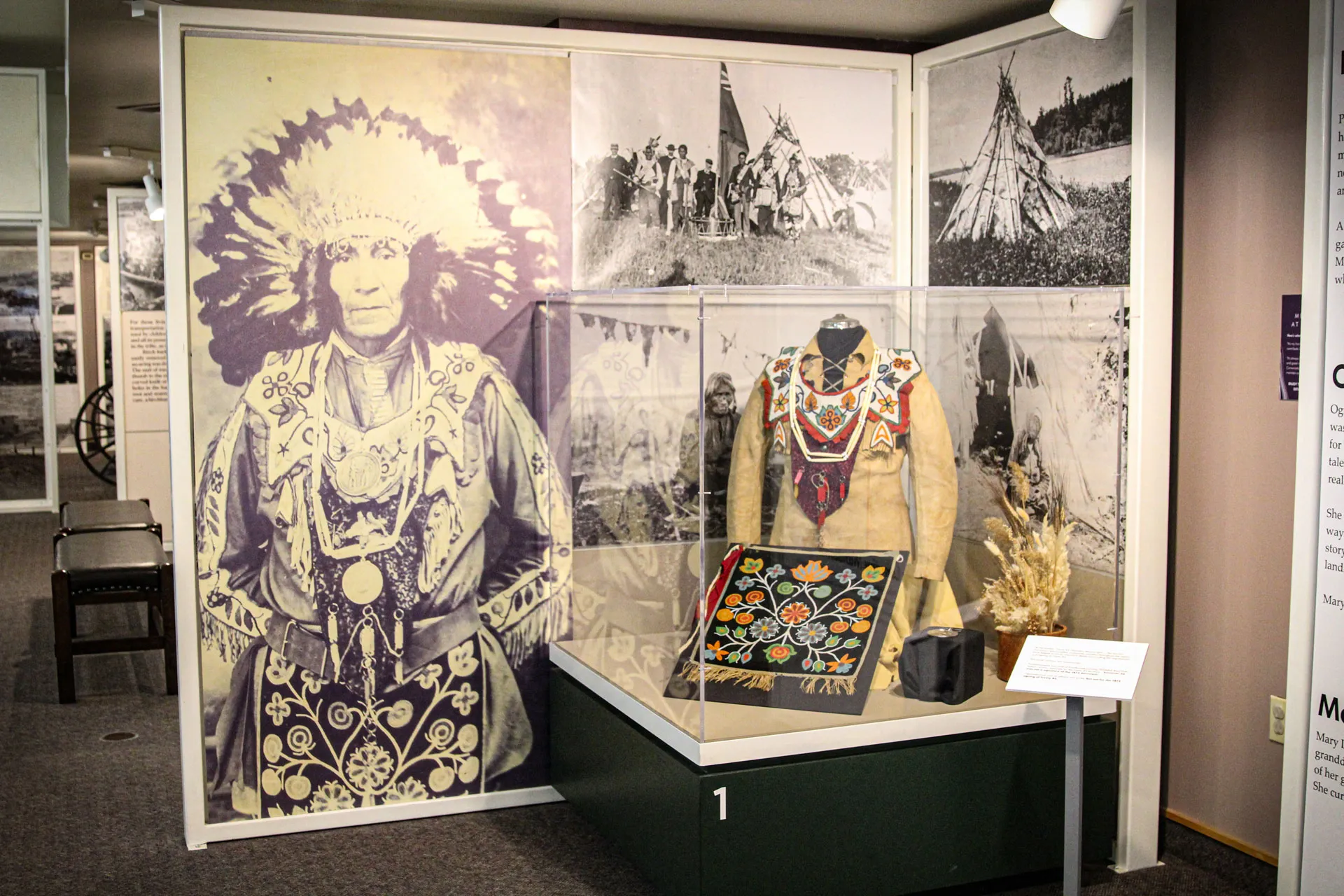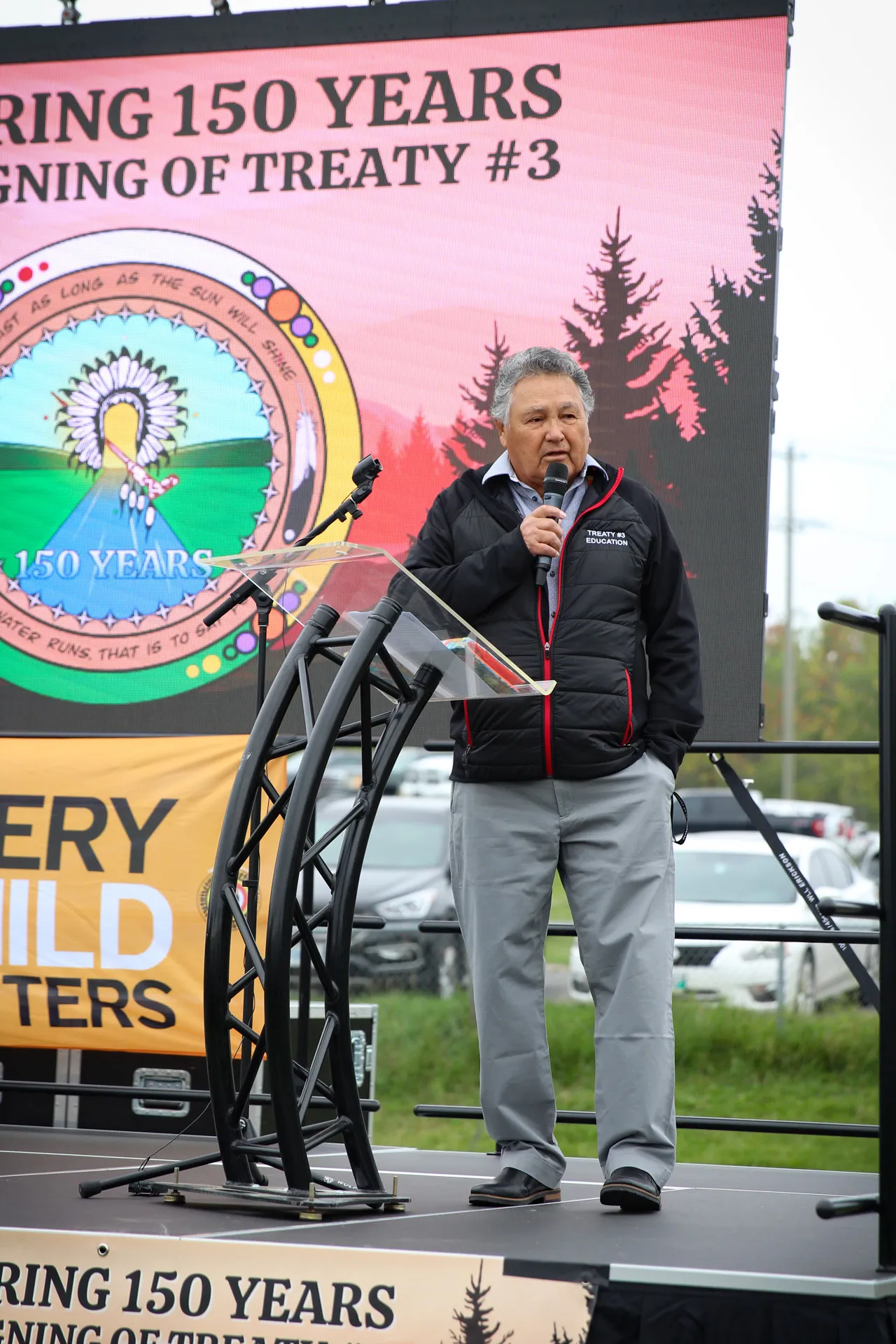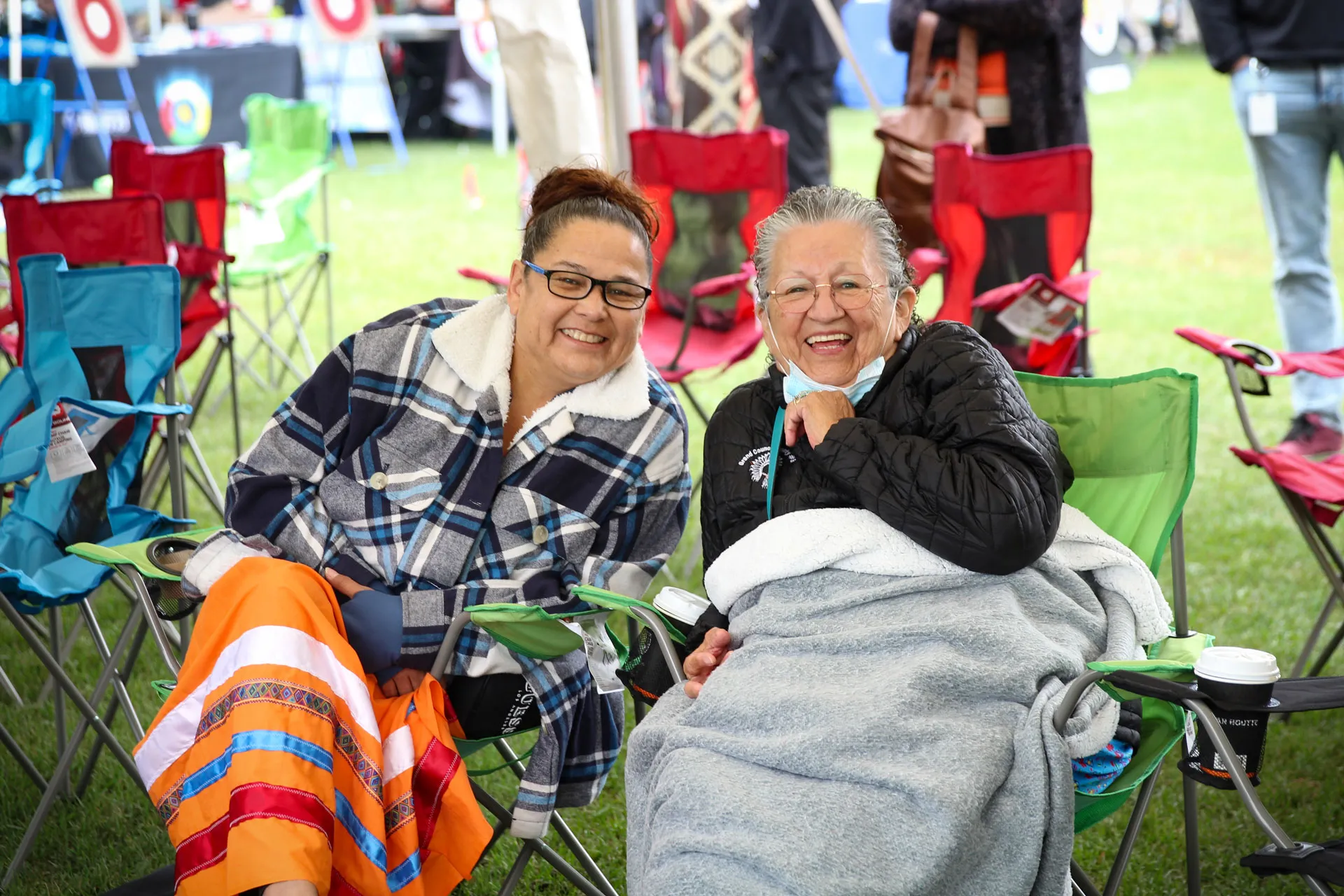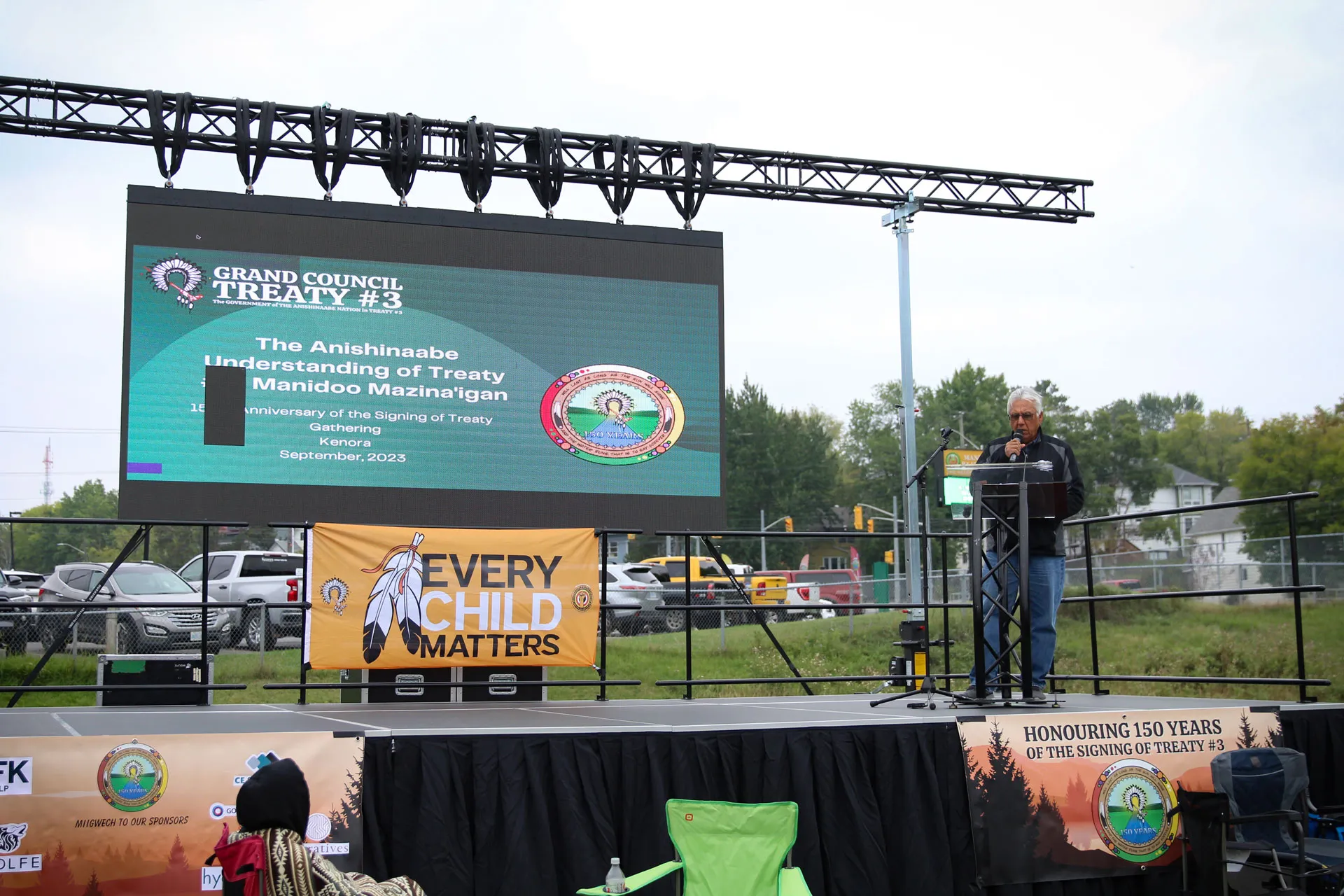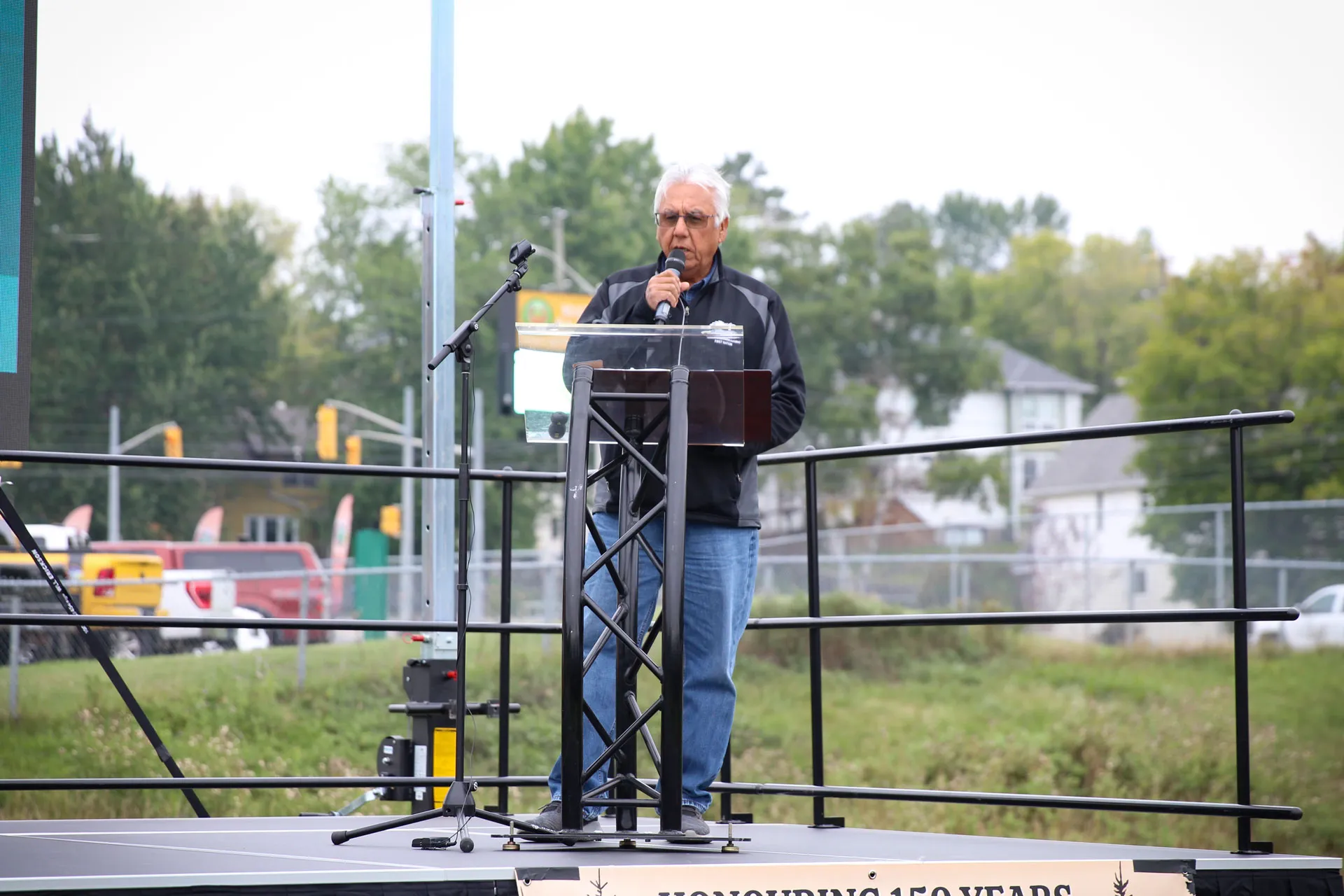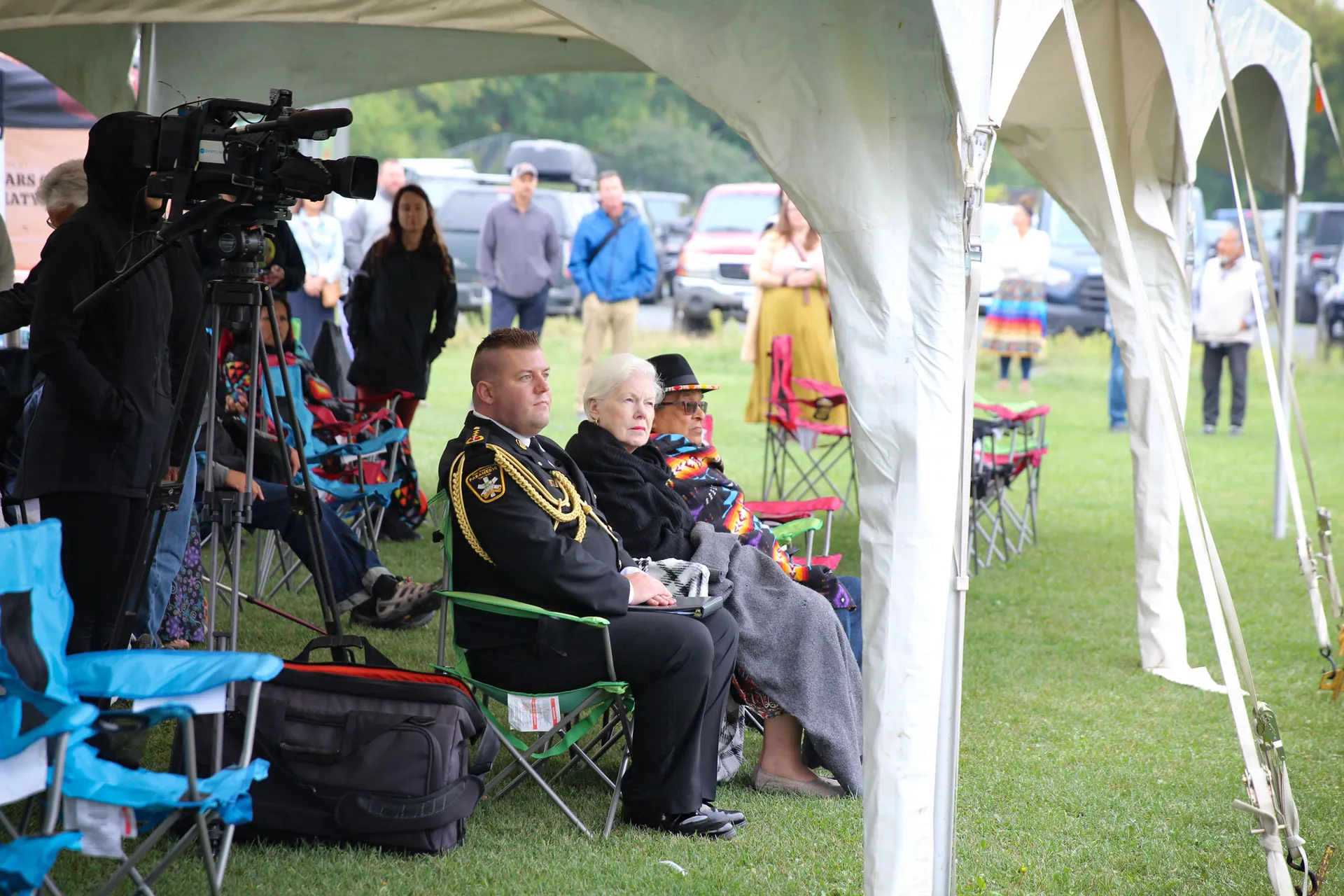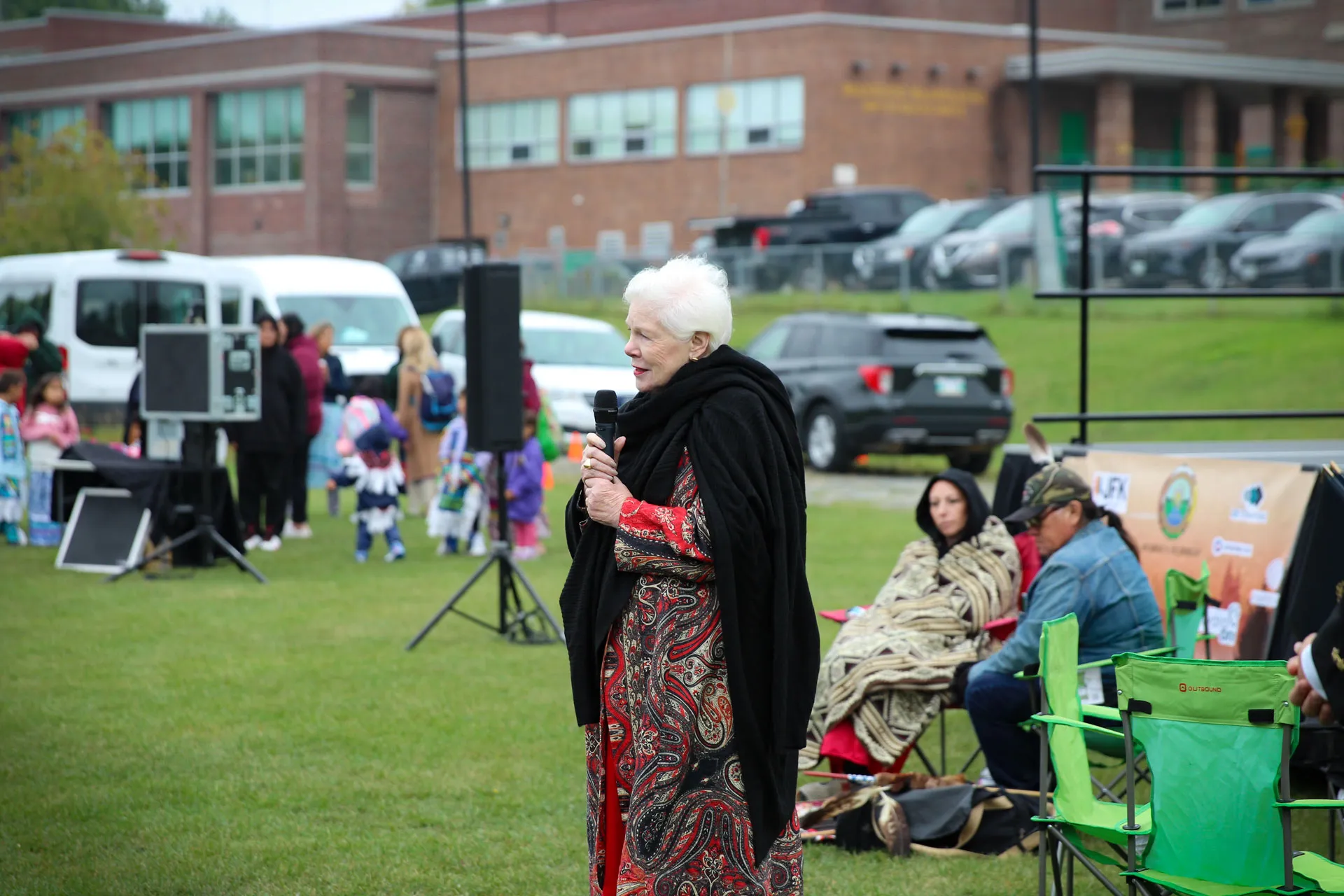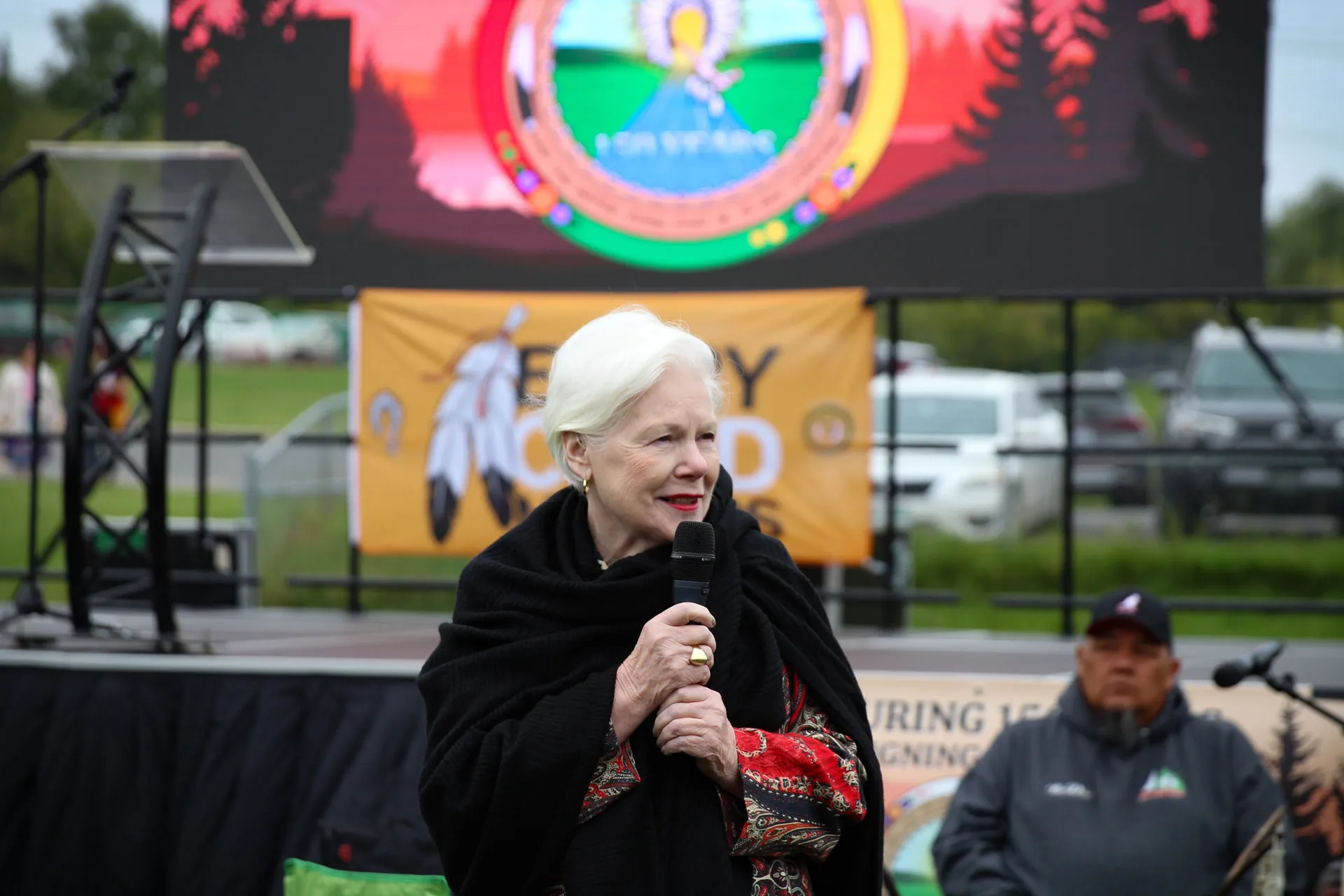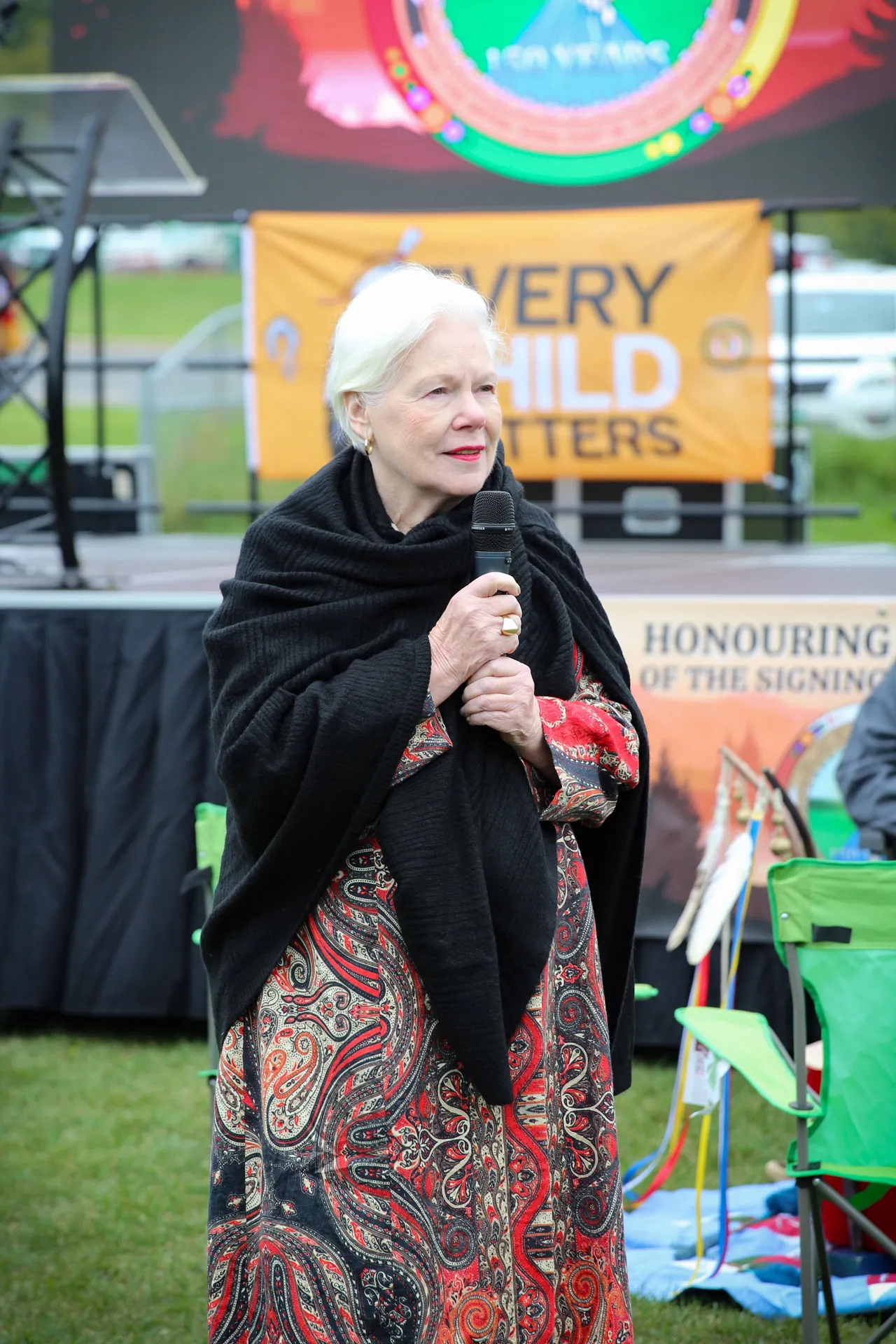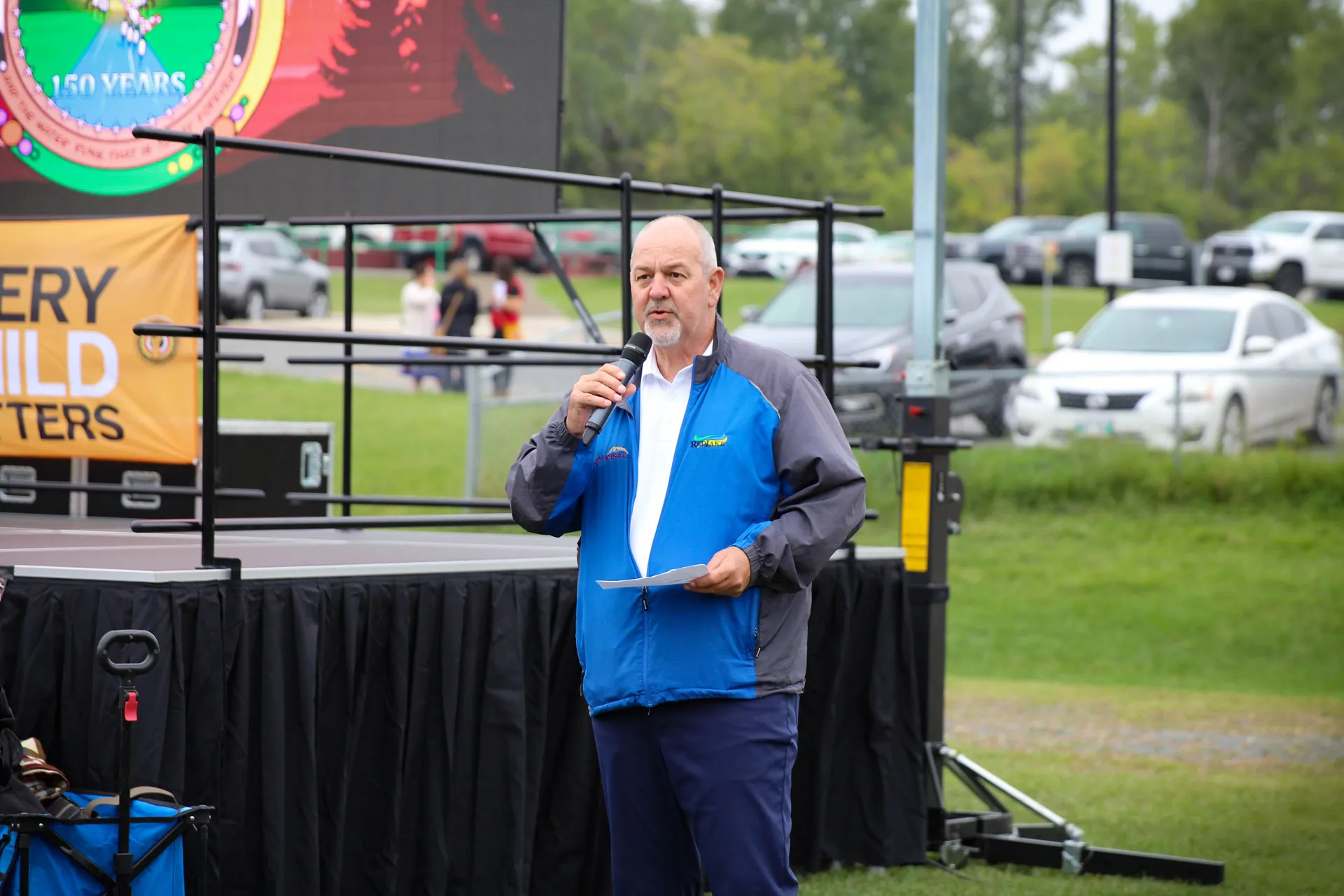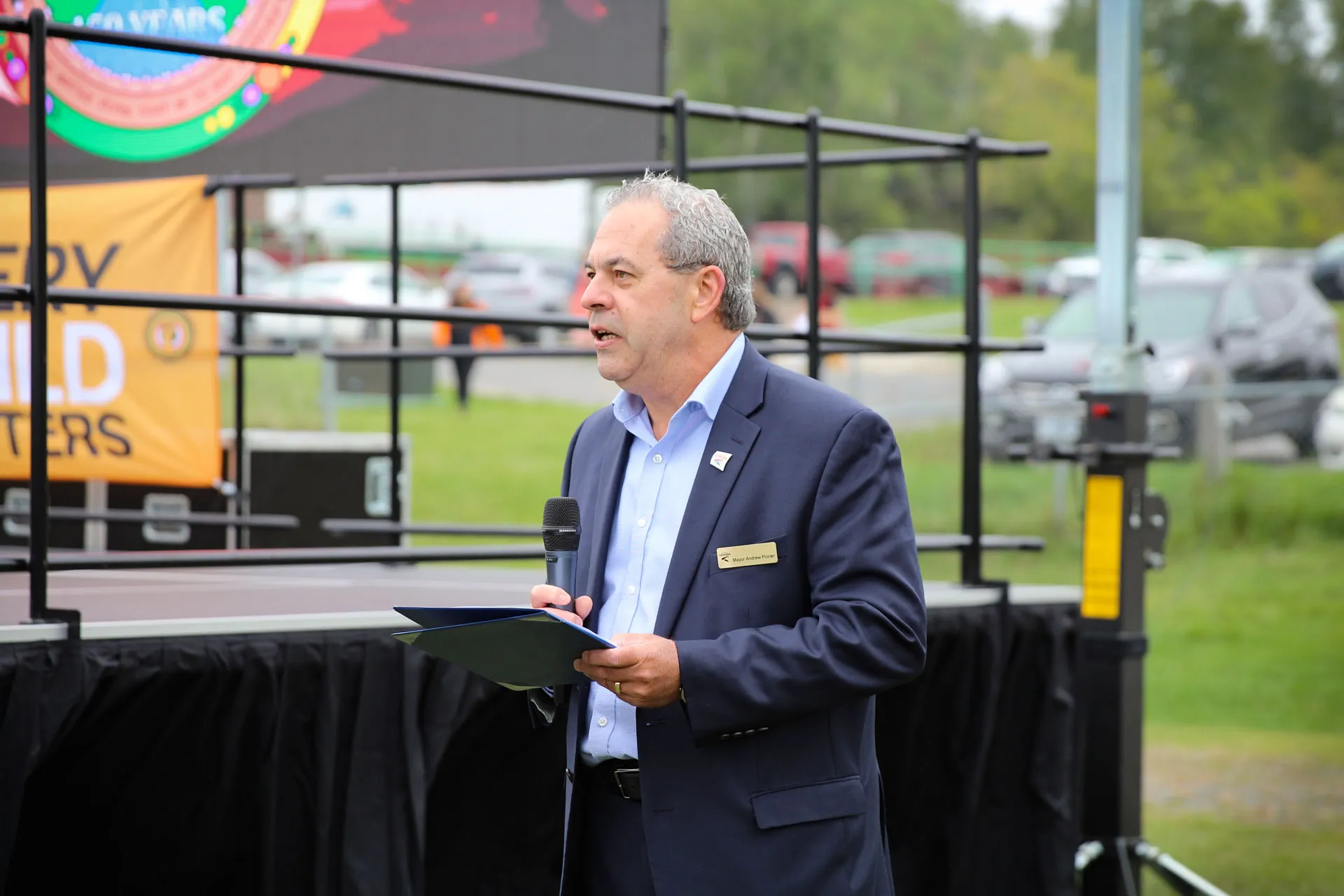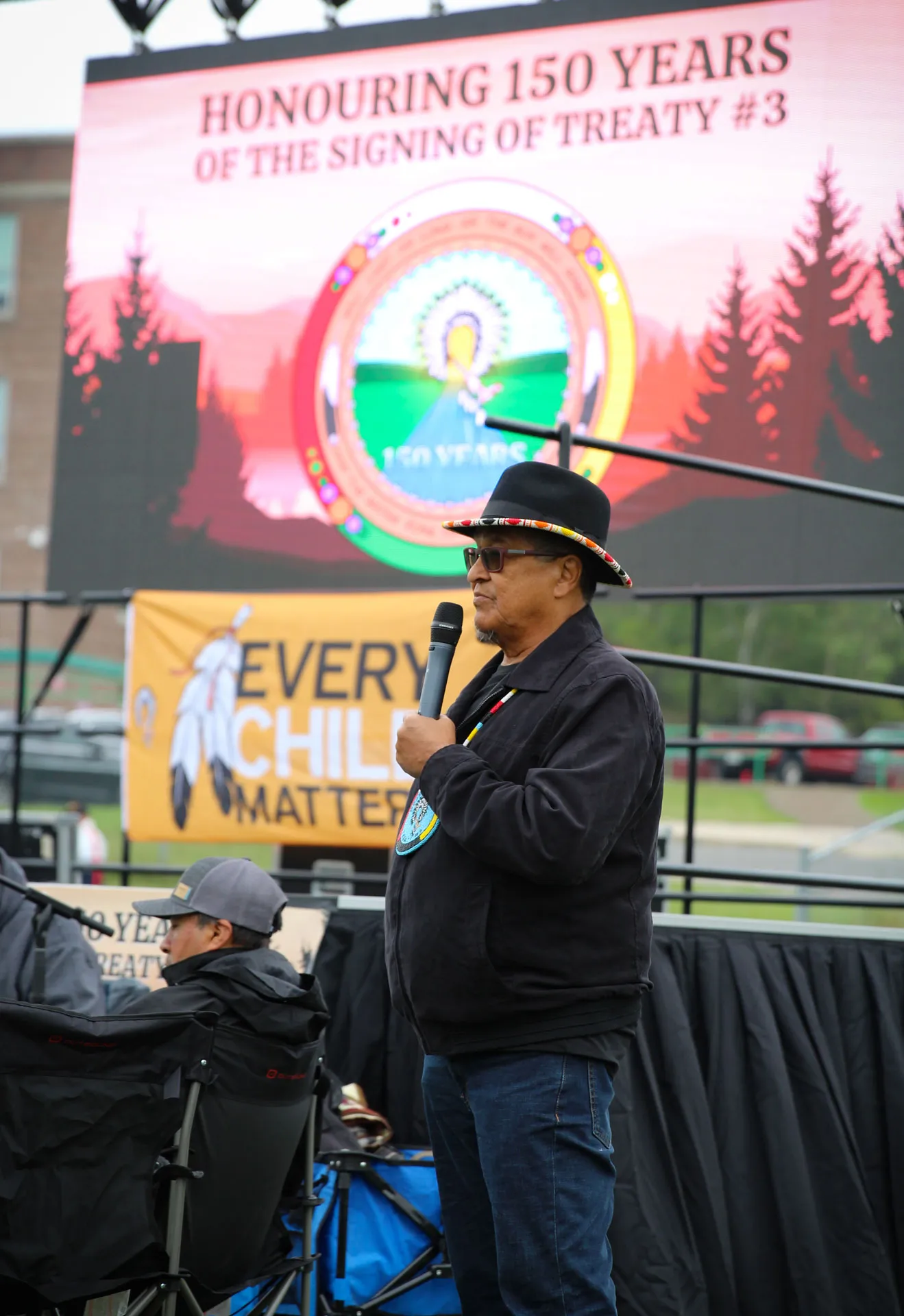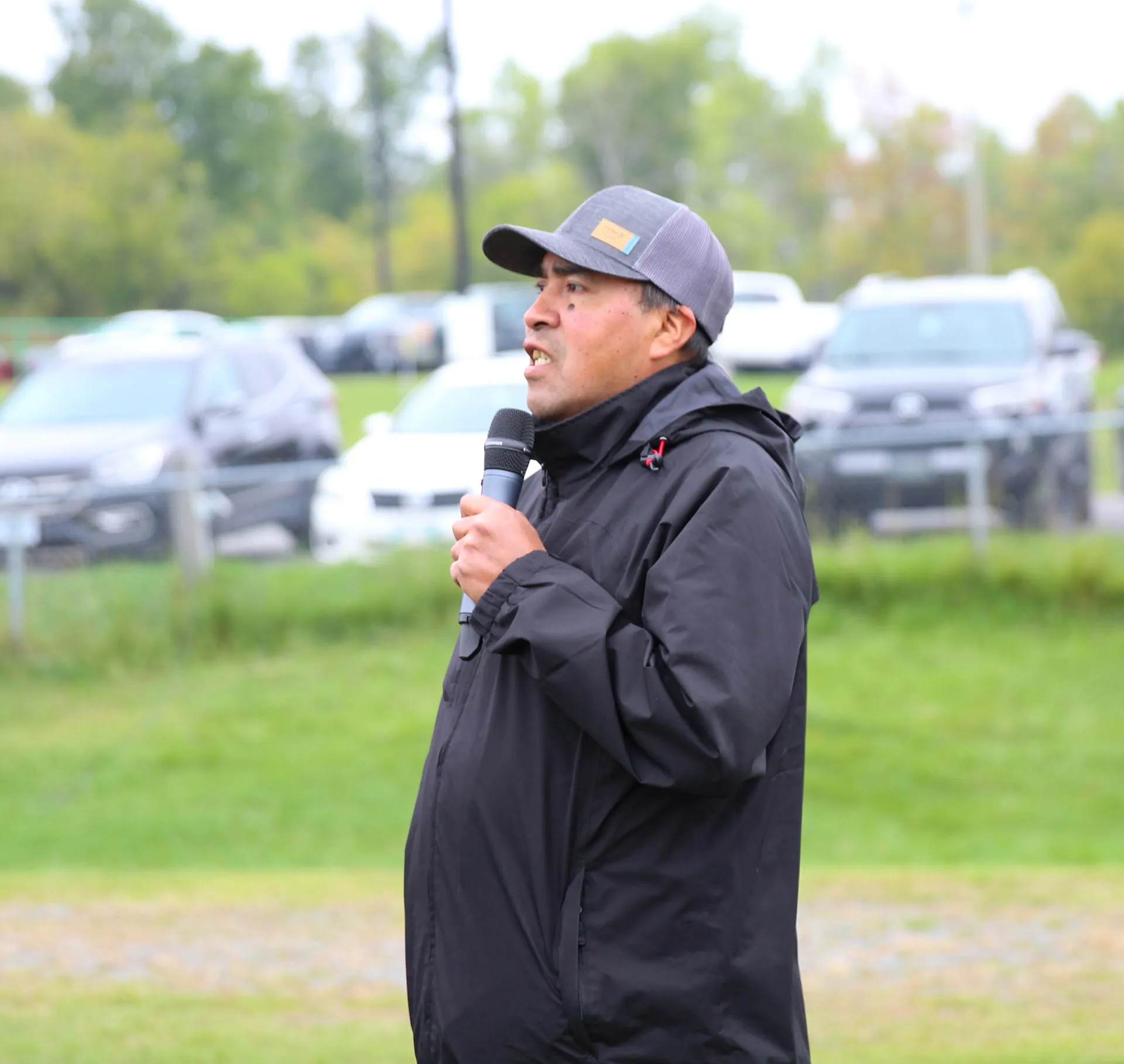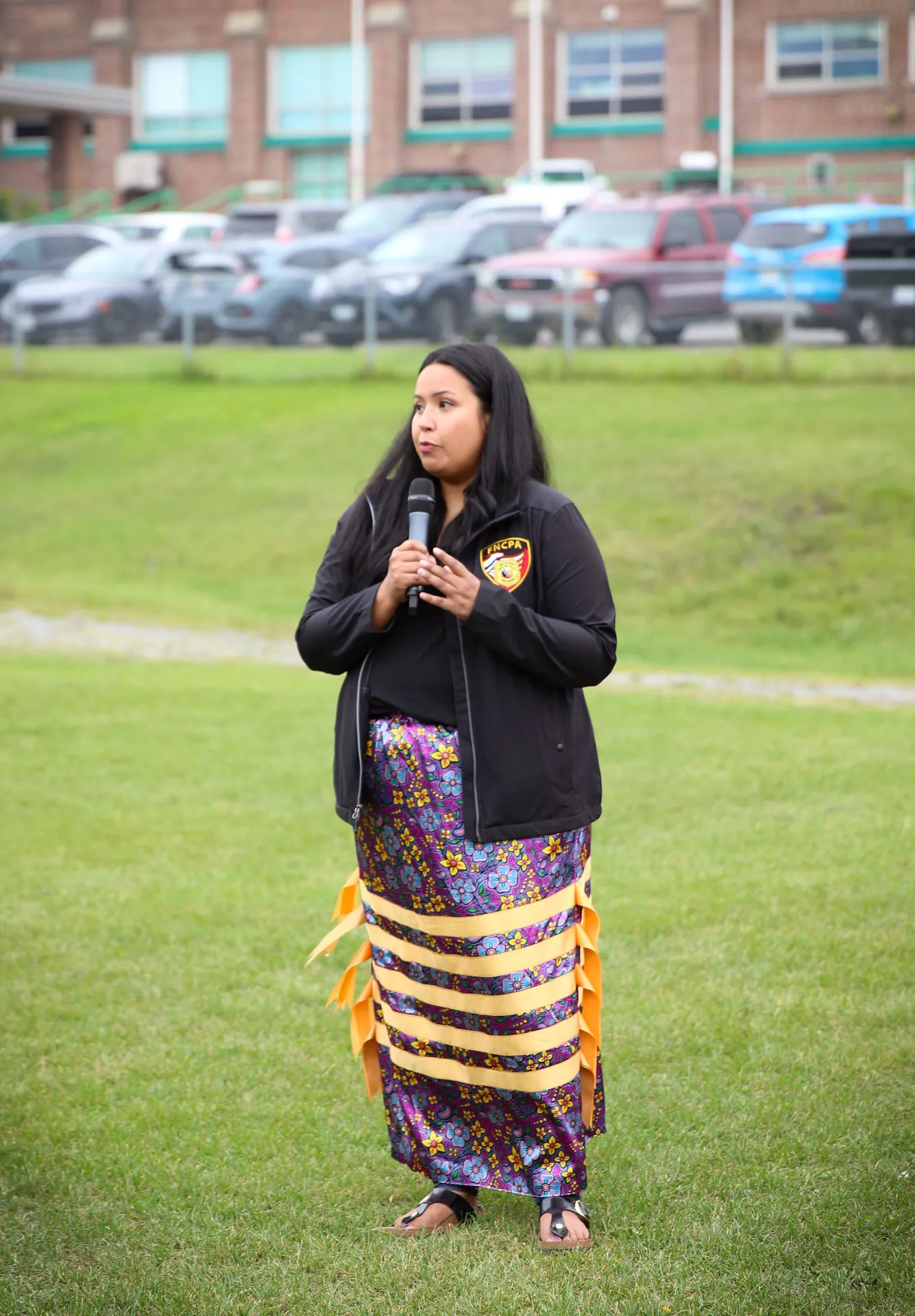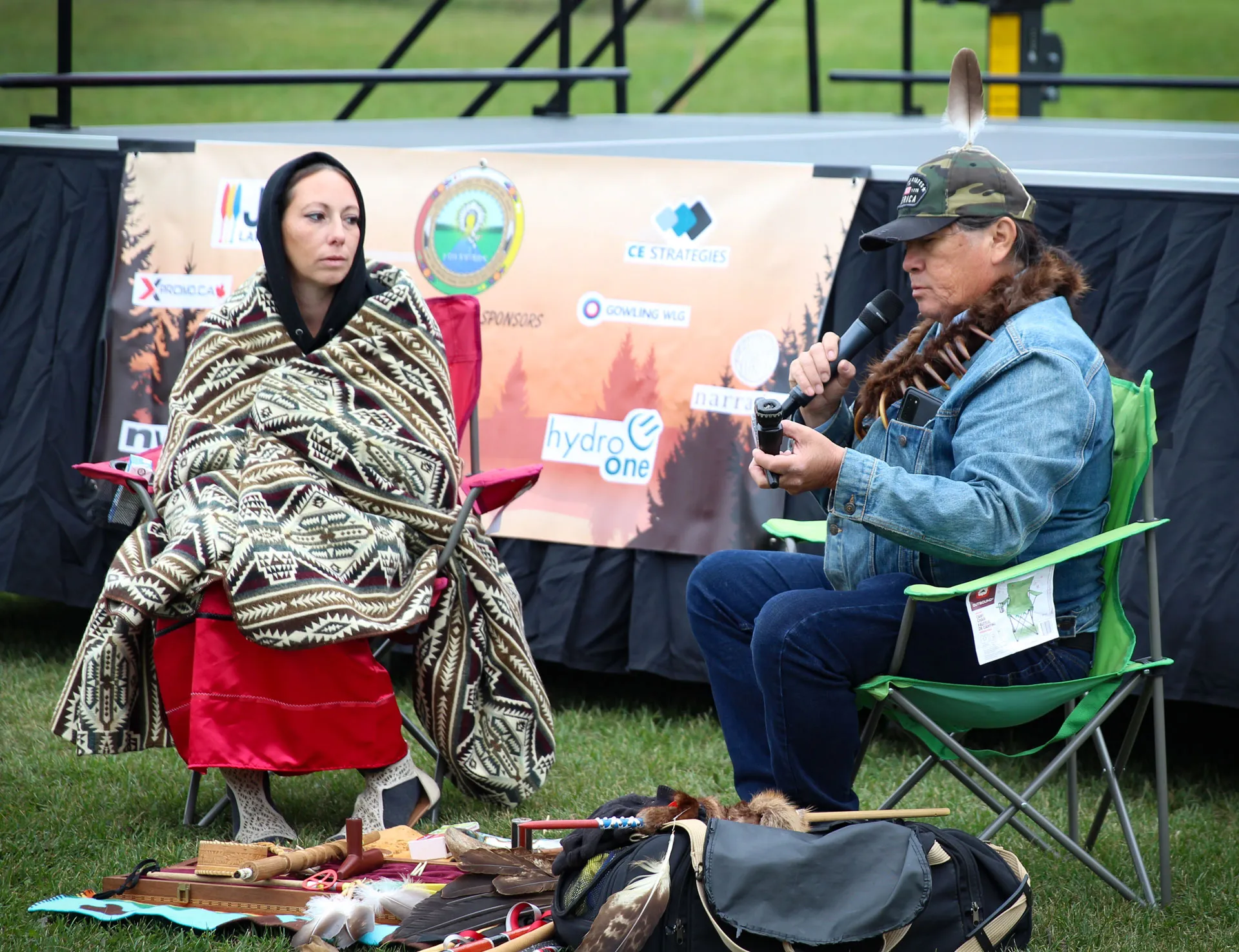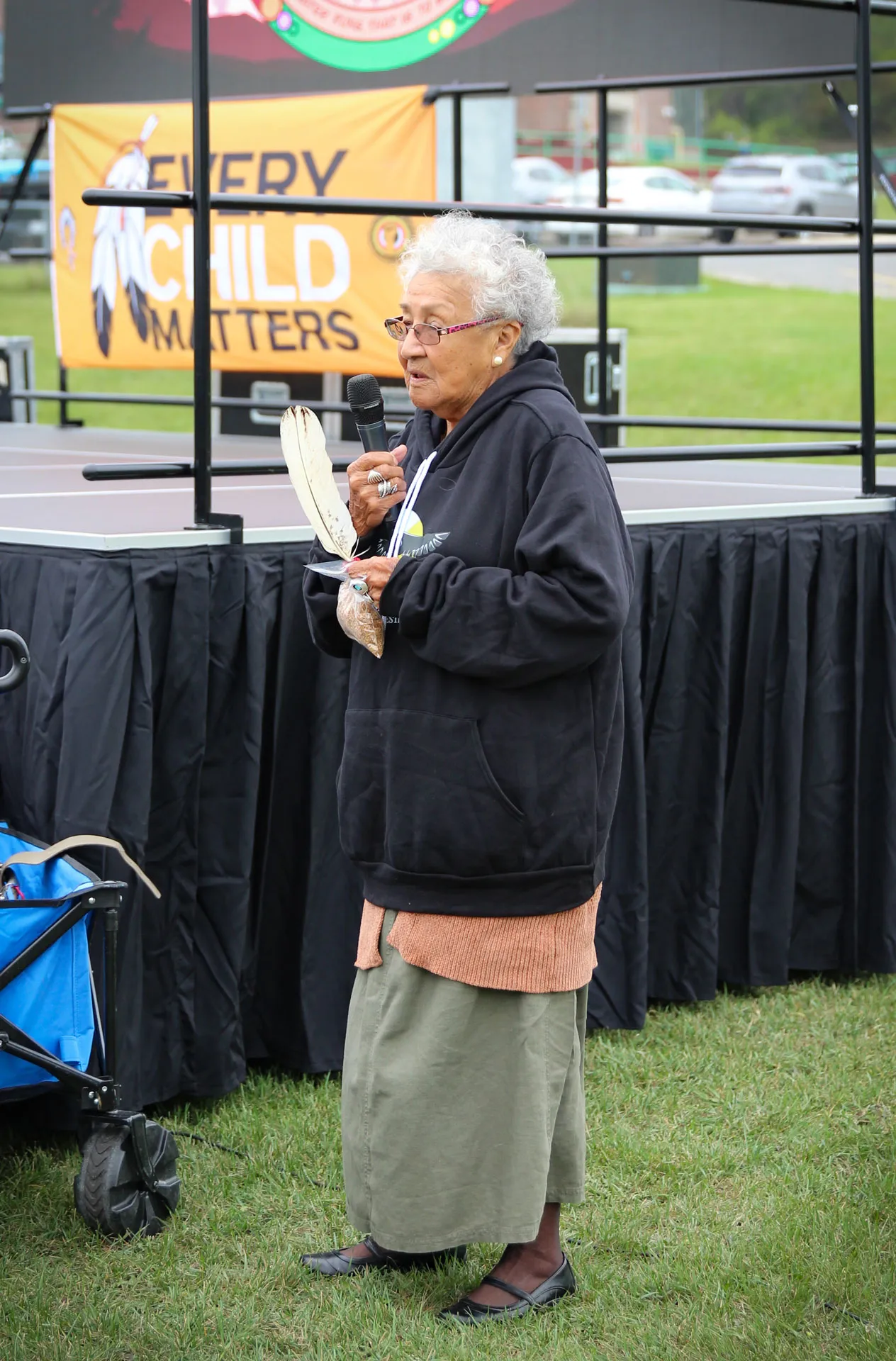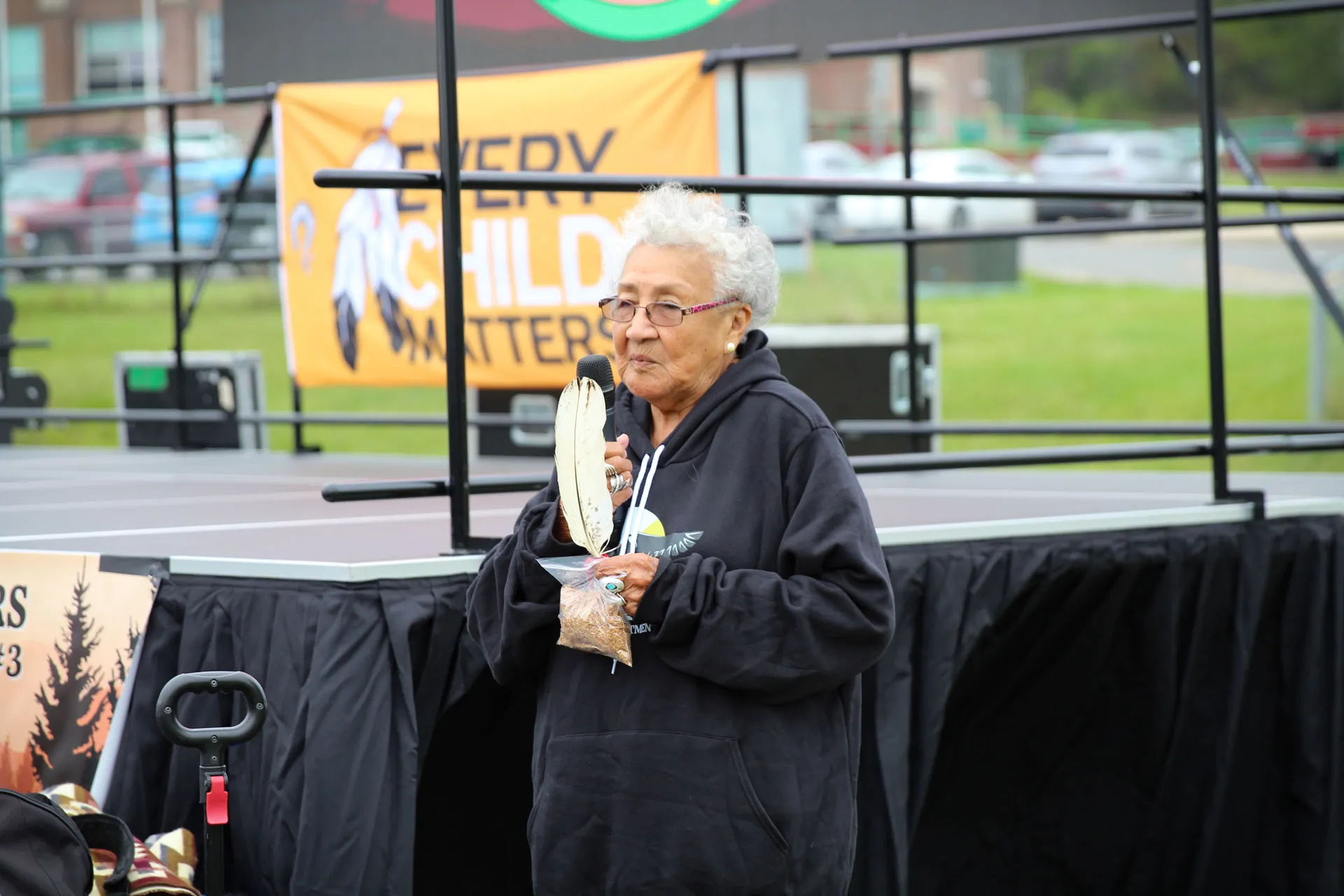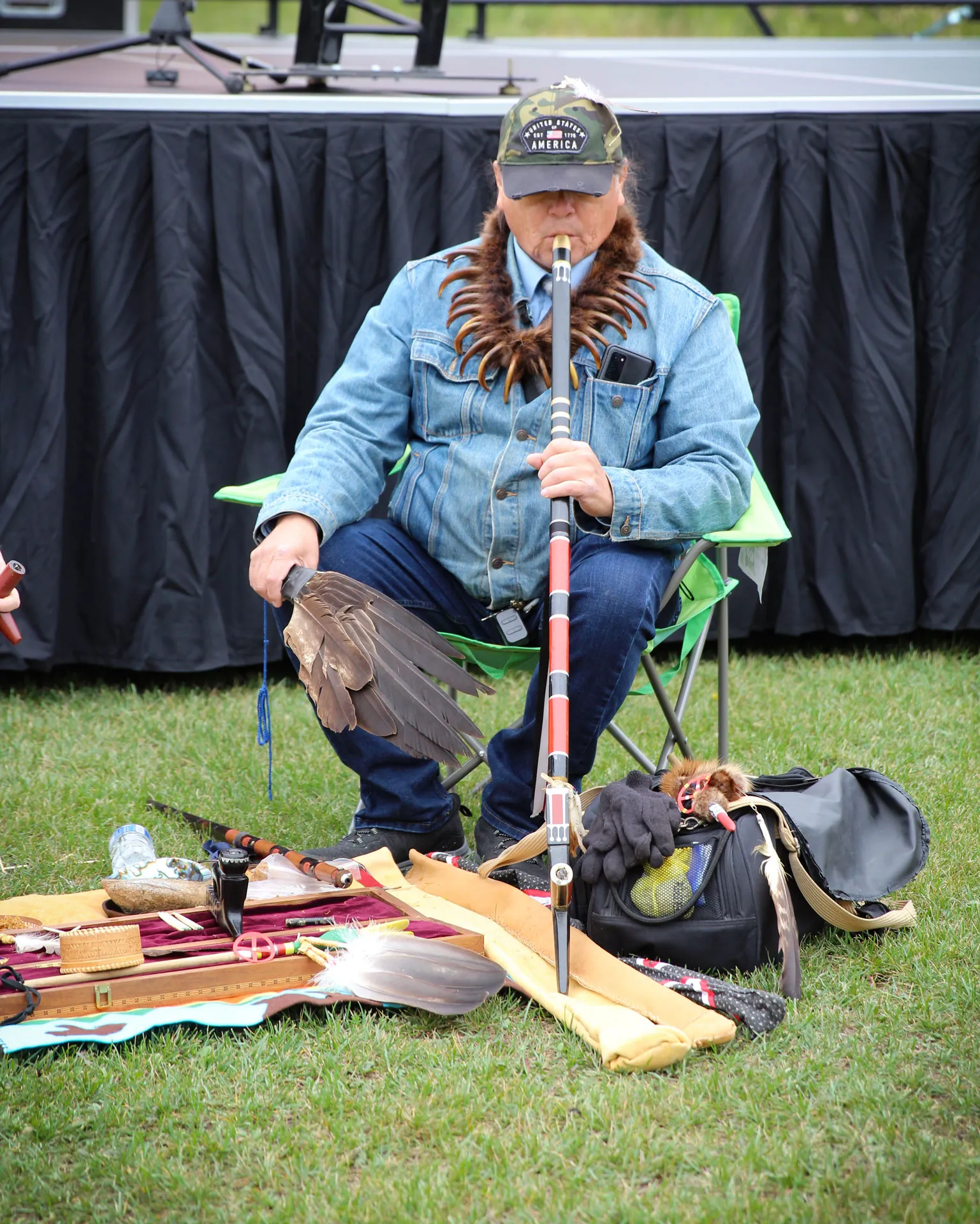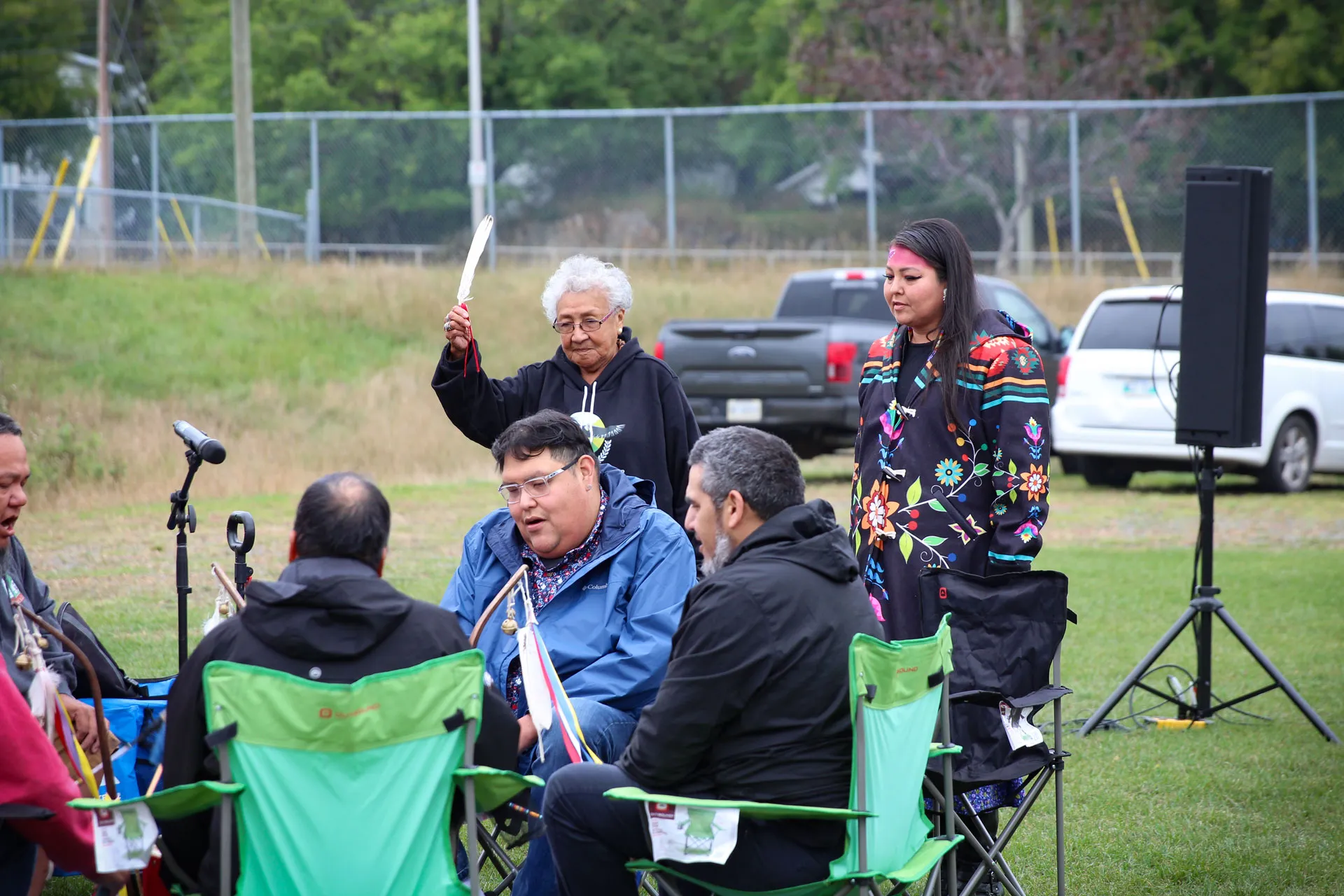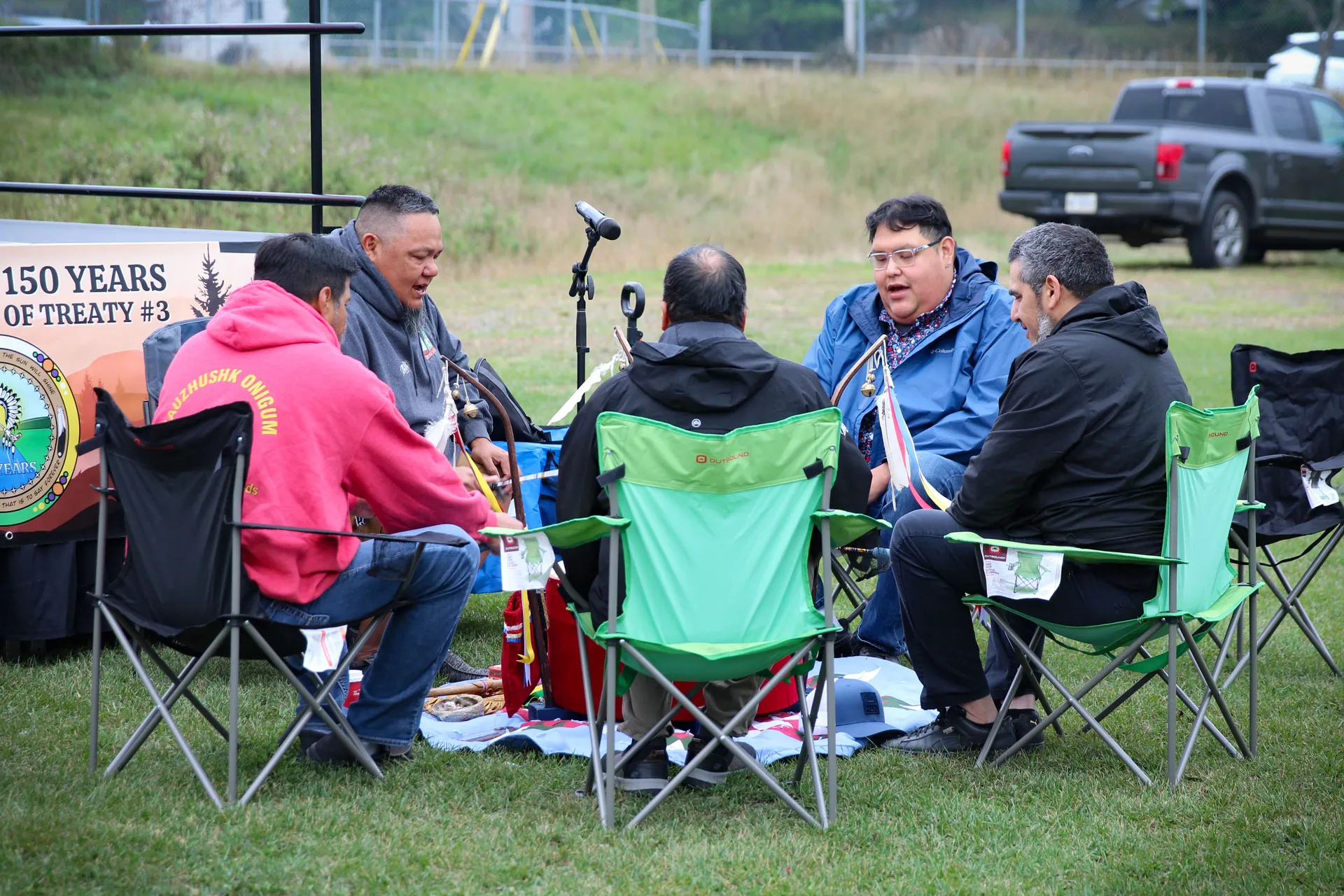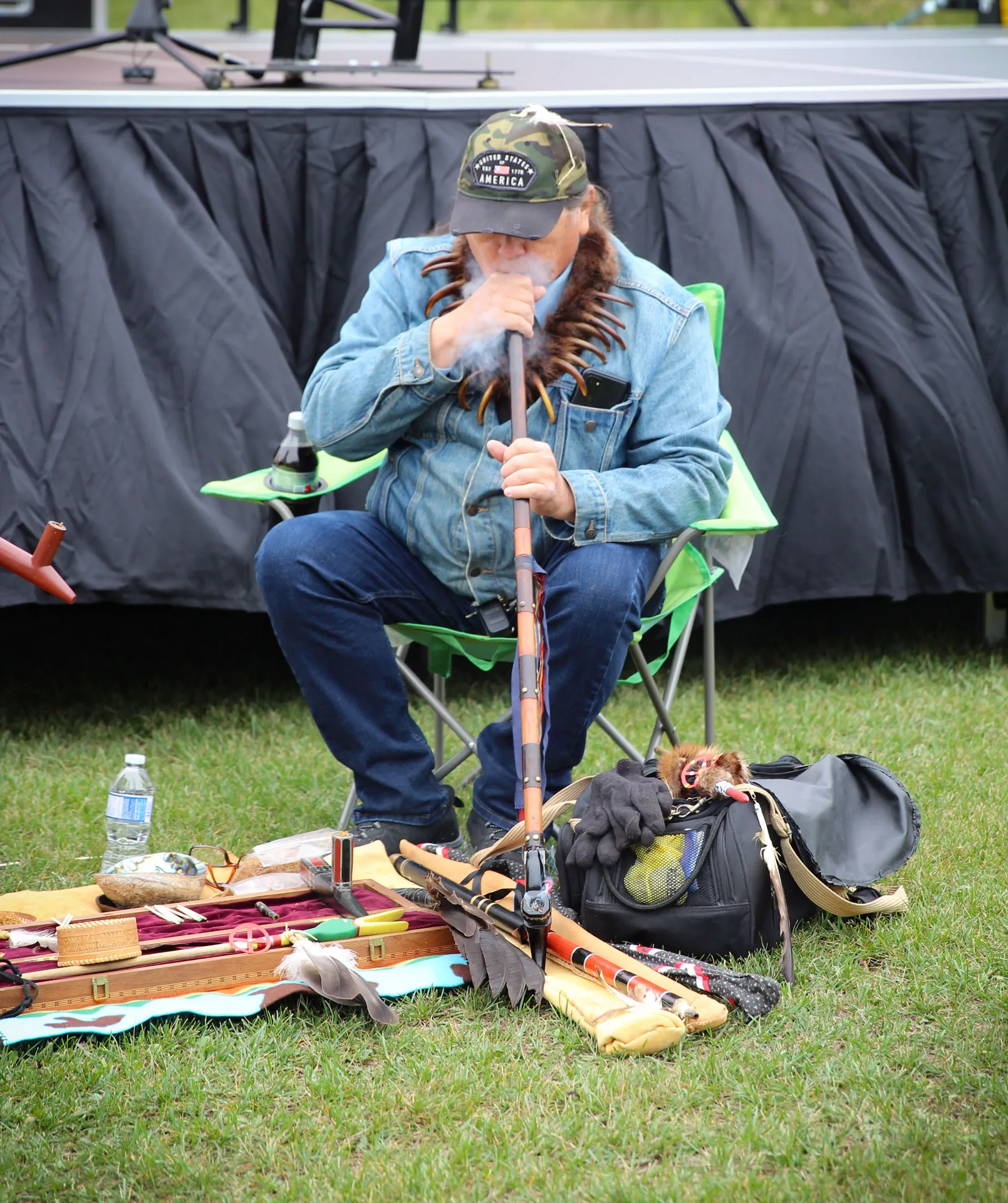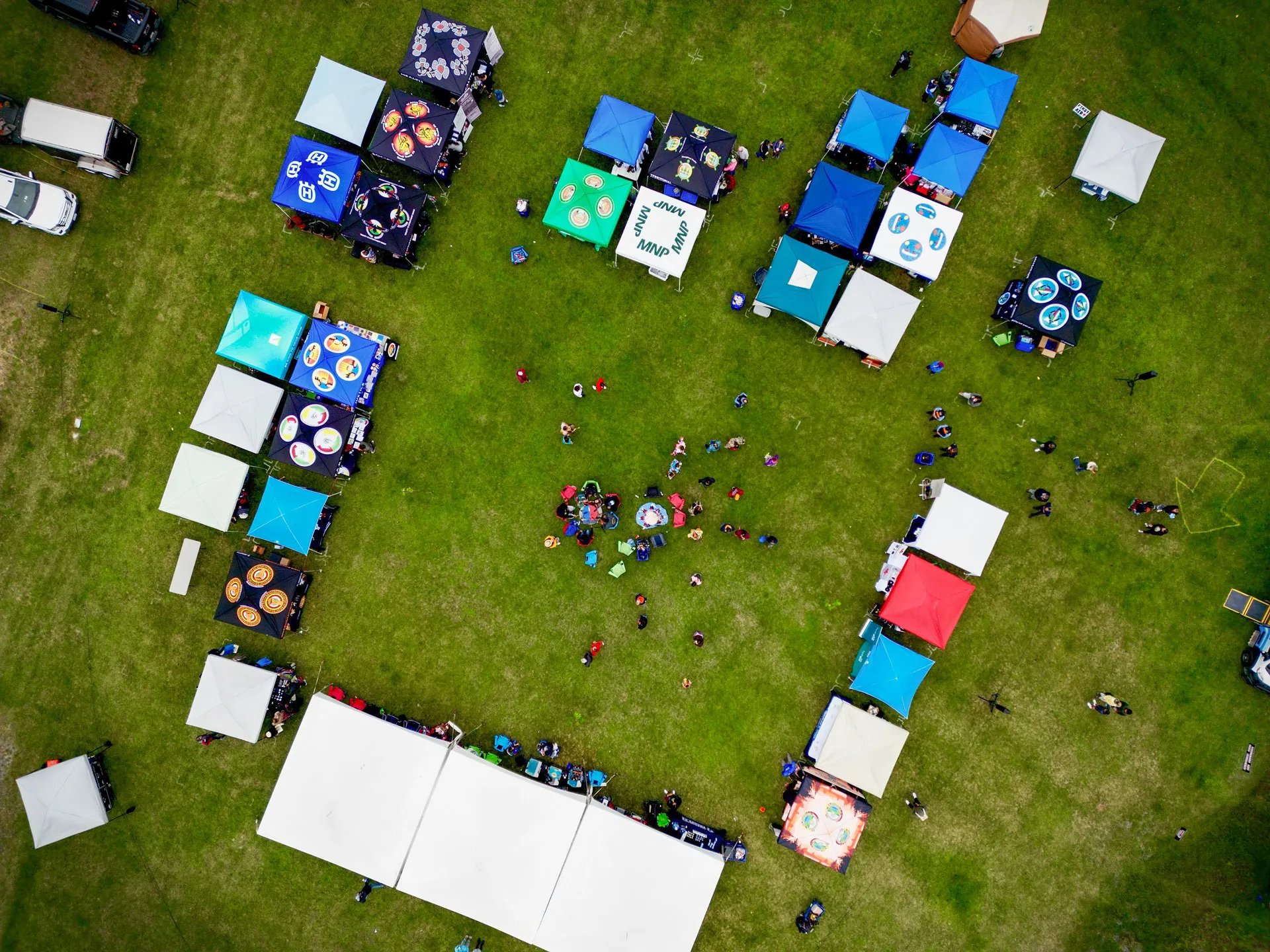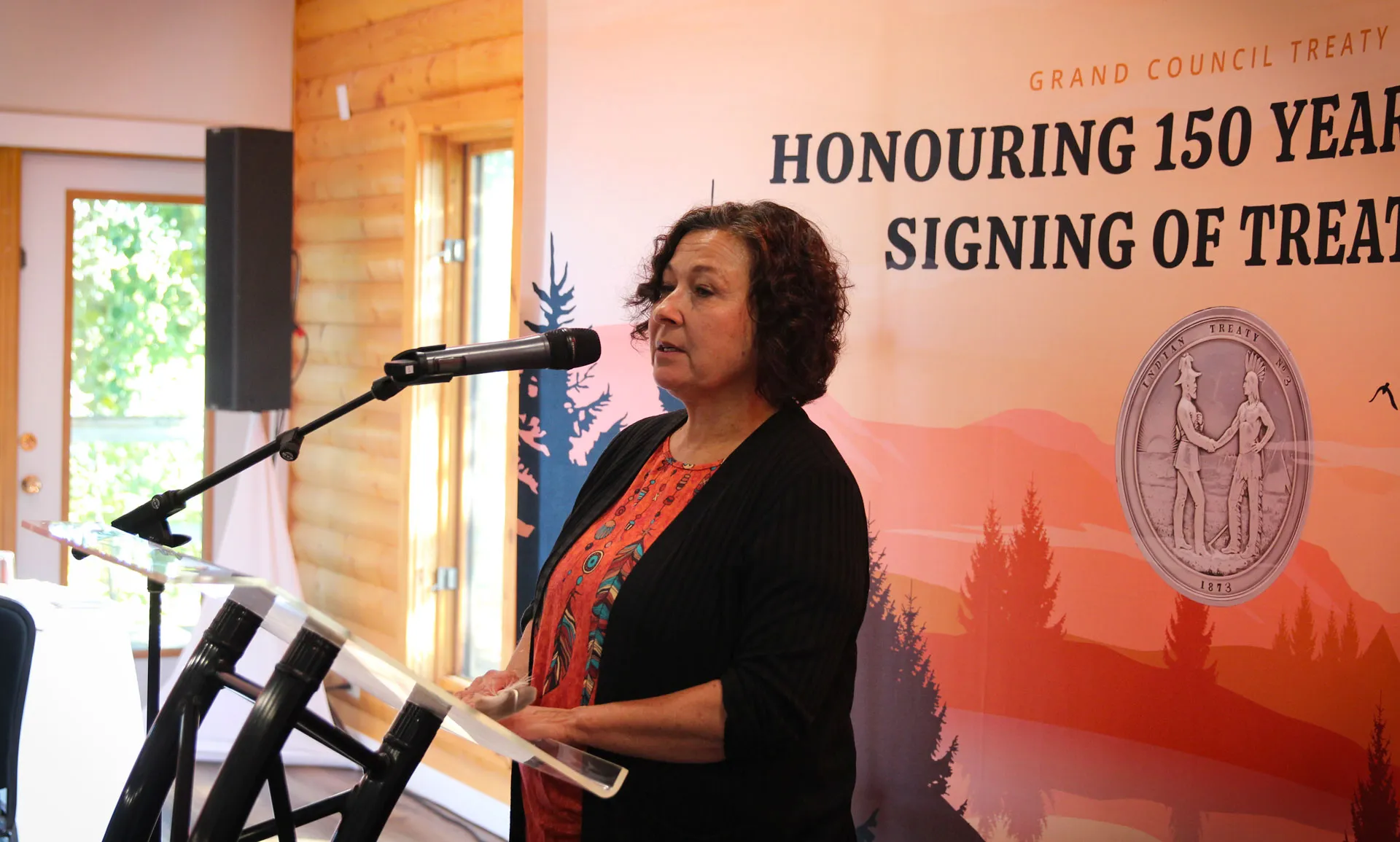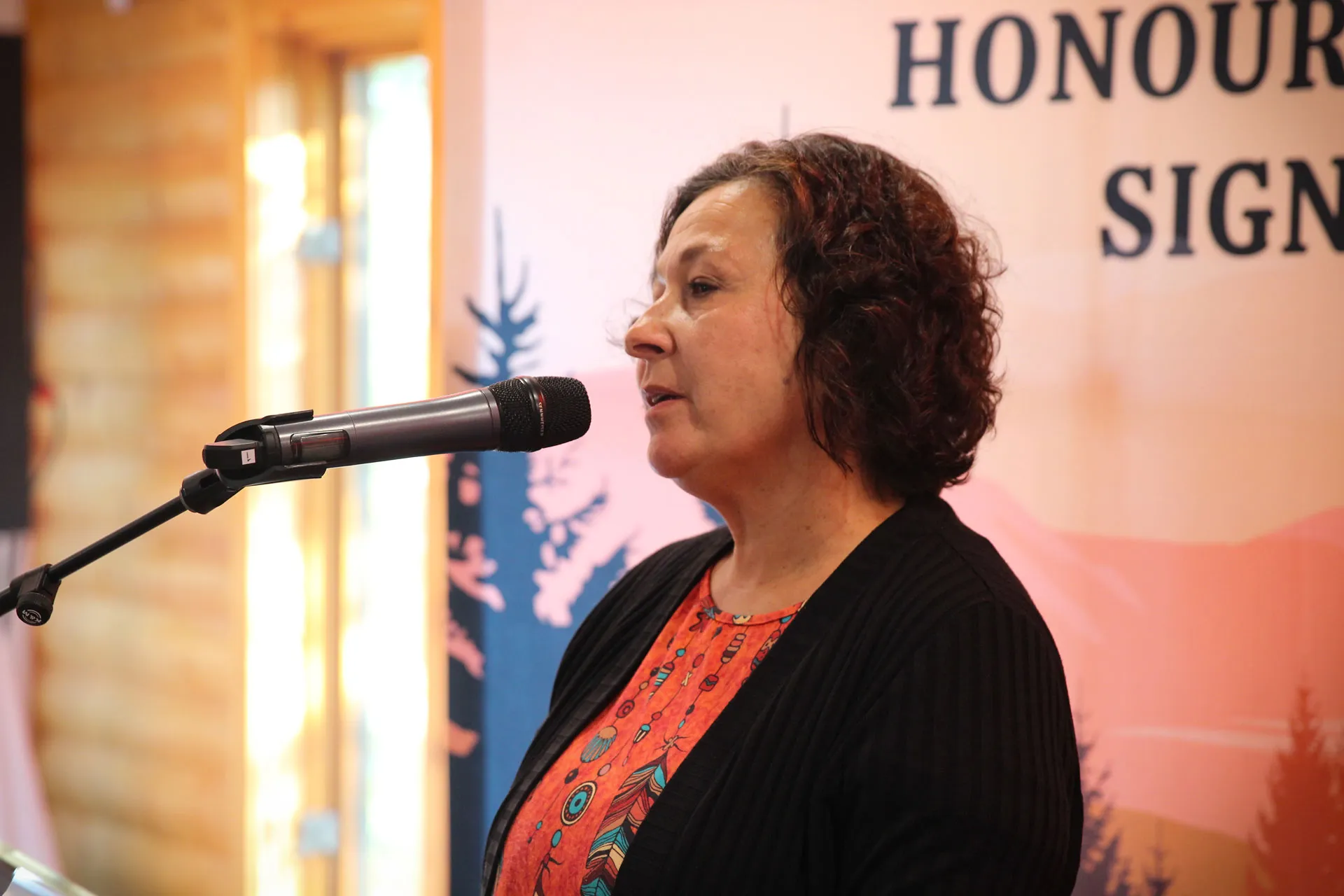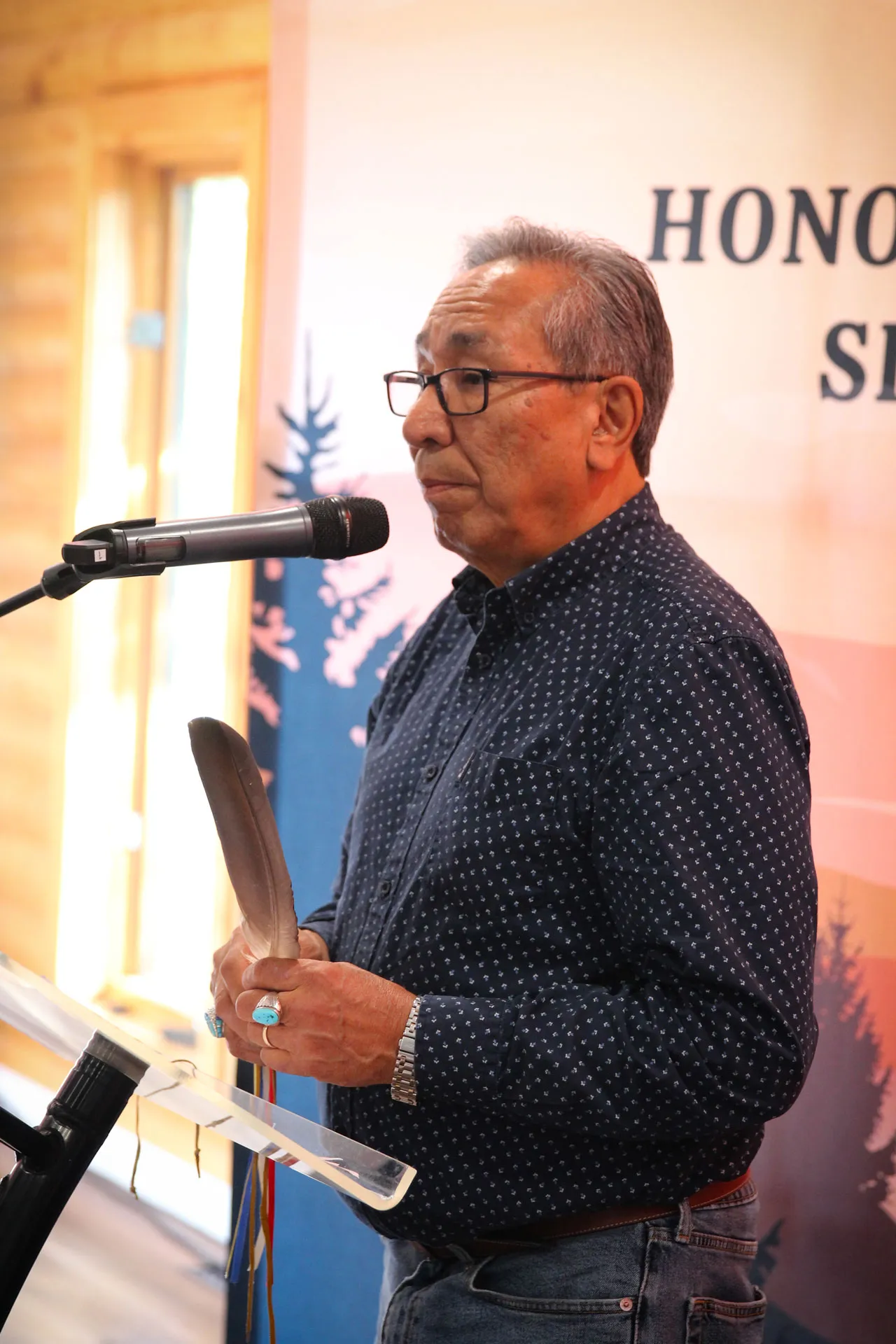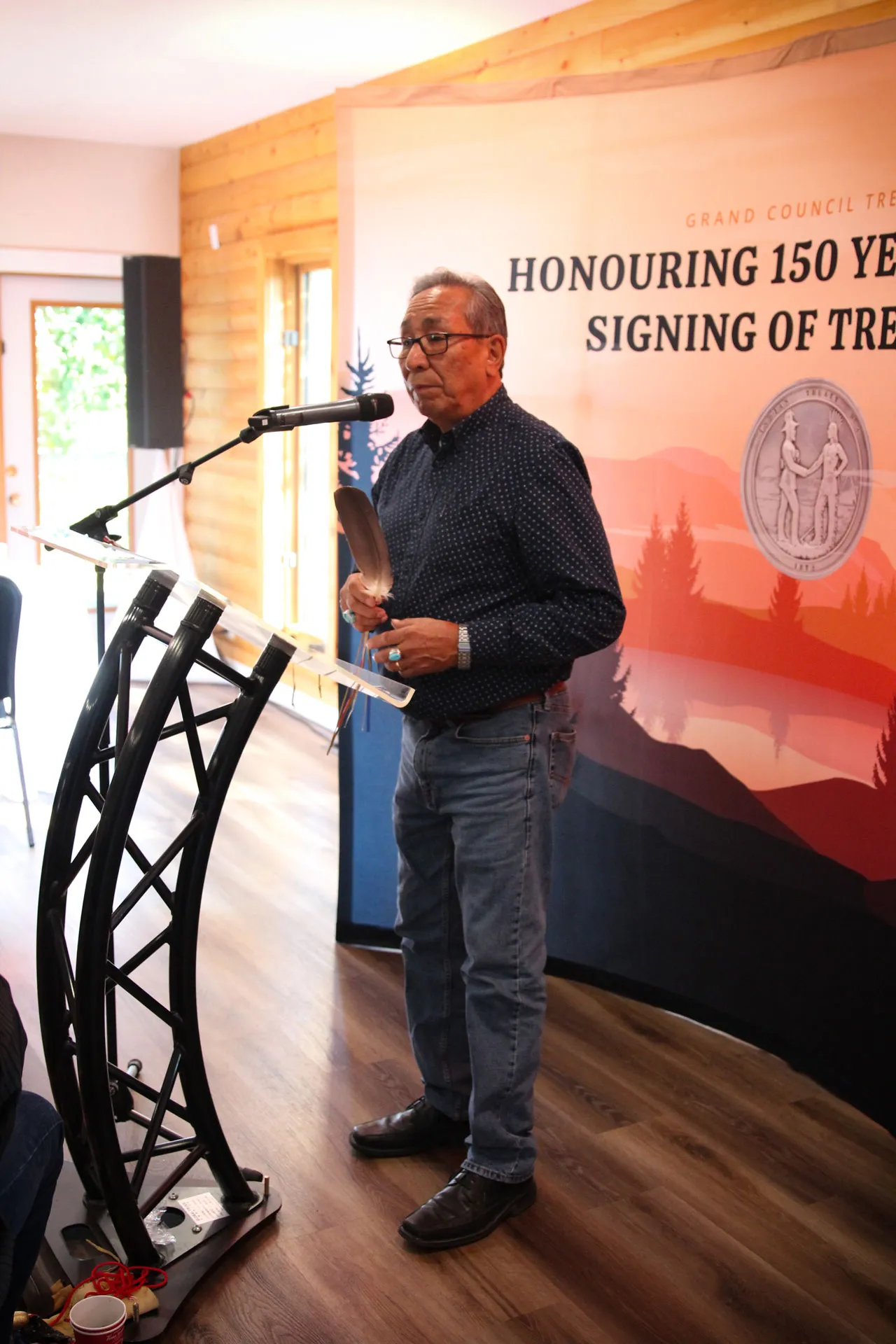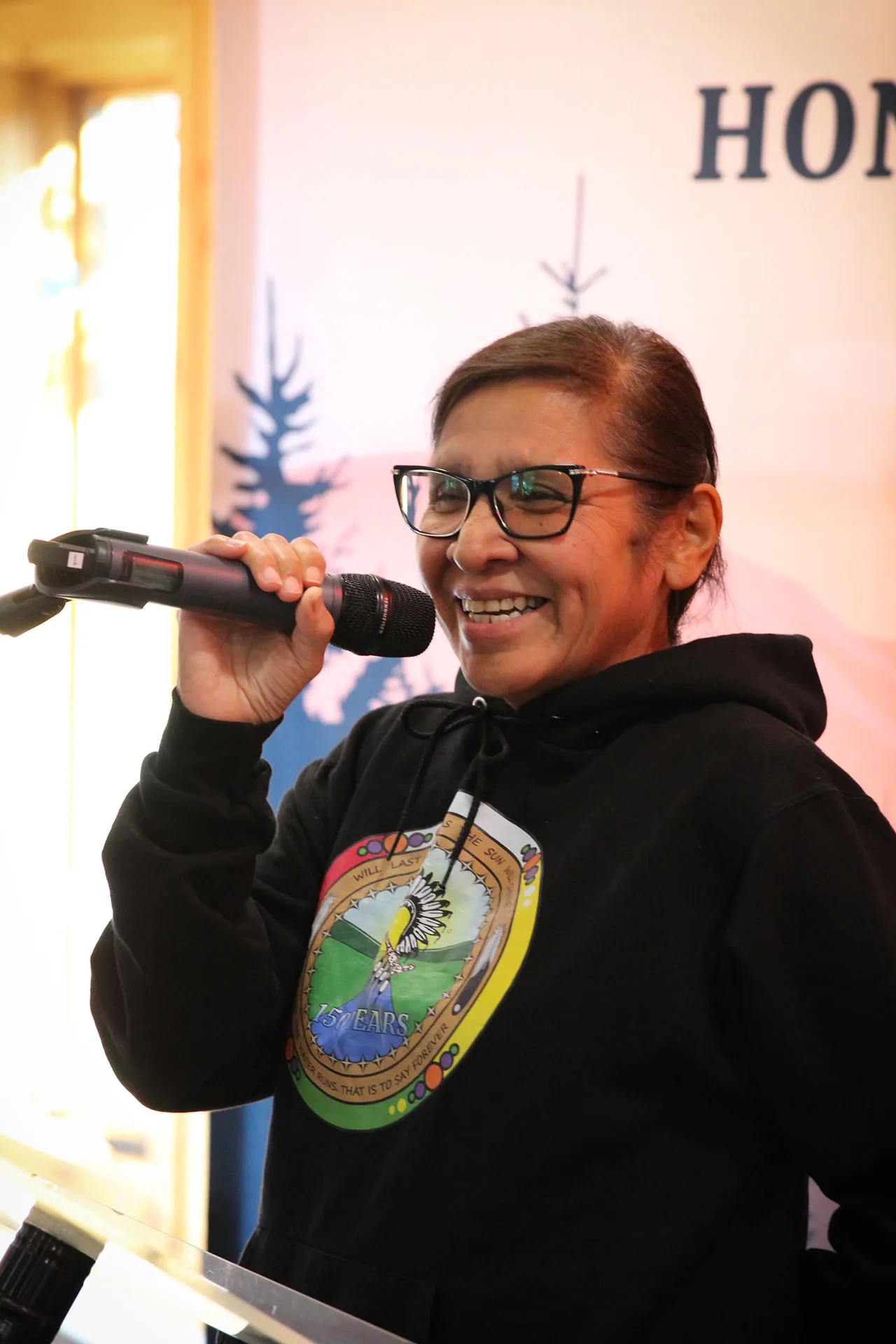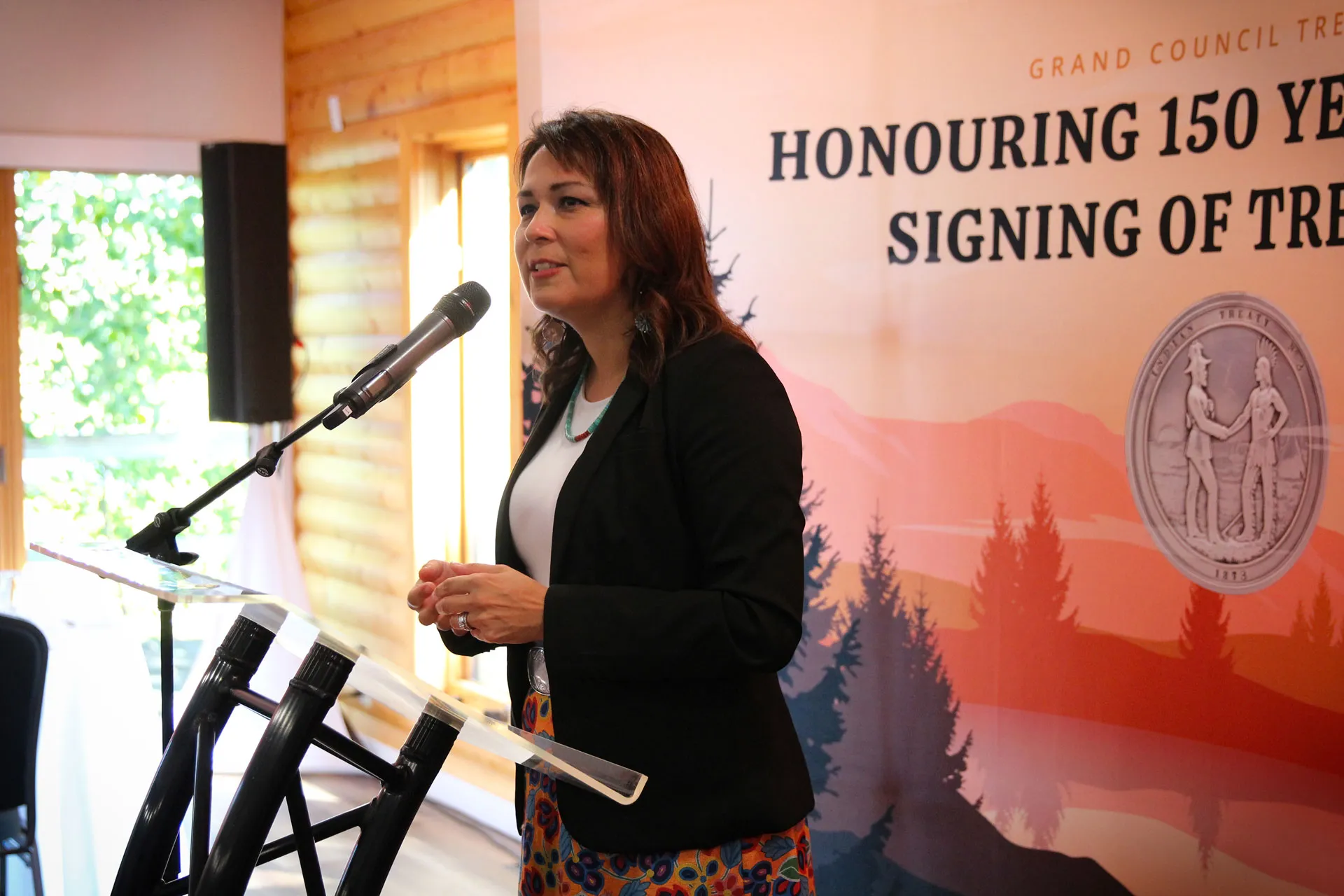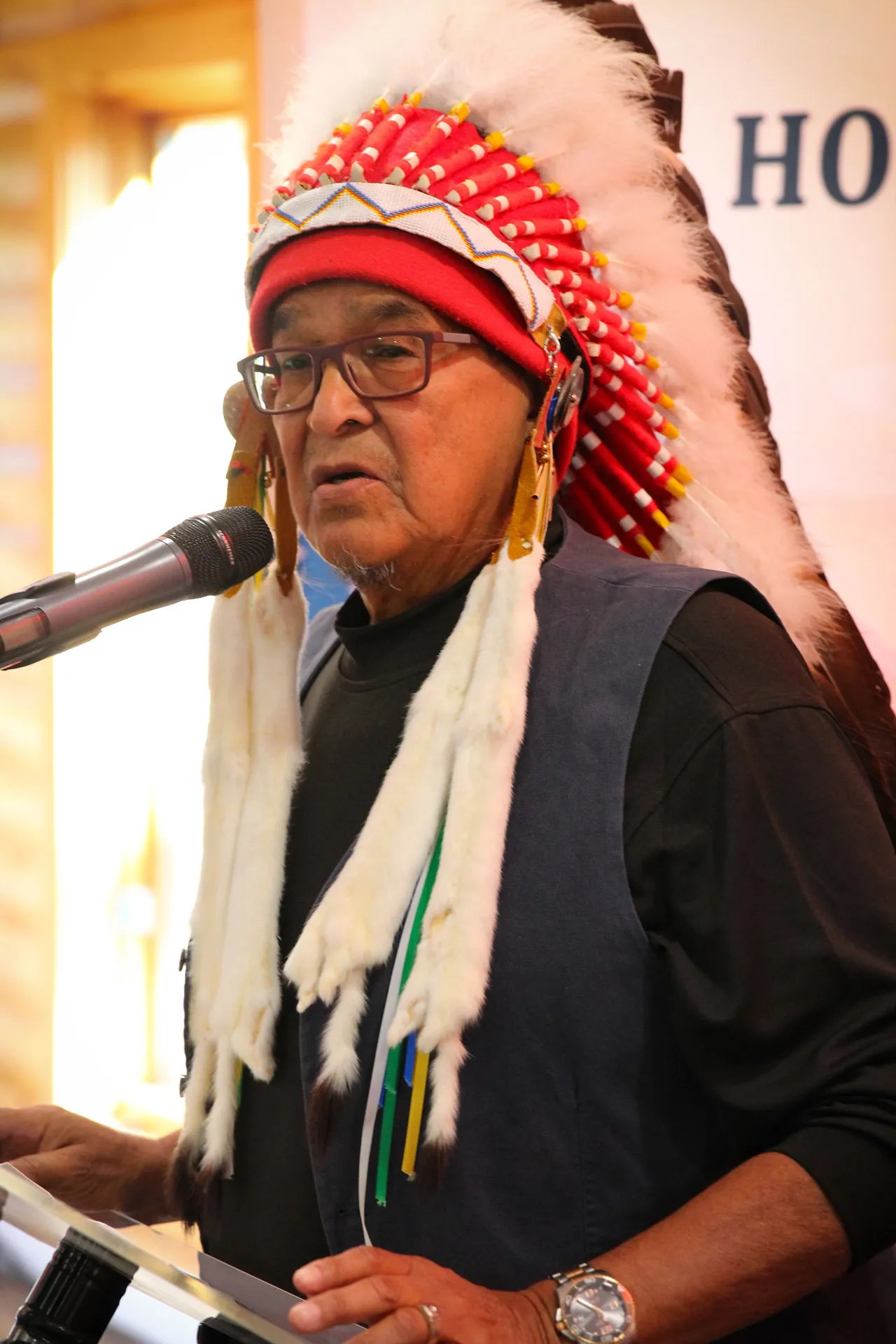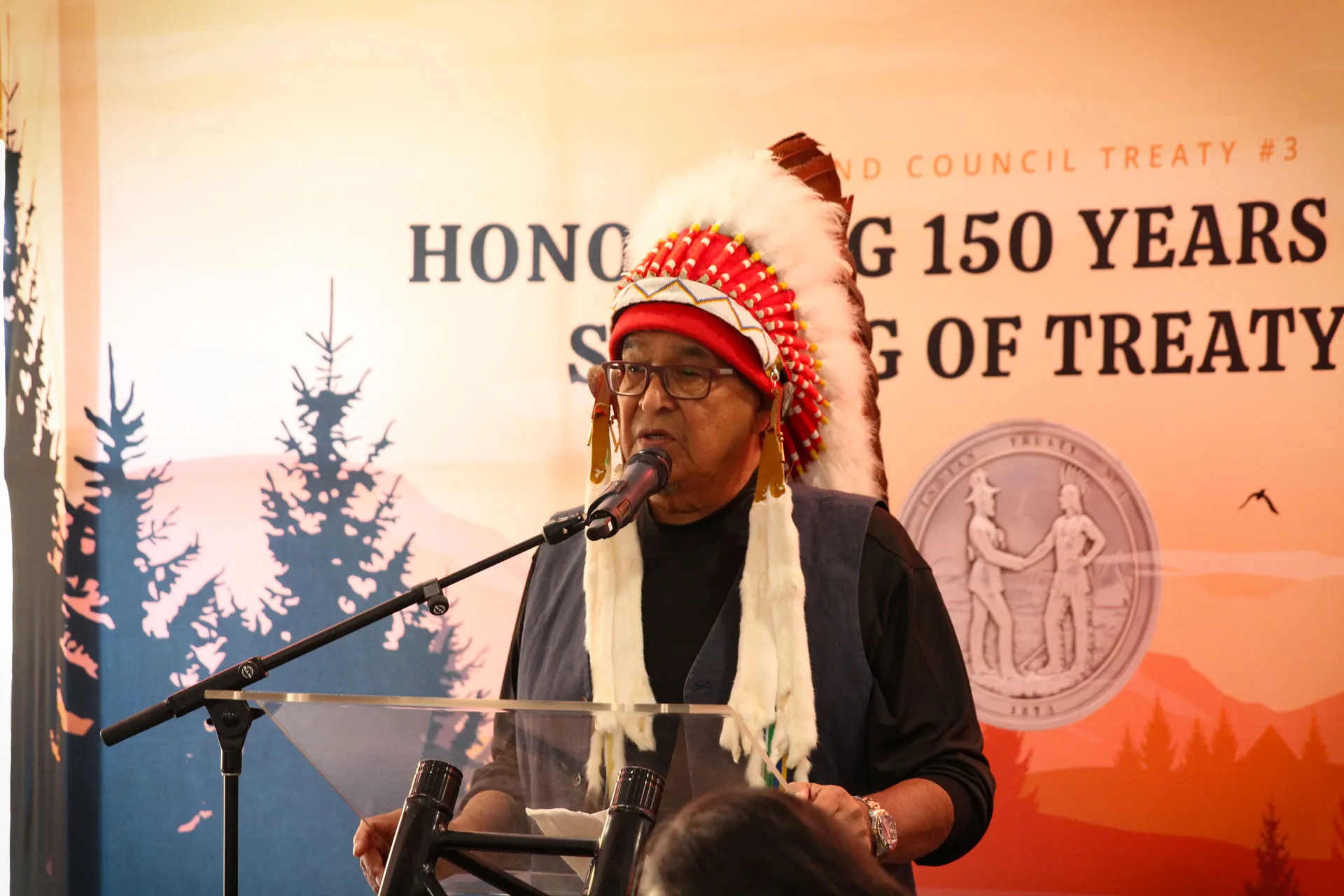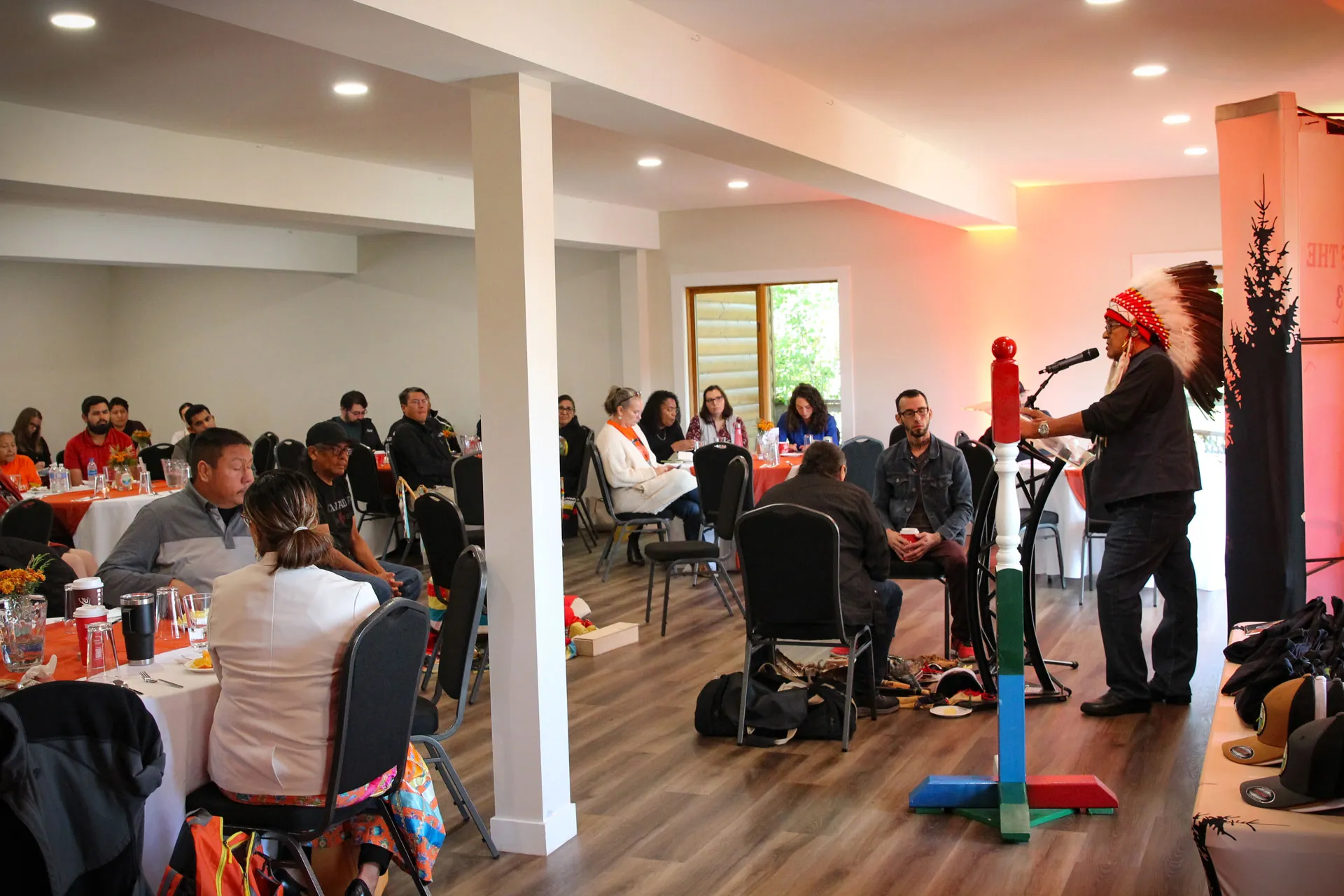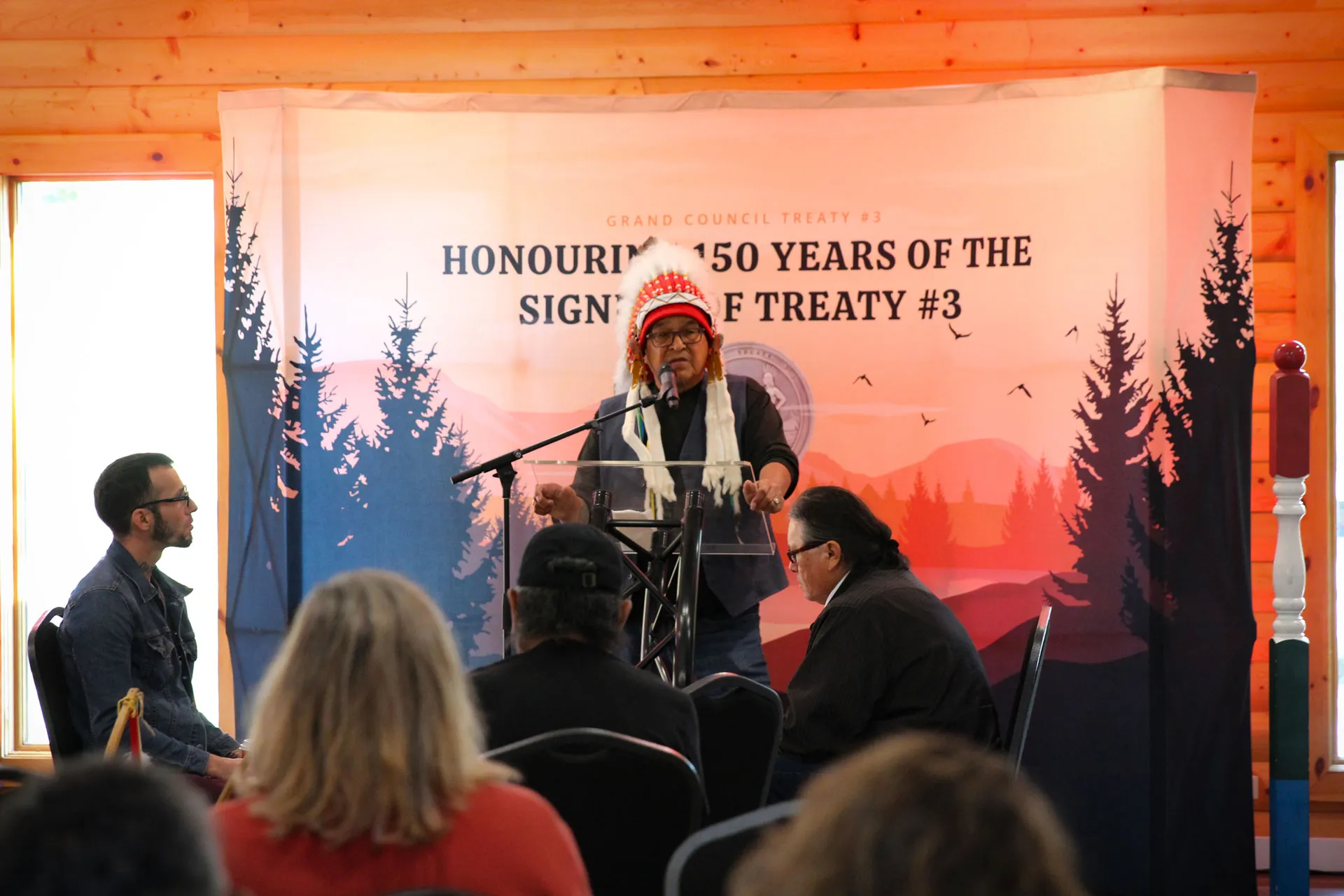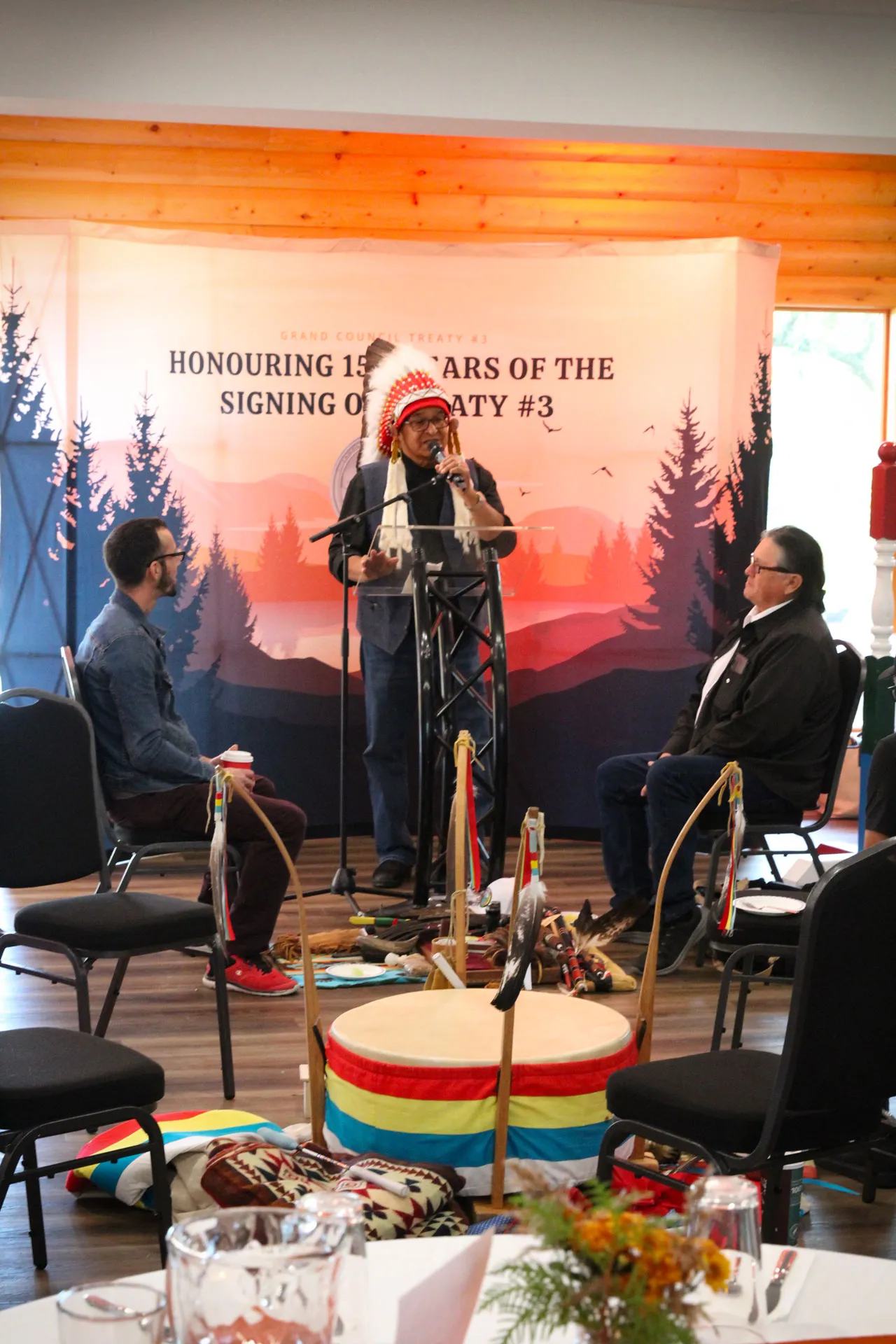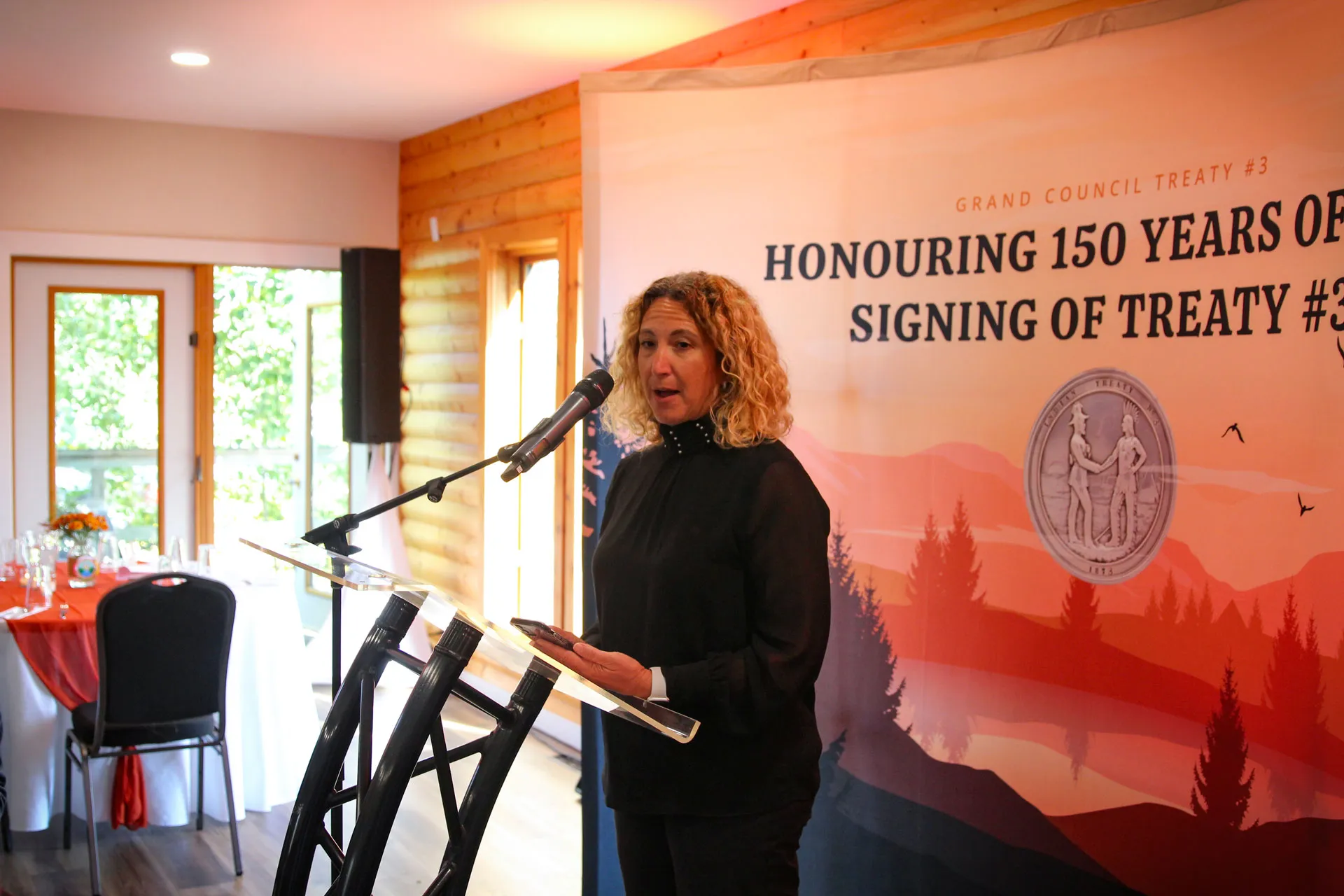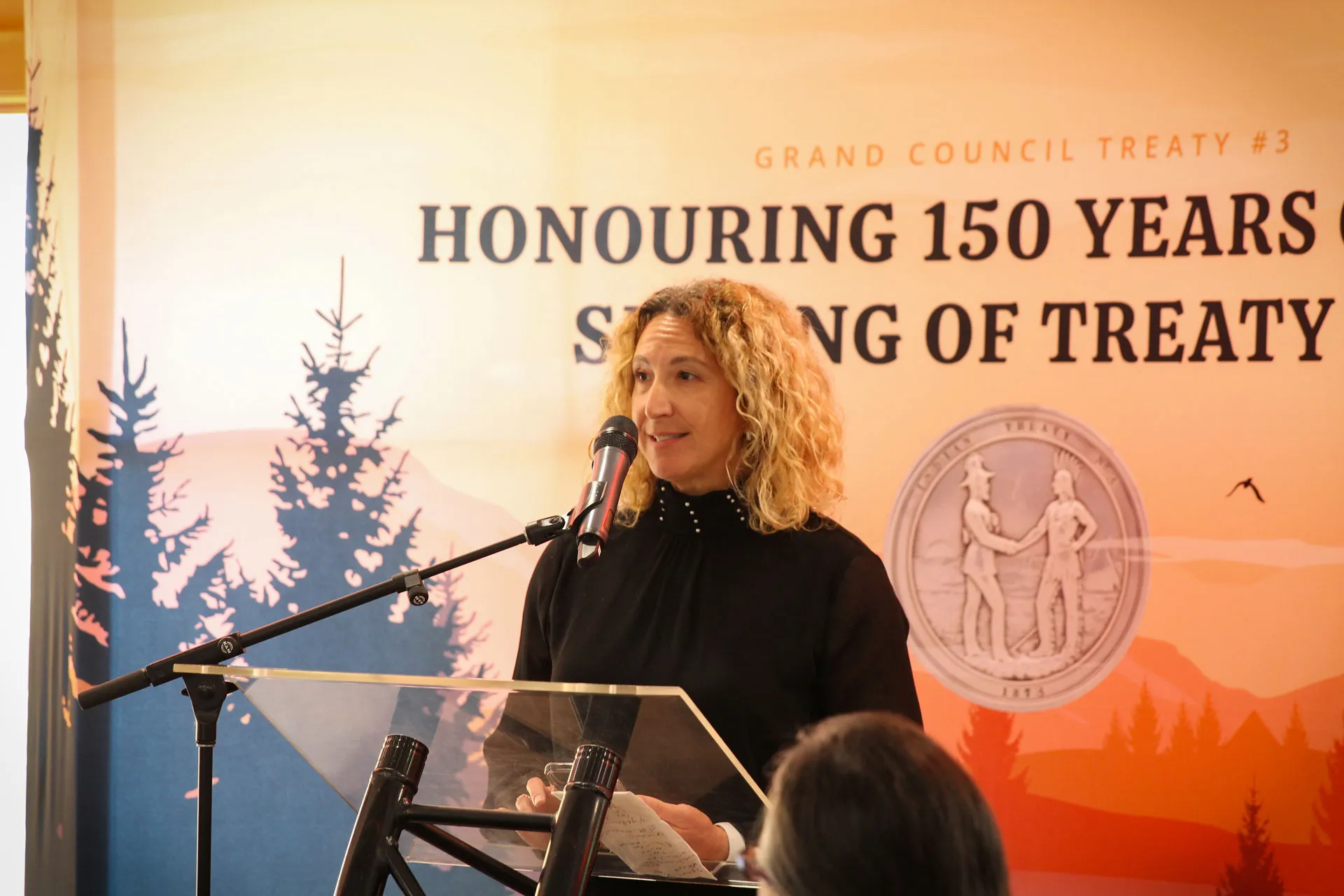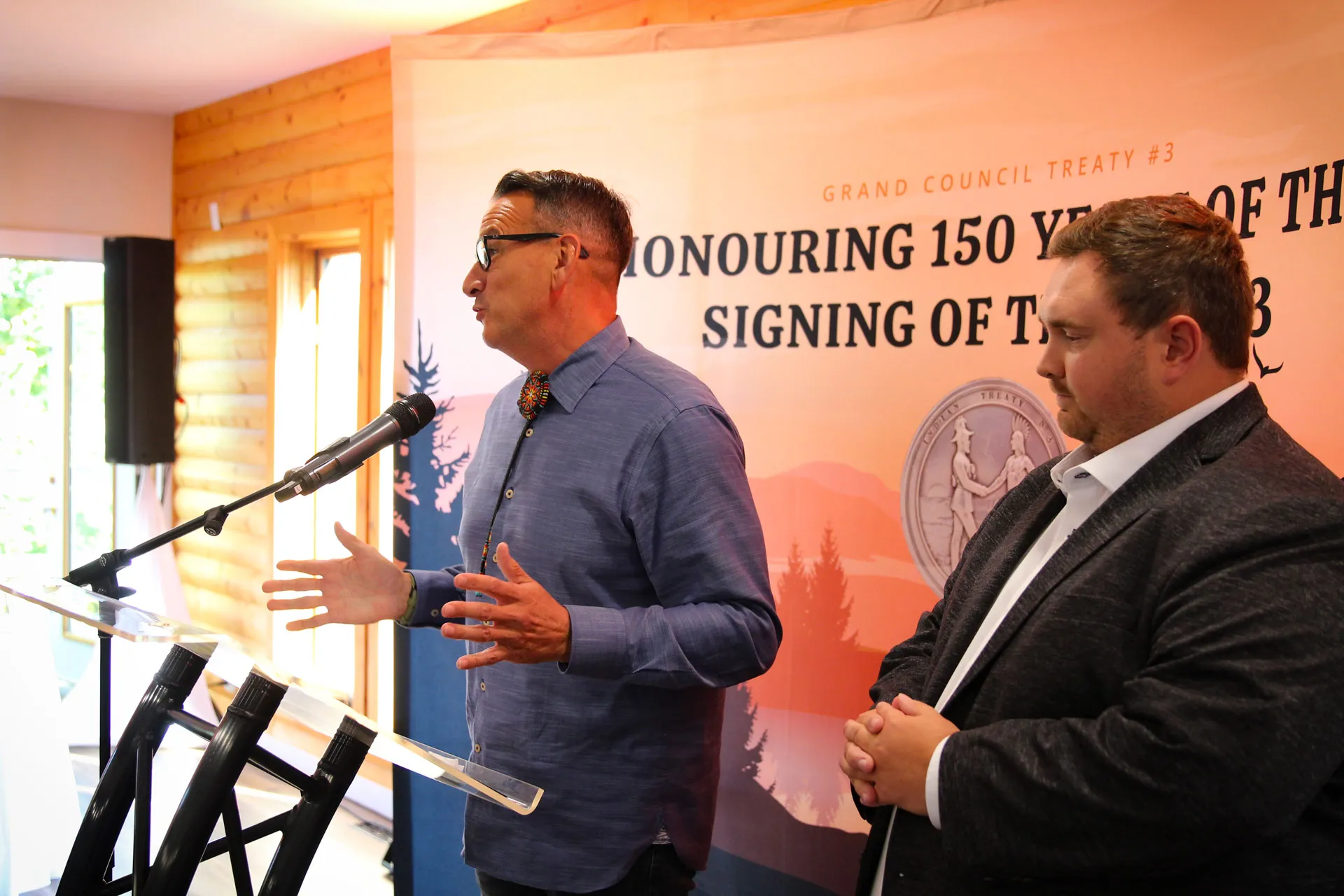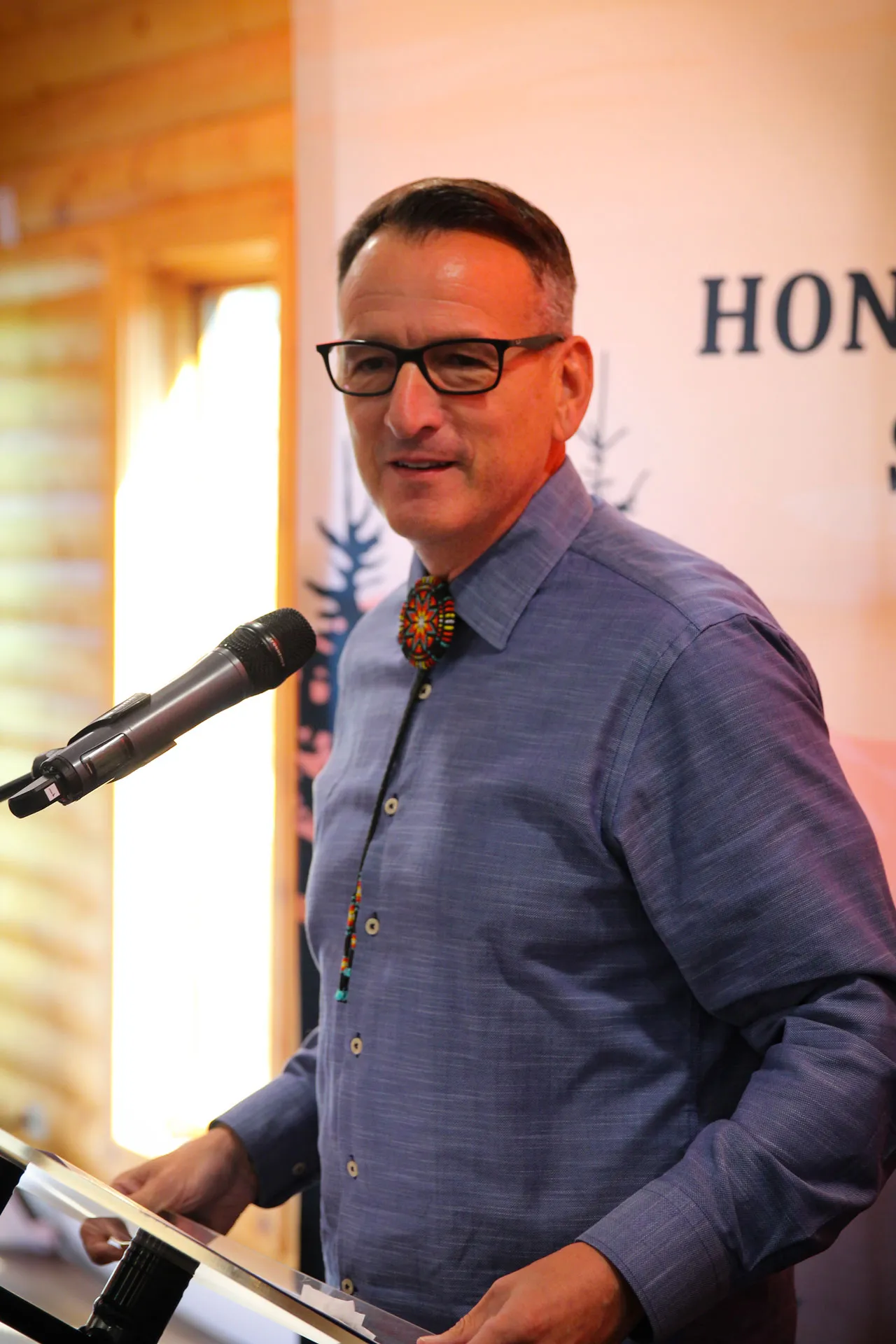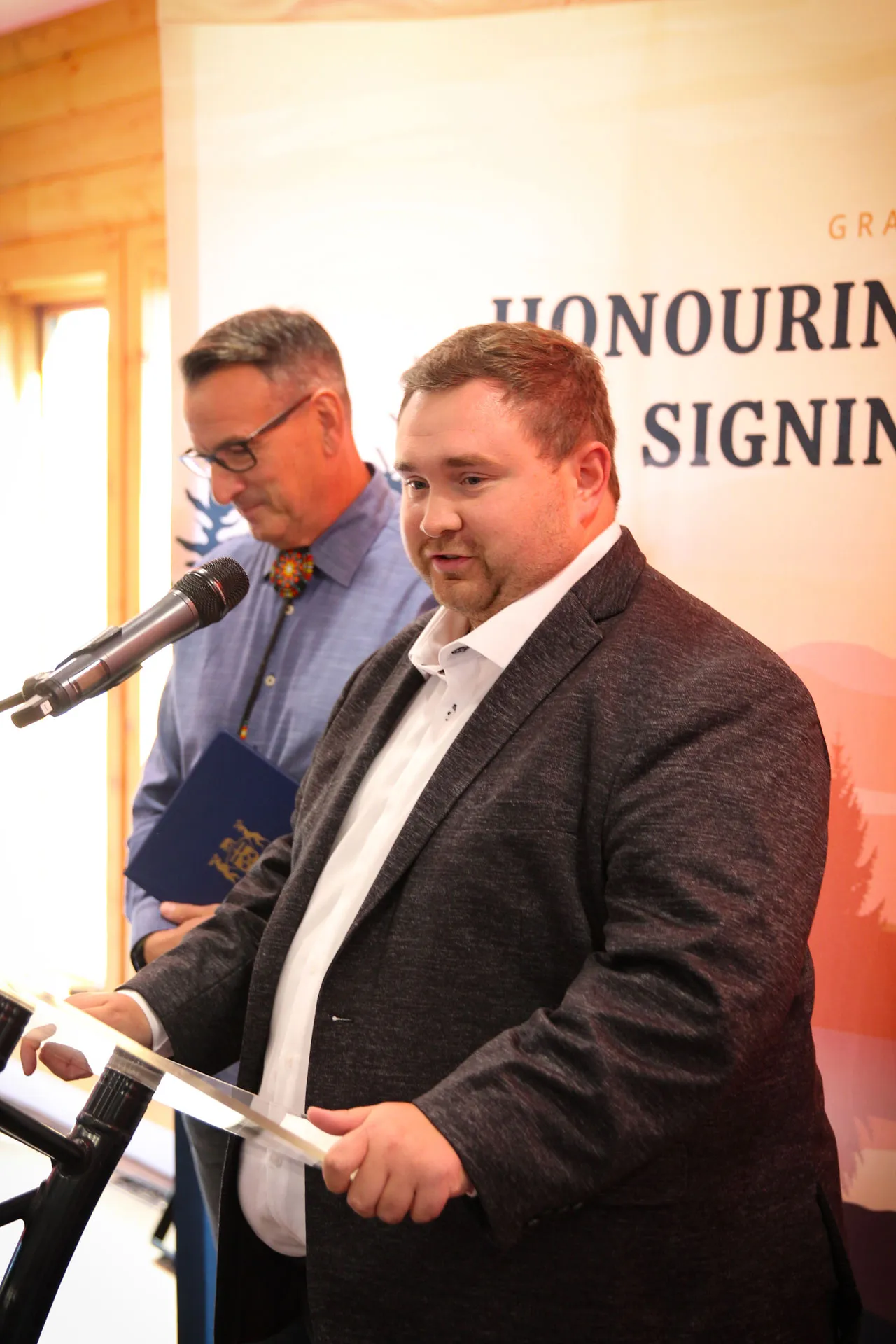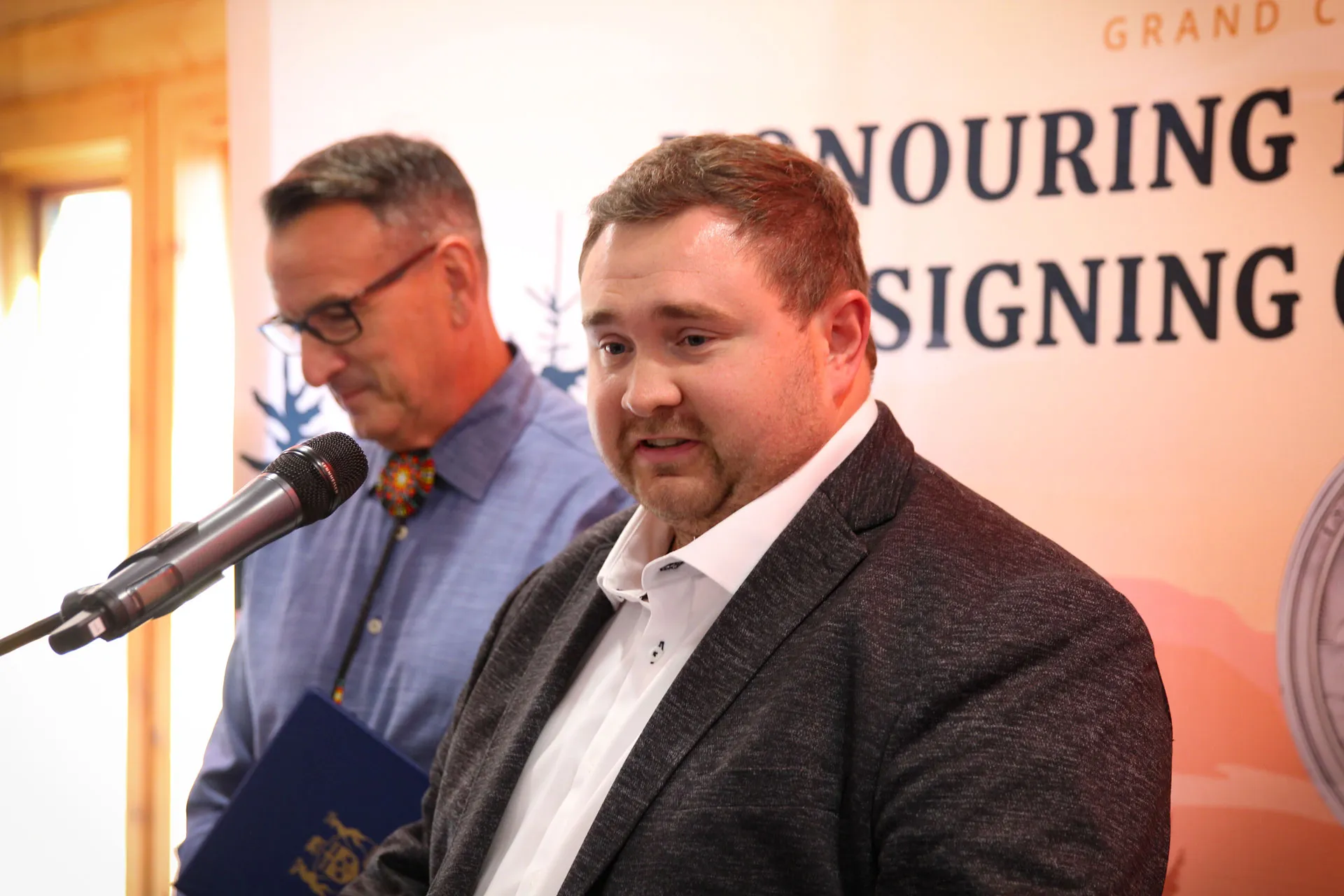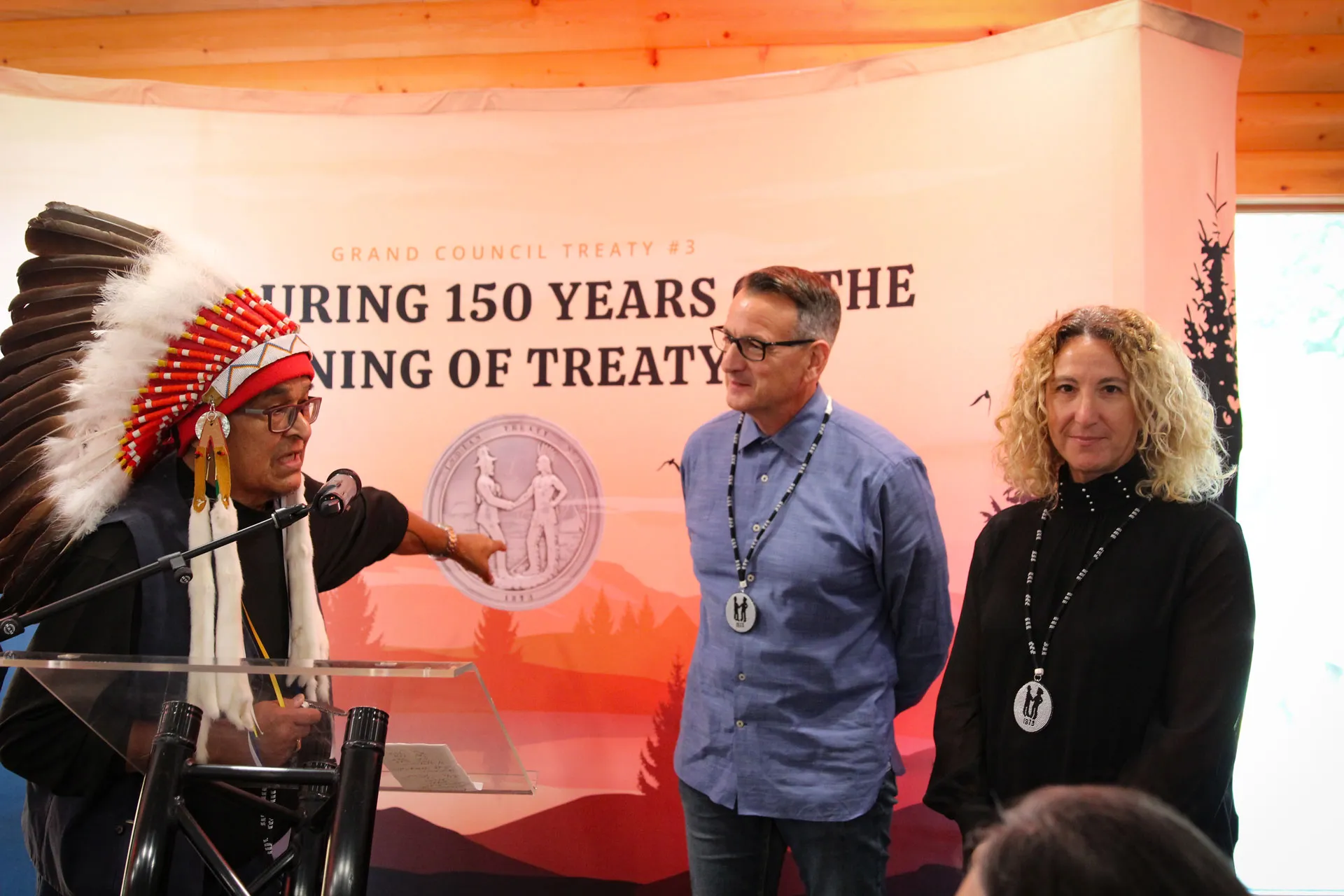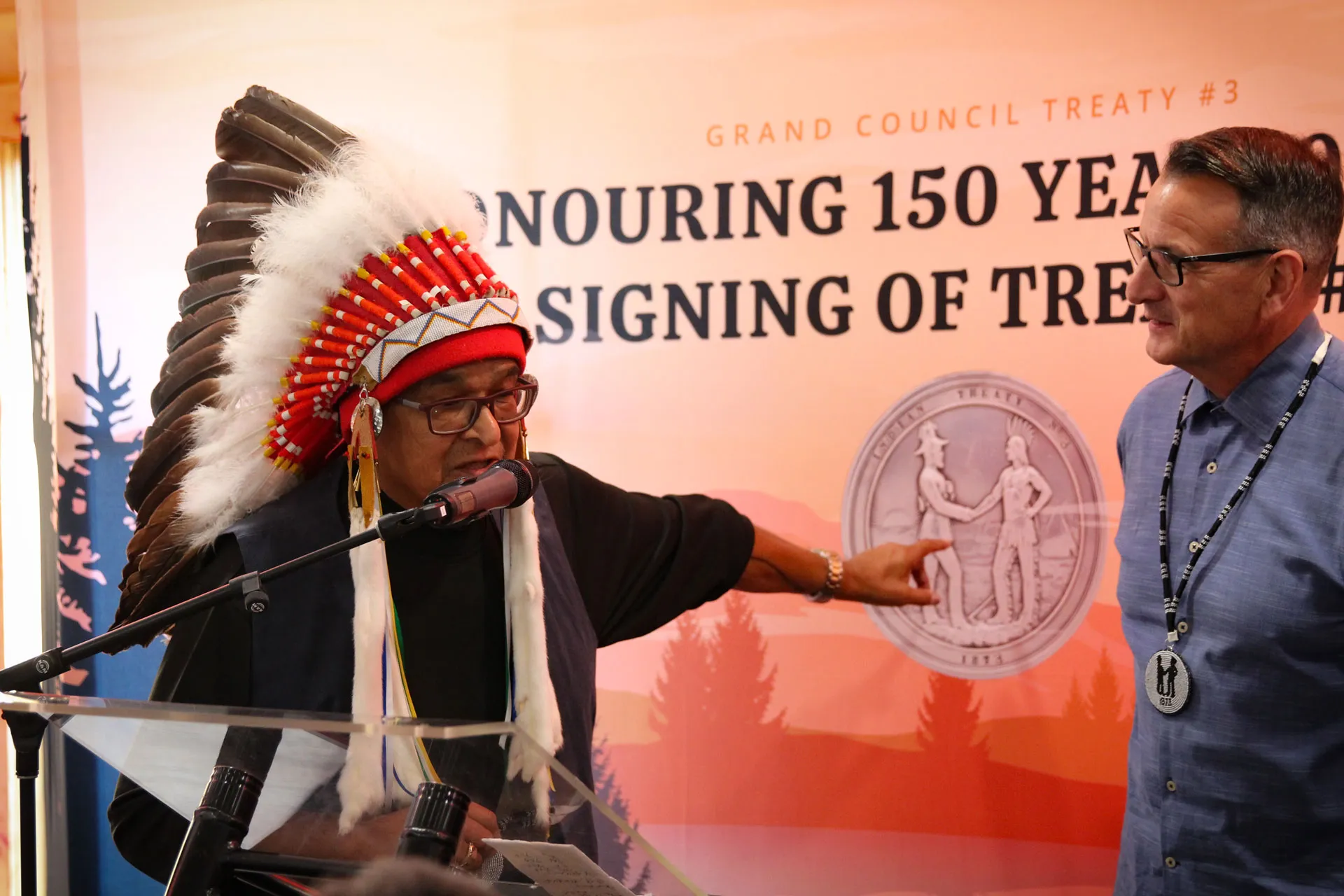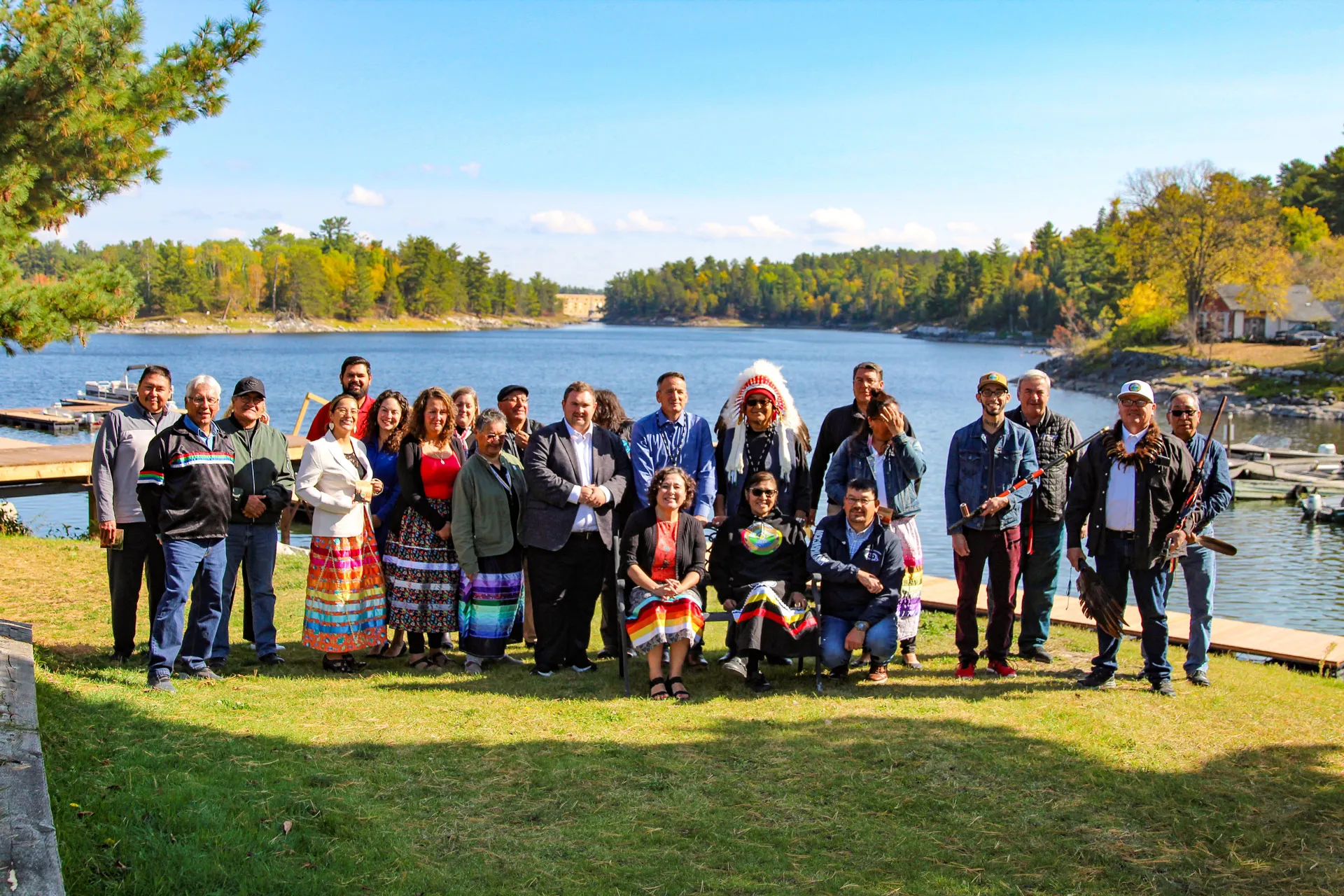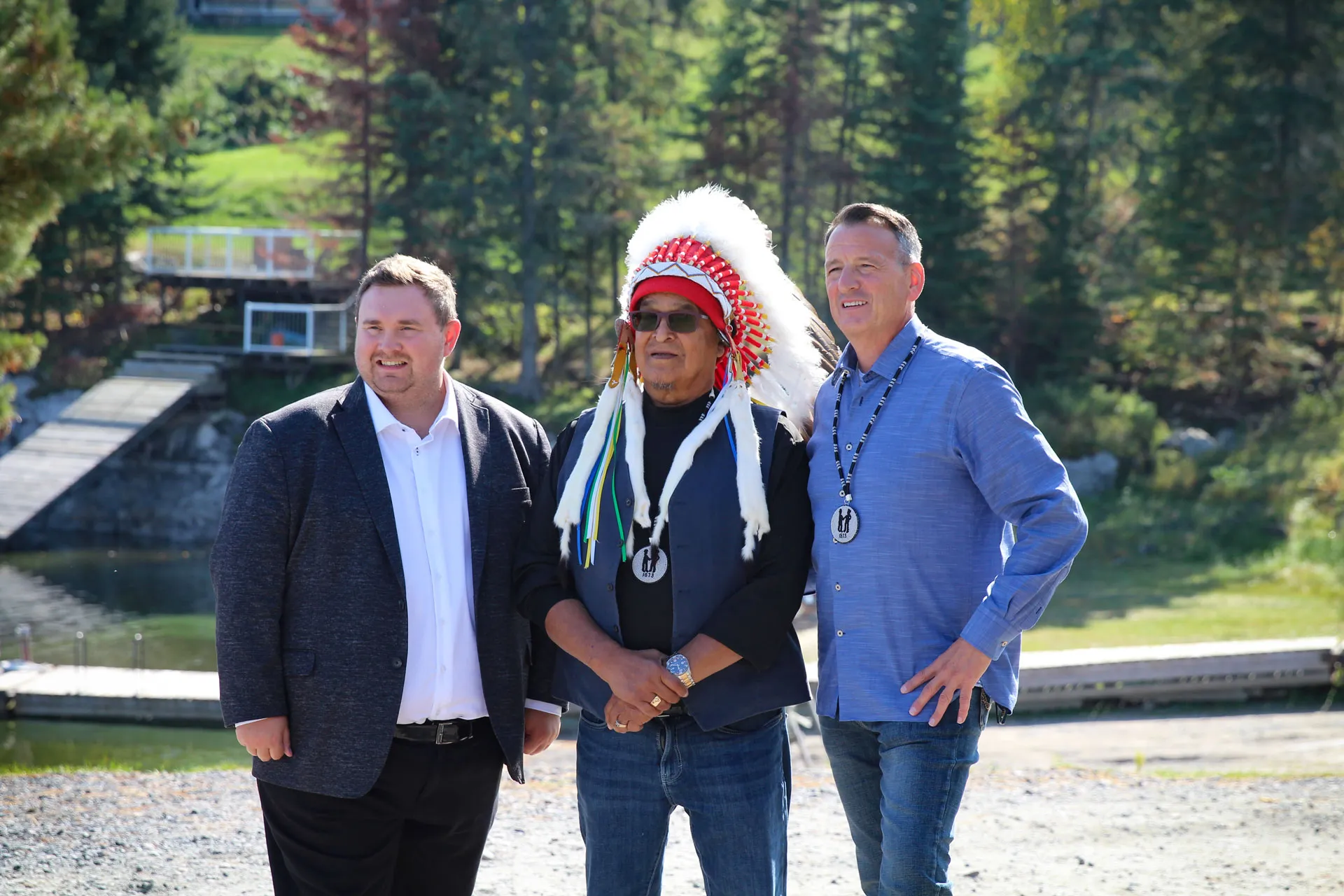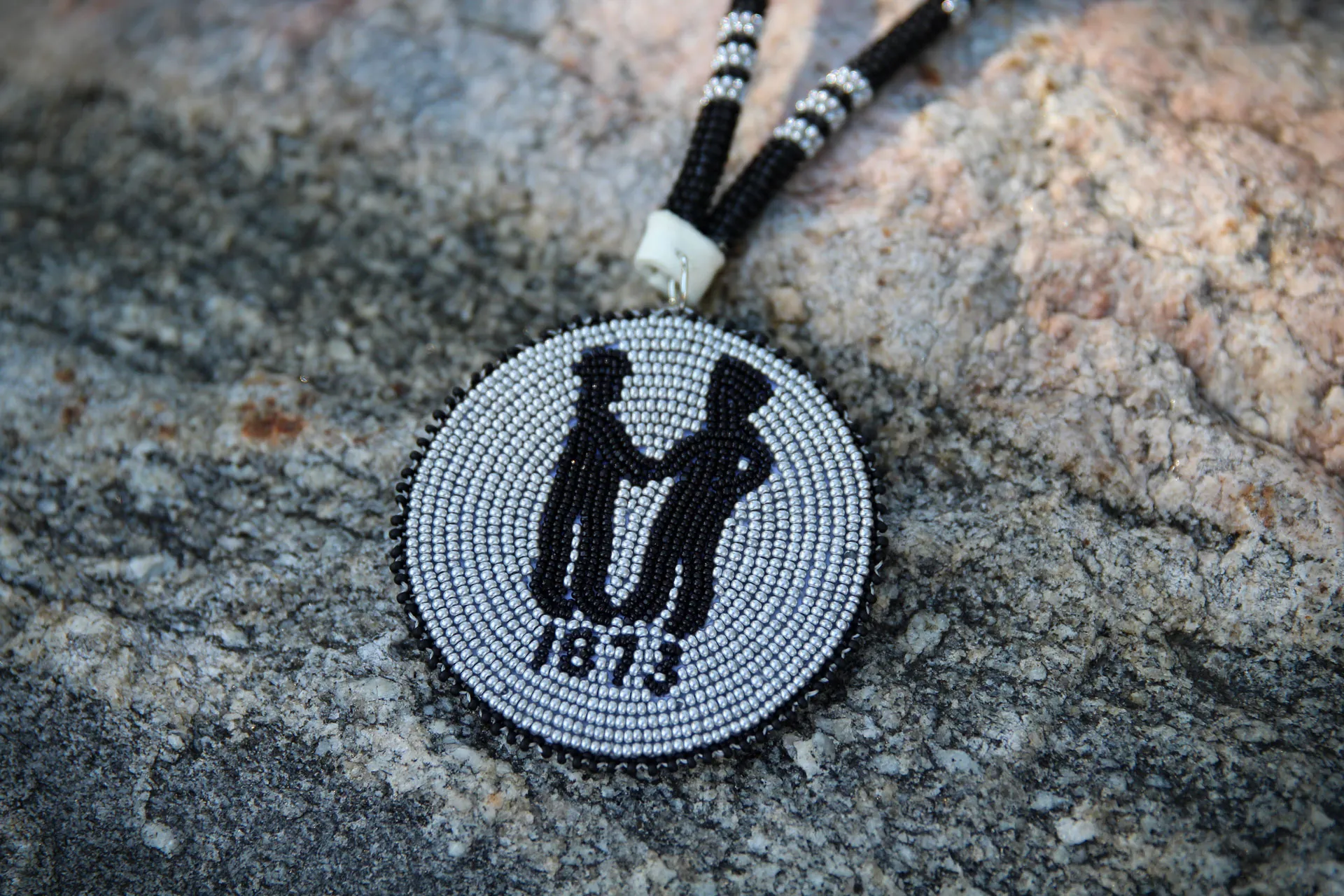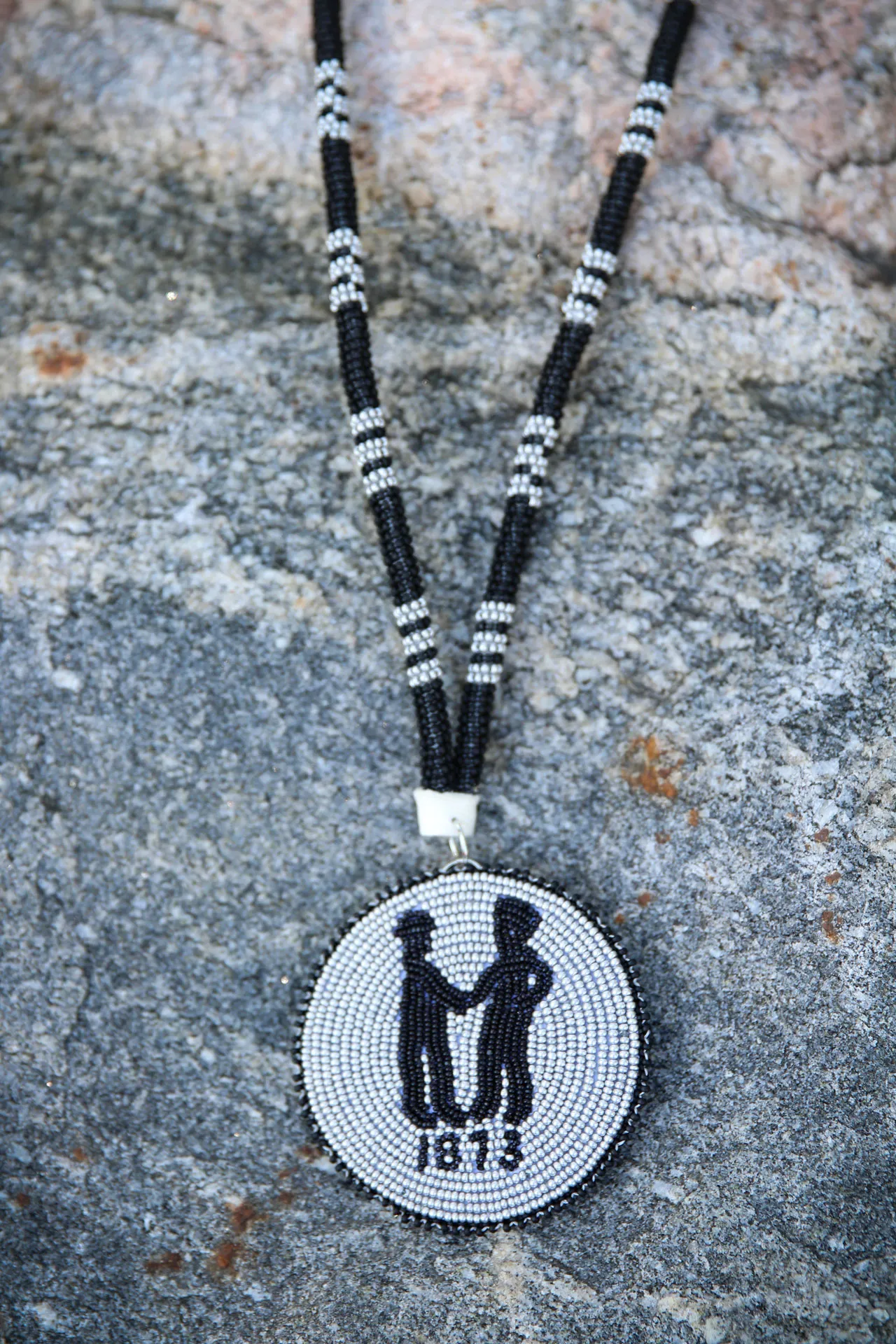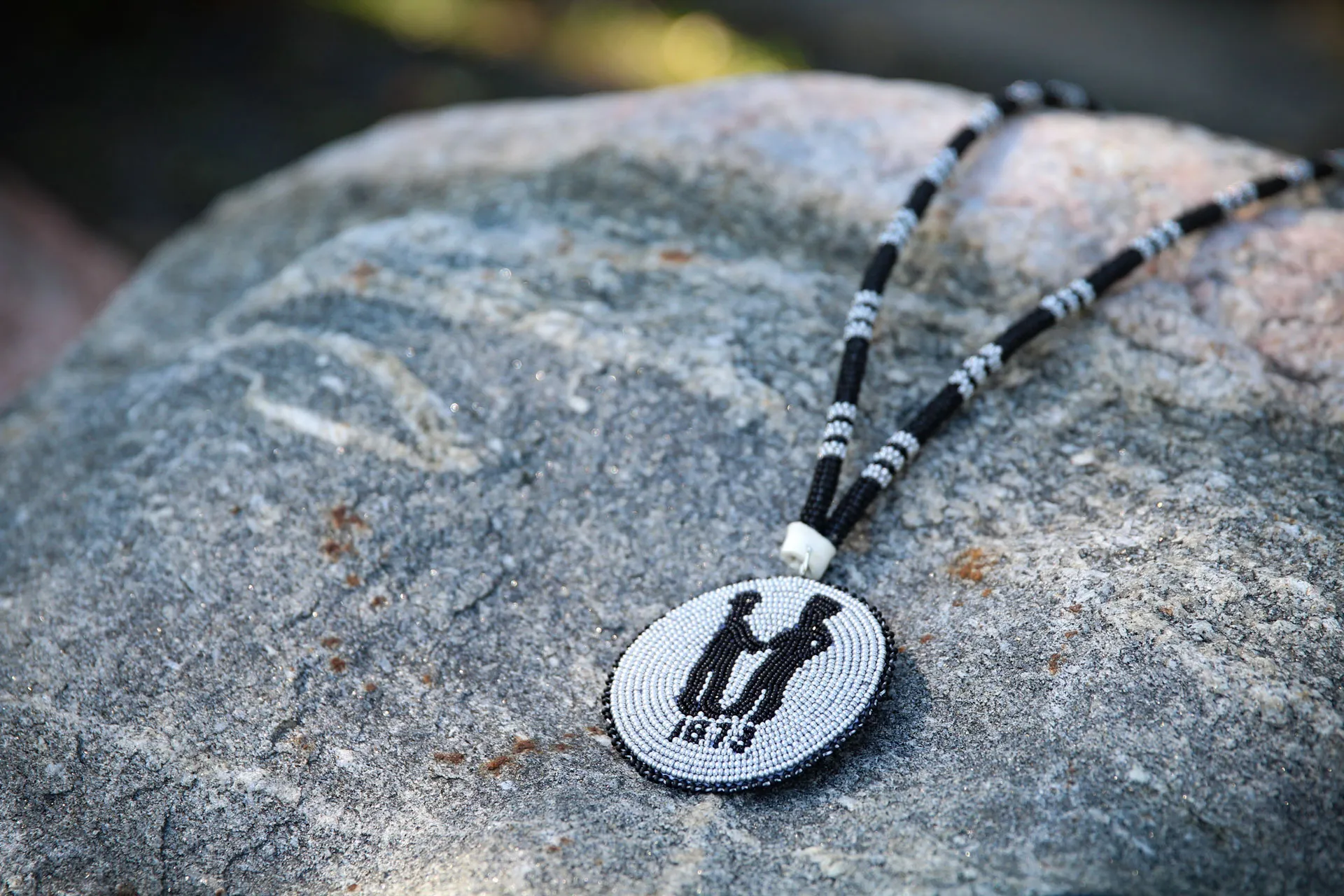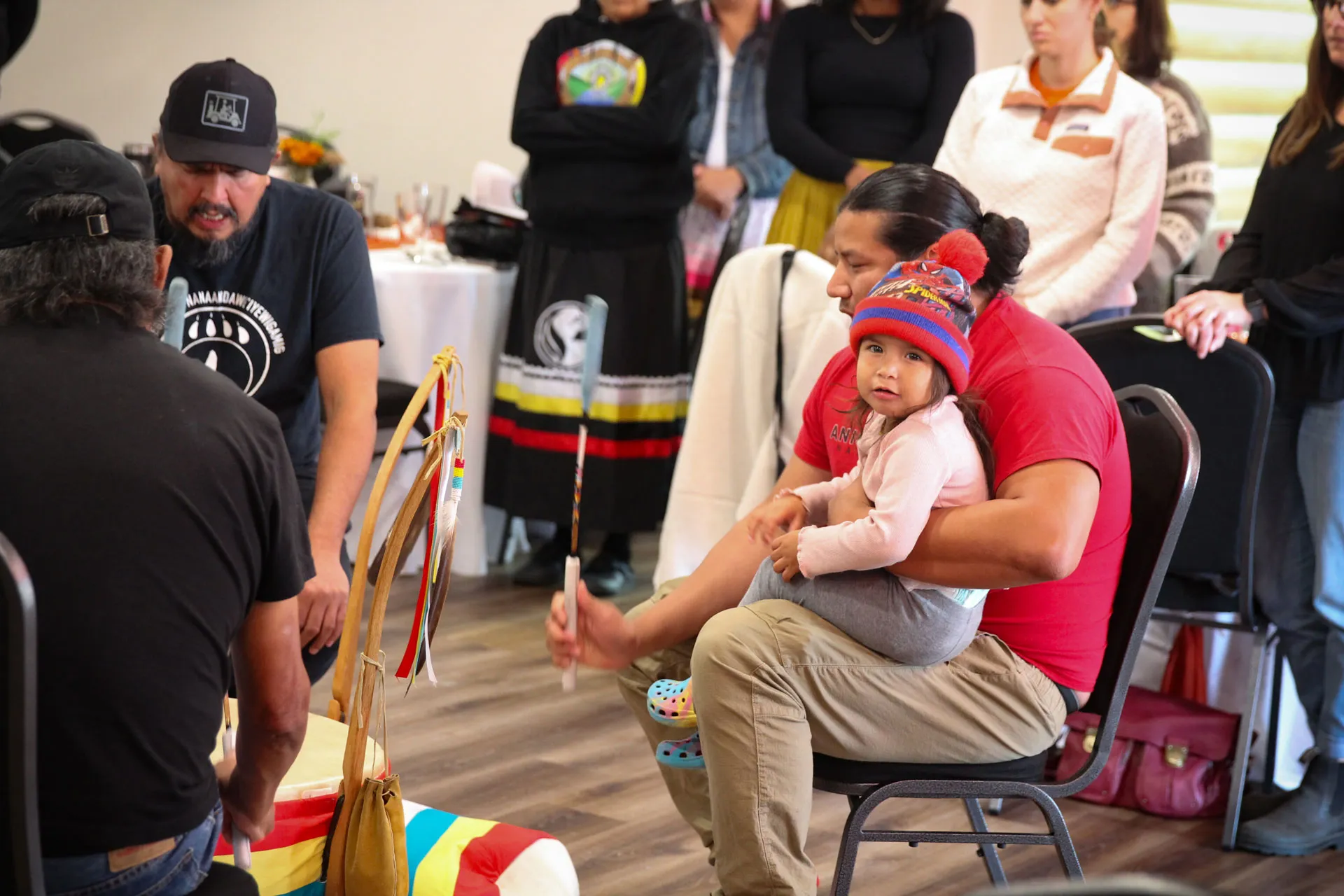Grand Council Treaty #3
Honouring 150 years of the Signing of Treaty #3
Commemorating a historic agreement that symbolizes the enduring partnership between Anishinaabe Peoples and the Crown. We honour the wisdom, resilience, and cultural traditions of our Anishinaabe ancestors who negotiated this treaty, and we look forward to continuing to work together in mutual respect, understanding, and cooperation for a better future for all.
Anishinaabeg and Crown representatives fail to reach agreement
Anishinaabeg and Crown representatives met but could not reach agreement on payment for compensation for past use of the Anishinaabe territory.
Read moreTreaty Making and Confederation
Federal government moves west to make Treaties 1 and 2, closer to the Red River settlement. British Columbia joins Confederation as the 6th province, with the promise by Ottawa to build an east- west railway. Treaty Commission for Boundary Waters gains authorization from Canadian Government.
Influenza Outbreak Disrupts Treaty Talks on Boundary Waters
Treaty discussions in Fort Frances regarding the Boundary Waters were disrupted by influenza outbreak. Archival documents indicate these talks formed basis of ‘draft’ Ottawa took to North West Angle next year.
Treaty #3 Negotiations with Anishinaabeg Chiefs
Ottawa sends Treaty Commission of Alexander Morris, J.A.N. Provencher, and Simon J. Dawson to meet with the Ogichidaag, Mawedopenais of Rainy River, Powassin of Lake of the Woods, Sagacheway of Lac Seul and others. It was reported that 24 Chiefs and 1400 Anishinaabeg camped at Northwest Angle, with sacred ceremonies held.
Read moreOgichidaag's Insistence Leads to Half-Breeds' Inclusion in Treaty #3
As Ogichidaag had insisted that the Half-Breeds who lived amongst us would be part of the Treaty and was signed as an adhesion to Treaty #3.
Consolidated Indian Act and its Impact on Anishinaabe Governance and Treaty #3.
Consolidated Indian Act became law in Canada. Although the idea or purpose of any such legislation was never mentioned in any negotiations of the numbered treaties, this law henceforth controlled the Indians “from the cradle to the grave”.
Read moreSt. Catherine’s Milling Co. vs. Ontario
St. Catherine’s Milling Company was given a license by the federal government to cut timber in Treaty #3 territory, near Wabigoon. The Ontario government objected and let its own license to another company. The dispute went to court and was appealed and decided by highest court of appeal in Great Britain, the Privy Council.
Read moreIndian Residential Schools in Treaty #3 Territory
Education rights: Amendments to the Indian Act established Indian Residential Schools to be run by missionaries of different Catholic and Protestant faiths. The Government of Canada had made no move to follow the Treaty #3, to establish a school when the Indians shall desire it, not the clear promise from negotiations for a bilingual, bicultural education system.
Read moreOgichidaa Powassin and Fishers Defend Indigenous Fishery on Lake of the Woods
Ogichidaa Powassin & other fishers cut American trawler nets to save Indian fishery on Lake of the Woods. They had painted their faces, indicating the ceremonial, spiritual and political significance of their action.
The Paypom Treaty
Ogichidaa Powassin of Northwest Angle, who was Treaty negotiator and signatory to Treaty #3 in 1873,met photographer C.G. Linde at Bukatay Island, and gives his copy of Treaty#3 promises.
Read moreIndian Status Registry and the Anglicization of Anishinaabe Names
The federal government had established the Indian Status Registry to carry out the membership provisions of the Indian Act.
Read moreForced Relocation and Surrender of Anishinaabeg Lands on Rainy River
The Anishinaabeg of seven reserve settlements - Little Forks, Hungry Hall 1&2, Long Sault 1&2 and Manitou Rapids 1&2 - were forced to surrender their lands on Rainy River into Lake of the Woods - some of the best quality agricultural lands in the country - and move onto one reserve at Manitou Rapids.
Read moreOntario Confirms Treaty #3 Reserves, Impacts on Anishinaabeg
Ontario passes an Act to Confirmthe Reserves in Treaty #3. Some immediate impacts included: The Sturgeon Lake band was “extinguished” to enable Quetico Park to be established, sending Anishinaabeg to Lac La Croix, Seine River and Lac des Mille Lacs (This remains as outstanding land claim in 2013).
Read moreOntario's Regulations Impact Treaty Hunting Rights
Ontario passed special regulations that “took away all the rights and privileges the Indians thought they had, under the meaning of the Treaty”, and the Indian agents and Department were ineffective in protecting the Treaty hunting rights.
Indian Veterans Impact Indian Act revisions
1949-1951: Indian Act revisions - Indian Veterans met the Parliamentary Committee with mandate to propose needed changes to the Indian Act. The Veterans who presented had a major impact that directly led to deletion of sections of the Act which had outlawed ceremonies and had prevented Indians from going to court to resolve land, and other issues.
Read moreRevitalization of Grand Council Treaty #3 and Advocacy for Water Boundaries
Pete Seymour, Frank White, Paul Pitchinese and Fred Greene revitalized the Grand Council Treaty #3, traveling and meeting on many reserves to discuss action on common issues.
Read moreAn Indigenous Call for Action and Justice in 1960s Kenora, Canada
Kenora March - In the 1960’s era of civil rights movement across North America, protests for peace around the world, and the rebirth of Native organizations, Fred Kelly, Sabaskong, is working for Kenora Children’s Aid Society, and visits nearby reserves.
Read moreThe White Paper on Indian Policy: Impact and Response in Canada
The government of Canada refused to listen to hearings in Anishinaabemowin and all Native languages. Prime Minister Trudeau issues a policy paper, infamously called, “the White Paper on Indian Policy”, calling for a Just Society with equality for all.
Read moreBuilding Unity and Advocacy: Grand Council Treaty #3's Incorporation
With support from the Canadian Labour Congress, Phil Gardner of Eagle Lake visits all reserves and discusses what can be done to build unity to address common issues. Grand Council Treaty #3 becomes incorporated as a political advocacy body.
Ralph Bruyere Selected as Grand Chief of Treaty #3
Ralph Bruyere of Couchiching First Nation is selected Grand Chief of Treaty #3 Anishinaabe Nation.
Tobasonakwut Kinew Selected as Grand Chief of Treaty #3
Tobasonakwut Kinew (Peter Kelly) of Ojibways of Onigaming First Nation is selected Grand Chief of Treaty #3 Anishinaabe Nation.
Minister Chretien Meets Grand Council Treaty #3 Chiefs
Minister of Indian Affairs Jean Chretien visits Kenora to meet Grand Council Treaty #3 Chiefs and Grand Chief Tobasonakwut Kinew.
Indian Residential Schools Close in Kenora, Fort Frances, and Hudson
Indian Residential Schools in Kenora, Fort Frances, and Hudson begin closing down. Some children return to their families, but many are taken into the care of local Children’s Aid Society’s.
Treaty #3 Pow Wow Revival Celebration
Treaty #3 Pow Wow held, bringing dancers and drummers from across Treaty #3 and beyond, building on the revival of powwow at Whitefish Bay, Rat Portage, Nigigoonsemenecanning and many other reserves.
Ojibway Warriors Society Occupation of Anicinabe Park
Anicinabe Park, Kenora. Louie Cameron (Wabaaseemoong), Tommy Keesick (Grassy Narrows), Ron Seymour (Assabaska), Joe Bird (Whitefish Bay) - as members of the movement they called the Ojibway Warriors Society - and several others, plan a Treaty #3 Youth Gathering for 3 days at a local Kenora park.
Read moreOjibway Warrior Society Joins Caravan to Ottawa, Occupies Indian Embassy
September. The Ojibway Warrior Society of Treaty #3 joins the Caravan going to Ottawa for the opening of Parliament. Hundreds of Anishinaabeg and Native youth demonstrated on Parliament Hill - and were met by barbed wire barricades and the first-ever use of the RCMP Riot Police.
Read moreFred Kelly becomes Grand Chief of Treaty #3 Anishinaabe Nation
Fred Kelly of Ojibways of Onigaming First Nation is selected Grand Chief of Treaty #3 Anishinaabe Nation.
Grand Chief Sam Copenace Sr. elected to lead Treaty #3 Anishinaabe Nation
Sam Copenace Sr. of Northwest Angle #3 is selected Grand Chief of Treaty #3 Anishinaabe Nation.
John Pete Kelly selected as Grand Chief of Treaty #3 Anishinaabe Nation
John Pete Kelly (B.A., B.Ed, M.Ed) of Ojibways of Onigaming First Nation is selected Grand Chief of Treaty #3 Anishinaabe Nation.
Maachipiness (Robin Greene) selected as Grand Chief of Treaty #3 Anishinaabe Nation
Maachipiness (Robin Greene) of Iskatewizaagegan 39 Independent First Nation is selected Grand Chief of Treaty #3 Anishinaabe Nation.
Treaty #3 Grand Chief advocates for Treaty Rights during Constitution Patriation
1979-1981: Prime Minister Trudeau moves to patriate a Constitution for Canada. In 1981, Treaty#3 Grand Chief Robin Greene, Maachipiness, paid his own way to London, England to join the Chiefs across Canada delegation lobbying MPs and House of Lords.
Read moreTreaty #3 Grand Chief welcomes Governor General and affirms Treaty promises
Treaty #3 Grand Chief Maachipiness (Robin Greene) welcomes Governor General Ed Schreyer and his friend, artist Jackson Beardy, at Animakee Wa Zhing, Northwest Angle 33, to celebrate Treaty3 anniversary.
Read moreJohn Pete Kelly re-elected as Grand Chief of Treaty #3 Anishinaabe Nation
John Pete Kelly (B.A., B.Ed, M.Ed) of Ojibways of Onigaming First Nation is selected Grand Chief of Treaty #3 Anishinaabe Nation for his second term.
First Ministers meet with AFN, MNC, and ITK leaders to recommend historic constitutional amendments
1983, 1984, 1986, 1987: First Ministers meetings with leaders of the national organizations, Assembly of First Nations (AFN), Metis National Congress (MNC), and the Inuit Tapirisat Kanatami (ITK).
Read moreSteve Jourdain becomes Grand Chief of Treaty #3 Anishinaabe Nation
Steve Jourdain of Lac La Croix First Nation is selected Grand Chief of Treaty #3 Anishinaabe Nation.
Seven Generations Educational Institute founded with focus on Anishinaabe Mino Bimadiziwin
Seven Generations Educational Institute is established, with its foundational philosophy within all programs being Anishinaabe Mino Bimadiziwin. Many Anishinabeg have graduated from “Seven Gens” (as it is known), and its partner, Lakehead University, and many more post-secondary institutions.
Maachipiness (Robin Greene) re-elected as Grand Chief of Treaty #3 Anishinaabe Nation
Maachipiness (Robin Greene) of Iskatewizaagegan 39 Independent First Nation is selected Grand Chief of Treaty #3 Anishinaabe Nation for his second term.
Supreme Court Judgments on Existing Treaty and Aboriginal Rights (1983-1985)
A series of Supreme Court judgments give substance to how “existing treaty and aboriginal rights” of section 35 would be interpreted
Read moreSteven Fobister selected as Grand Chief of Treaty #3 Anishinaabe Nation
Steven Fobister of Asubpeeschoseewagong First Nation (Grassy Narrows) is selected Grand Chief of Treaty #3 Anishinaabe Nation.
Re-election of Tobasonakwut Kinew as Grand Chief of Treaty #3 Anishinaabe Nation
Tobasonakwut Kinew of Ojibways of Onigaming First Nation is selected Grand Chief of Treaty #3 Anishinaabe Nation for his second term.
Grand Council Treaty #3 Launches Self-Government Framework Initiative: Meenigoziwin Consultations
Grand Council Treaty#3 launches discussions for Self Government Framework Initiative: Meenigoziwin. Consultations involving hundreds of Anishinaabeg regarding the future of governance across Treaty #3 were held over 3 years, with questions raised about what future people want, and how will their own governments be accountable, how will Treaty rights be affected.
Anishinaabe Cross-Border Walk for Jay Treaty and Treaty #3 Rights
International Treaty Border Crossing, with hundreds of Anishinaabeg carrying signs to recognize and implement border crossing rights of the Jay Treaty and the international status of Treaty #3. This was one of many annual walks at the Fort Frances and International Falls bridge over Rainy Lake entrance into Rainy River.
Eli Mandamin selected as Grand Chief of Treaty #3 Anishinaabe Nation
Eli Mandamin of Iskatewizaagegan 39 Independent First Nation is selected Grand Chief of Treaty #3 Anishinaabe Nation.
Willie Wilson selected Grand Chief of Treaty #3 Anishinaabe Nation.
Willie Wilson of Rainy River First Nations (Manitou Rapids) is selected Grand Chief of Treaty #3 Anishinaabe Nation.
Revitalized Traditional Selection Process: Francis Kavanaugh chosen as Grand Chief of Treaty #3 Anishinaabe Nation
Francis Kavanaugh of Naotkamegwanning First Nation was chosen as Grand Chief of Treaty #3 Anishinaabe Nation in a successful implementation of the revitalized Traditional Selection Process.
Read moreThe Treaty #3 Resource Law of the Anishinaabe Nation
The Elders gathering in Kay-Nah-Chi-Wah- Nung at Manito Ochi-waan on April 22 and 23, 1997 and on July 31, 1997, approved this law and respectfully petitioned the National Assembly to adopt it as a temporal law of the Nation.
Read moreBell Canada and Grand Council Treaty #3 Sign Agreement for Fibre Optics Cable through Treaty #3 Territory
Bell Canada and Grand Council Treaty #3 sign an agreement believed to be the first of its kind in Canada, to run a fibre optics cable through Treaty #3 territory, including seven reserves.
Read more"We Have Kept Our Part of the Treaty": The Anishinaabe Understanding of Treaty#3
Grand Council Treaty#3 Treaties & Aboriginal Rights Research (TARR) publishes “We have kept our part of the Treaty” The Anishinaabe Understanding of Treaty#3.
Read moreLeon Jourdain selected as Grand Chief of Treaty #3 Anishinaabe Nation
Leon Jourdain of Lac La Croix First Nation is selected Grand Chief of Treaty #3 Anishinaabe Nation.
Anishinaabe Achievers of Treaty #3 Nation Honored at Celebration in Kenora with Commemorative Booklet
Celebration of Anishinaabe Achievers of the Treaty #3 Nation was held in Kenora, with a dinner and presentation of this Commemorative Edition to all 53 people honoured.
Read moreTreaty #3 First Nations establish Treaty Three Police Service (T3PS)
Treaty #3 gained its own police force: the Treaty Three Police Service (T3PS). Funded by the federal and provincial governments, T3PS services 23 Treaty #3 First Nations.
Arnold Gardner elected Grand Chief of Treaty #3 Anishinaabe Nation
Arnold Gardner of Migisi Sahgaigan First Nation is selected Grand Chief of Treaty #3 Anishinaabe Nation.
Treaty #3 Protests Lead to Withdrawal of Proposed First Nations Governance Act
Treaty #3 leads national and regional protests against the federal government’s unilateral drafting of their proposed First Nations Governance Act (FNGA), without any First Nations input or discussion. The FNGA is finally withdrawn by the Minister of Indian Affairs.
Child Care Law of Treaty No. 3 Enacted at National Assembly
Abinoojii Inakonigewin, the child care law of Treaty No. 3, was enacted at National Assembly in Big Grassy First Nation. This law outlines the rights of Anishinaabe children, families and communities. It also outlines the inherent jurisdiction of Treaty No. 3 First Nations over the wellbeing of their children.
Treaty #3 Anishinaabe Nation elects first female Grand Chief
Diane M. Kelly of Ojibways of Onigaming First Nation is selected Grand Chief of Treaty #3 Anishinaabe Nation. She is the first women Grand Chief of Treaty #3.
Treaty#3 Women's Council selects new executive members for treaty protection mission
Diane M. Kelly, Karen Kejick, Darlene Paypompee, Judy Morrison and Jo-Anne Petiquan-Moore were selected to serve on the executive of the Women's Council. The mission of the Treaty#3 Women's Executive Council states, "In unity, we honor and accept responsibility in protecting our national treaty for the present and future generations of Grand Council Treaty#3."
Treaty #3 Chiefs pass Anishinaabemowin Declaration at Annual Assembly
Treaty #3 Chiefs in Assembly pass the Anishinaabemowin Declaration, to strengthen our language in every-day life, at the Annual Assembly hosted by Naicatchewenin.
Treaty#3 Chiefs File a Judicial Review against the Ontario Minister
Grand Chief Diane M. Kelly and several Grand Council Treaty#3 Chiefs File a Judicial Review against the Ontario Minister of Energy & the Ontario Power Authority in the Ontario Superior Court of Justice involving a decision to sell five dams located within the Treaty#3 territory that flood Anishinaabe lands with impacts to the Sturgeon fishery and the Manomin harvest without consultation.
Grand Council Treaty#3 hosts Women's Leadership Conference in Kenora
Grand Council Treaty#3 Women’s Leadership Conference in Kenora, honouring women Elders, Chiefs, and role models, to encourage female leadership.
Canada's plan to end headlands issue disregards Treaty #3 First Nations' water boundaries
Headlands issue: Canada orders finalization of shoreline (not headland water) boundaries for Treaty #3 reserves, and states that Natural Resources Canada surveyors were not to take into consideration the 1891 legislation, which is against their professional duty. Canada is in ongoing discussions with Ontario - excluding the First Nations - with this plan to end the headlands issue.
Read moreTreaty #3 files claim against Canada for breach of education promise
Ogichidaakwe Diane Kelly and Grand Council Treaty #3 File a Claim against the Federal government for the breach of the Treaty #3 Education promise. Treaty #3 is known for having the strongest education promise.
Read moreWarren White elected Grand Chief of Treaty #3 Anishinaabe Nation
Warren White of Naotkamegwanning First Nation is selected Grand Chief of Treaty #3 Anishinaabe Nation.
Treaty #3 marks boundaries with signage on highways
2012 April: Grand Council Treaty #3 posts specially designed signs on highways in all directions, proclaiming the boundaries of Treaty #3, also referred to as ‘Anishinaabe Aki.
Treaty #3 establishes Youth Executive Council to engage and empower young leaders
The Anishinaabe Nation of Treaty #3 acknowledges and values the vital role of Treaty #3 Youth within our Nation. In recognition of this, an interim Treaty #3 Youth Executive Council was appointed on May 28, 2012, with representatives including Alex Petiquan, Michael Moore, Rayanna Seymour, Cassandra Cochrane, Brenna Adams, Tamara Gibbins, and Dennis Copenace.
Read moreIdle No More protests and round dances held across Treaty #3 territory
2012-2013: Idle No More protests and round dances throughout Treaty #3 territory, in towns, International Falls/Fort Frances bridge, and on reserve, with Anishinaabeg families, Elders, youth standing up for Treaty and inherent rights.
Treaty #3 Chiefs join other Canadian Chiefs to seek consensus
Chiefs from across Canada meet with the AFN National Chief to seek consensus on boycotting last minute meeting with PM due to lack of involvement of Governor General in meeting, and lack of respect shown to Attawapiskat Chief and Elders on hunger strike.
Read moreSupreme Court to Hear Grassy Narrows Case Appeal in 2013.
2013 September: The Supreme Court of Canada agrees to hear the appeal of the Grassy Narrows case. (http://www.theglobeandmail.com/report-on-business/ industry-news/energy-and-resources/supreme-court-tohear- grassy-narrows-challenge-over-logging/ article14424065/)
New members chosen for Treaty #3 Women's Council through Traditional Selection process
Rhonda Fisher (Niisaachewan), Maggie Petiquan (Wabauskang), Anita Collins (Seine River), Isobel White (Naotkamegwanning) and Priscilla Simard (Couchiching) were chosen as the new members of the Women's Council formed through the Traditional Selection process held at the Migisi Sahgaigan First Nation Roundhouse.
Traditional Selection of New Obishkiniigiig Council (Youth Executive Council) Welcomed in Treaty#3
2016 April: Anishinaabe Nation in Treaty#3 Welcomes the Traditional Selection of the new Obishkiniigiig Council (Youth Executive Council); Sheldon Adams (Migisi Sahgaigan, Sydney Flett, Michael Moore (Wabauskang), Ali Keesick and Will Landon (Wauzhushk Onigum).
Francis Kavanaugh re-elected as Grand Chief of Treaty #3 Anishinaabe Nation
Francis Kavanaugh of Naotkamegwanning First Nation is selected Grand Chief of Treaty #3 Anishinaabe Nation for his second term.
Treaty #3 Chiefs Implement Four Directions Governance Model
The Treaty #3 Chiefs approve and implement a new governance structure, known as the Treaty #3 Four Directions Governance Model. This model is based on traditional ways, rather than government requirements.
Read moreTreaty #3 First Nations and Ontario Sign Resource Revenue Sharing Agreement in 2018
2018 May: Treaty #3 First Nations and the Province of Ontario have signed a historic Resource Revenue Sharing Agreement, sharing stumpage fees and mining royalties for the benefit of Treaty #3 First Nations. The agreement marks a positive step towards reconciliation and acknowledges the Anishinaabe Nation's sovereignty and relationship with their natural resources.
Grand Council Treaty #3 opens Kaakewaaseya Justice Office in Dryden, Ontario
Grand Council Treaty #3 opens Kaakewaaseya Justice Office in Dryden, Ontario, in partnership with the Indigenous Justice Division of the Ministry of the Attorney General. The office aims to provide improved justice services to Treaty #3 members.
Read moreFirst Nation leaders sign unity agreement to voice concerns and interests on twinning Trans-Canada Highway
First Nation leaders gathered in Thunder Bay to meet with Ontario's Ministry of Transportation regarding the twinning of the Trans-Canada Highway from Kenora to Manitoba.
Read moreFrancis Kavanaugh re-elected as Grand Chief of Treaty #3 Anishinaabe Nation for third term
Francis Kavanaugh of Naotkamegwanning First Nation is selected Grand Chief of Treaty #3 Anishinaabe Nation serving his second consecutive term and his third term all together.
First-ever Treaty #3 Men's Council
On April 18th, the first-ever Treaty #3 Men's Council was traditionally selected at Migisi Sahgaigan Roundhouse. The selected members are Andrew Johnson (Seine River), Bill Petiquan (Wabauskang), Nathaniel Councillor (Naicatchewenin), and Daryl Redsky (Shoal Lake 40).
Read moreNibi Declaration established & launched.
The development of a water declaration would ensure that Treaty #3 Anishinaabe Nibi Inaakonigewin (water law principles) are recorded and formally recognized in governance processes.
Read moreGrand Chief of Treaty #3 Acknowledges the Completion of the Final Report of MMIWG National Inquiry
Ogichidaa Francis Kavanaugh, Grand Chief of Grand Council Treaty #3, acknowledges the completion of the Final Report of the MMIWG National Inquiry and emphasizes the need for real action to implement the recommendations and end the cycle of violence against Indigenous women and girls.
Read moreTraditional Selection Process of the Youth Executive Council
Youth from Anishinaabe Nation in Treaty #3 gathered at Wauzhushk Onigum First Nation Roundhouse for the Traditional Selection Process of the Youth Executive Council. Supported by community Elders and the community drum.
Read moreTripartite education MOU signed to support First Nations control of education in Northwestern Ontario.
Grand Council Treaty #3, Canada, and Ontario signed a tripartite education Memorandum of Understanding (MOU) to support First Nations control of education, preserve culture, and improve student success in Northwestern Ontario.
Read moreSupreme Court of Canada finds Canada breached fiduciary obligations
The Supreme Court of Canada released its decision in Southwind, finding that Canada breached its fiduciary obligations and was obligated to provide the highest compensation possible, including compensation for anticipated land use for hydroelectricity generation, to Lac Seul First Nation (LSFN) for the flooding of their reserves.
Read moreTwo-Spirit Traditional Gathering and Pow Wow Celebration
2021 August: Grand Council Treaty #3 and Iskatewizaagegan #39 host the first-ever Two-Spirit Traditional Gathering and Pow Wow Celebration to promote inclusivity and restore traditional Two-Spirit roles in Anishinaabe society.
Traditional Selection Process held for new Women's Council in Treaty #3 Anishinaabe Nation
Women from Anishinaabe Nation in Treaty #3 gathered at David Kejick School in Iskatewizaagegan #39 First Nation for the Traditional Selection process to form the new Women's Council.
Read moreThe Grand Council Treaty #3 established its first-ever LGBTQ2S+ Council
The Grand Council Treaty #3 established its first-ever LGBTQ2S+ Council through a Traditional Selection Process held at the Turtle Round House in Grassy Narrows First Nation on November 6, 2021.
Read moreBrittany Cobiness Appointed as Women's Council West Member by Grand Council Treaty #3
2022 April: Brittany Cobiness from Buffalo Point First Nation is appointed as the new Women's Council West Member by Grand Council Treaty#3. The selection process took place at Wauzhushk Onigum Nation Roundhouse, supported by community Elders, drum, and Chief Chris Skead.
Fort Frances-International Falls International Bridge was Officially Announced to be Under New Ownership
On May 20th, the Fort Frances-International Falls International Bridge was officially announced to be under new ownership, making it a unique entity among all bridges in Canada.
Read moreMemorandum of Understanding Signed
Grand Council Treaty #3, the Kenora District Services Board, and Rainy River District Social Services Administration Board signed a Memorandum of Understanding to work together to improve affordable housing and Early Years, Child Care and Education programming for families throughout the Treaty #3 territory.
Read morePreliminary Findings of Potential Gravesites at St. Mary’s Indian Residential School
The Kaatagoging Survivor’s group of the St. Mary’s Indian Residential School announces the preliminary findings of 171 potential grave sites at the school site, prompting heartbreak and mourning from the Anishinaabe Nation in Treaty #3, as well as a call for support and connection.
Read moreGrand Council Treaty #3 launches Treaty #3 Geoportal for Data Sovereignty and Sharing
The Grand Council Treaty #3 Territorial Planning Unit launches the Treaty #3 Geoportal, an interactive tool for data storage and sharing across the Anishinaabe Nation in Treaty #3.
Read moreKenora Justice Centre Opens to Address Root Causes of Crime and Provide Indigenous-led Support Programs
The Ontario government, in collaboration with Indigenous leaders, the Ontario Court of Justice and community partners, launched the opening of the Kenora Justice Centre.
Read moreNibi Portal Launched
The Treaty #3 Women’s Council and the Grand Council Treaty #3 Territorial Planning Unit launch the Treaty #3 Nibi Portal (NIBI.GCT3.CA), an online space aimed at sharing teachings, experiences, and responsibilities related to Nibi (water).
Read more
